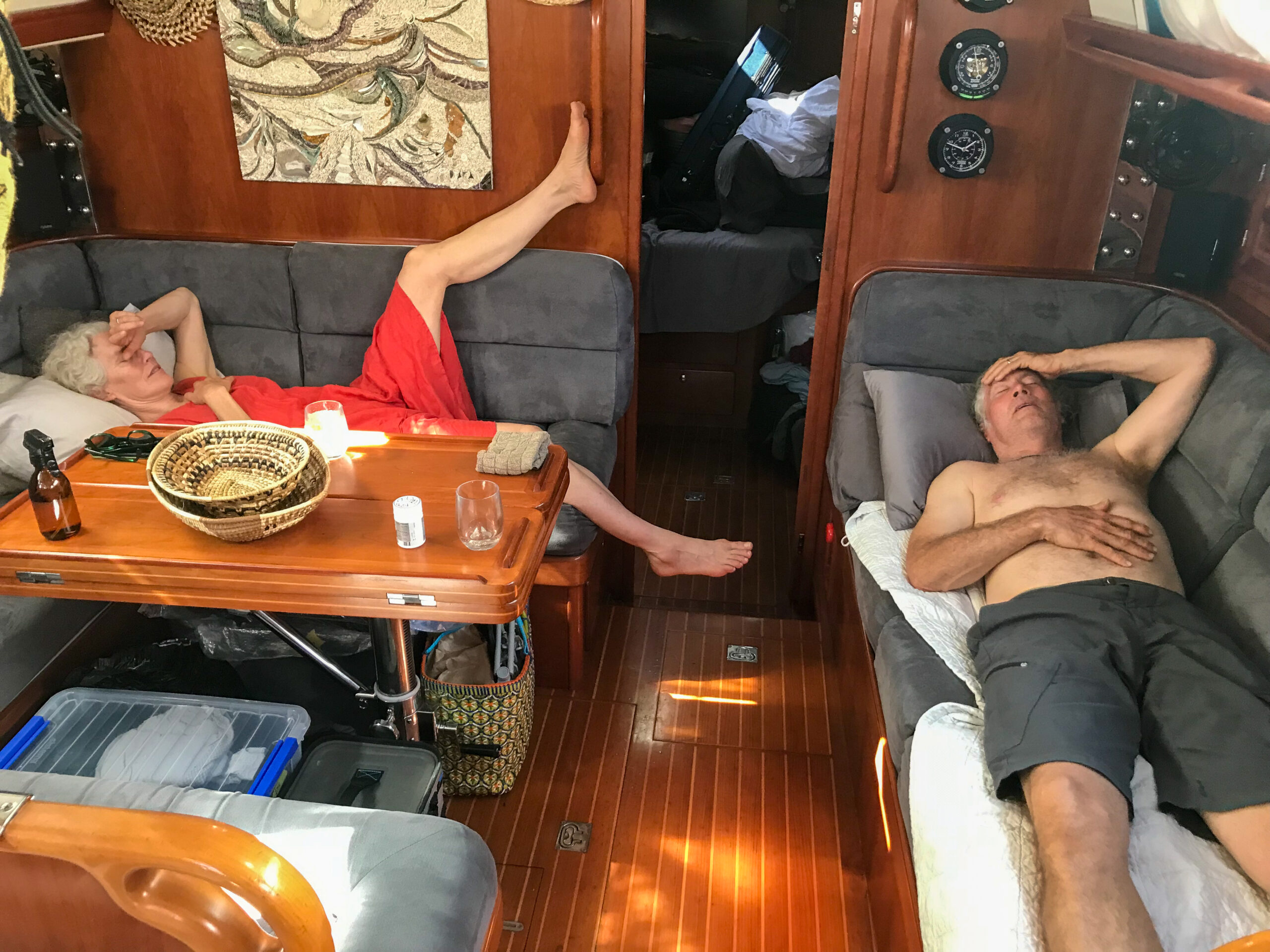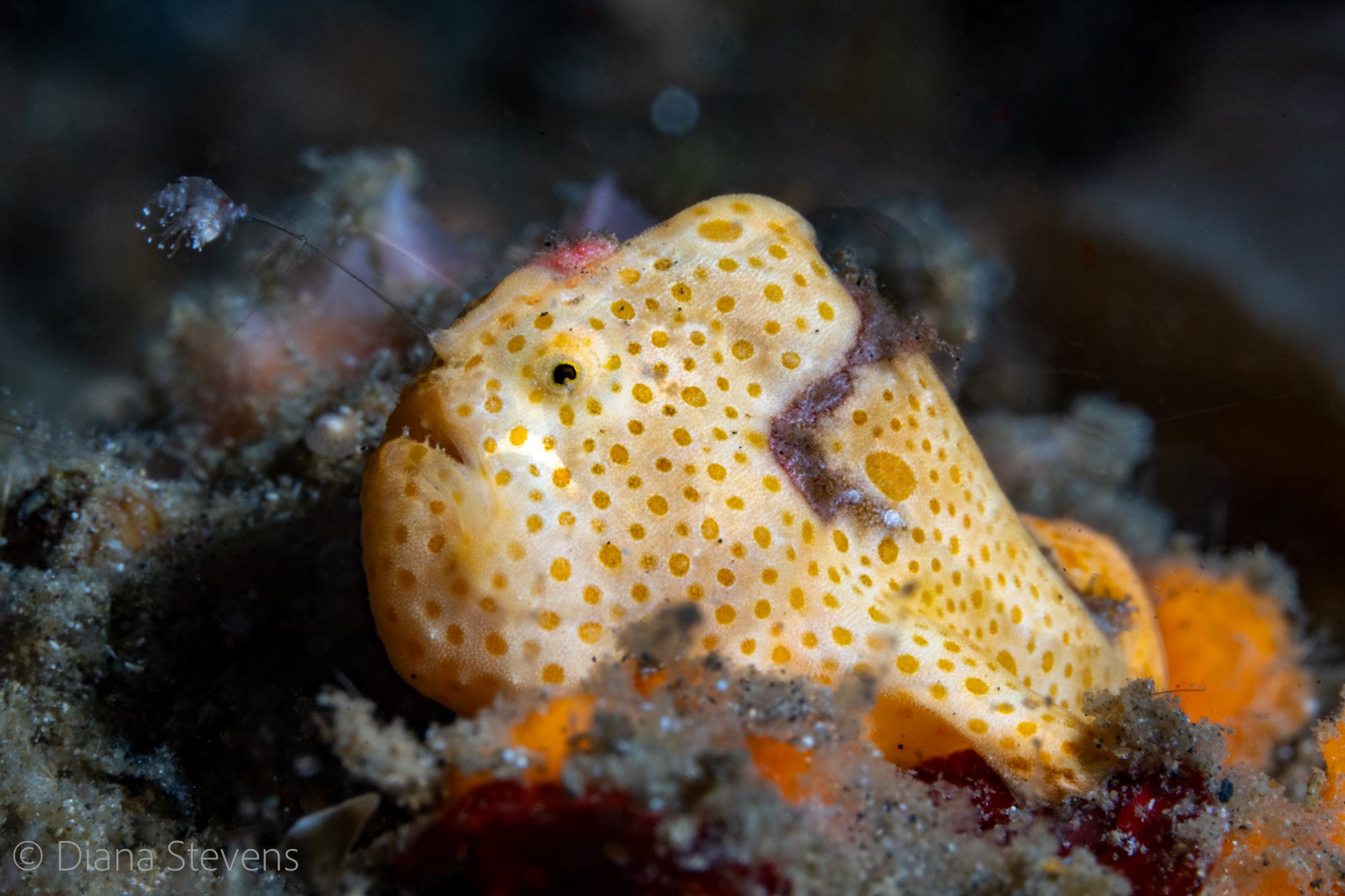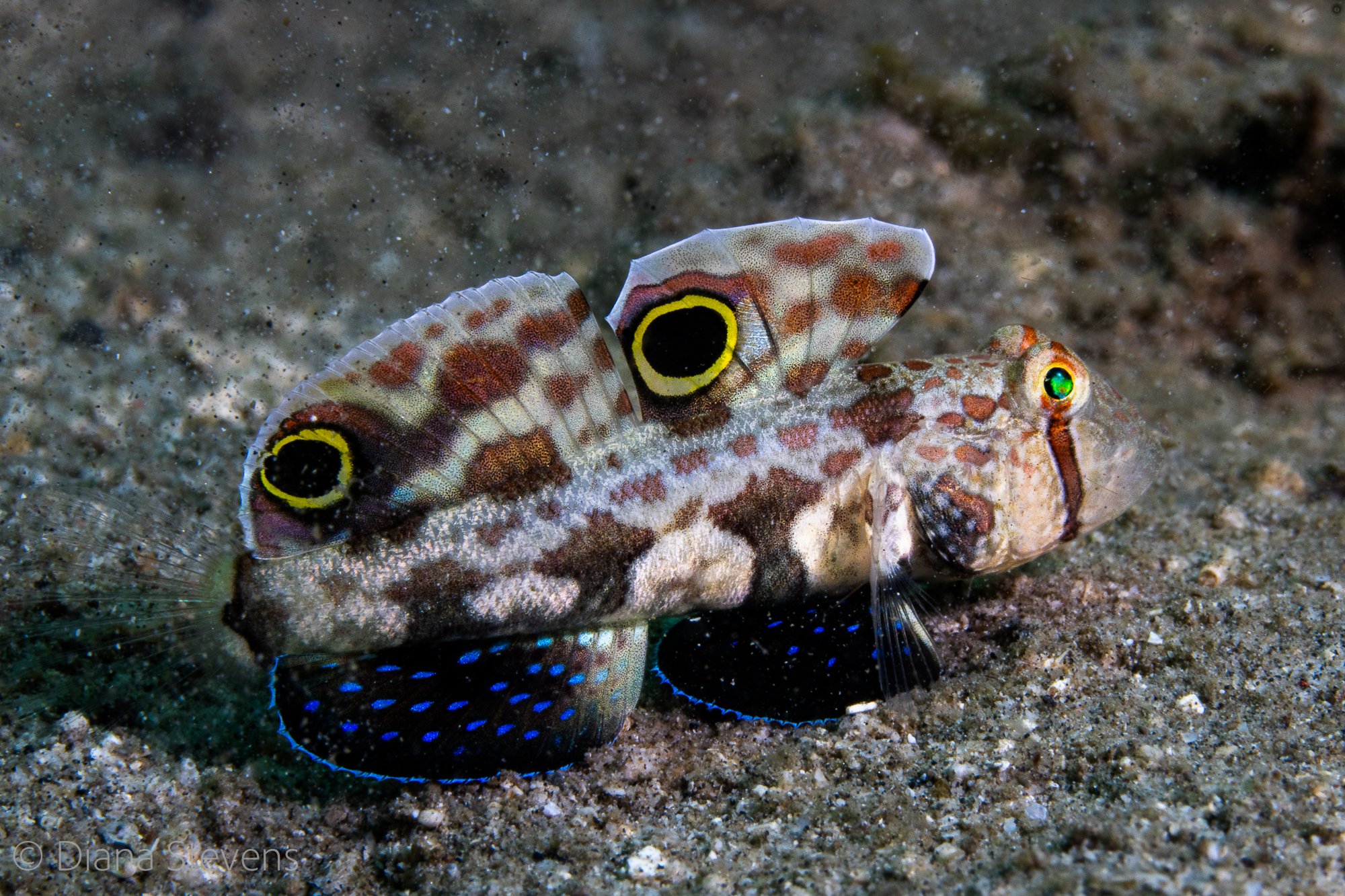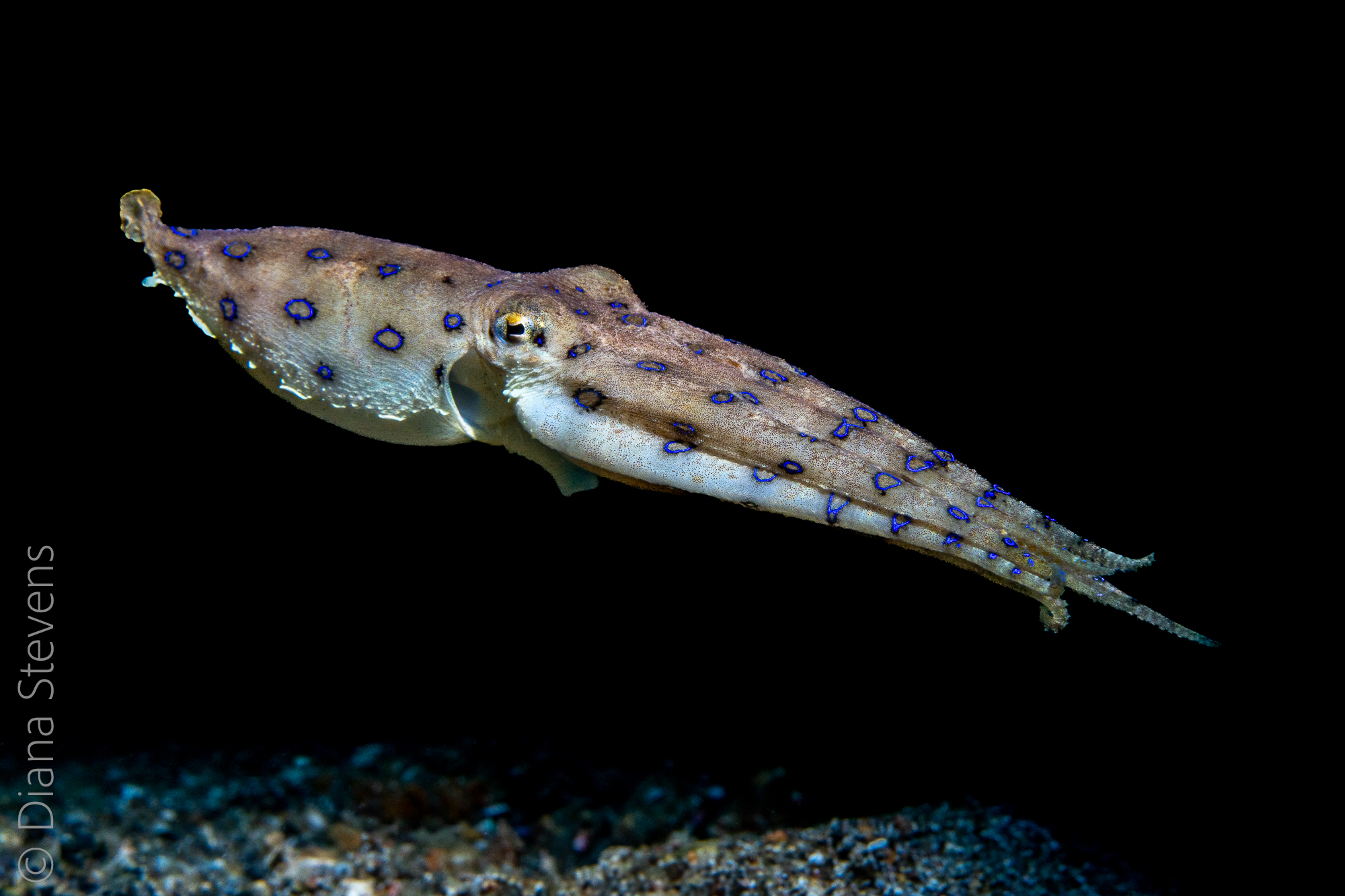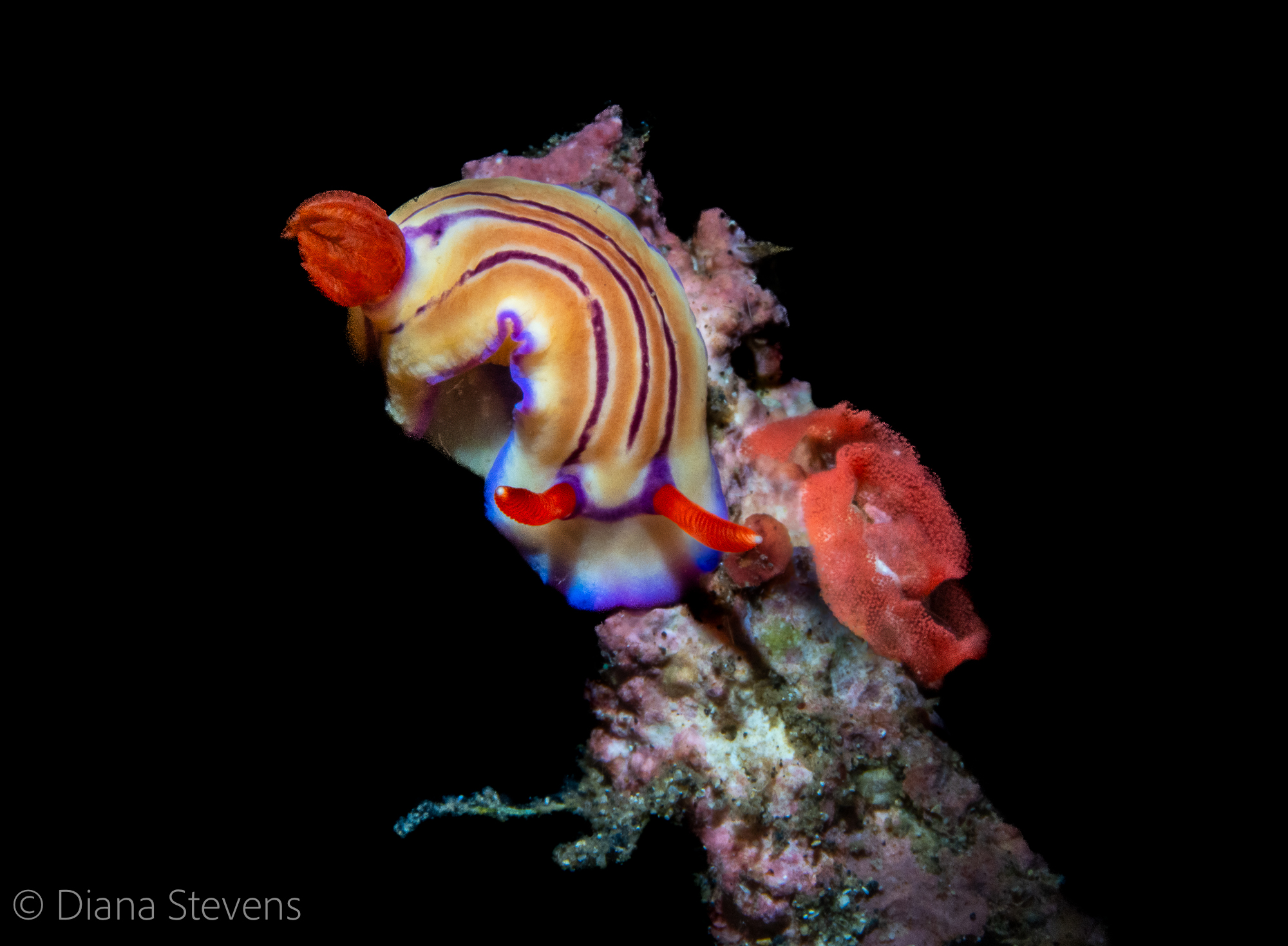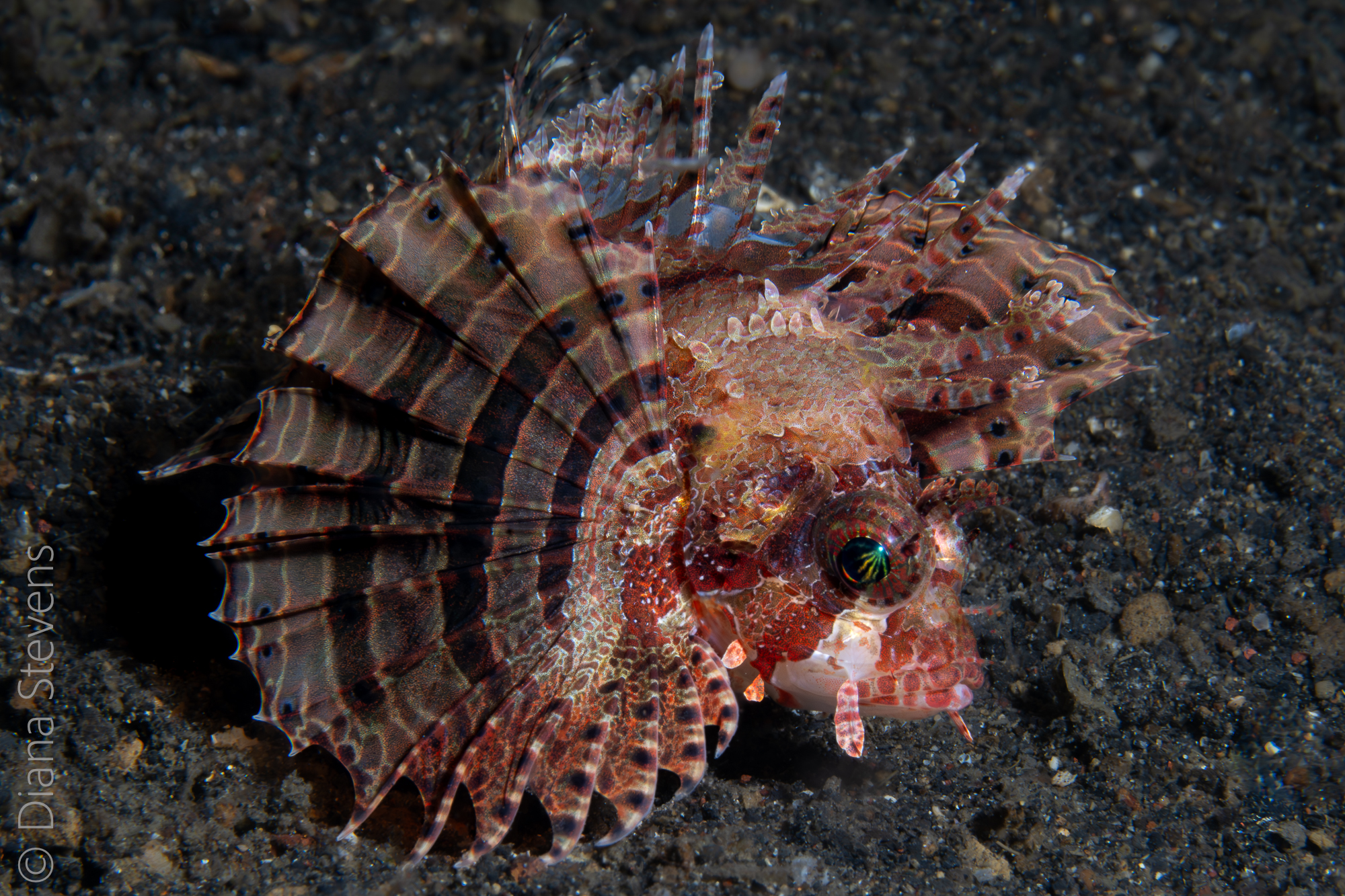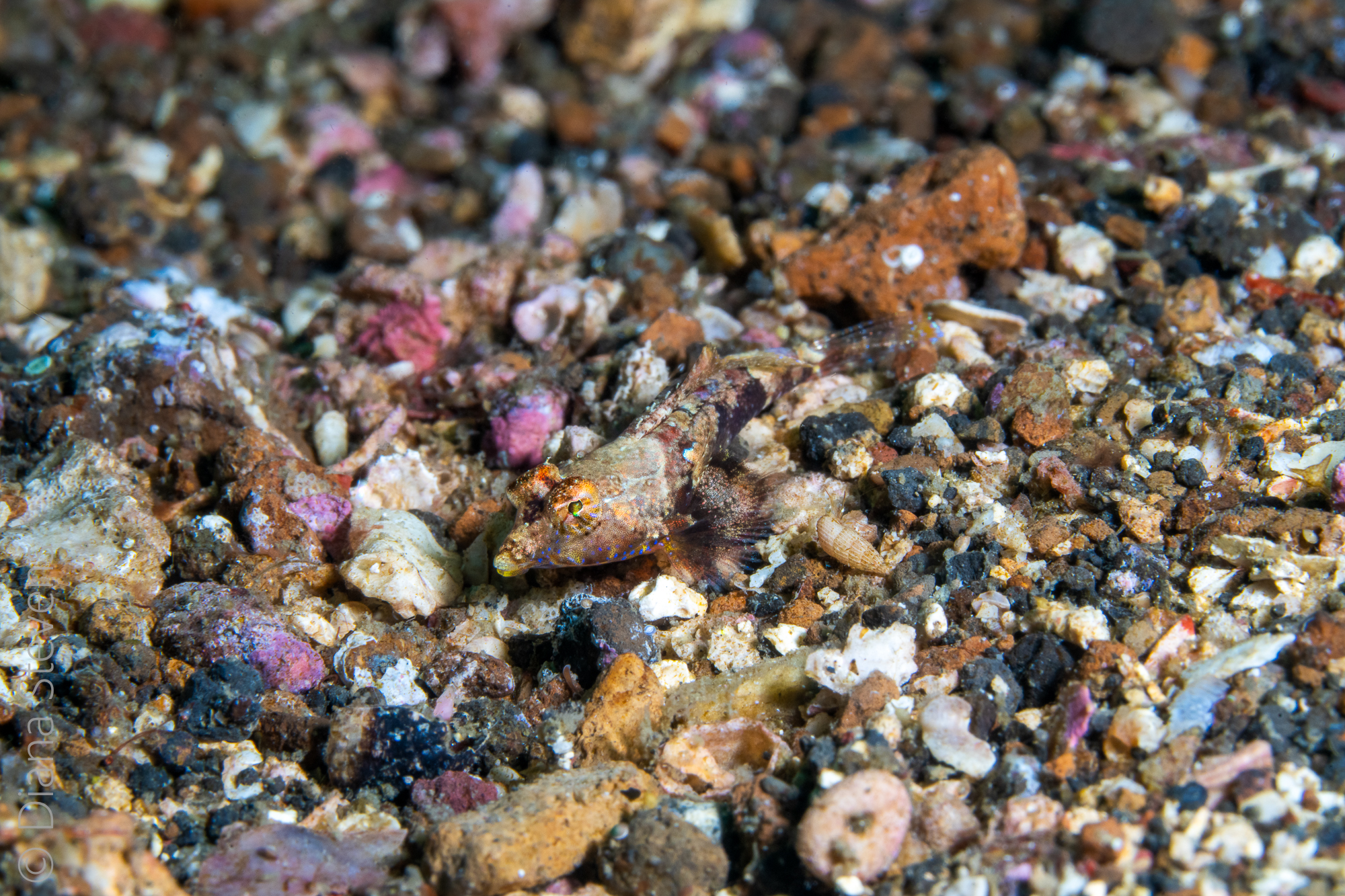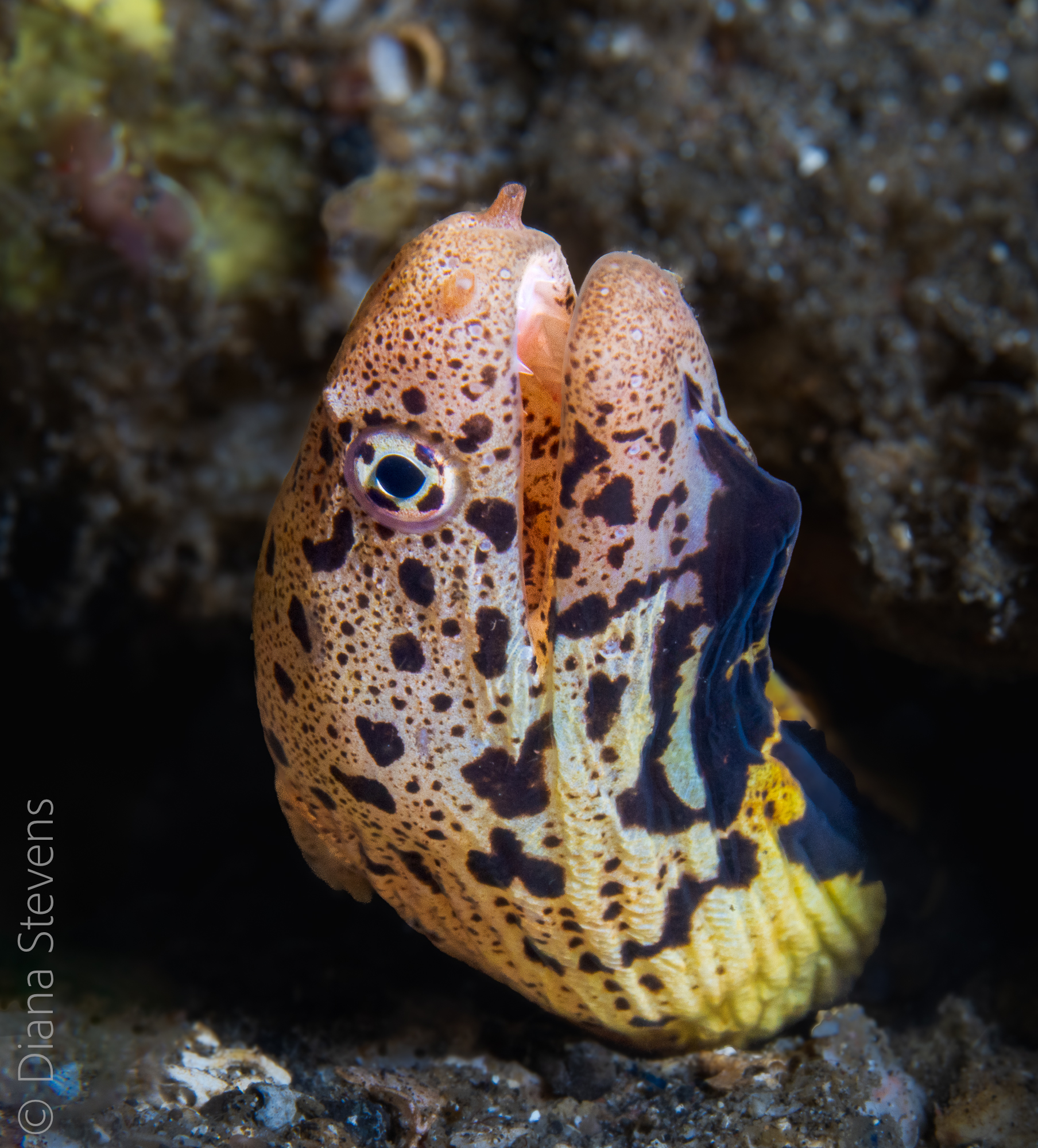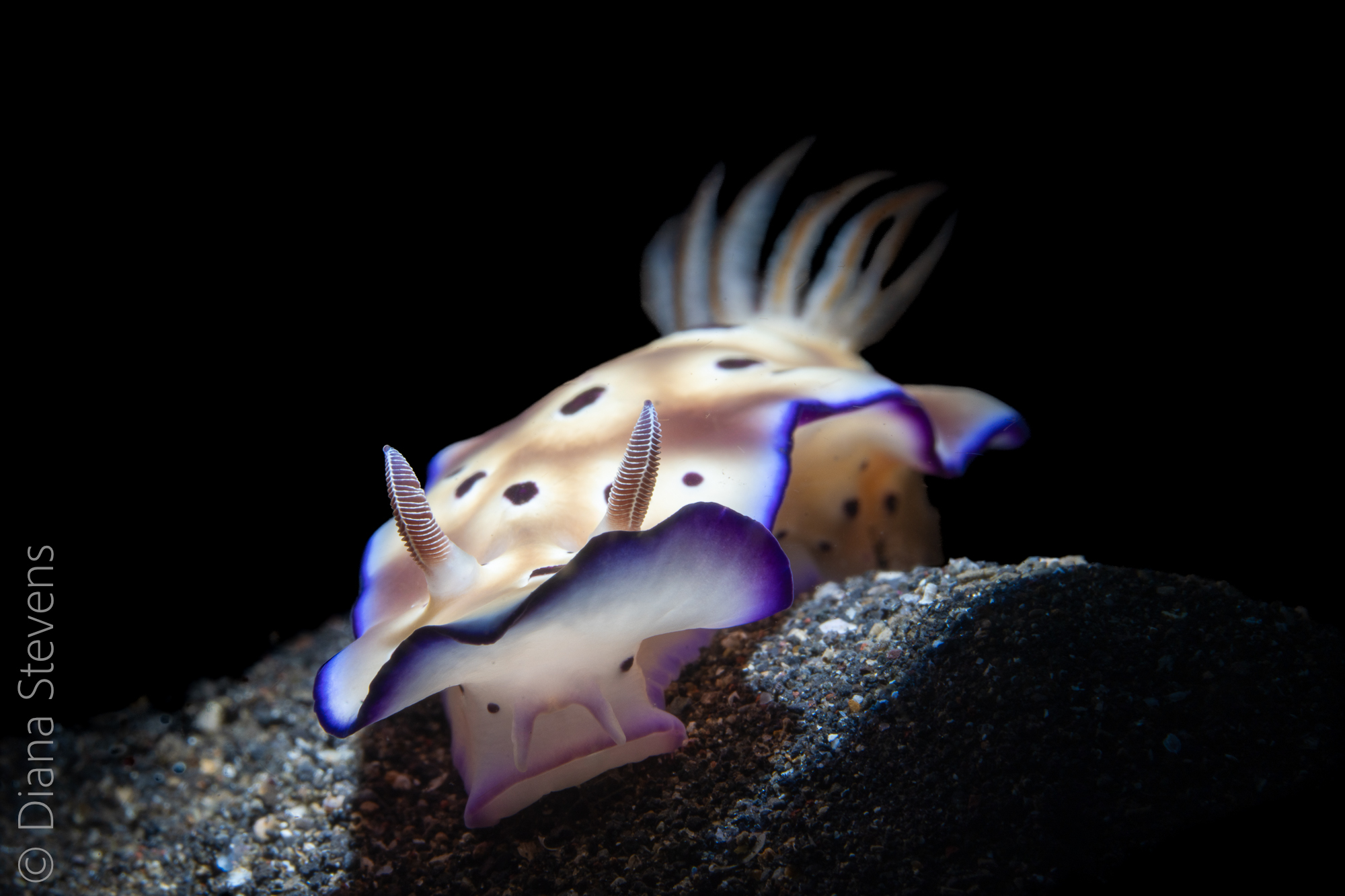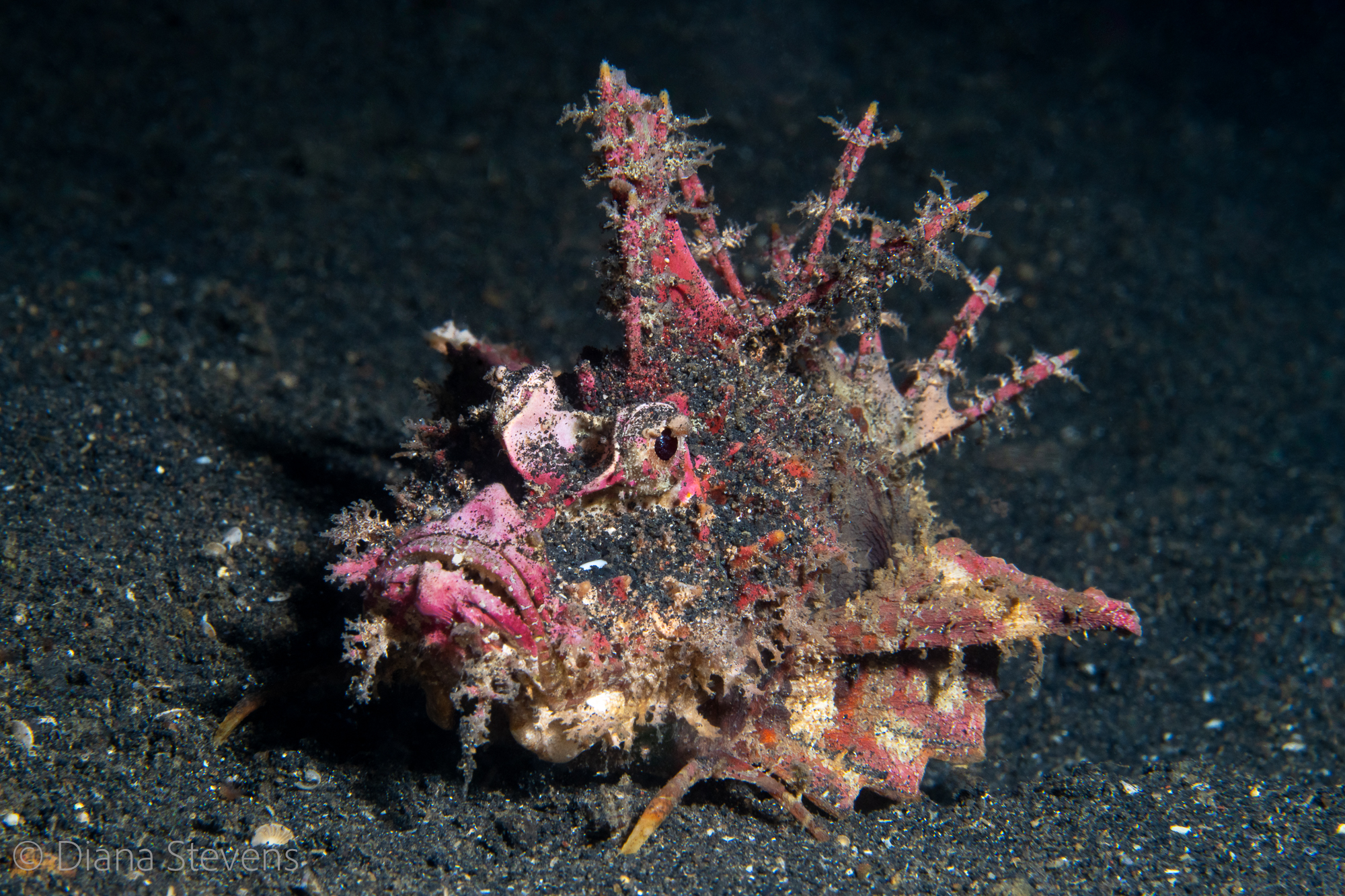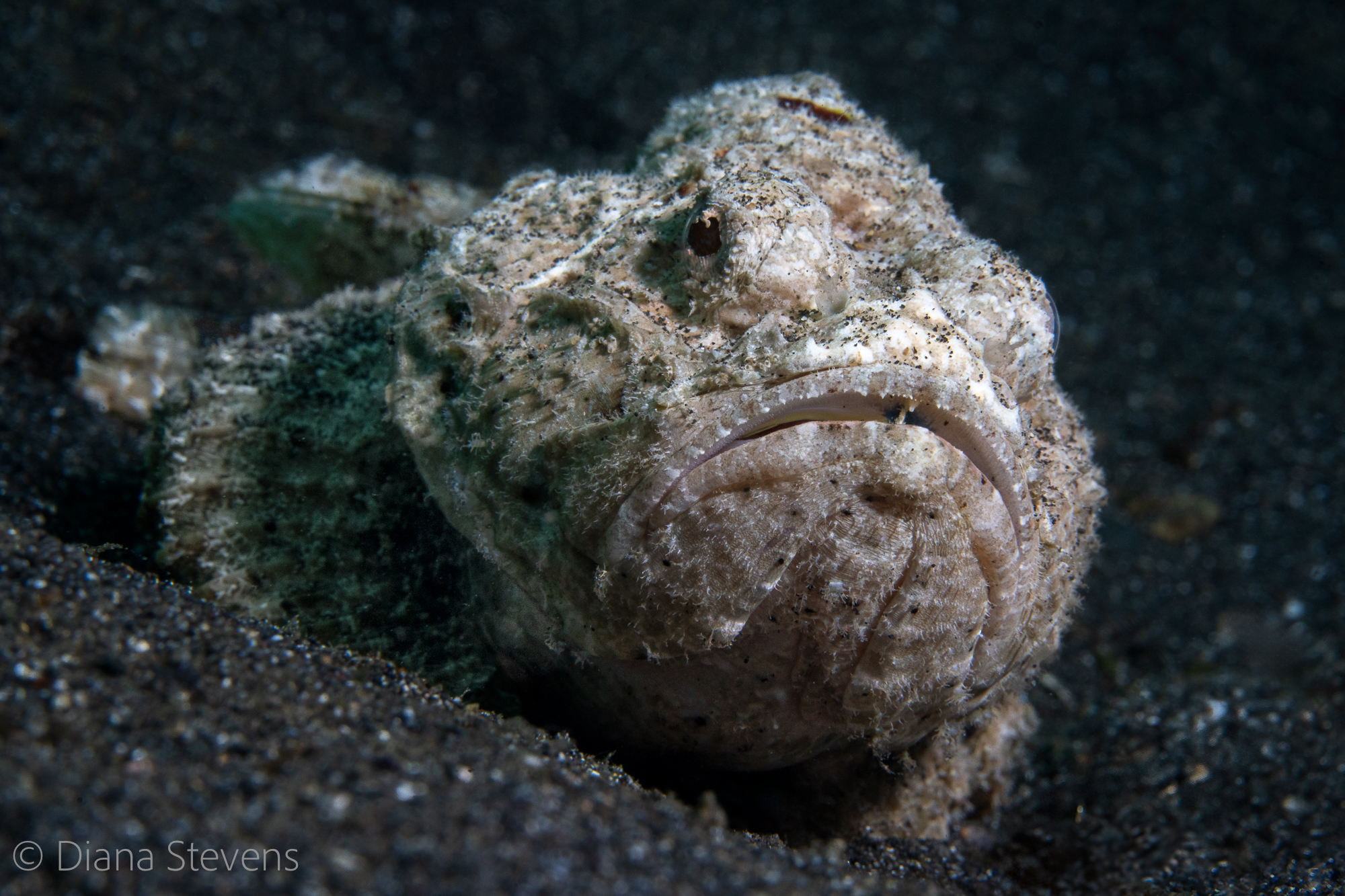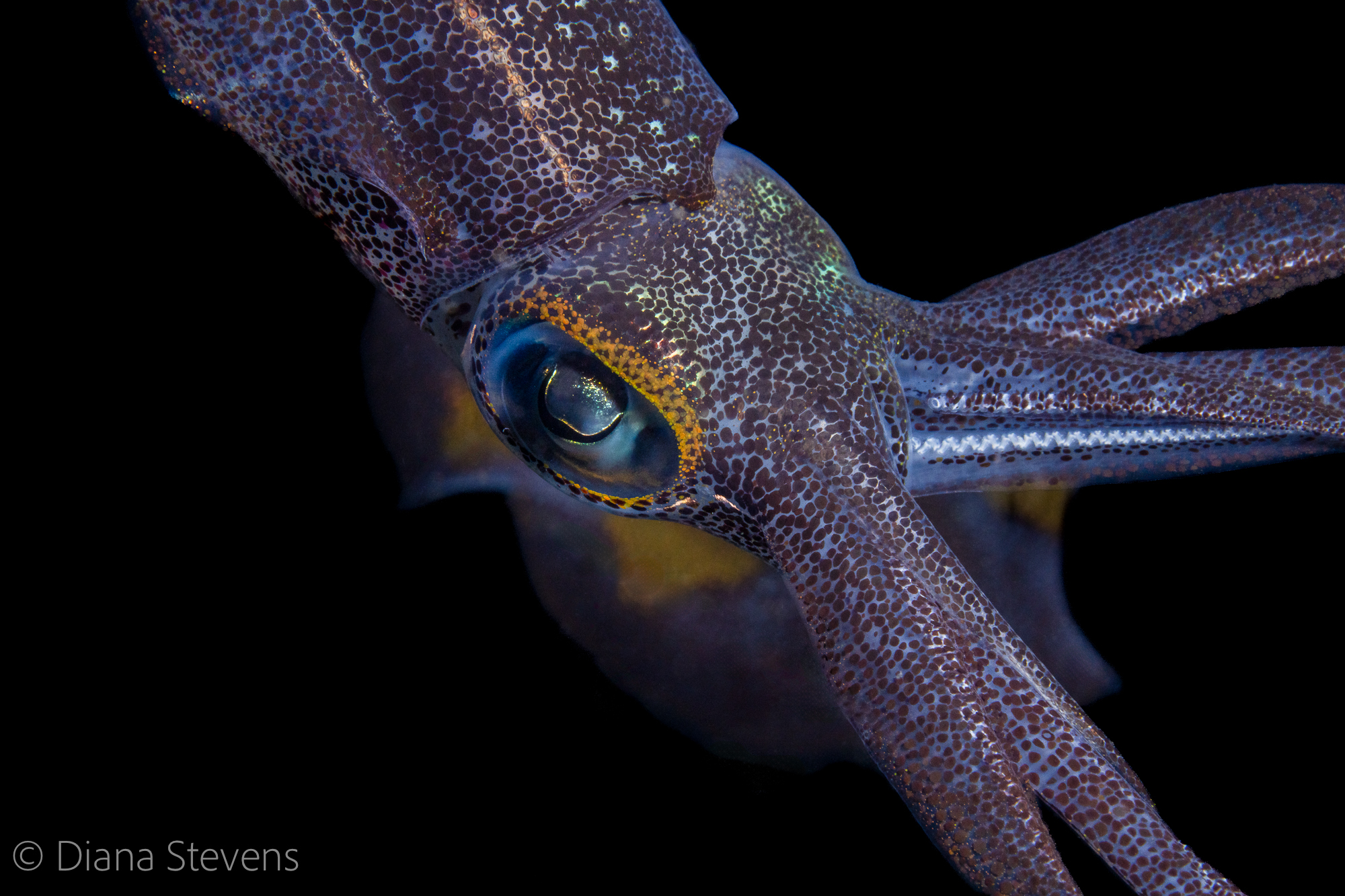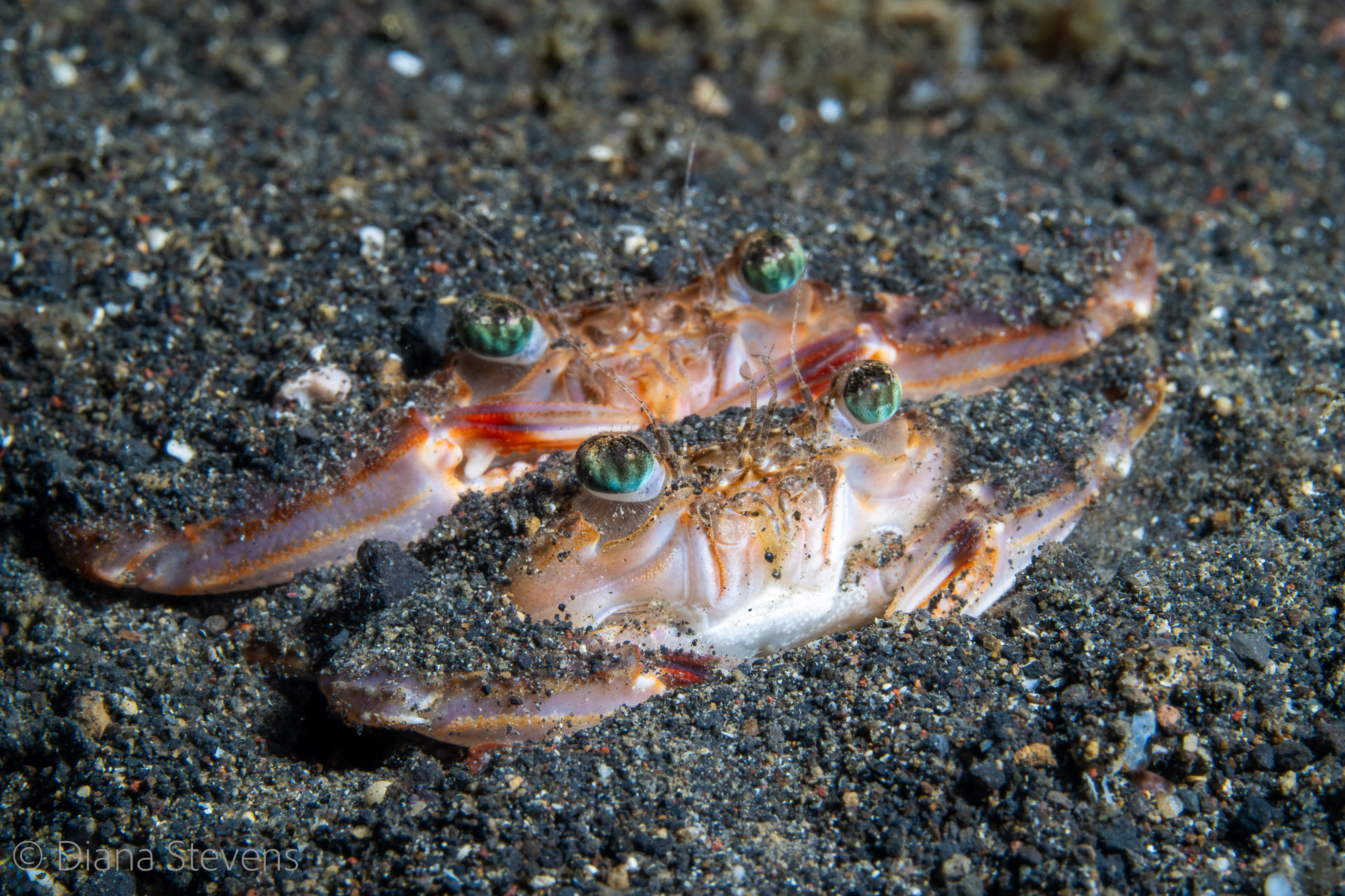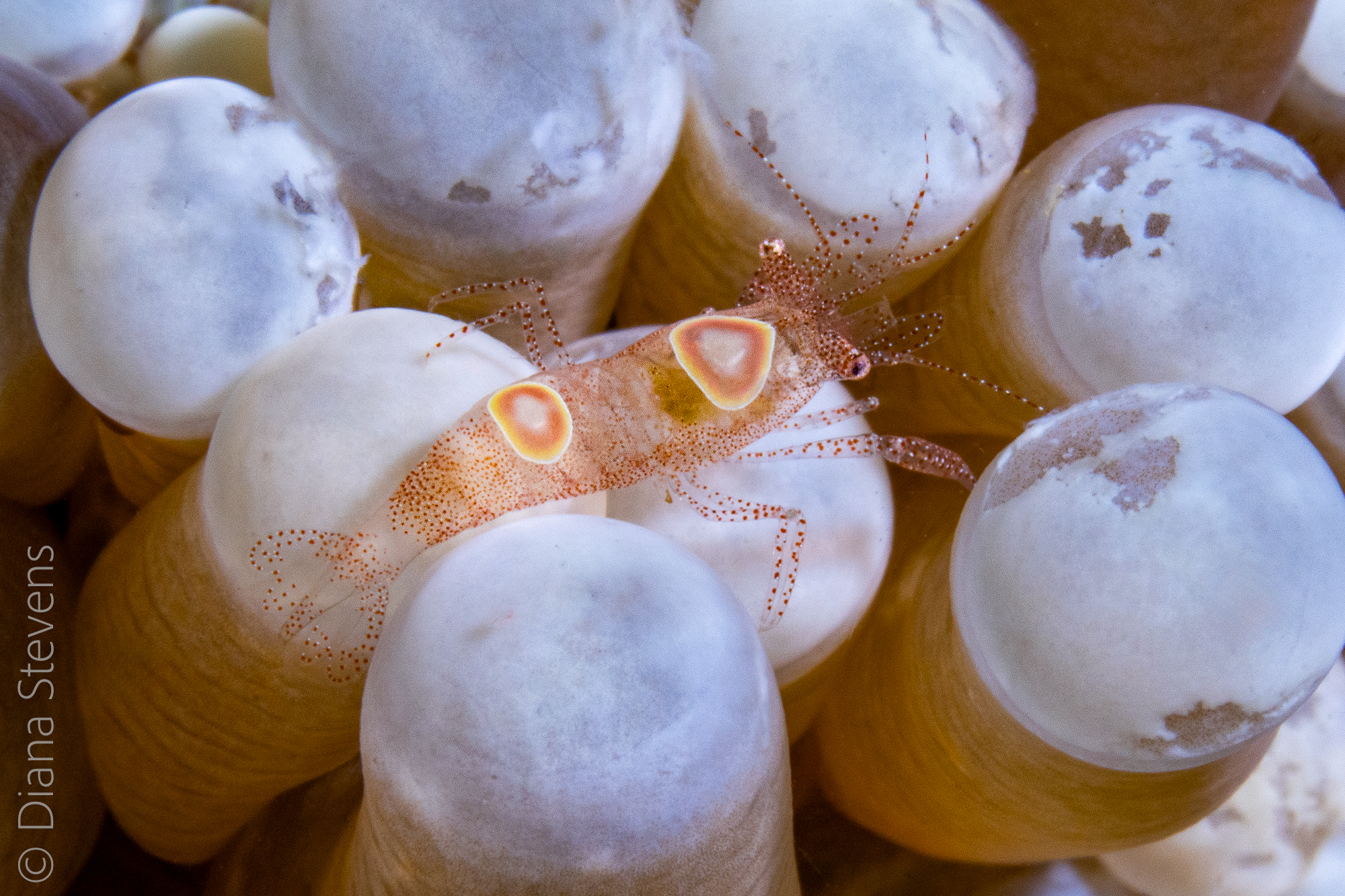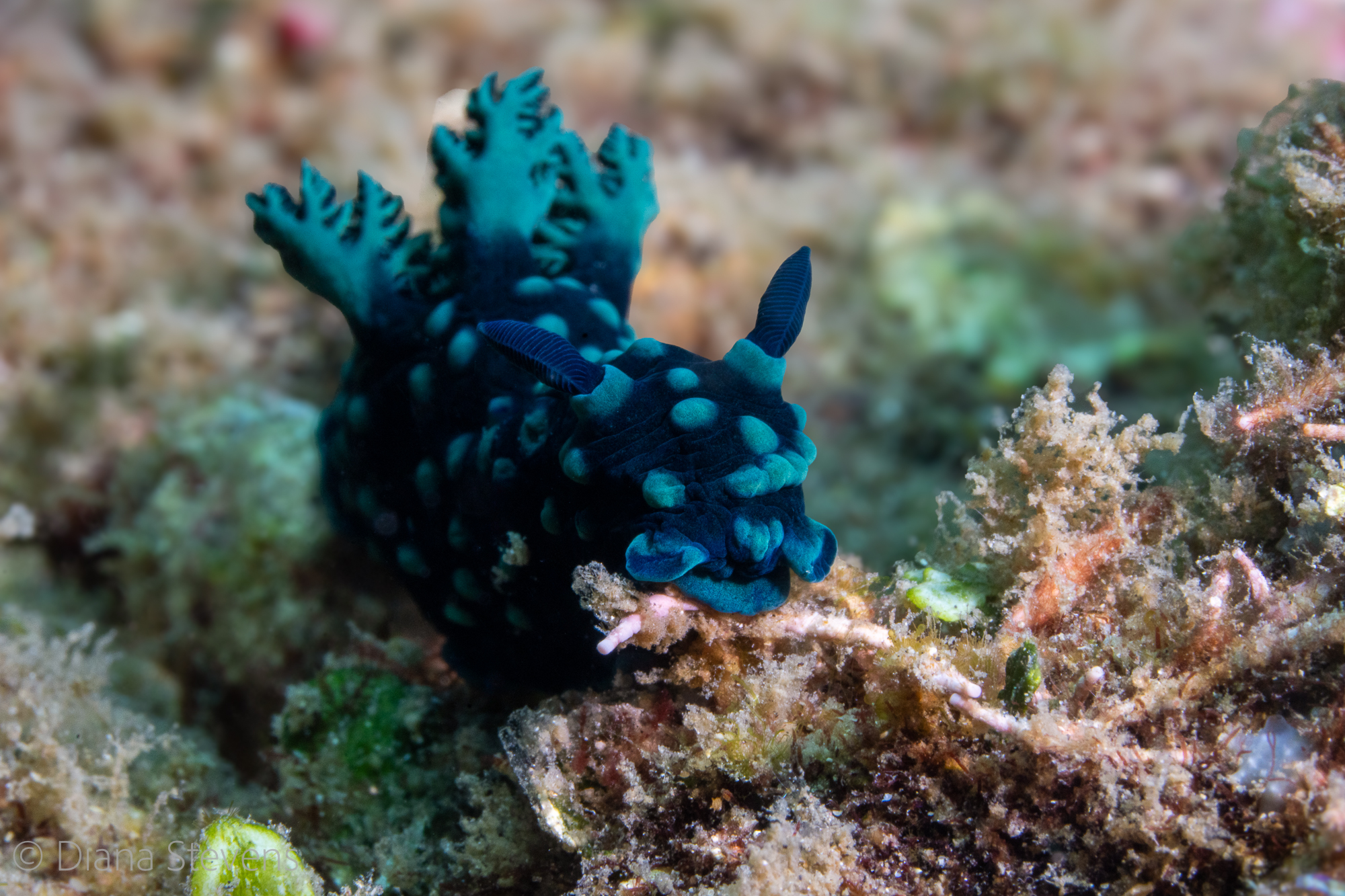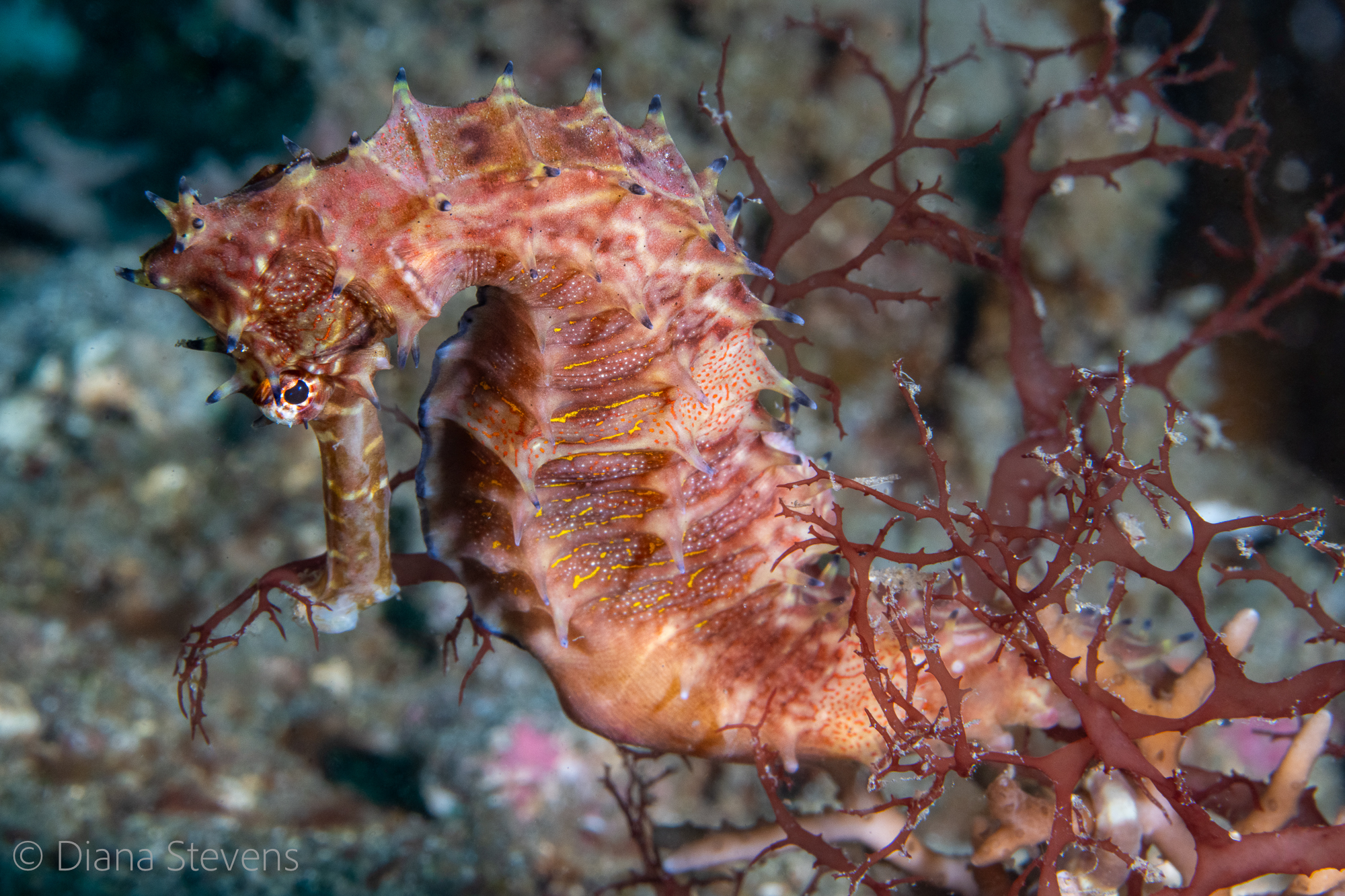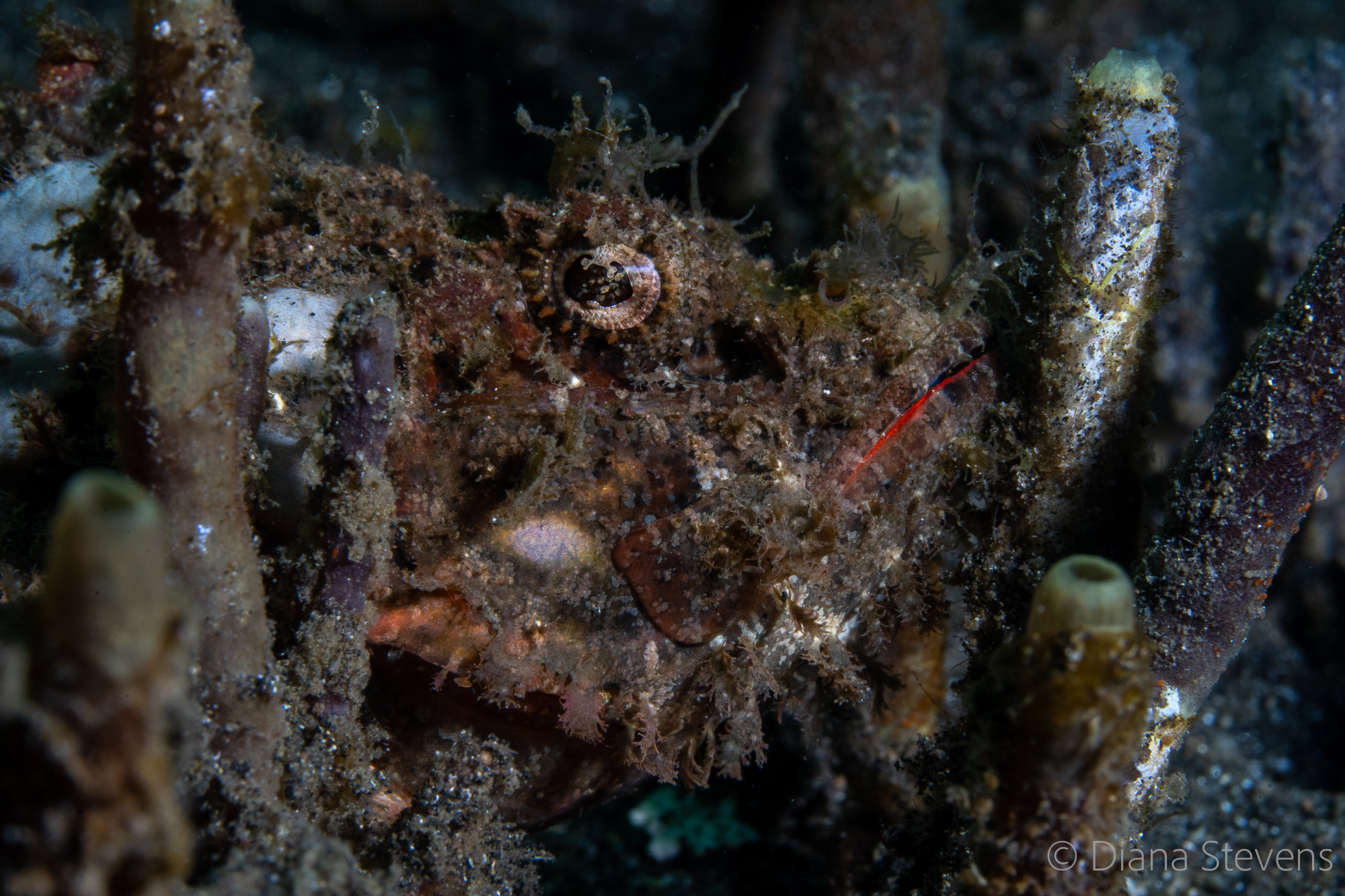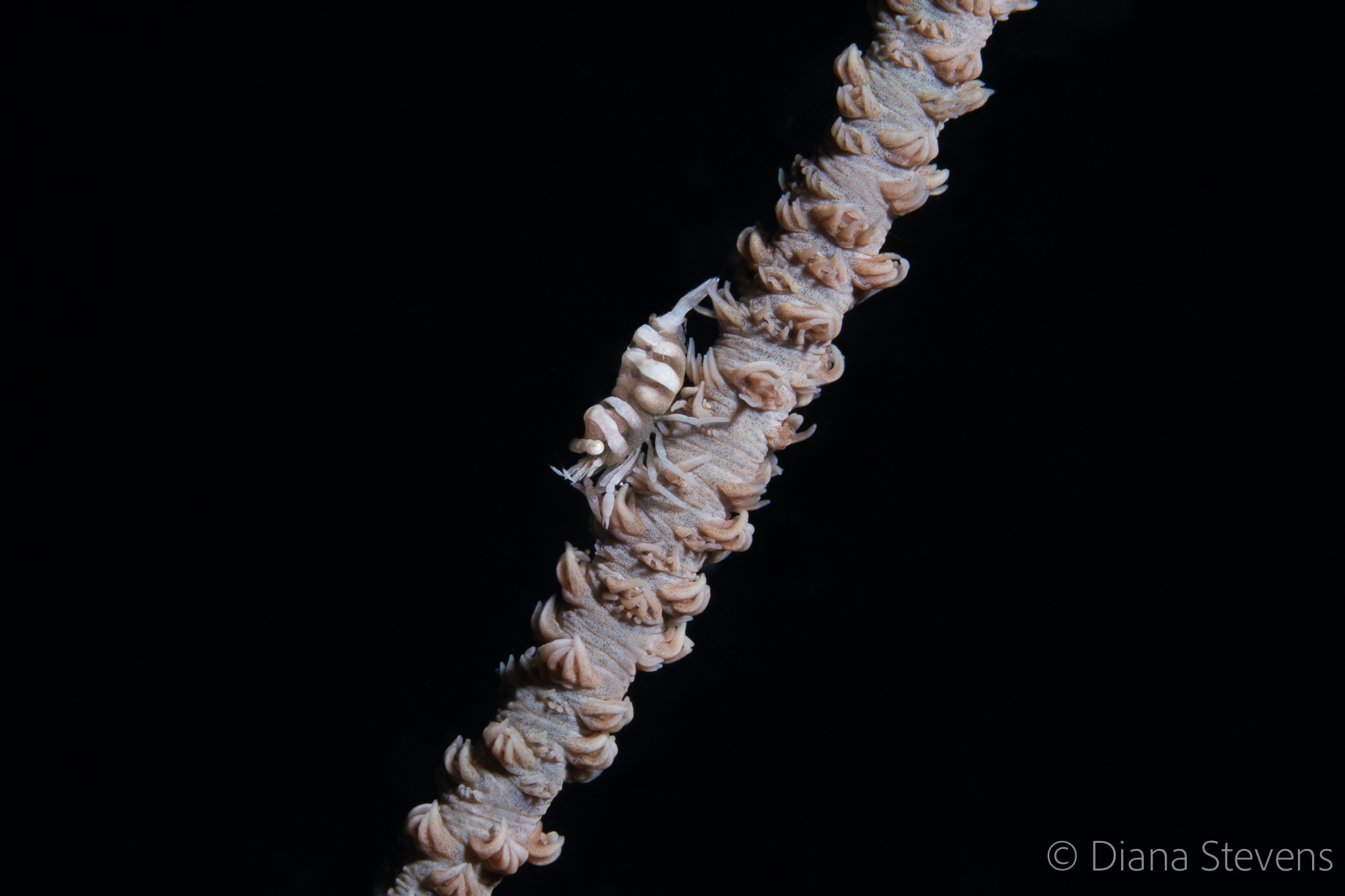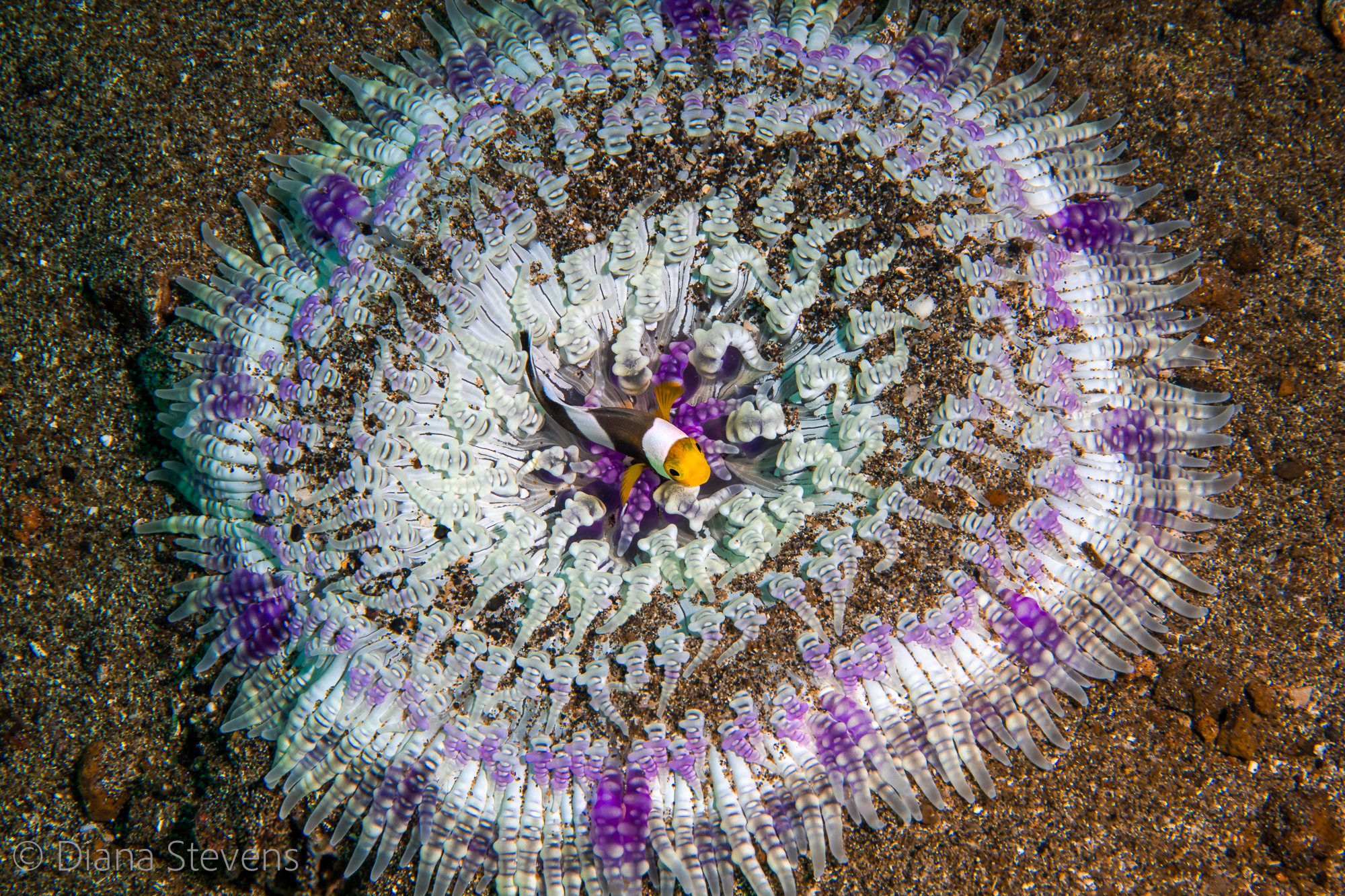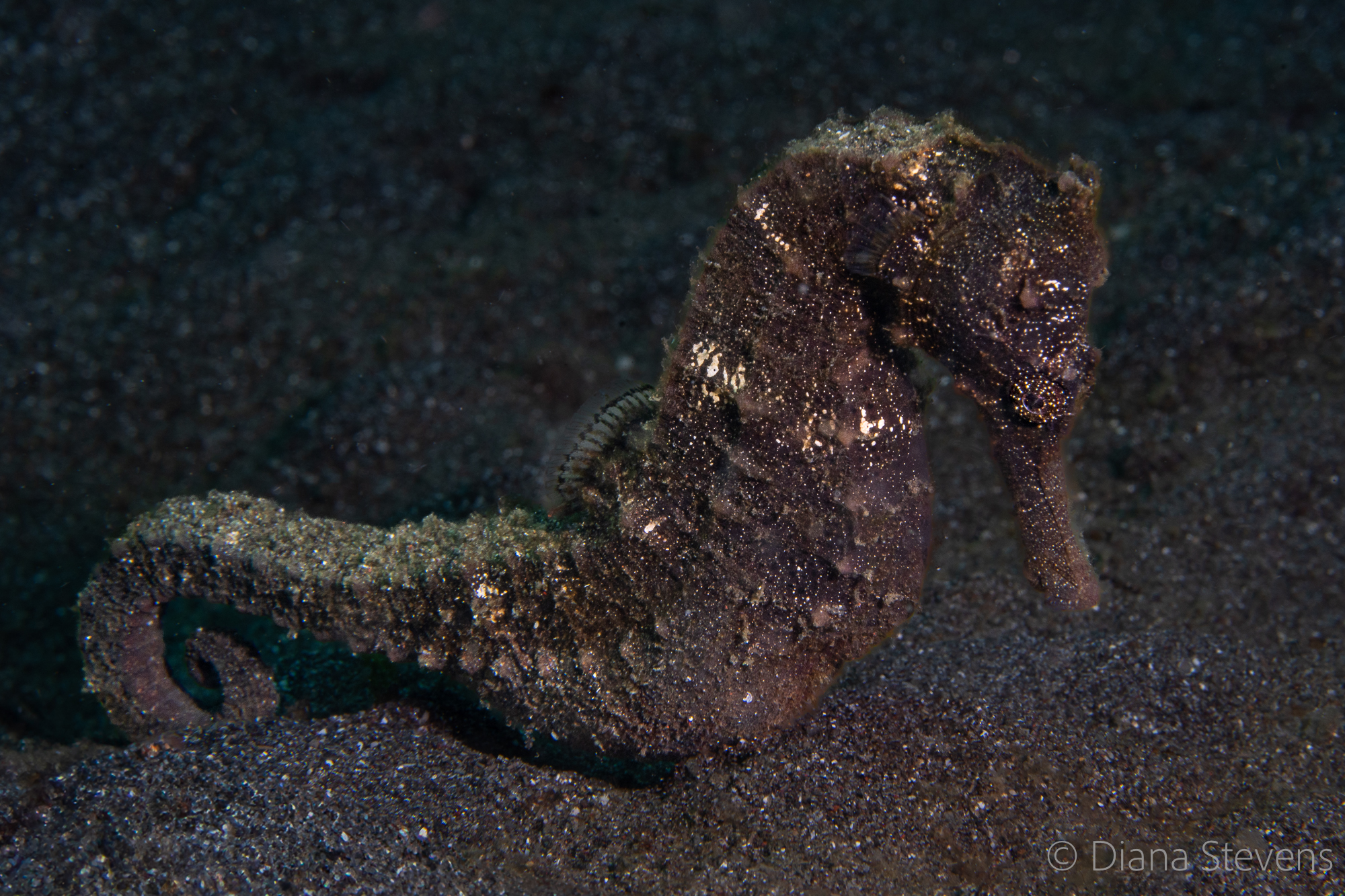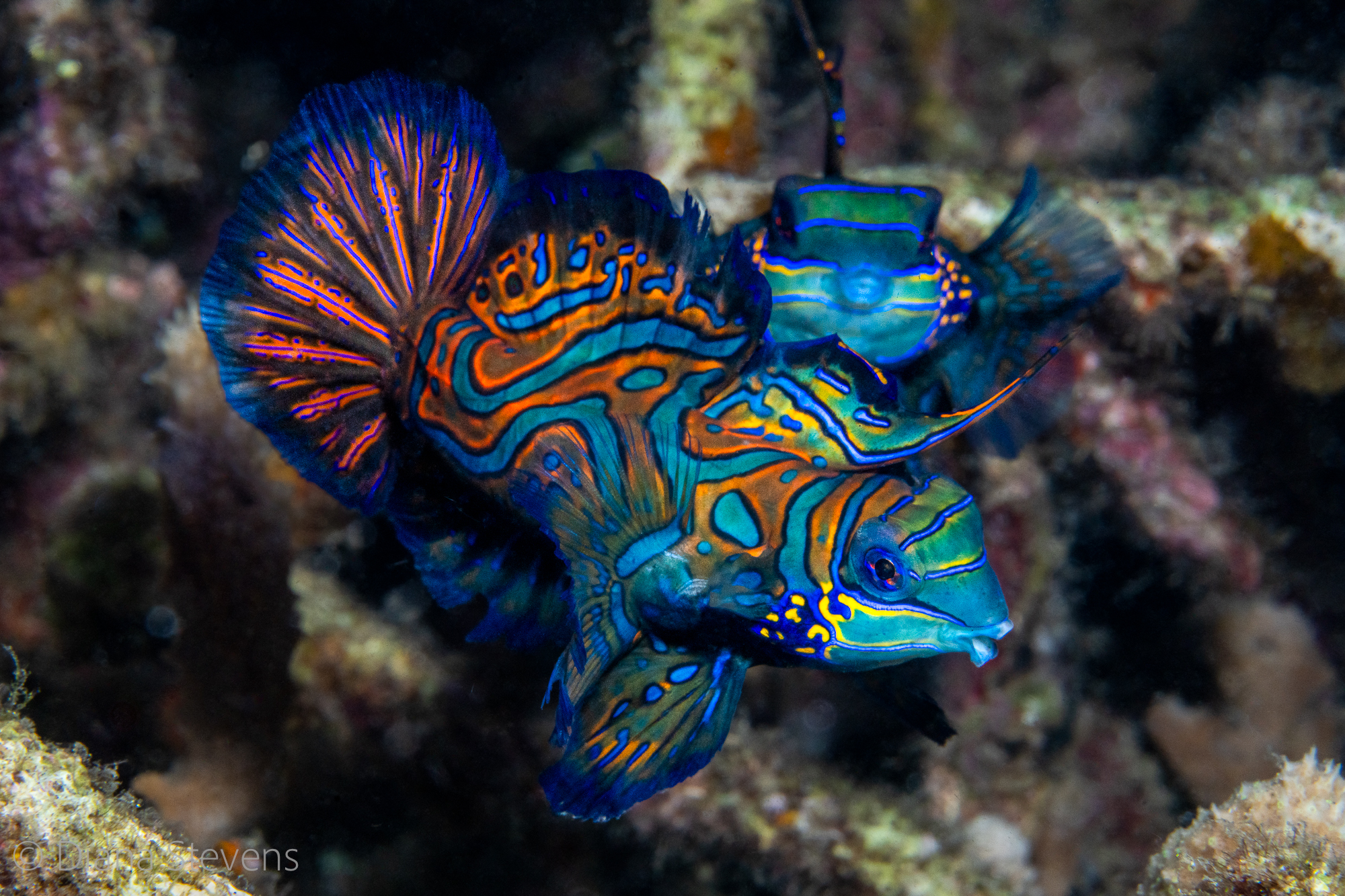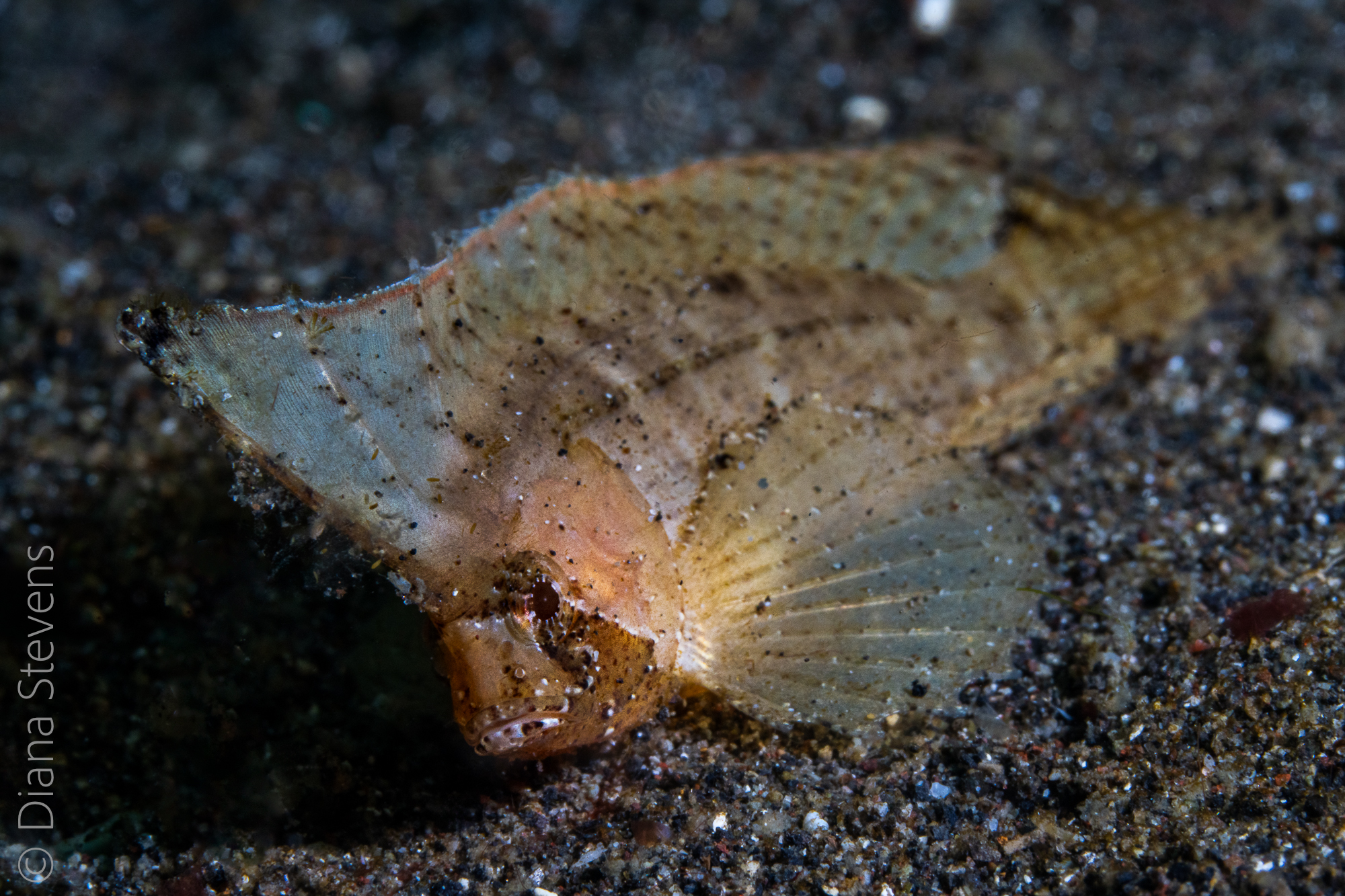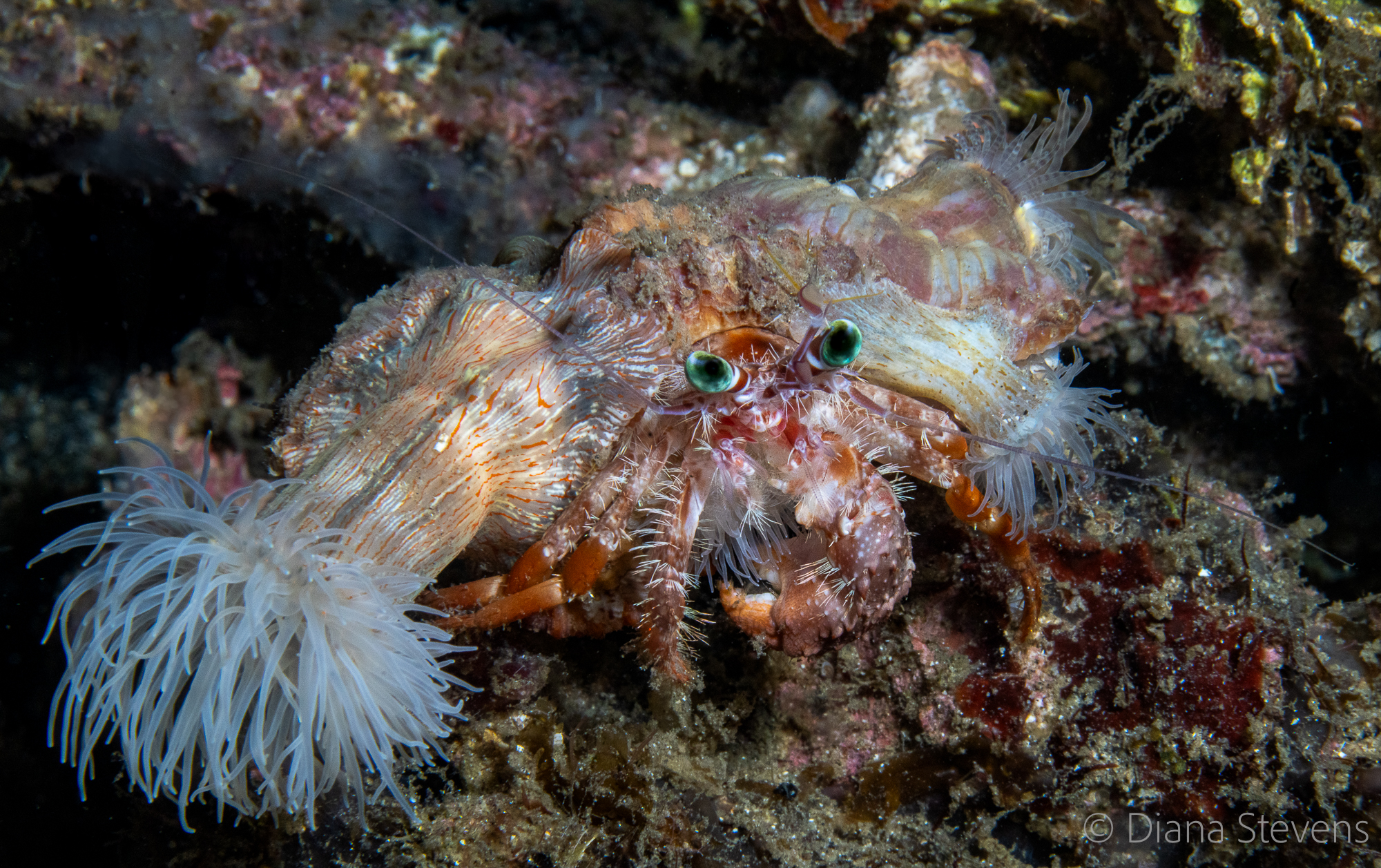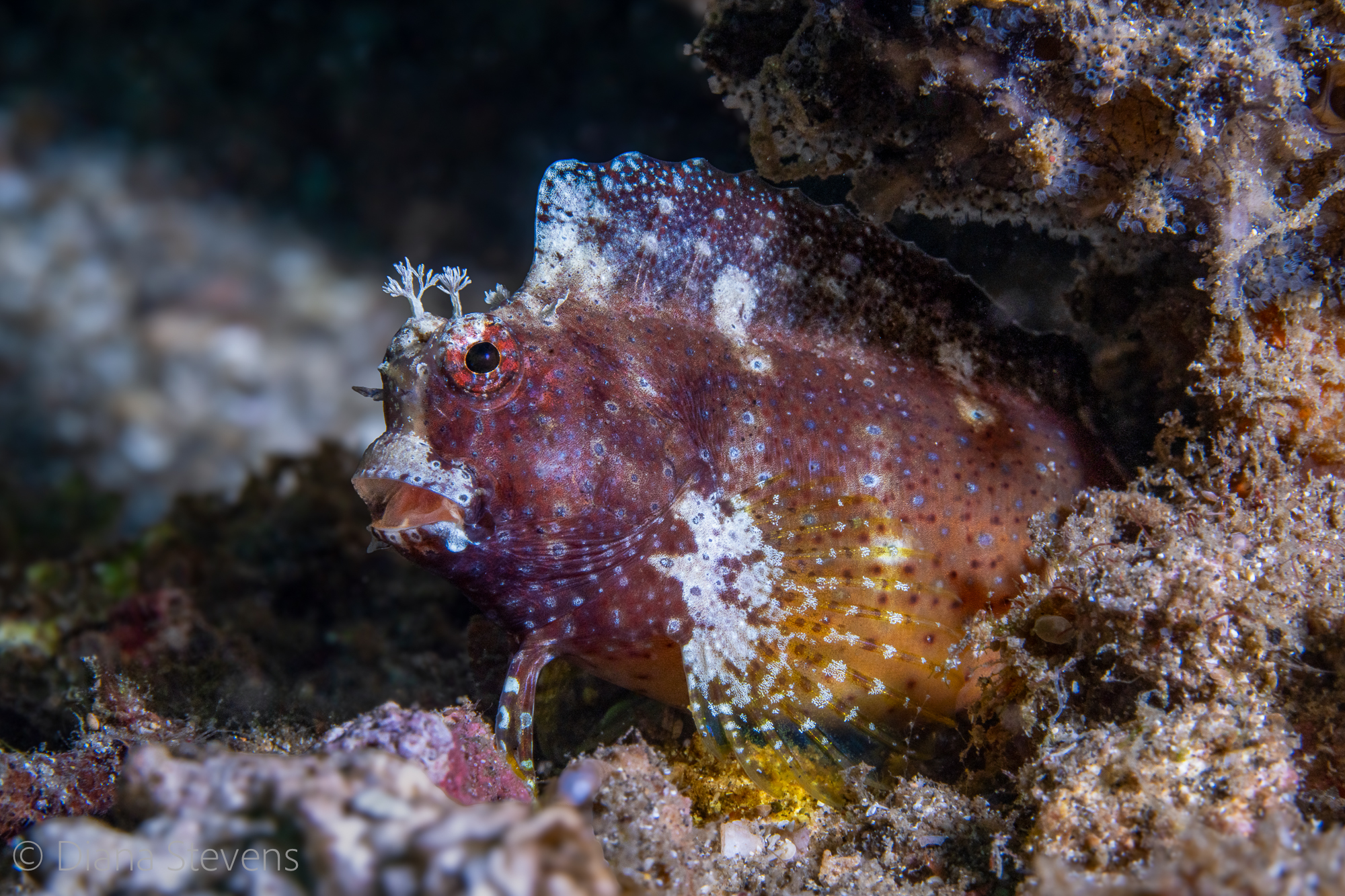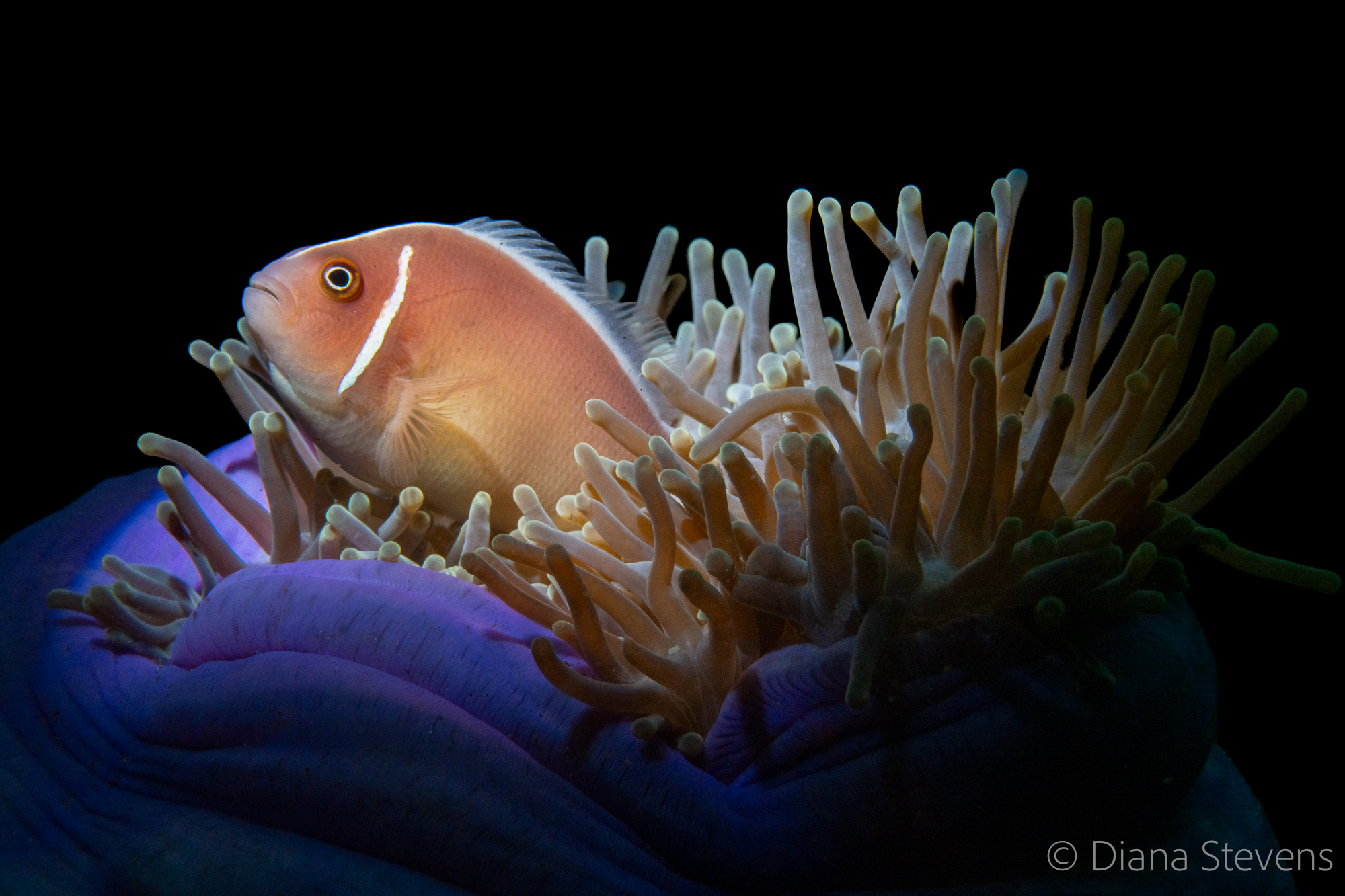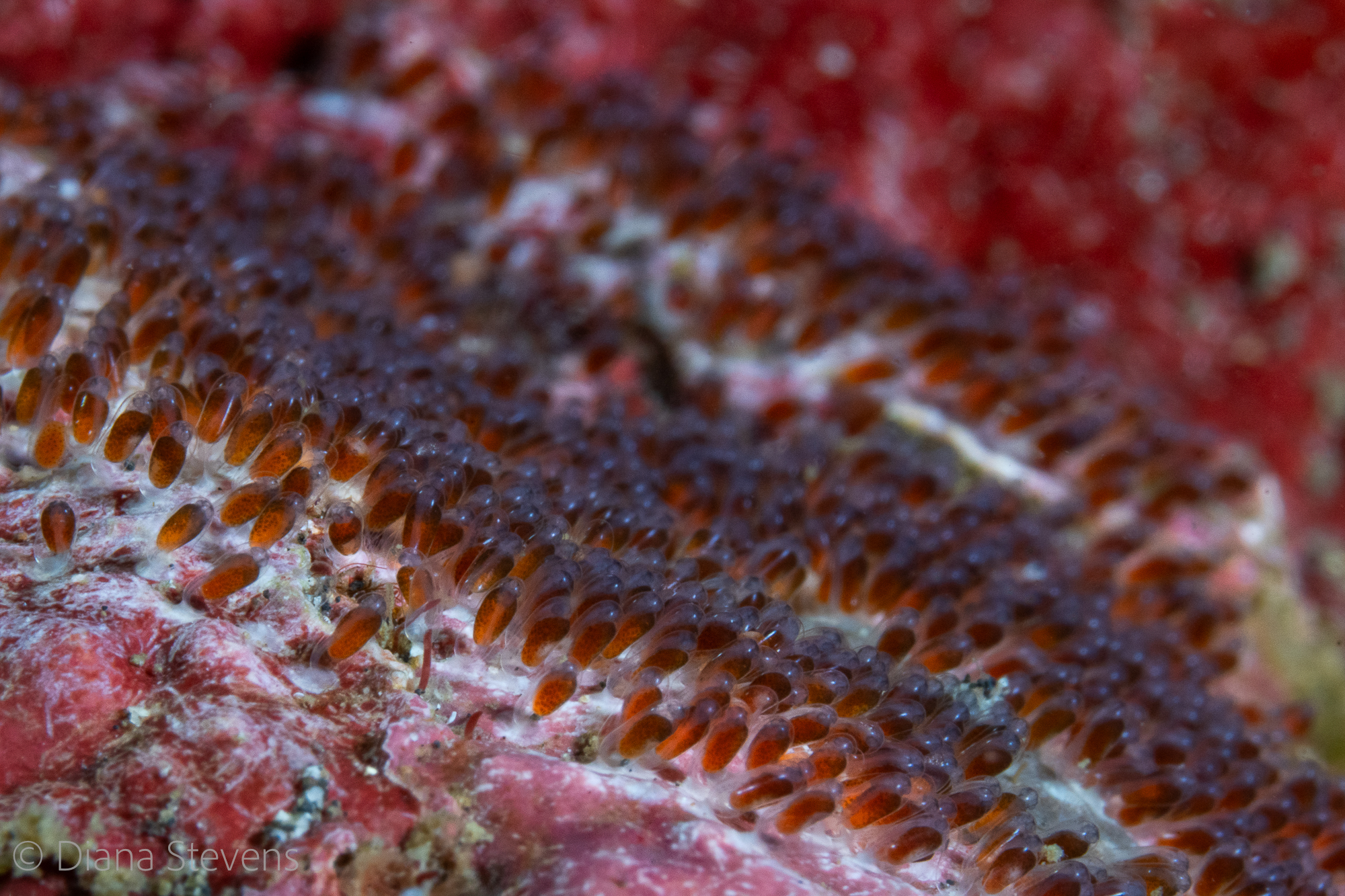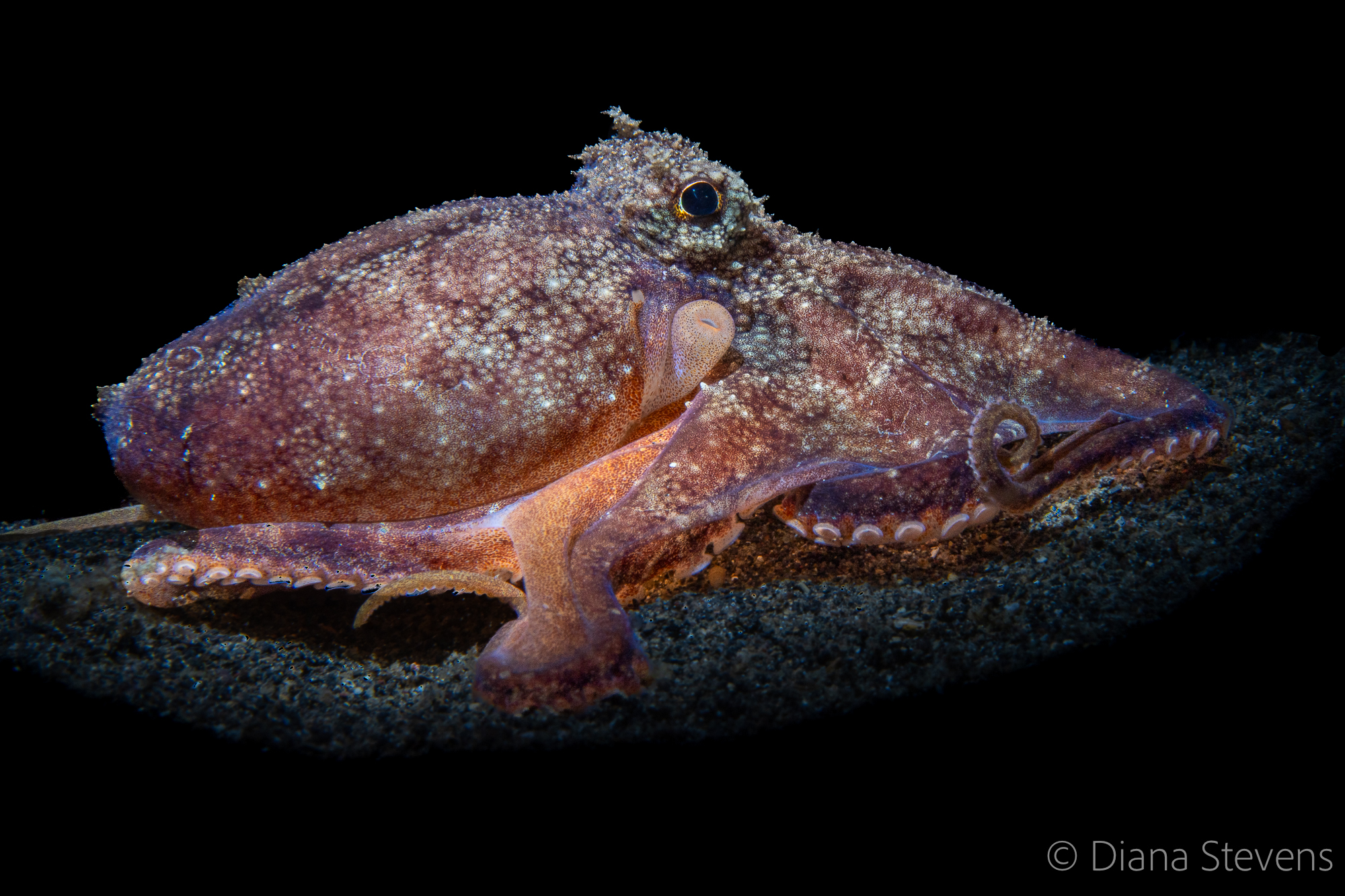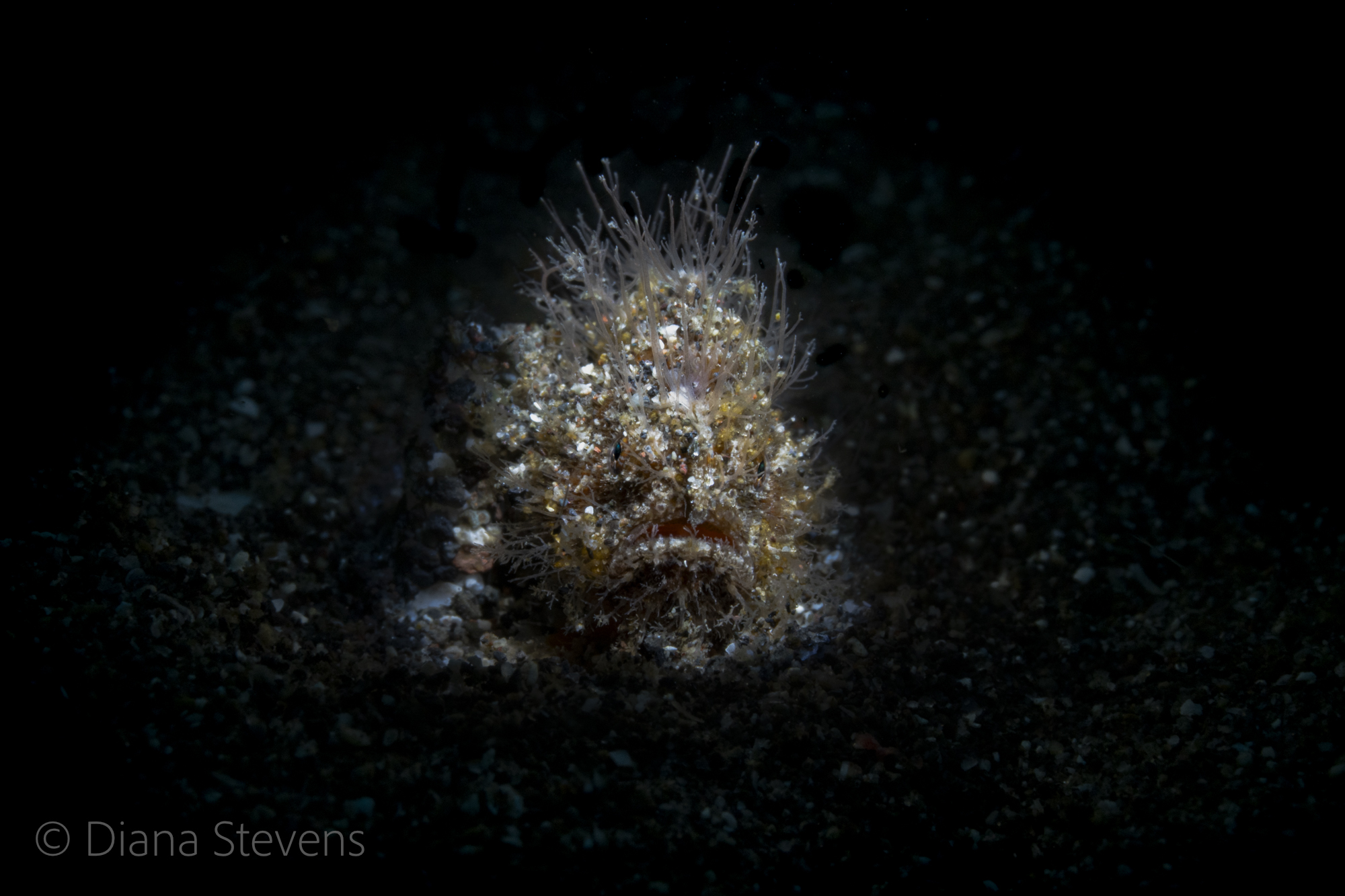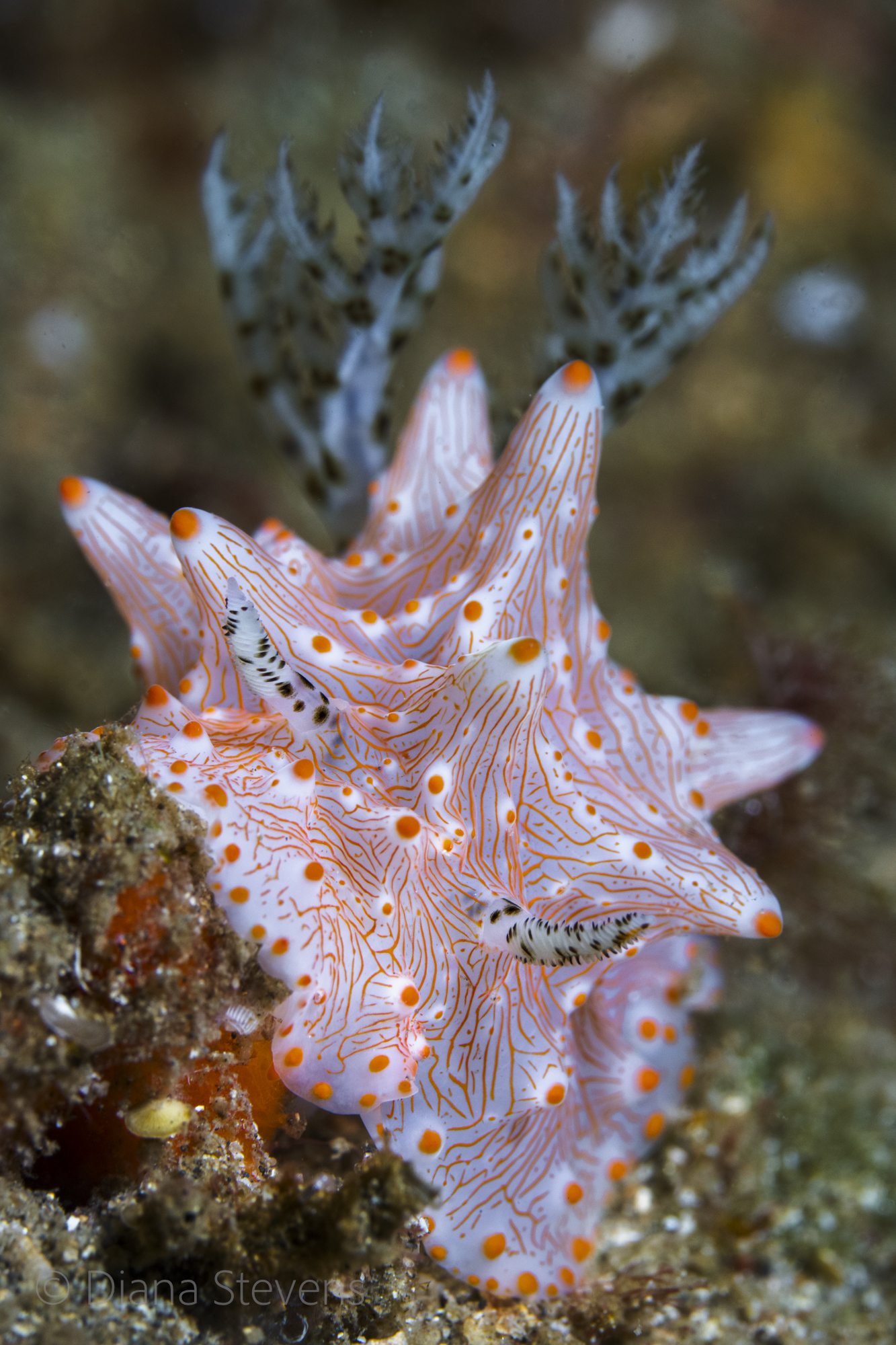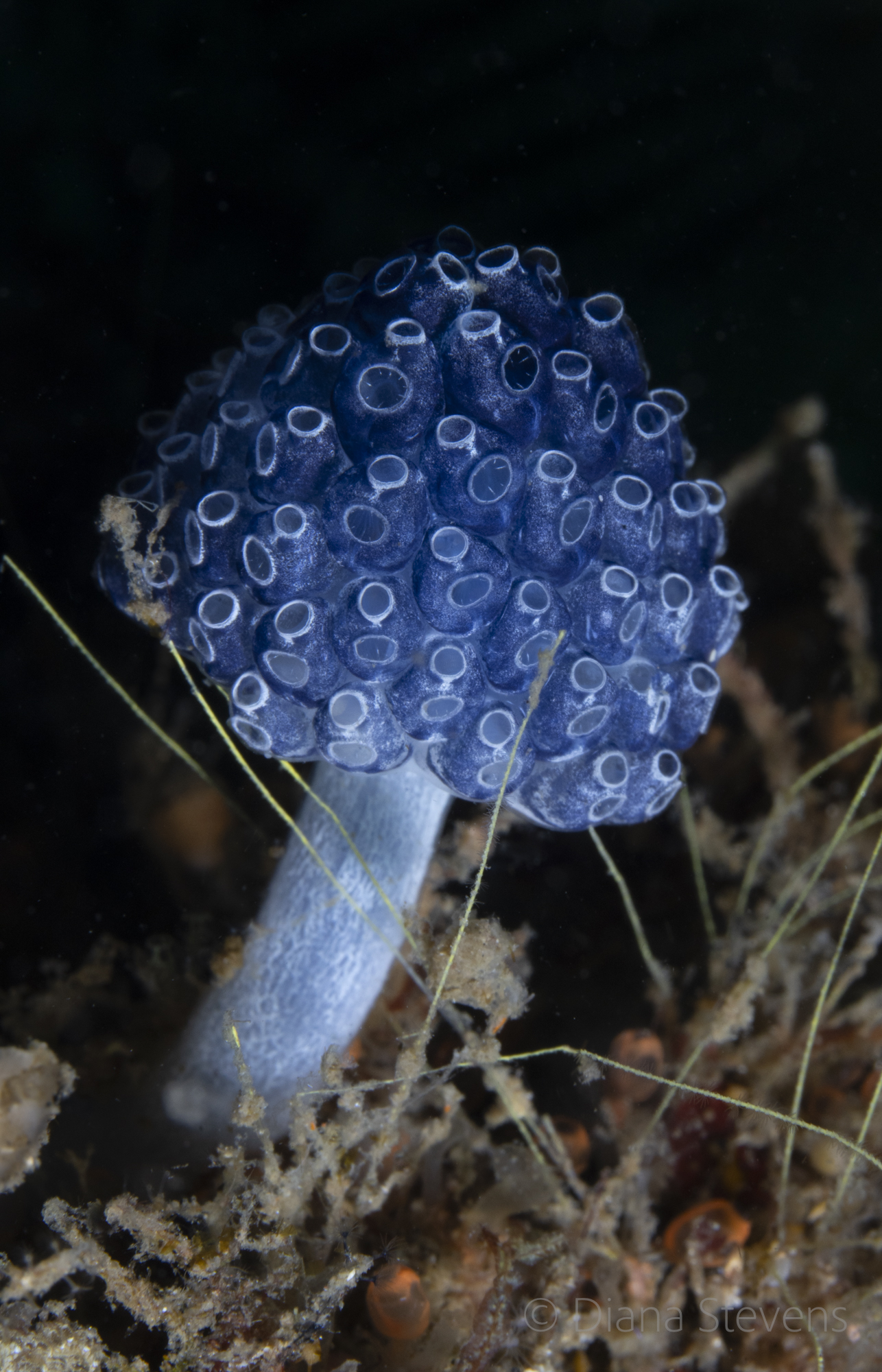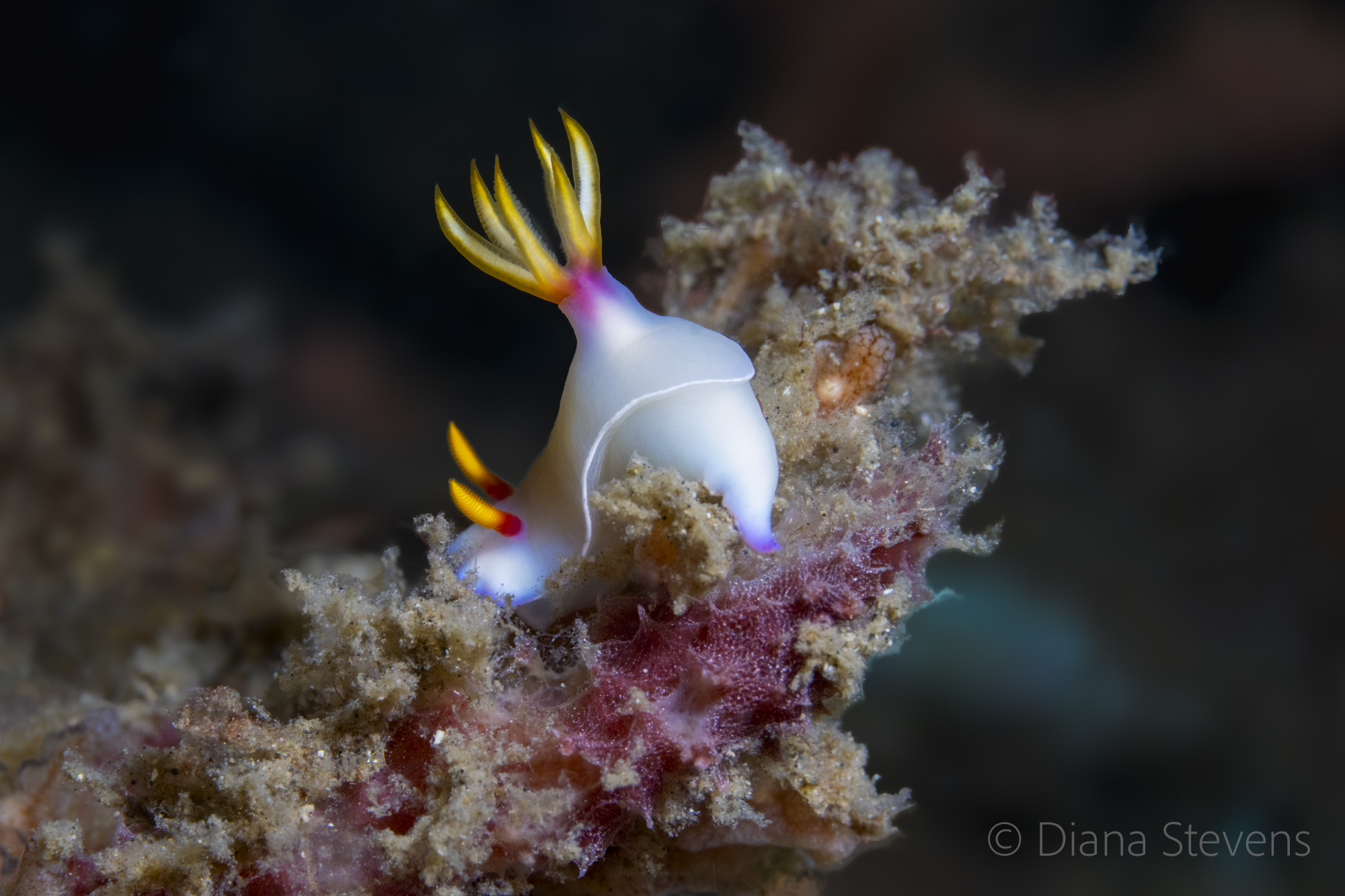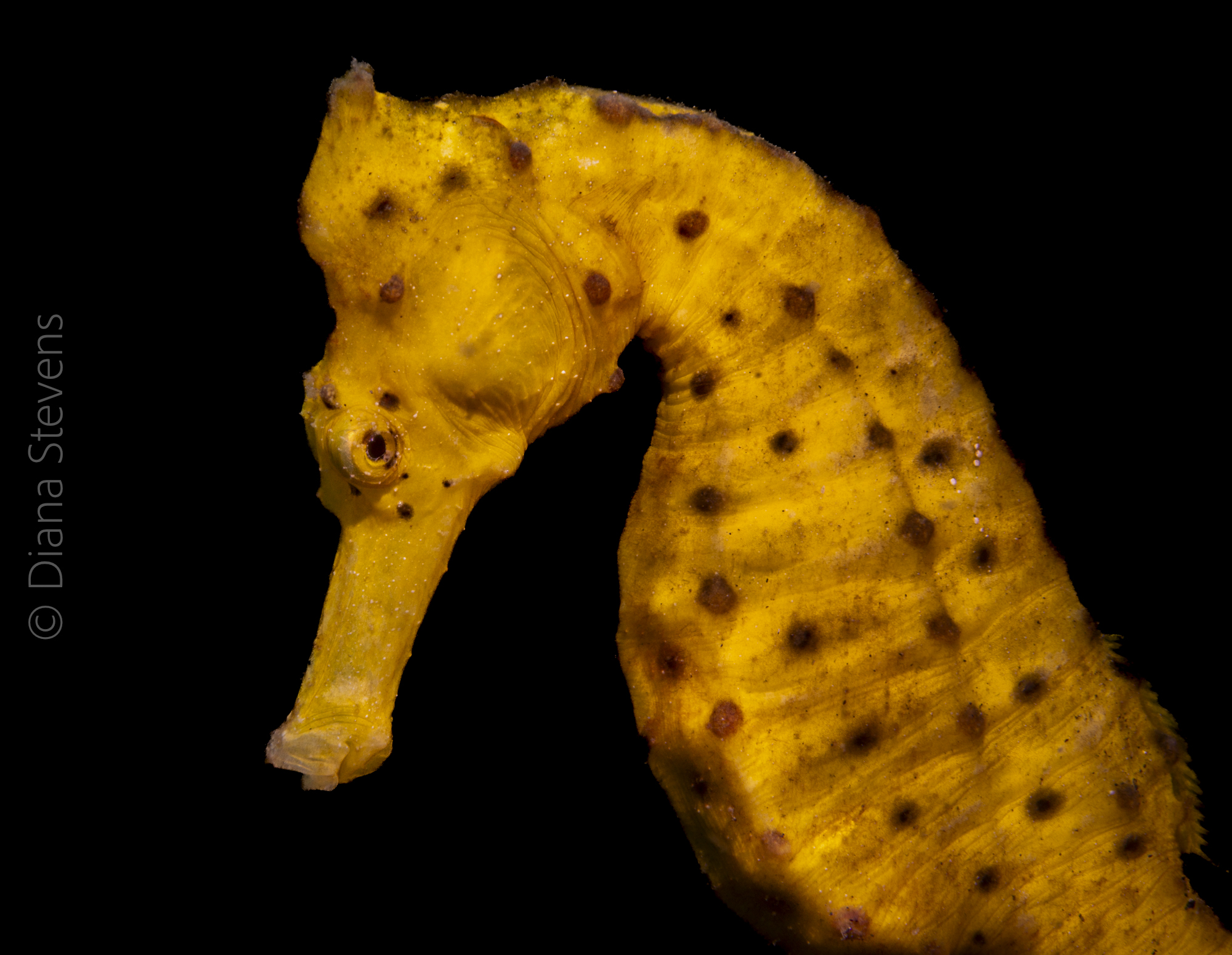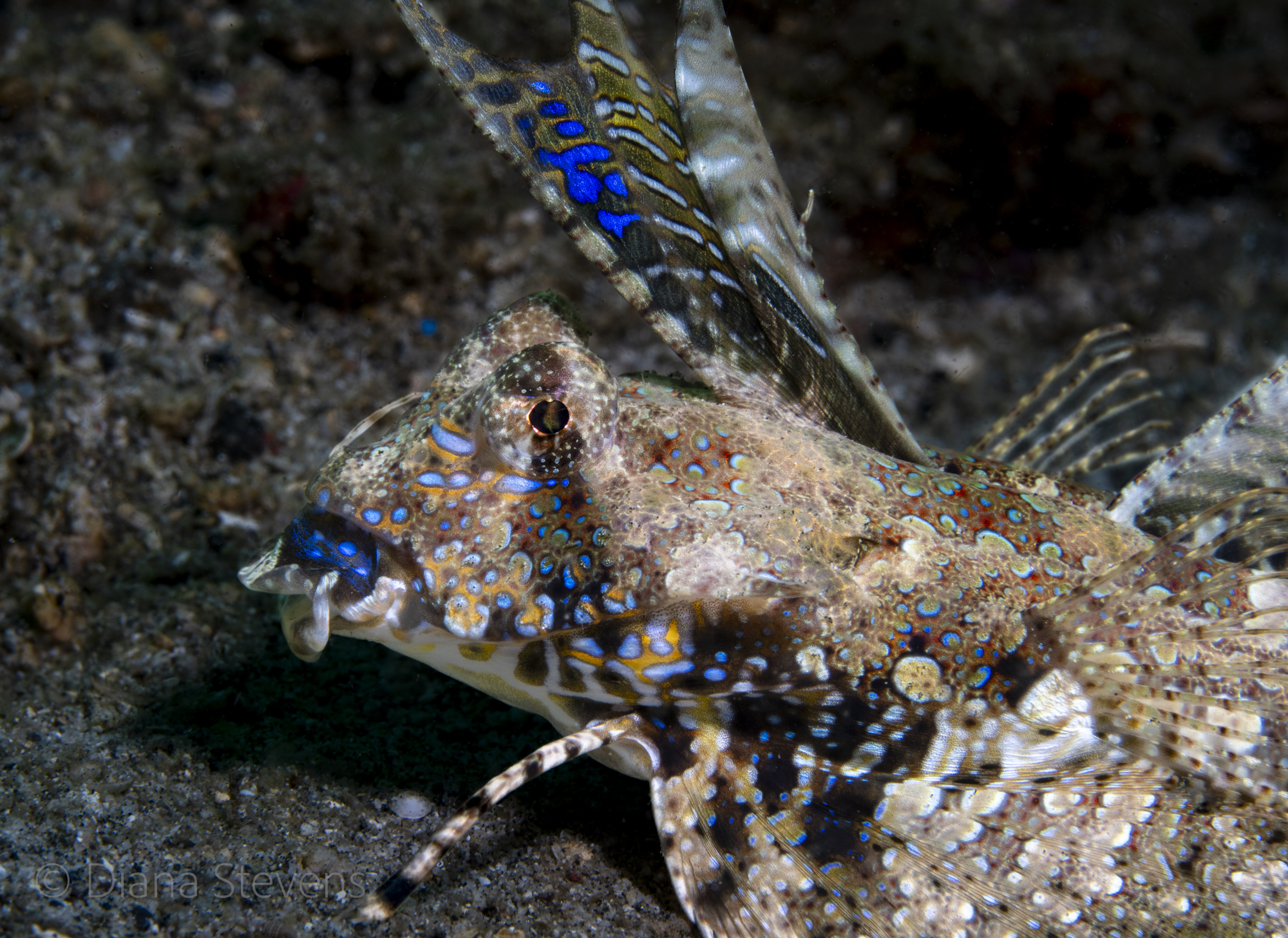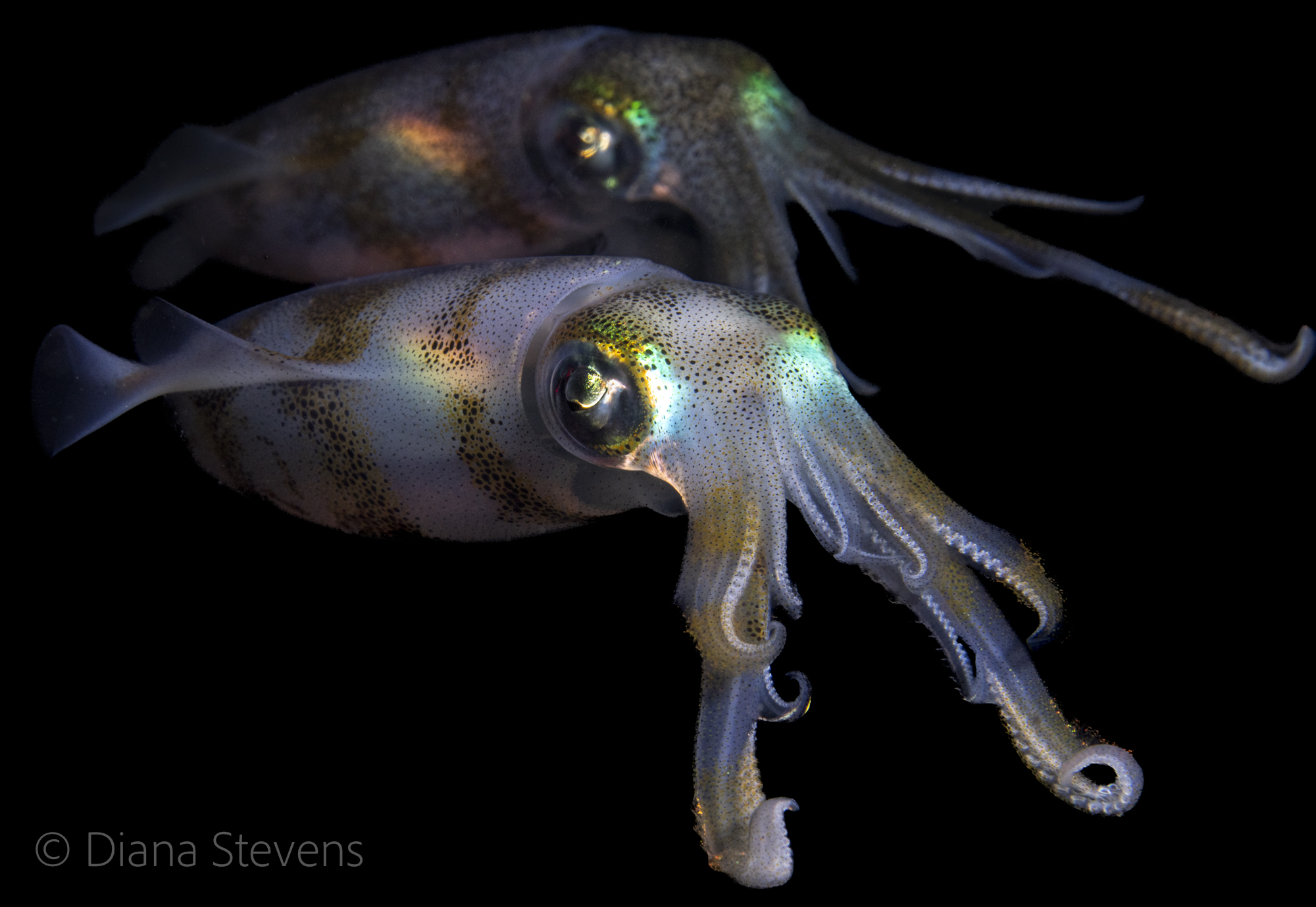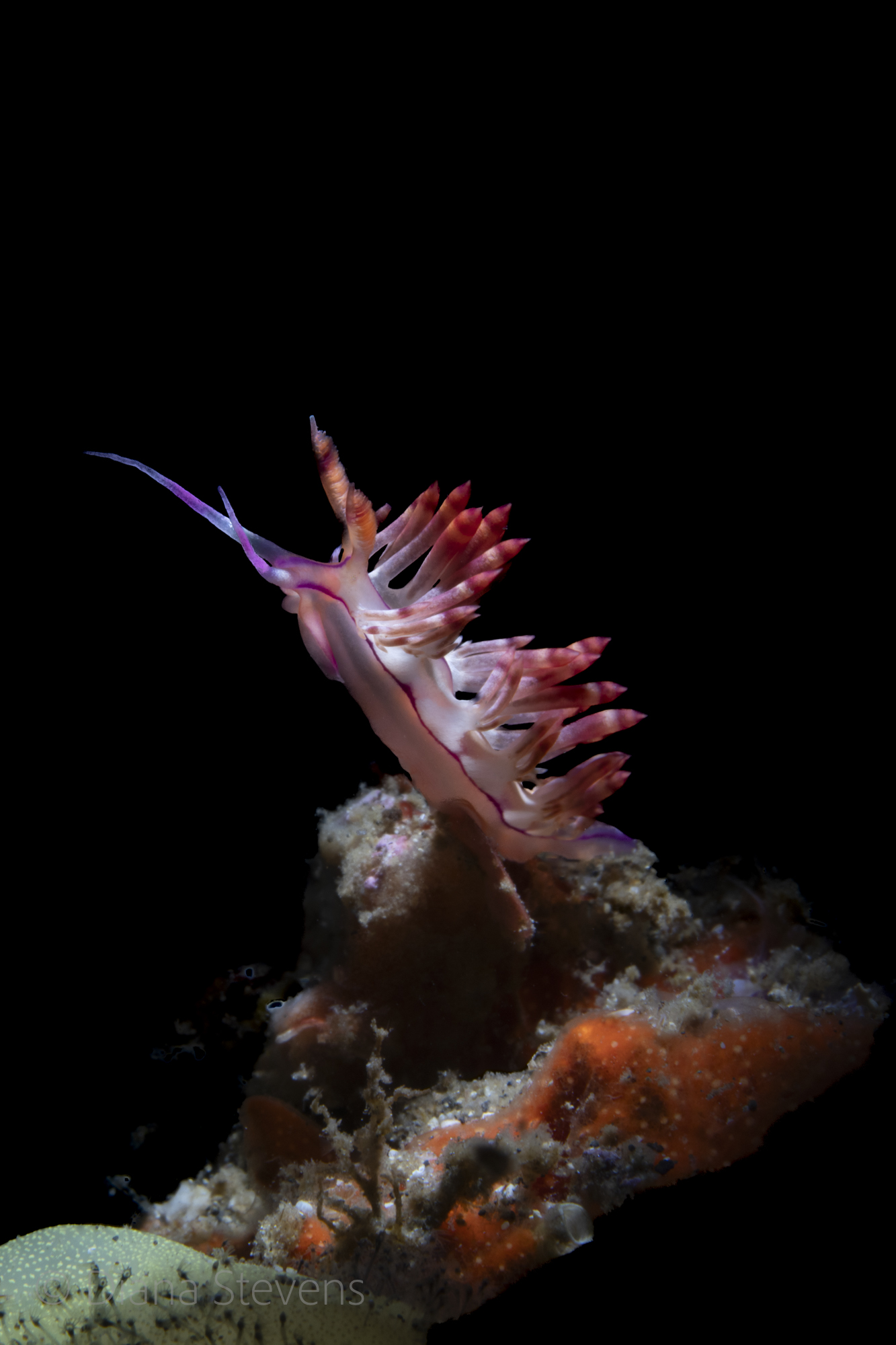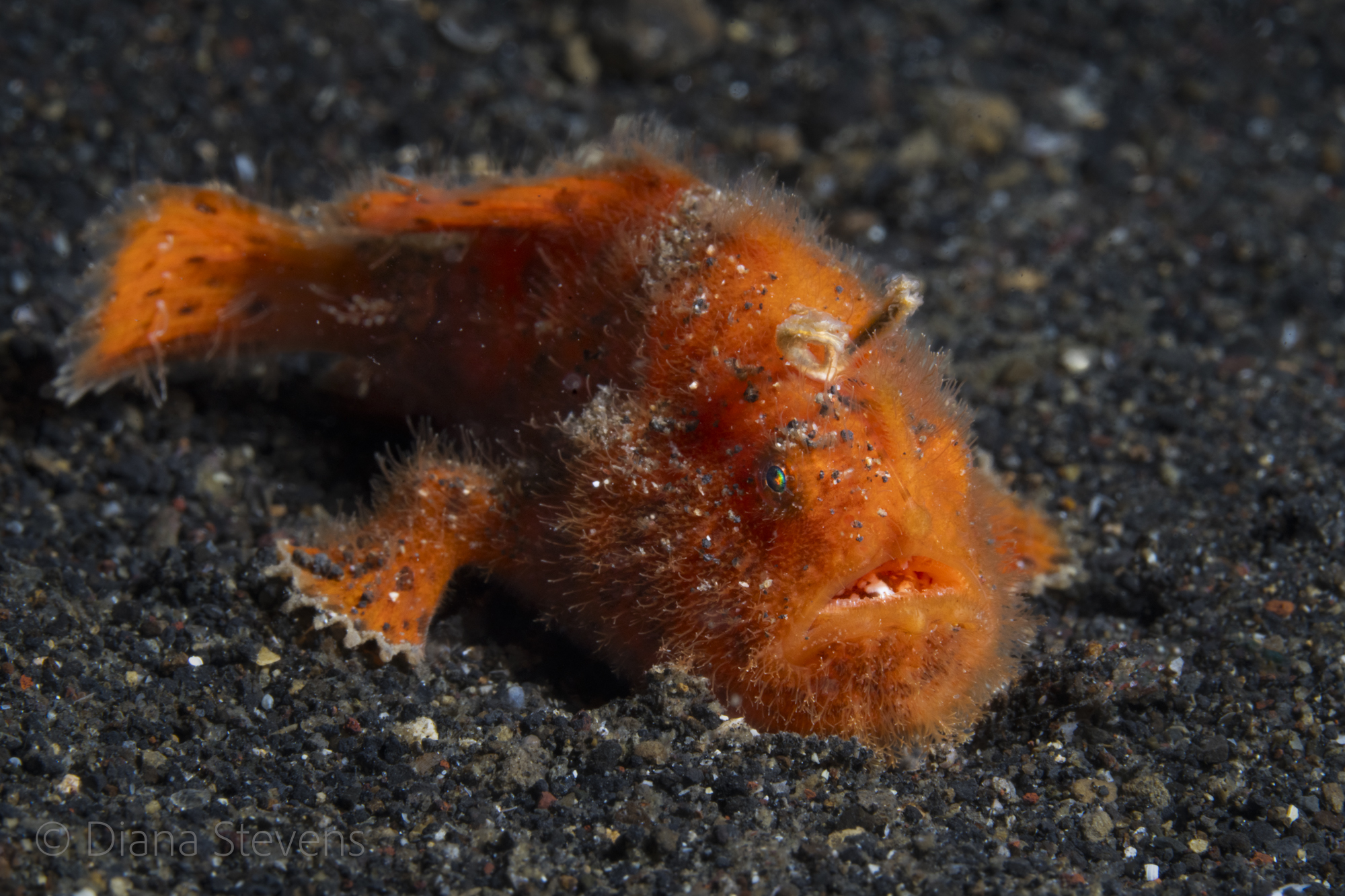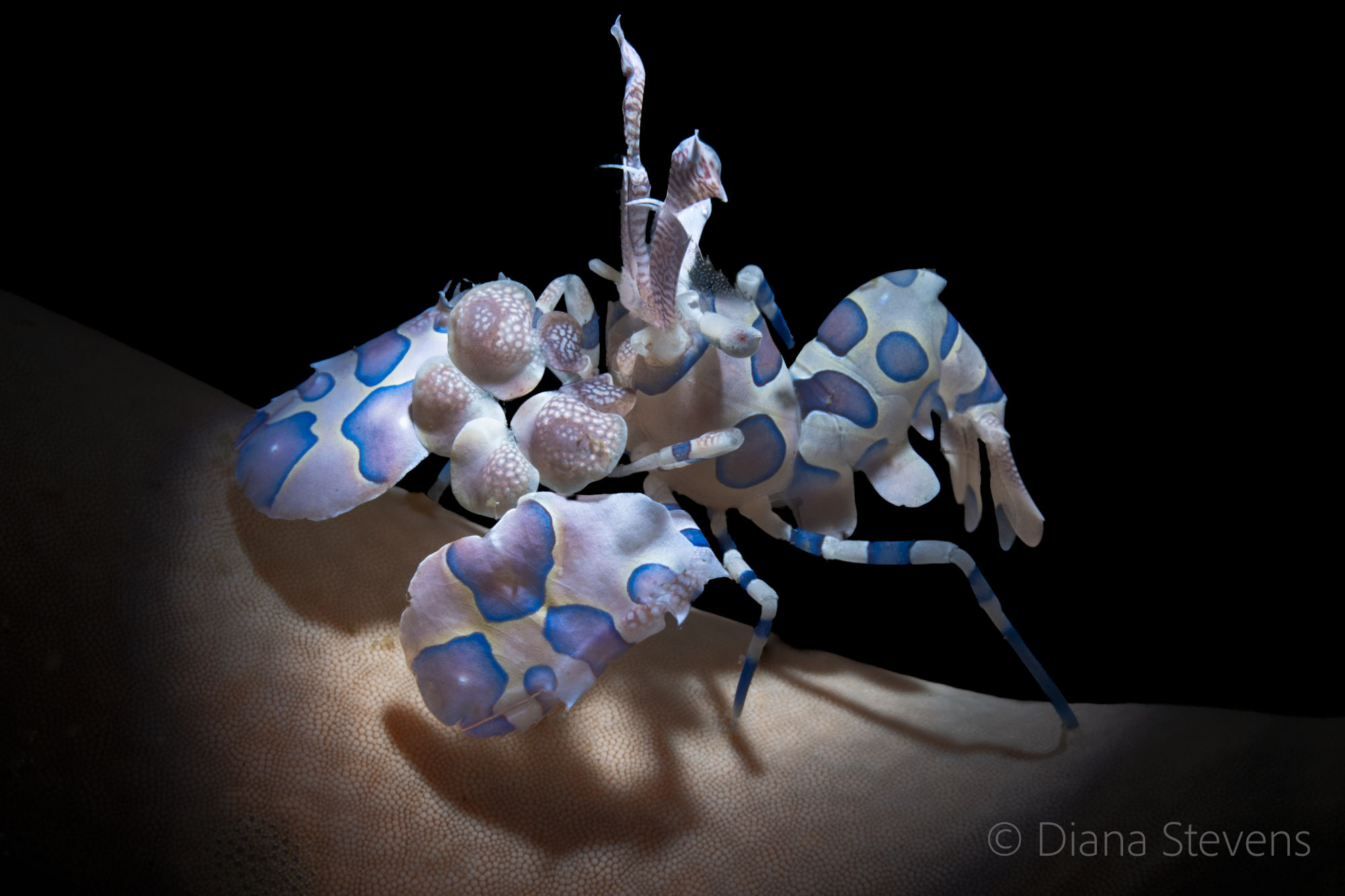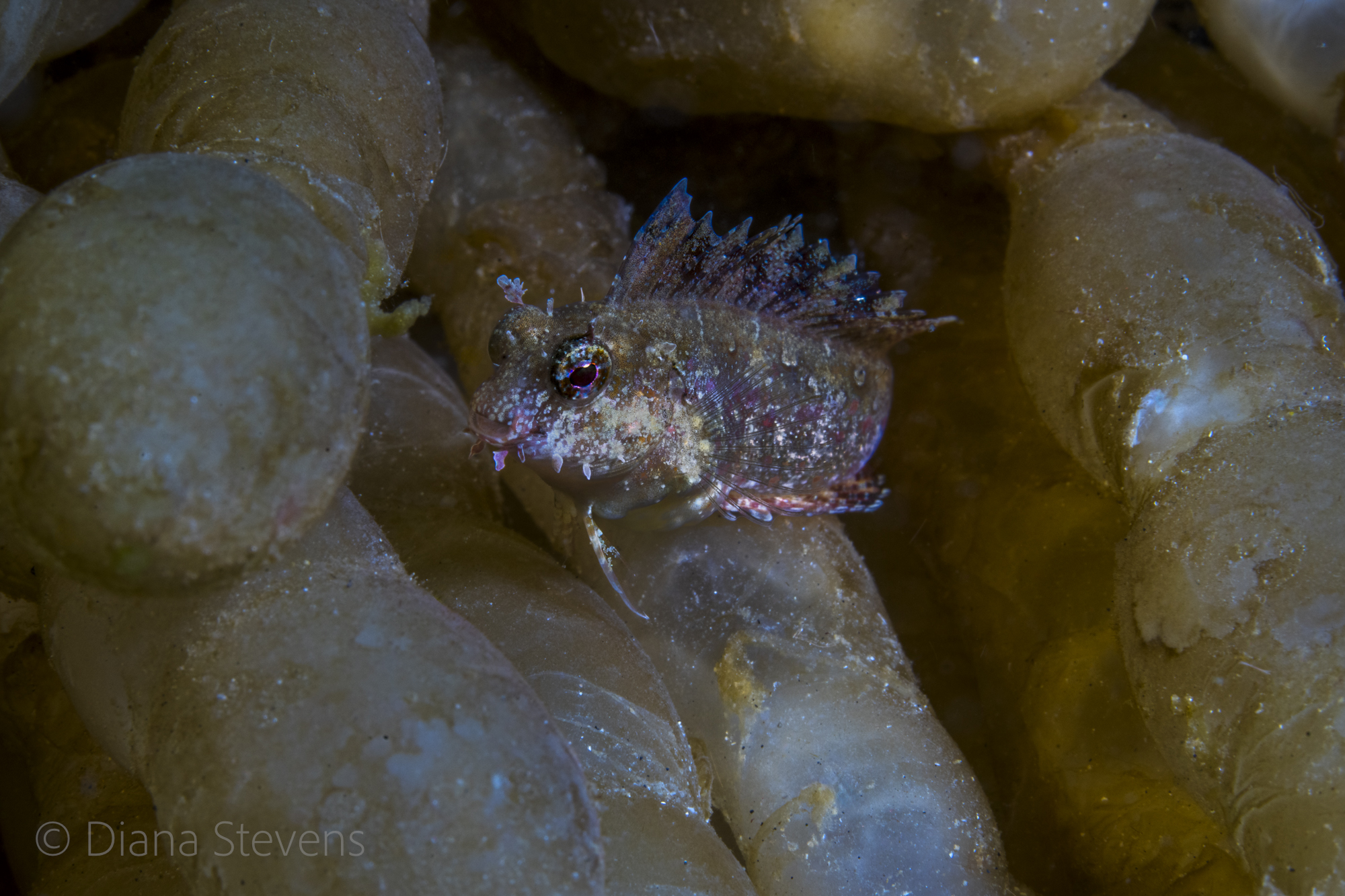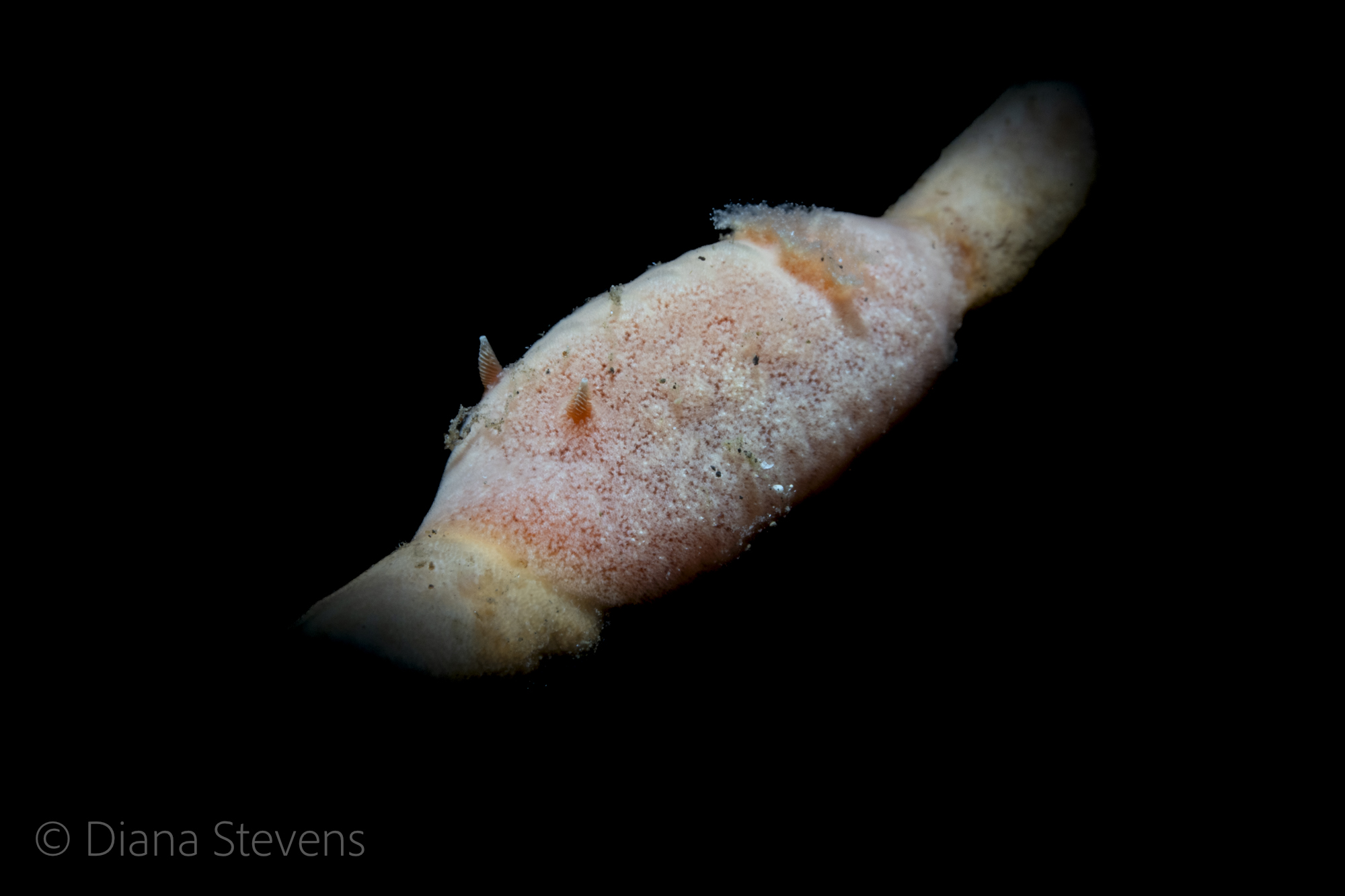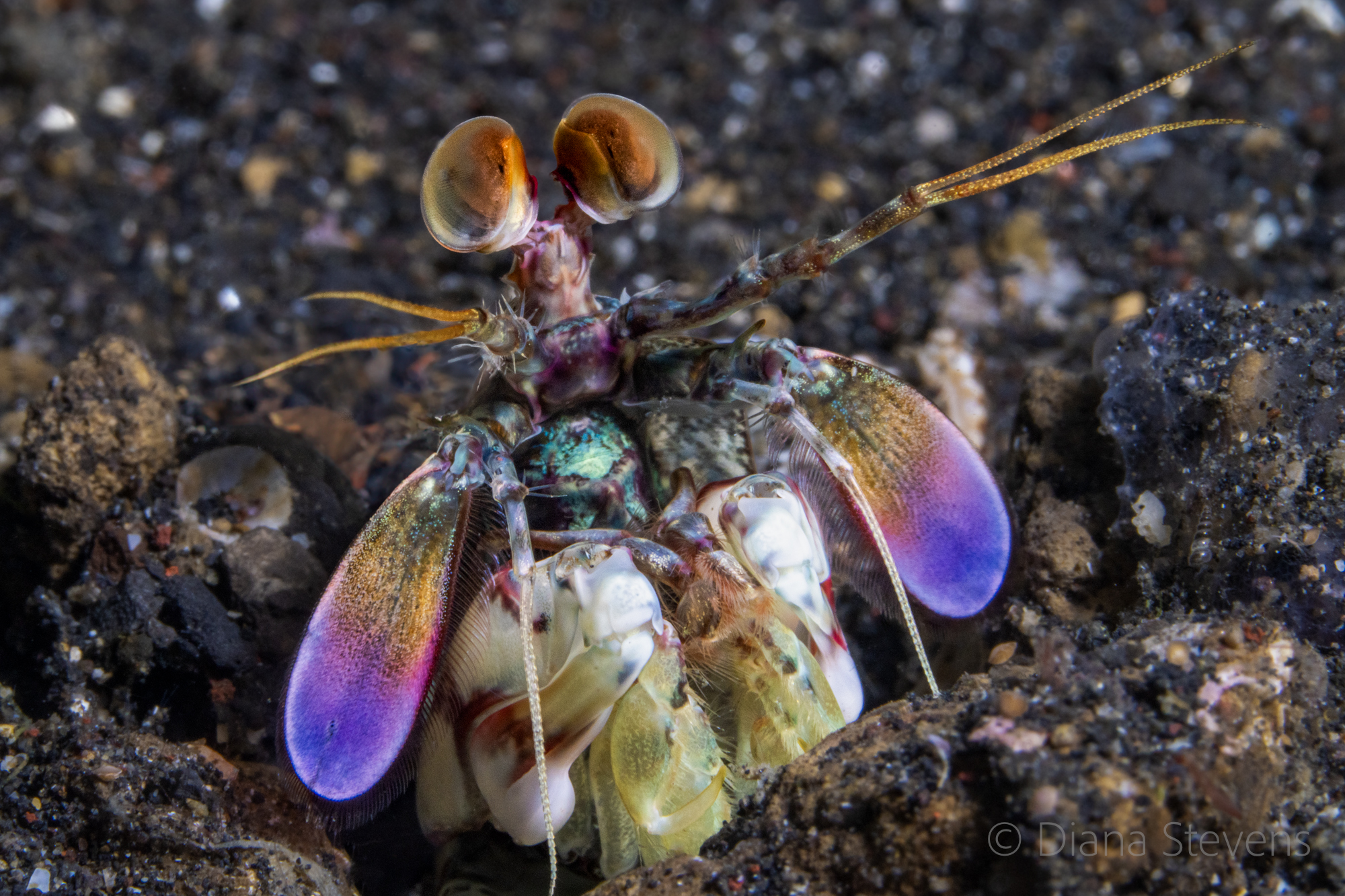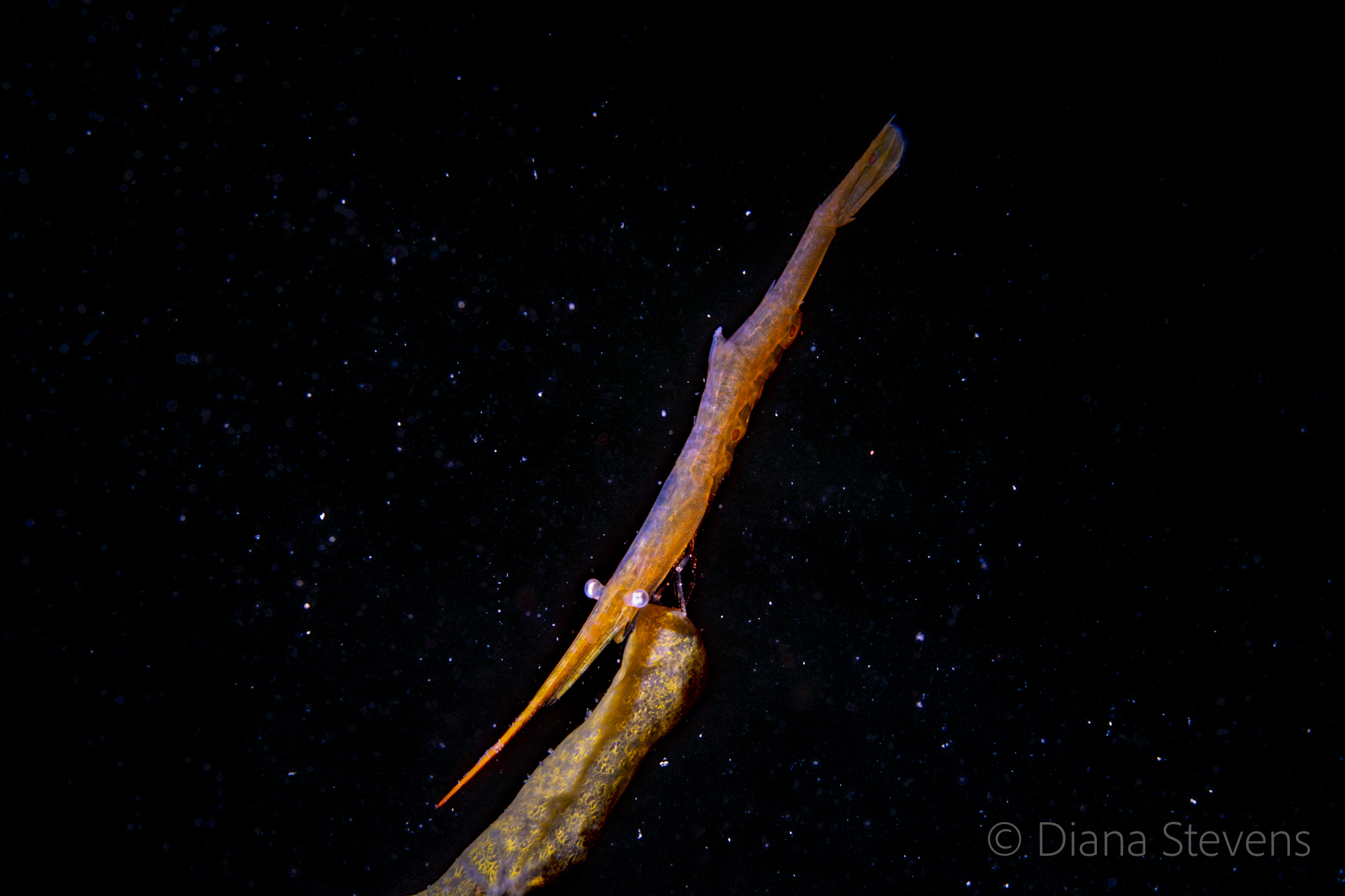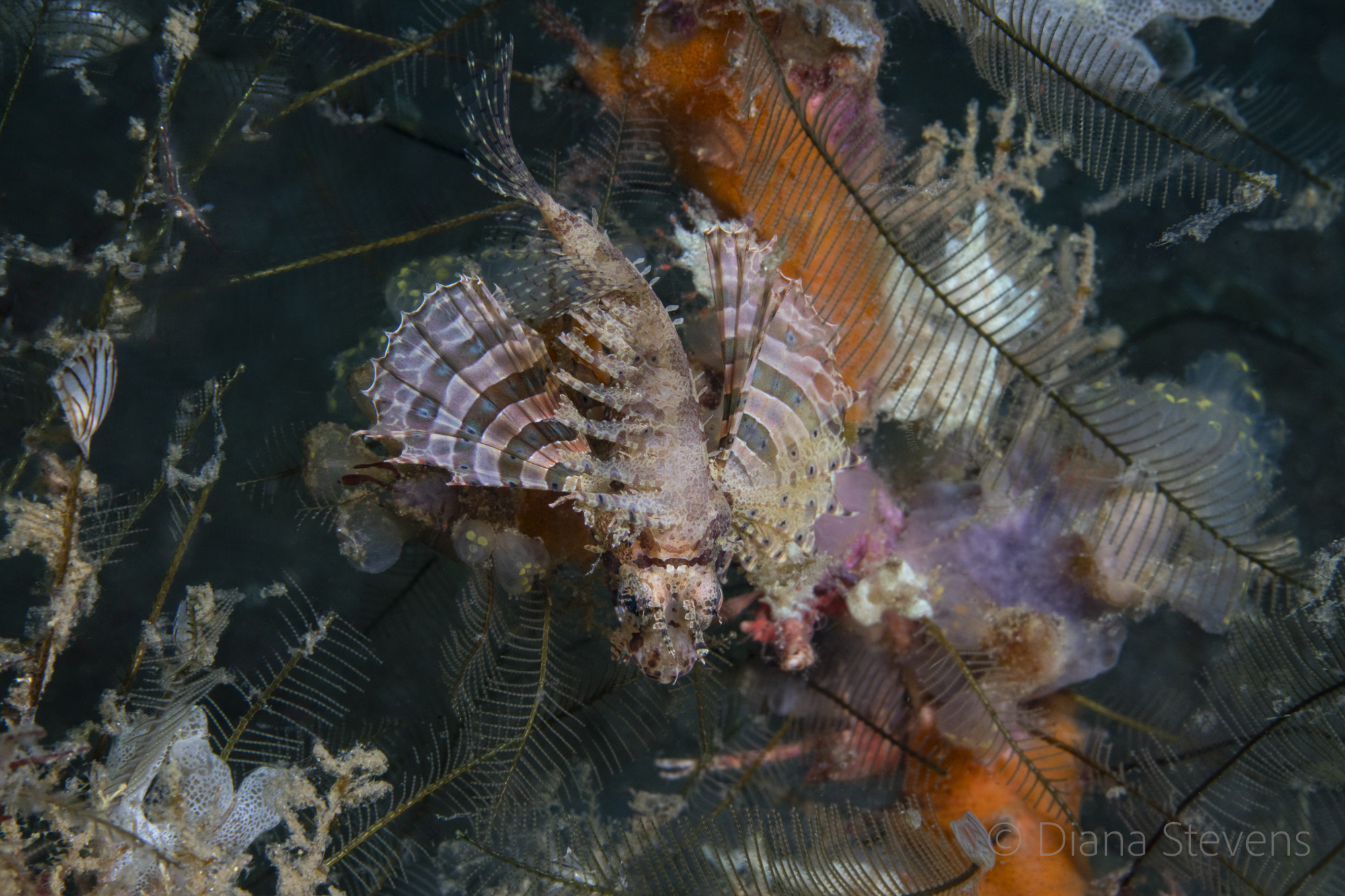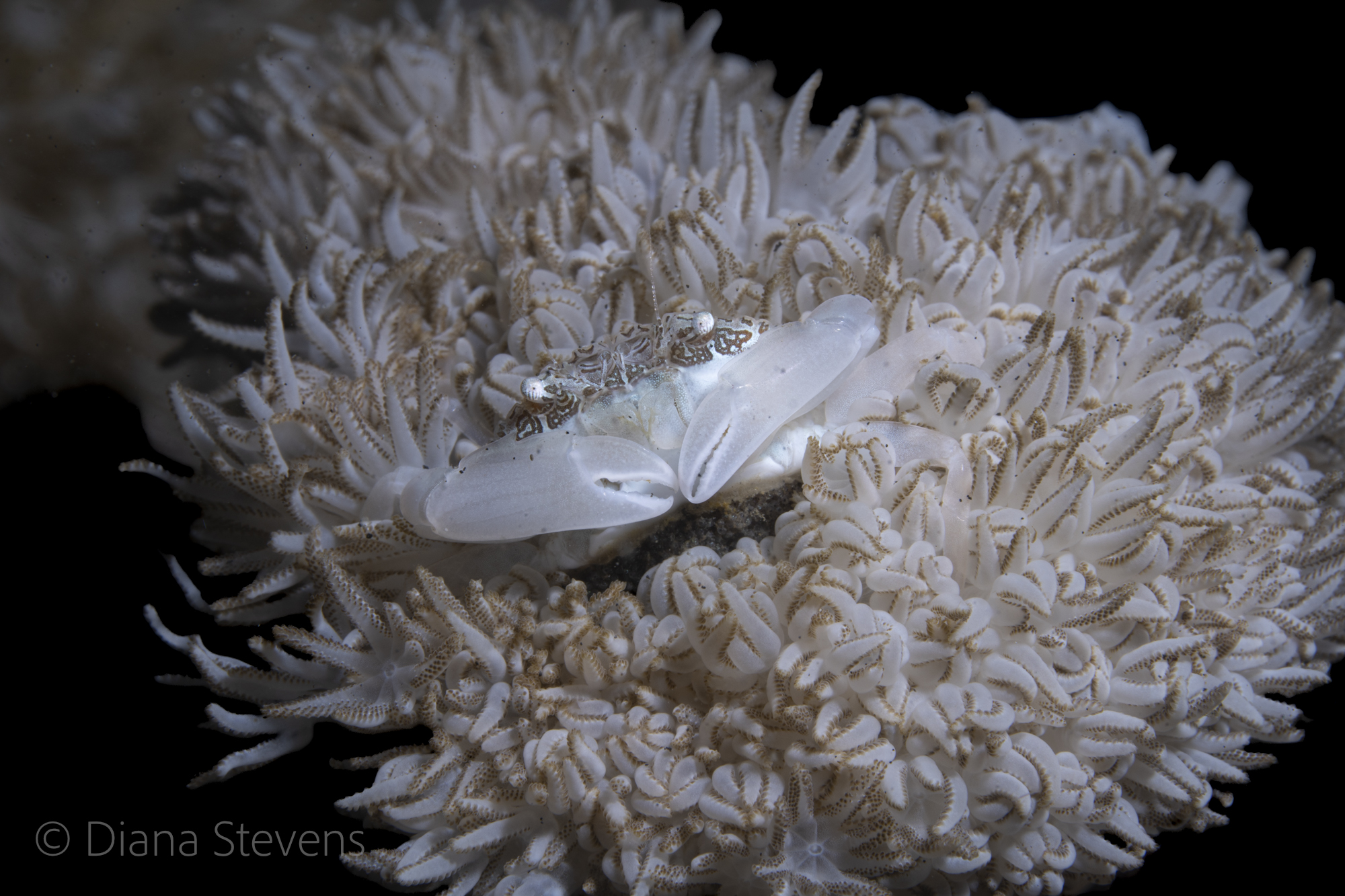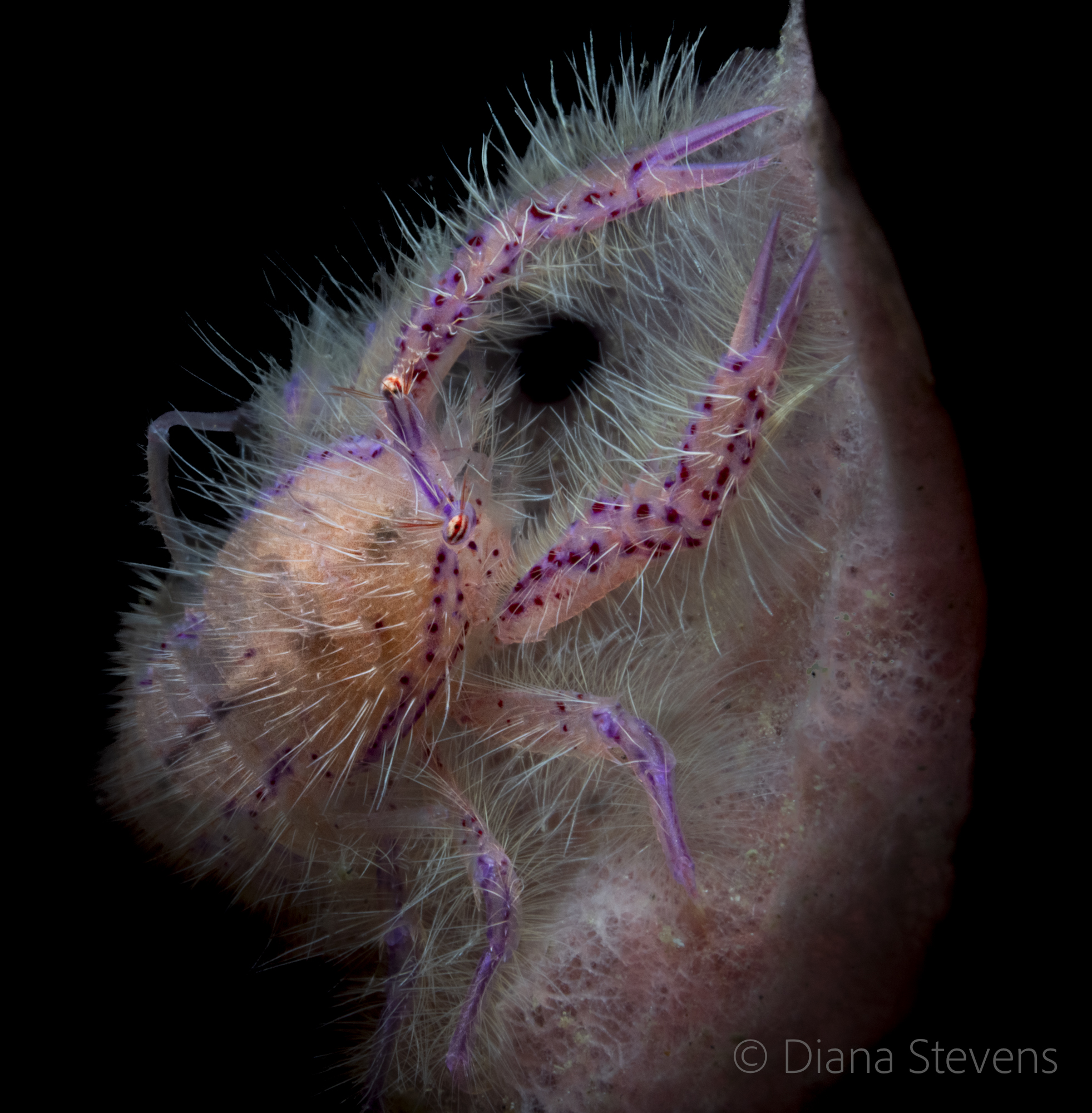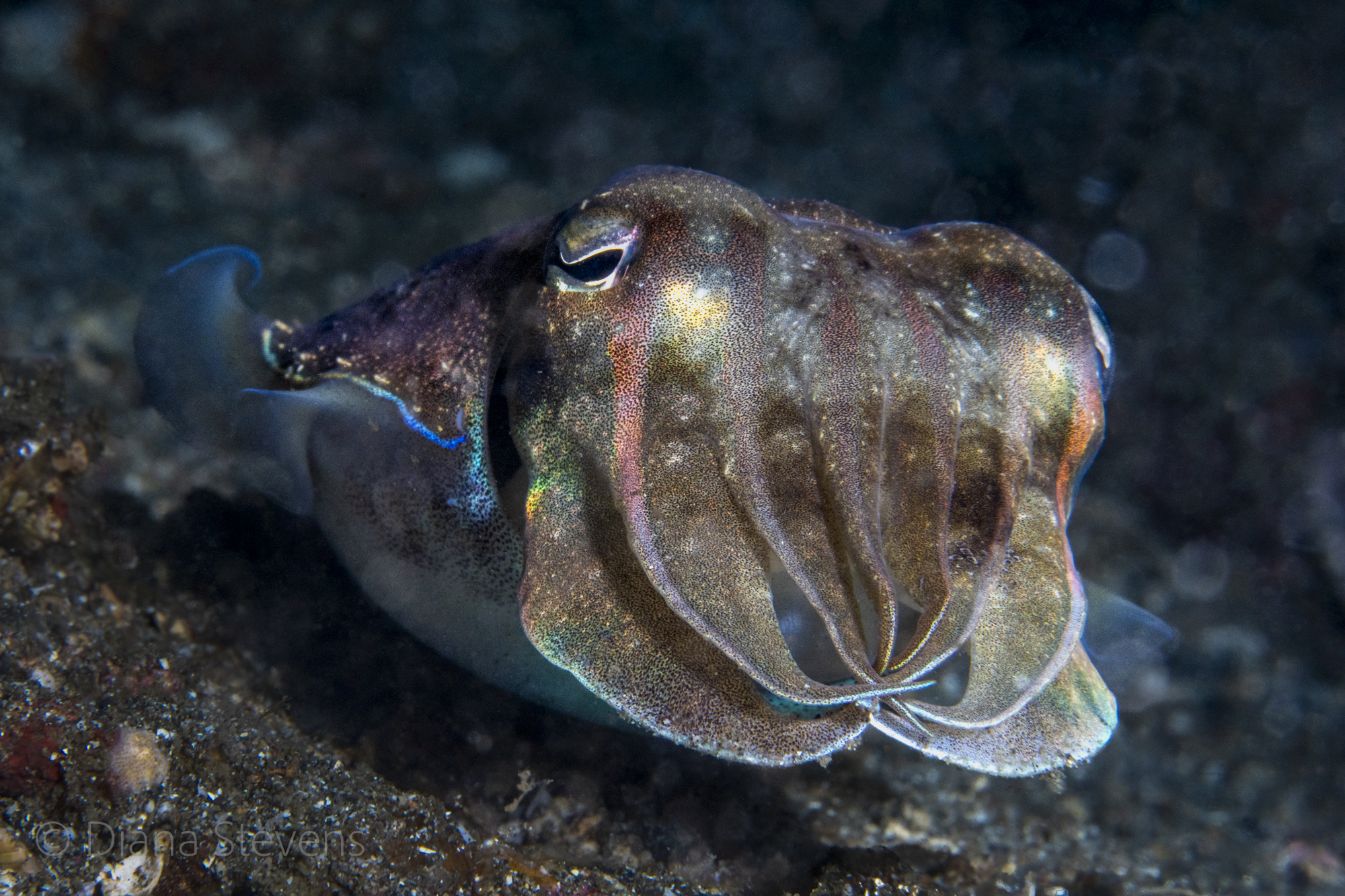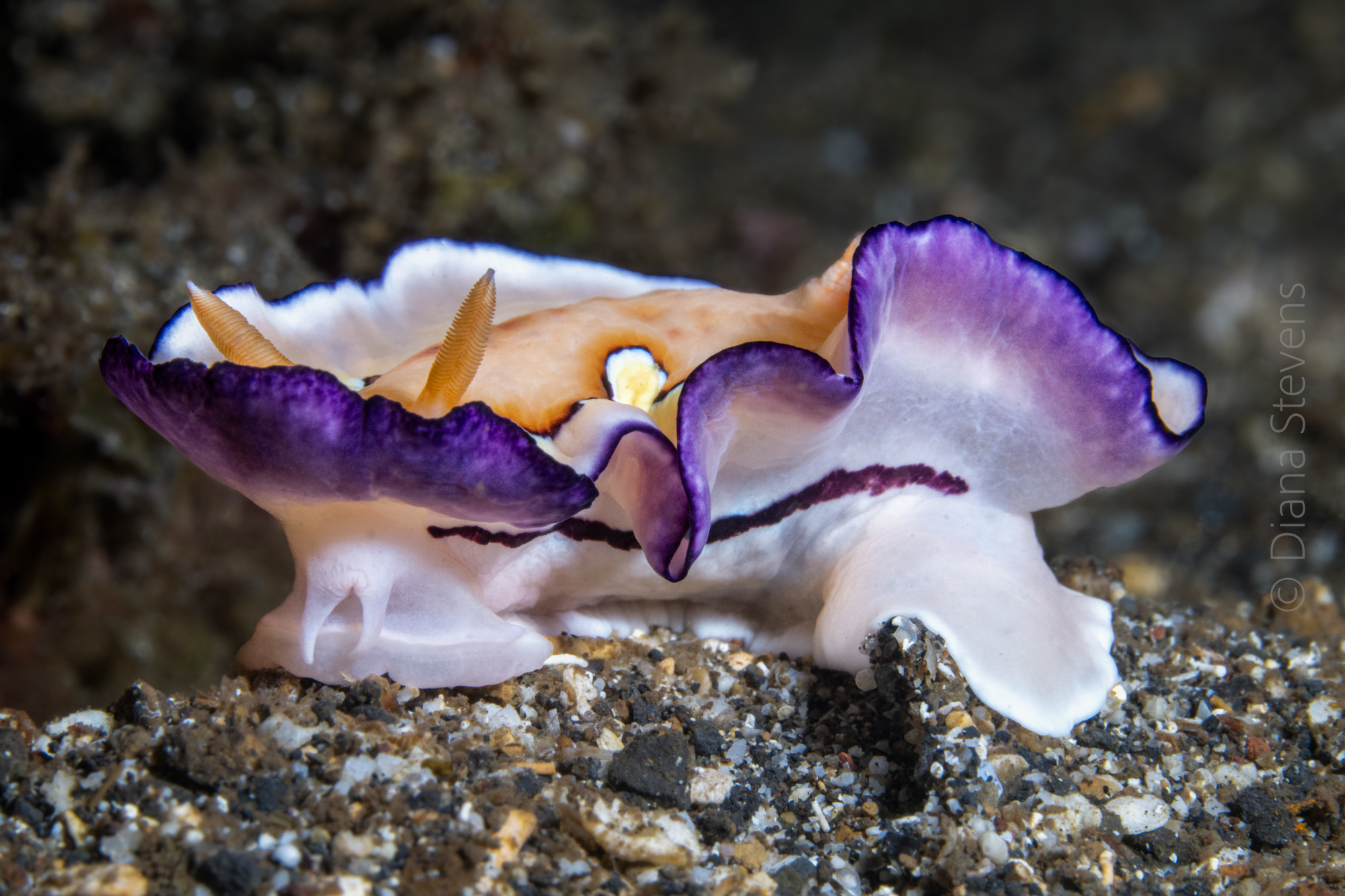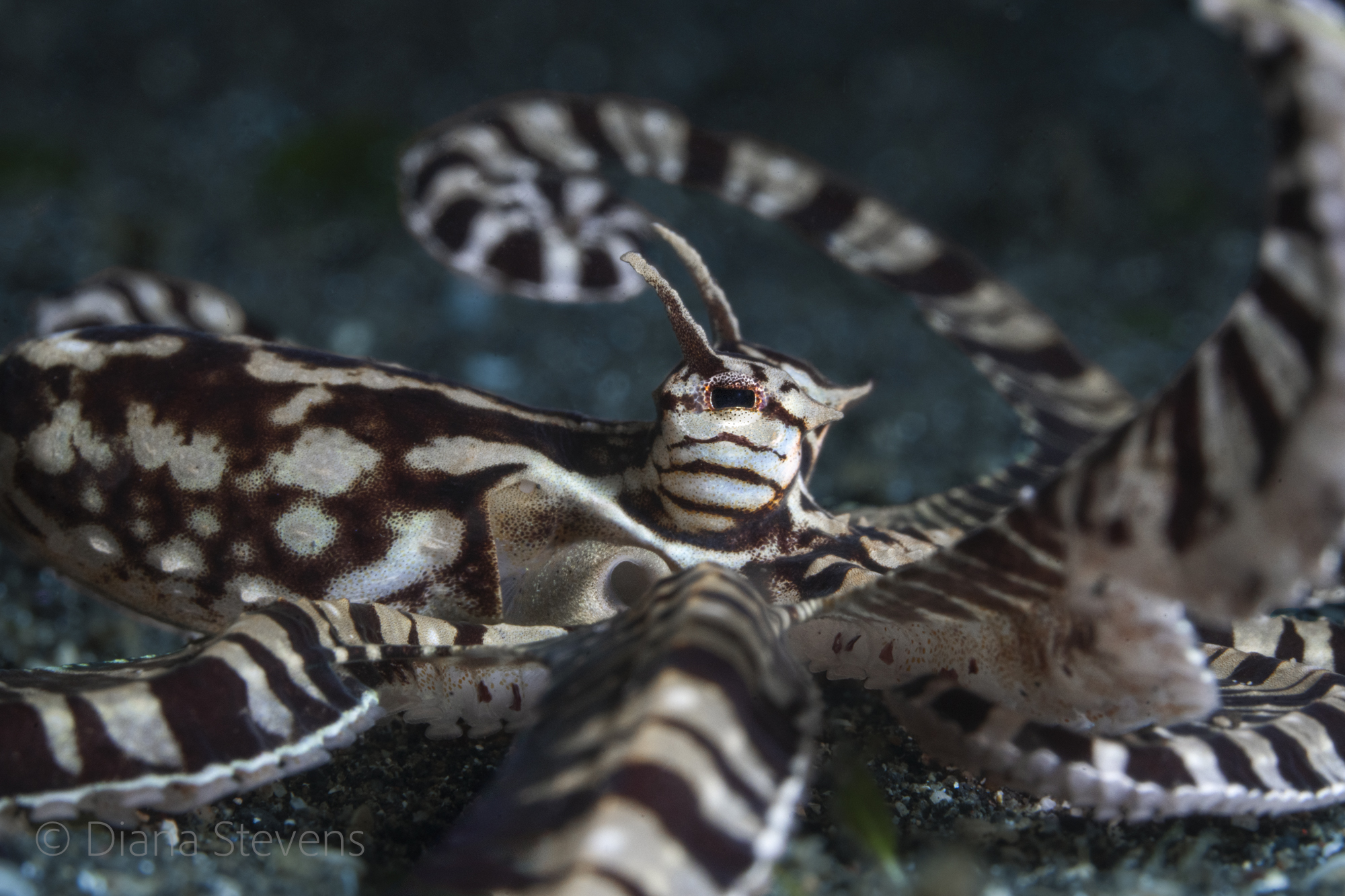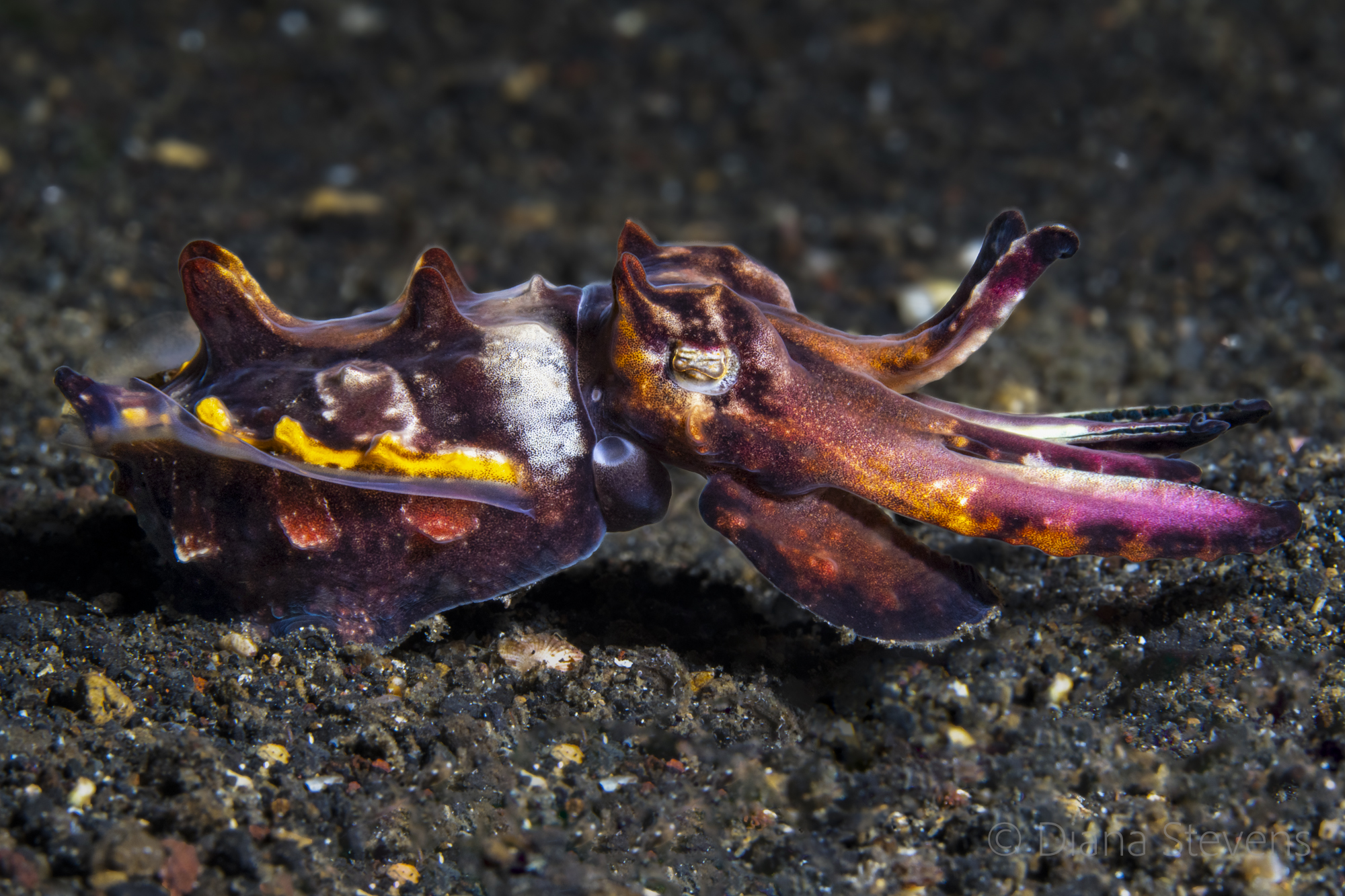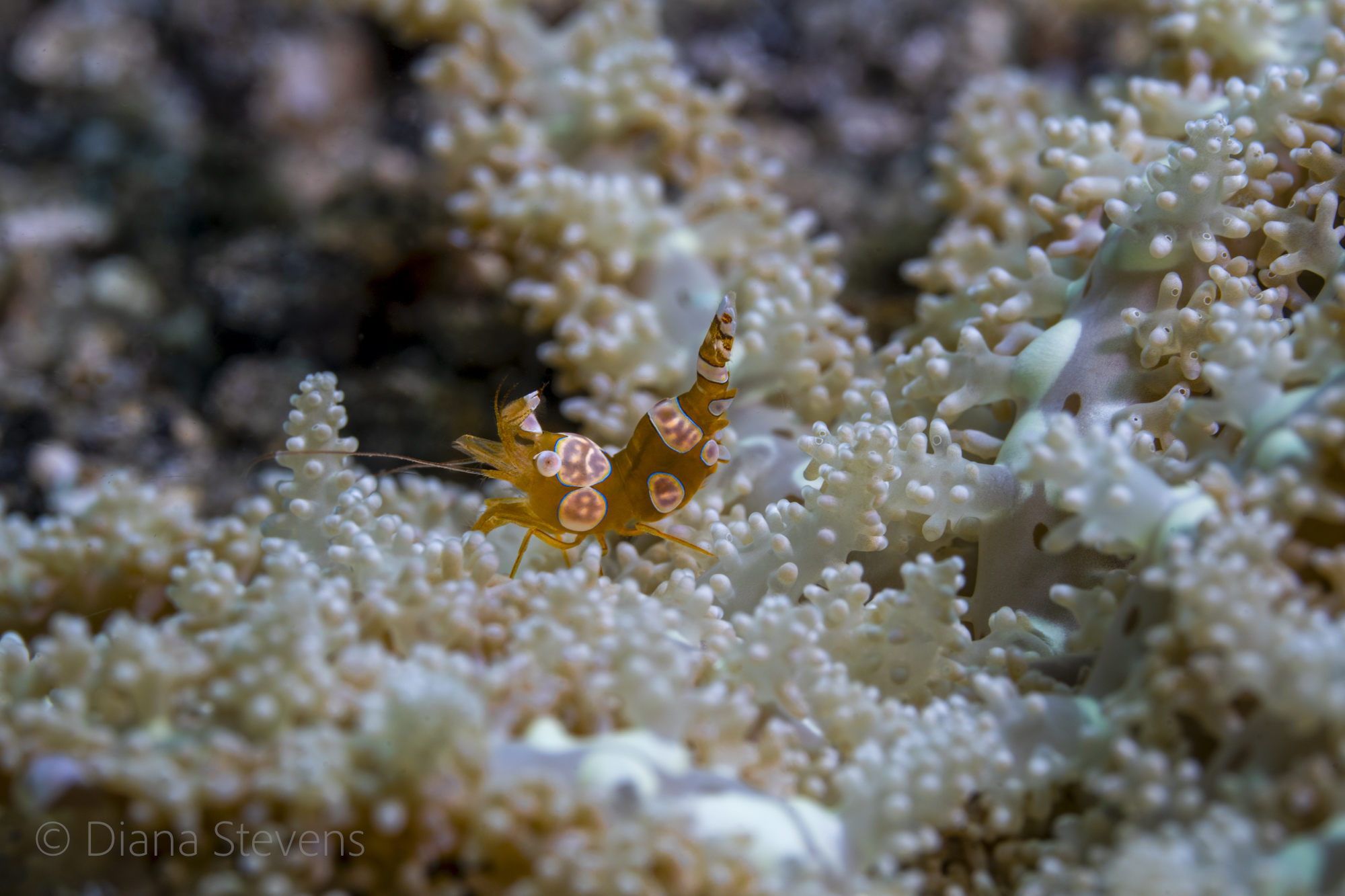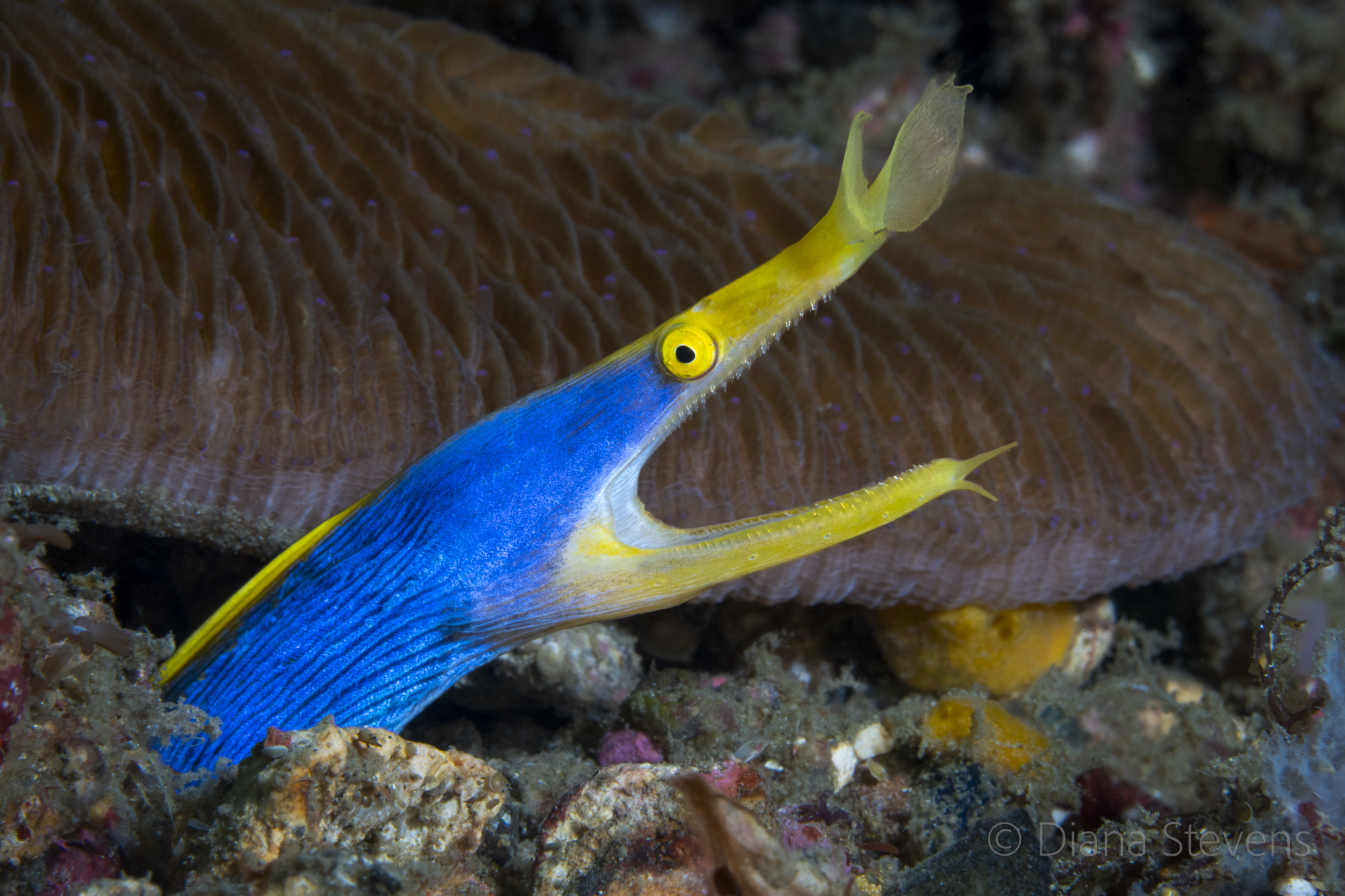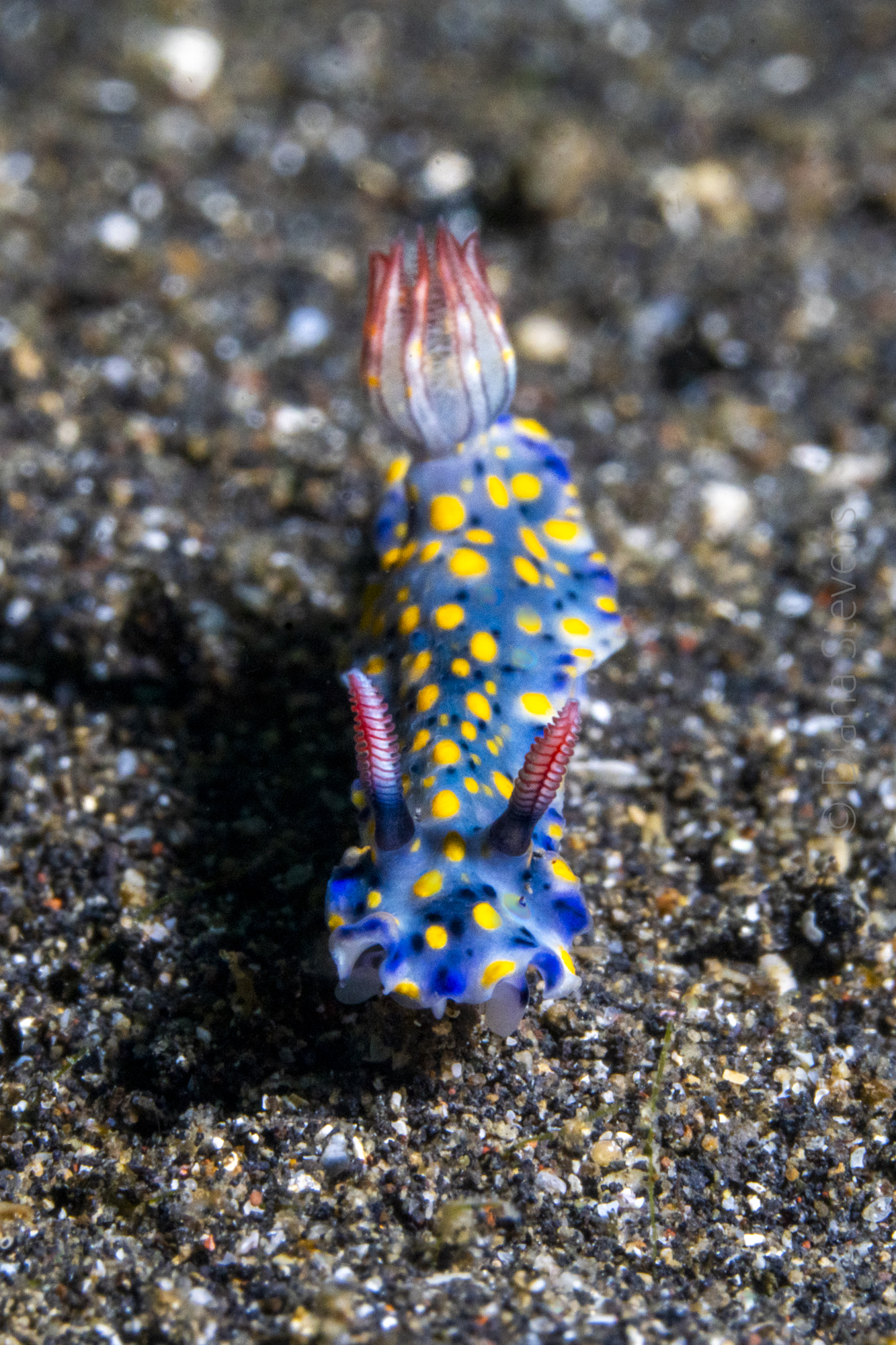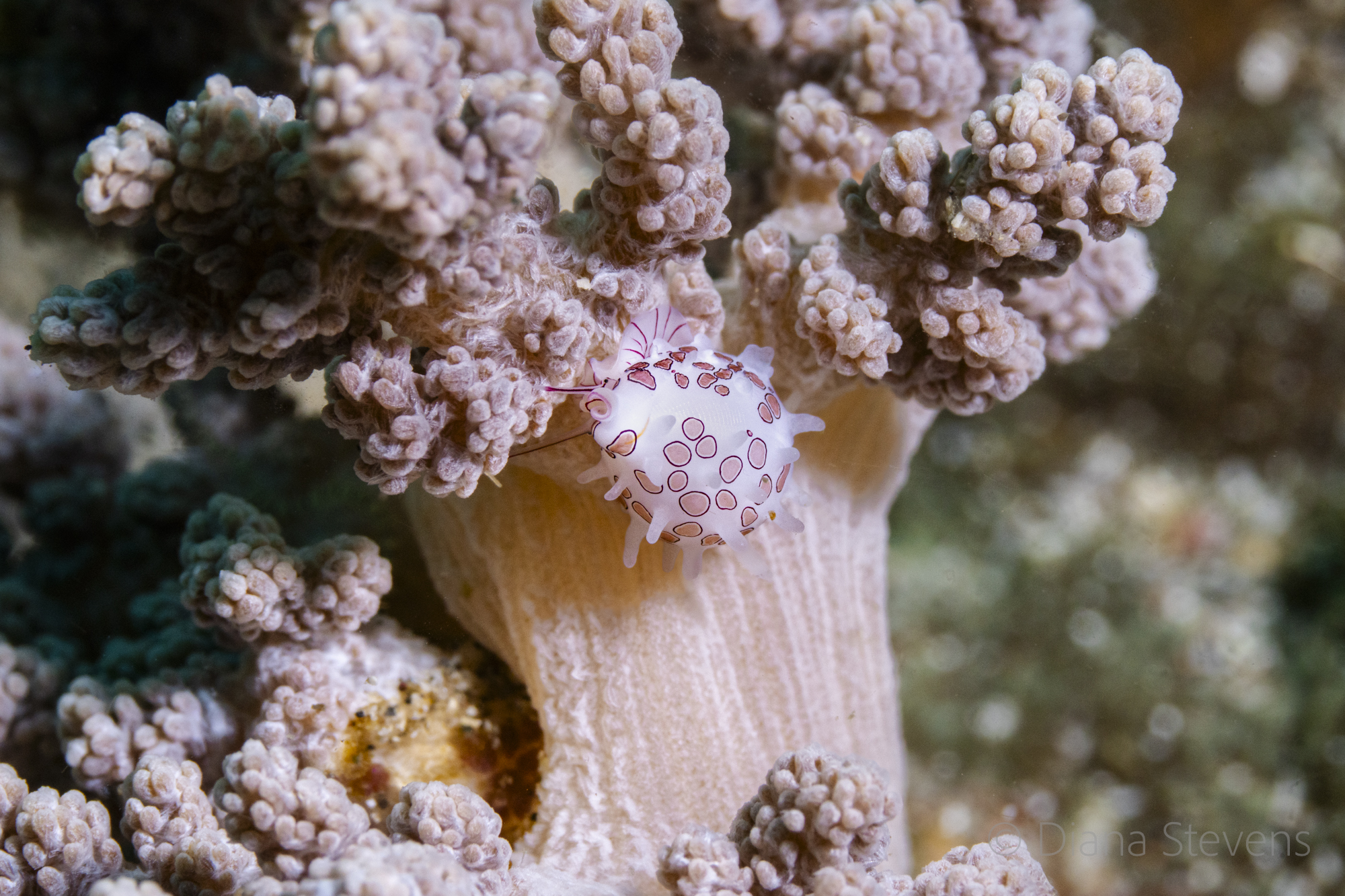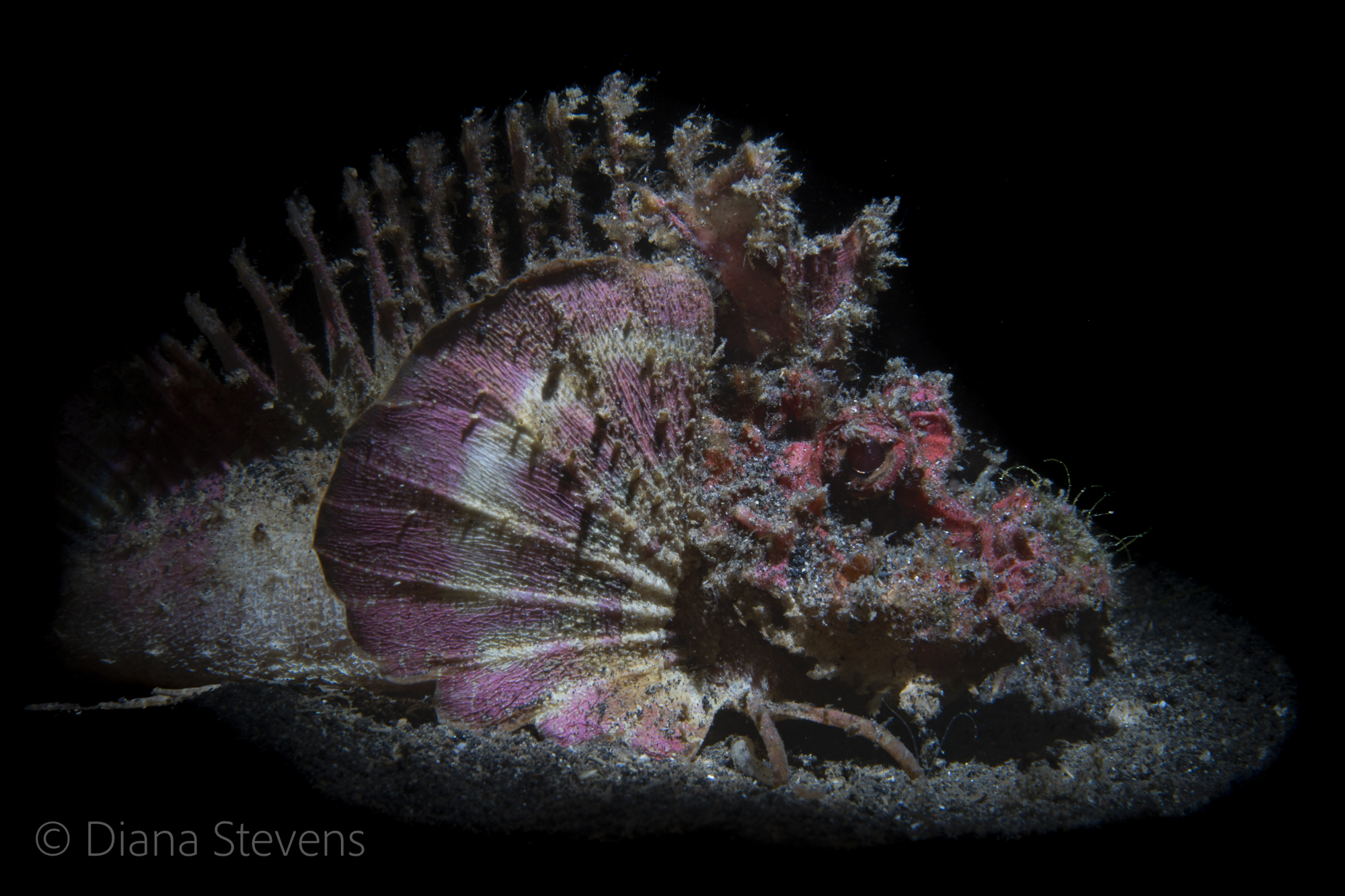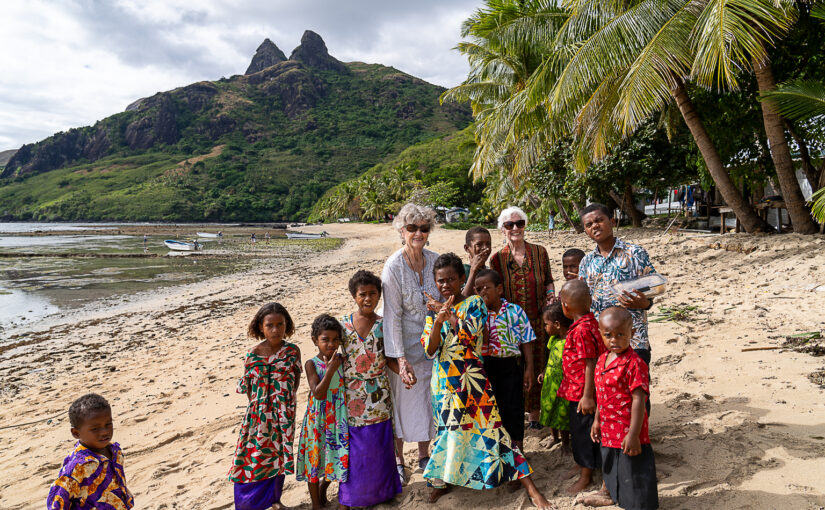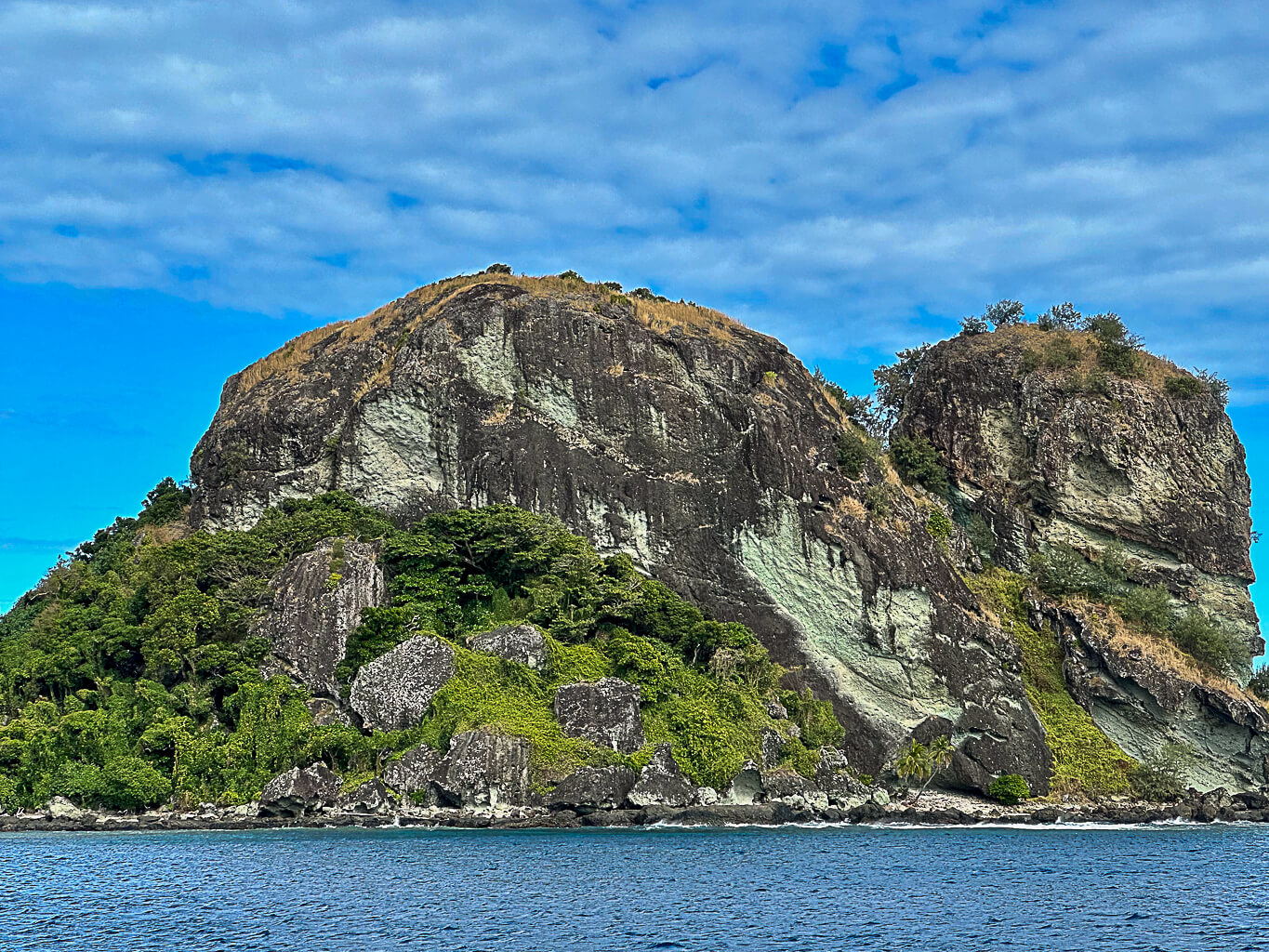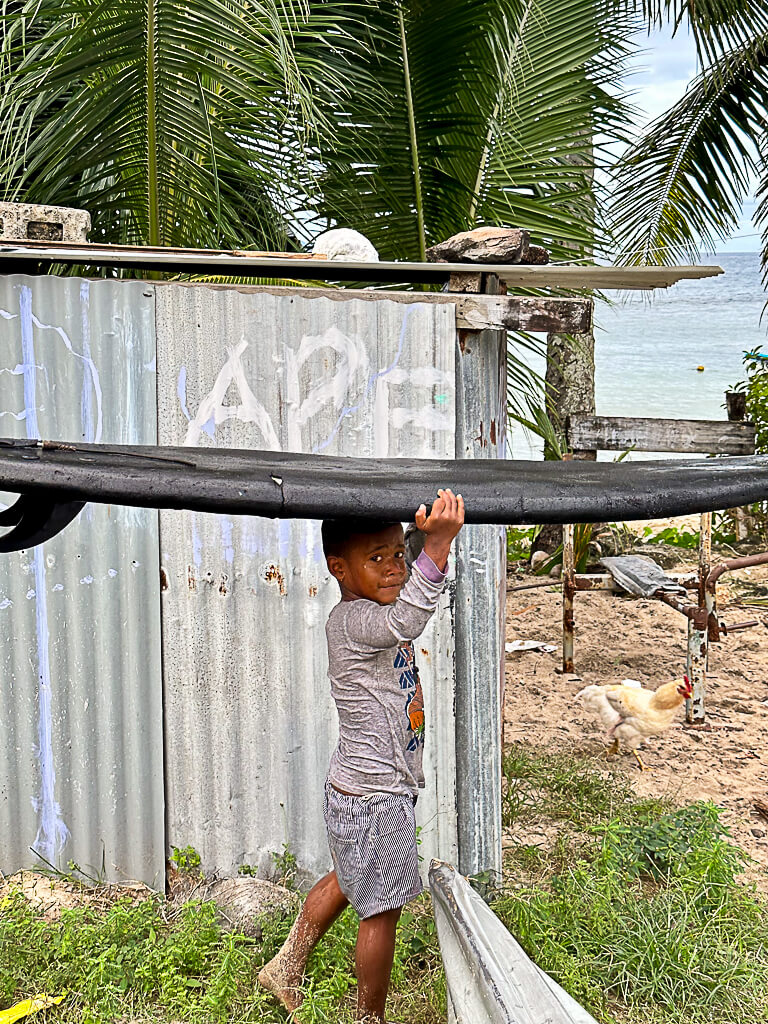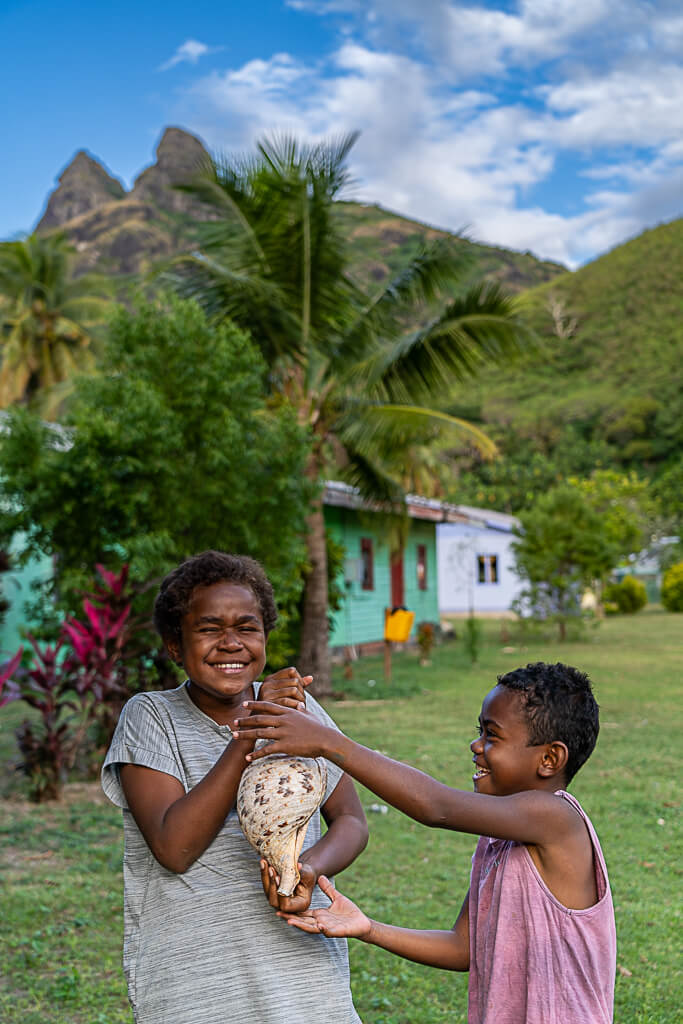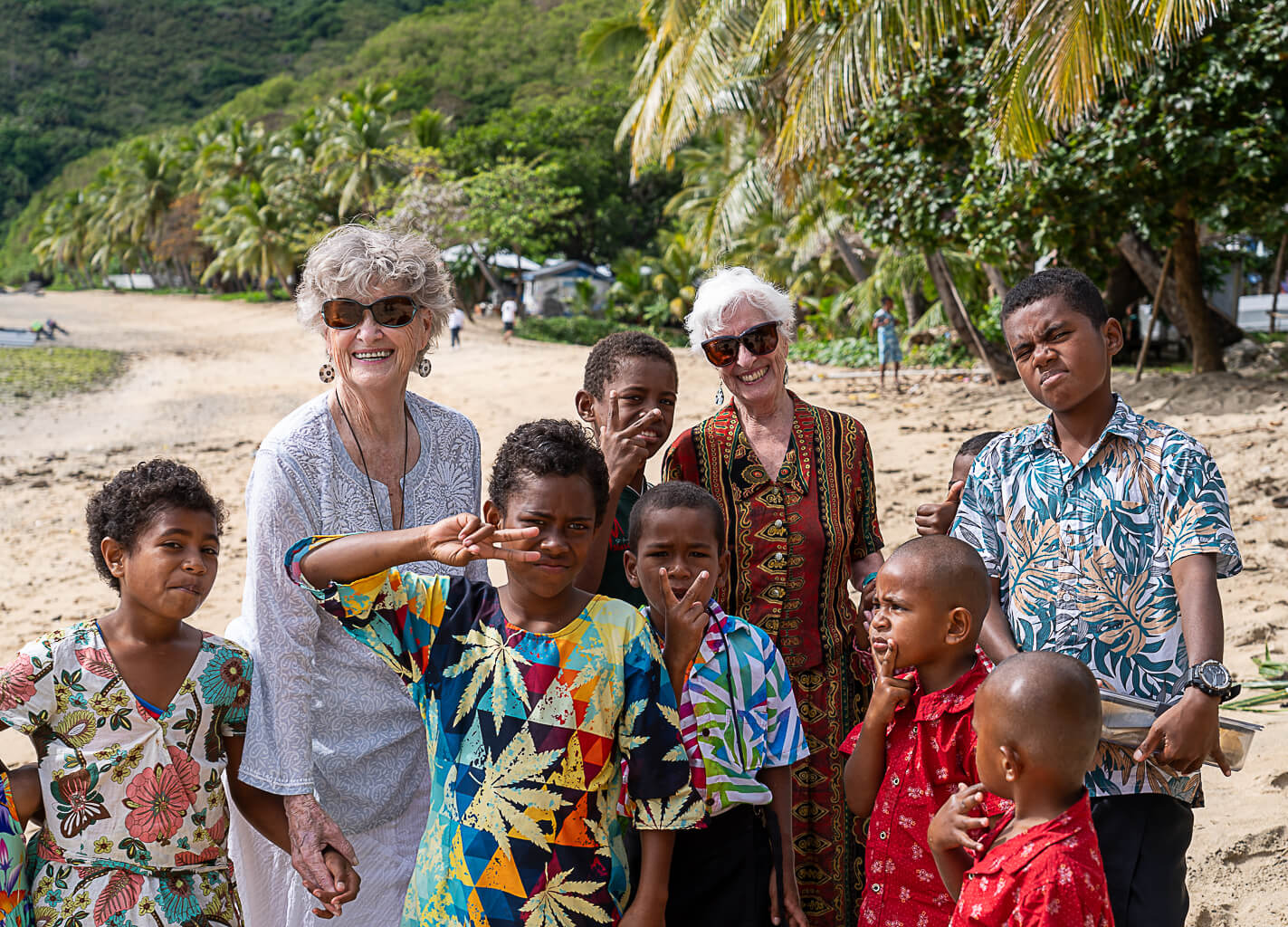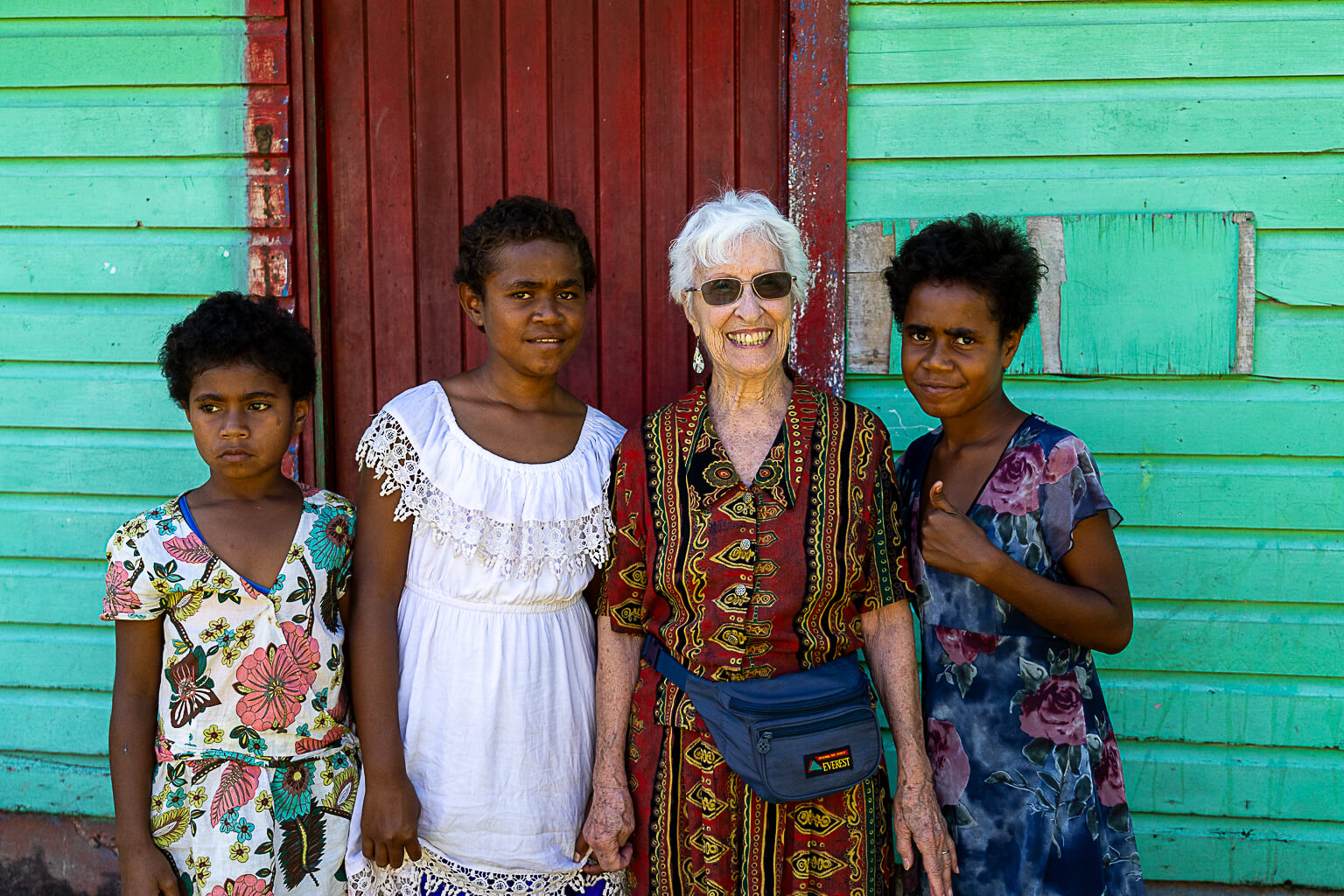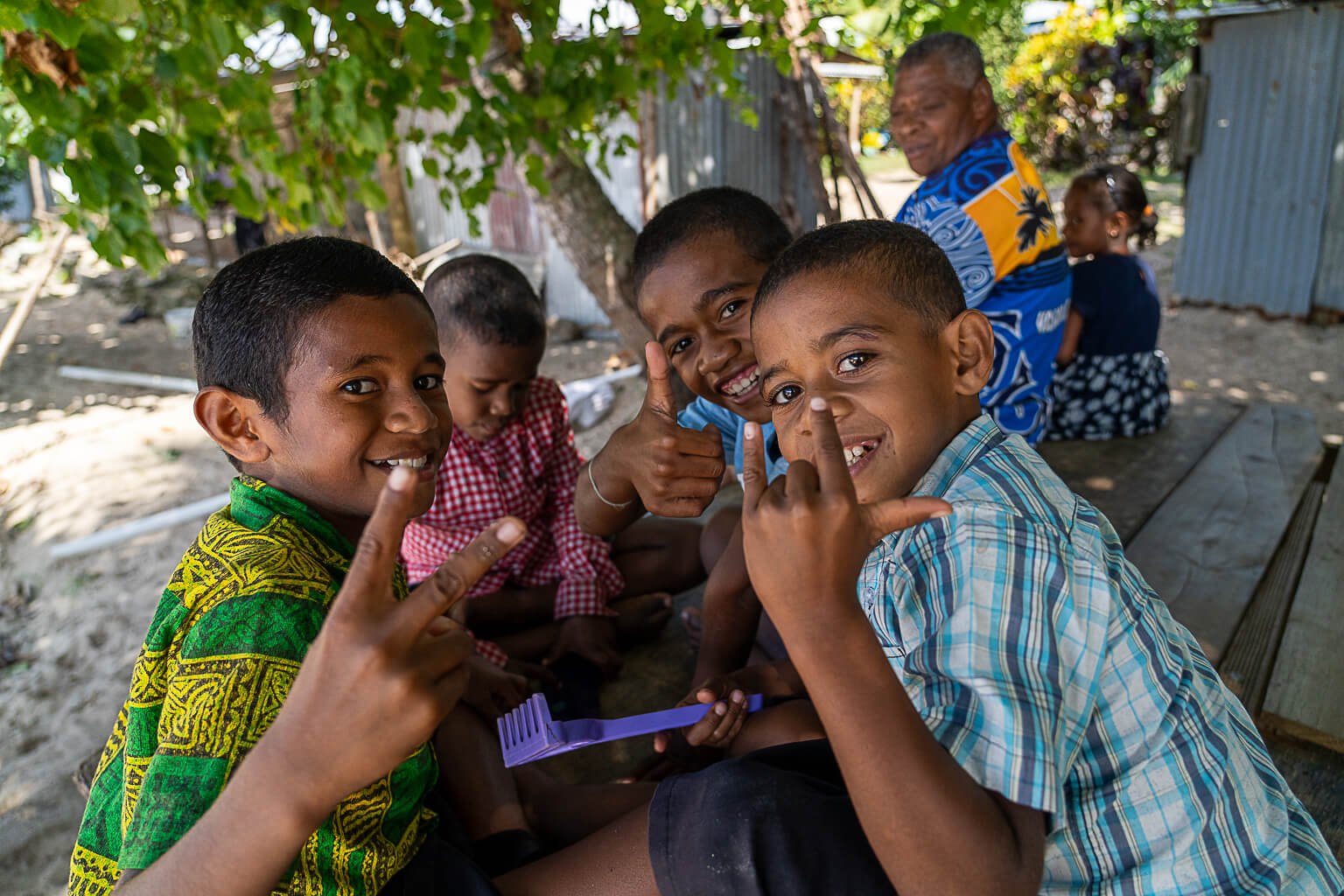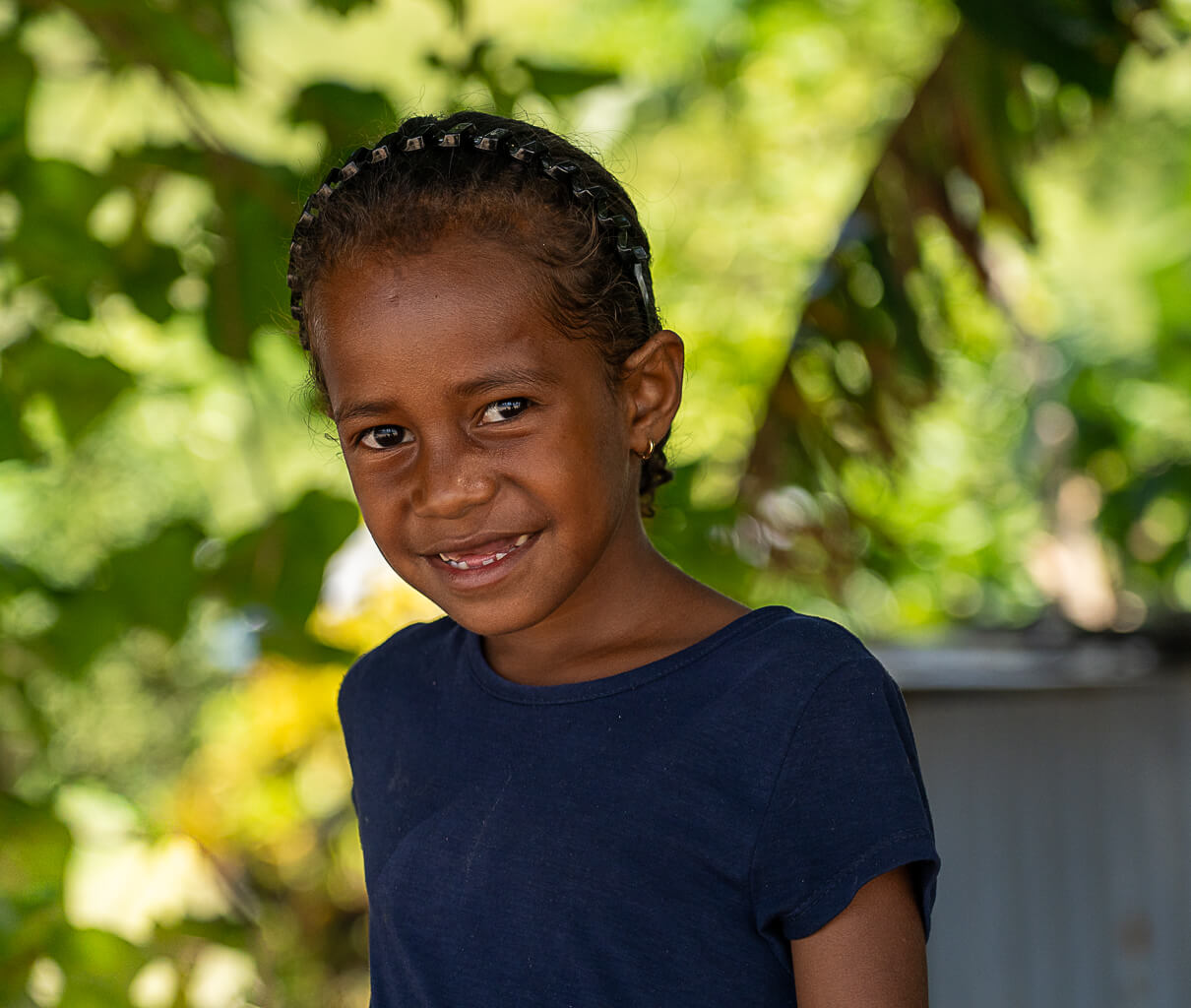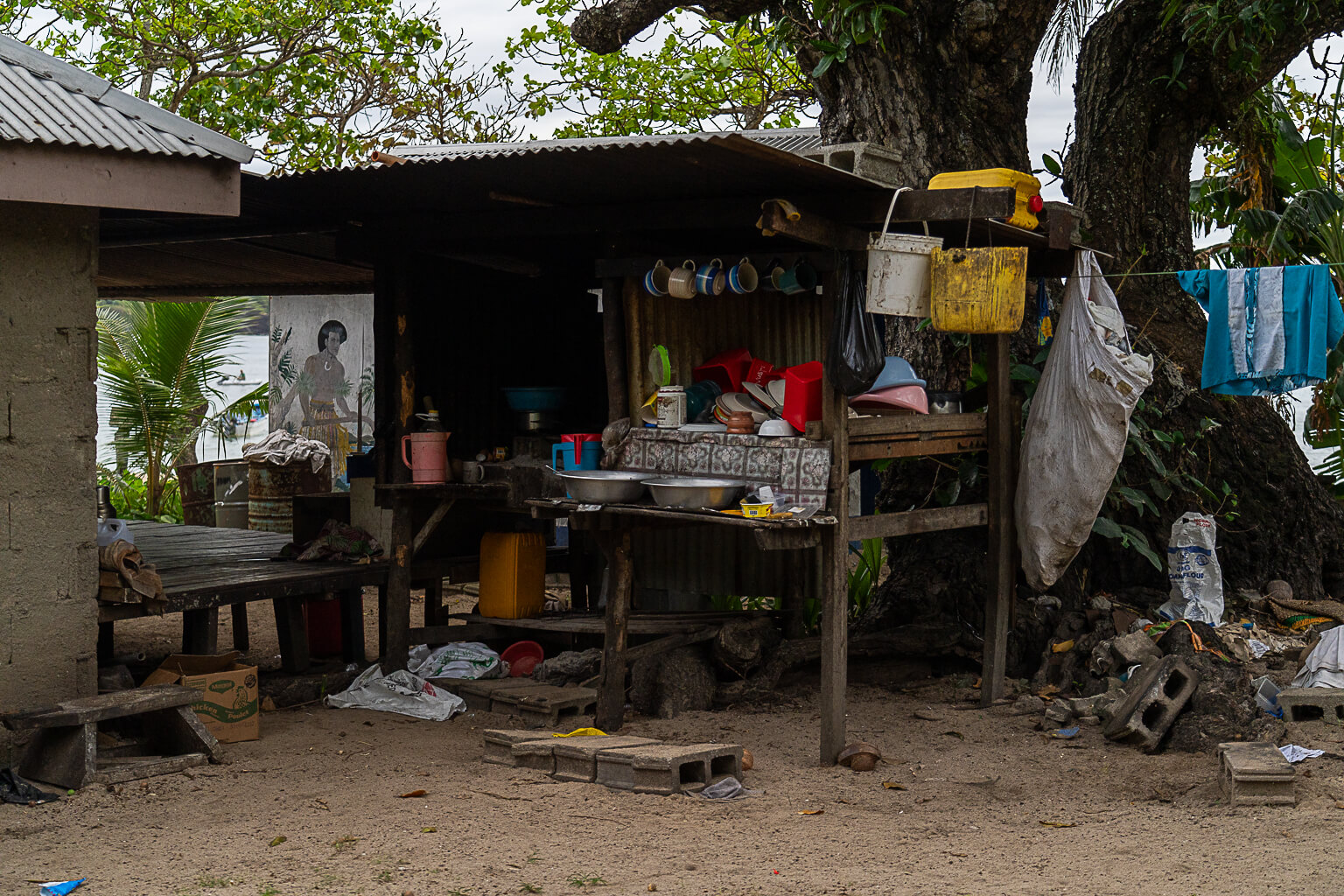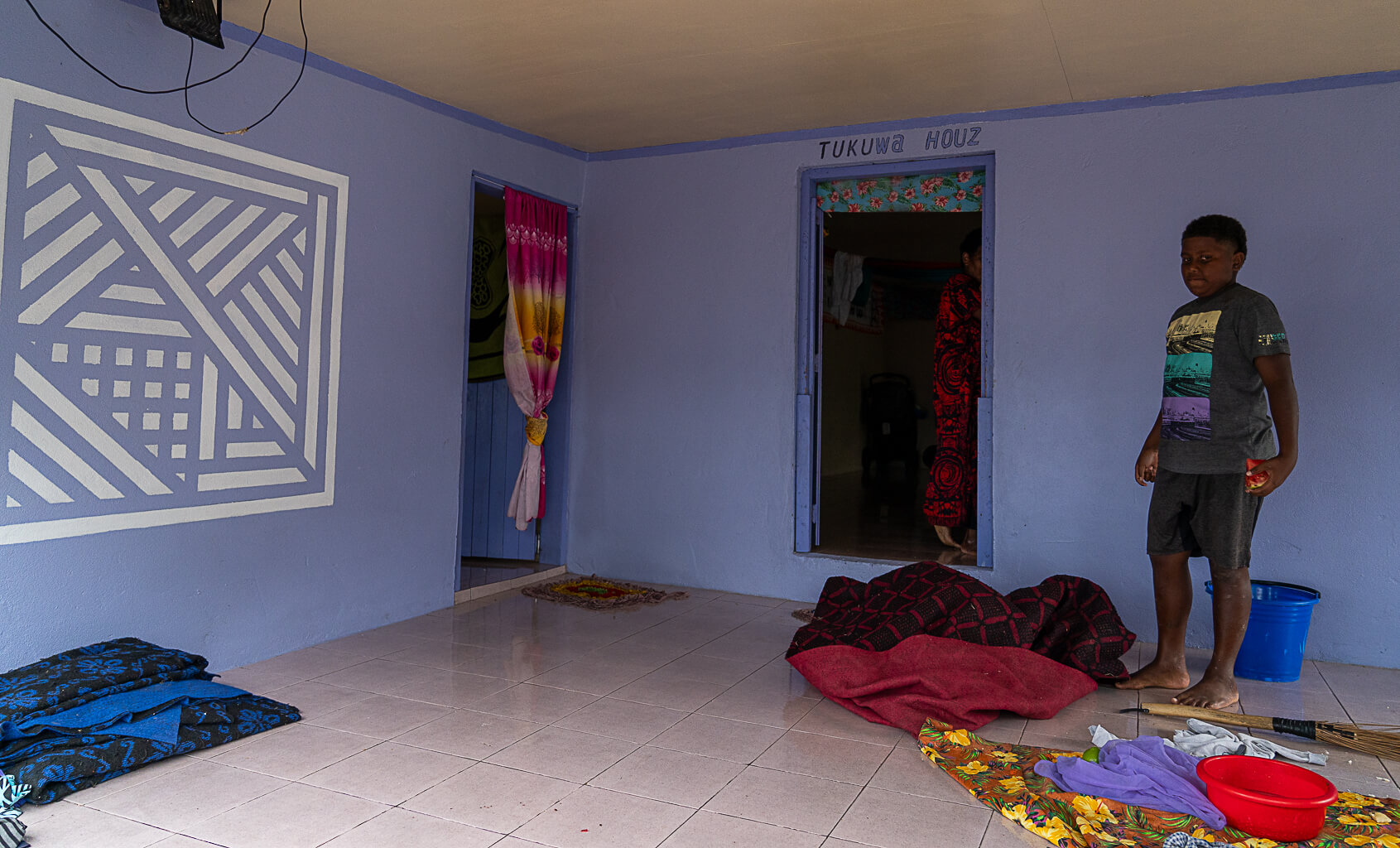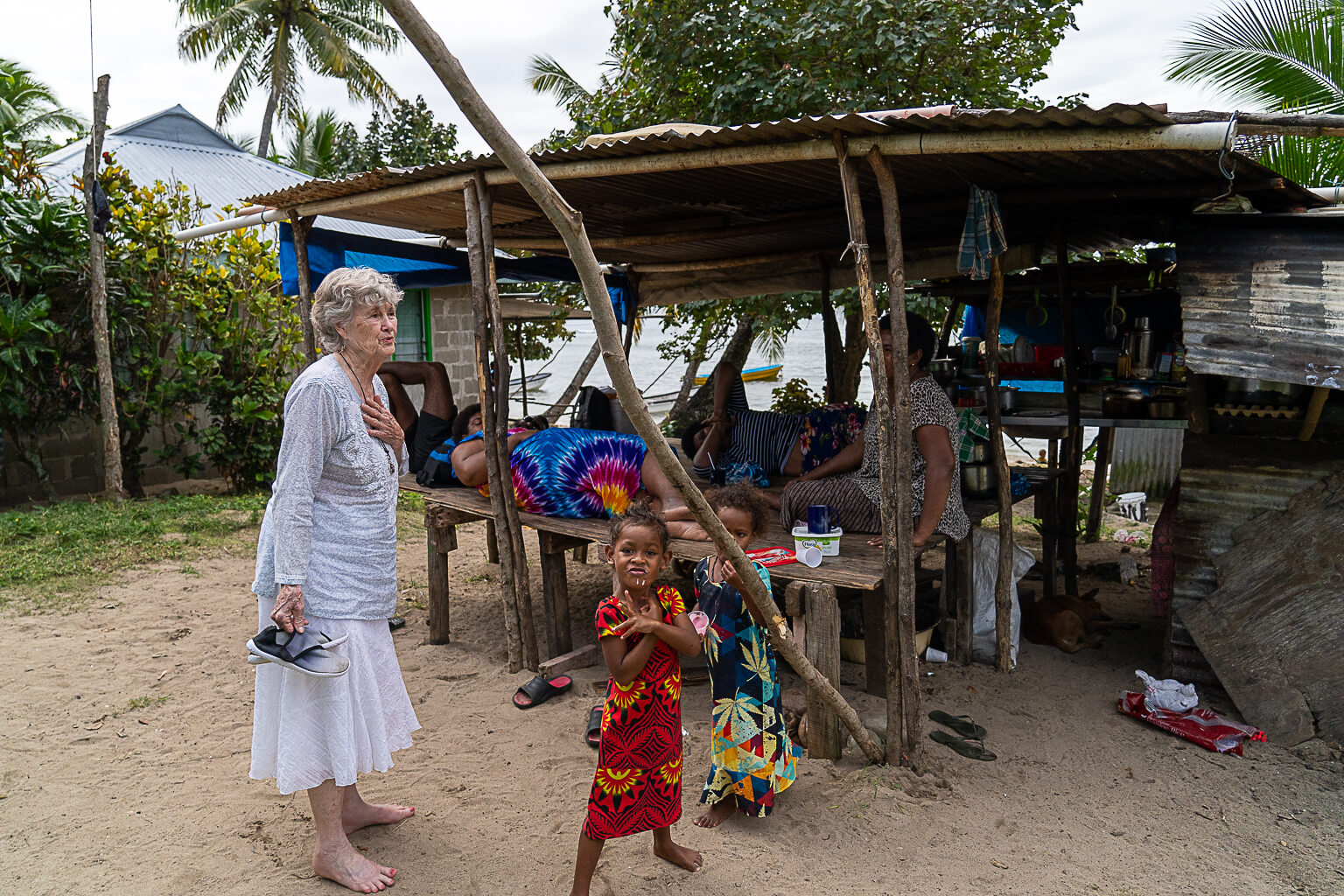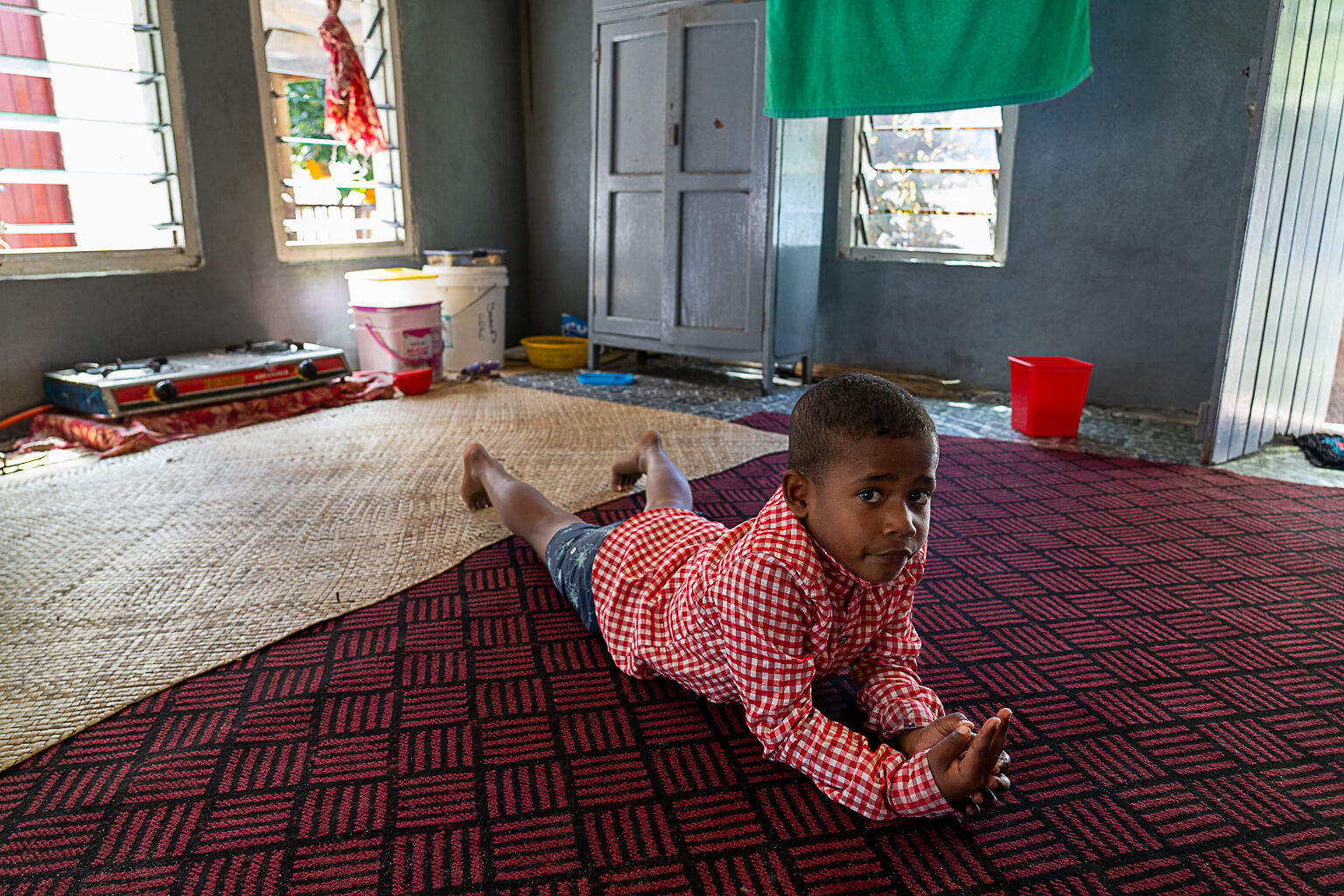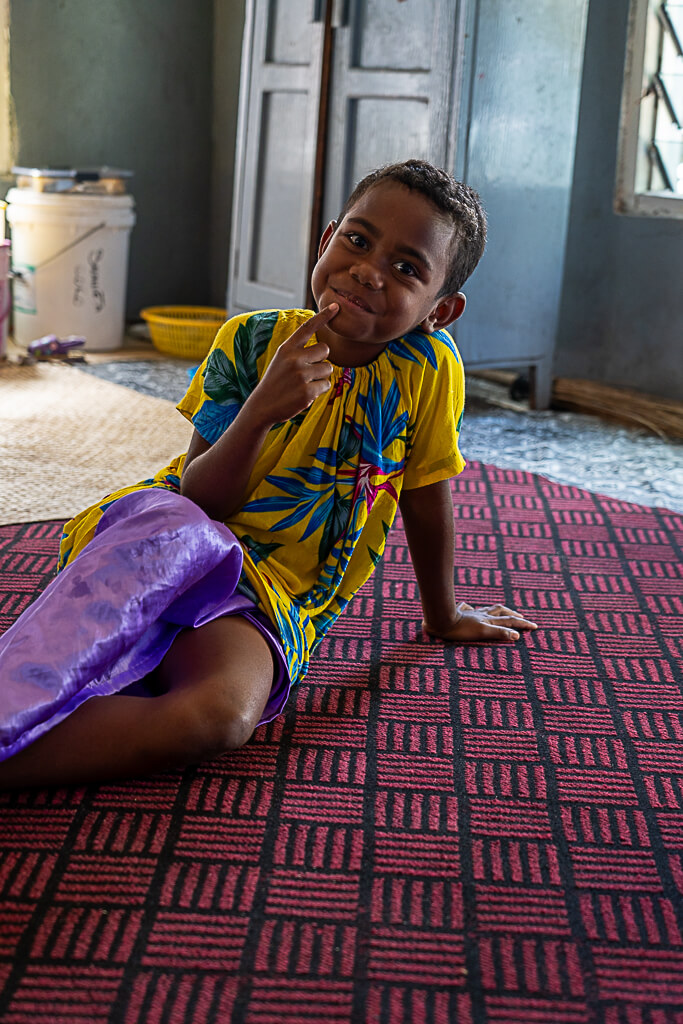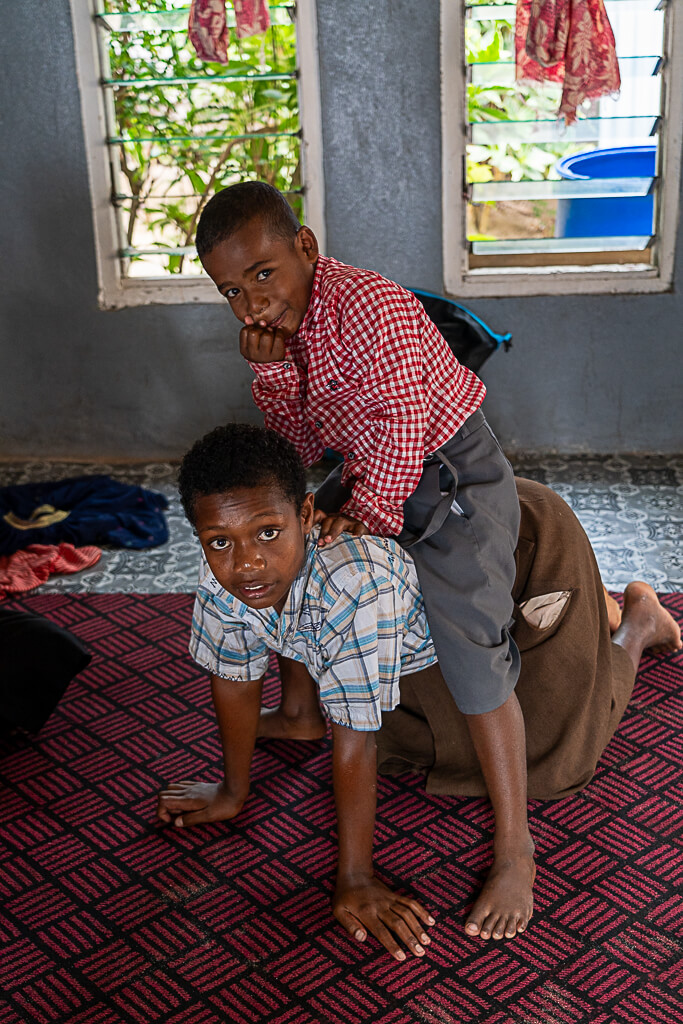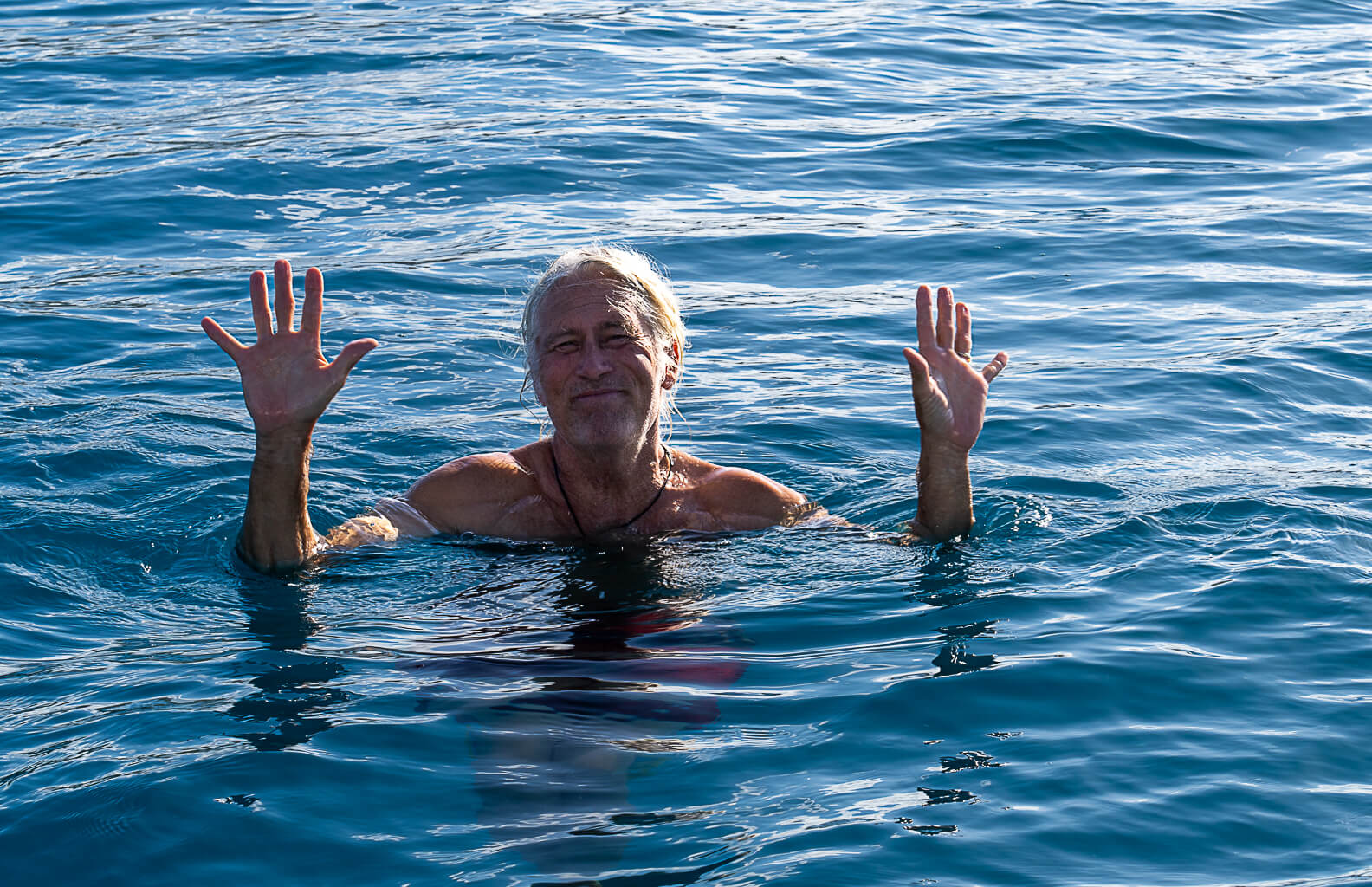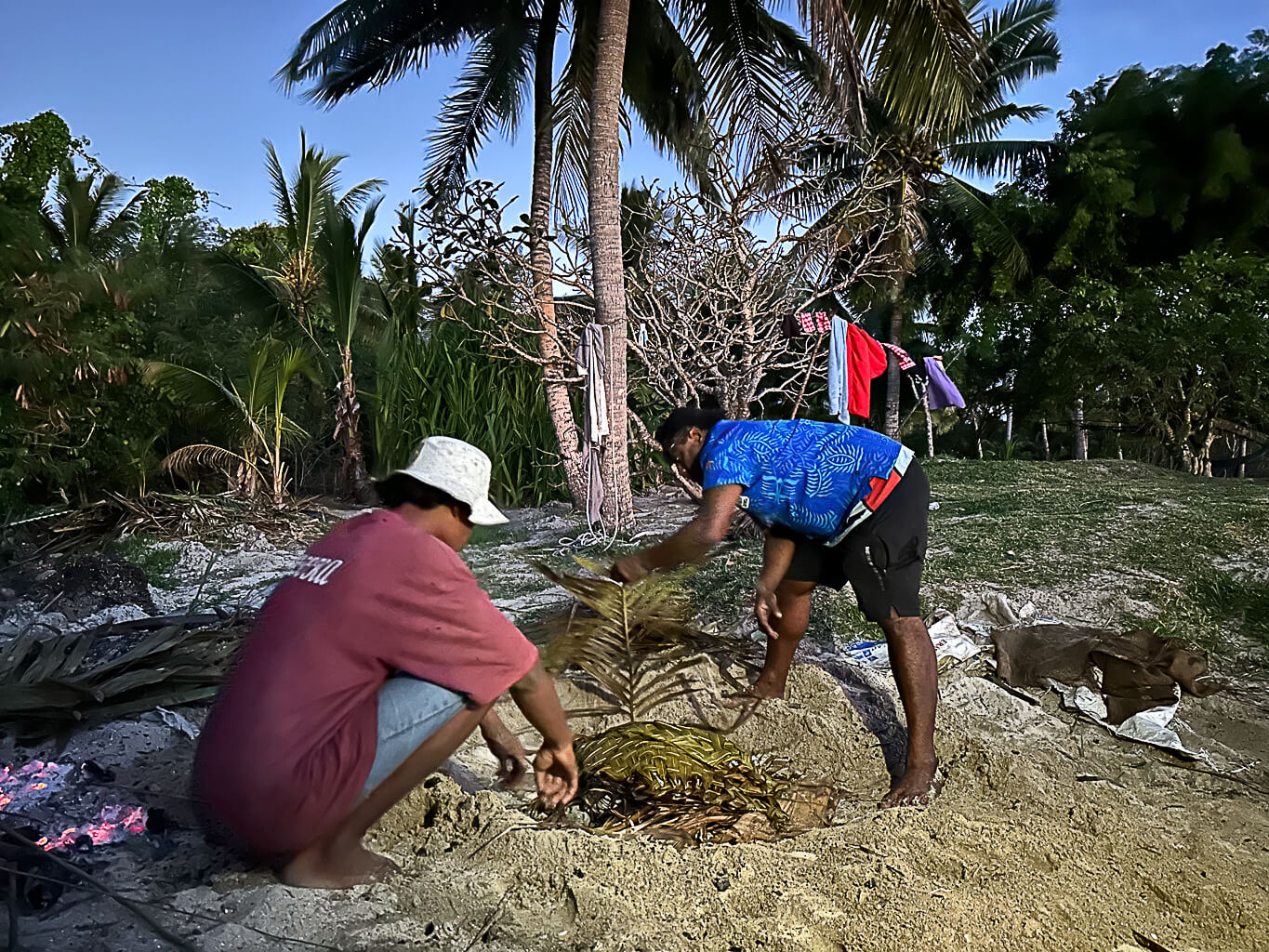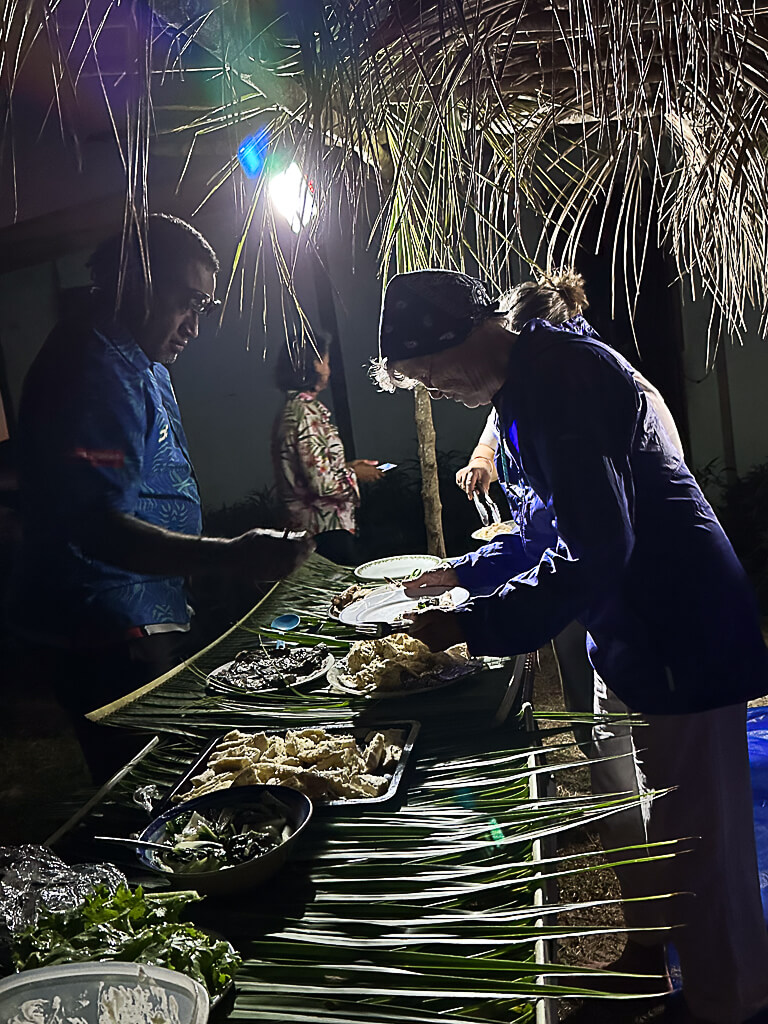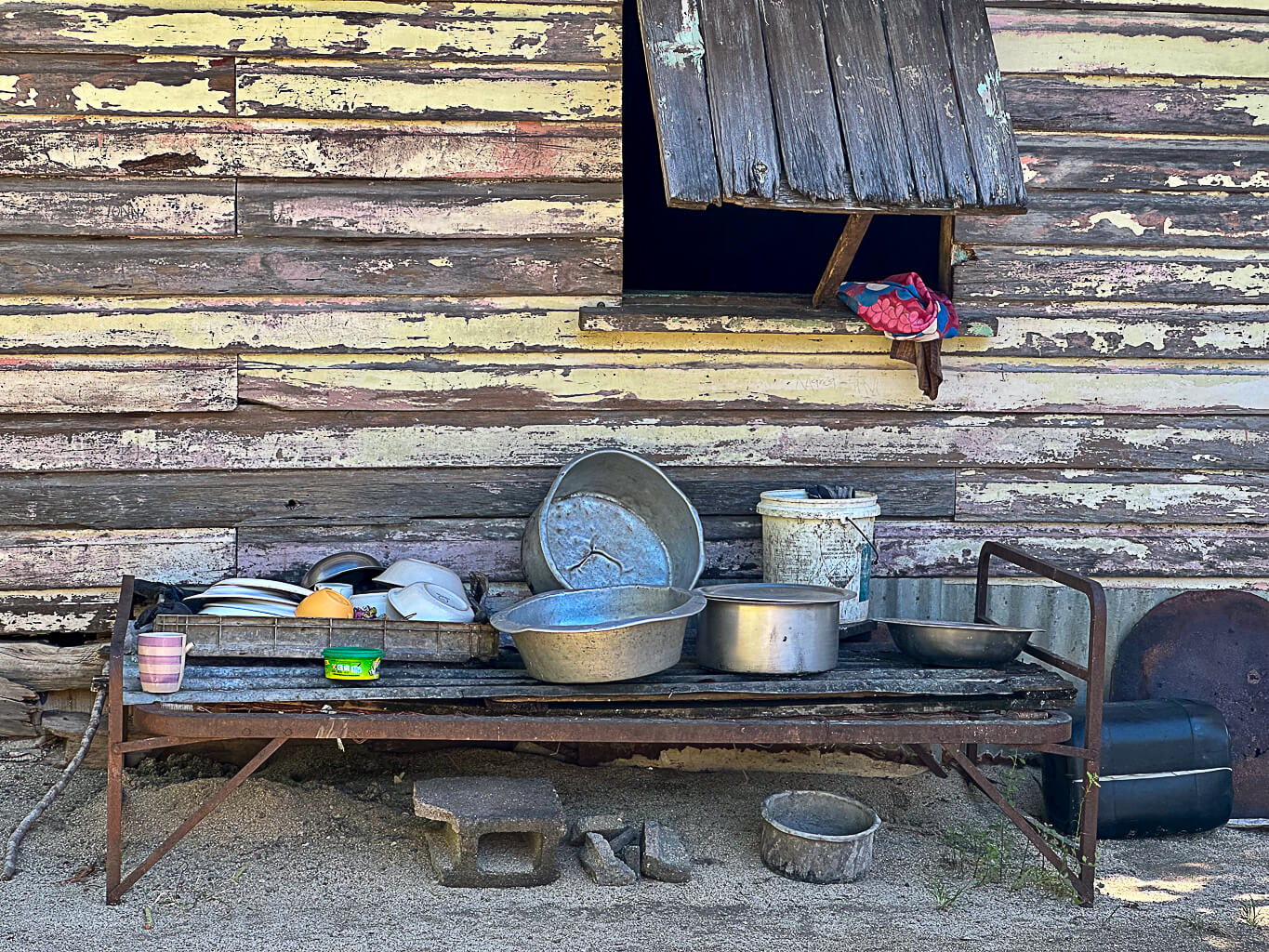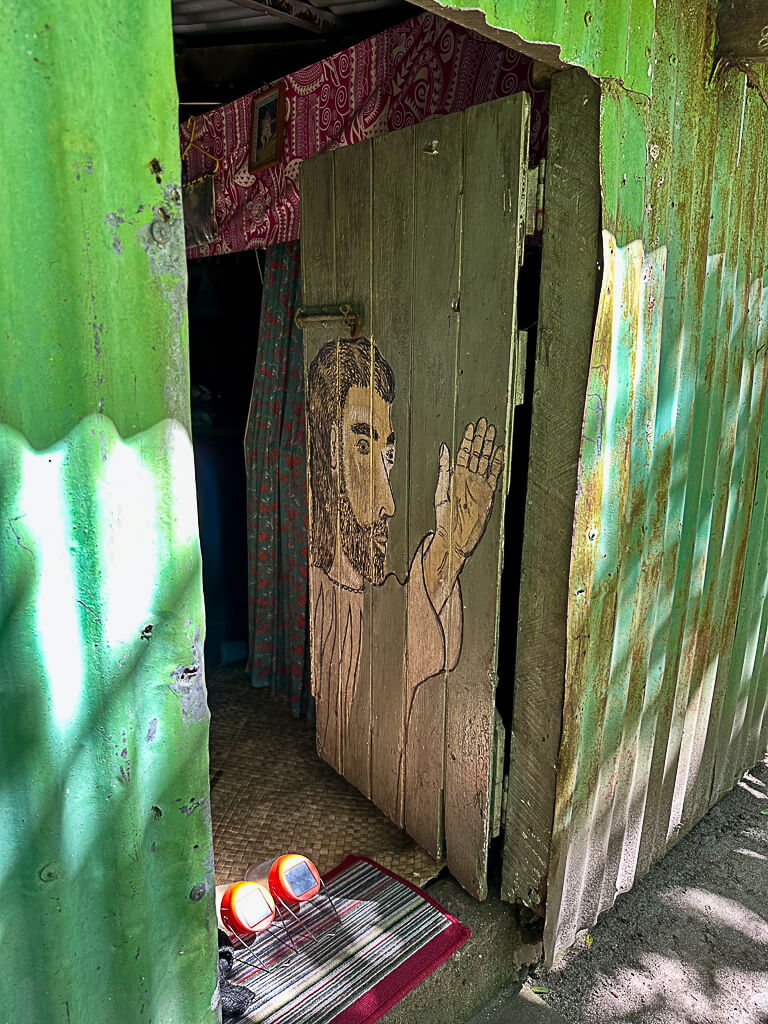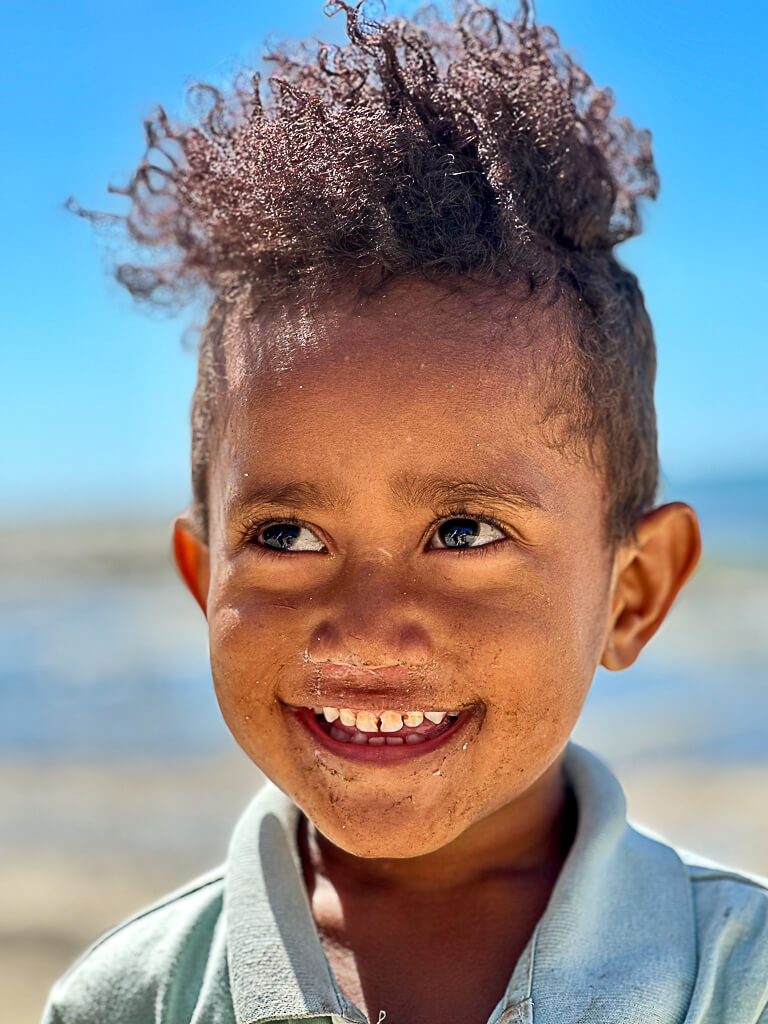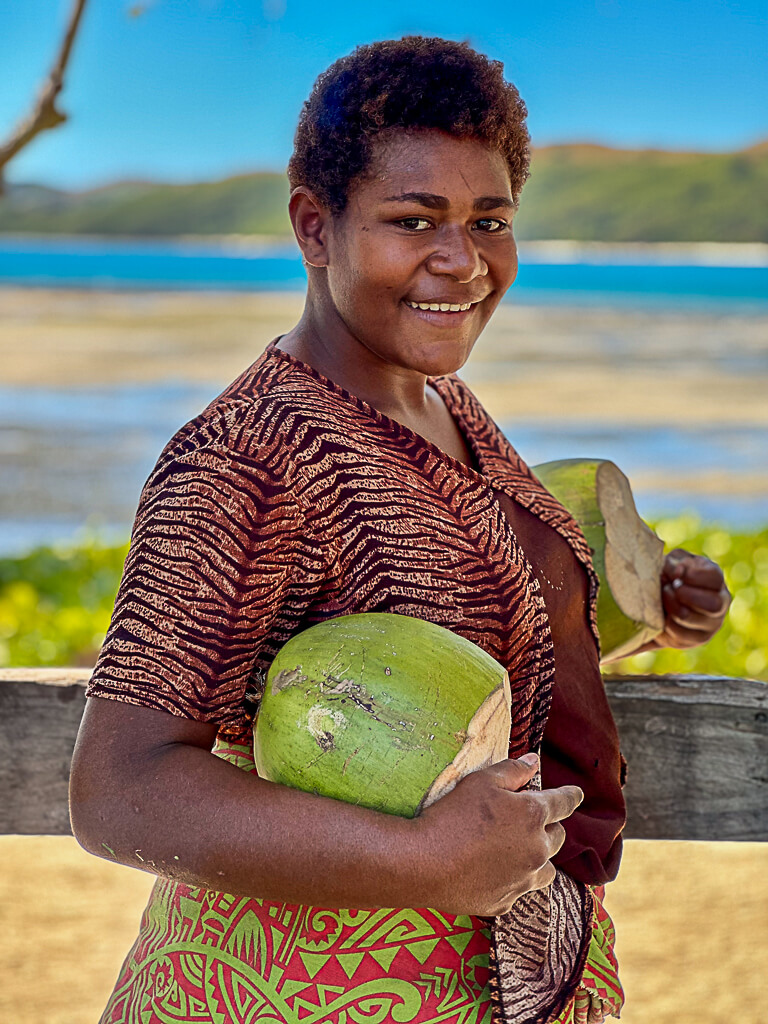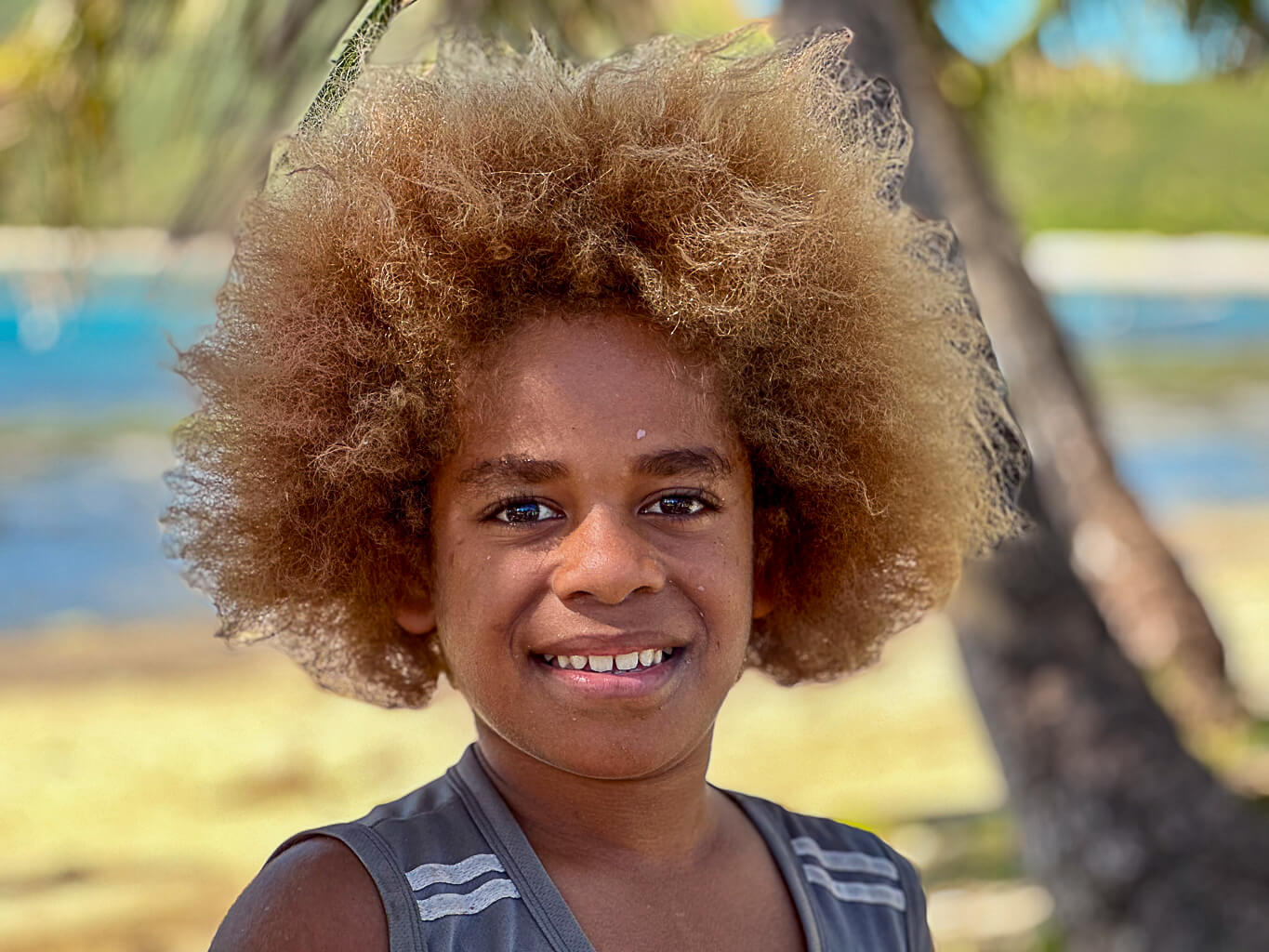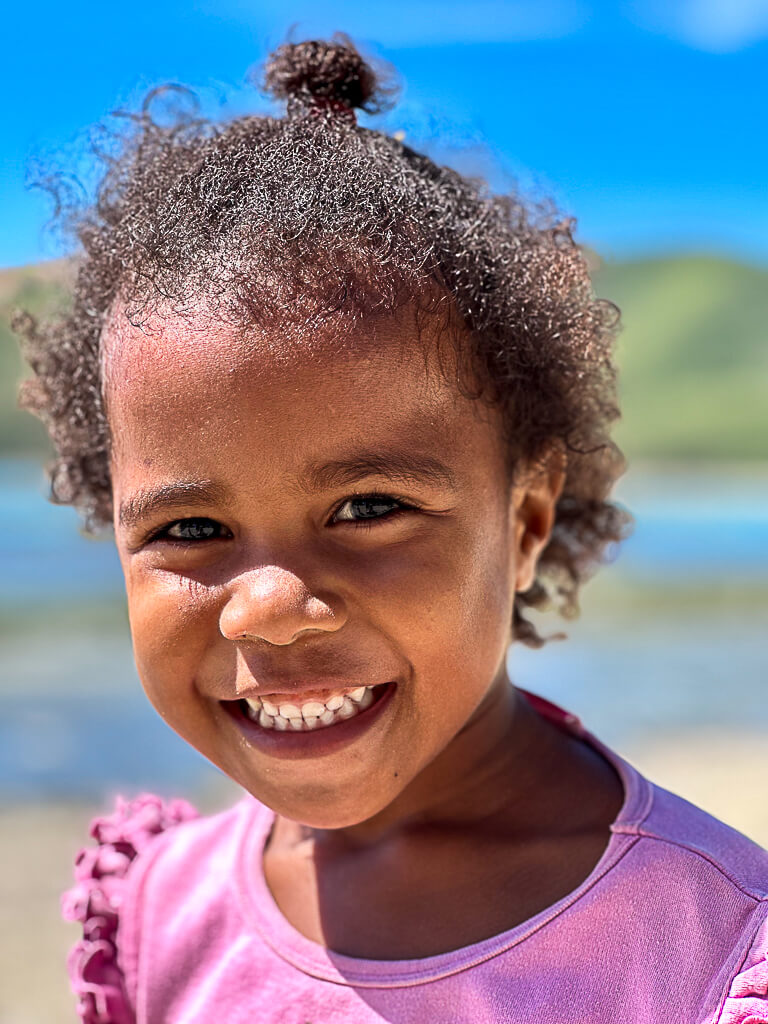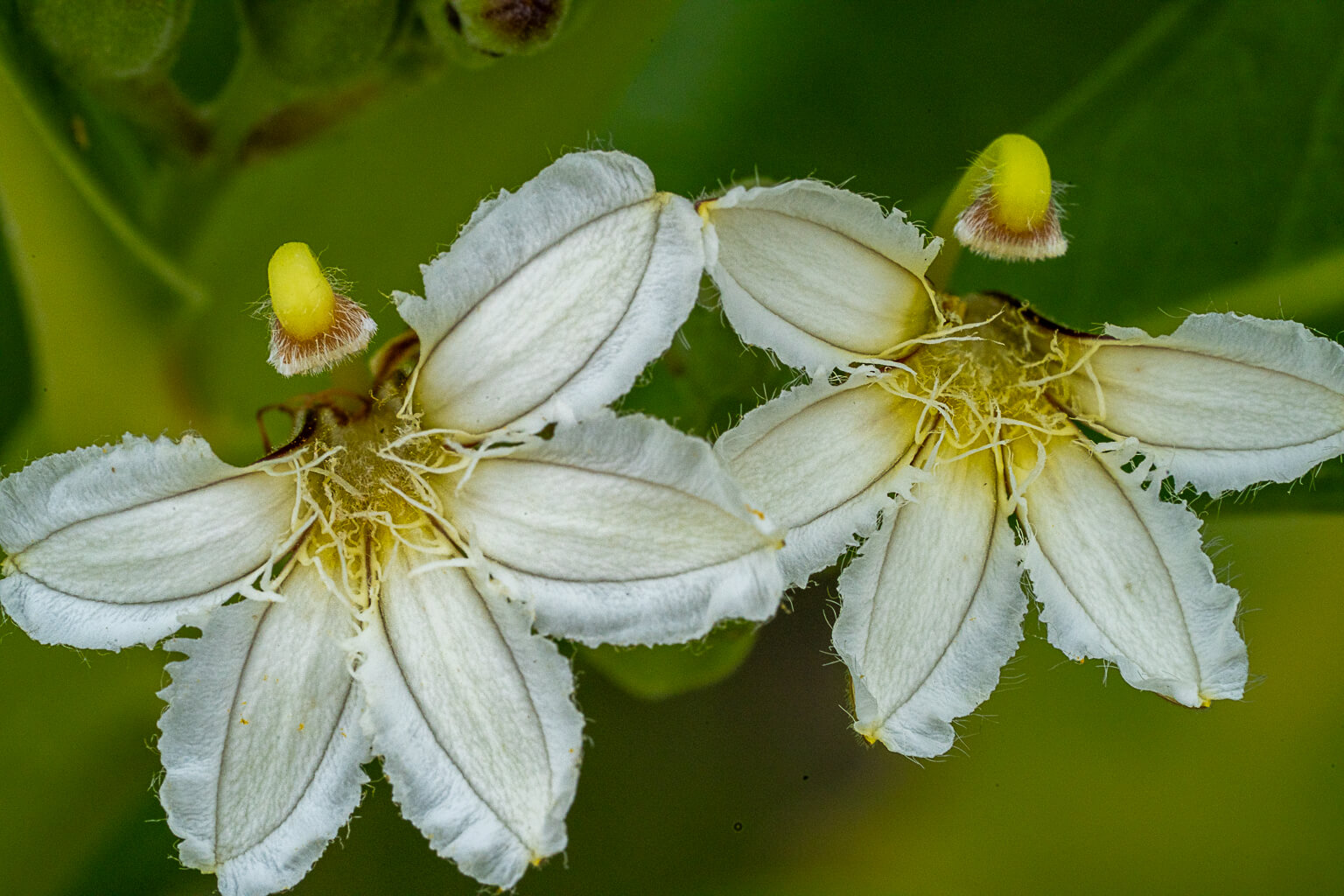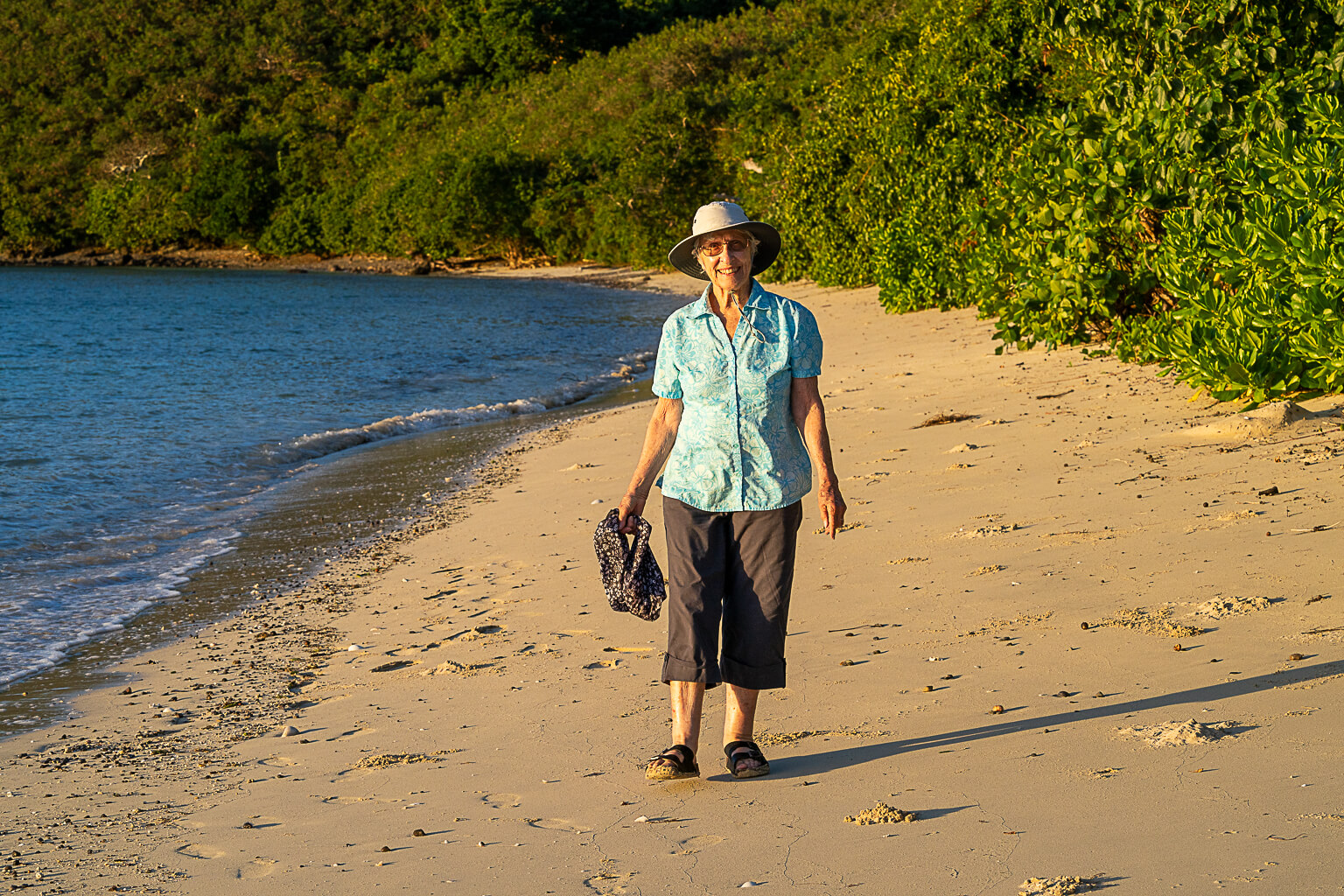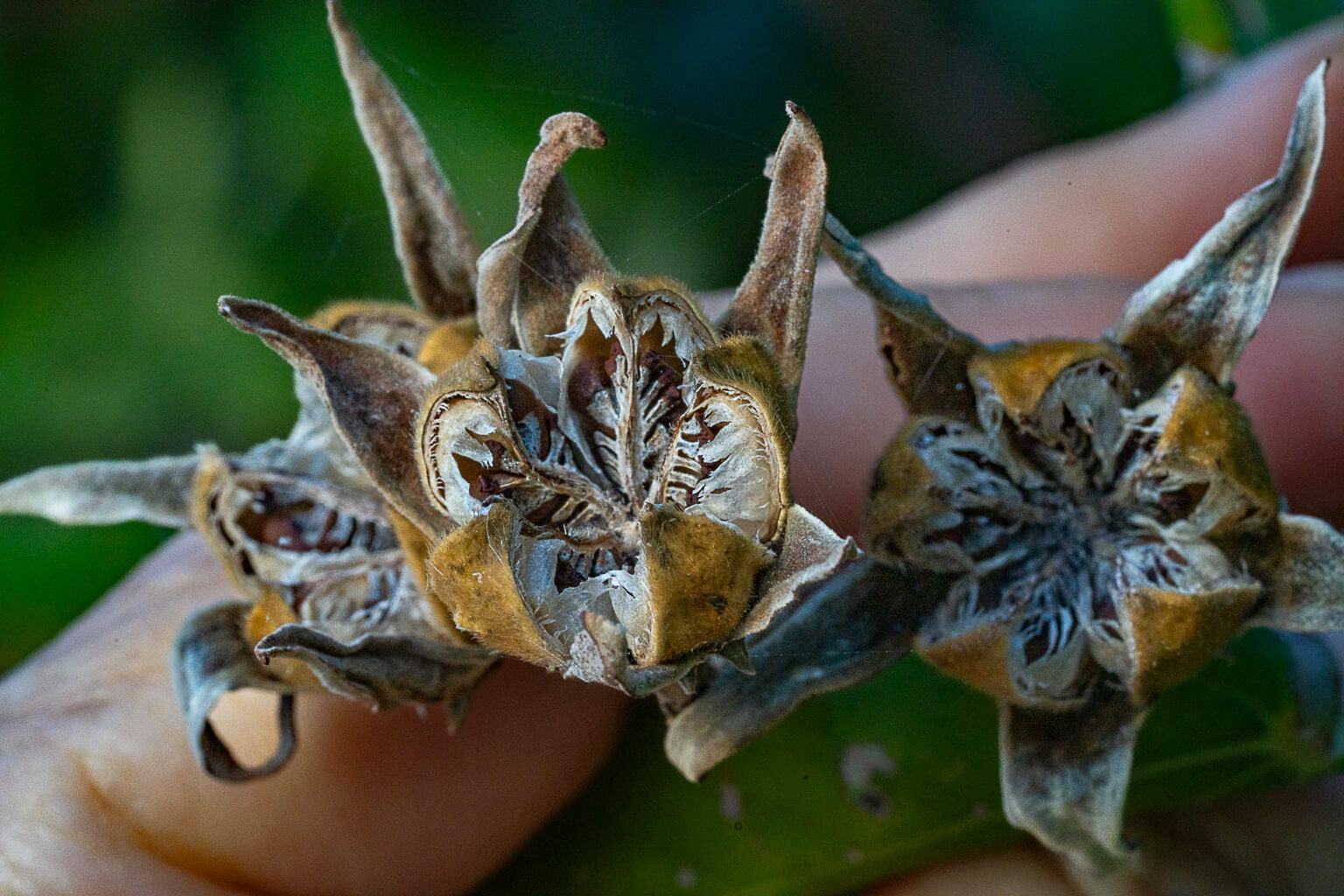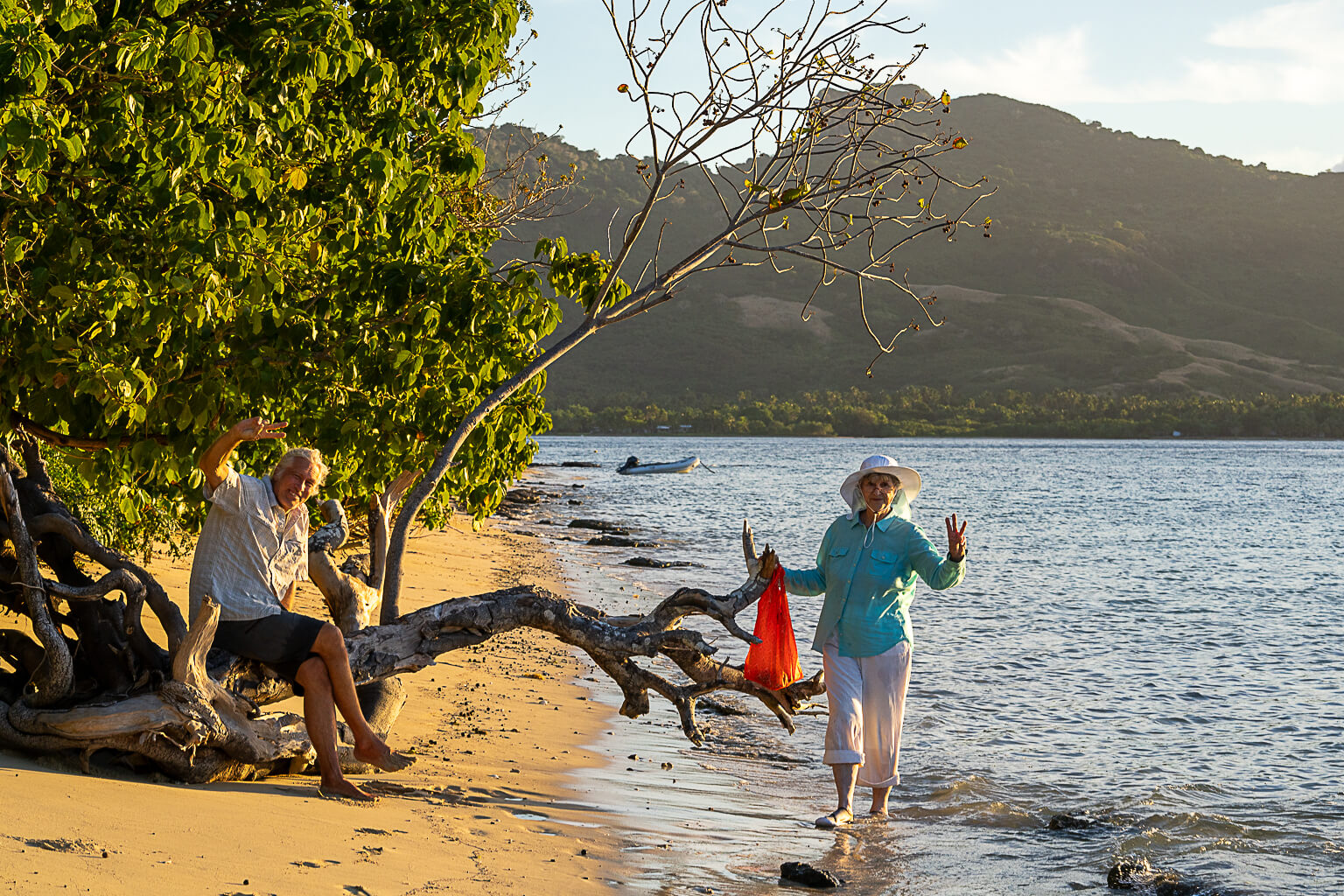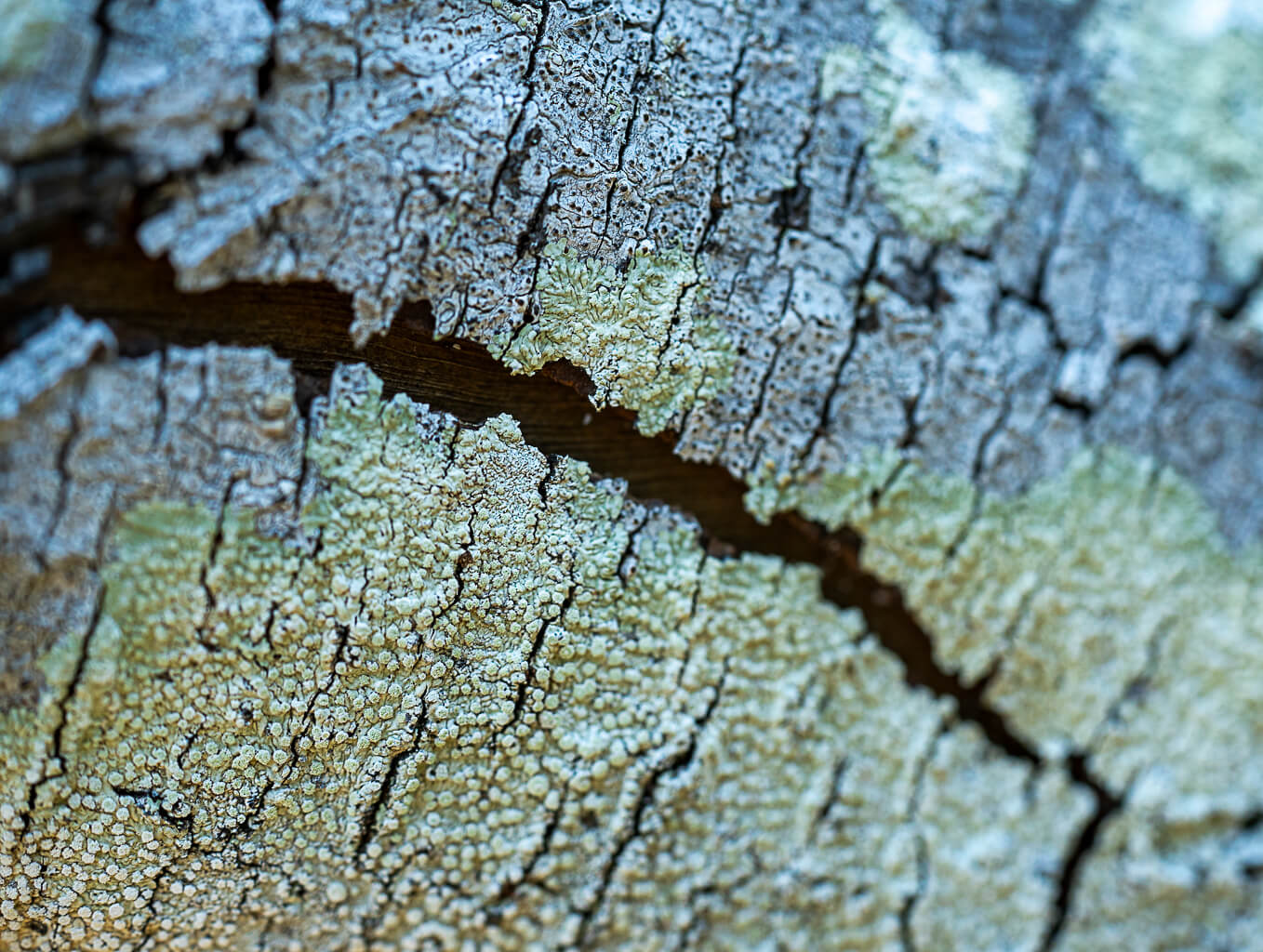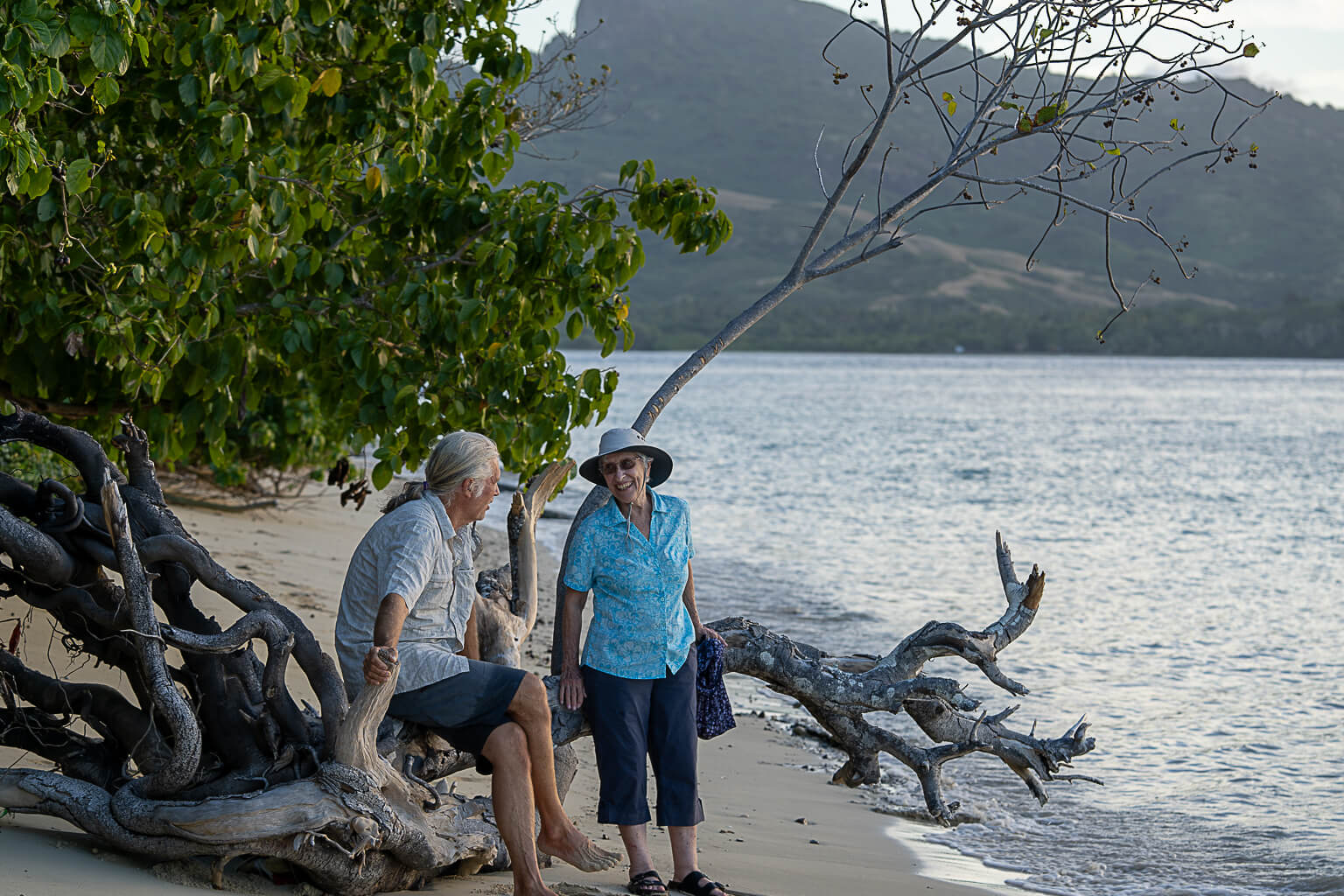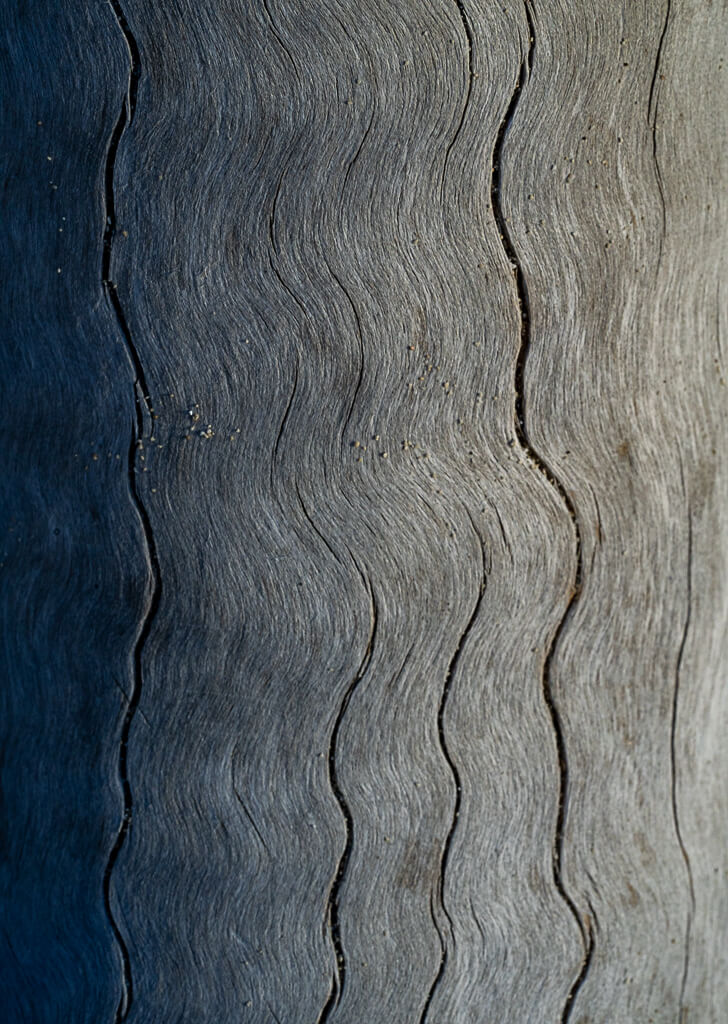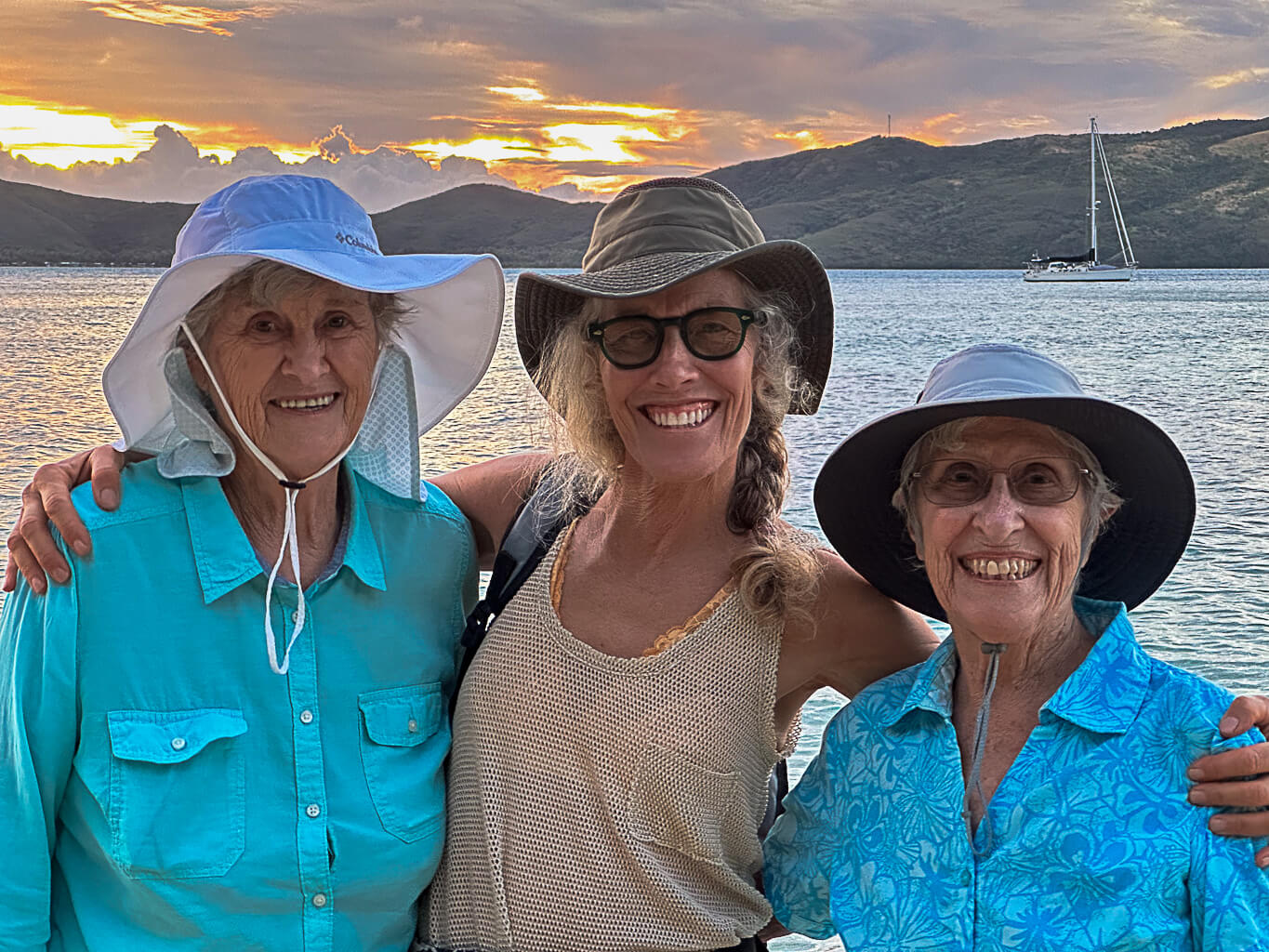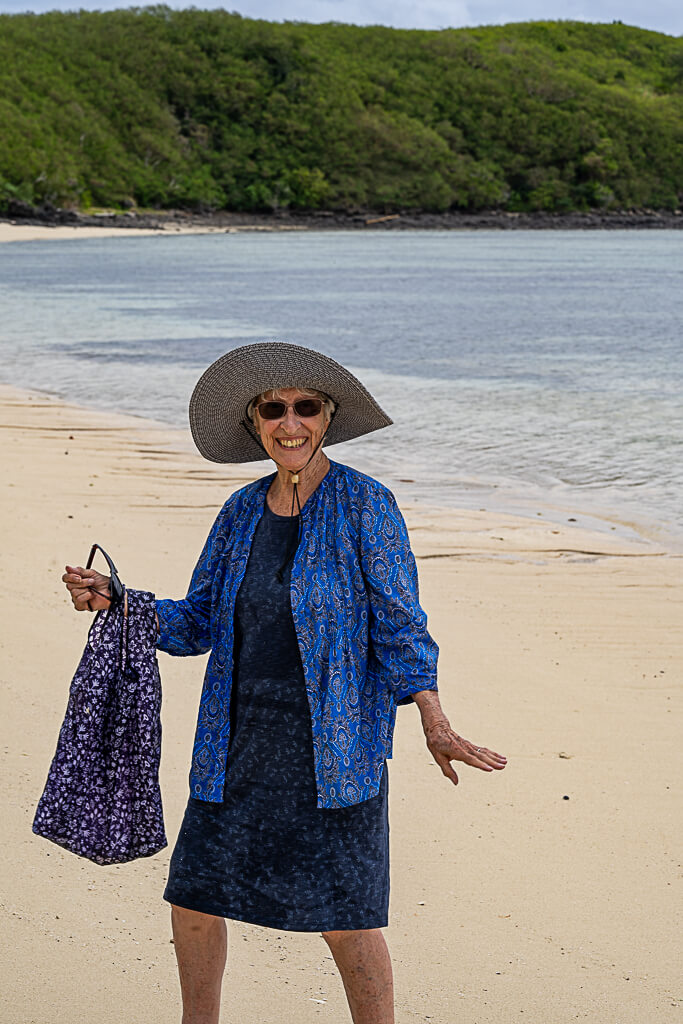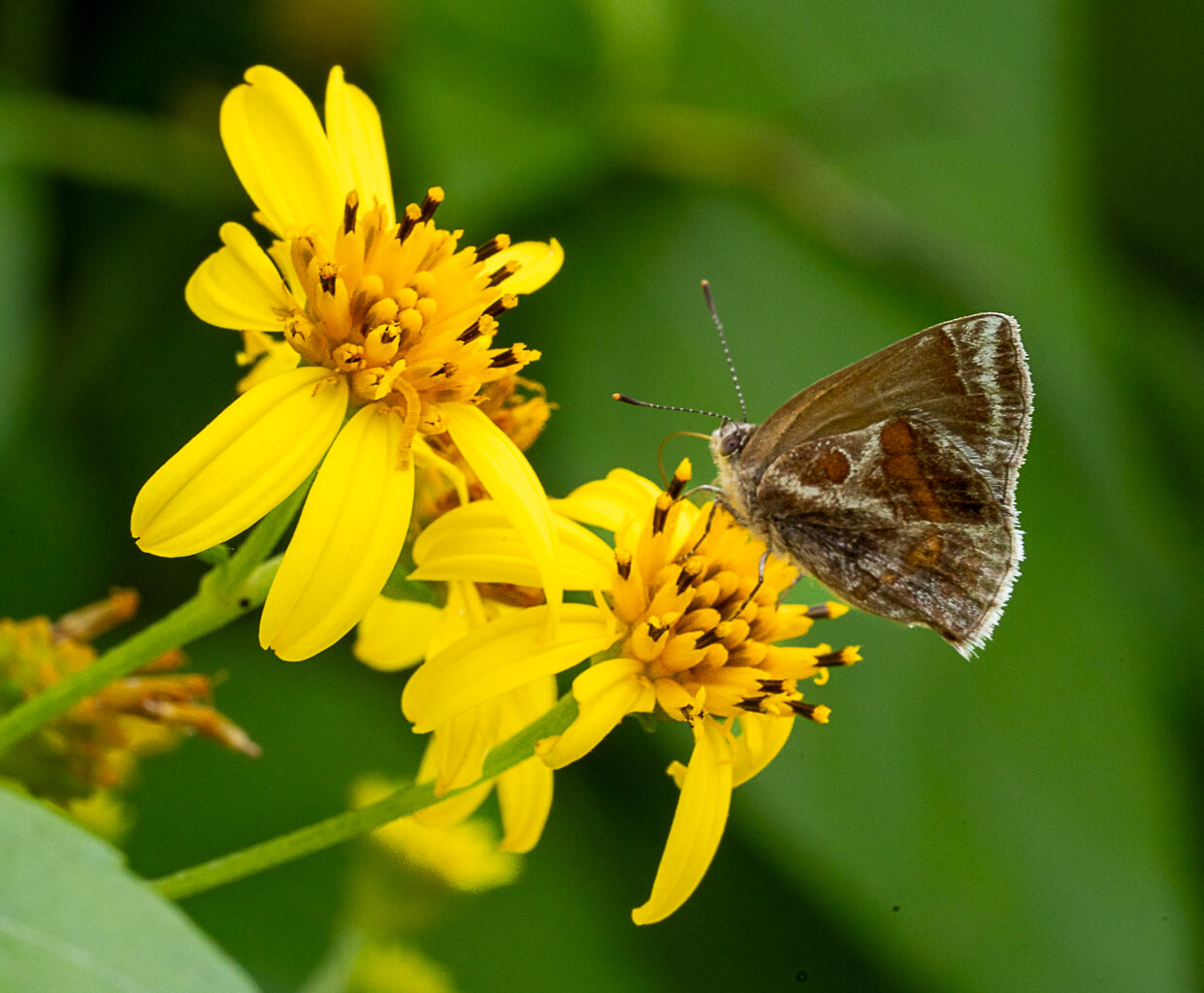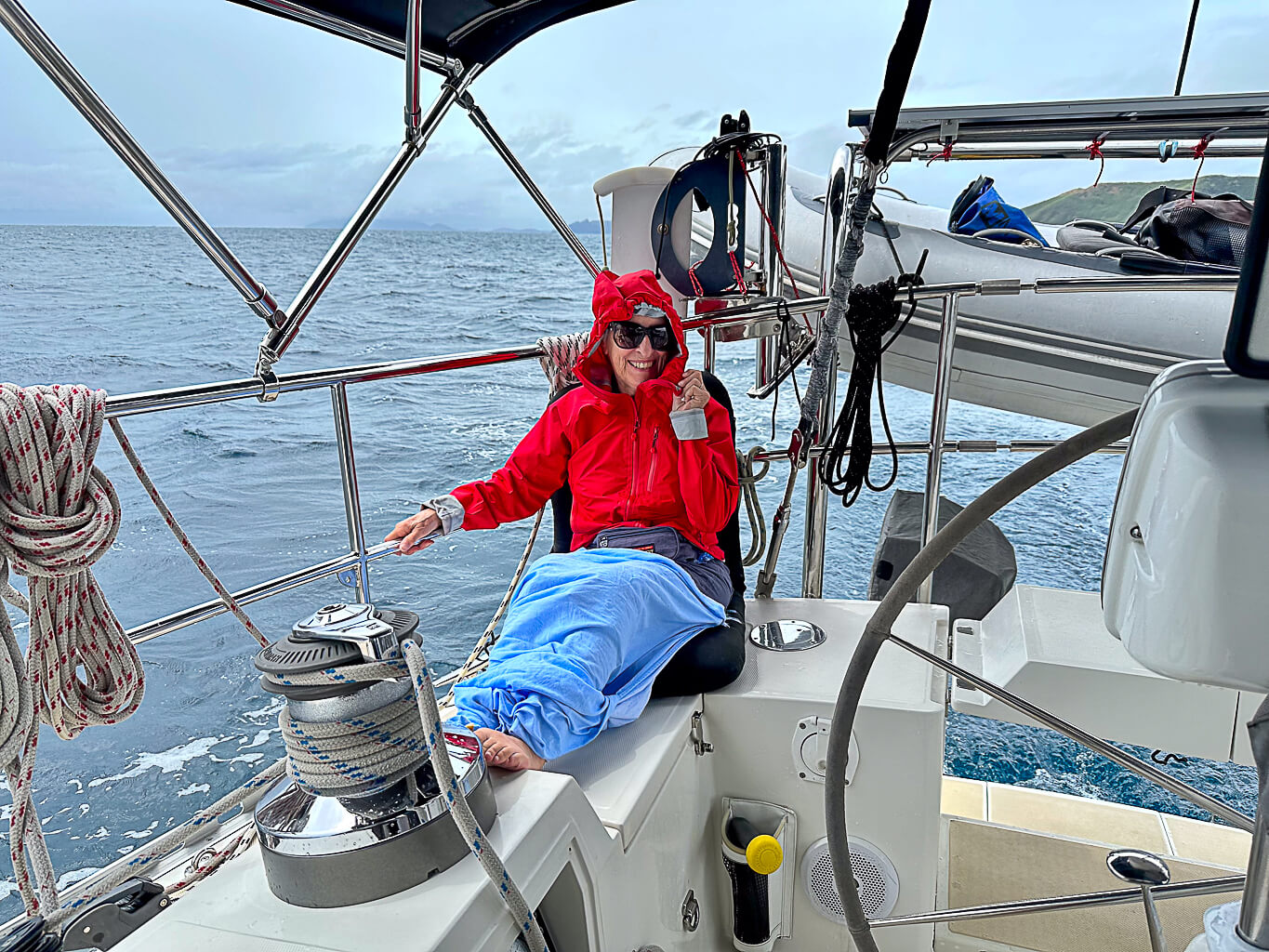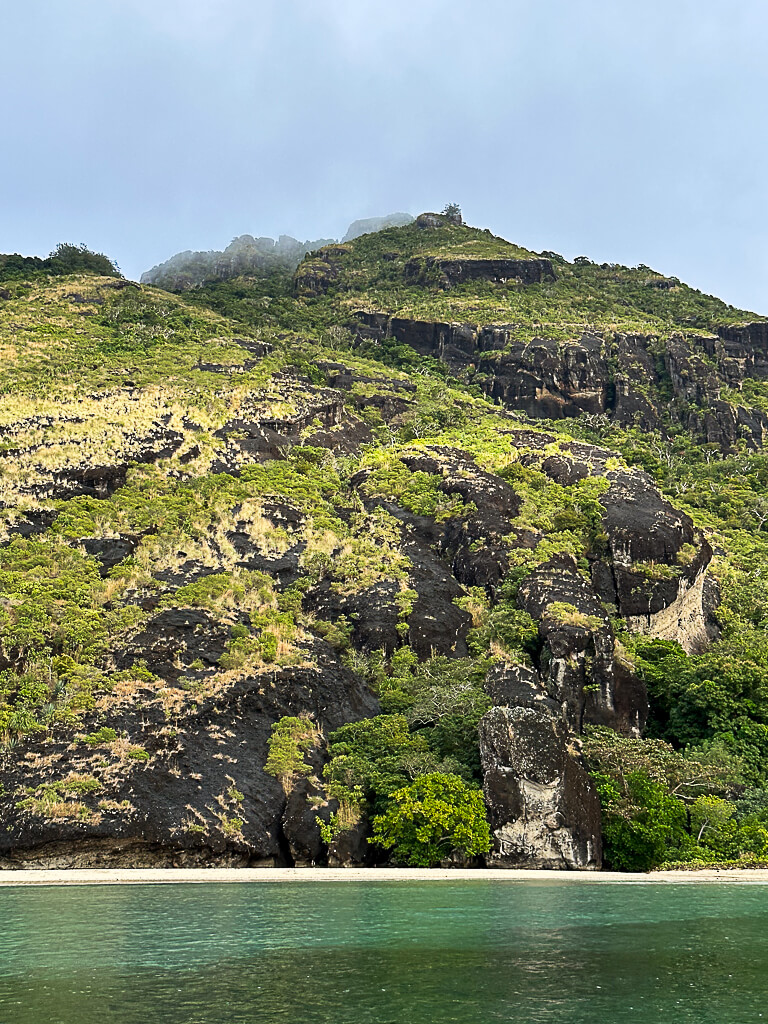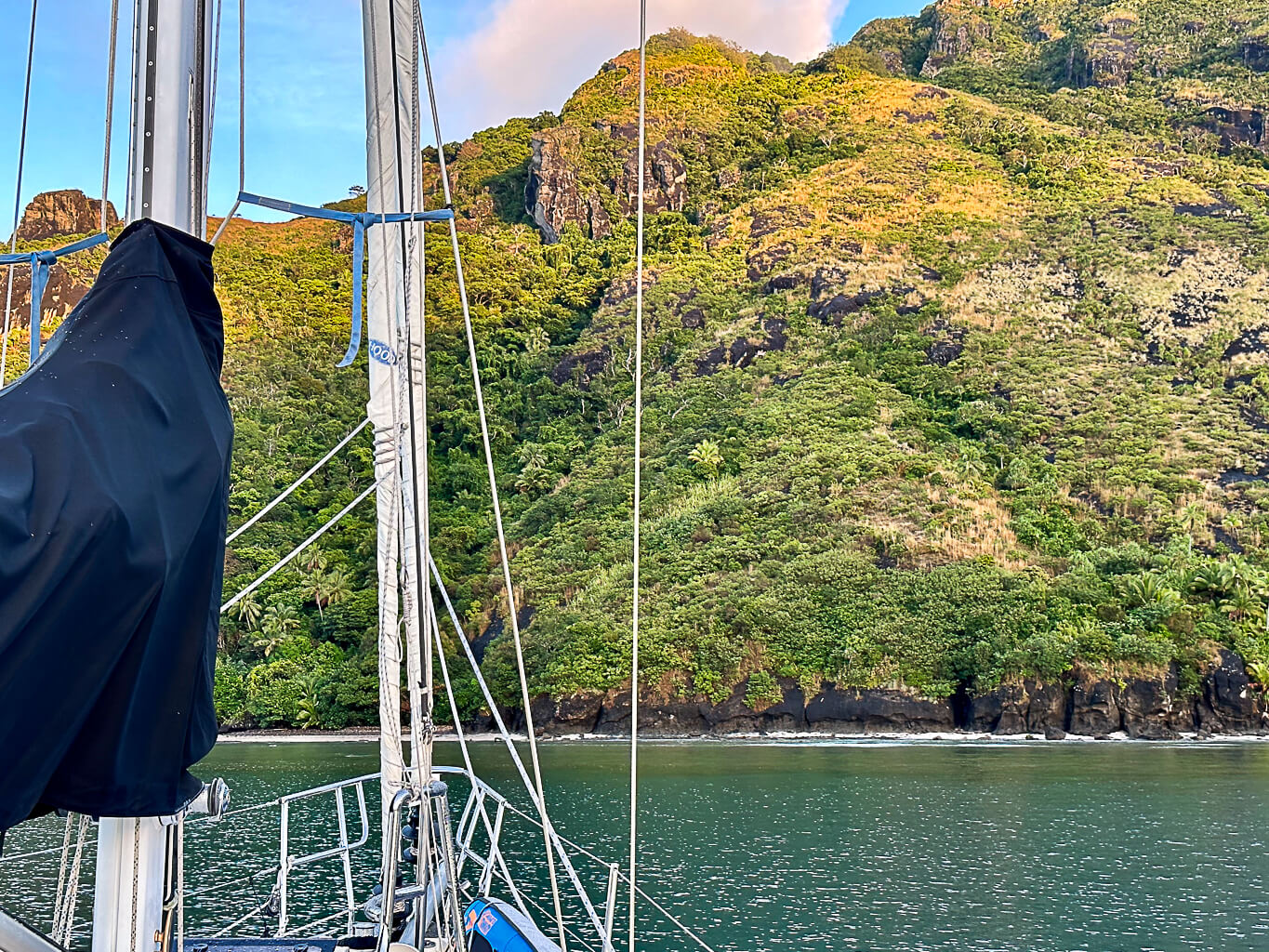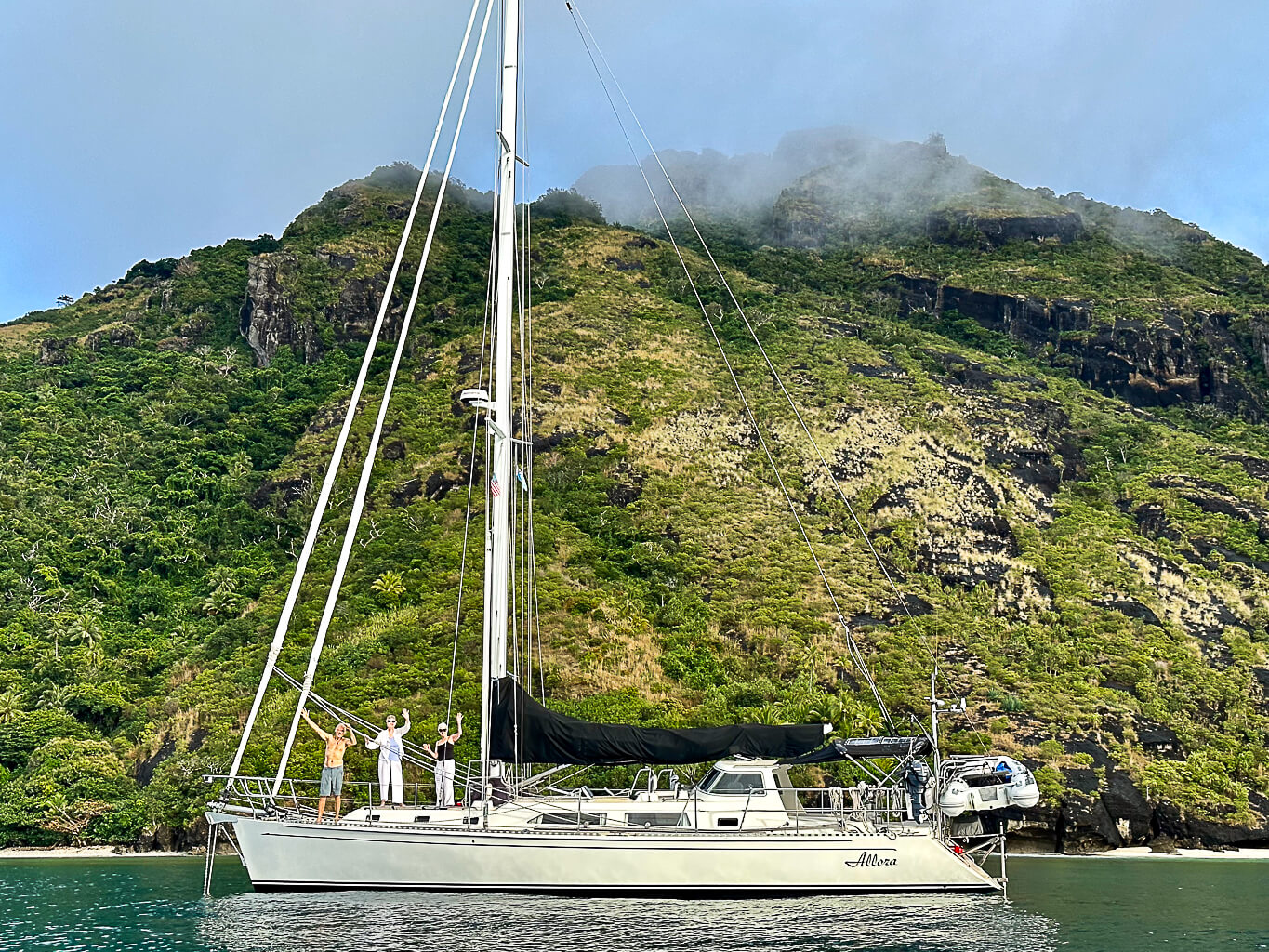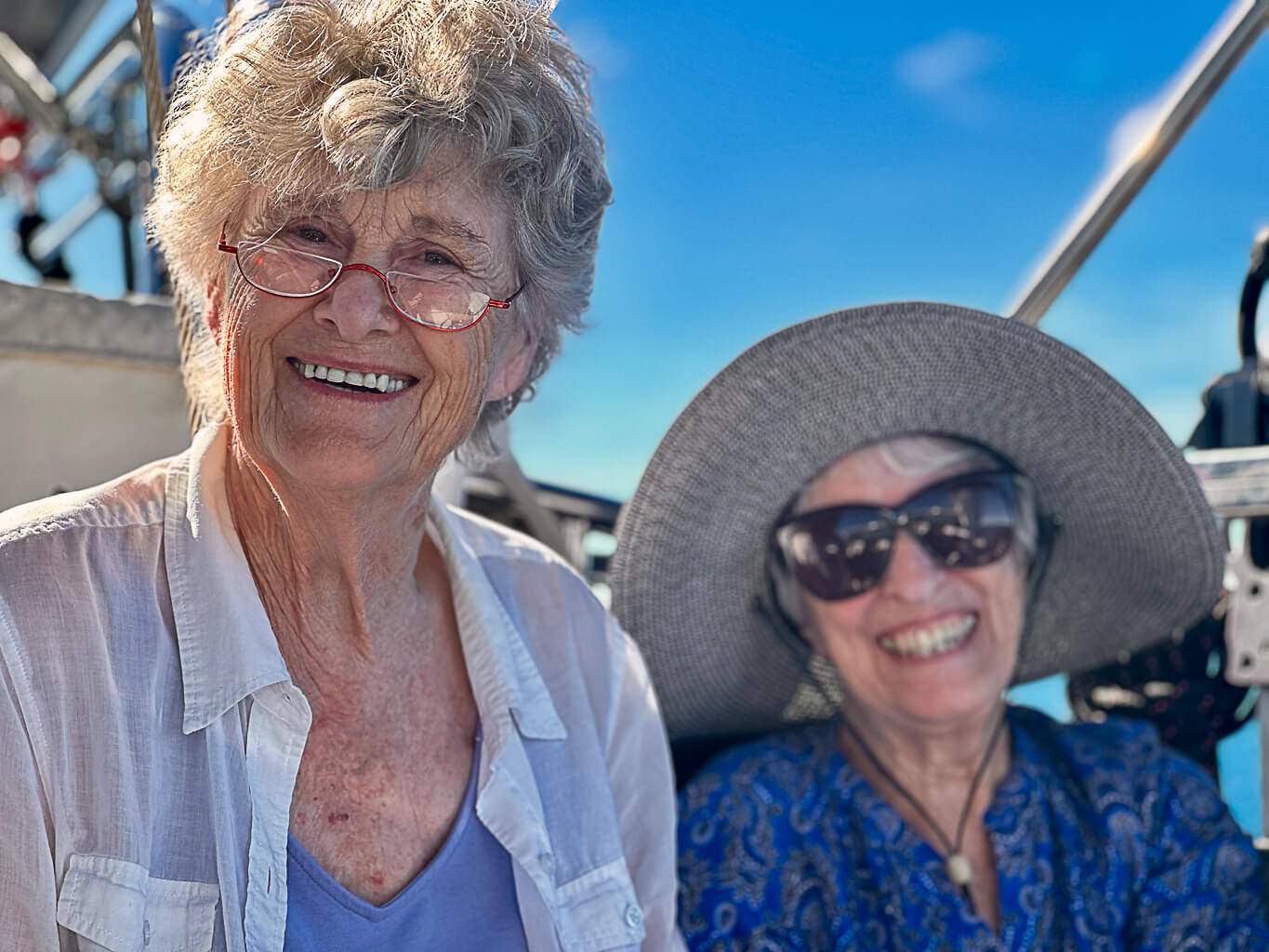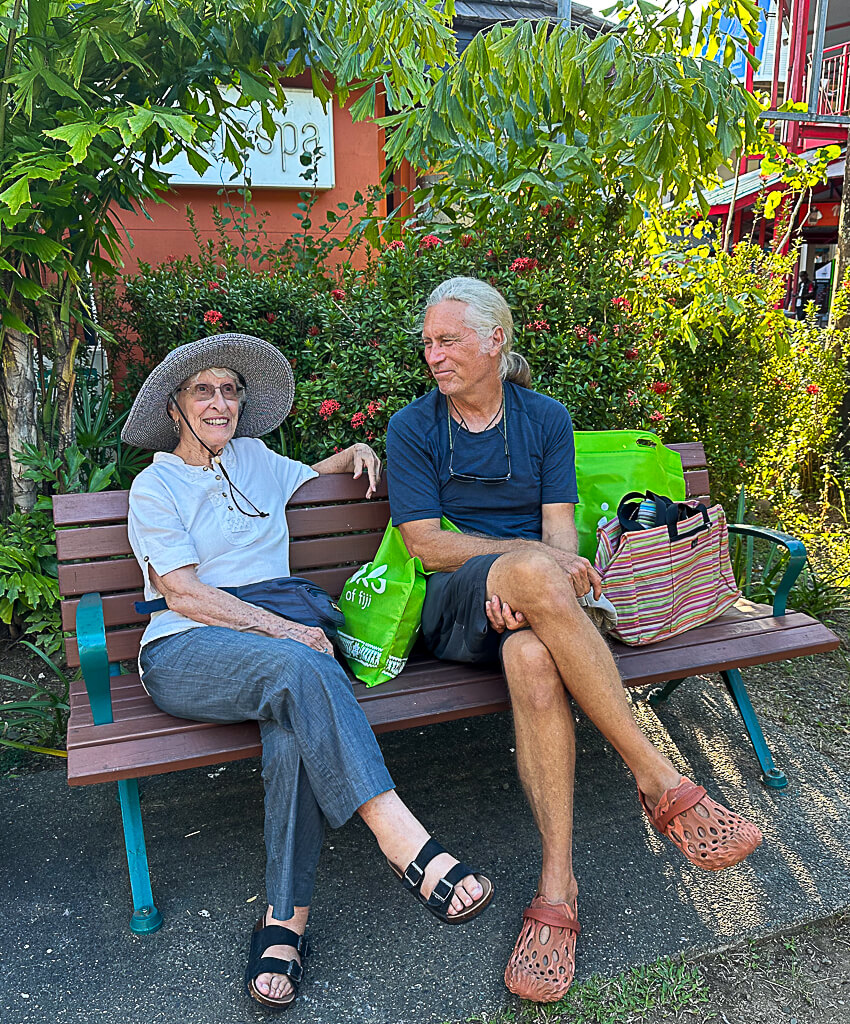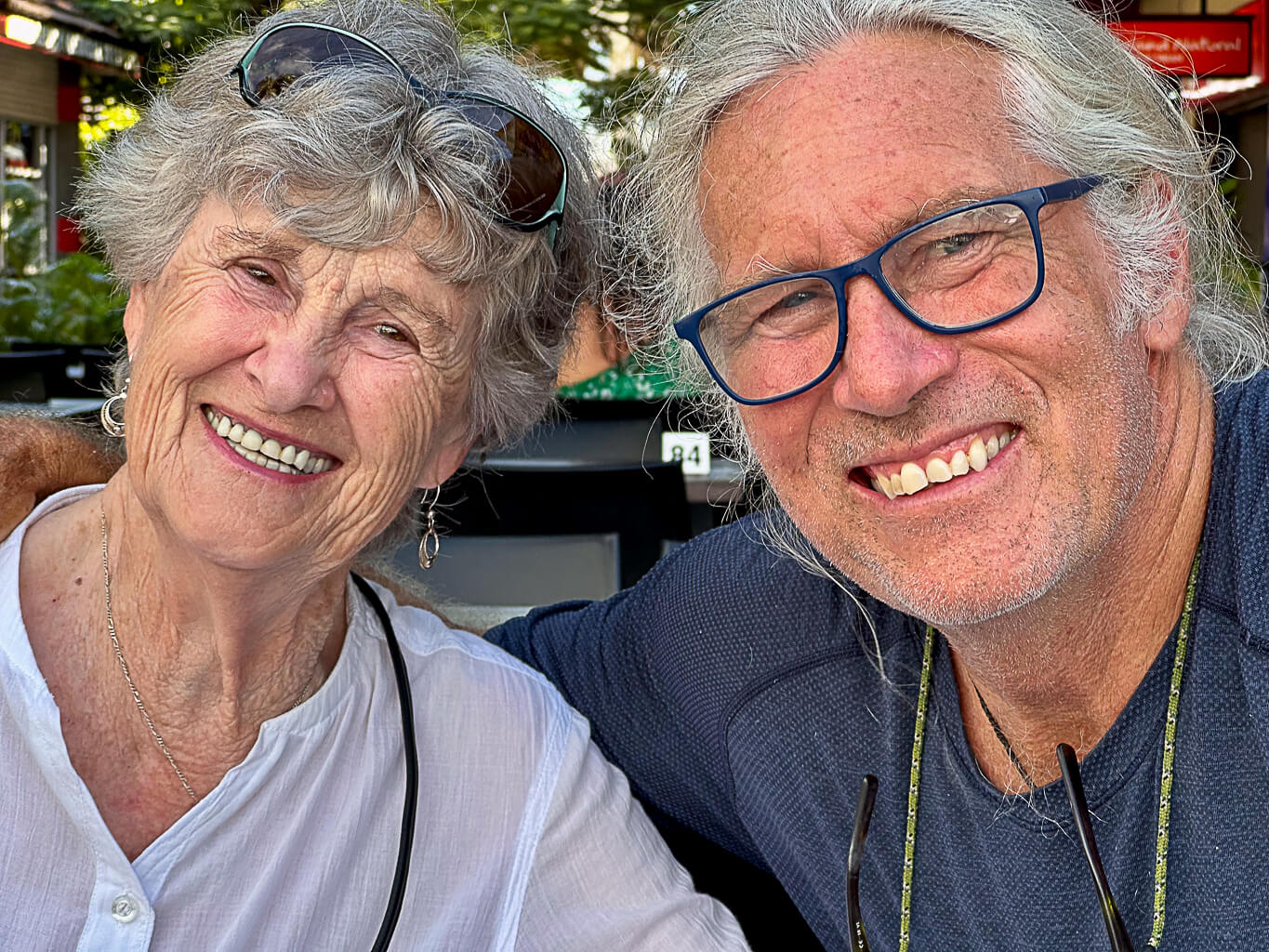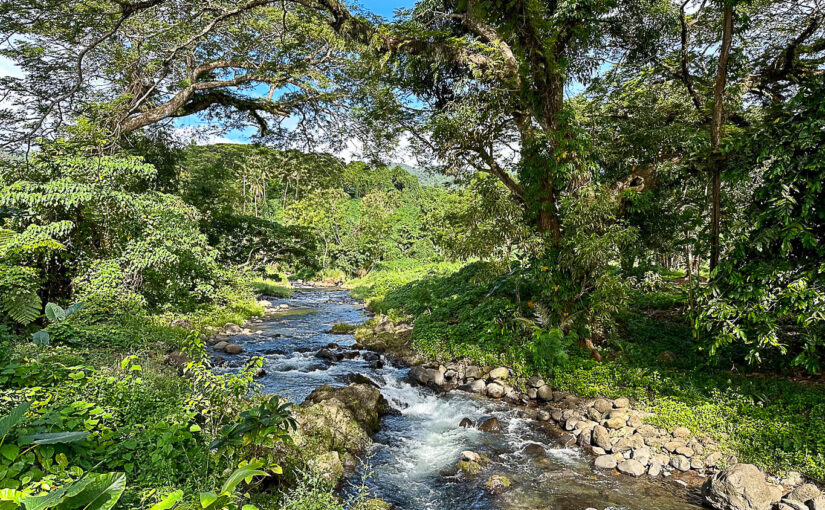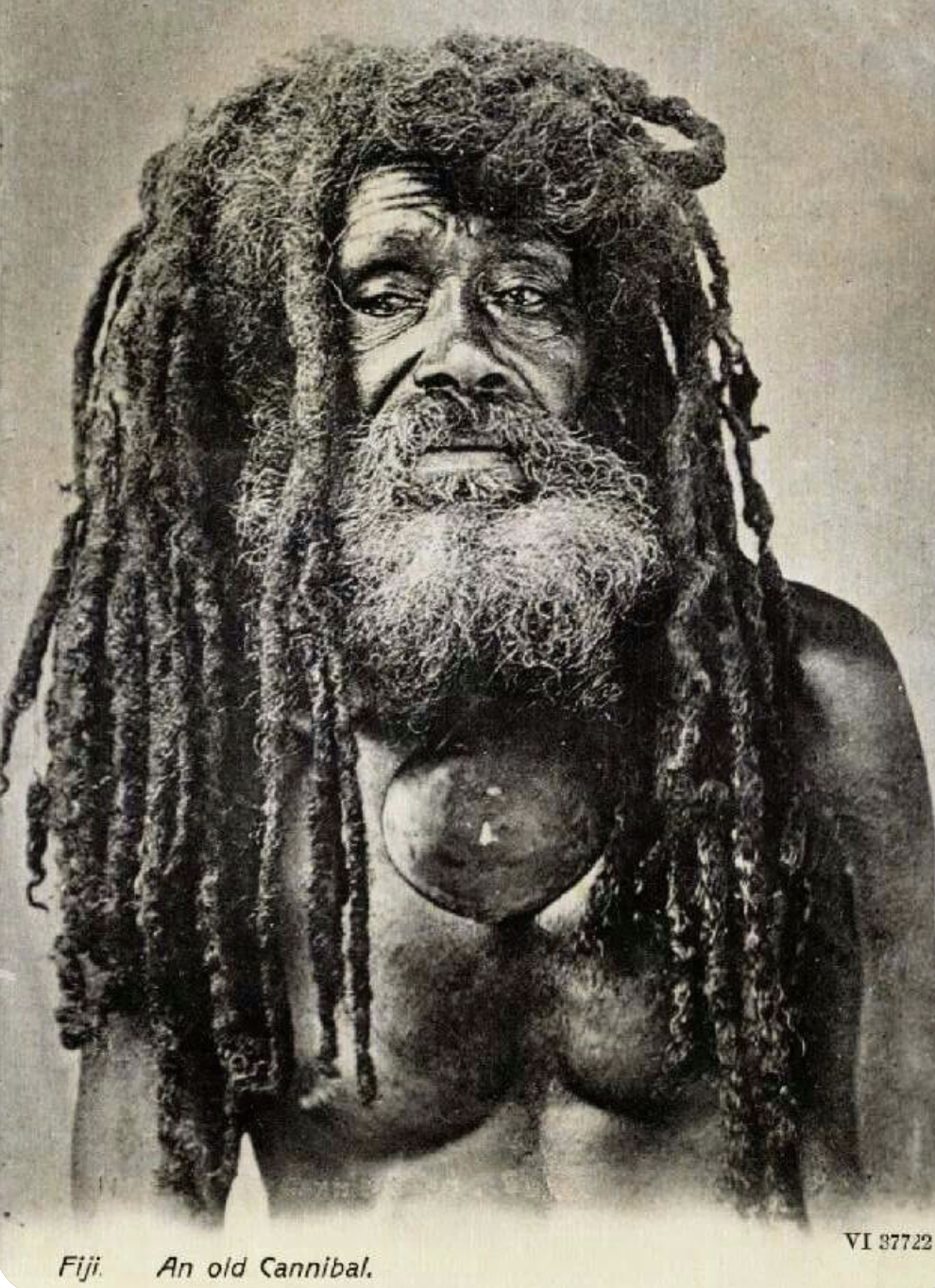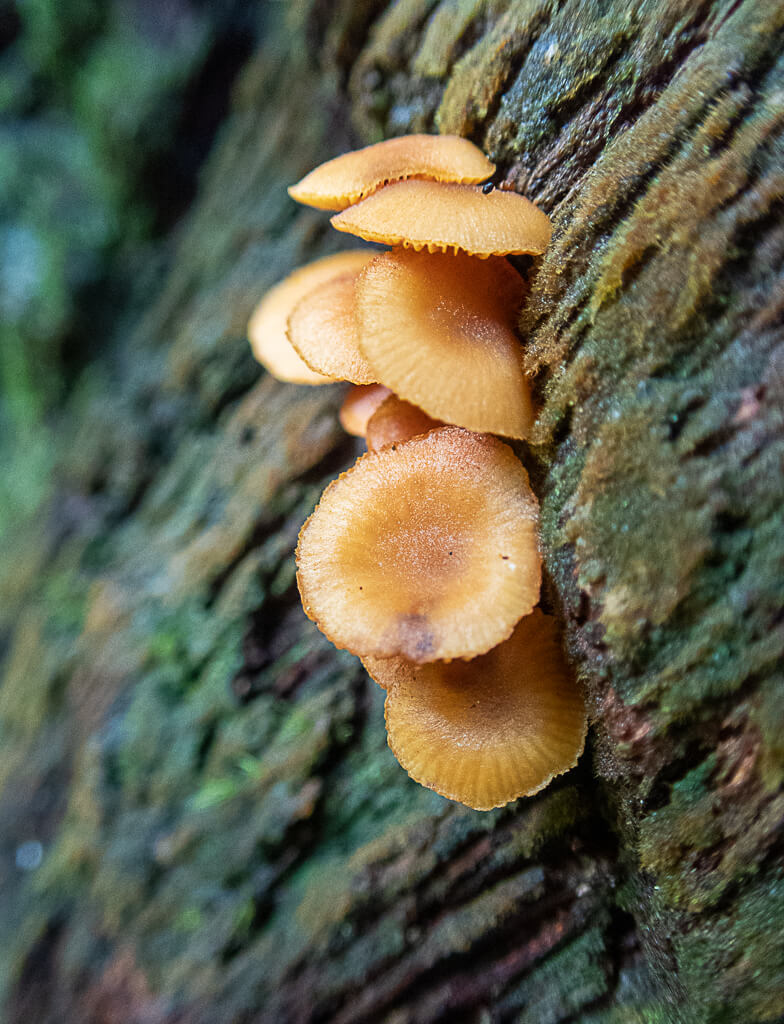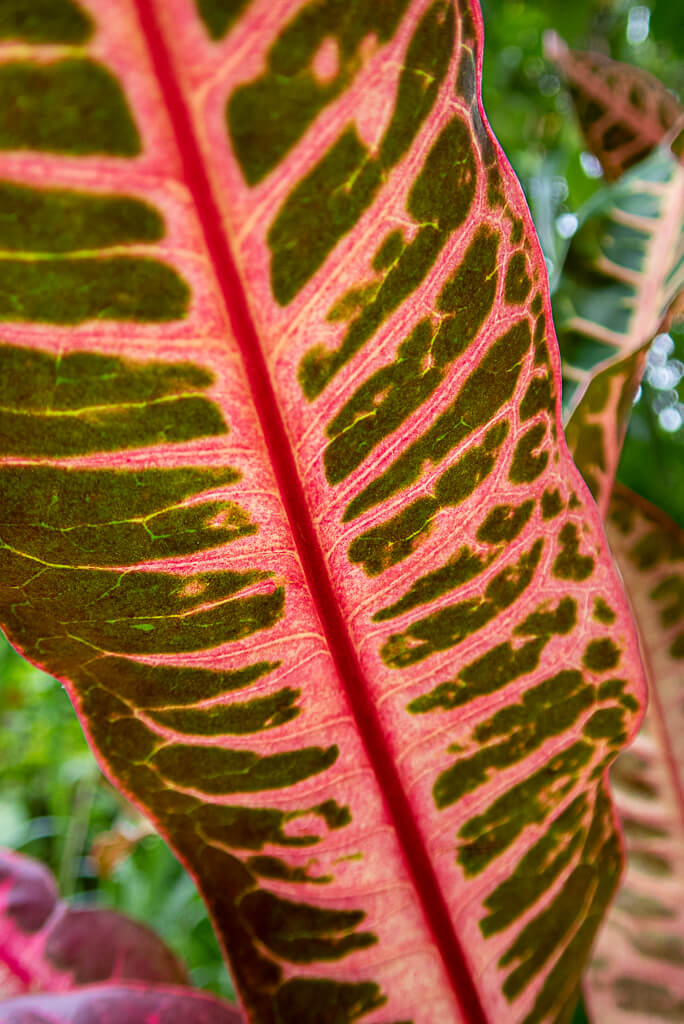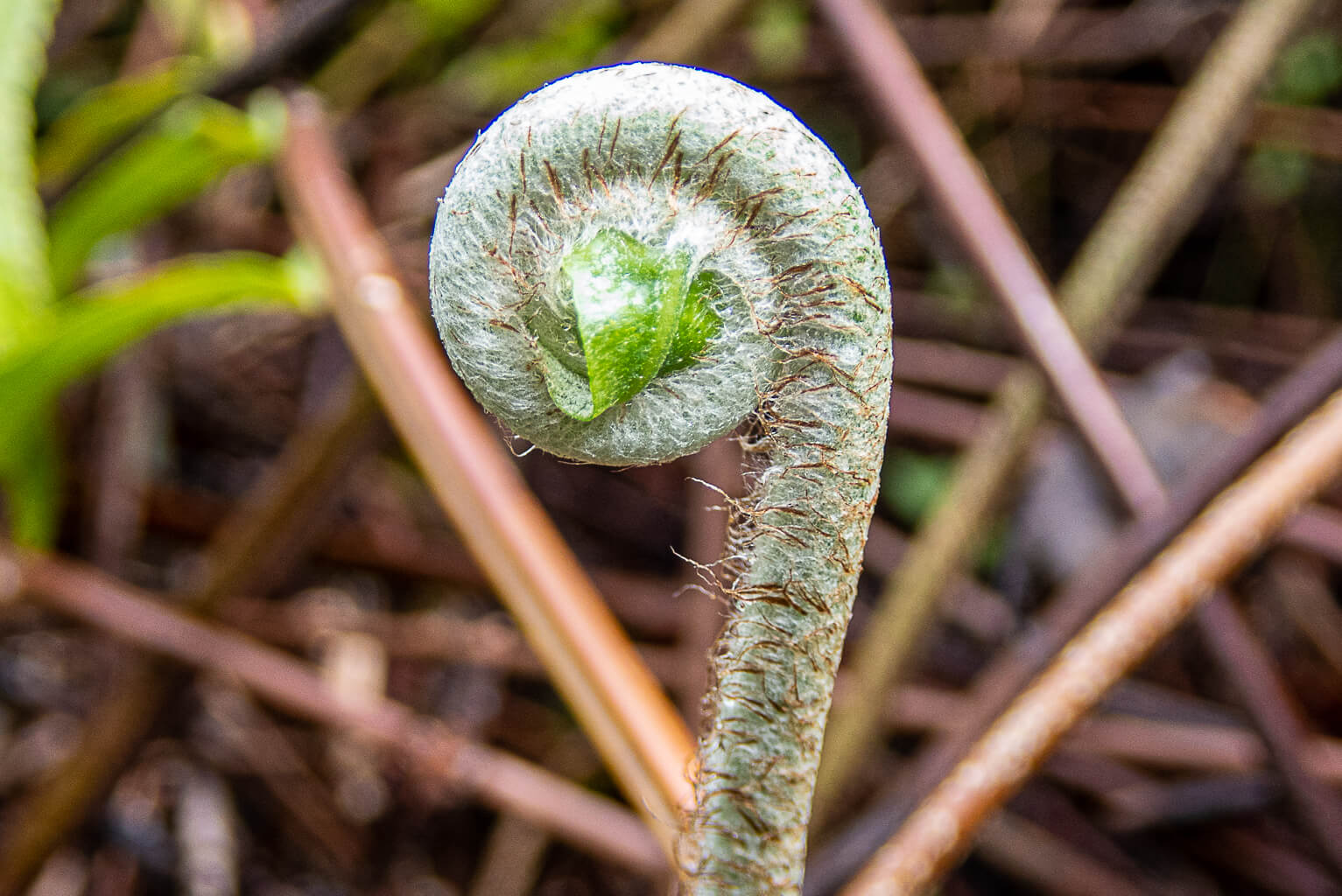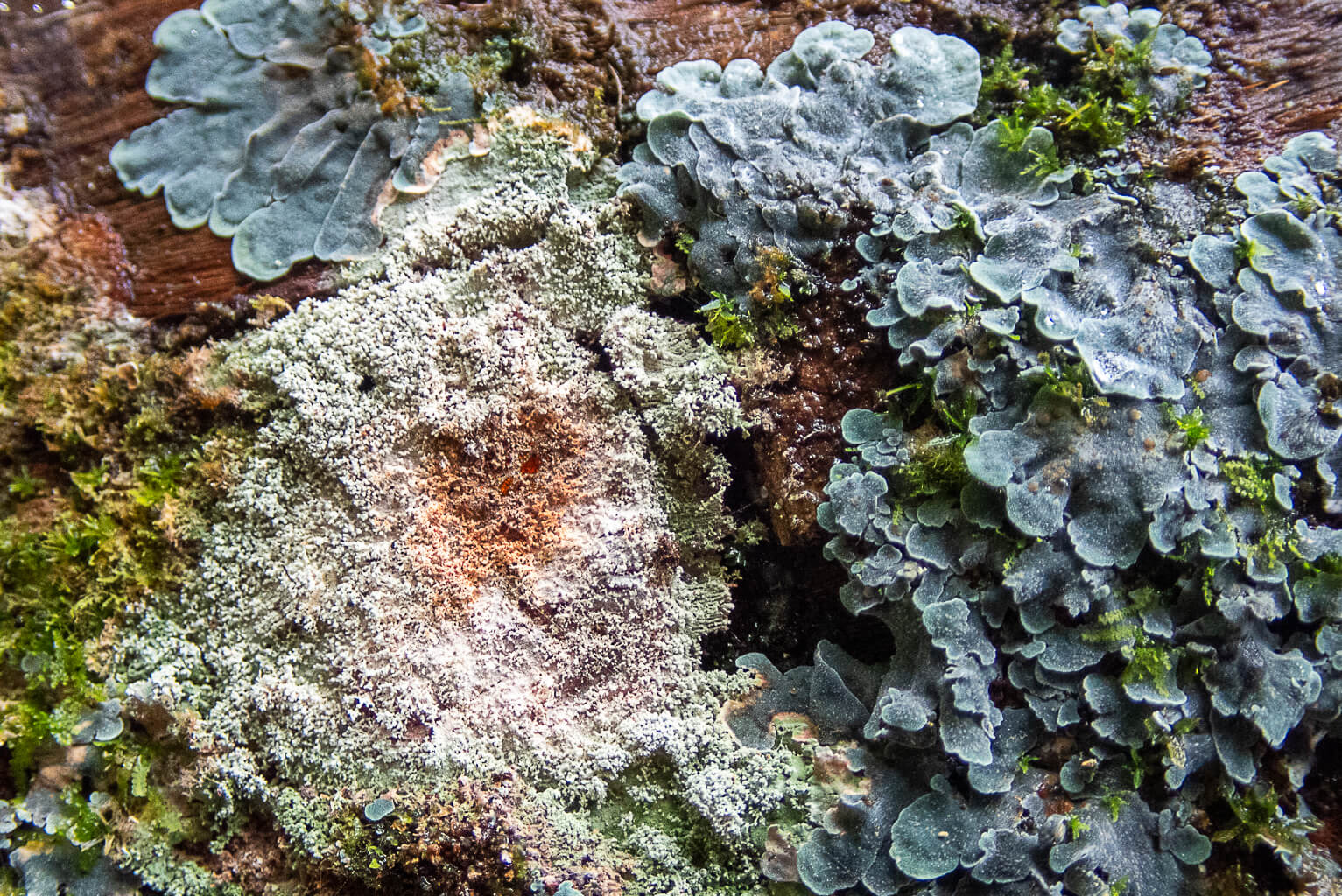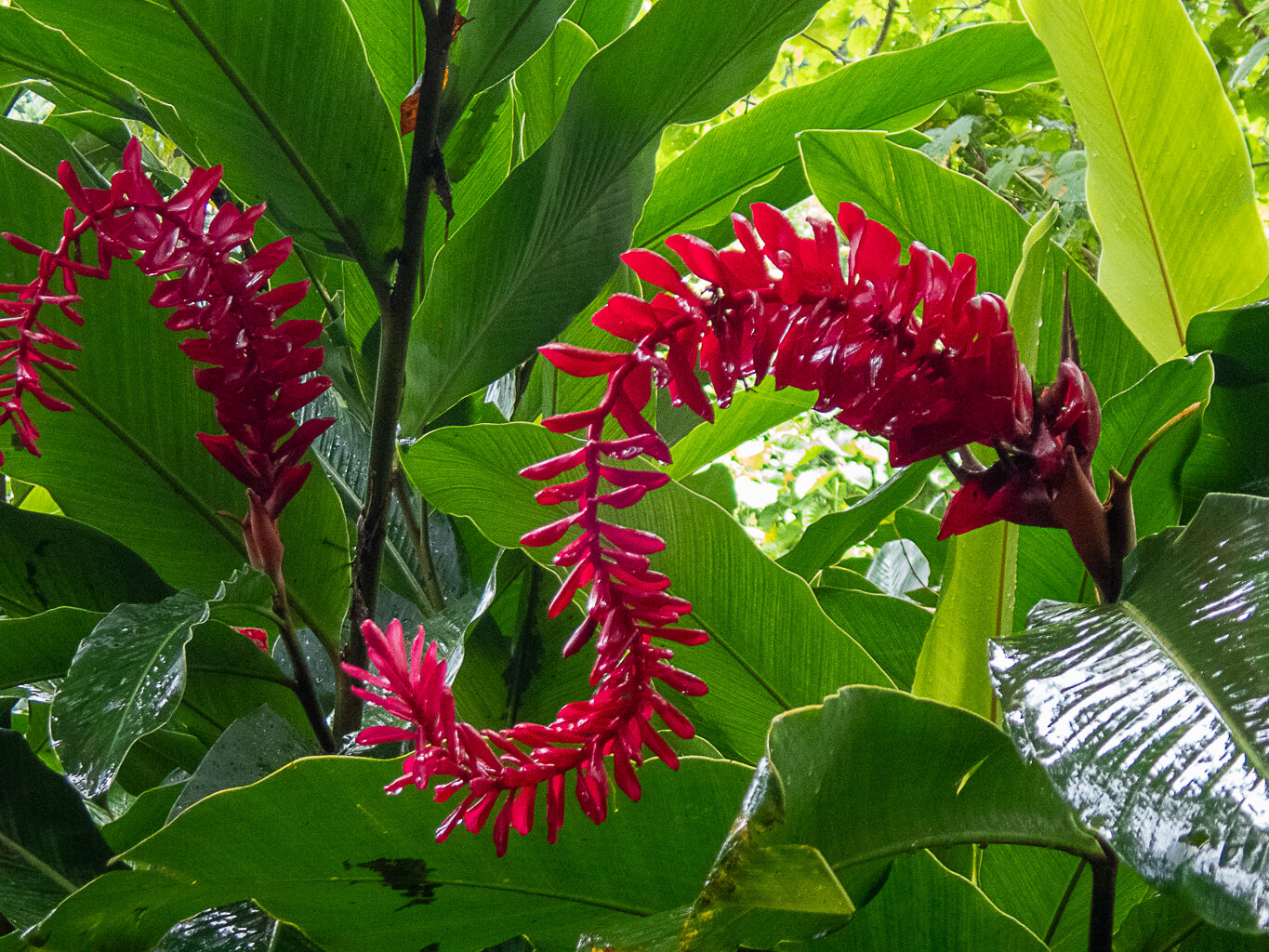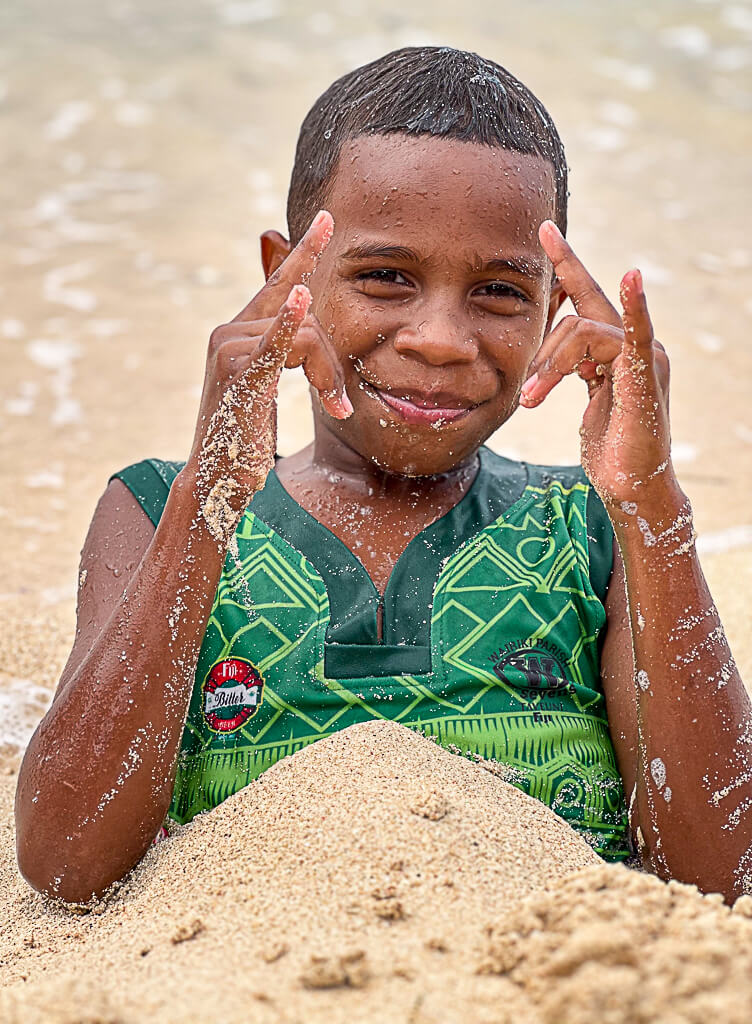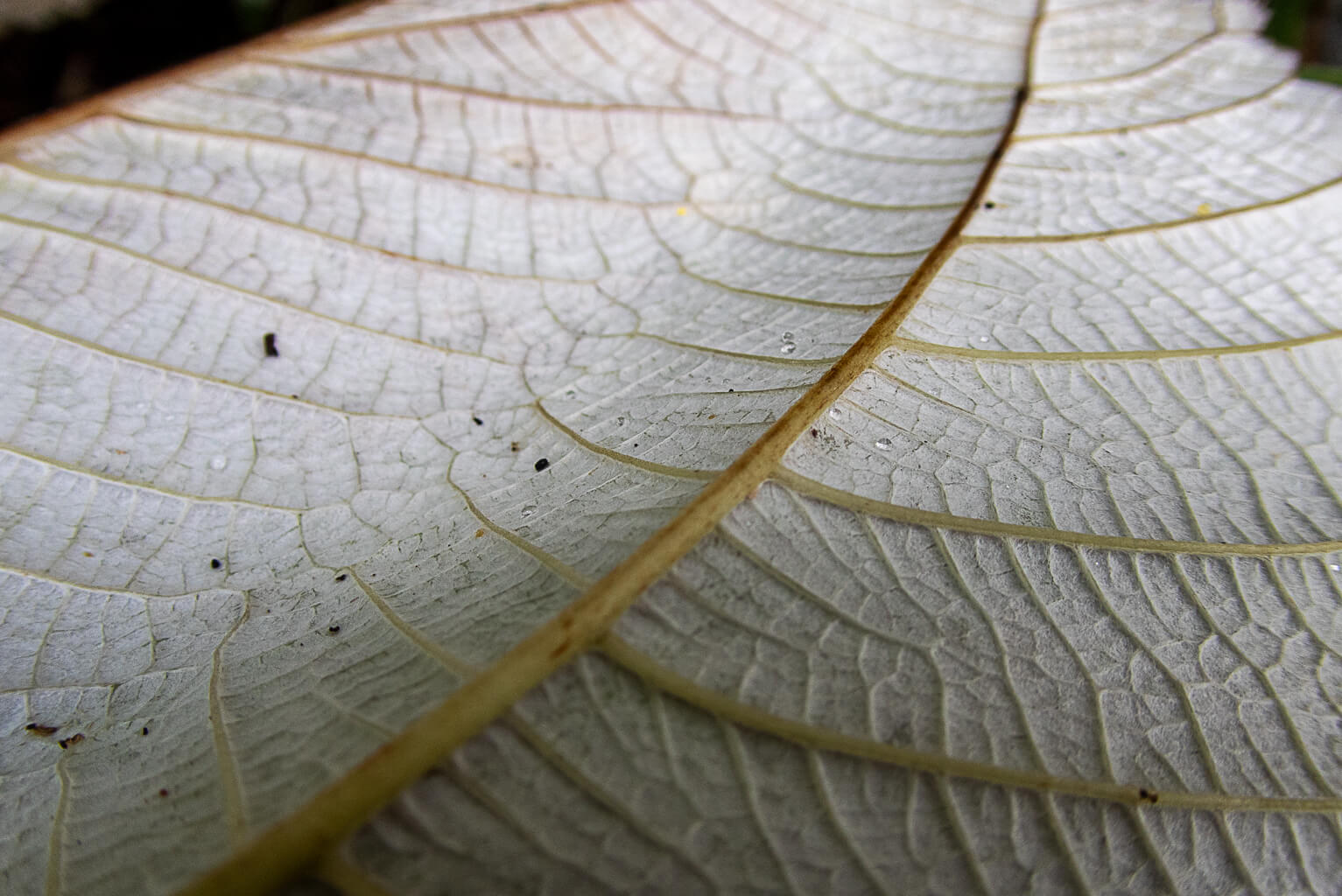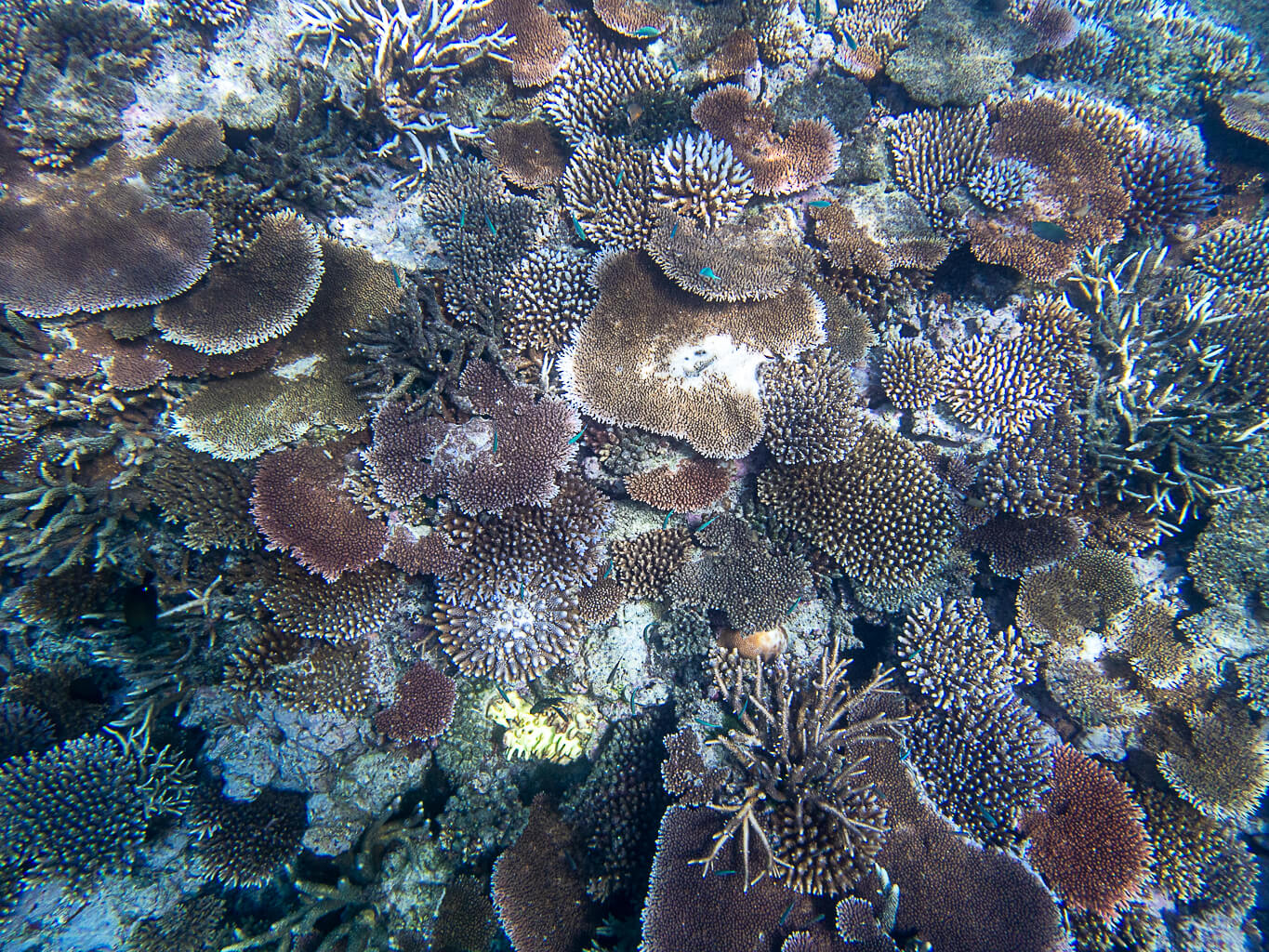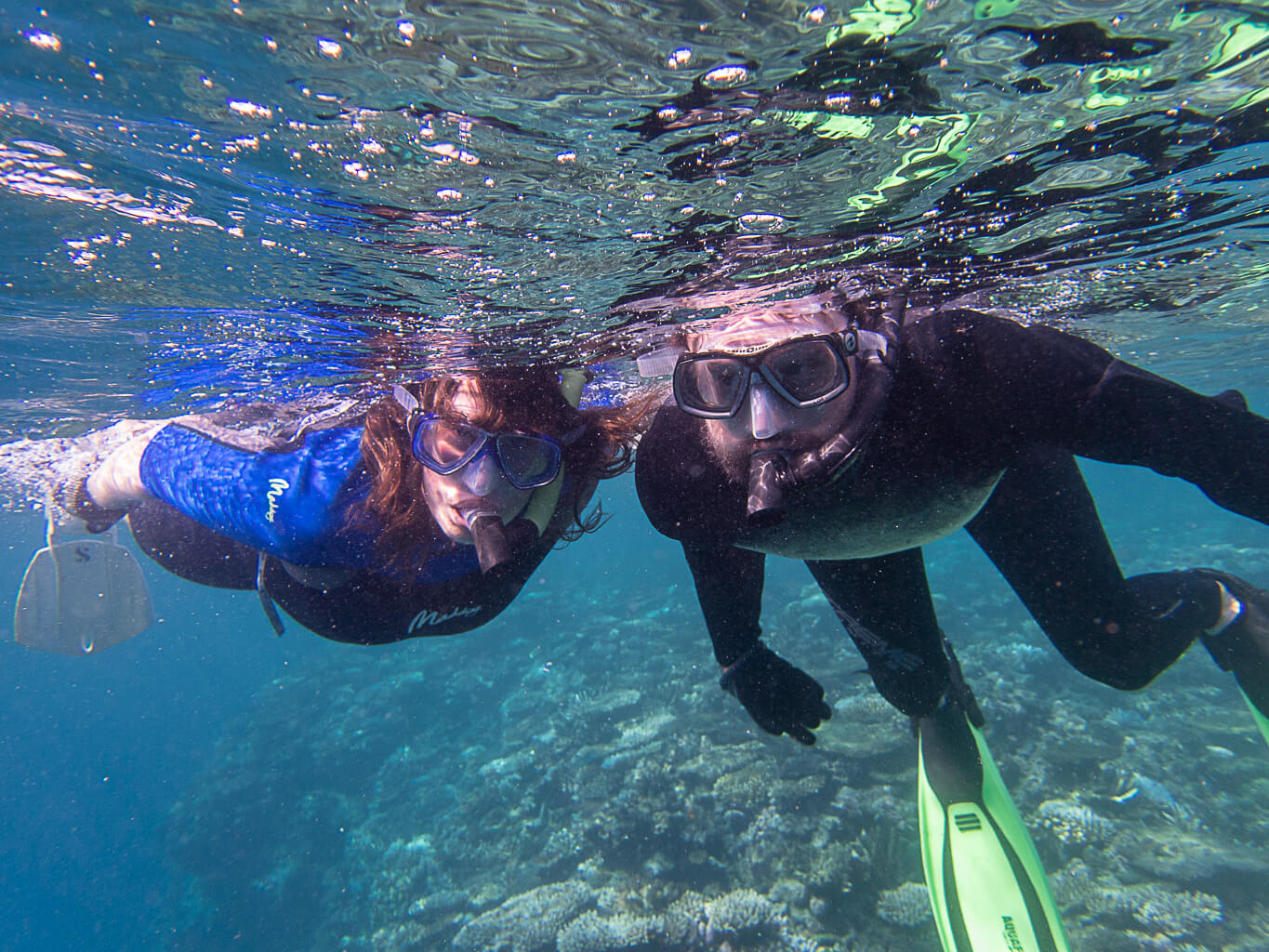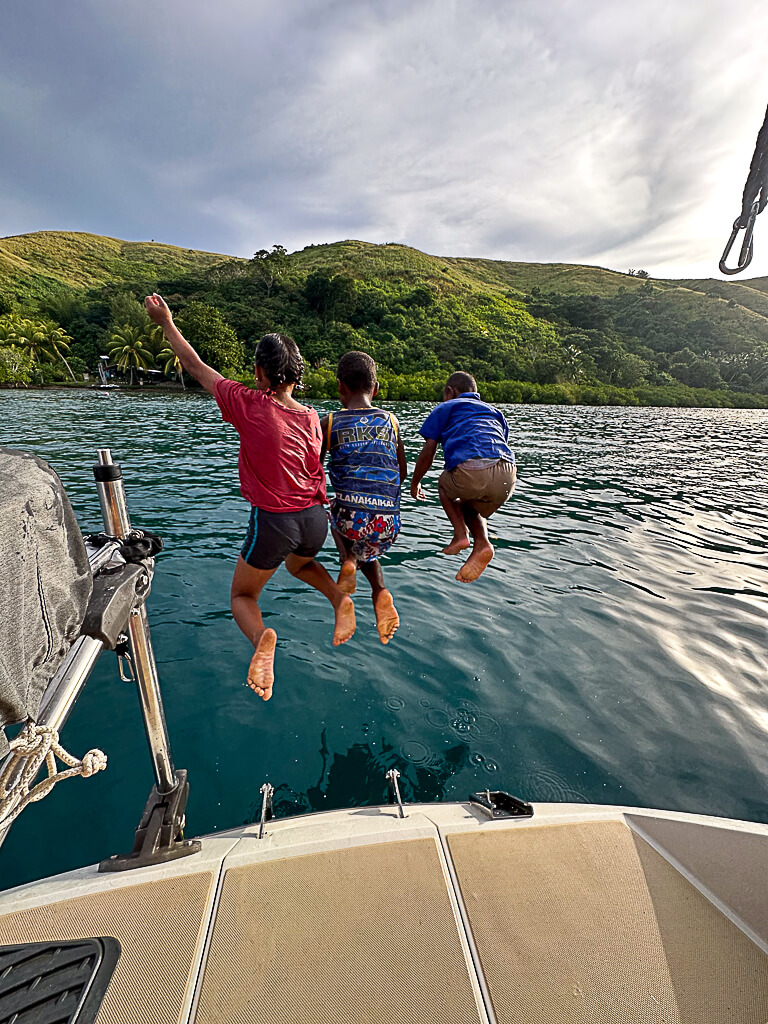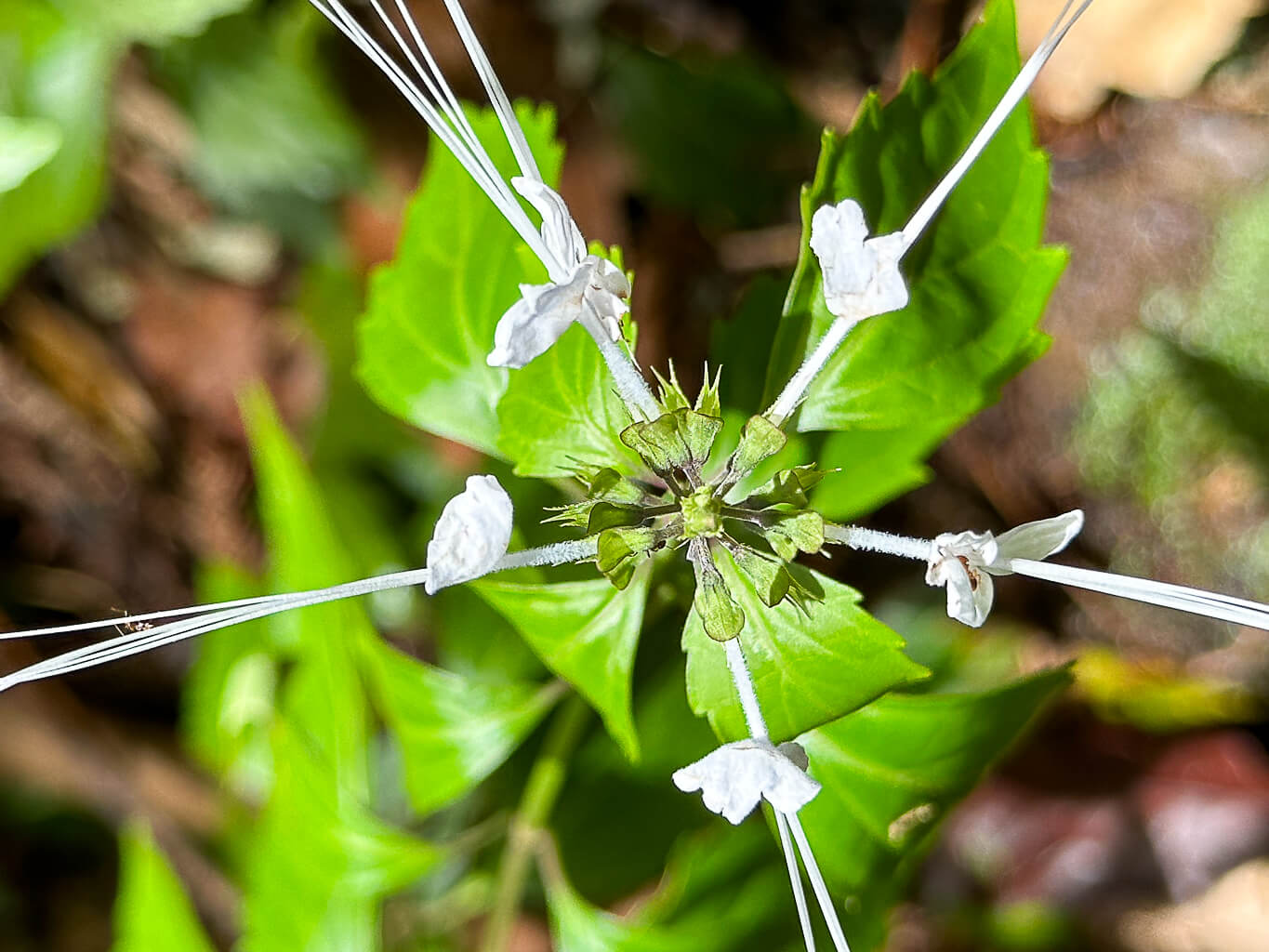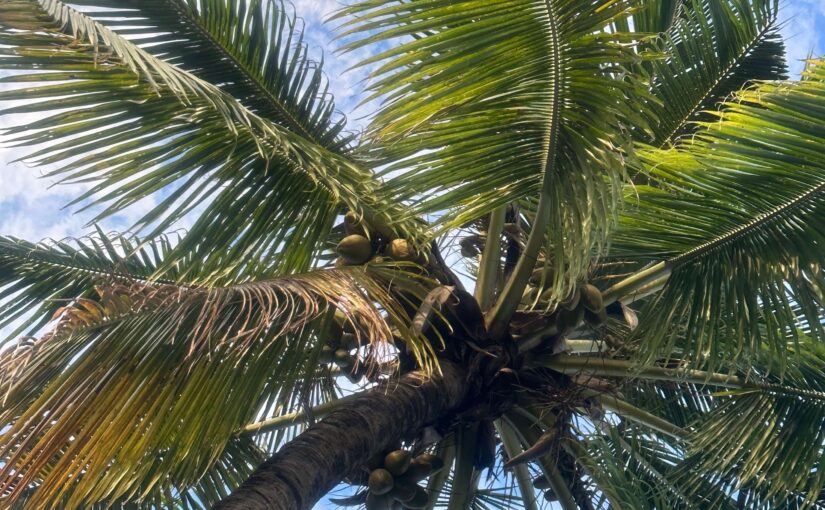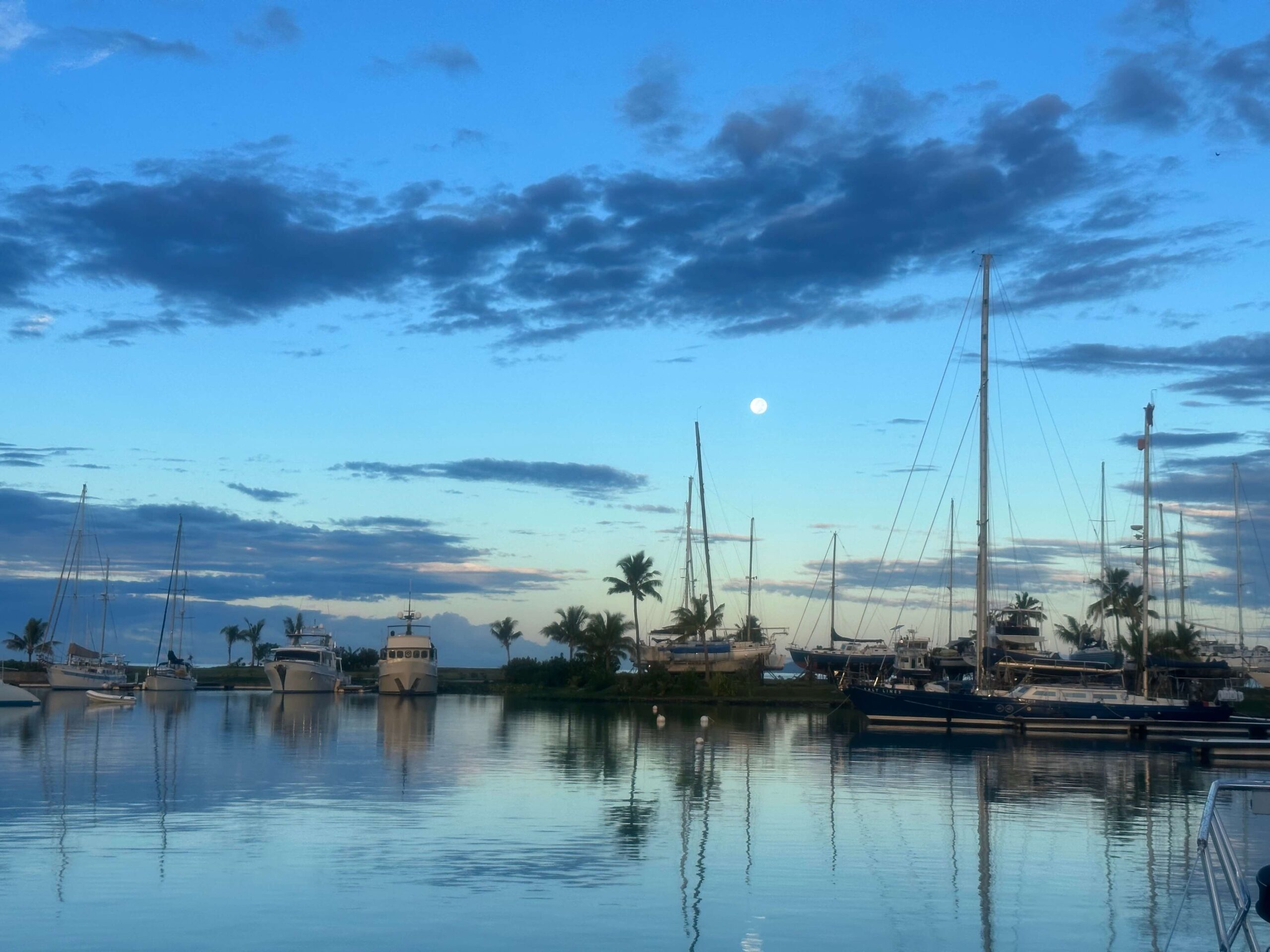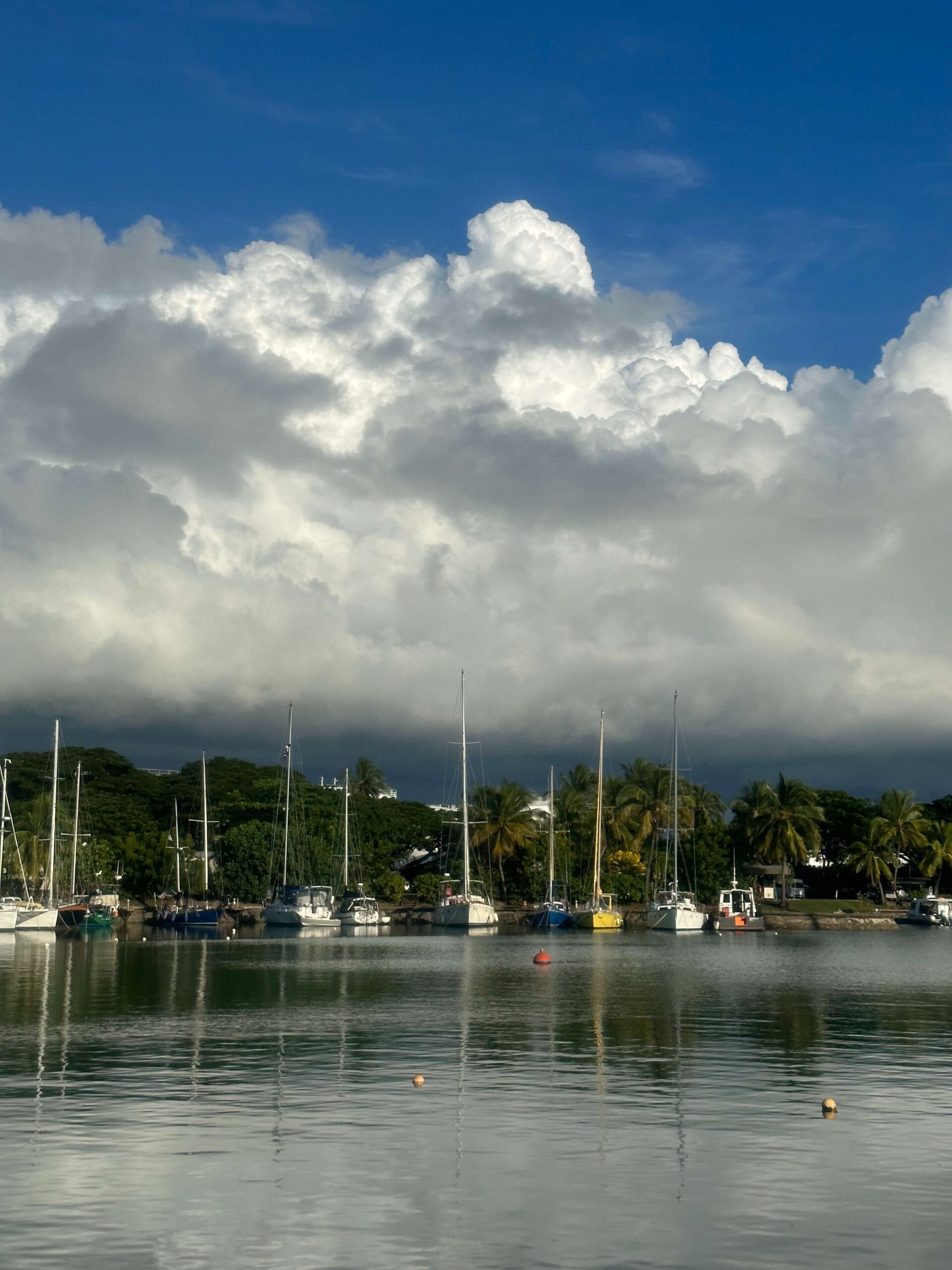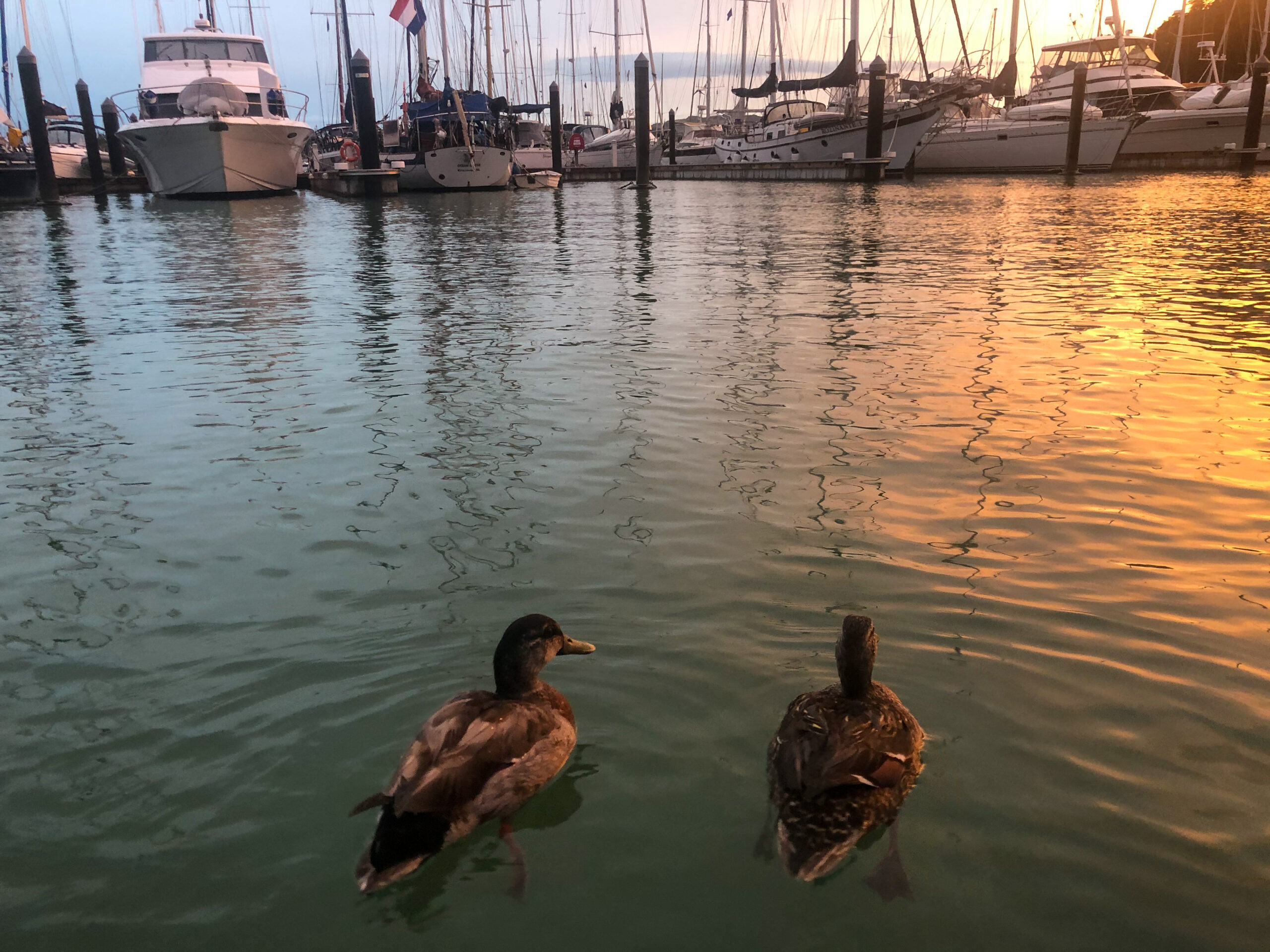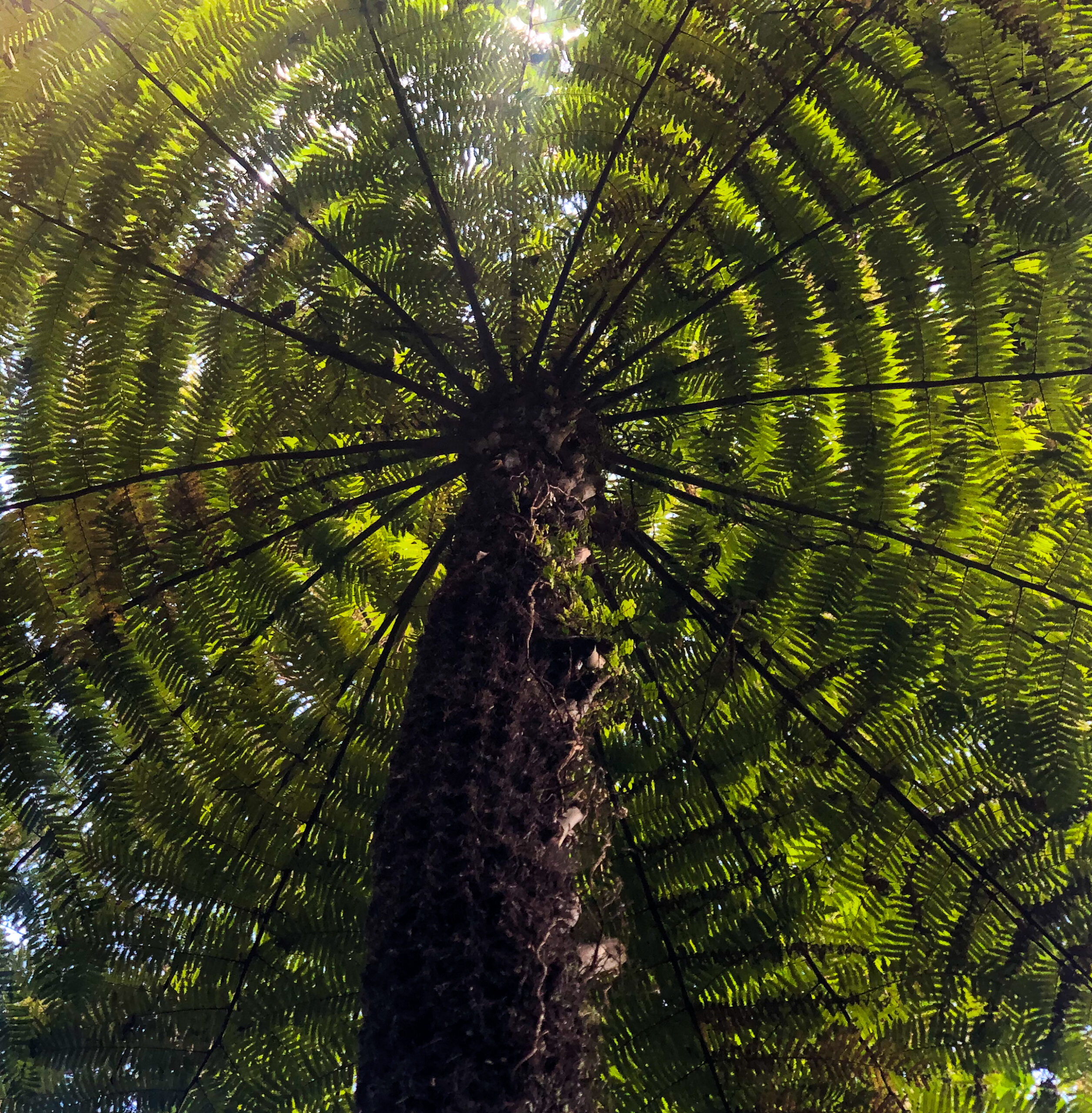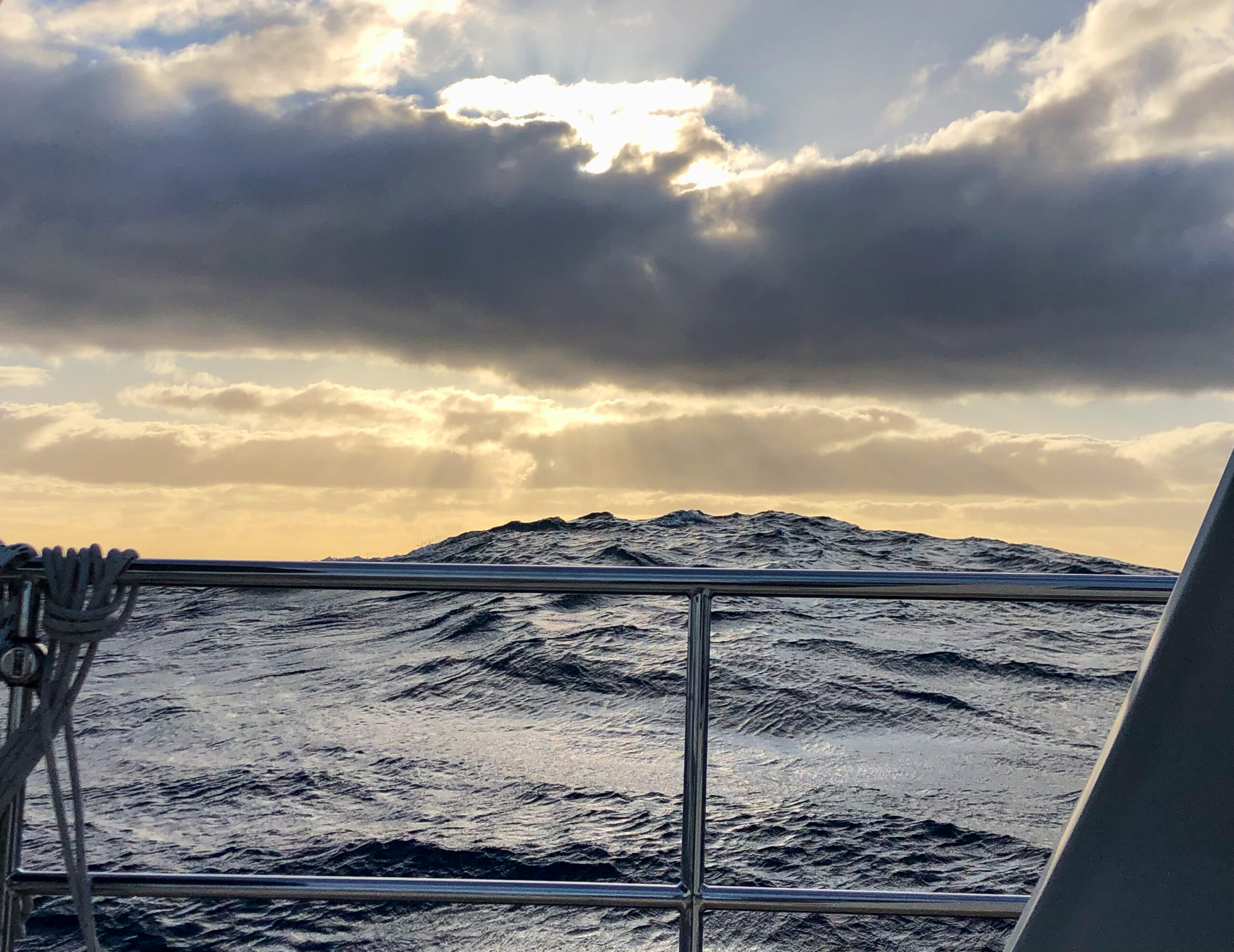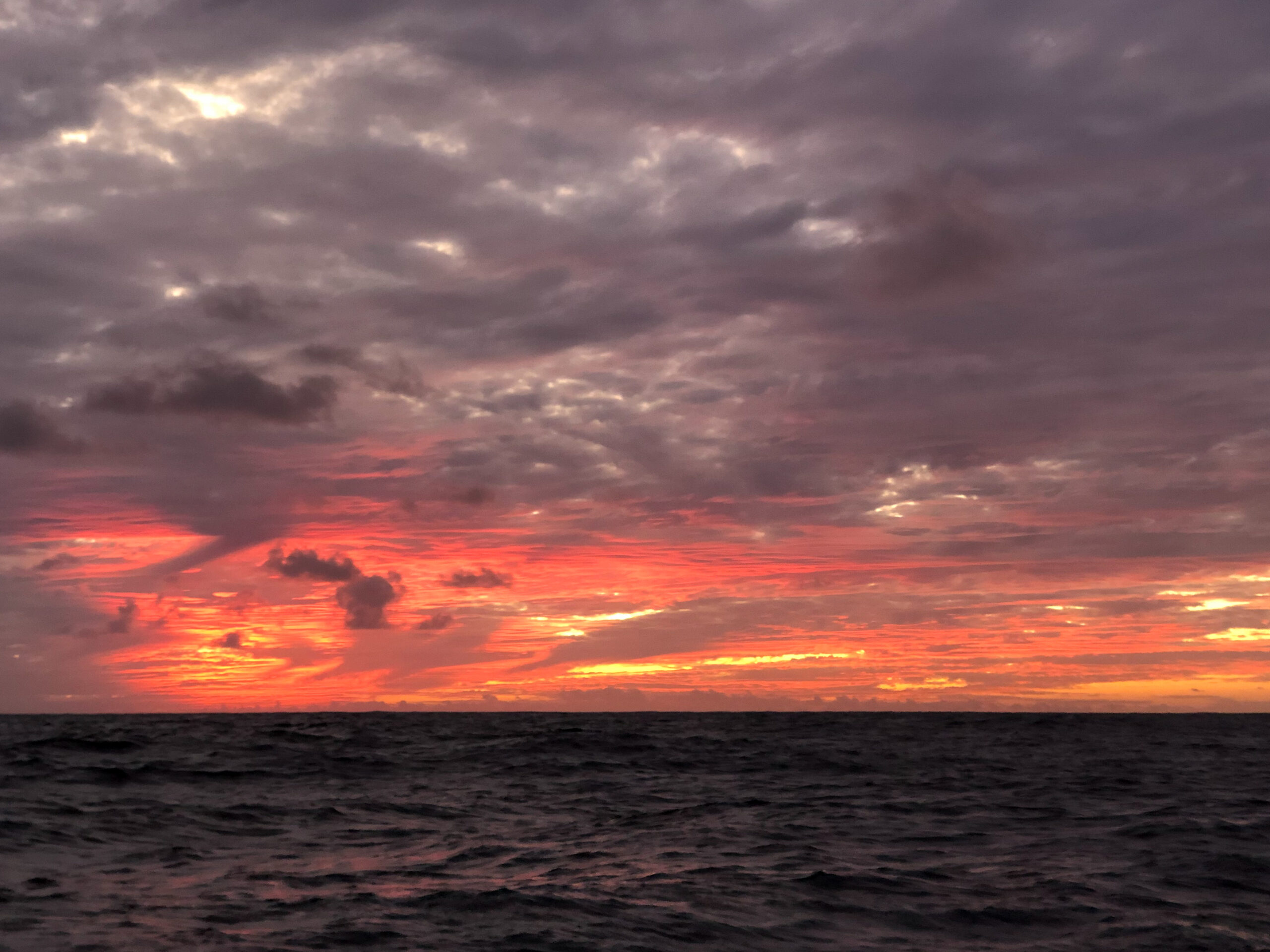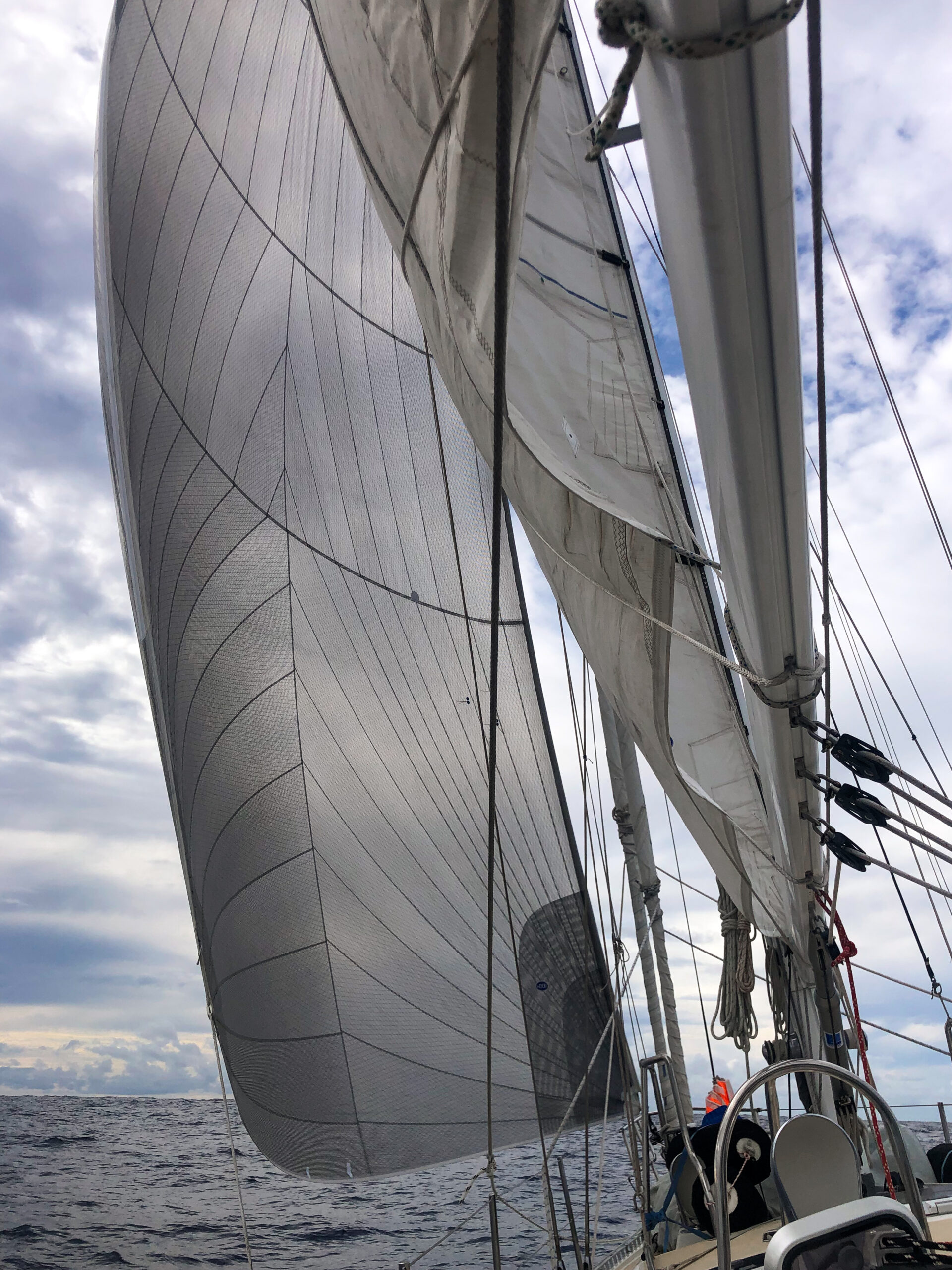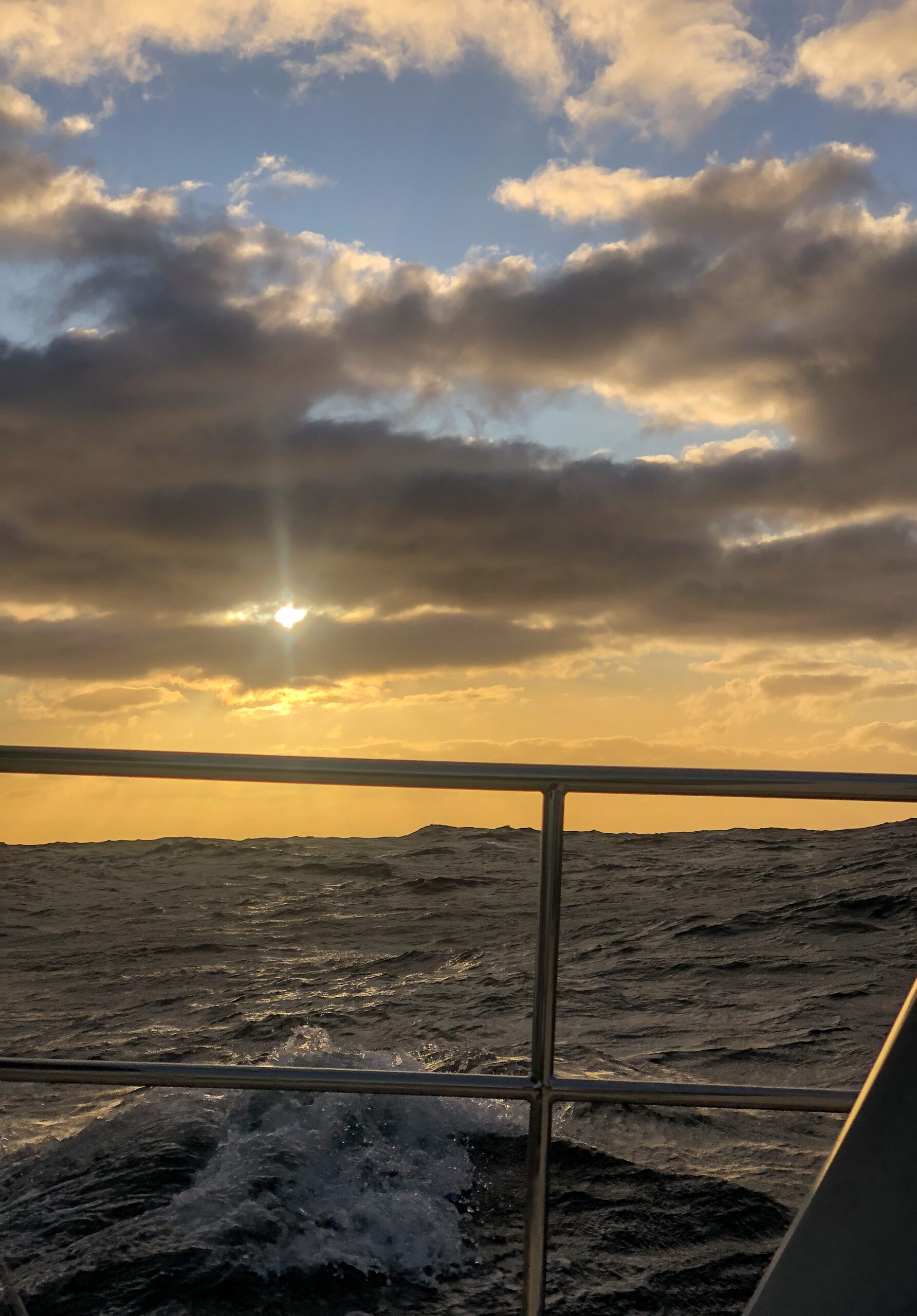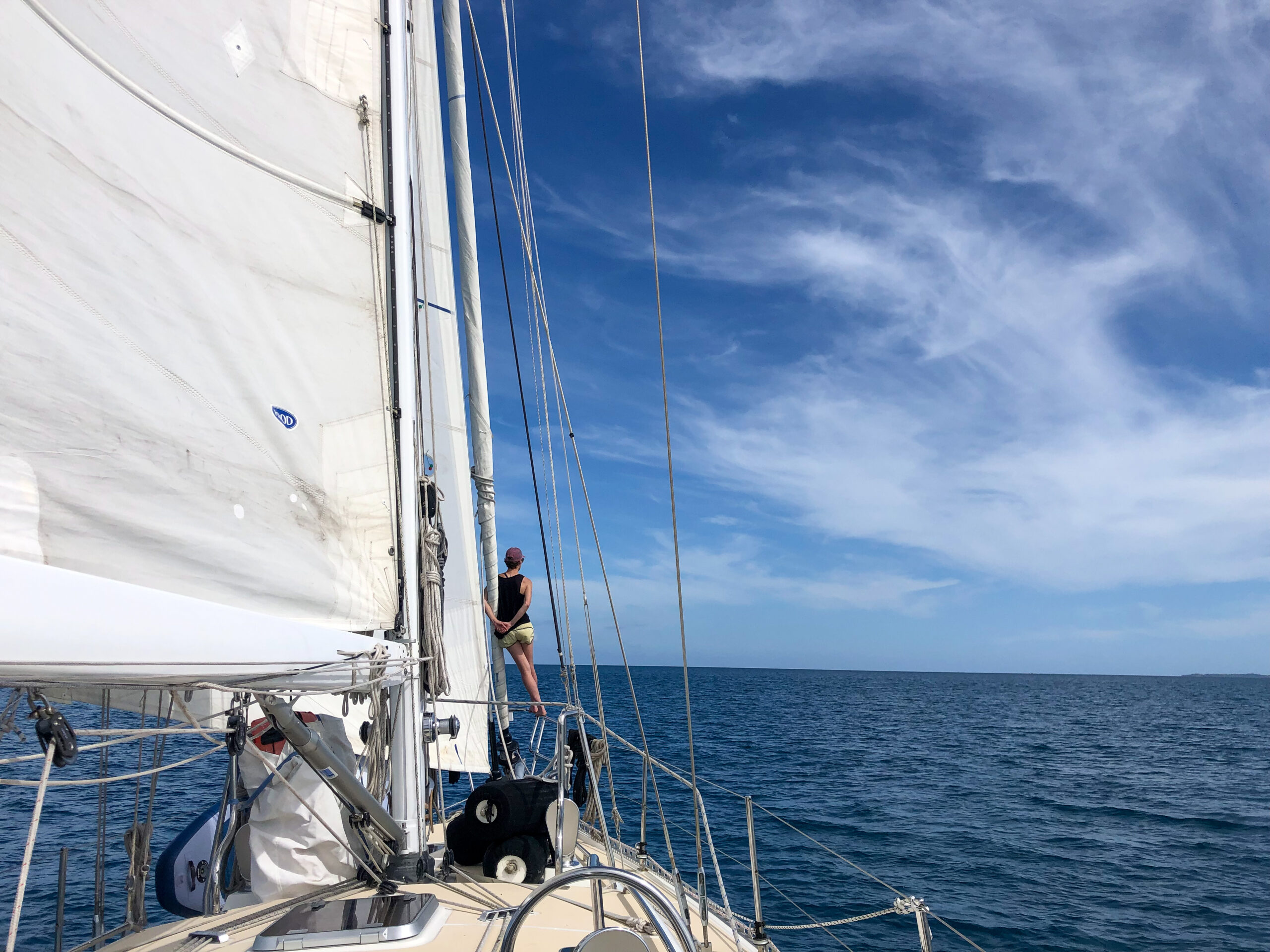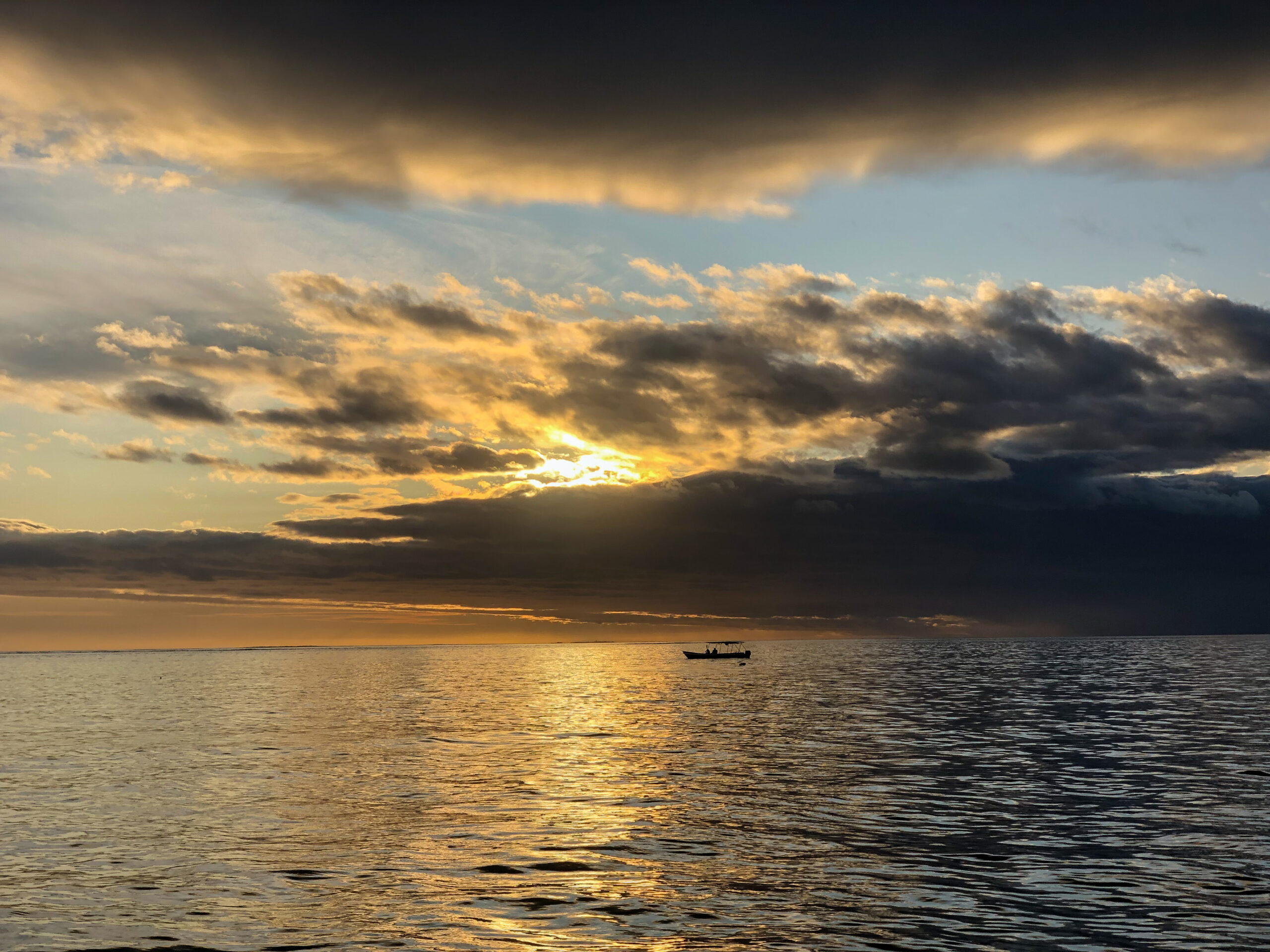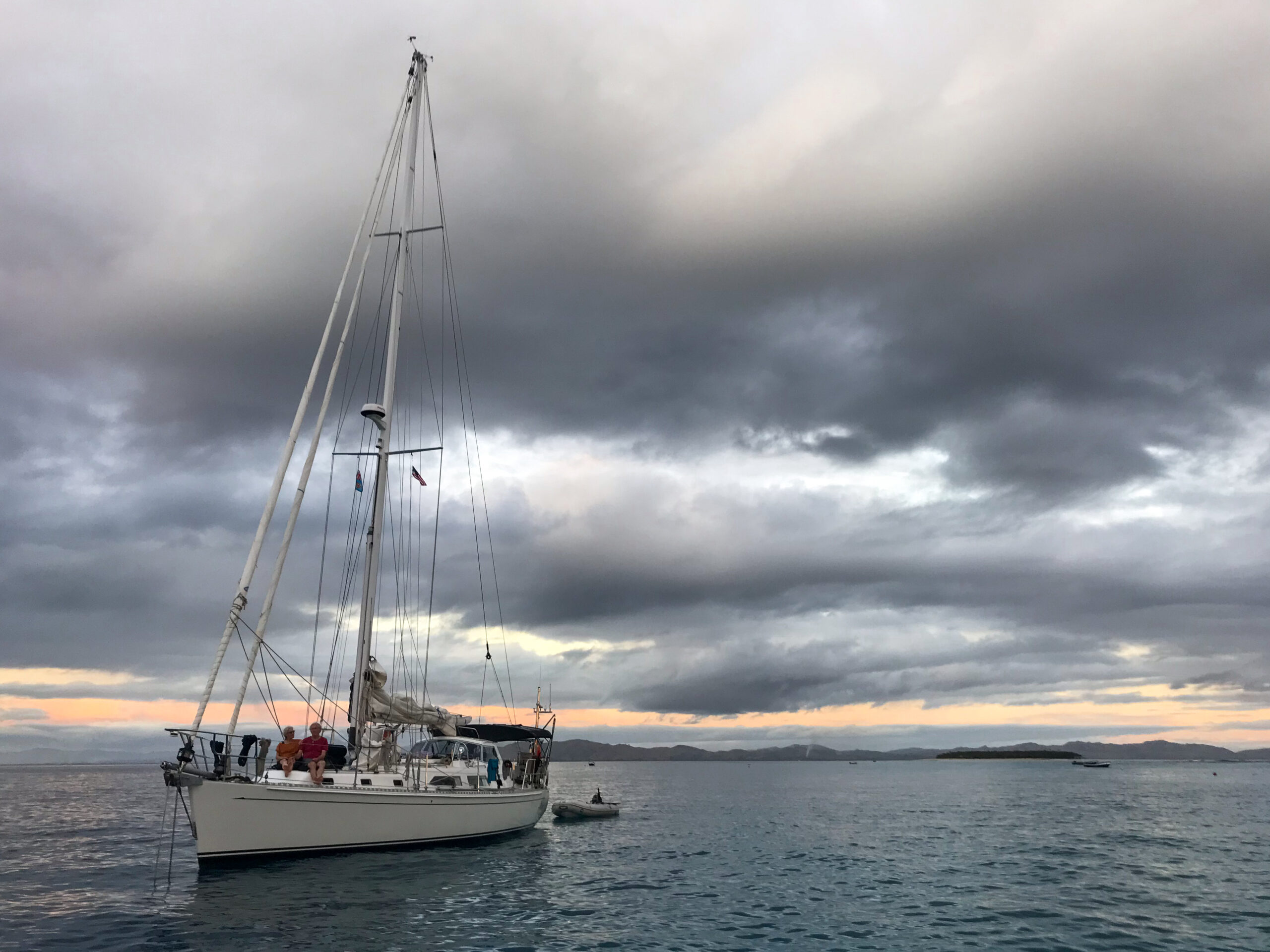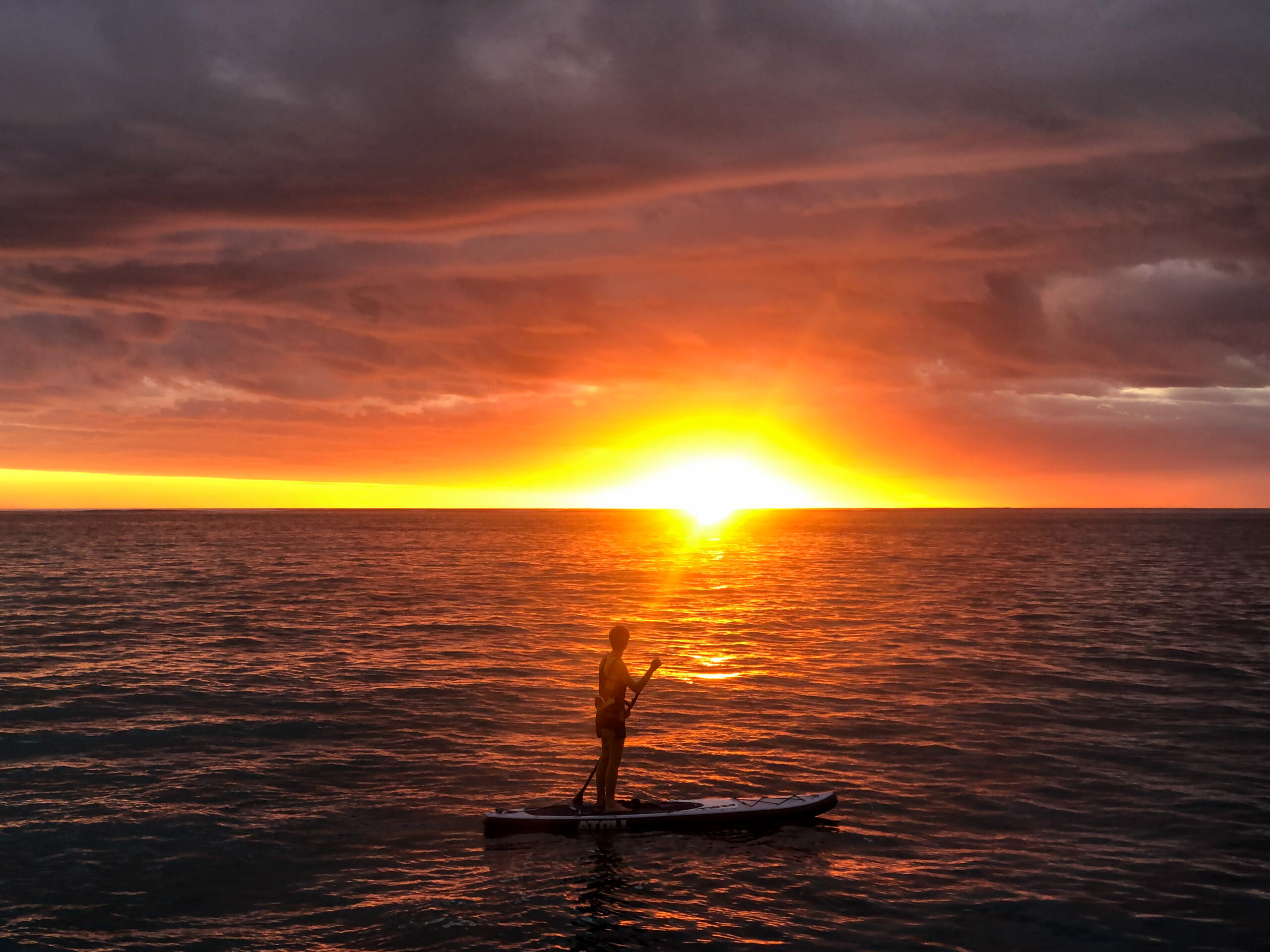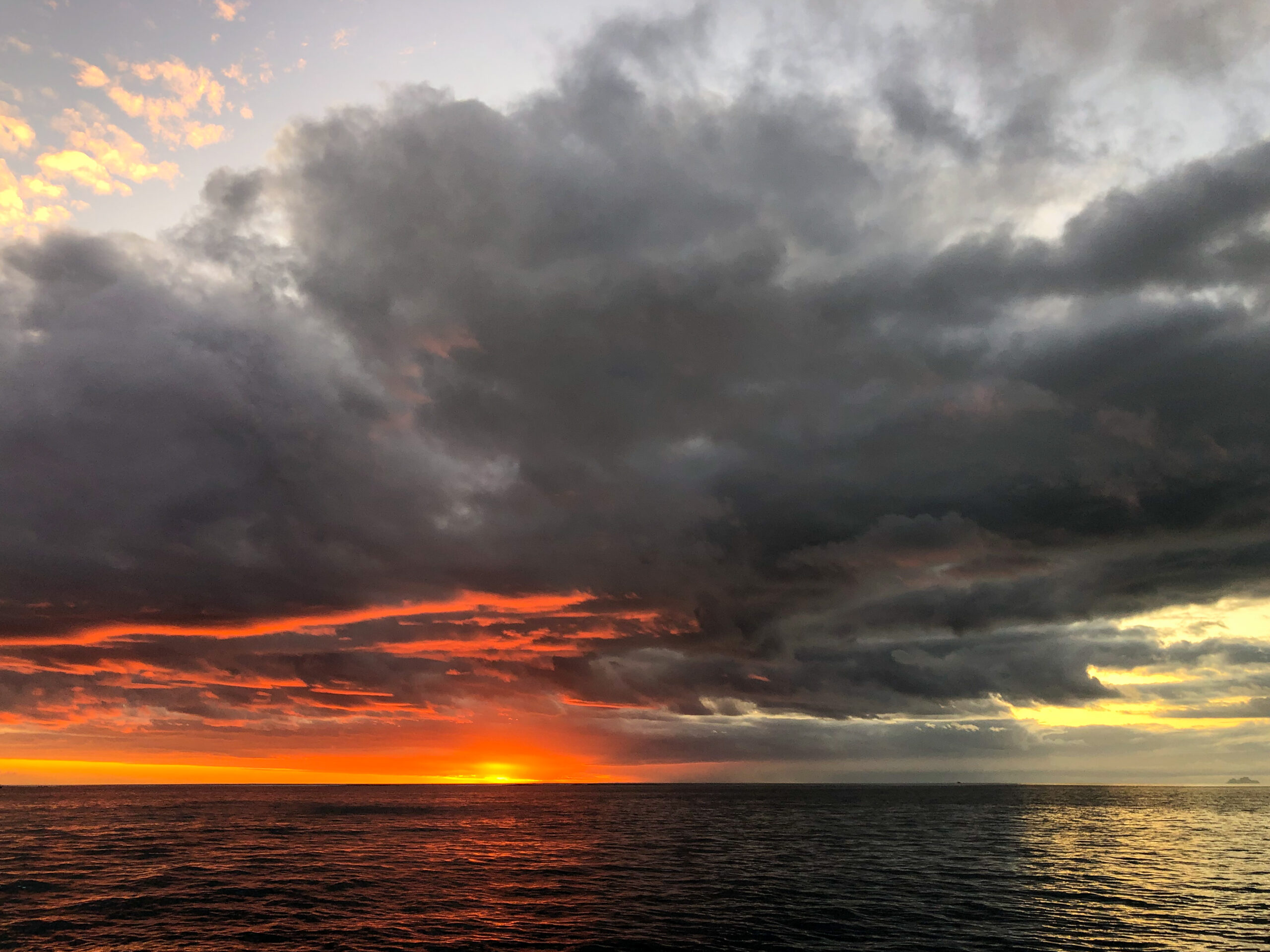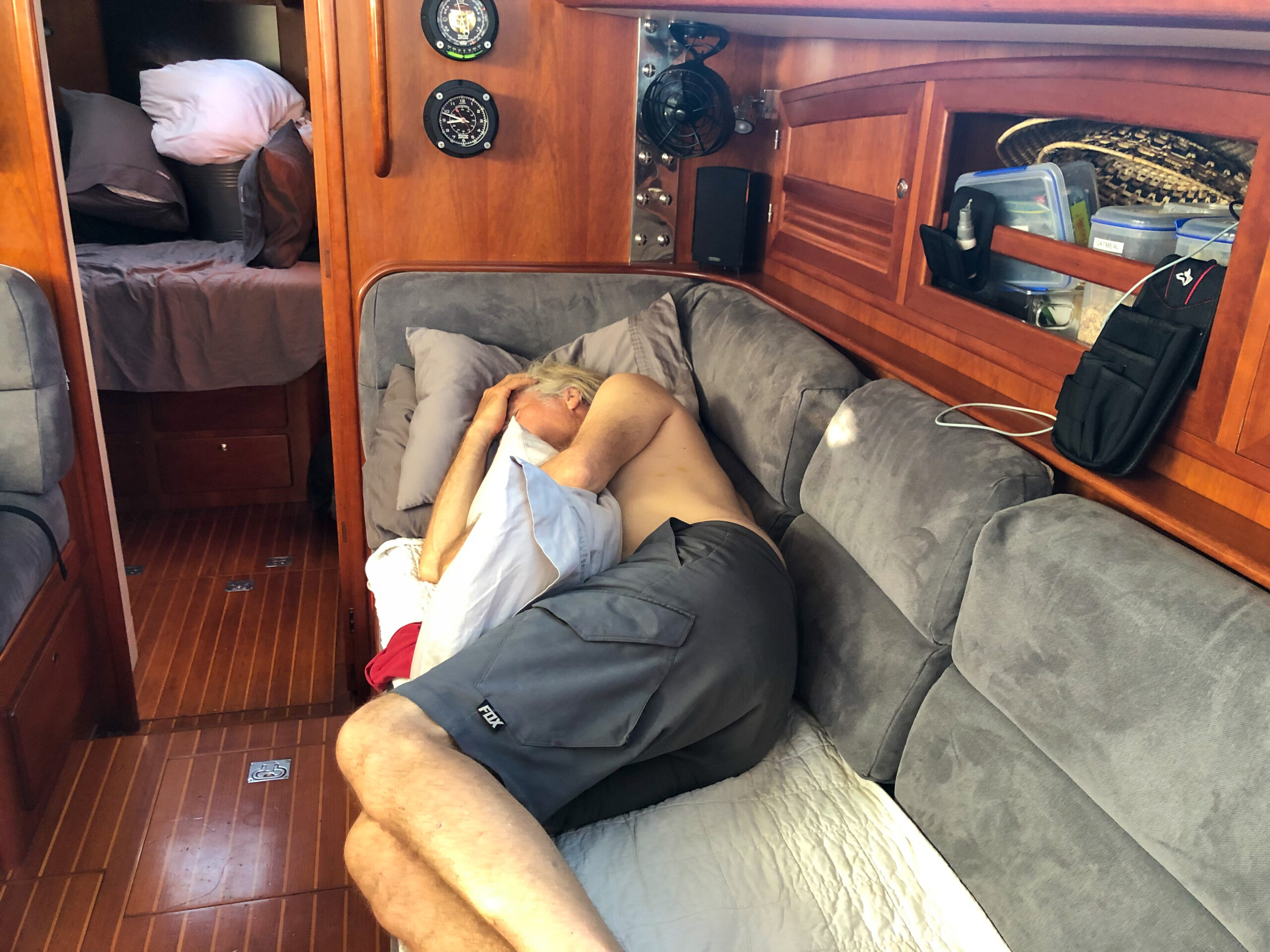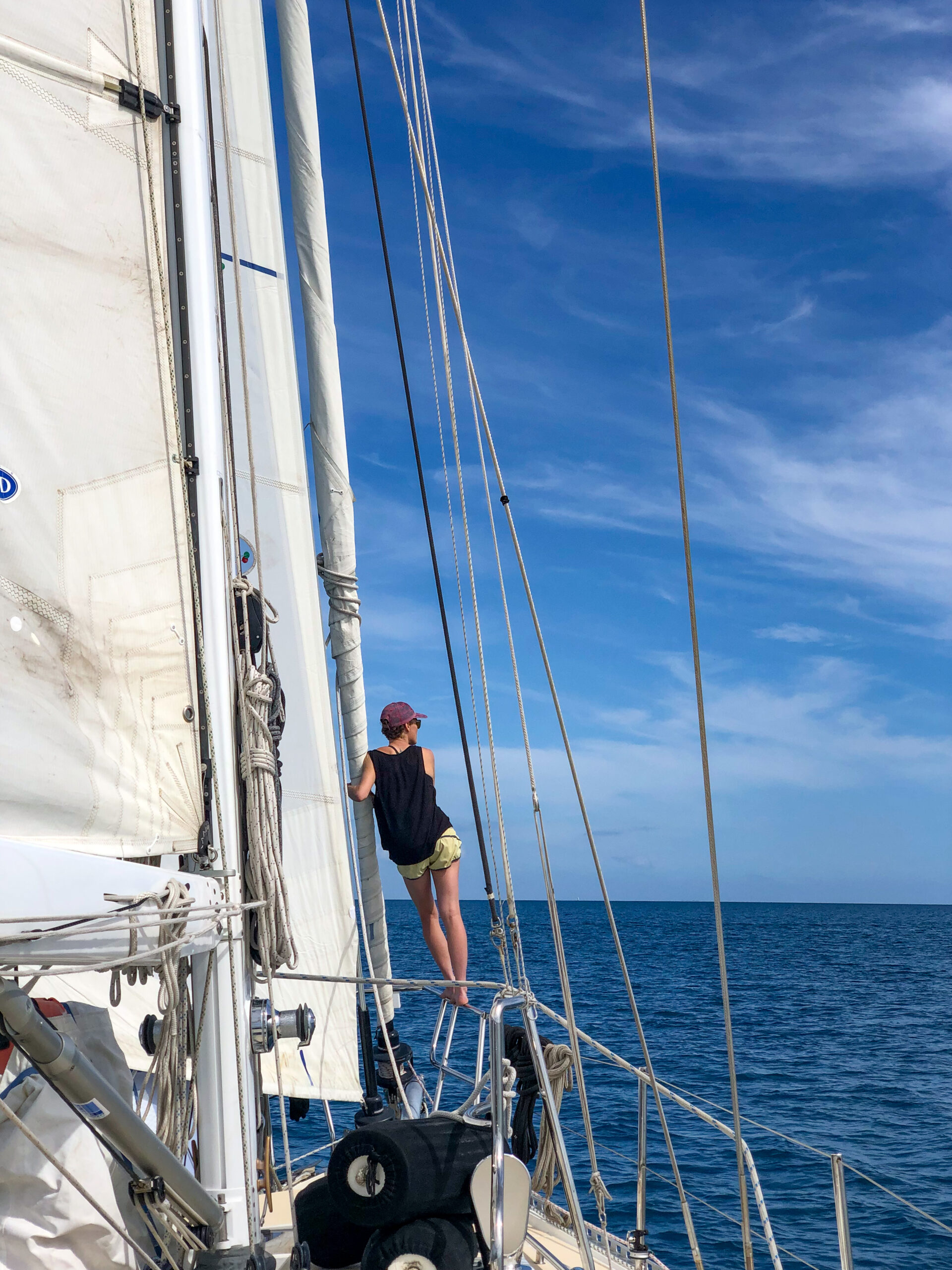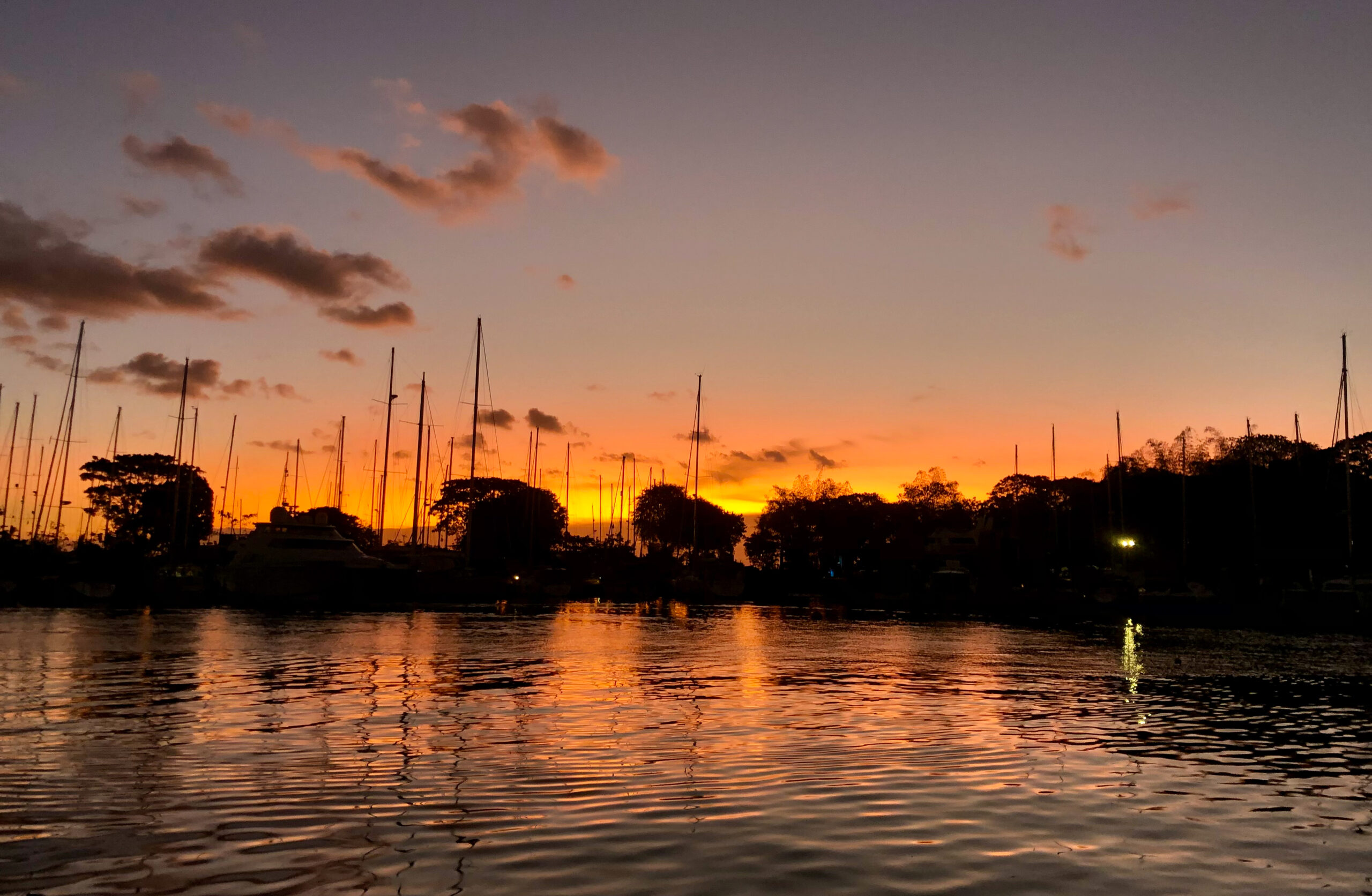The final Lembeh Strait muck diving album (see the previous two posts for more crazy creatures from these murky waters).
Category: Tropics
Run A MUCK – Lembeh Strait #2
Mamas in the Mamanucas (and Yasawas), western Fiji
It’s winter in Fiji, which can be easy to forget, usually. Last year we spent a sweltering July in Vuda marina waiting for our transmission, and absolutely no one was talking about cold. This “winter” has felt different (El Niño has officially replaced La Niña). In Viani bay the local dive master talked about rainy weather hanging on longer than usual, hills that were still very very green. “The Moms” arrived for the Fijian version of what overly excited weather people in Montana used to call a Polar Vortex. Fijians donned hoodies and parkas as temps plummeted into the mid-sixties (the lowest temperature ever recorded in Fiji was 12.3 C or 54 F). Meanwhile, “the Moms” counted their lucky stars and gave thanks for overcast days. I put on a T-shirt. Our biggest challenge was finding anchorages that were reasonably calm. Diana tied up the lee cloth for Camille and gave Elizabeth extra cushions to wedge herself in at night. I think I remember Diana suggesting that she handed out more sea sickness medication on this visit than she did on the entire Pacific Crossing. On the bright side, Camille says she has never slept so well (we discussed the feasibility of installing hydraulics in the foundation of her Northern California cottage to replicate these soporific Fijian seas). I think Diana and I had both imagined leisurely lagoon sailing with the Moms, based on our quick survey of the western islands last year. For sure, neither of us imagined gusts to gale force (36 knots), and sailing at 8 knots with a handkerchief of jib rolled out. But by now the Mom’s are seasoned sailors, and weathered it all like old salts, quite happily nestled in their accustomed spots. ~MS
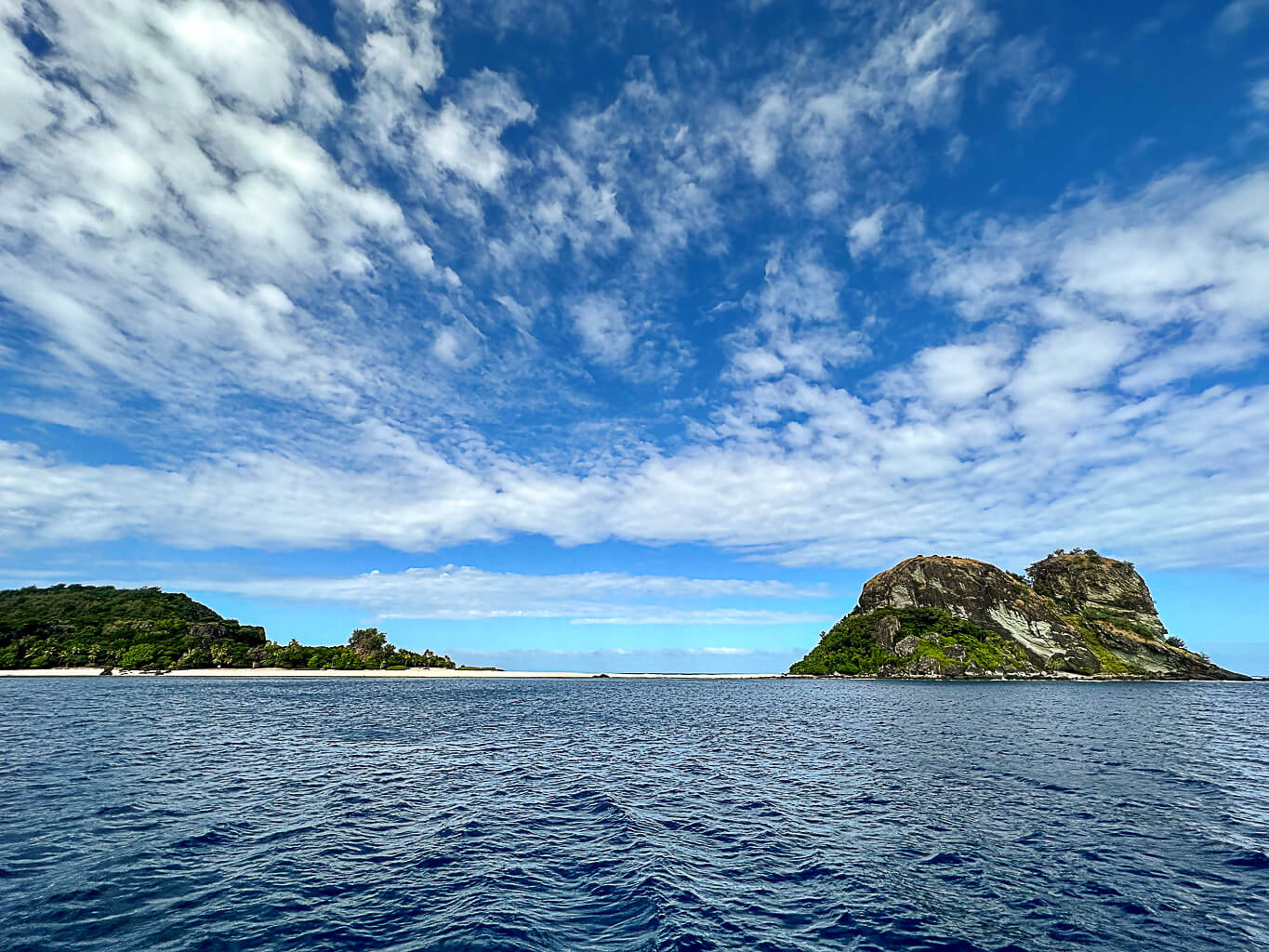
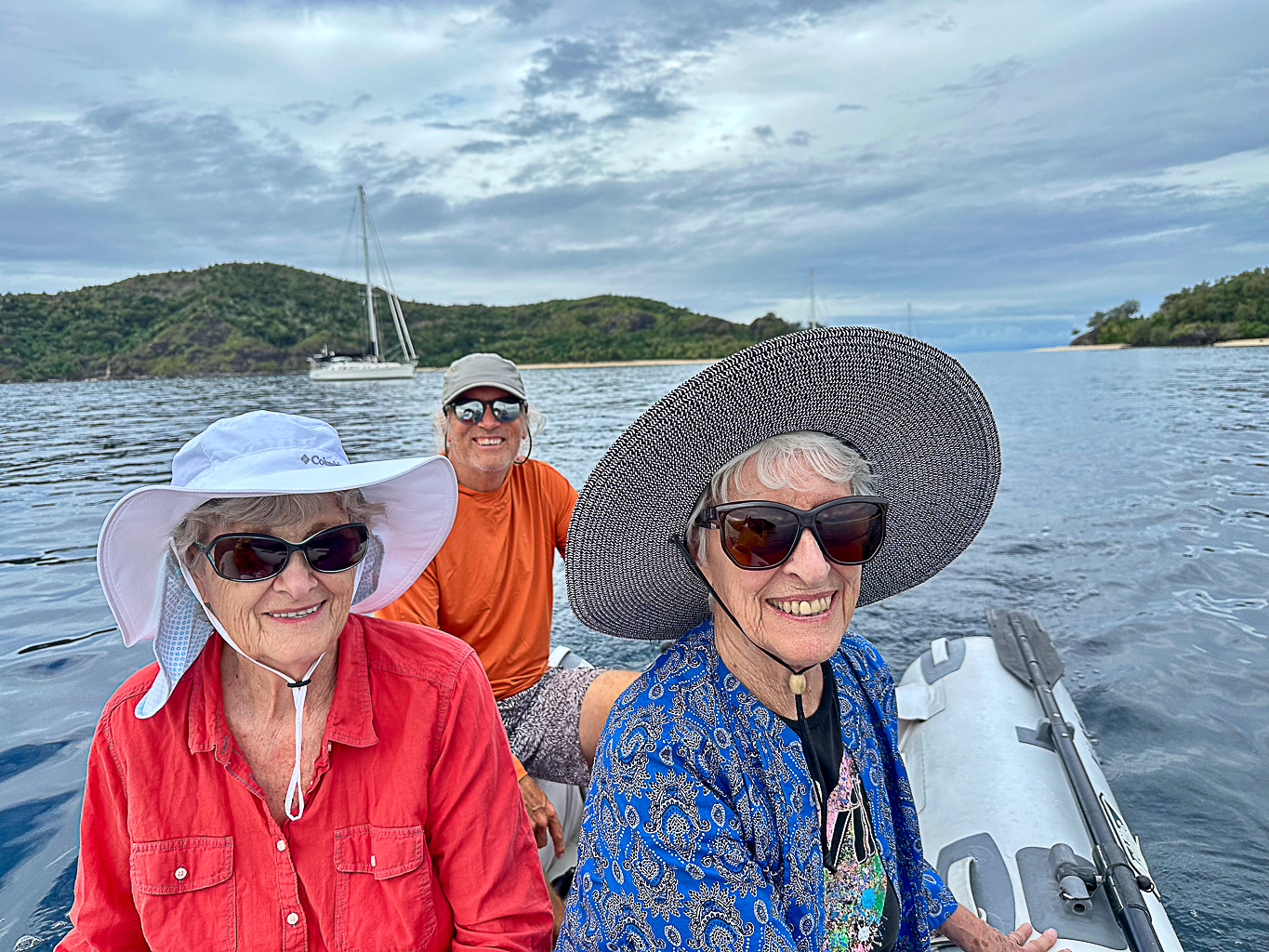
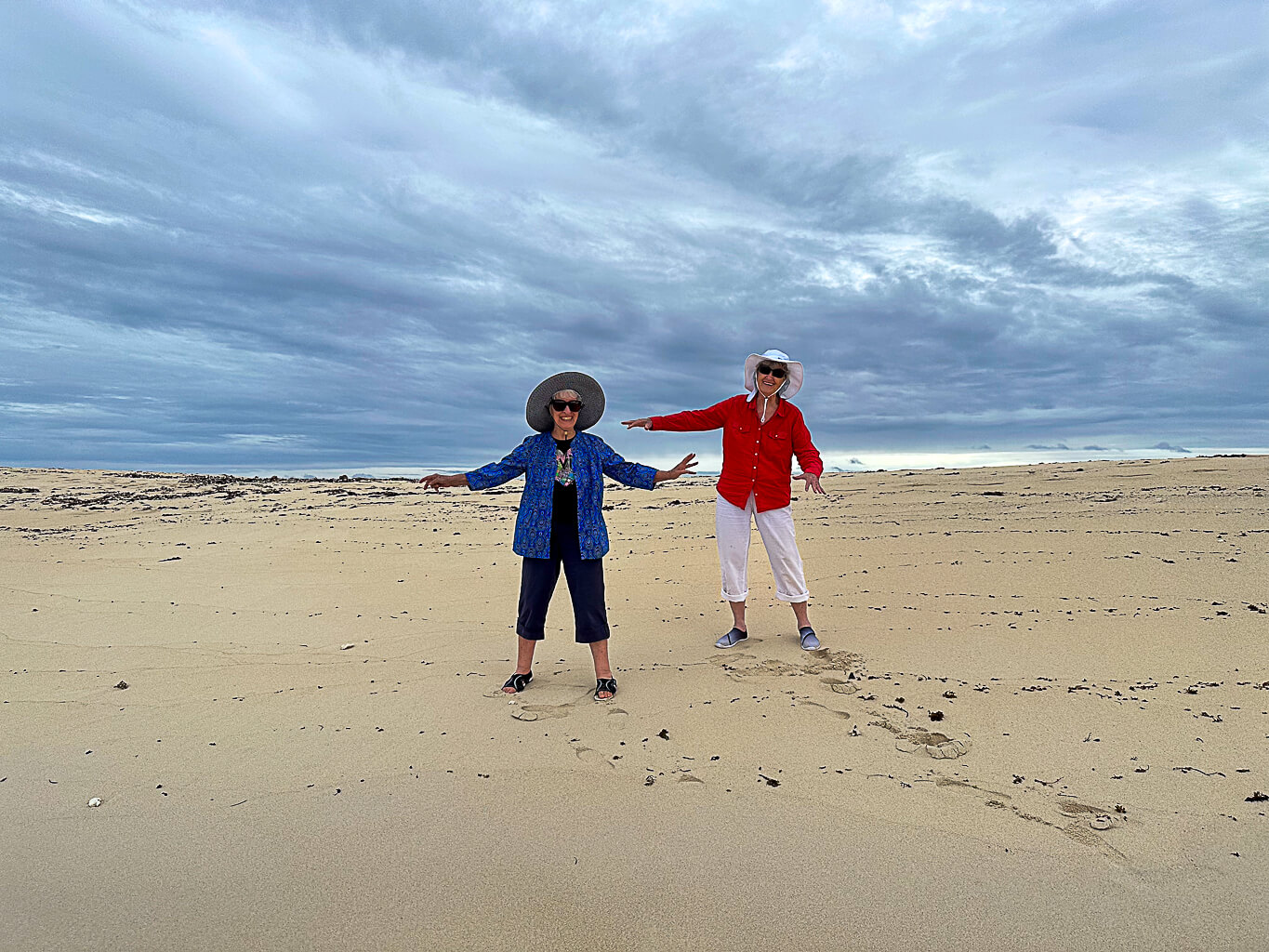
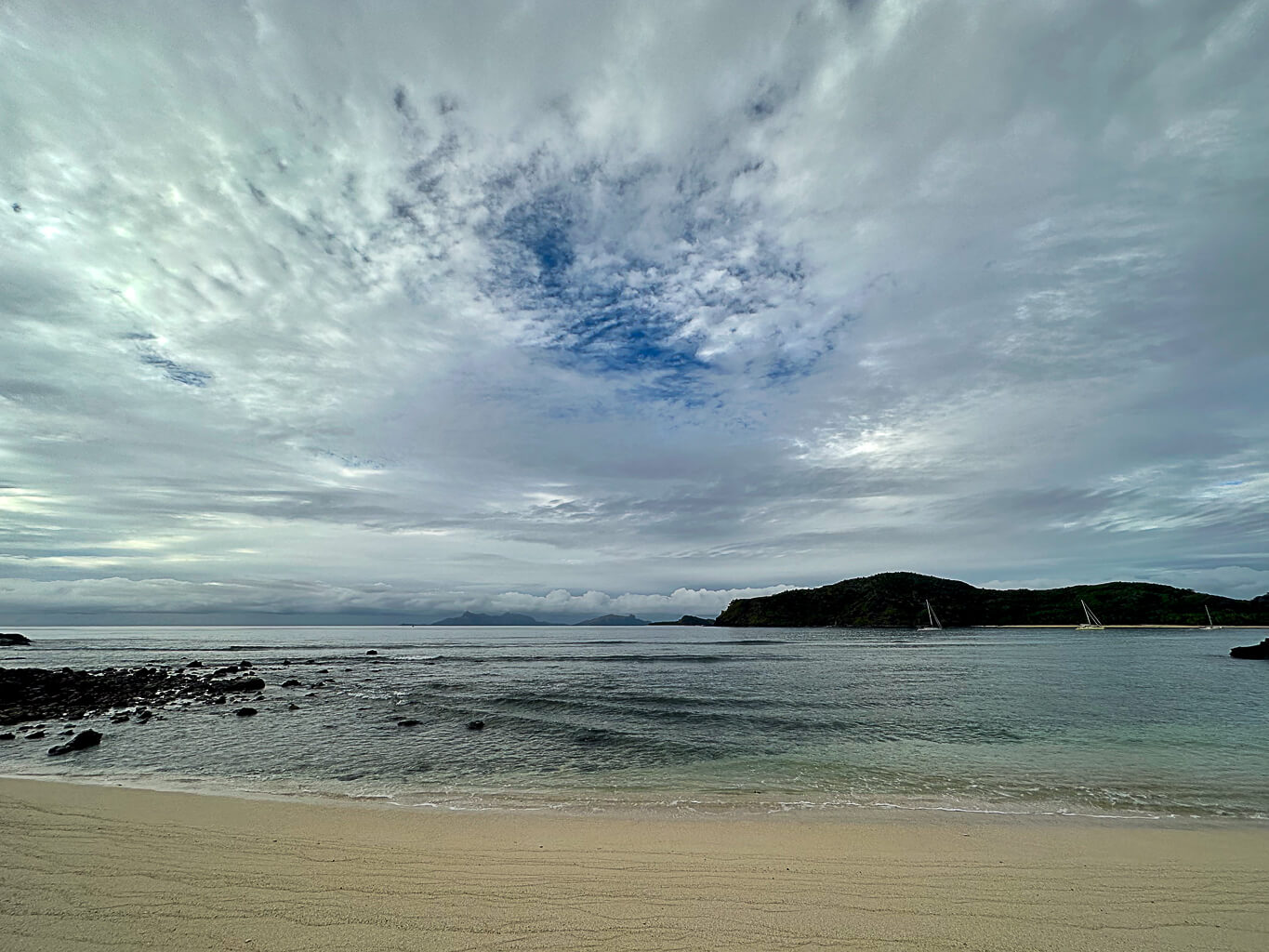
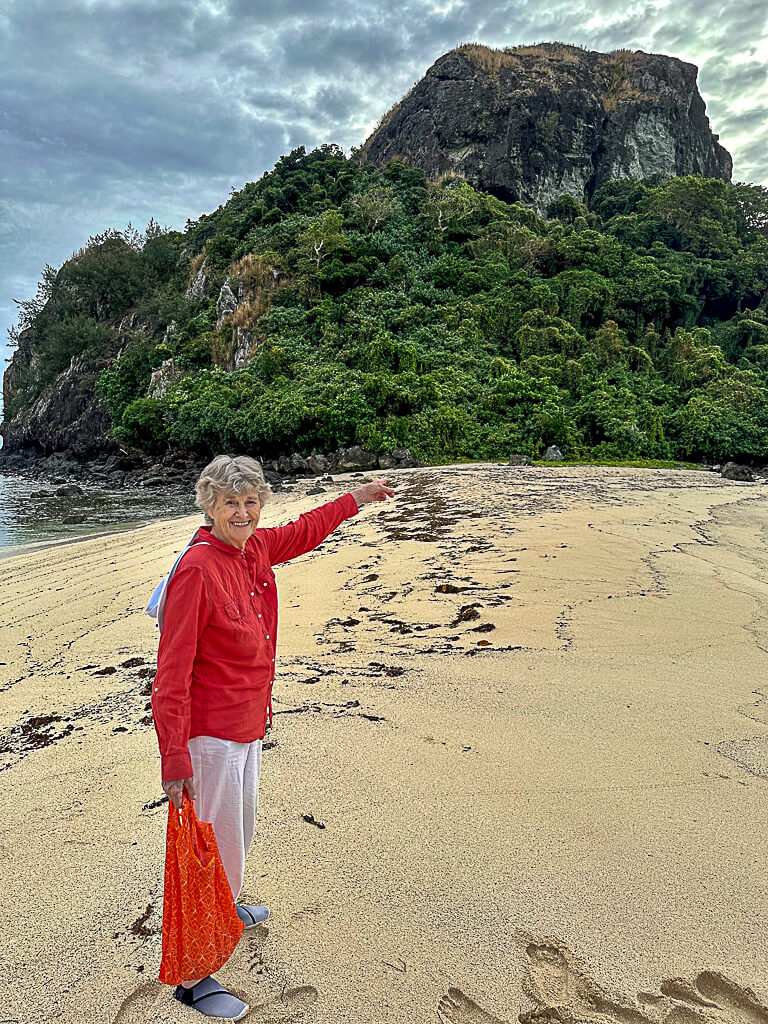
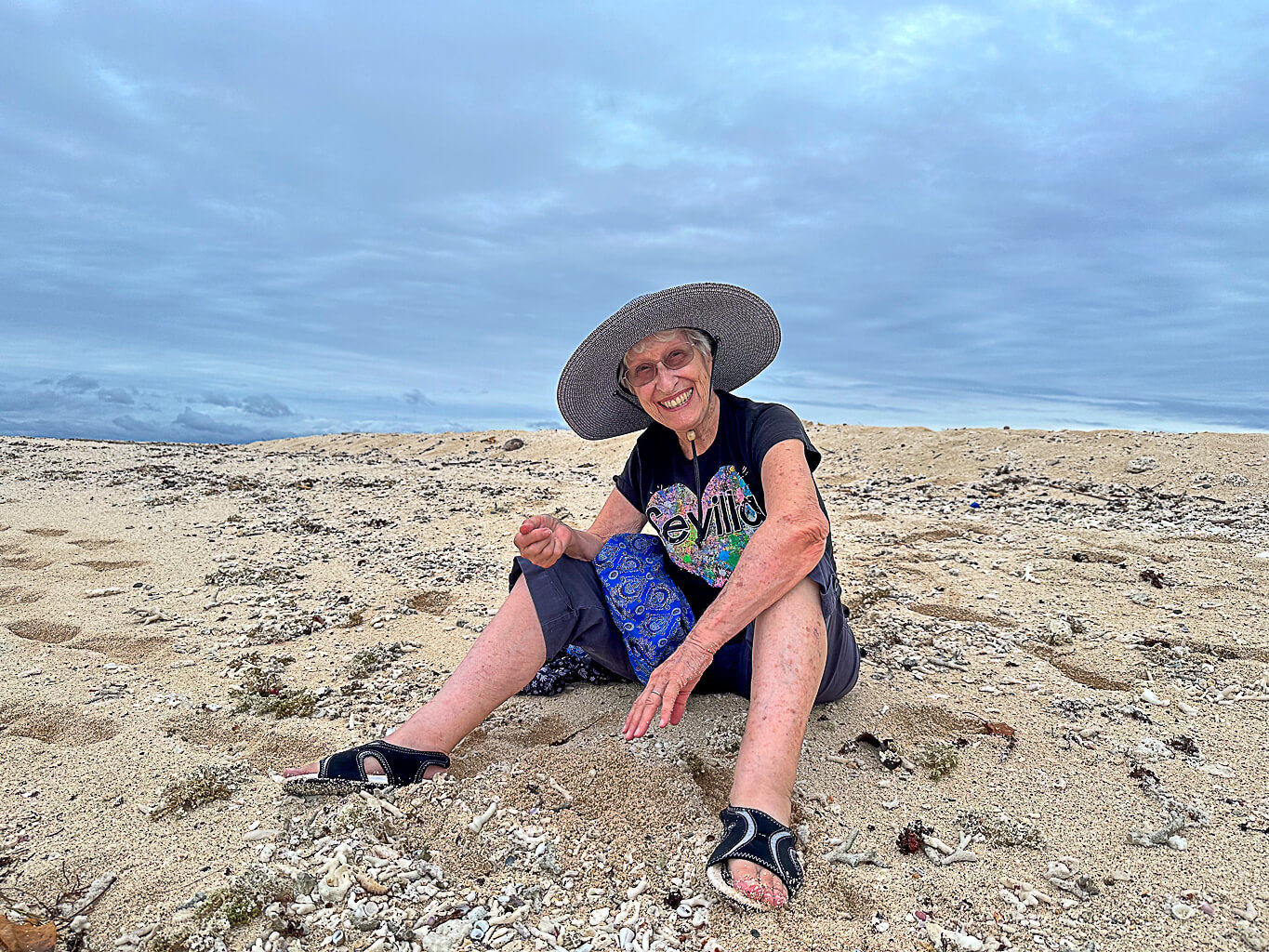
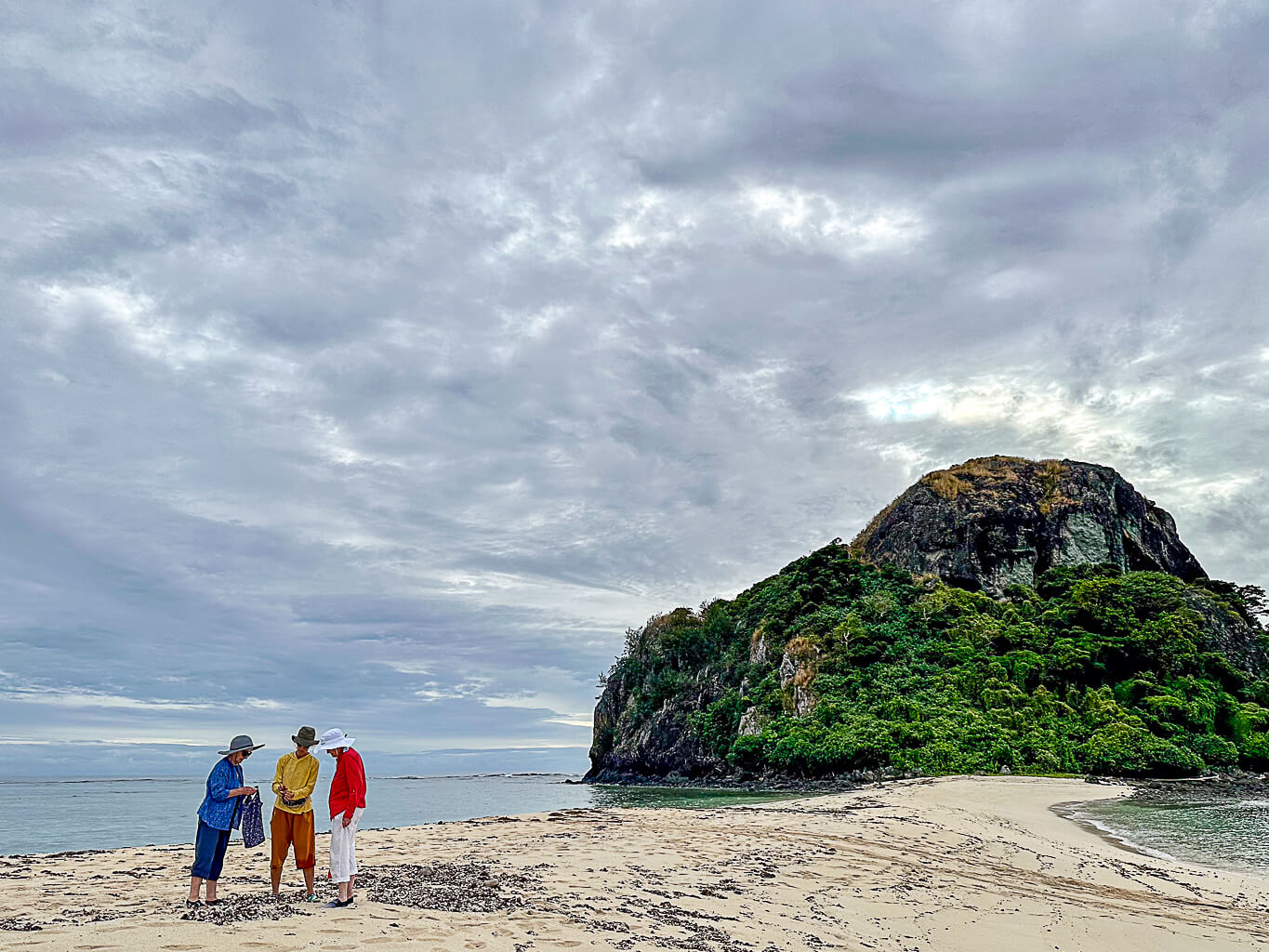
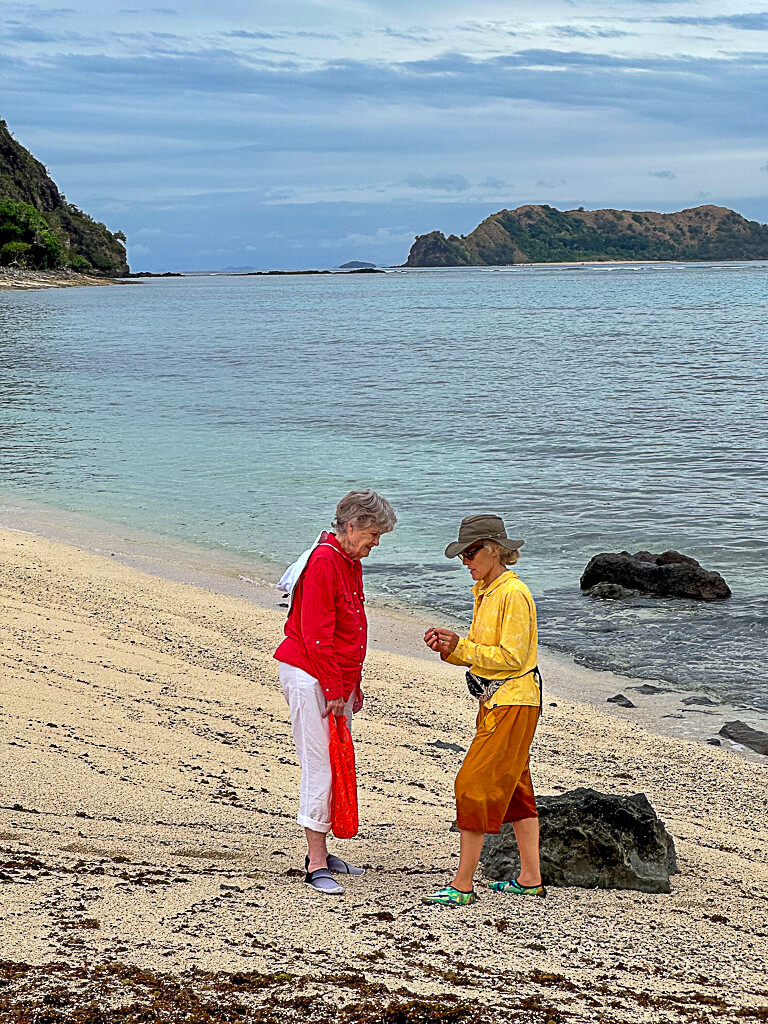
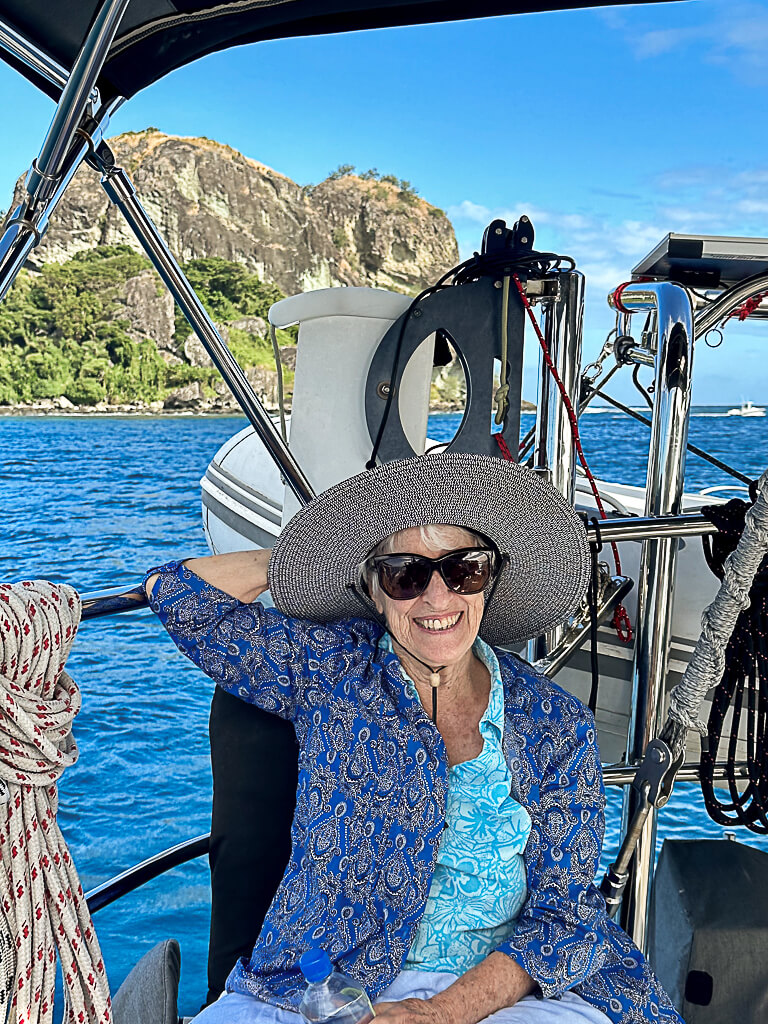
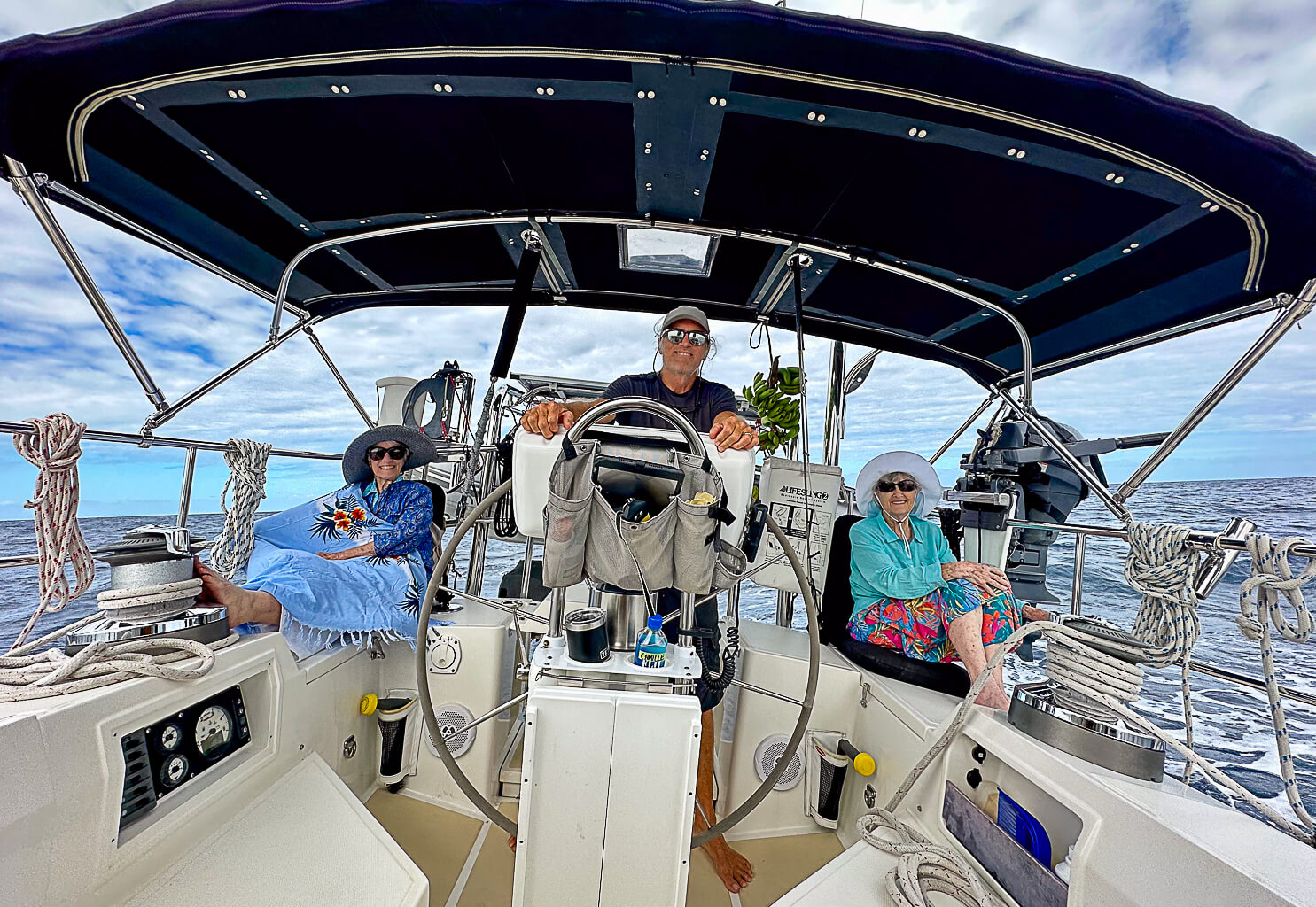
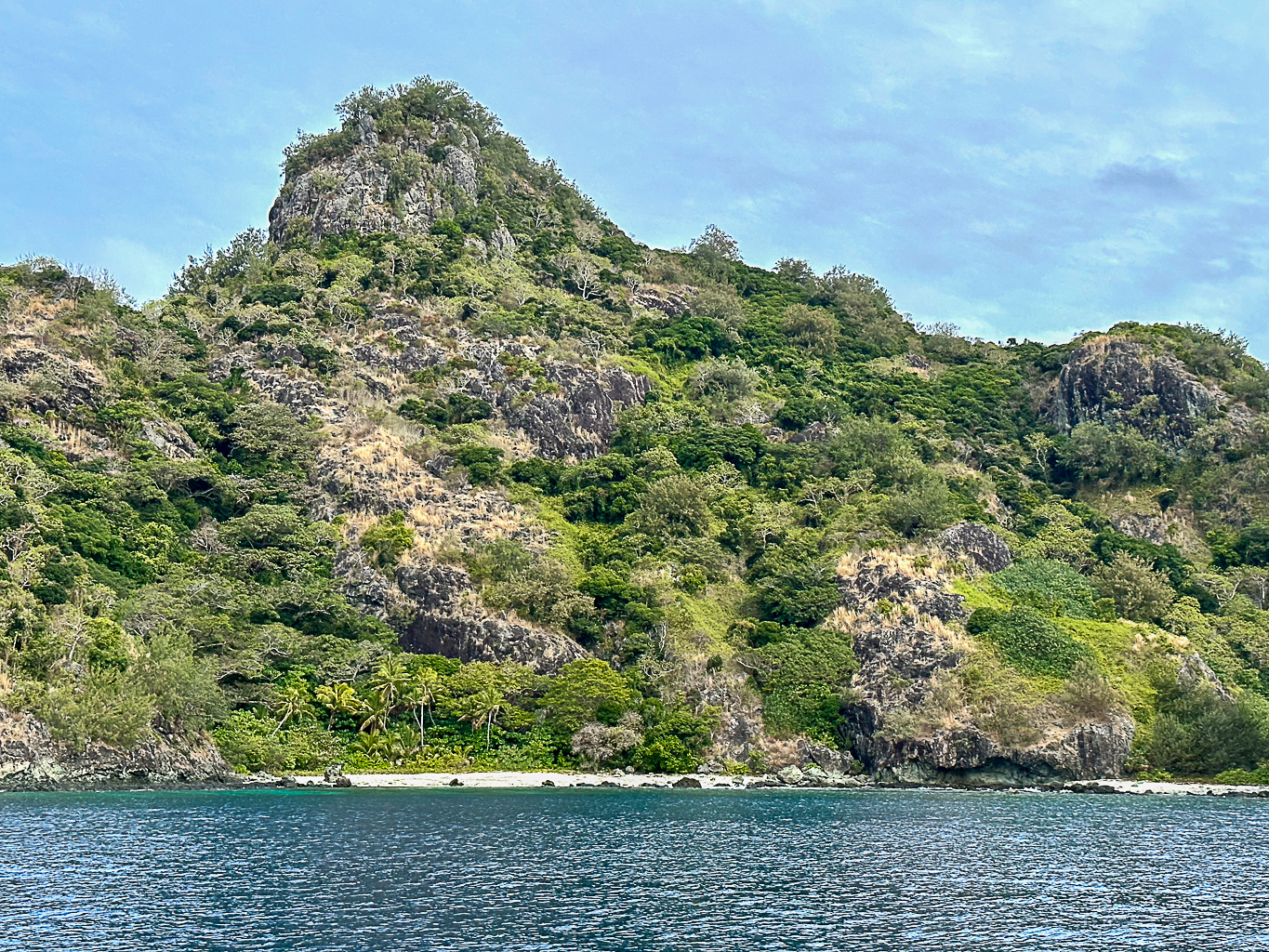
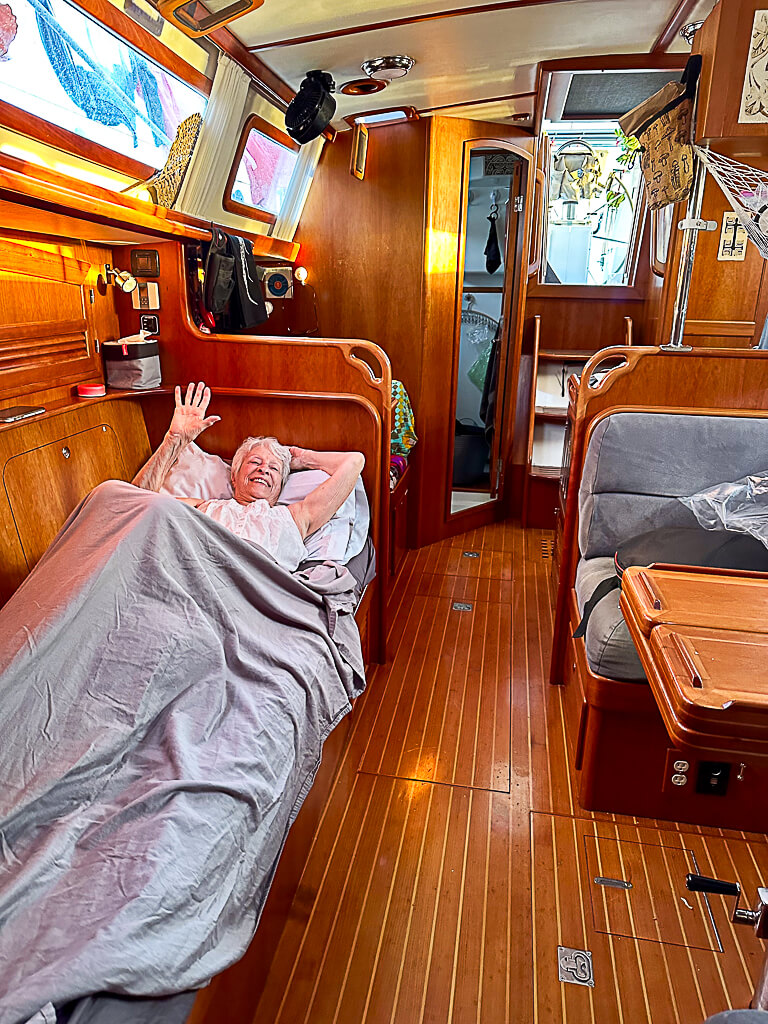
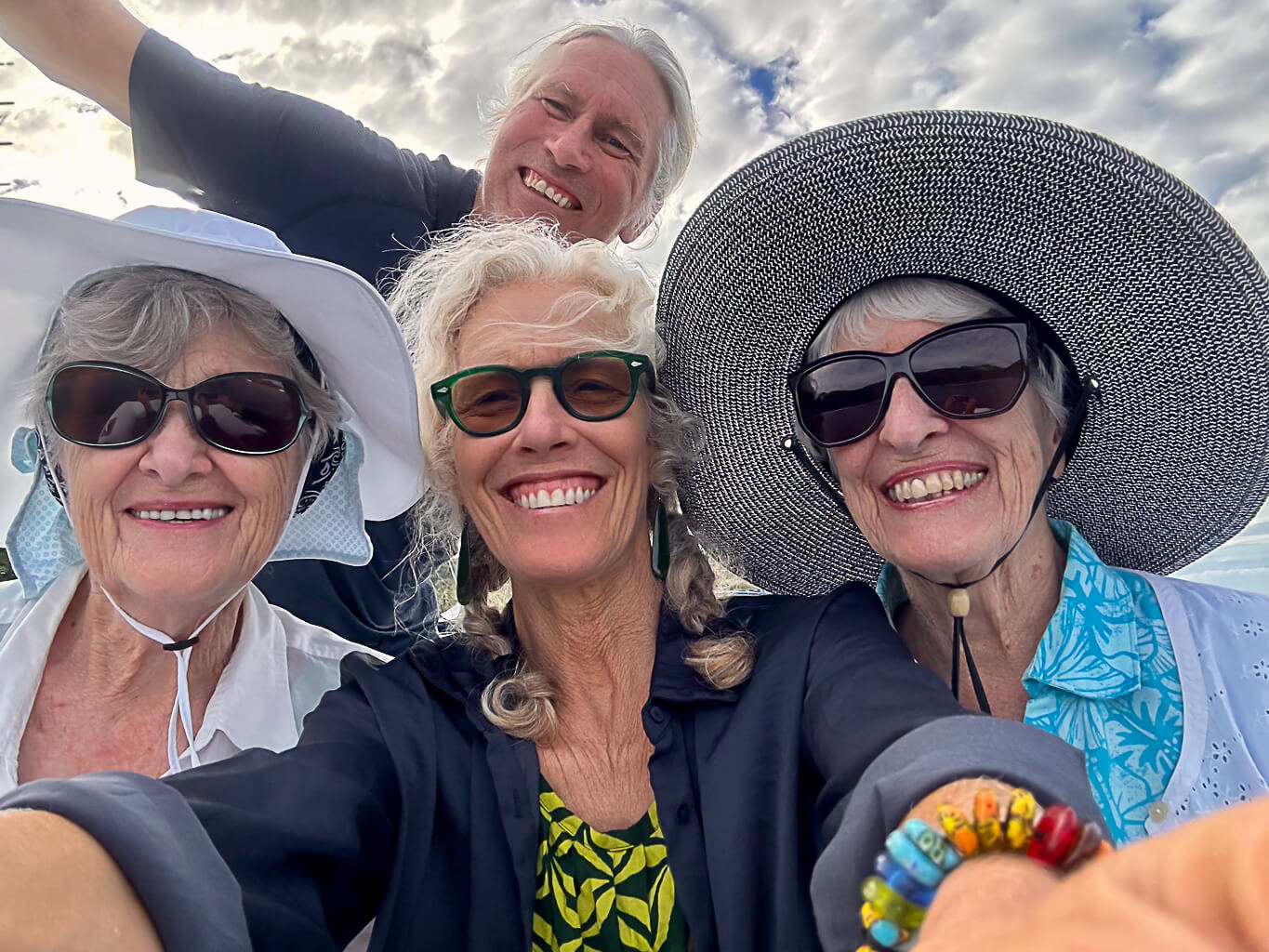
Though the Yasawa’s and Mamanucas (pronounced mamanutha) are more accessible than some areas of Fiji, the culture here seems pretty resilient in coping with the pressures of tourism. All over Fiji people seem to smile a lot — relaxed, unhurried and generally optimistic. I think the Moms particularly enjoyed our cultural interactions. Our first sevusevu ceremony was at Nalauwaki Village in the northern bay of Waya island. The idea of sevusevu is that you must go to the chief of the village to make an offering of kava before you do anything else (swim, hike, fish etc…). Typically you find someone as you land the dinghy on the beach who can take you to the right place (take me to your leader!). The ceremony is usually fascilitated by the chiefs spokesperson, the Turanga Ni Koro. You sit on the floor in the chief’s house or the community hall and pass your kava roots (usually wrapped up in newspaper which is also valued for rolling very long thin cigarettes called Suki) to the spokesperson who passes it onto the chief. He recites a speech (in Fijian) welcoming you, often by name, giving permission to walk about the village, snorkel, dive etc. The spokesperson translates that you are now guests and the chief and the village also take responsibility for your welfare. The ceremony is usually followed by a tour of the village and the school. Apparently Nalauwaki has been without a chief for a while, so this first sevusevu was a very low key version with an elder, but still had the intended effect of making us feel connected to the village rather than outsiders. All over Fiji the custom of not wearing hats, sunglasses, or carrying backpacks on your shoulders is a way that tourists can show their respect for the village. In the Lau group of eastern islands, I also started wearing a sulu (a wrap around skirt for men and women) for the ceremony as another sign of respect. It feels surprisingly good to be welcomed in this formal way and the ceremony really does create a feeling of attachment and mutual responsibility. ~MS
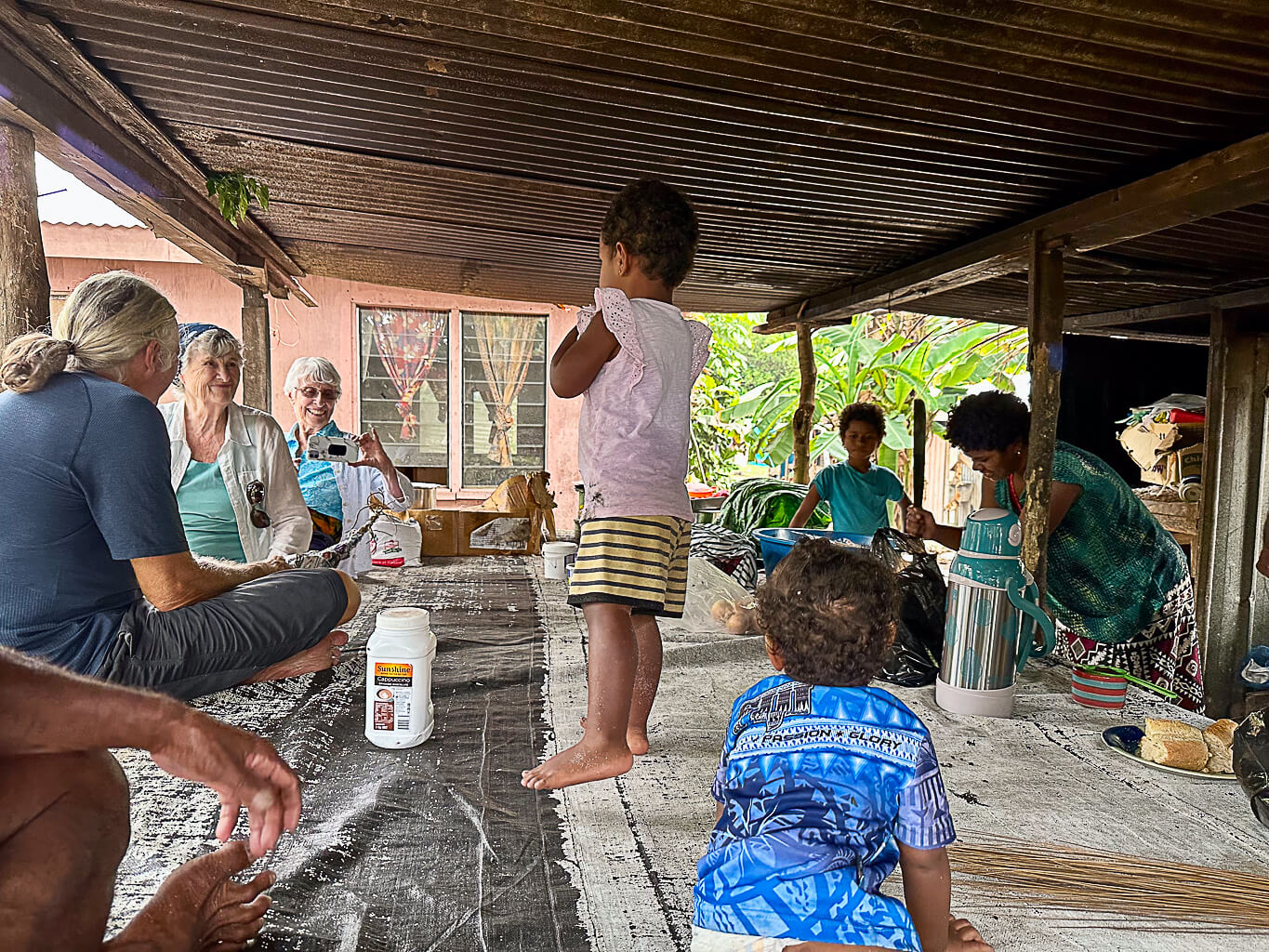
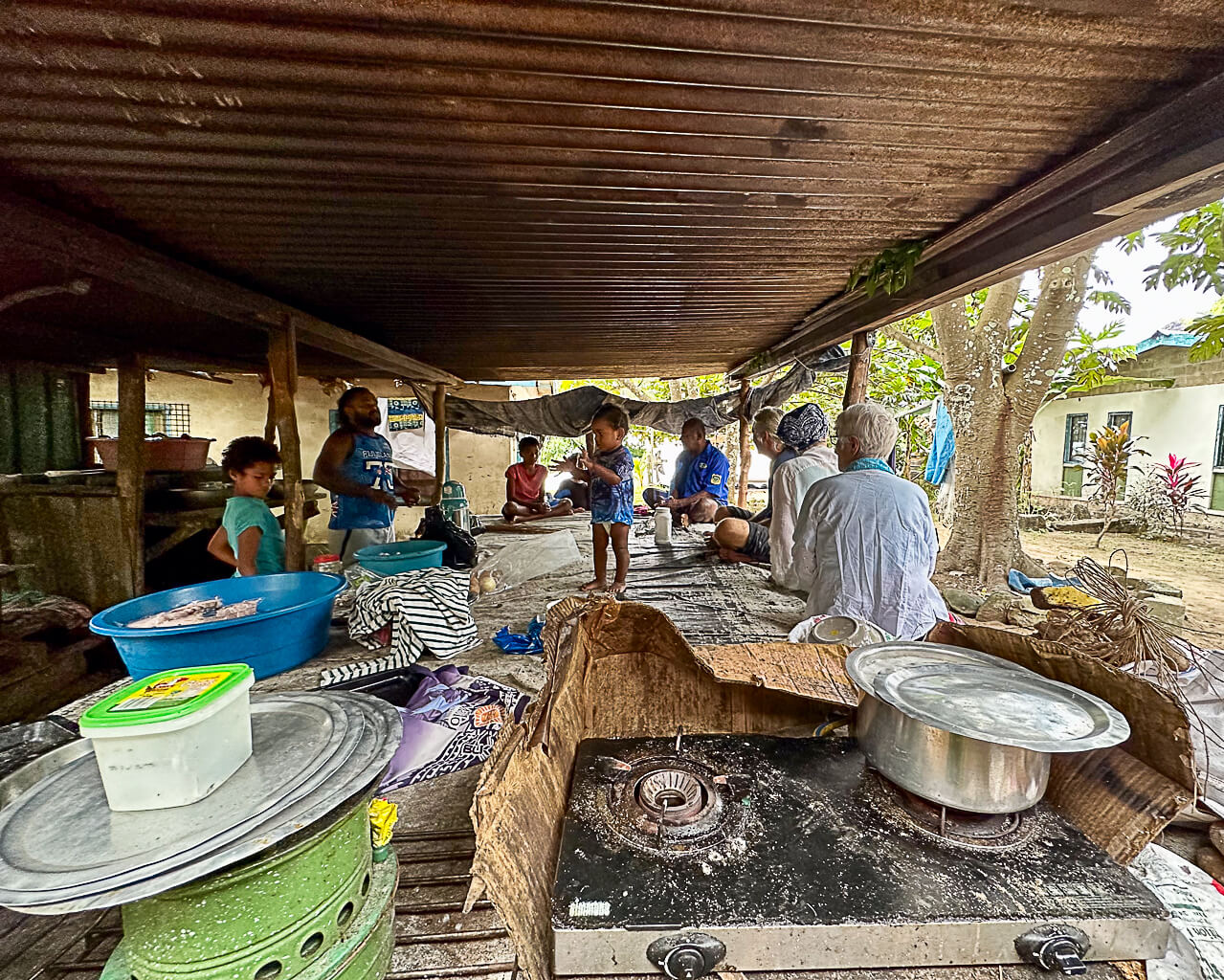
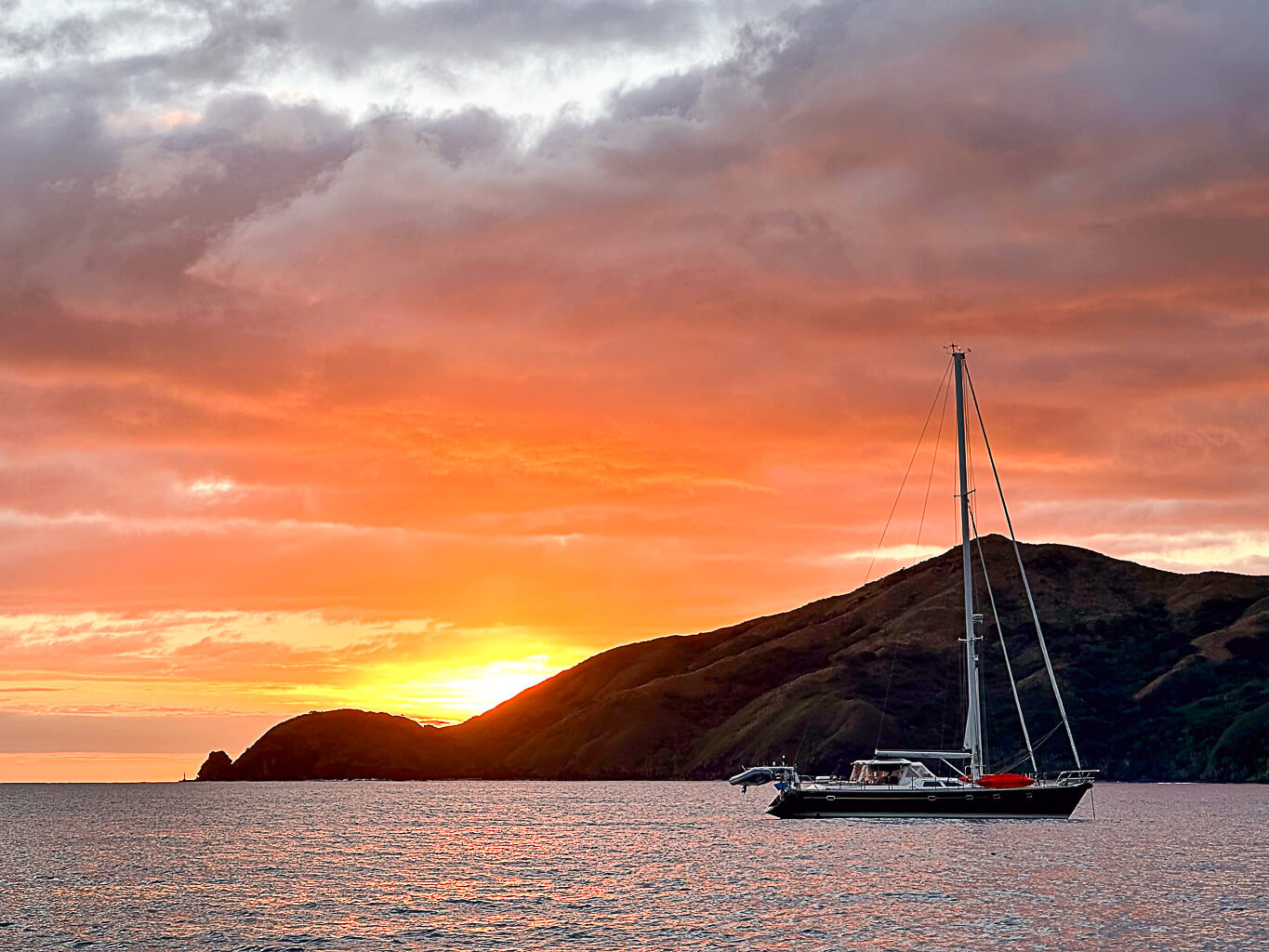
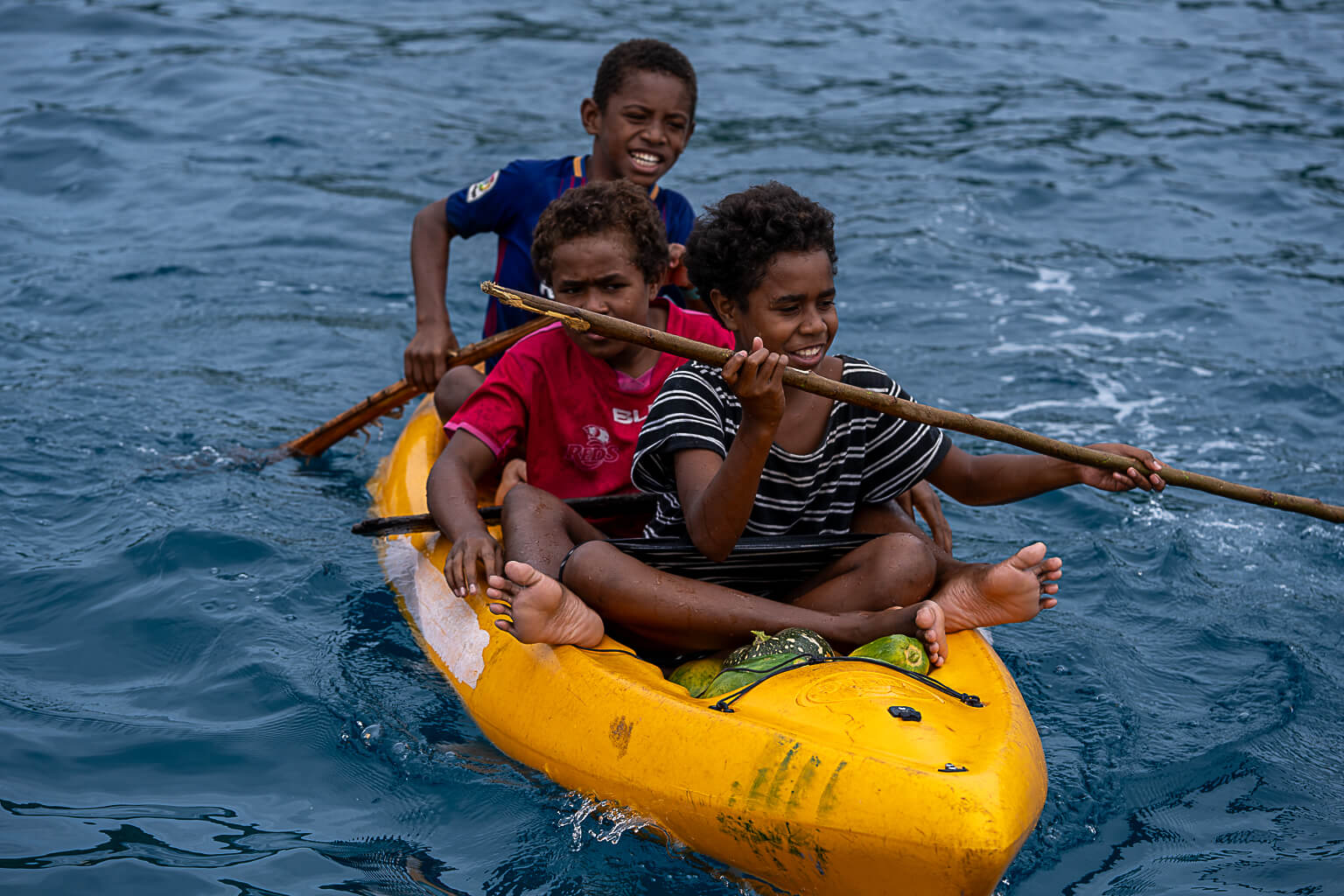
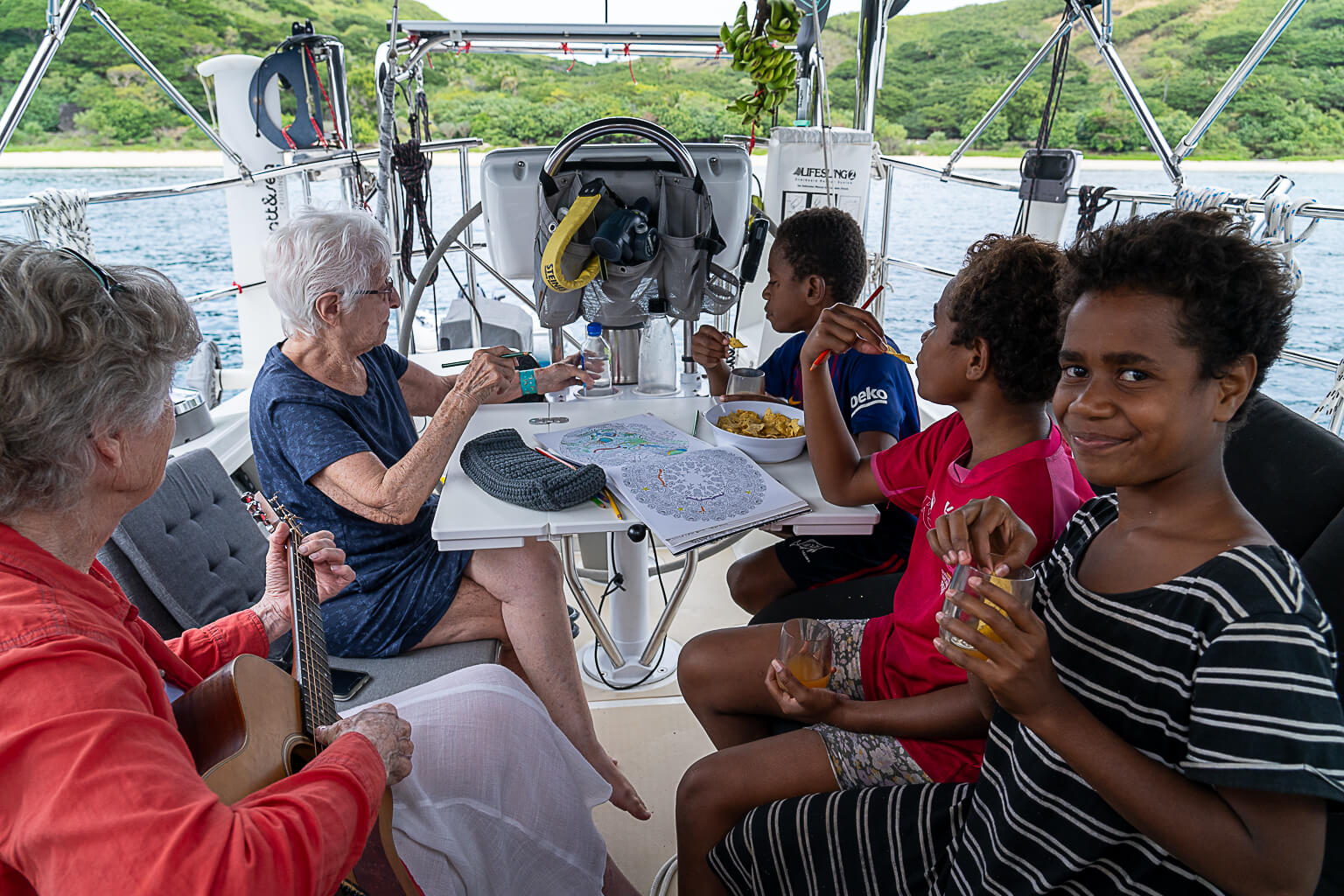
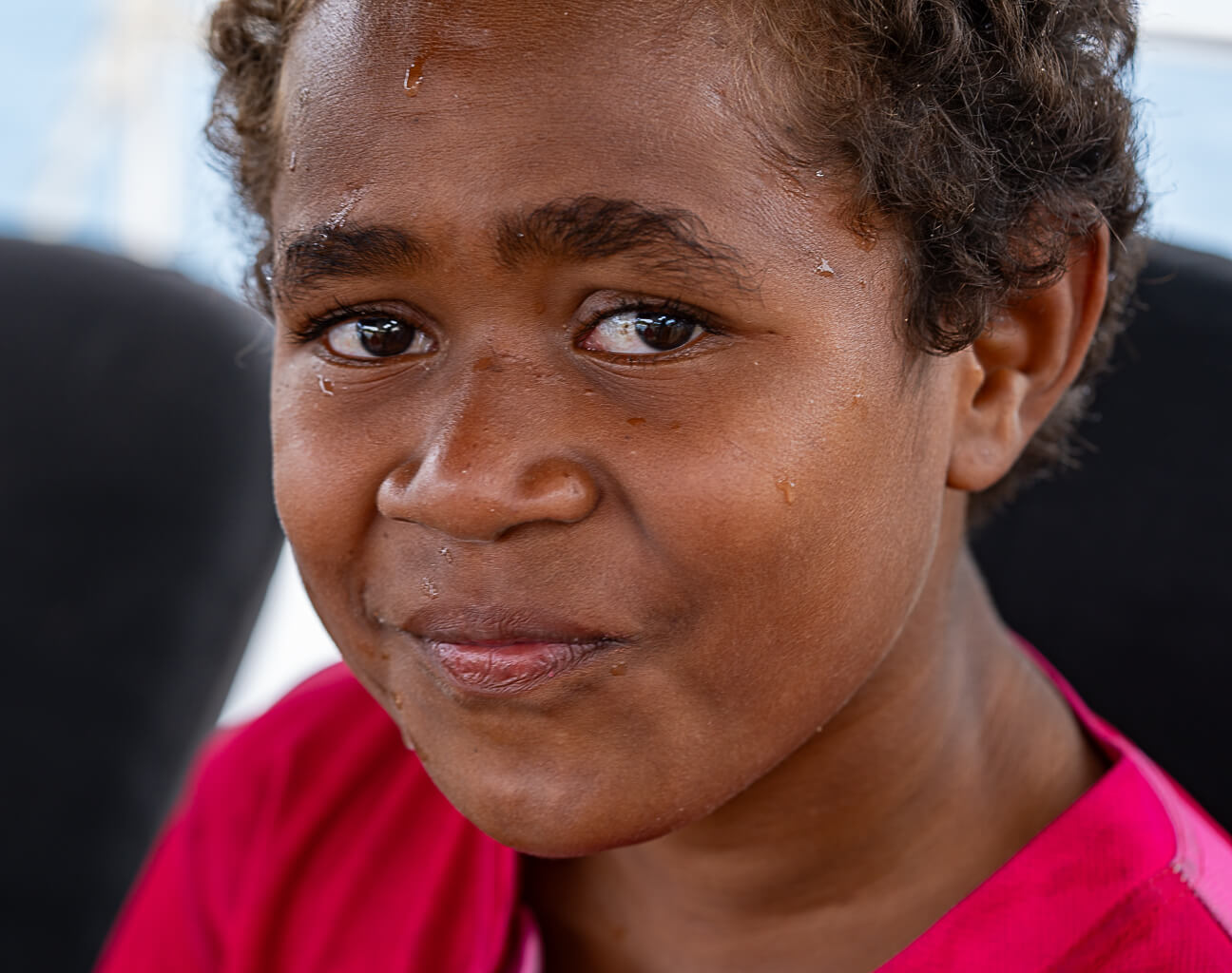
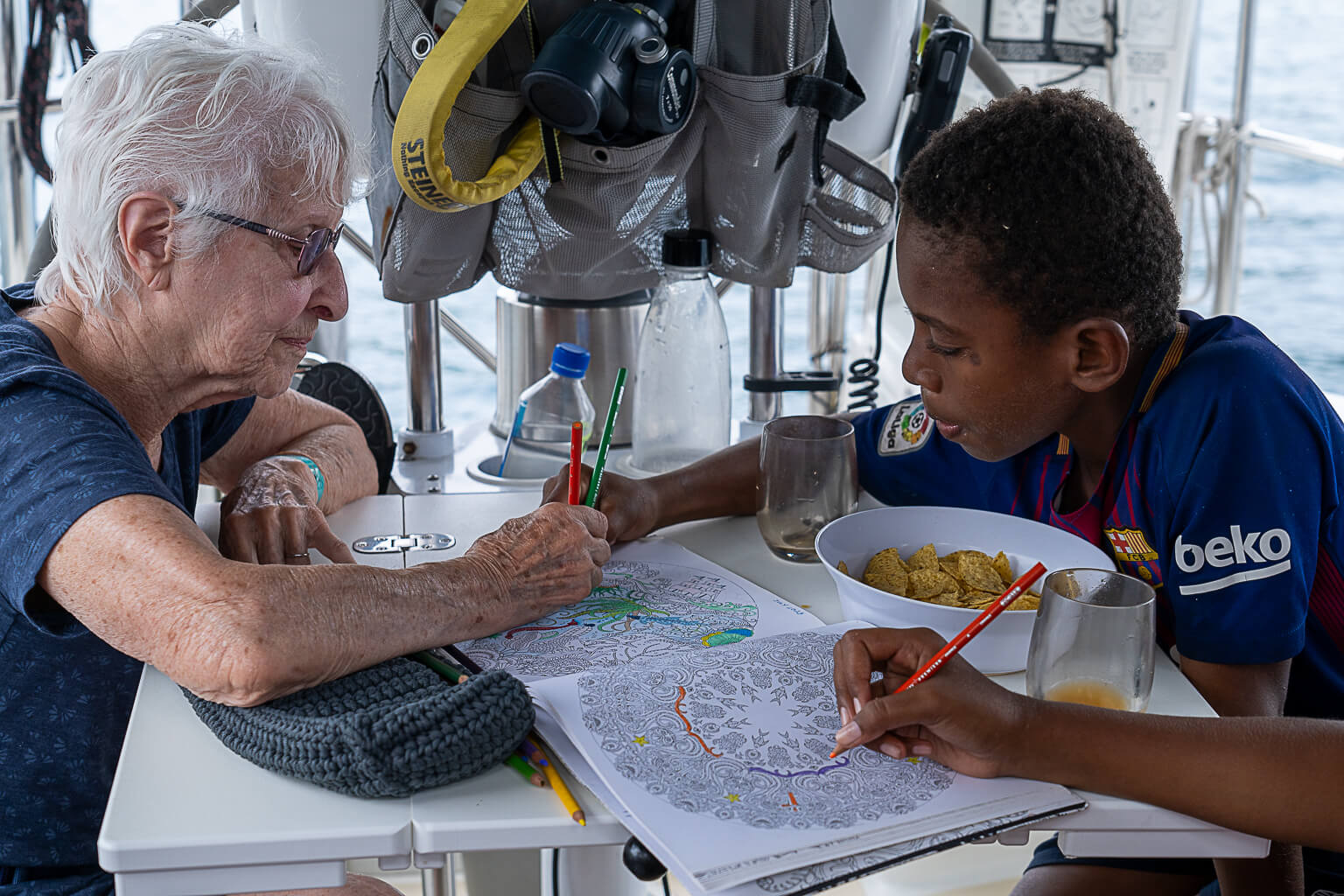
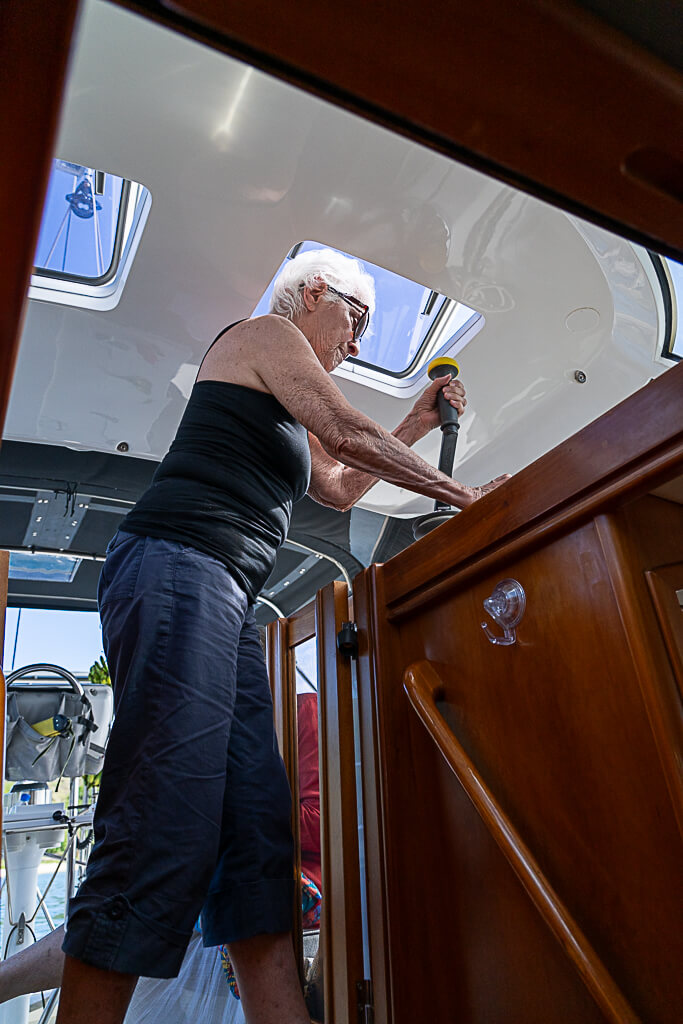
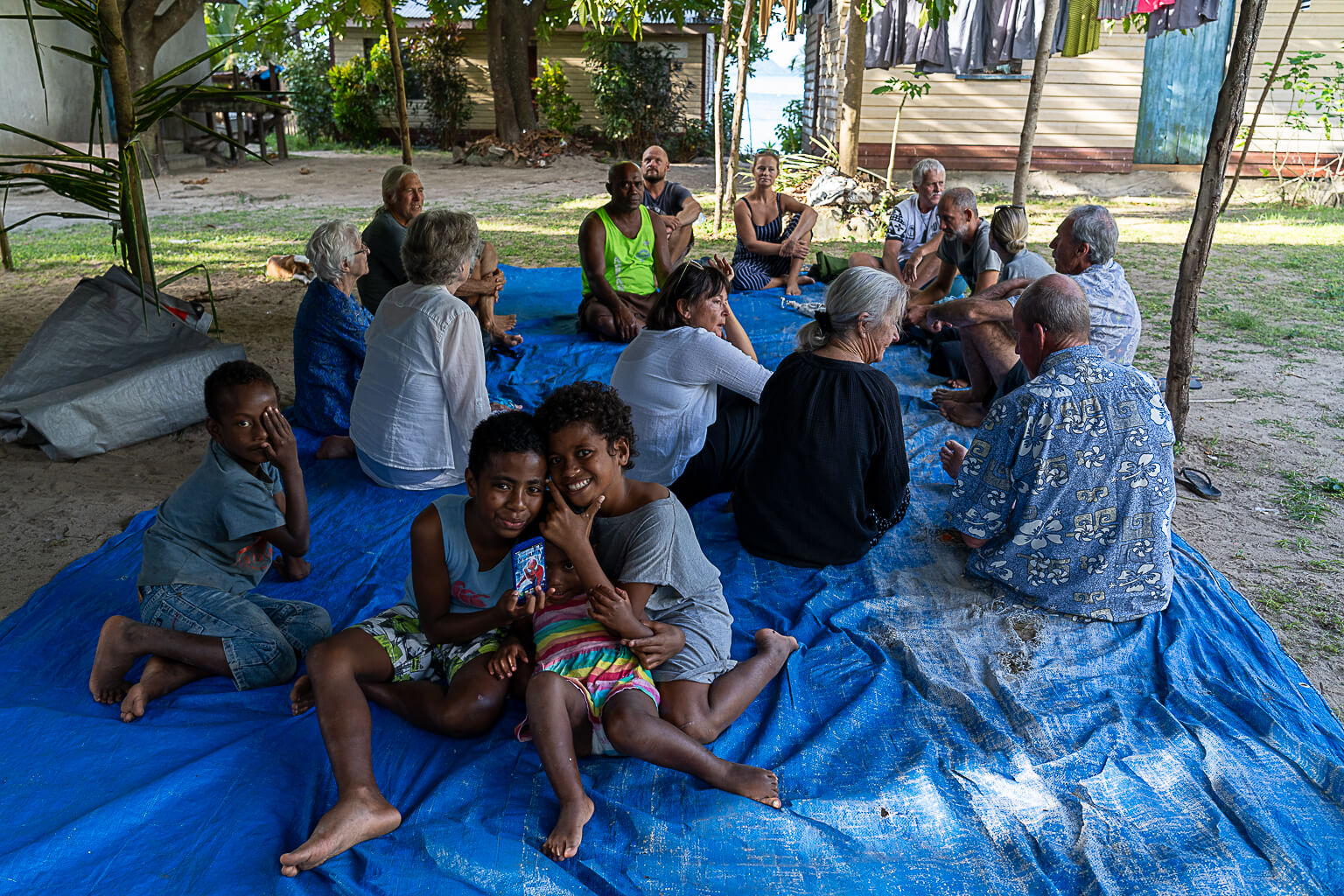
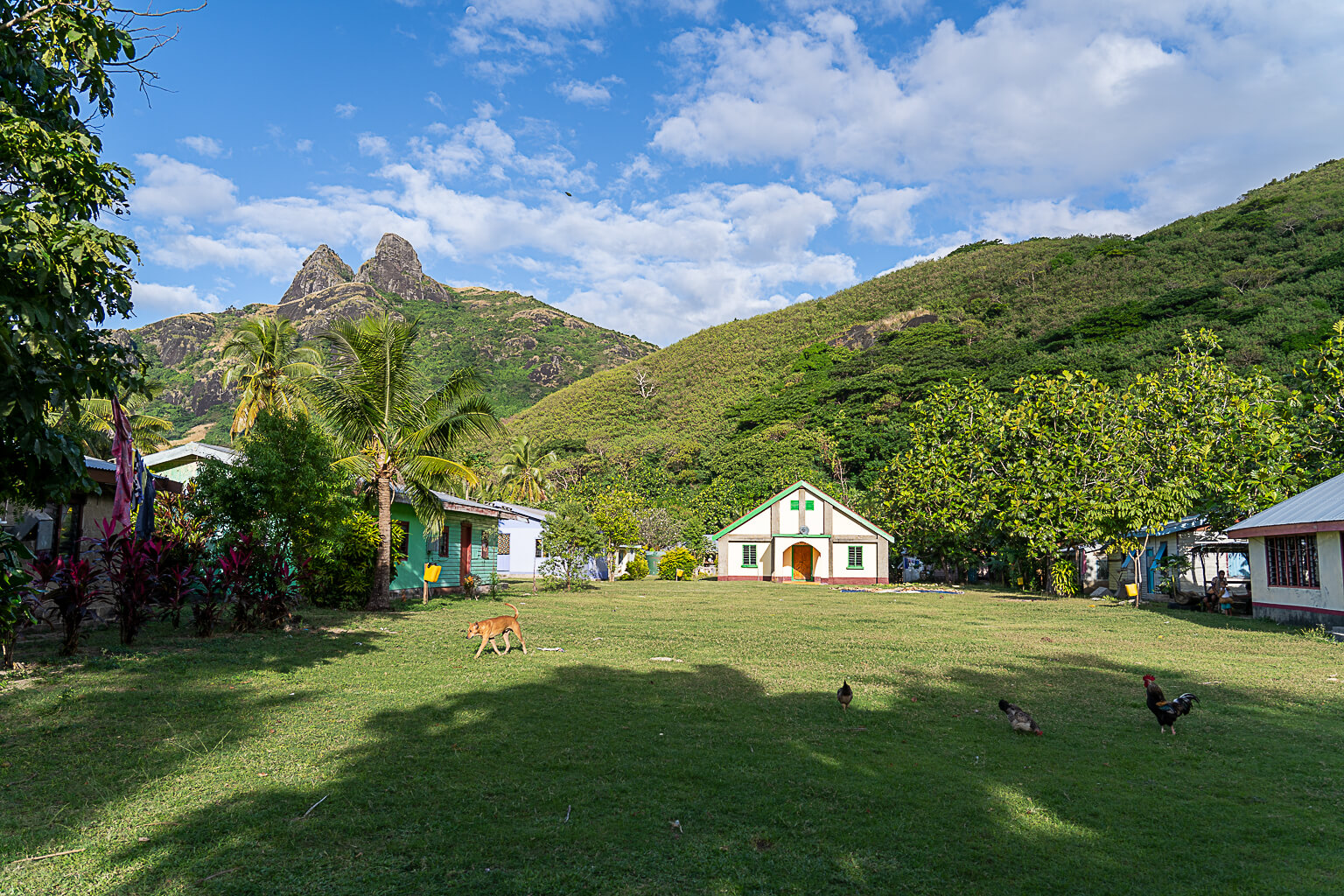
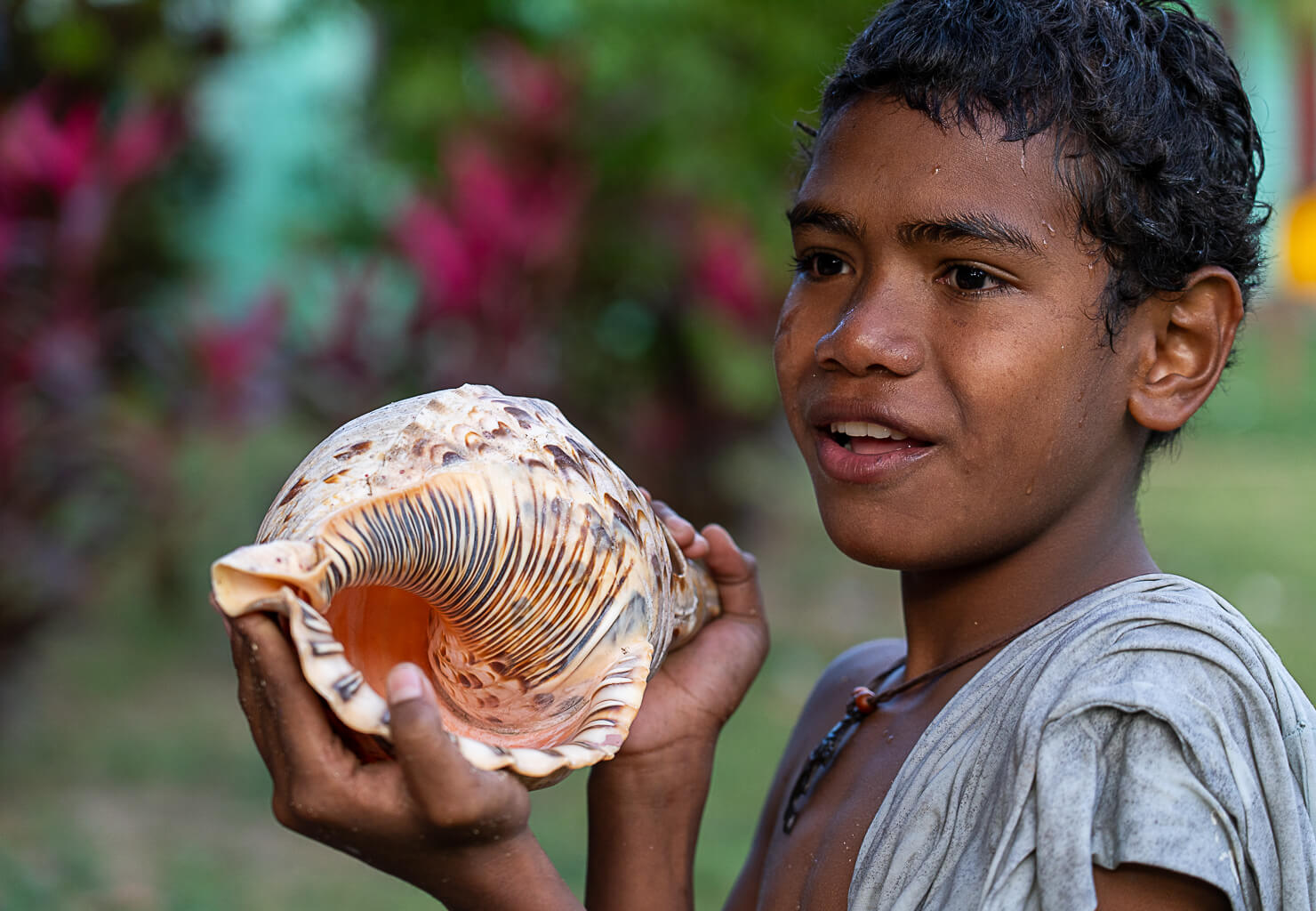
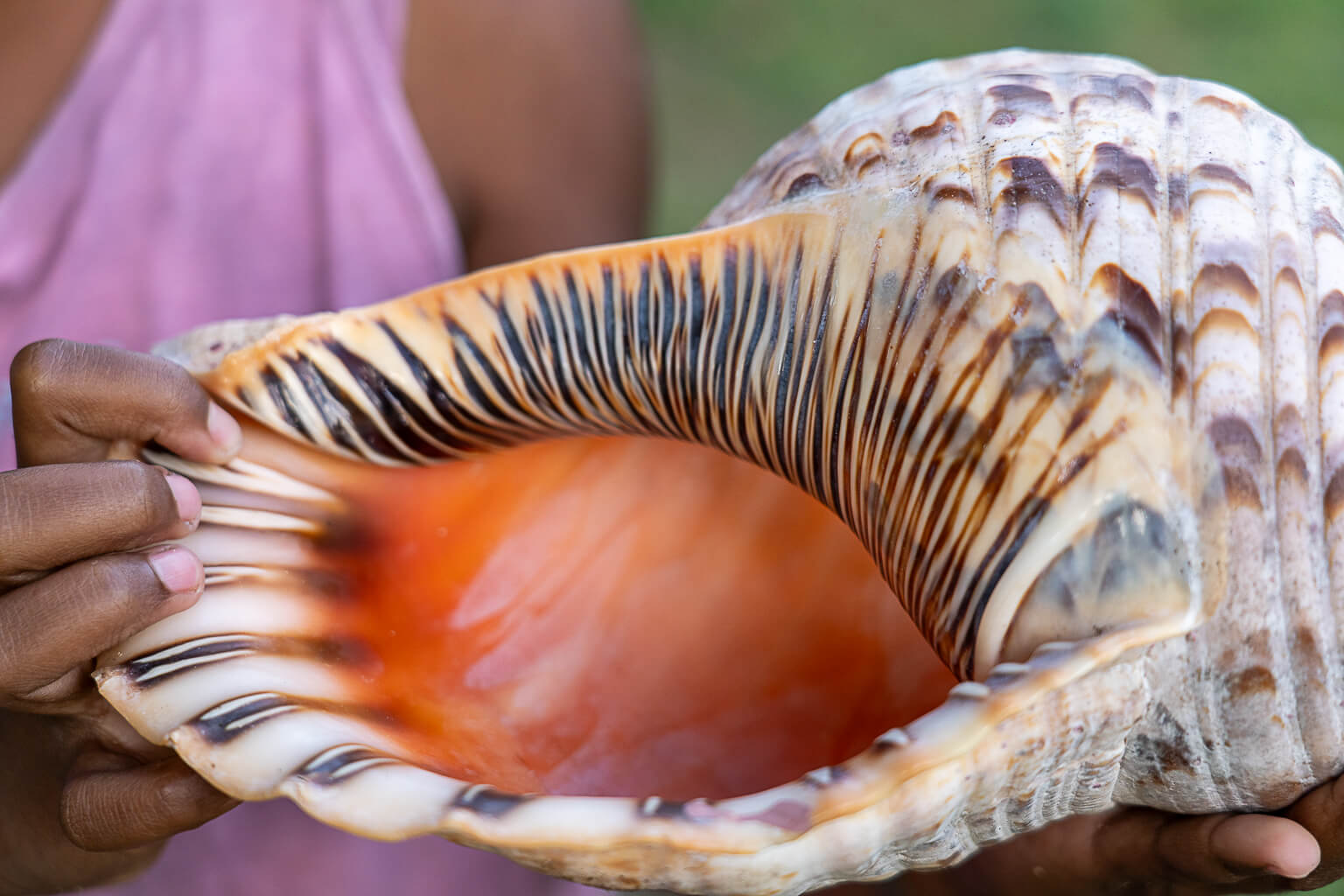
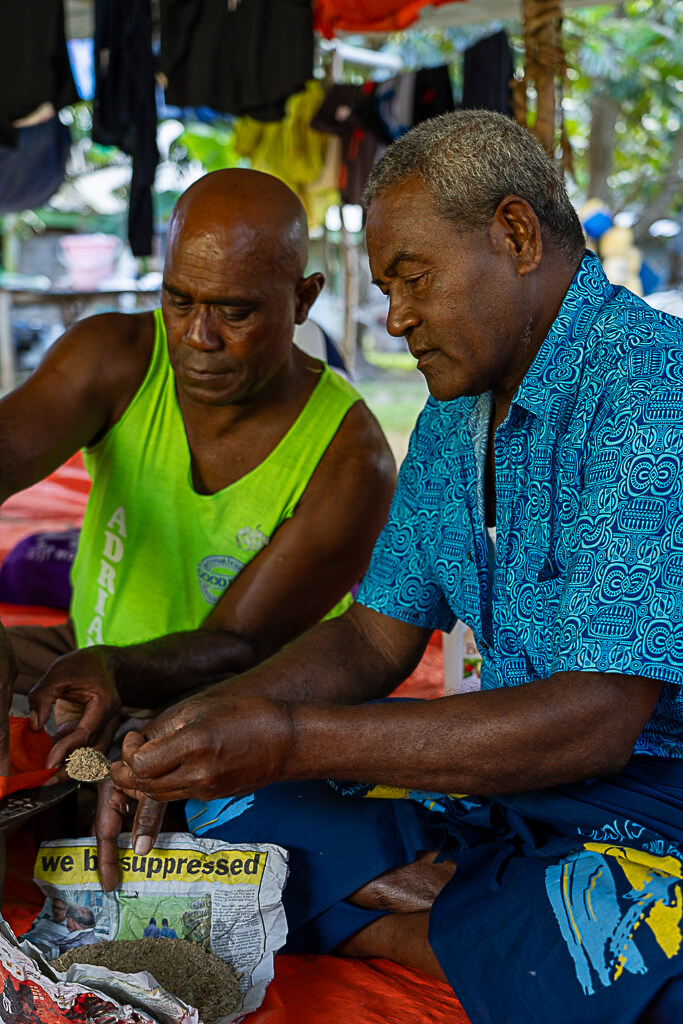
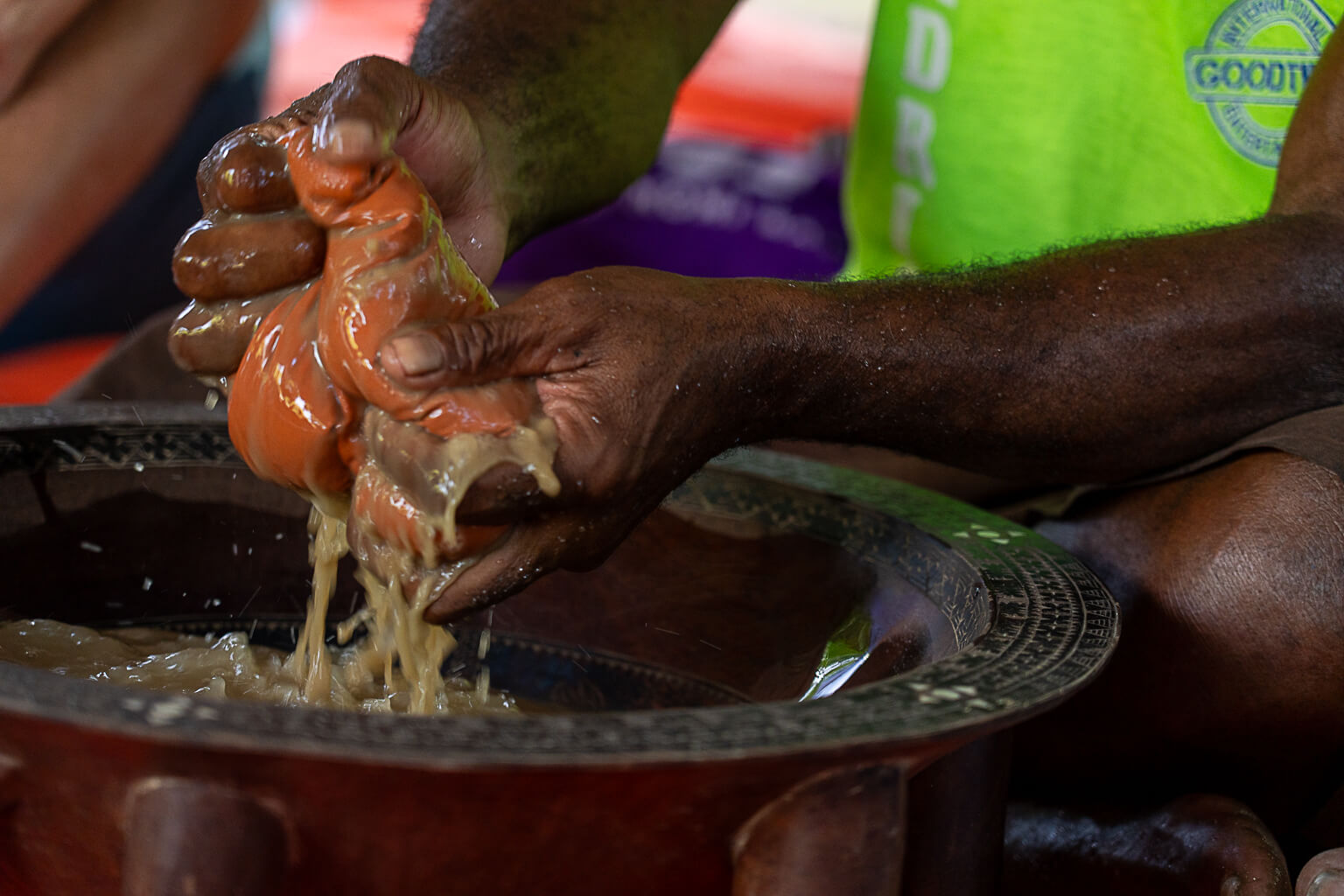
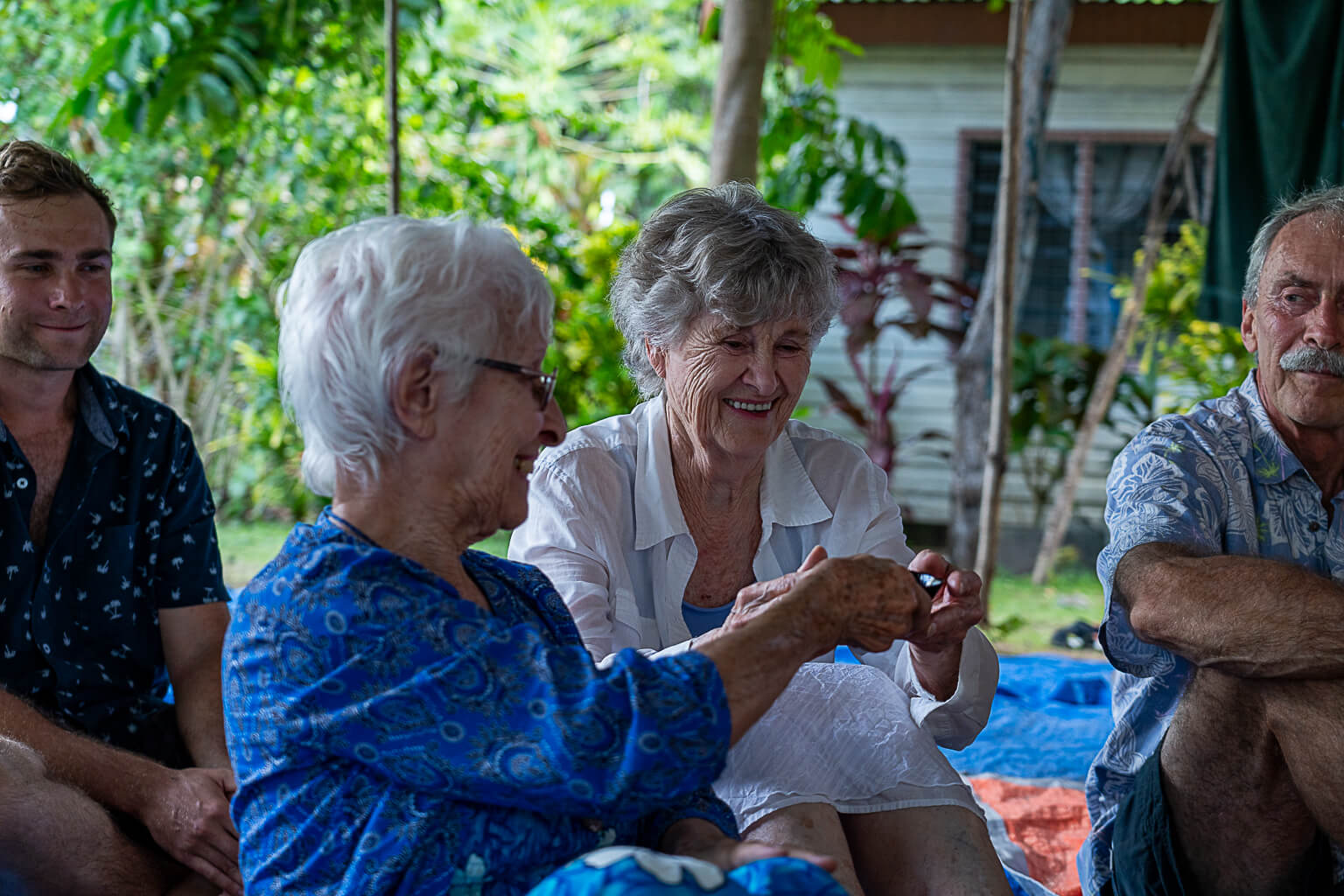
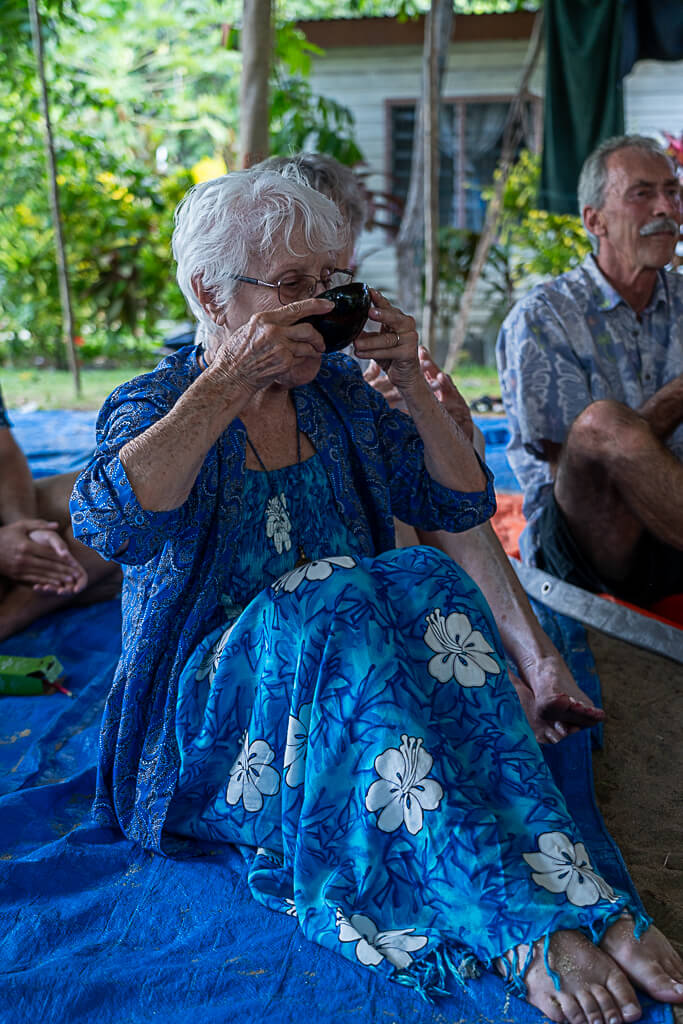
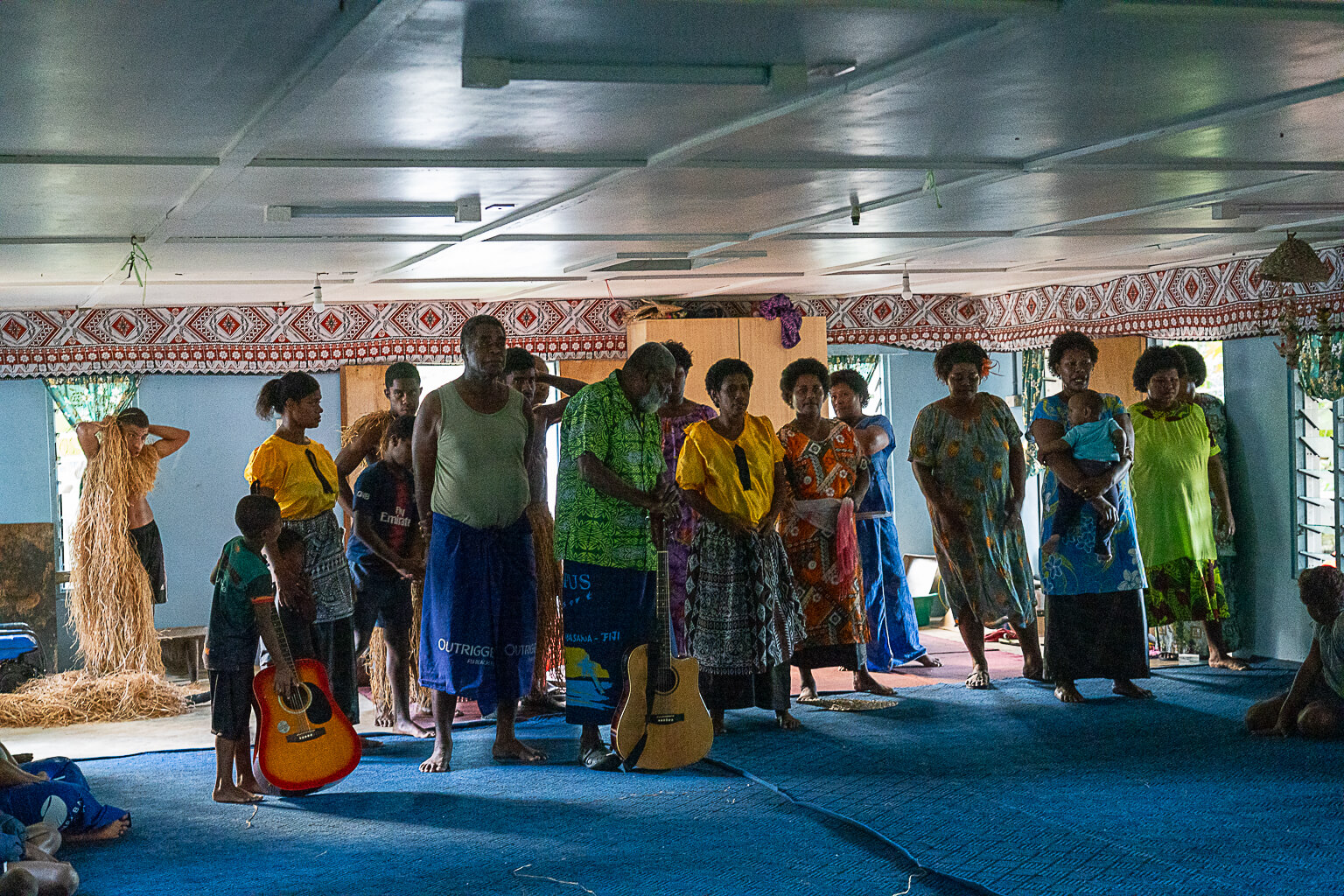
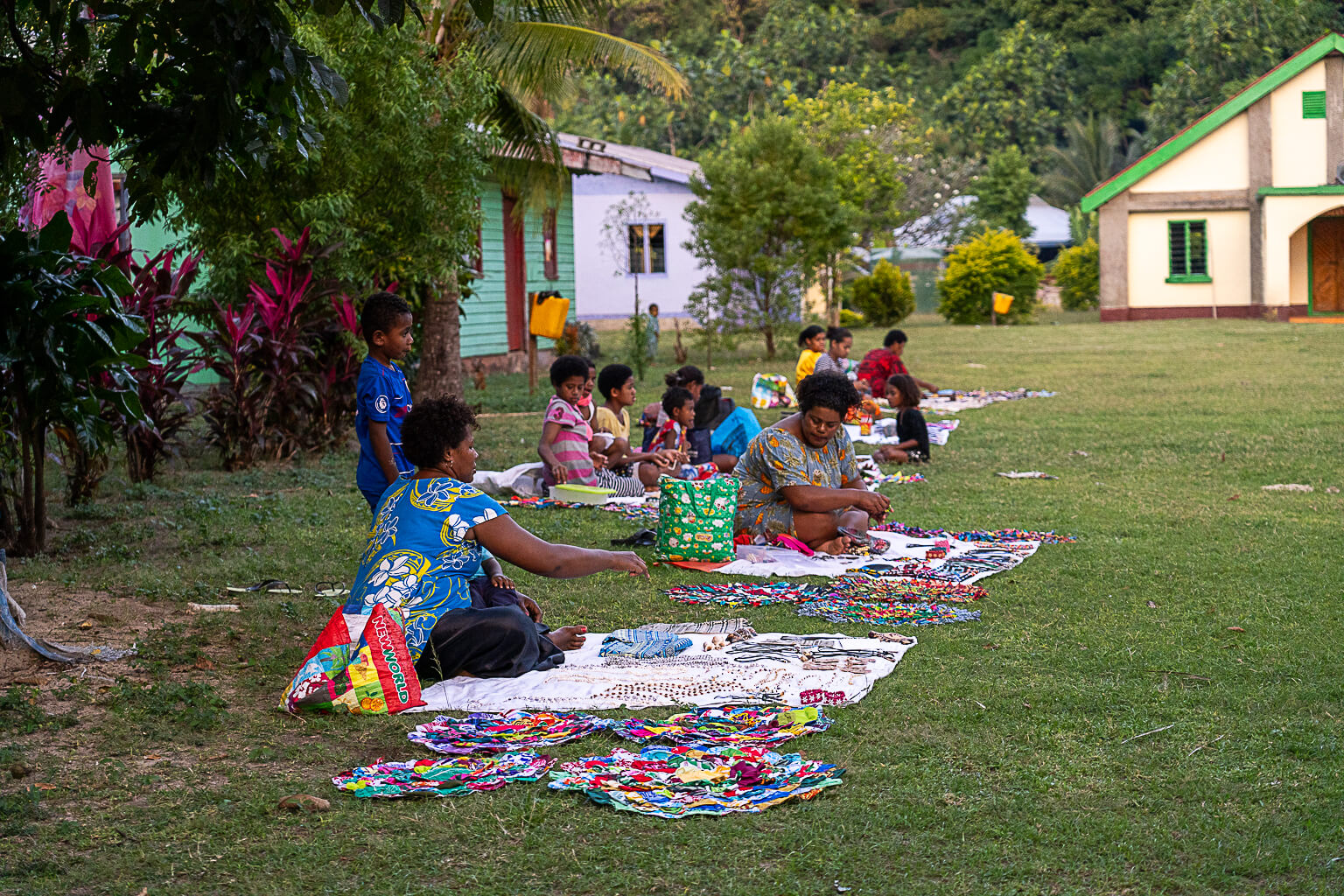
 Since we arrived and offered our sevusevu on a Saturday we knew we would be invited to come to church on Sunday. Since it involves singing, Elizabeth and Camille were all in. We’ve been to church a few times in French Polynesia, the Cook islands and in Fiji. Mostly they’ve been very traditional, patriarchal affairs. Here they are conducted in Fijian, with a brief nod in English to visitors. The singing is the standout part of these Sunday gatherings with stunning acapela harmonies that were very moving. The tone of the sermon at the beginning also seemed softer than we have encountered elsewhere. What really stood out for me, which I’m sure I will never forget was when the pastor asked all the parishioners to offer their own private prayers aloud at the same time. The murmur of all those voices blending together was pure magic. The congregation then endured a very long scolding which seems de rigeuer for these weekly sermons (thrice each Sunday minimum, at 5AM, 10AM and 3PM). The children deserve special mention for managing superhuman patience without the usual oversight of one of the villager elders wielding a long stick which we’ve seen most other places. ~MS
Since we arrived and offered our sevusevu on a Saturday we knew we would be invited to come to church on Sunday. Since it involves singing, Elizabeth and Camille were all in. We’ve been to church a few times in French Polynesia, the Cook islands and in Fiji. Mostly they’ve been very traditional, patriarchal affairs. Here they are conducted in Fijian, with a brief nod in English to visitors. The singing is the standout part of these Sunday gatherings with stunning acapela harmonies that were very moving. The tone of the sermon at the beginning also seemed softer than we have encountered elsewhere. What really stood out for me, which I’m sure I will never forget was when the pastor asked all the parishioners to offer their own private prayers aloud at the same time. The murmur of all those voices blending together was pure magic. The congregation then endured a very long scolding which seems de rigeuer for these weekly sermons (thrice each Sunday minimum, at 5AM, 10AM and 3PM). The children deserve special mention for managing superhuman patience without the usual oversight of one of the villager elders wielding a long stick which we’ve seen most other places. ~MS
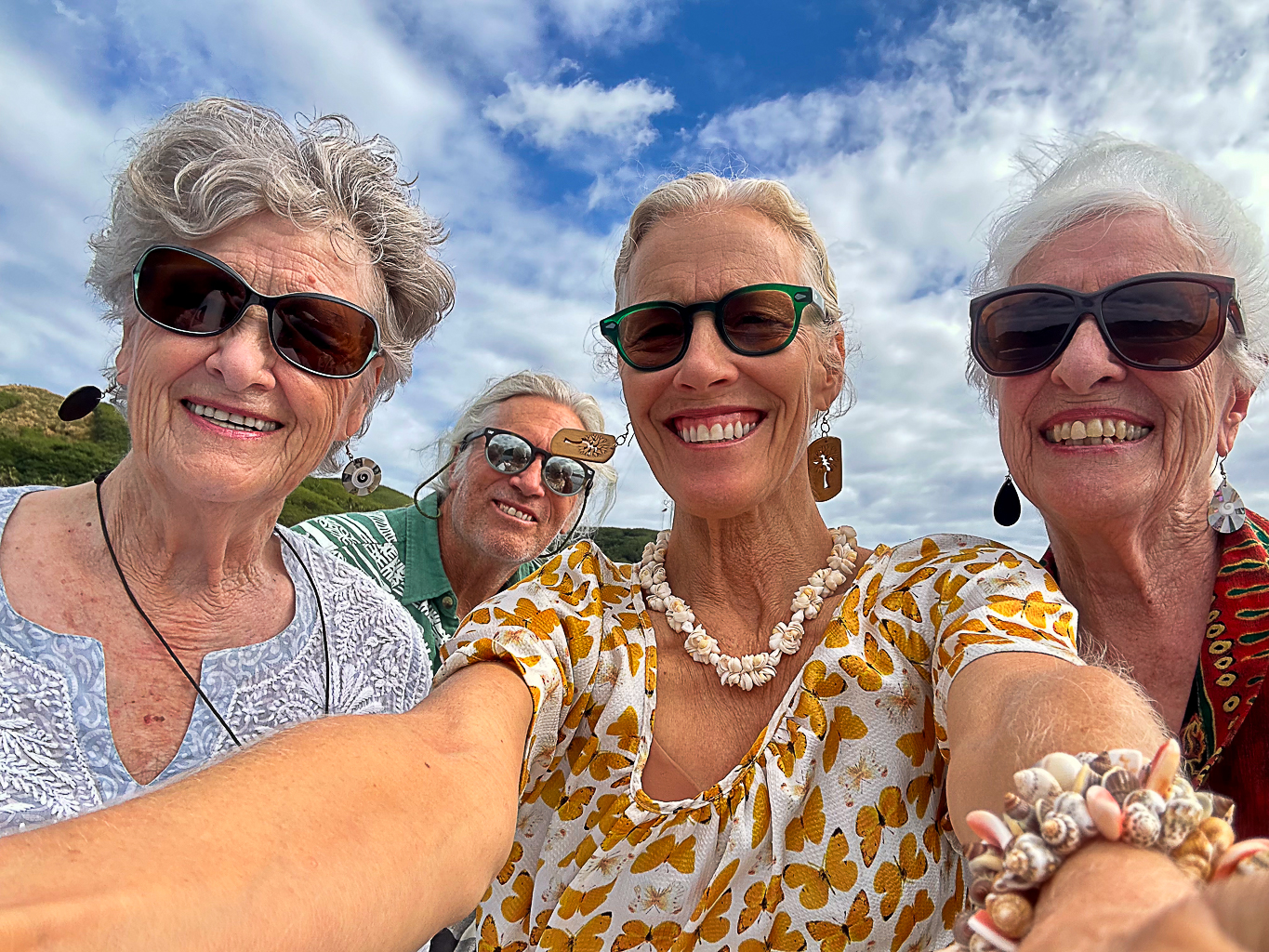
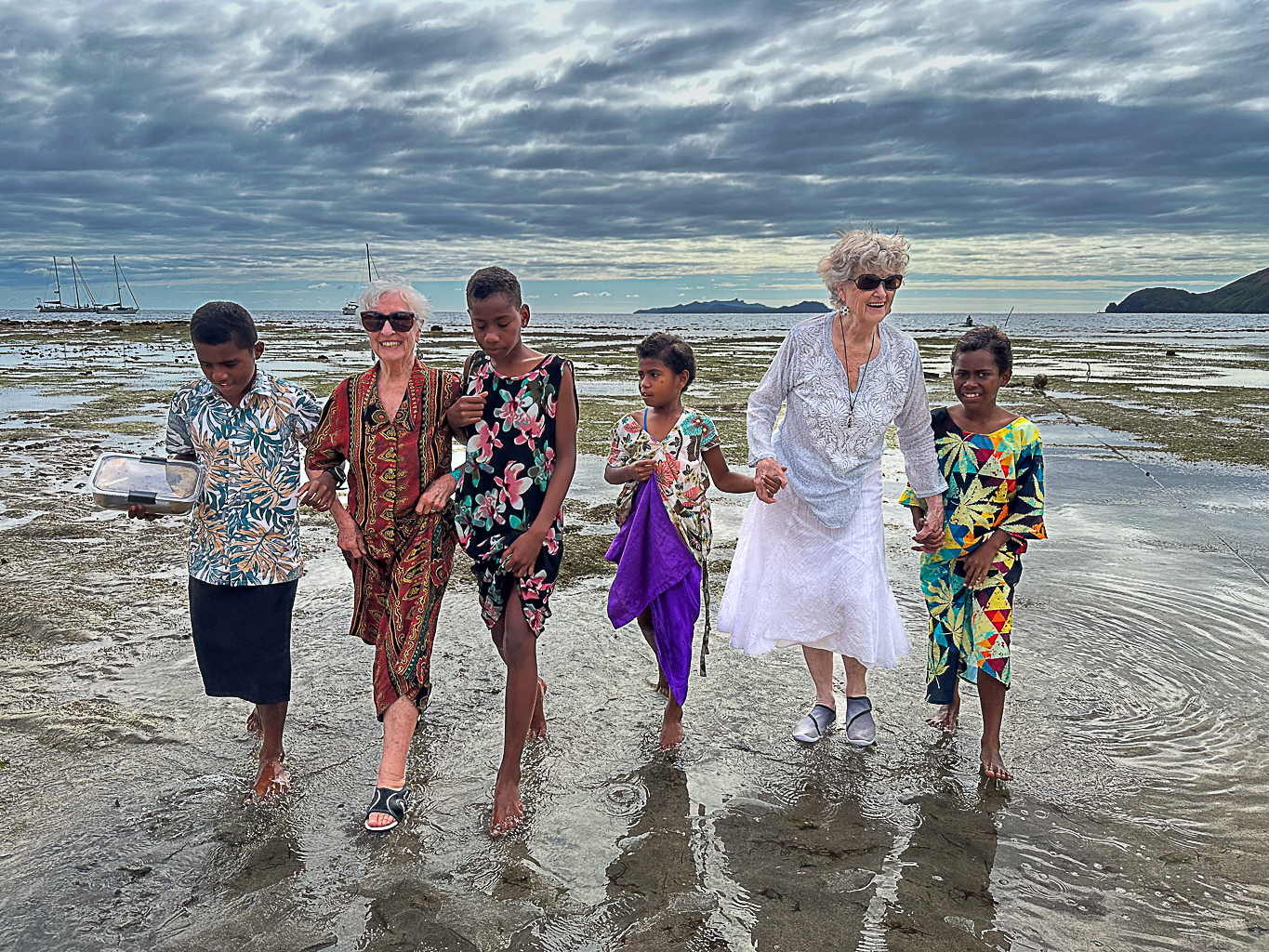
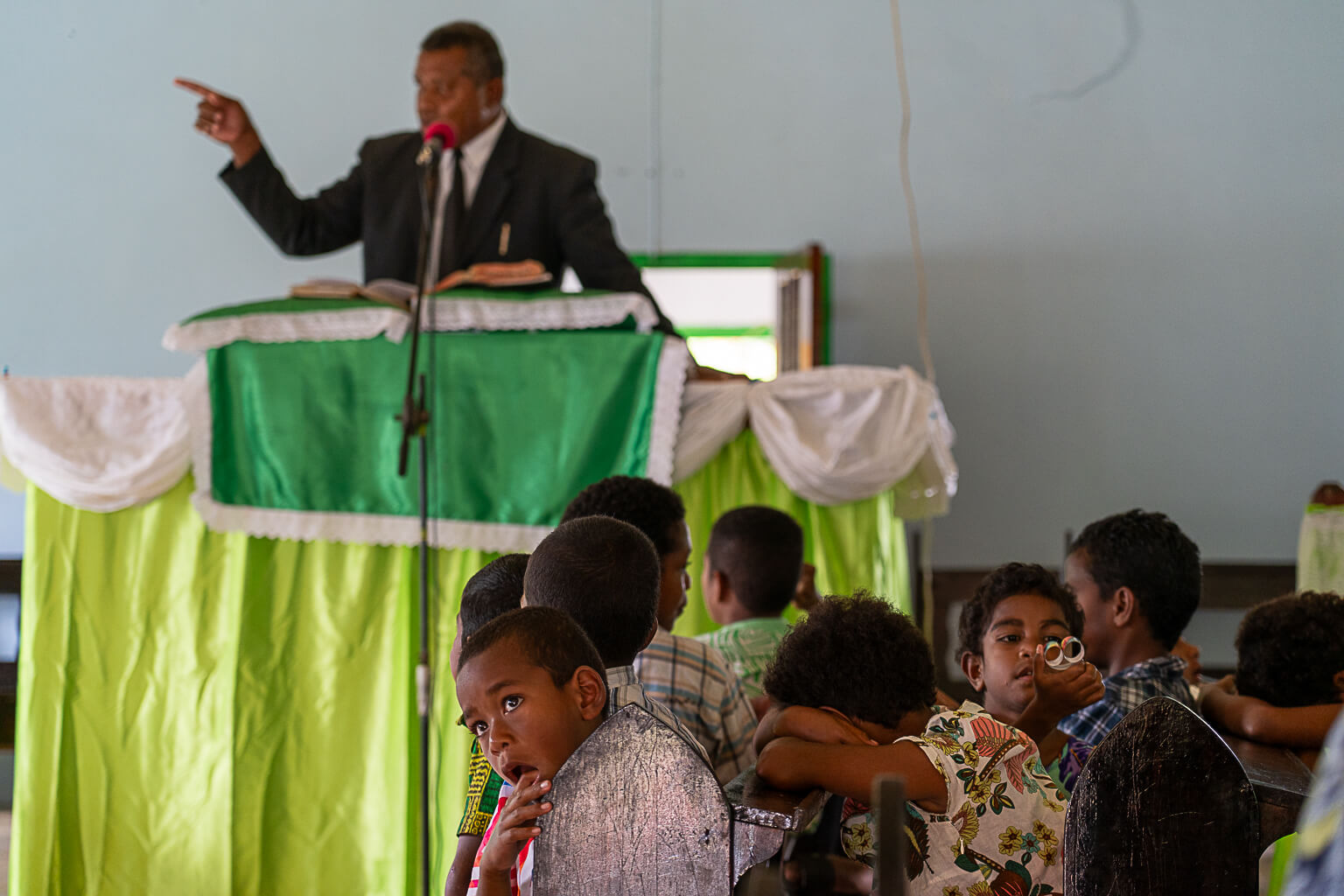
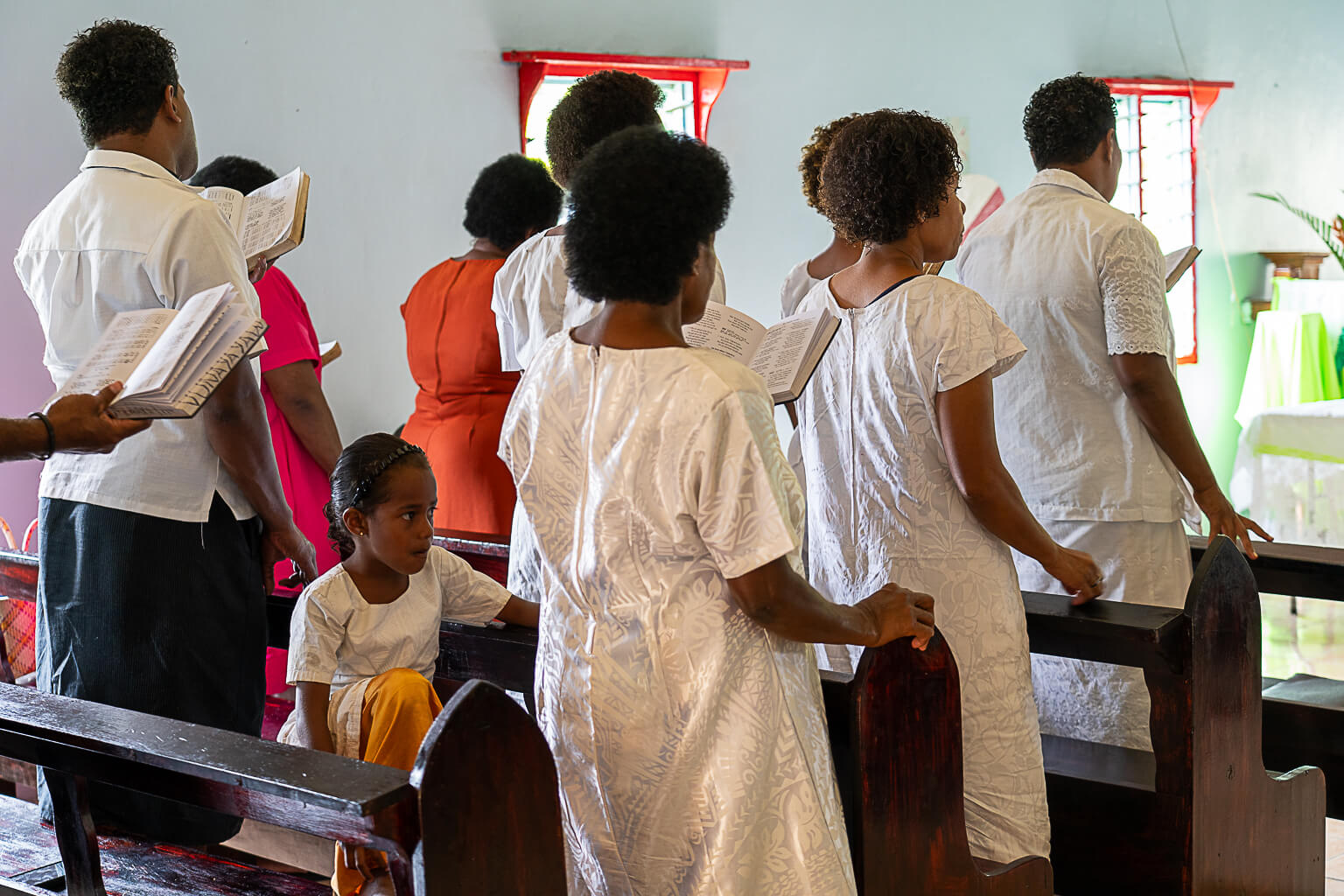
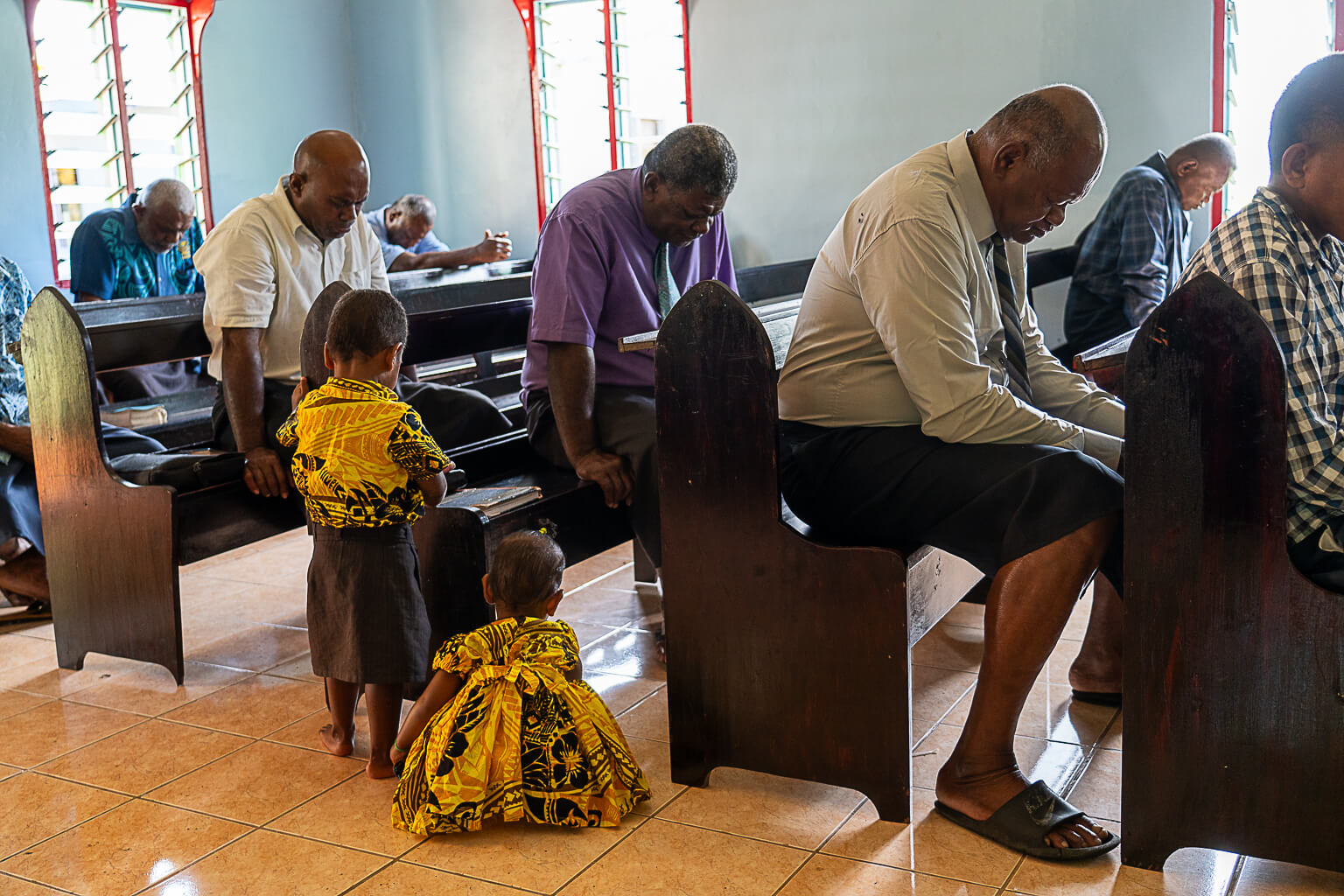
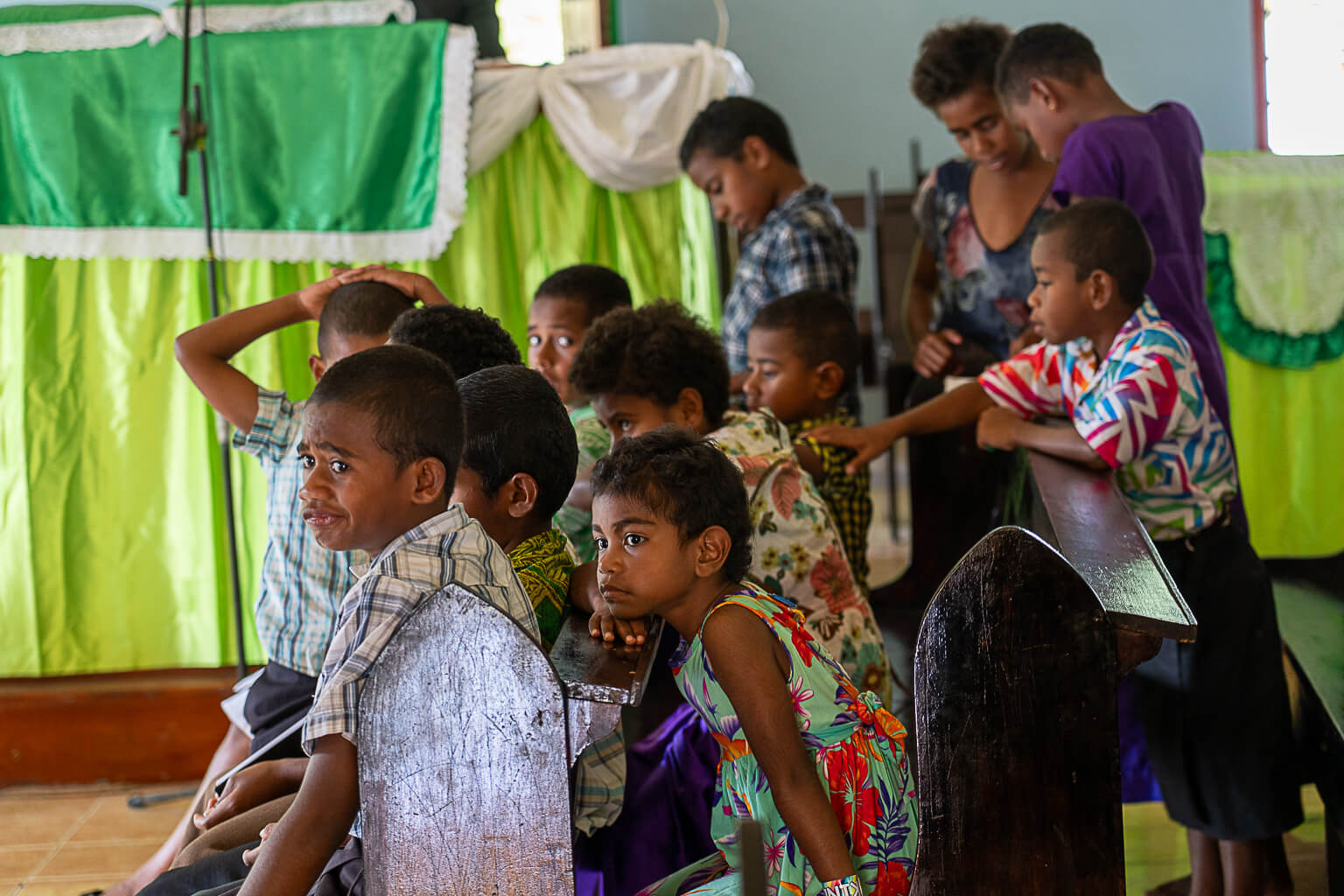
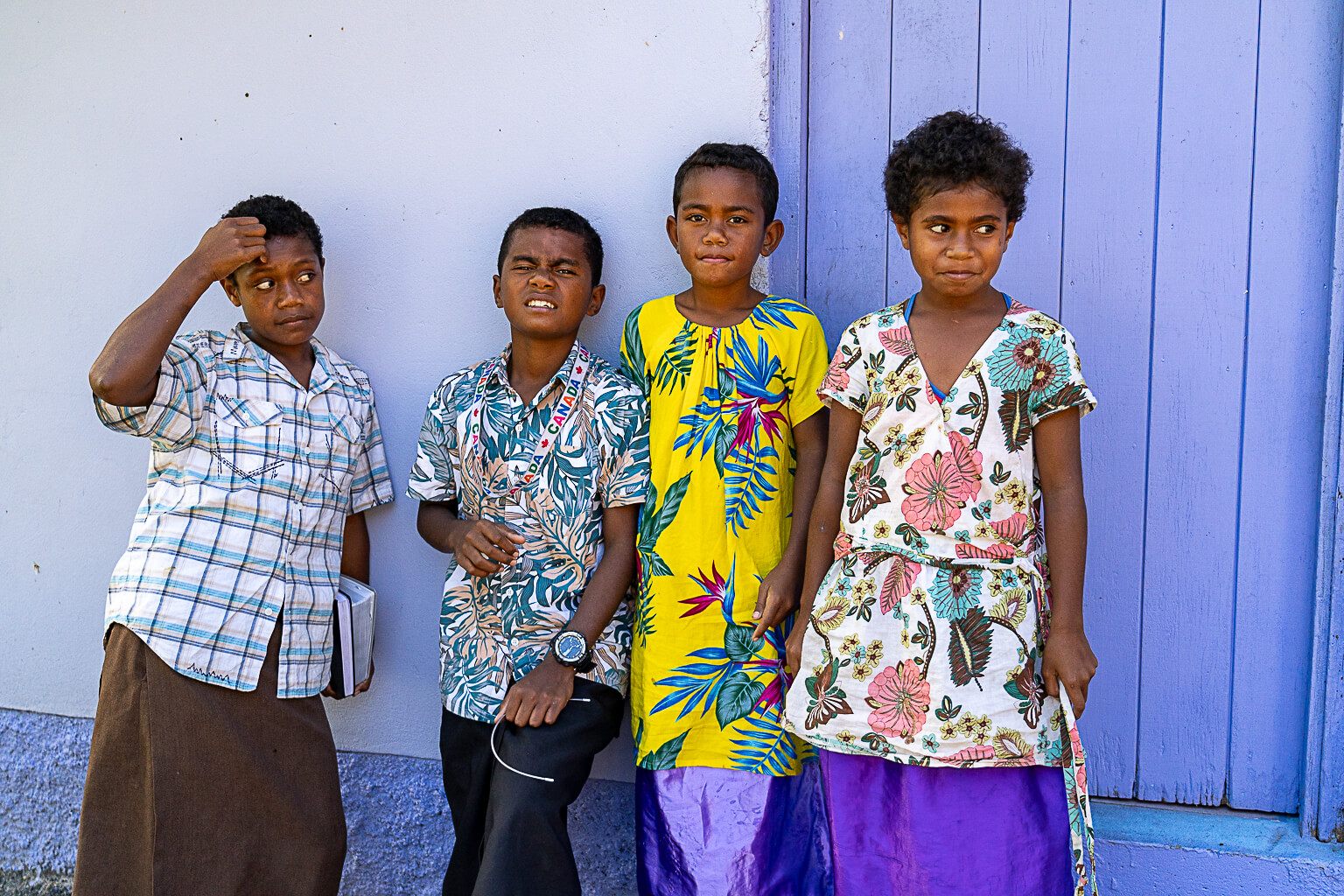
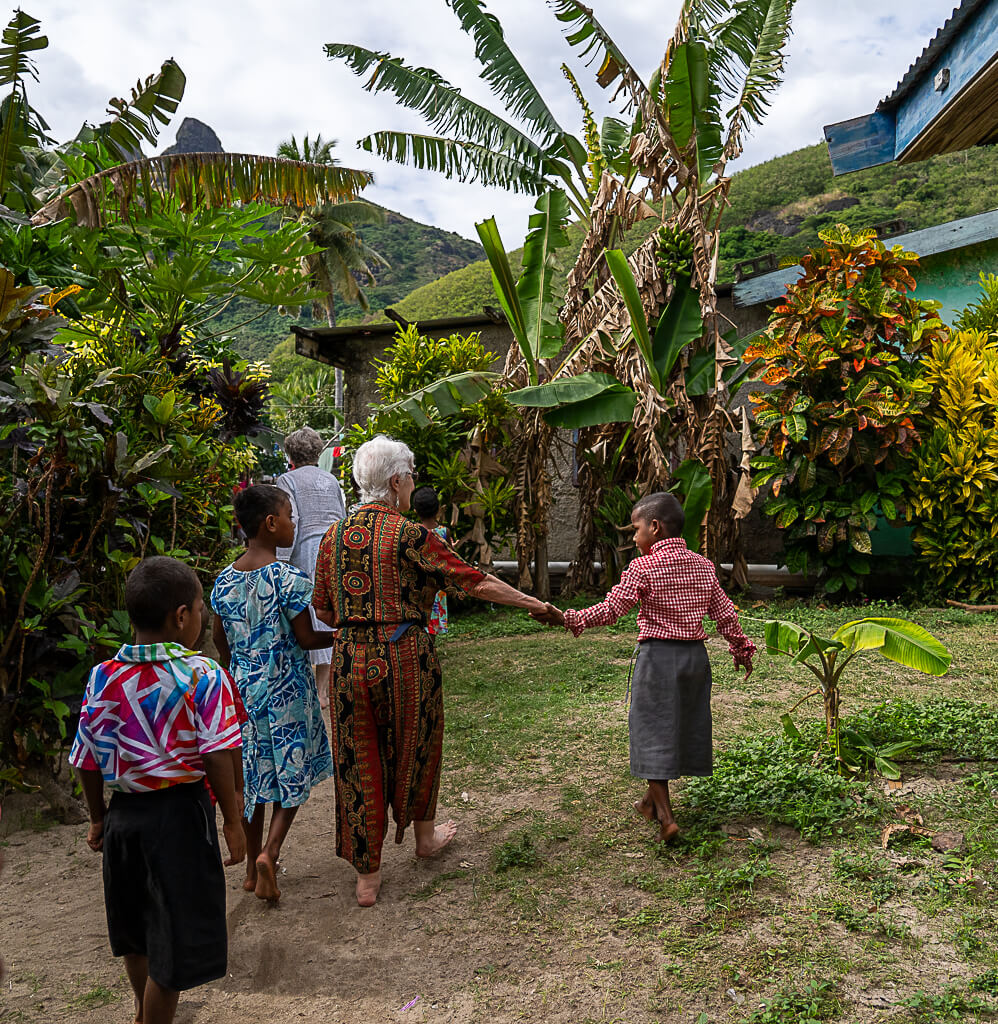
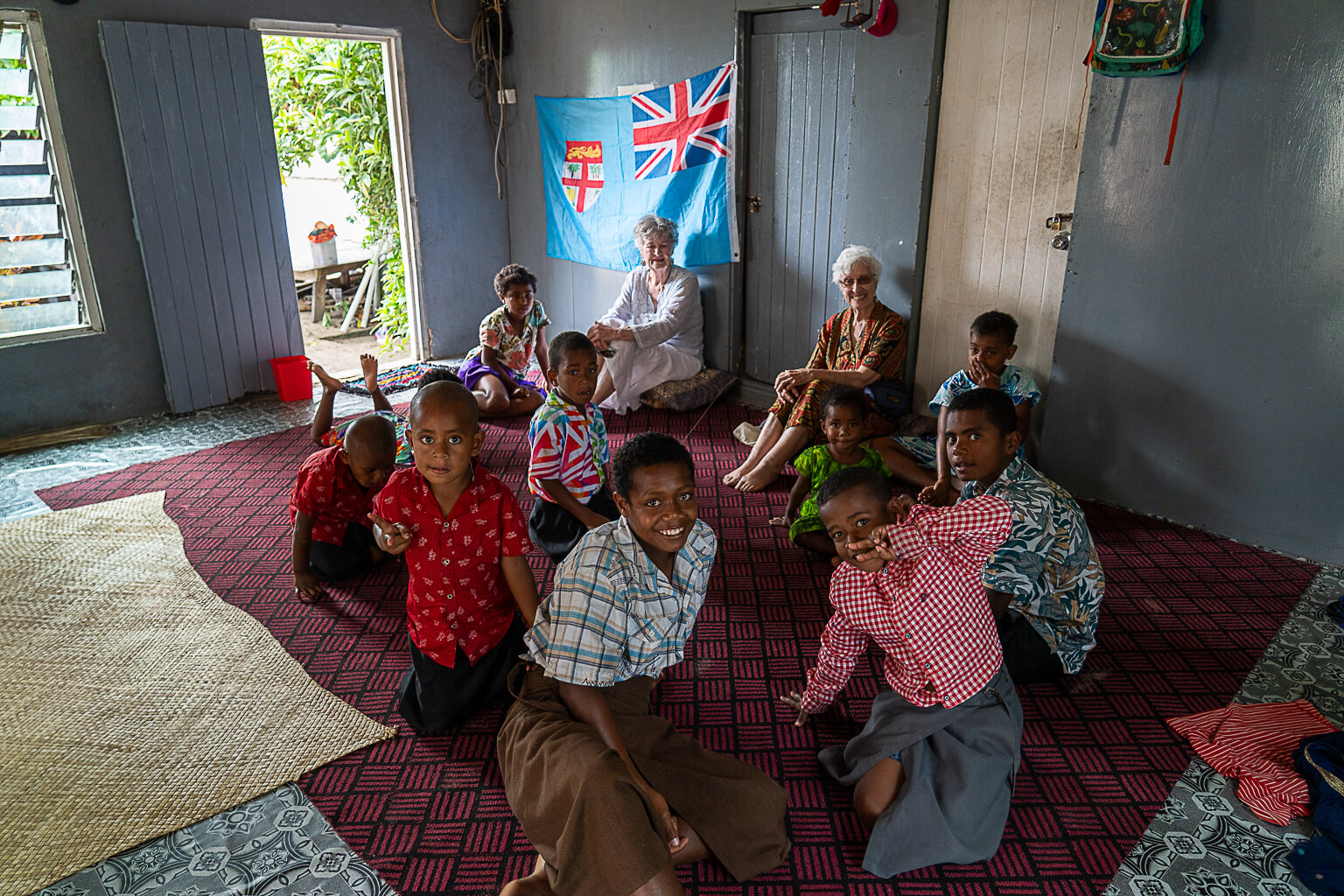
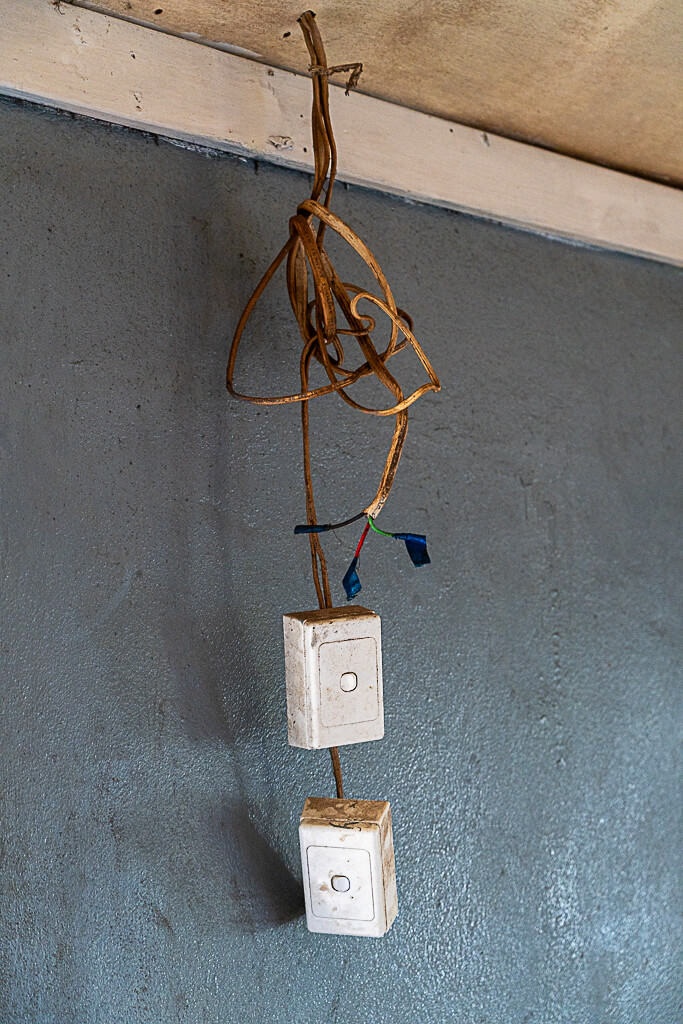
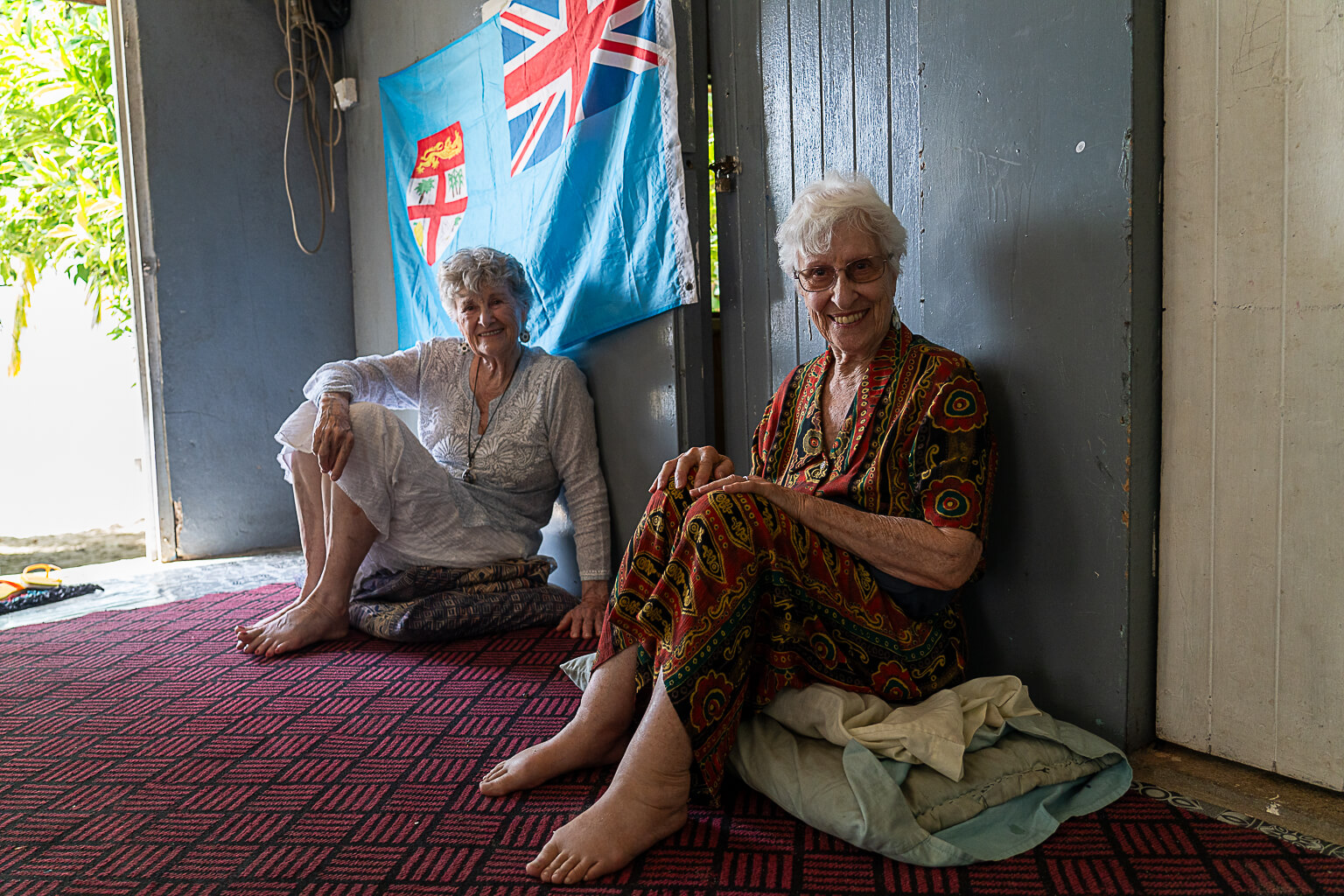
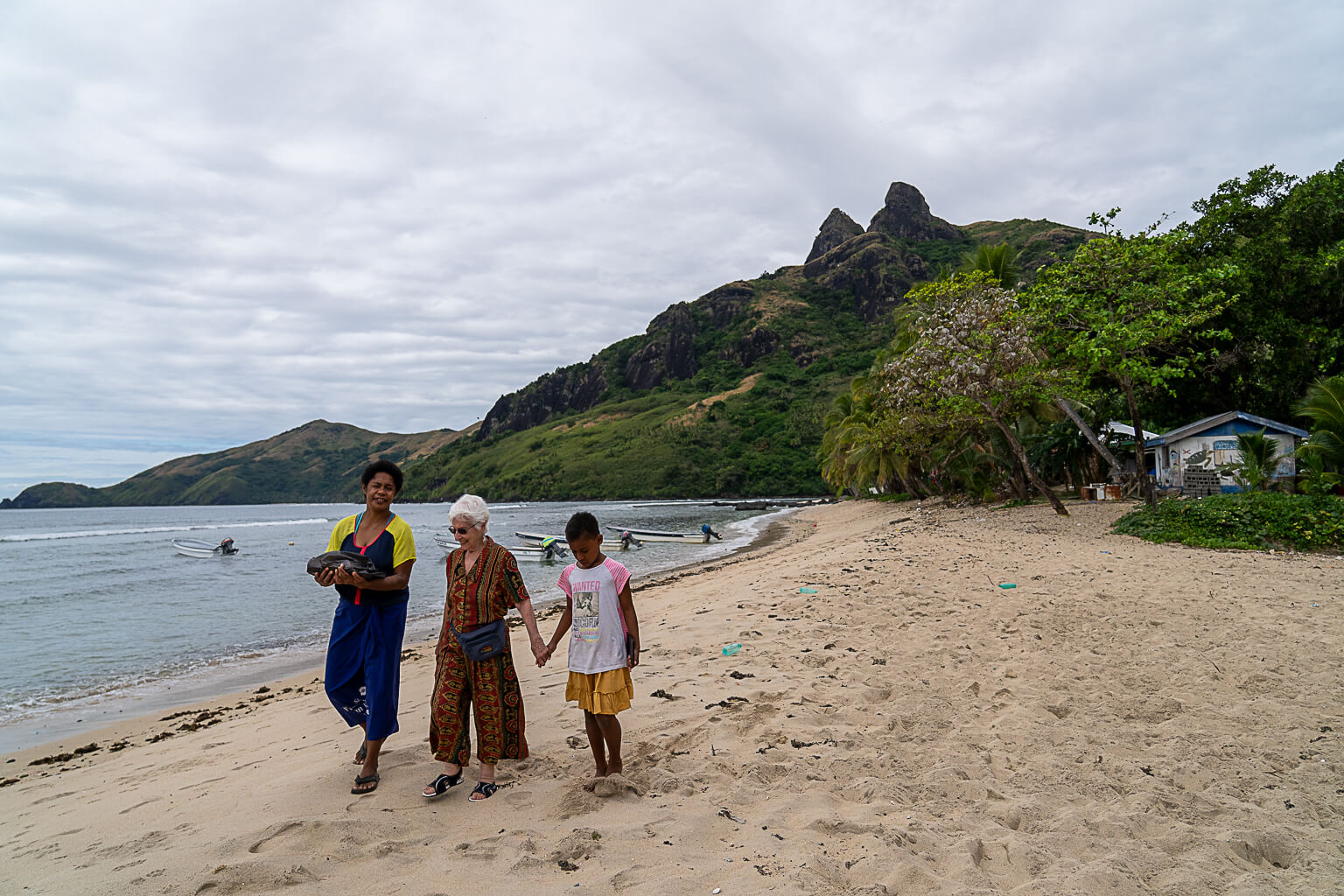
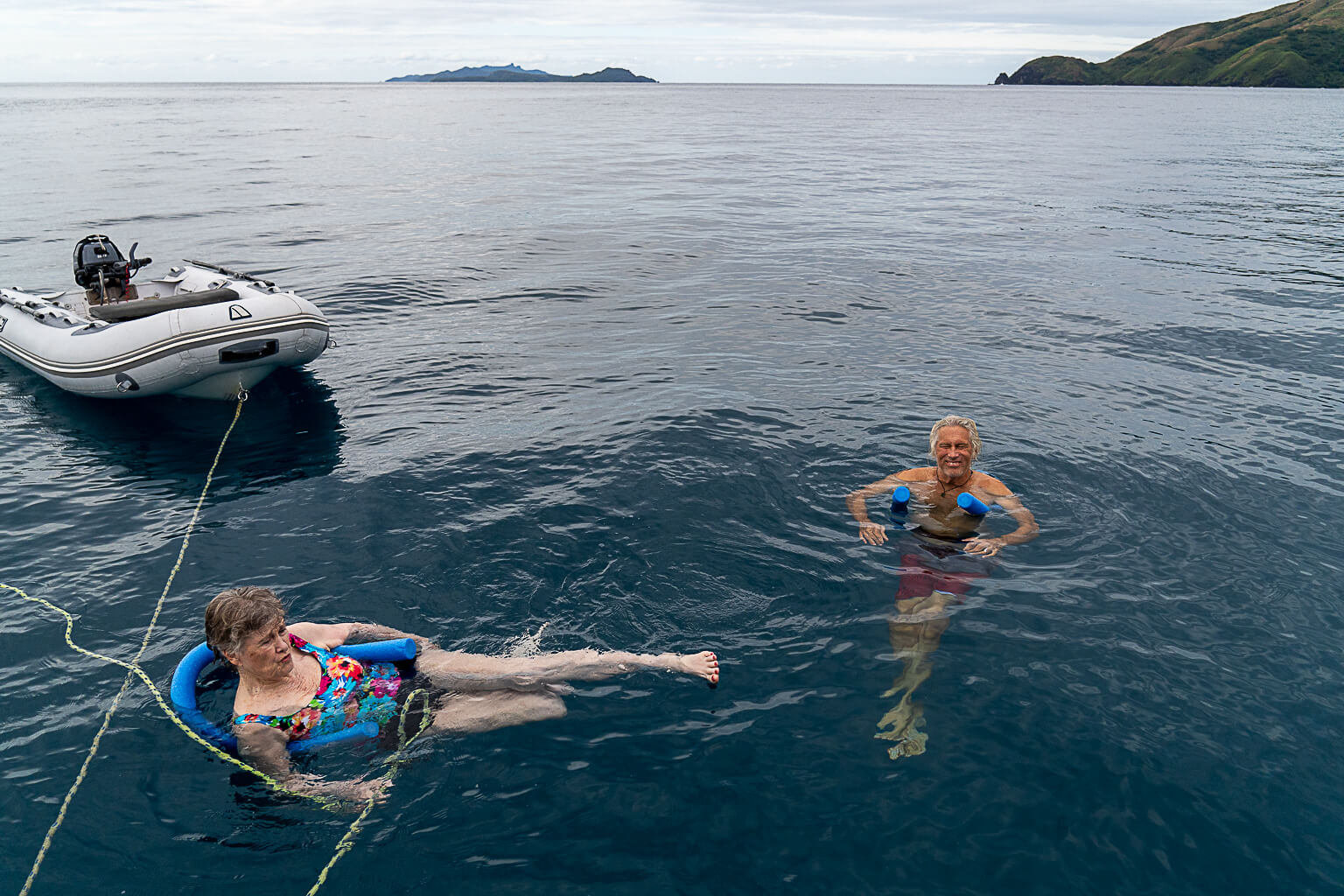
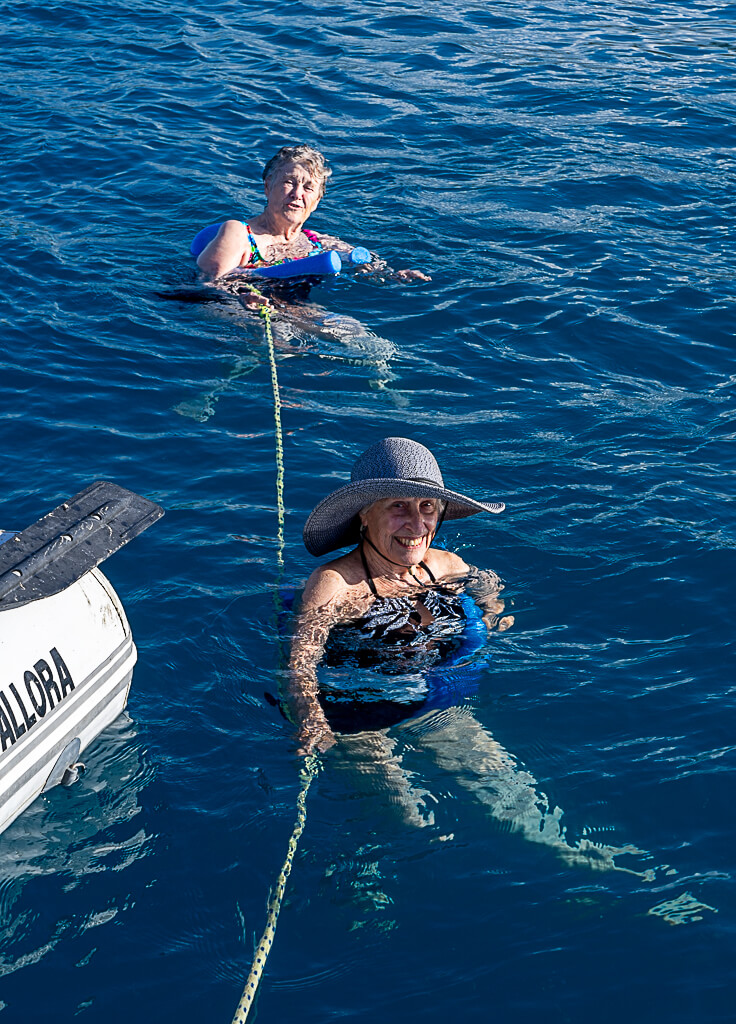
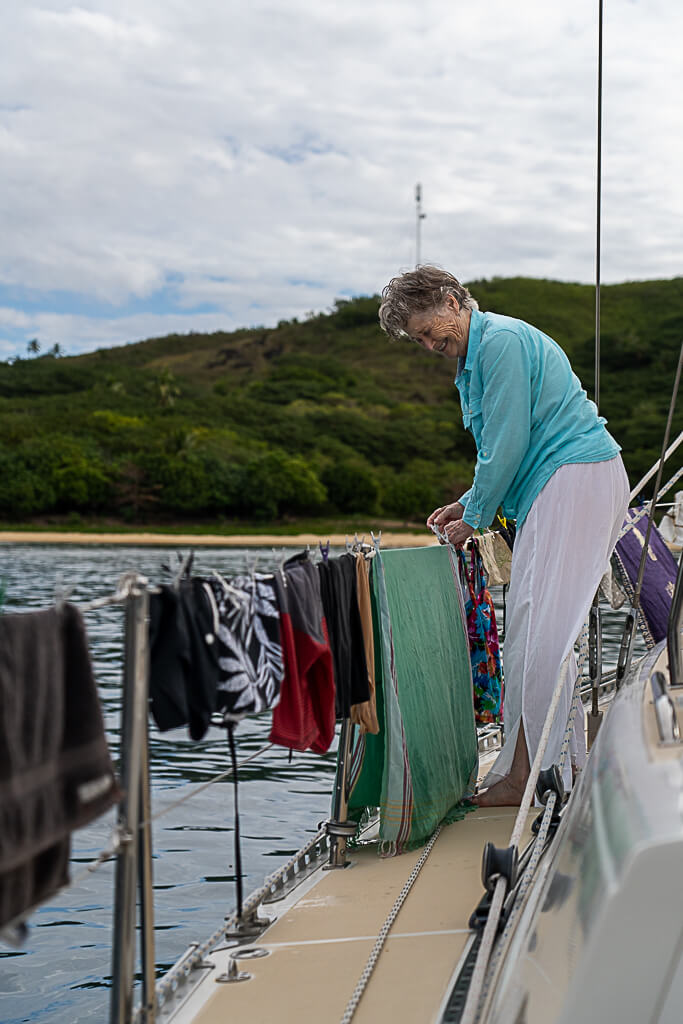
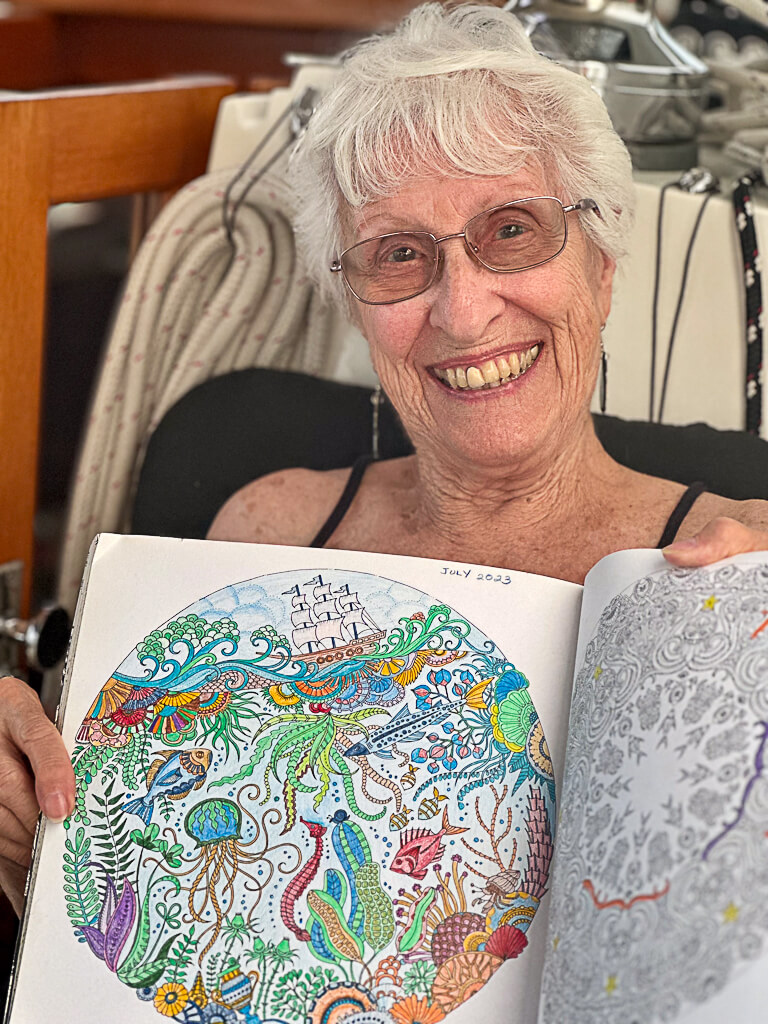
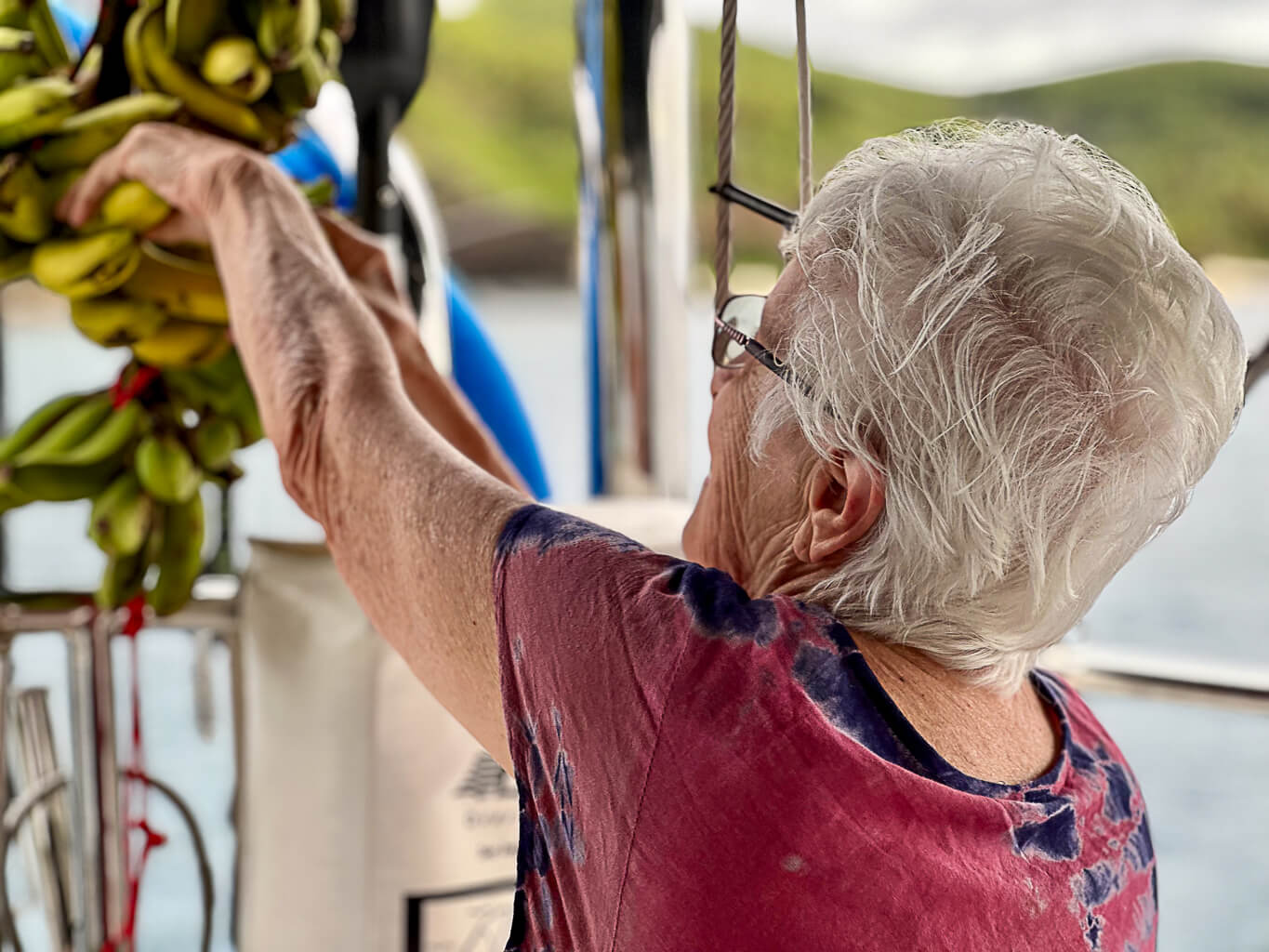
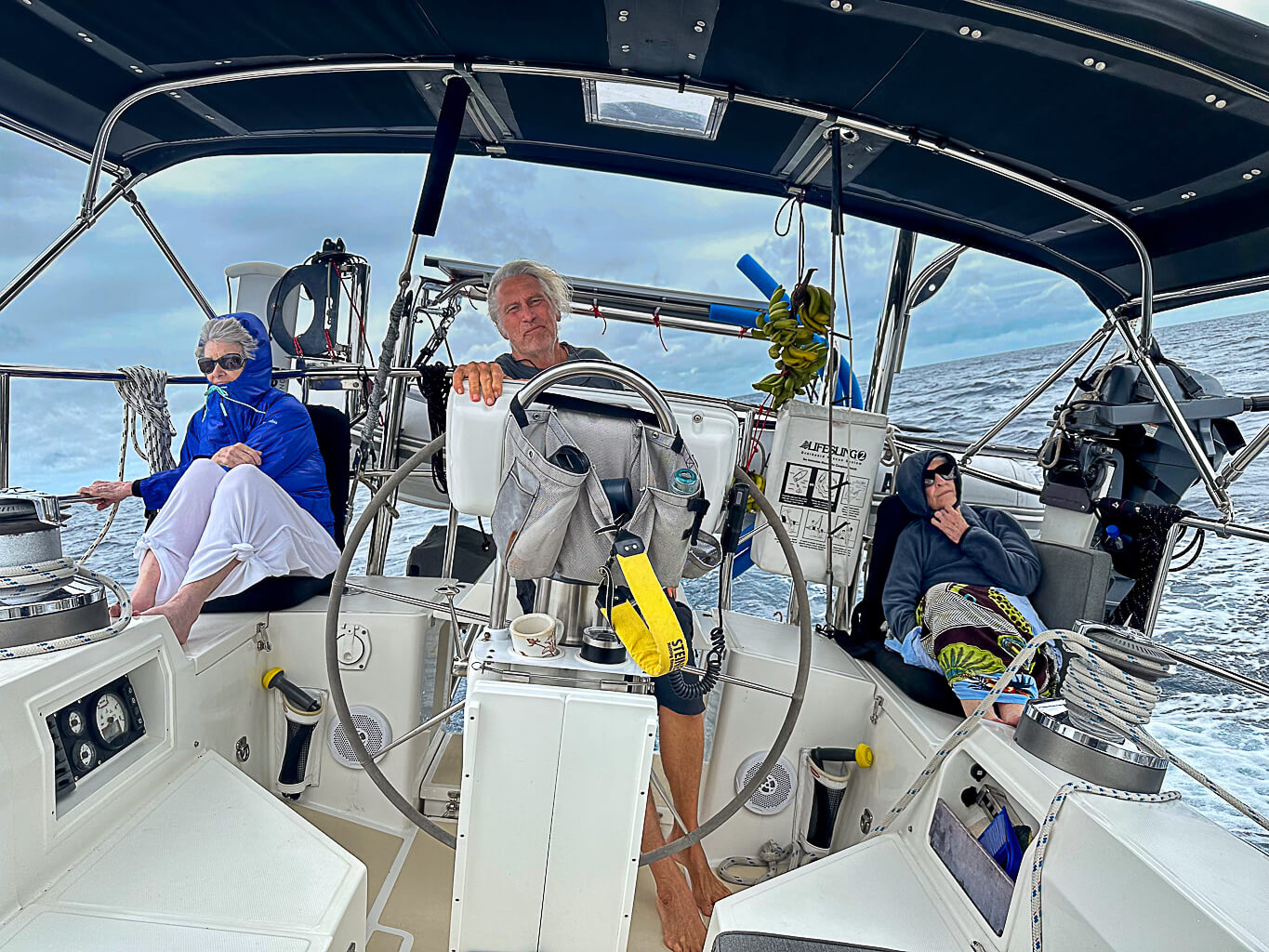
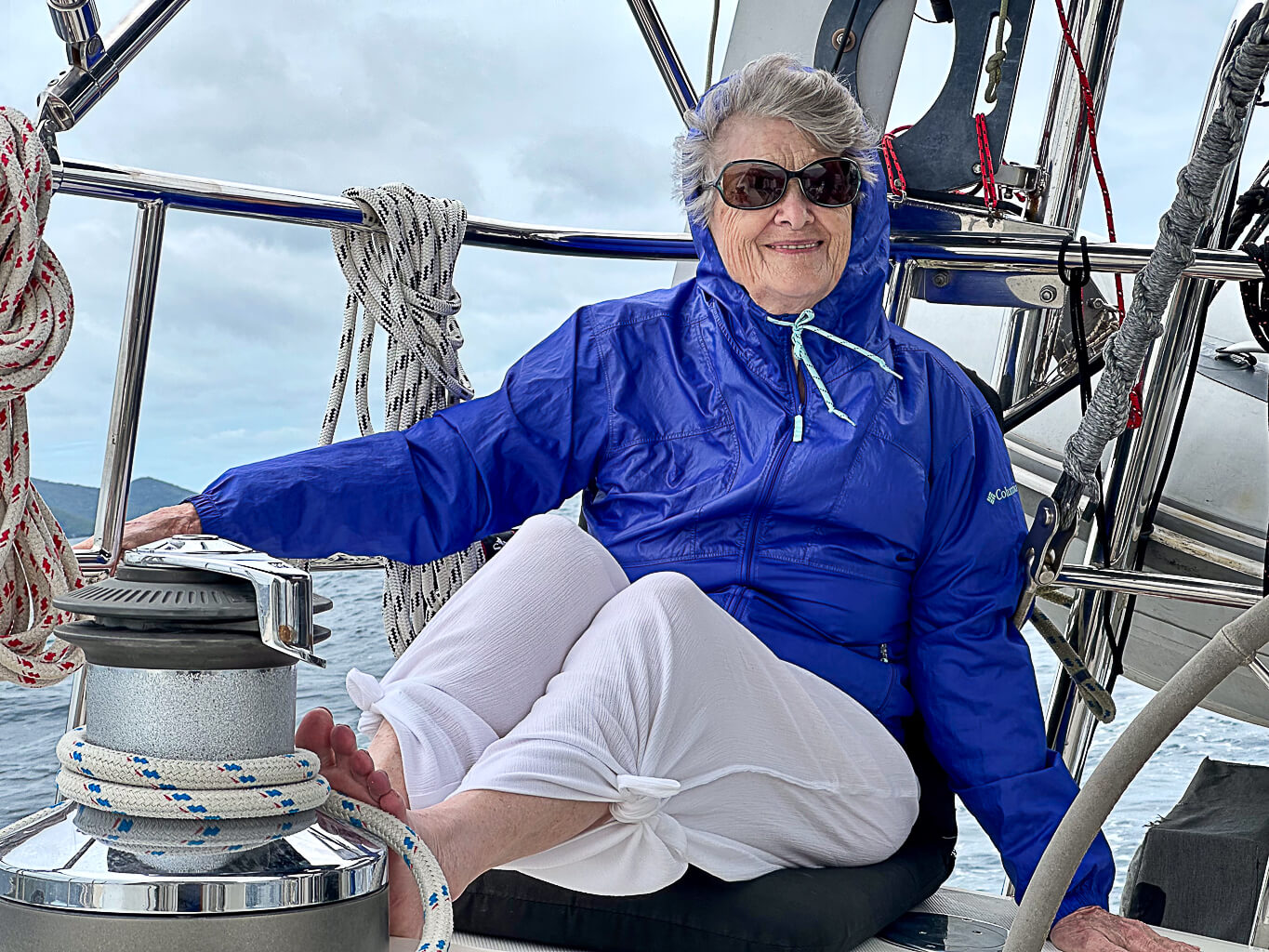
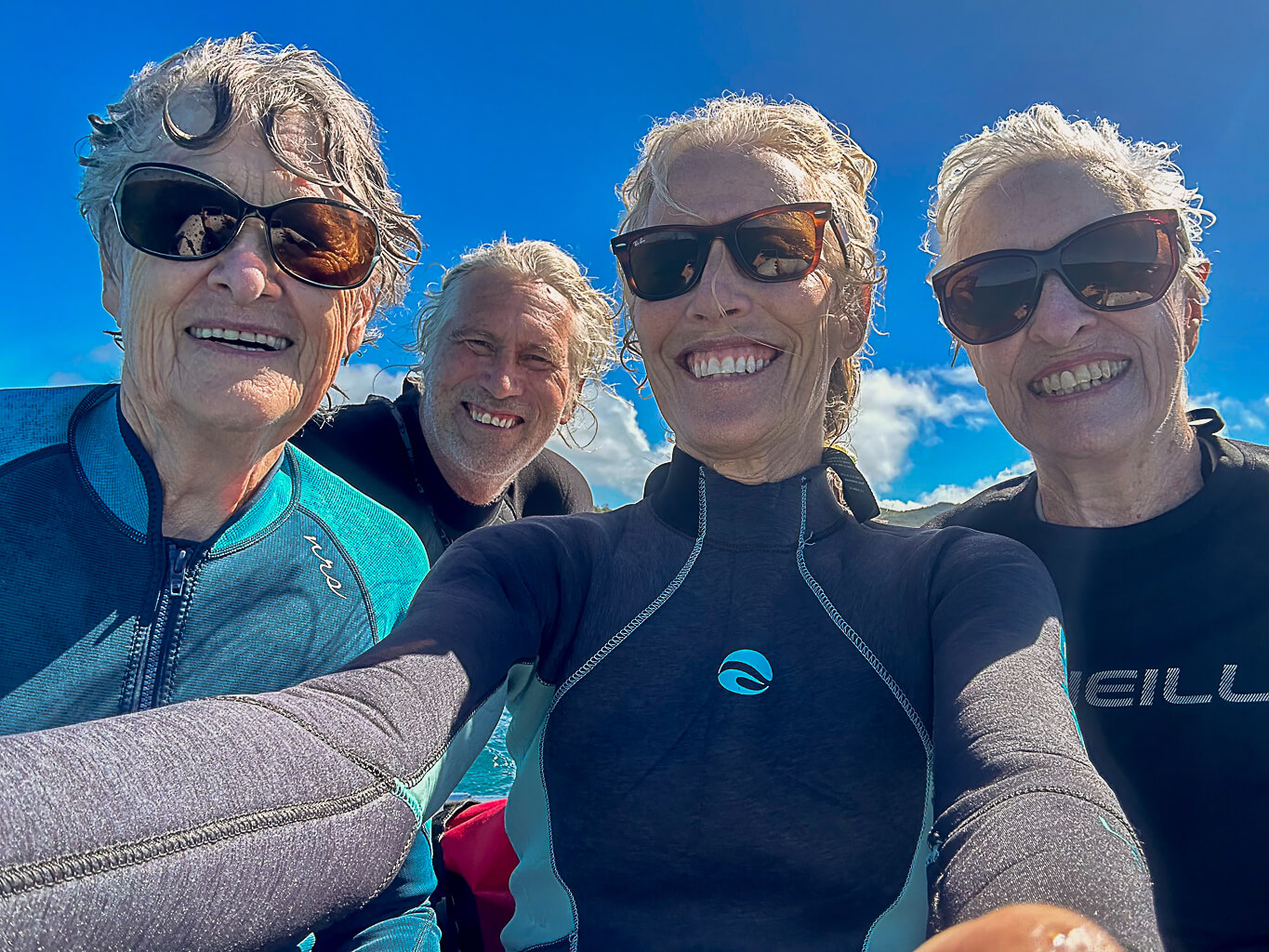
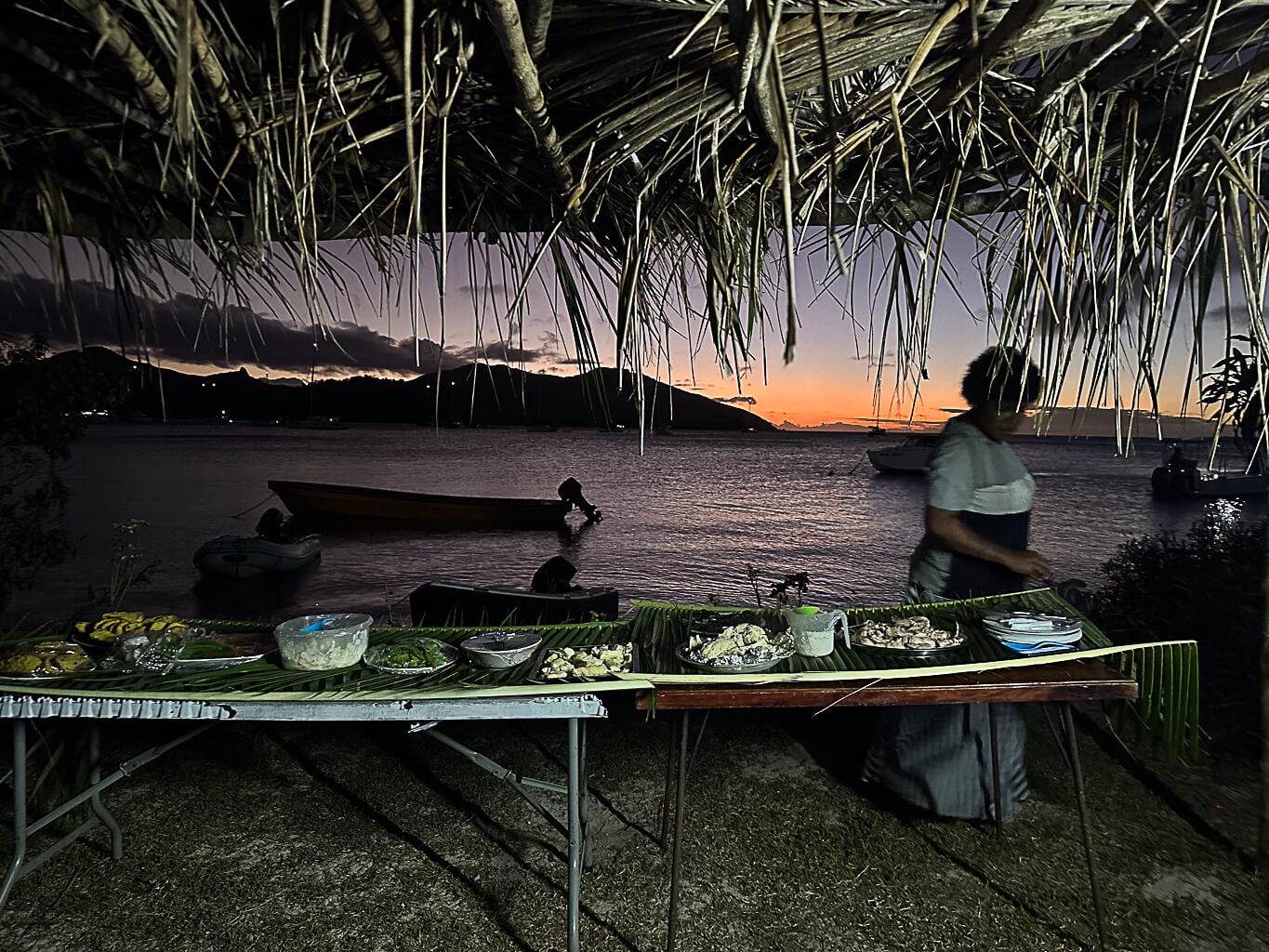
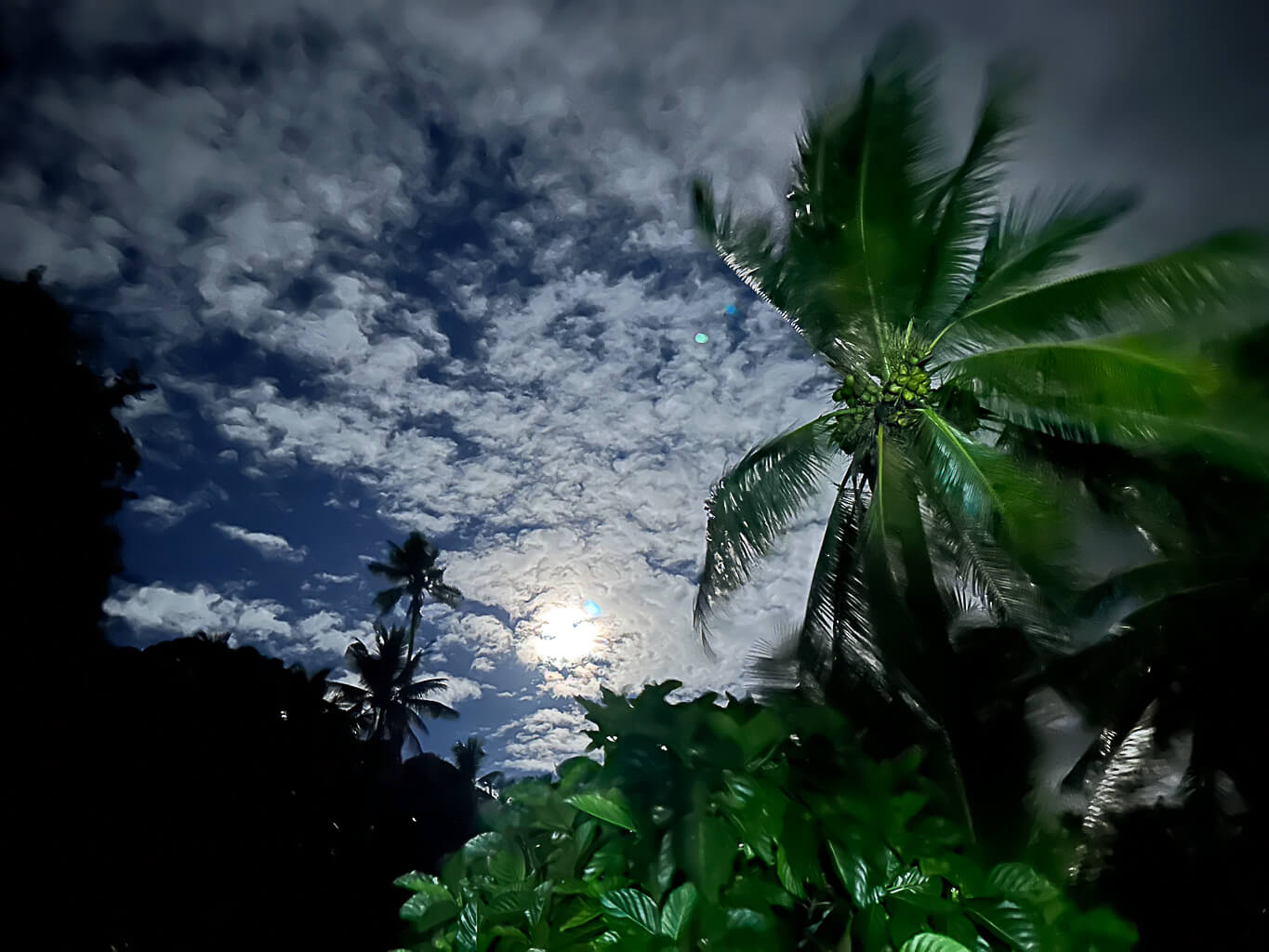
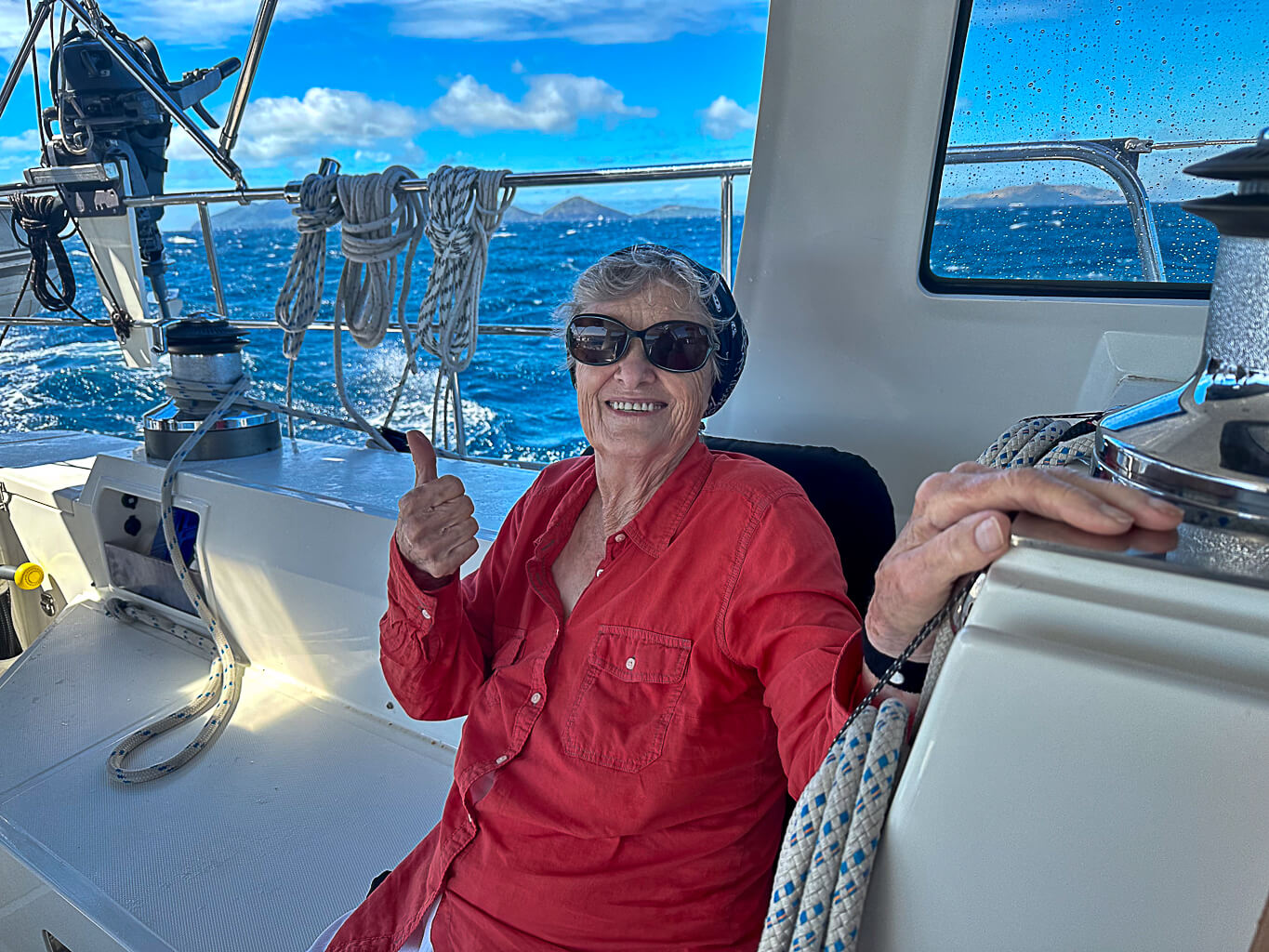
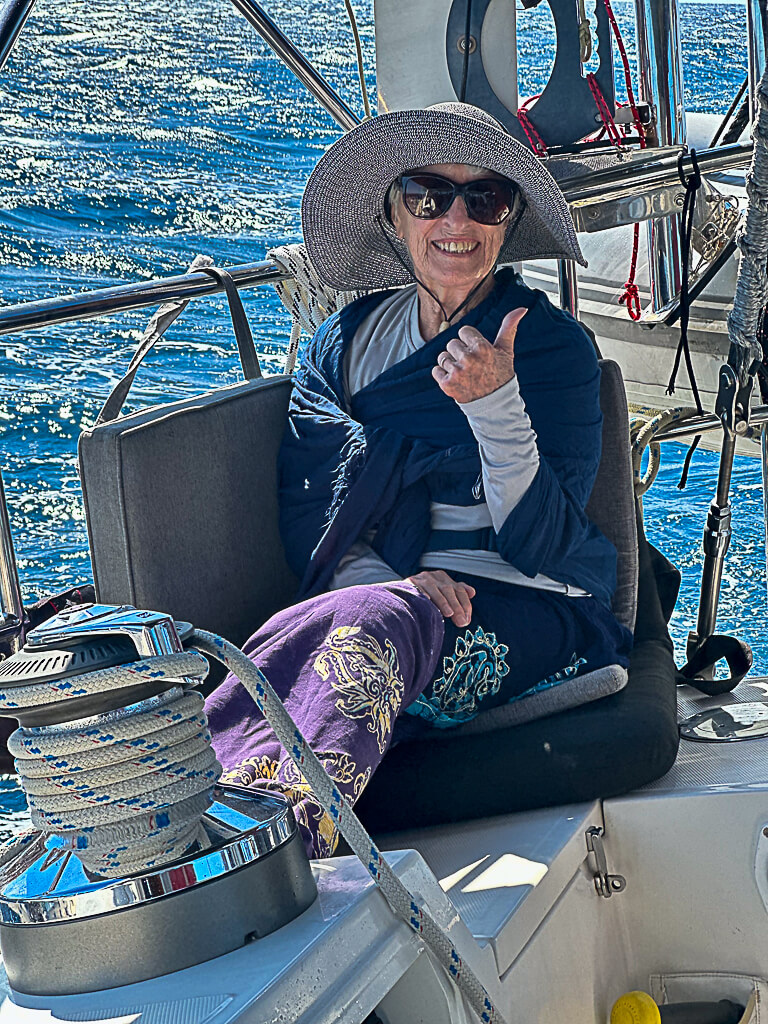
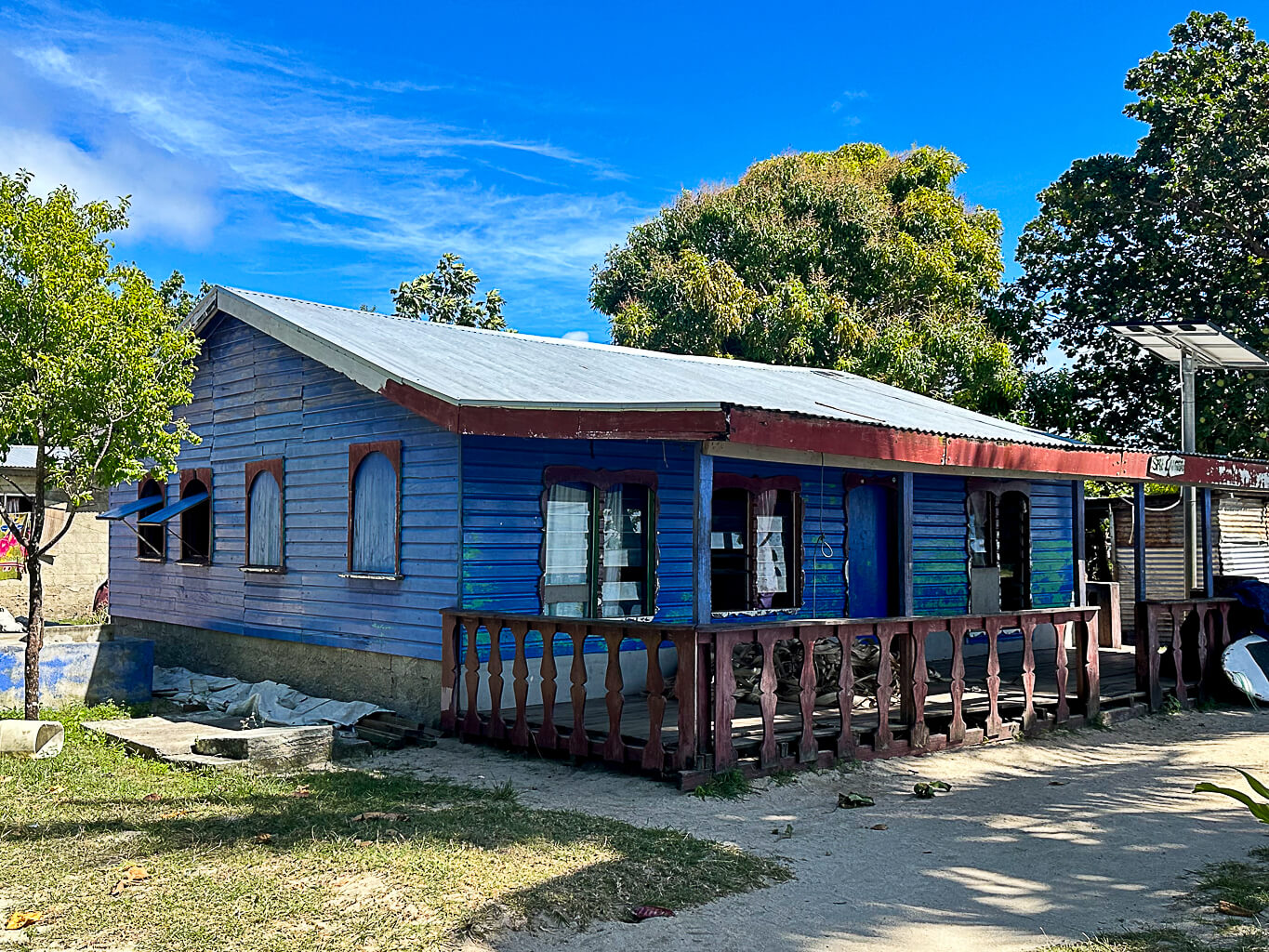
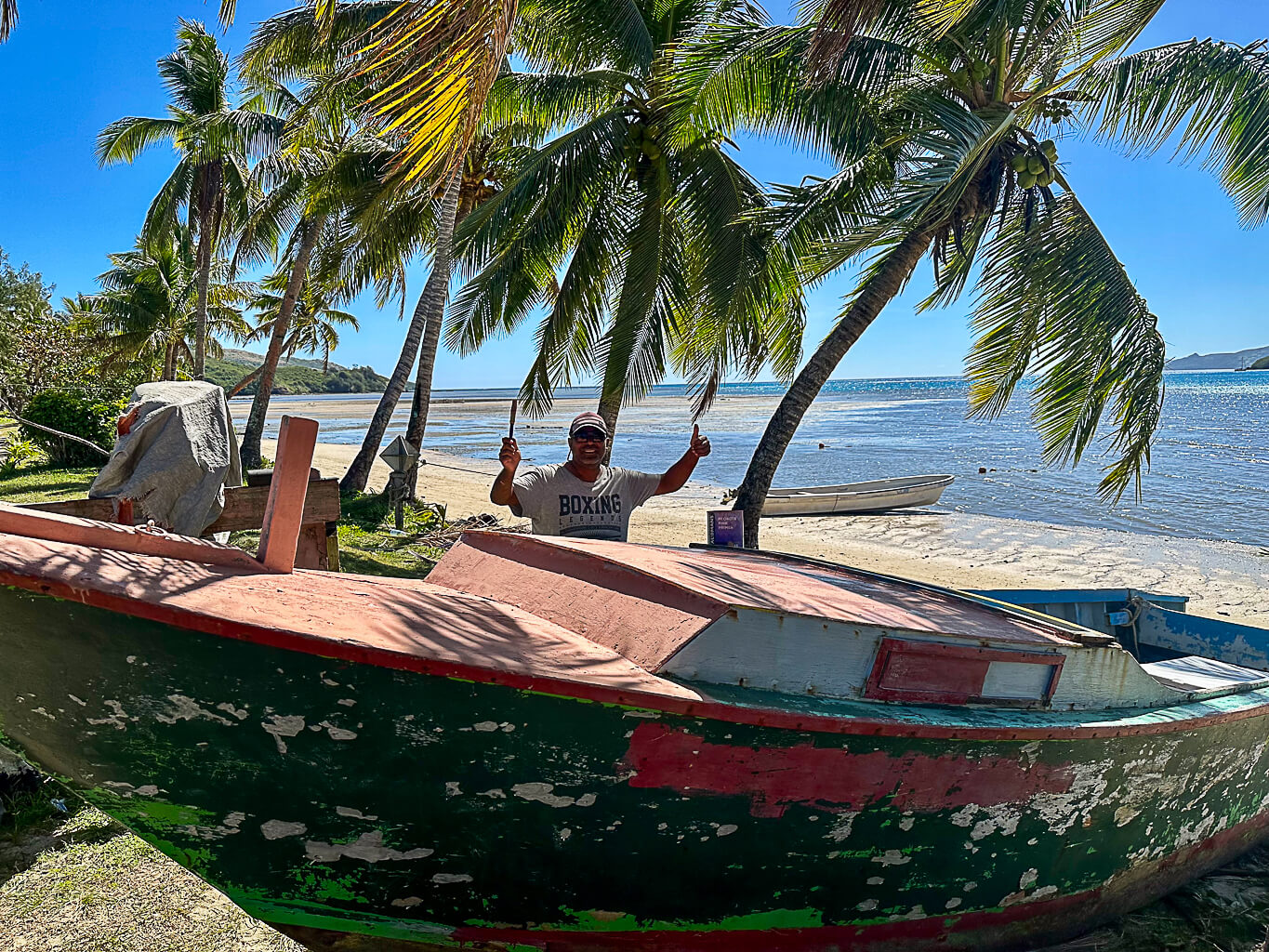
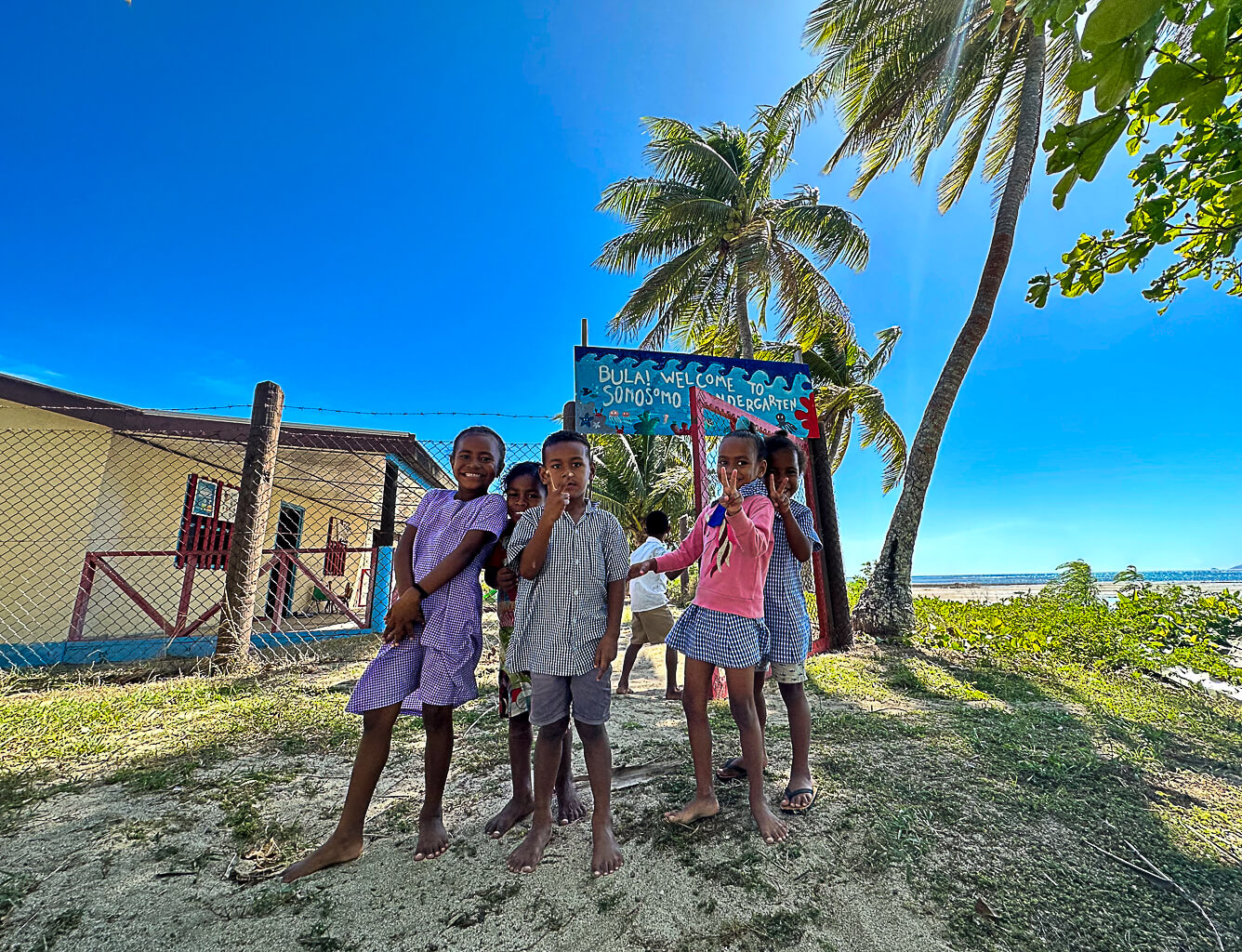
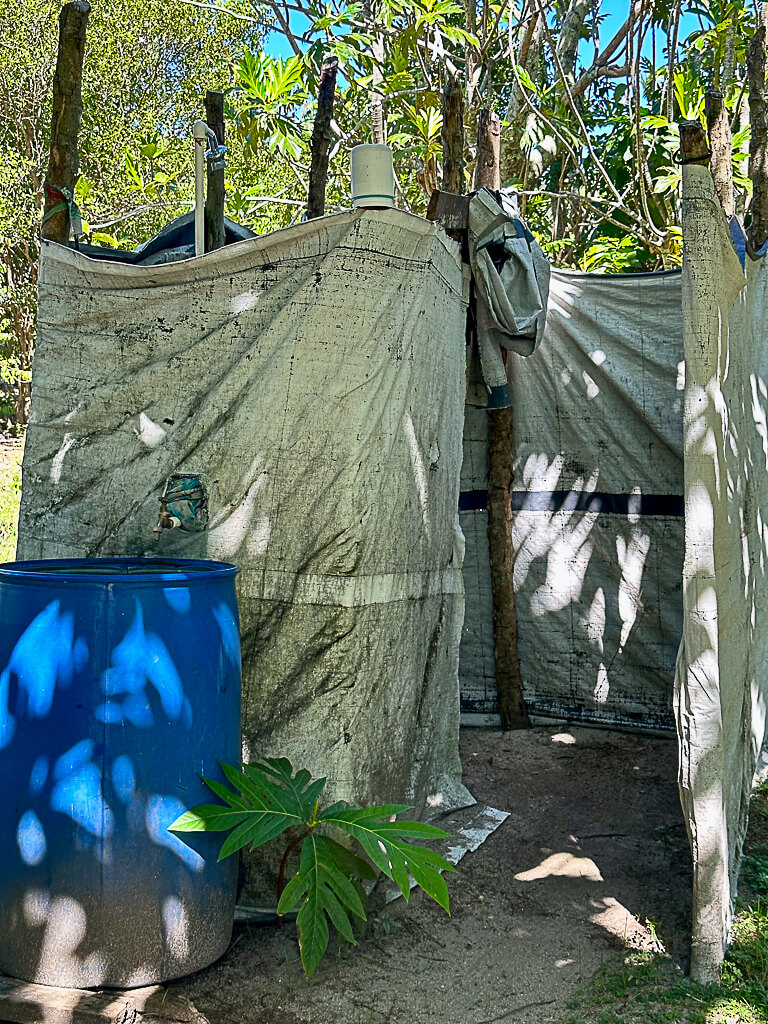
There’s not a whole lot of material wealth in most of the Fijian villages we visited, and an obvious shortage of healthcare. People here are pretty self sufficient and work hard to supply their own needs. They mainly sleep on the floor in very simple, but colorful houses. Still, the land and sea also seem generously willing to provide the basics. Papaya (and a lot of other things) do grow on trees. While we anchored off a small uninhabited island wondering if the rain and cold weather might ease, if the northern swell might finally cede the battle to a southeastern blow and give Allora some peace, I noticed a local fishing boat anchored further out where there was no protection. Their single light bounced and rolled all night as they fished, despite the seriously uncomfortable weather for two days. Fishermen in the islands spearfish at night just like the sharks because the fish are hiding out in the rocks and make easier pickings. No bunks or cushions on that boat, no seasickness medicine or Diana cooked meals either. ~MS
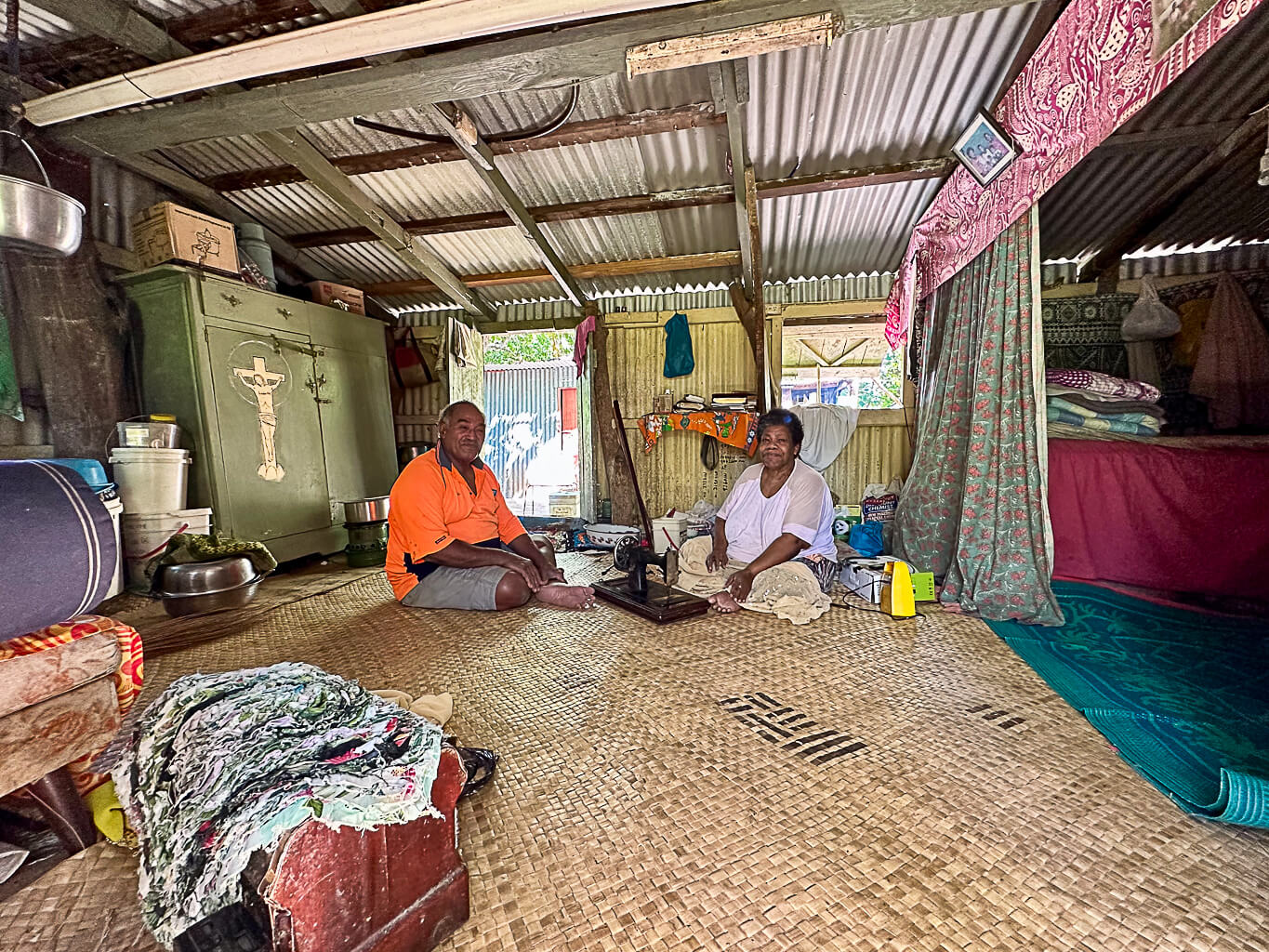
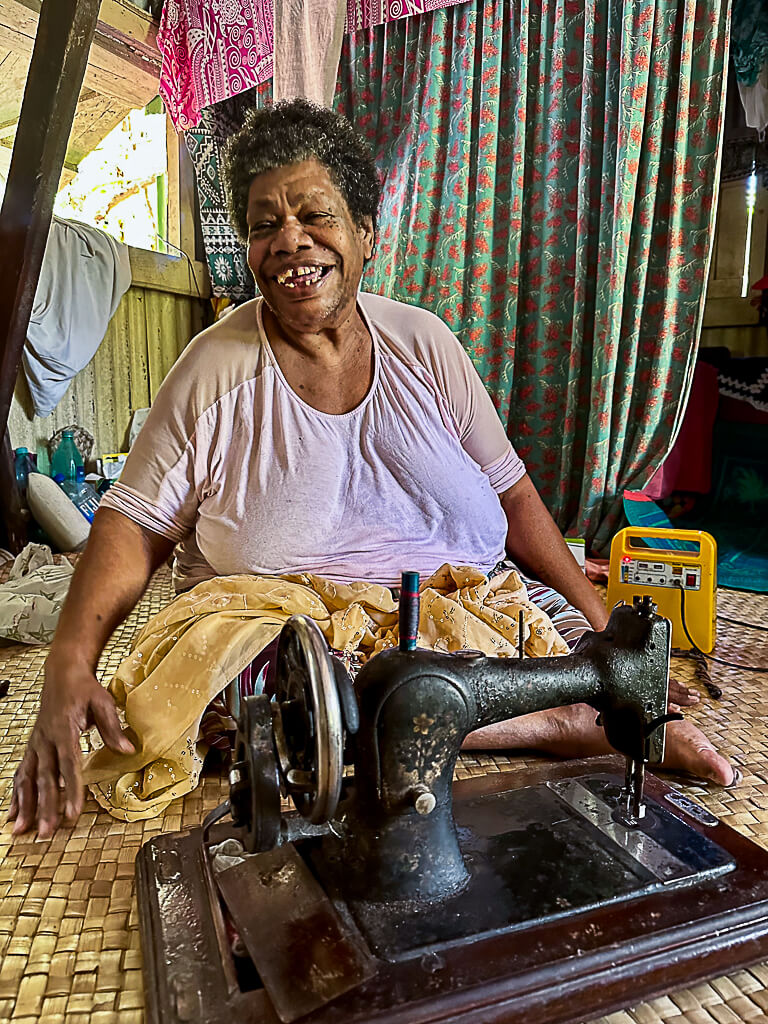
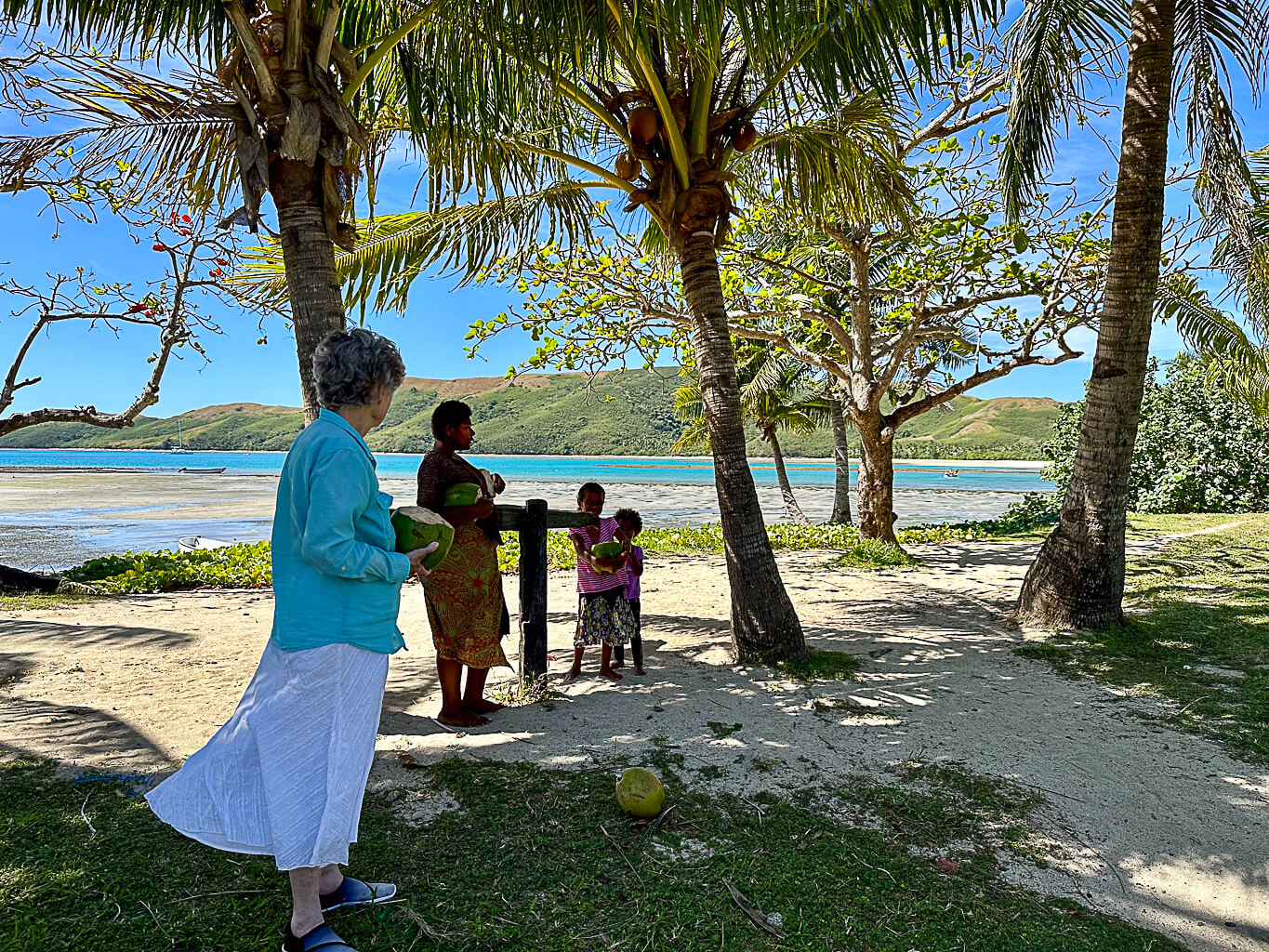
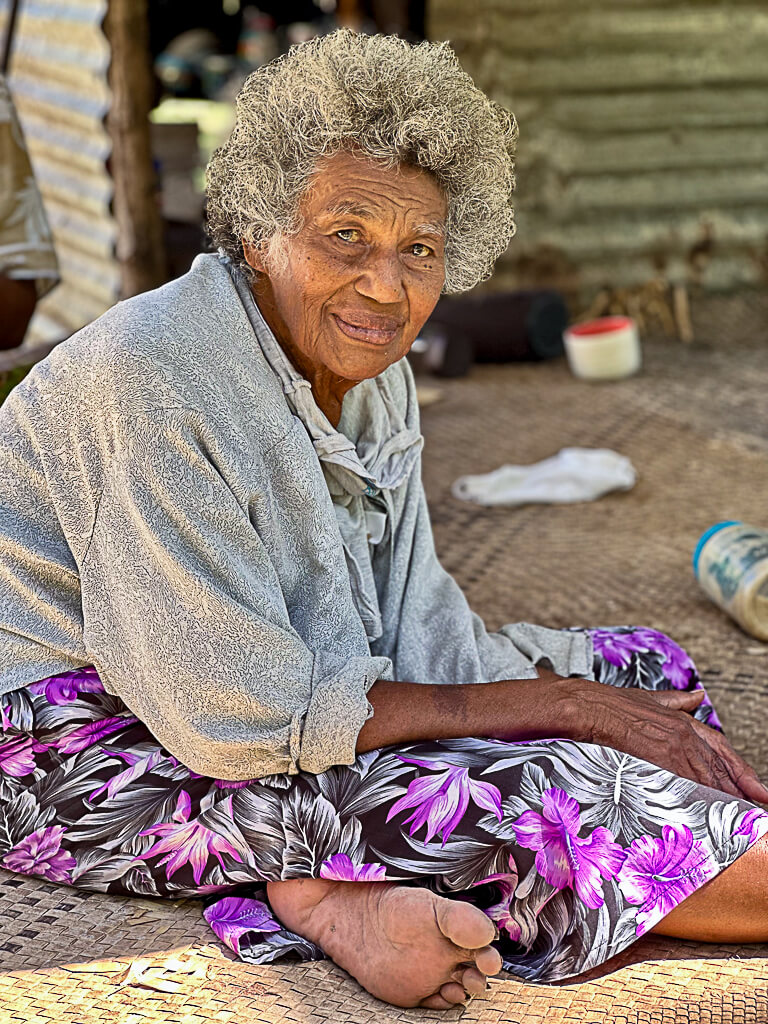
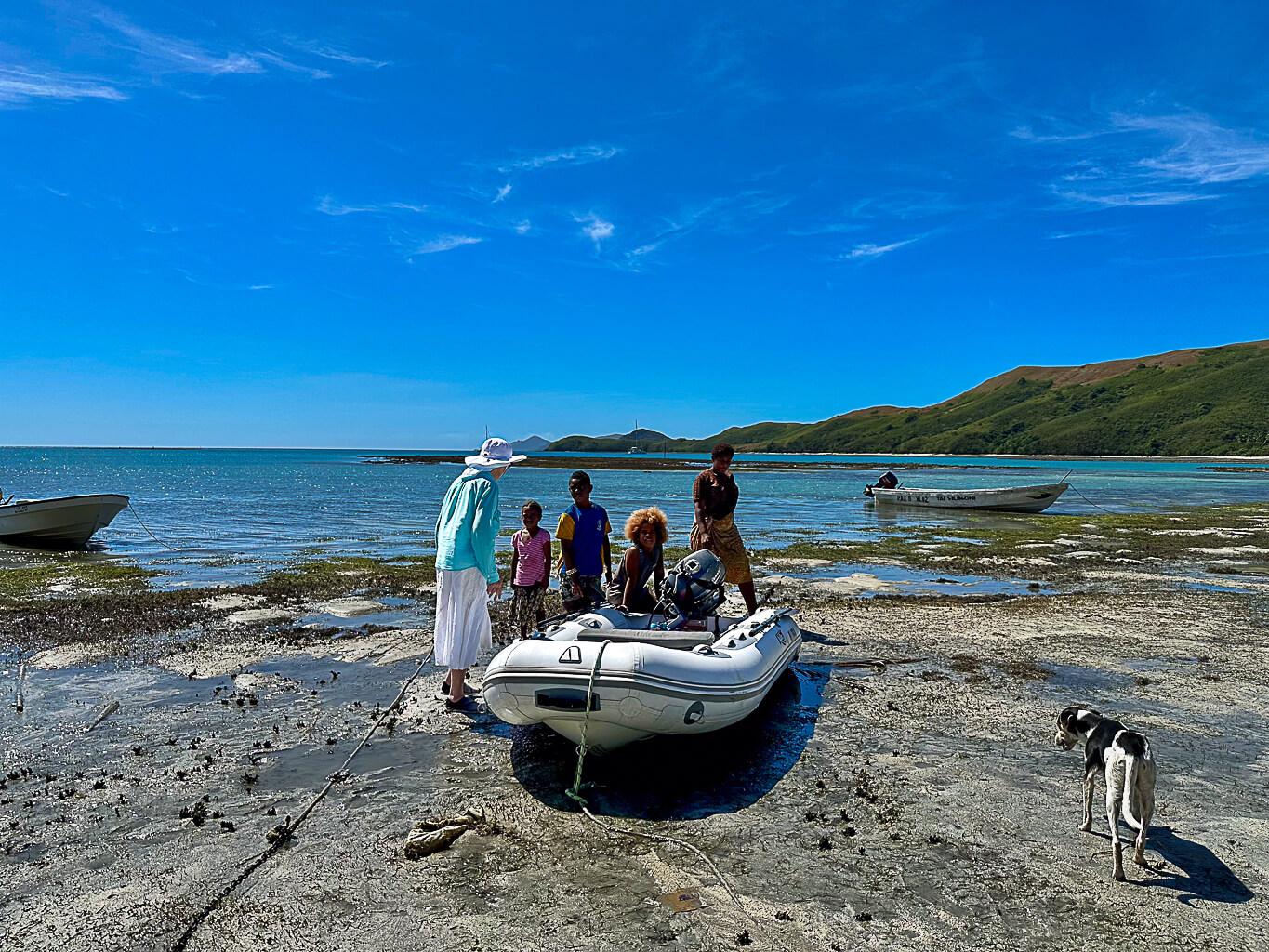
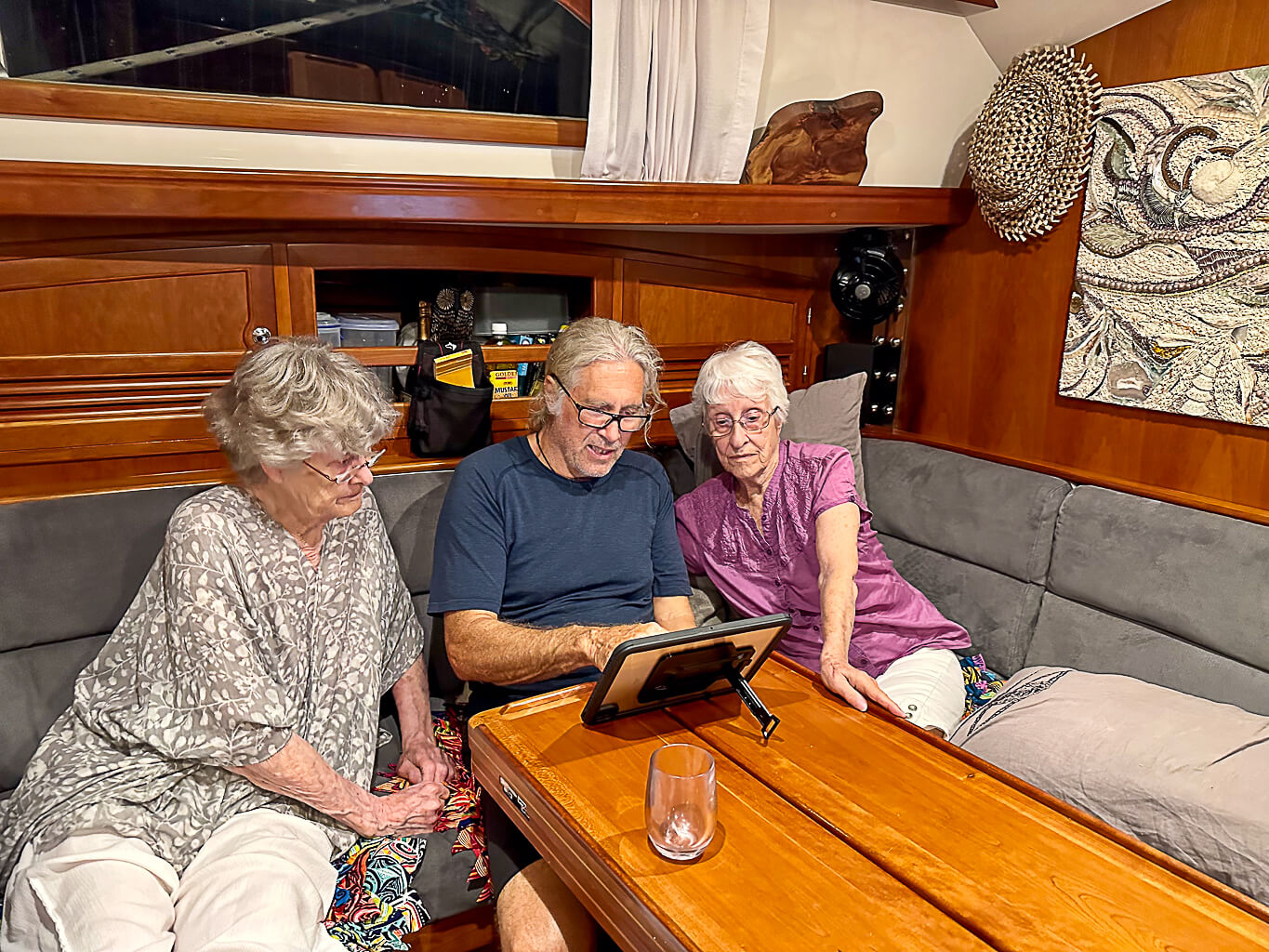
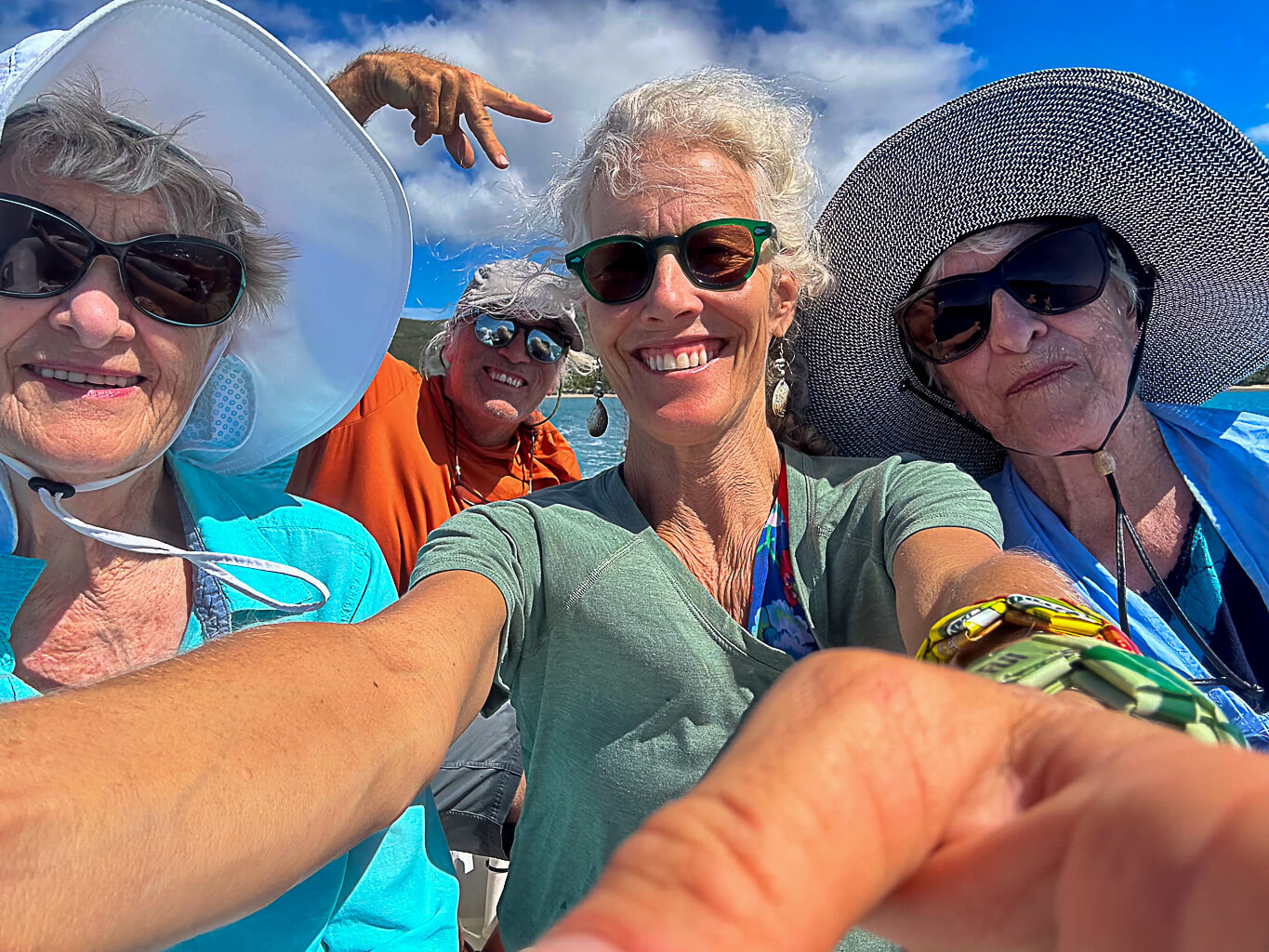
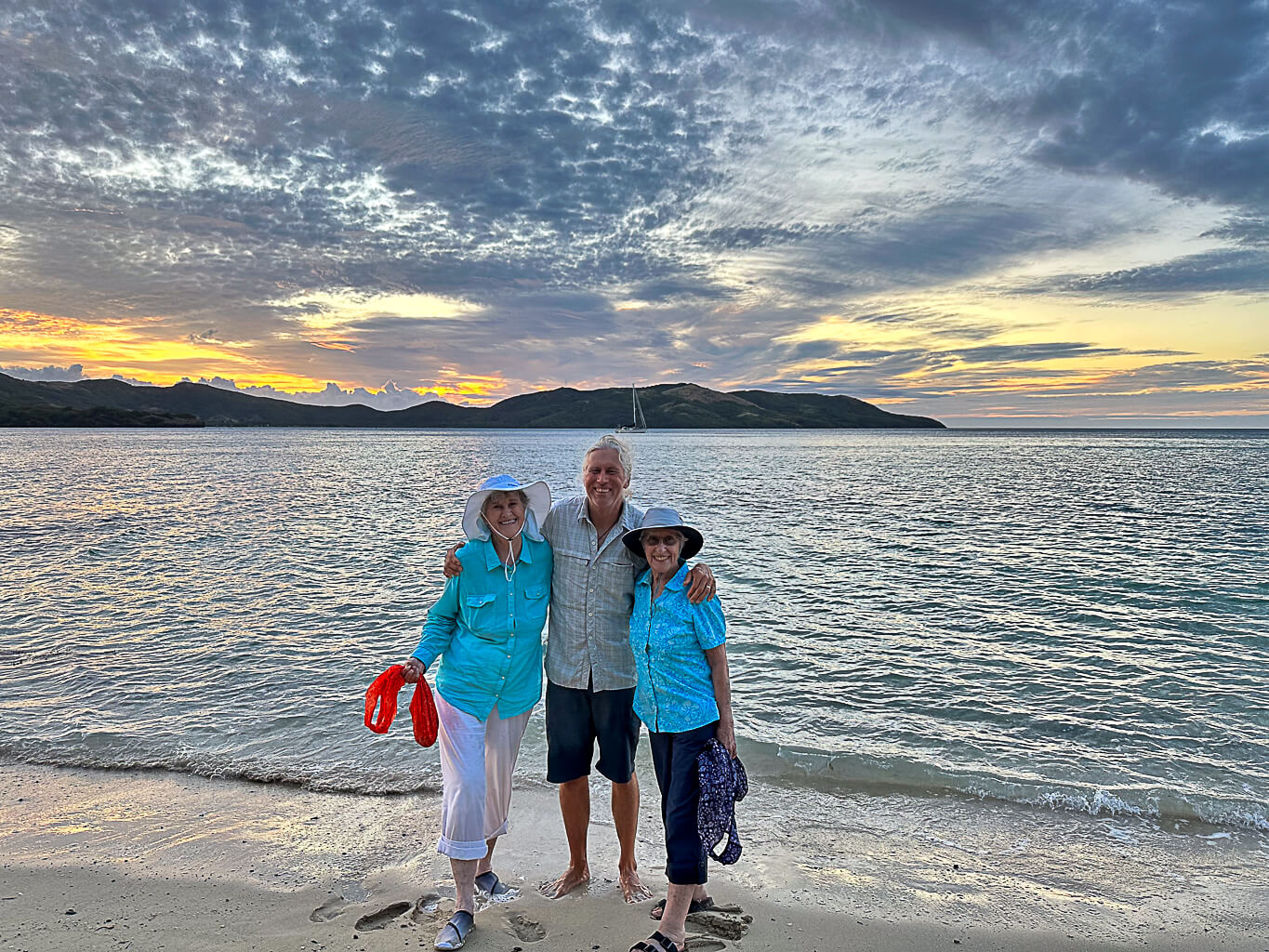
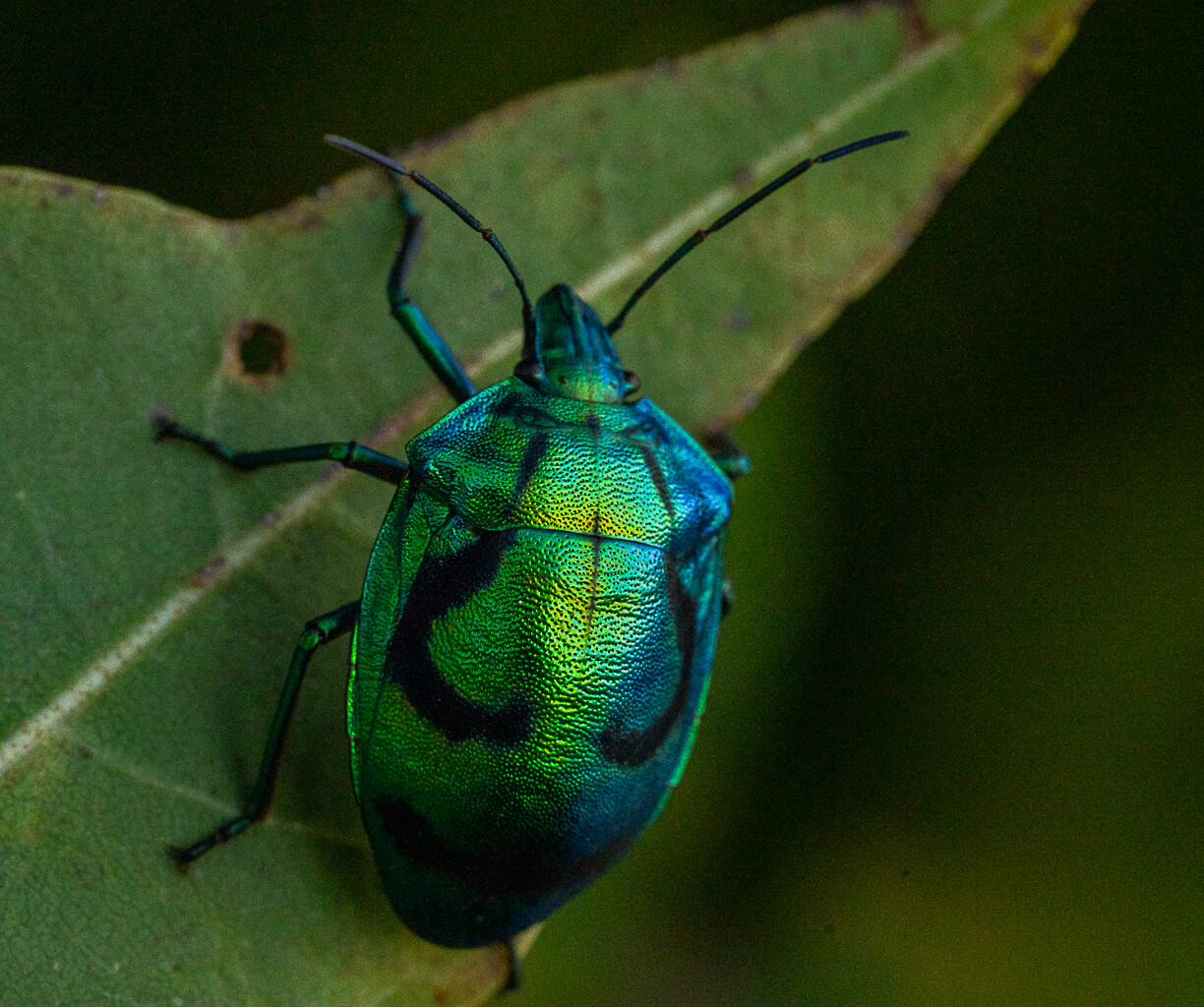
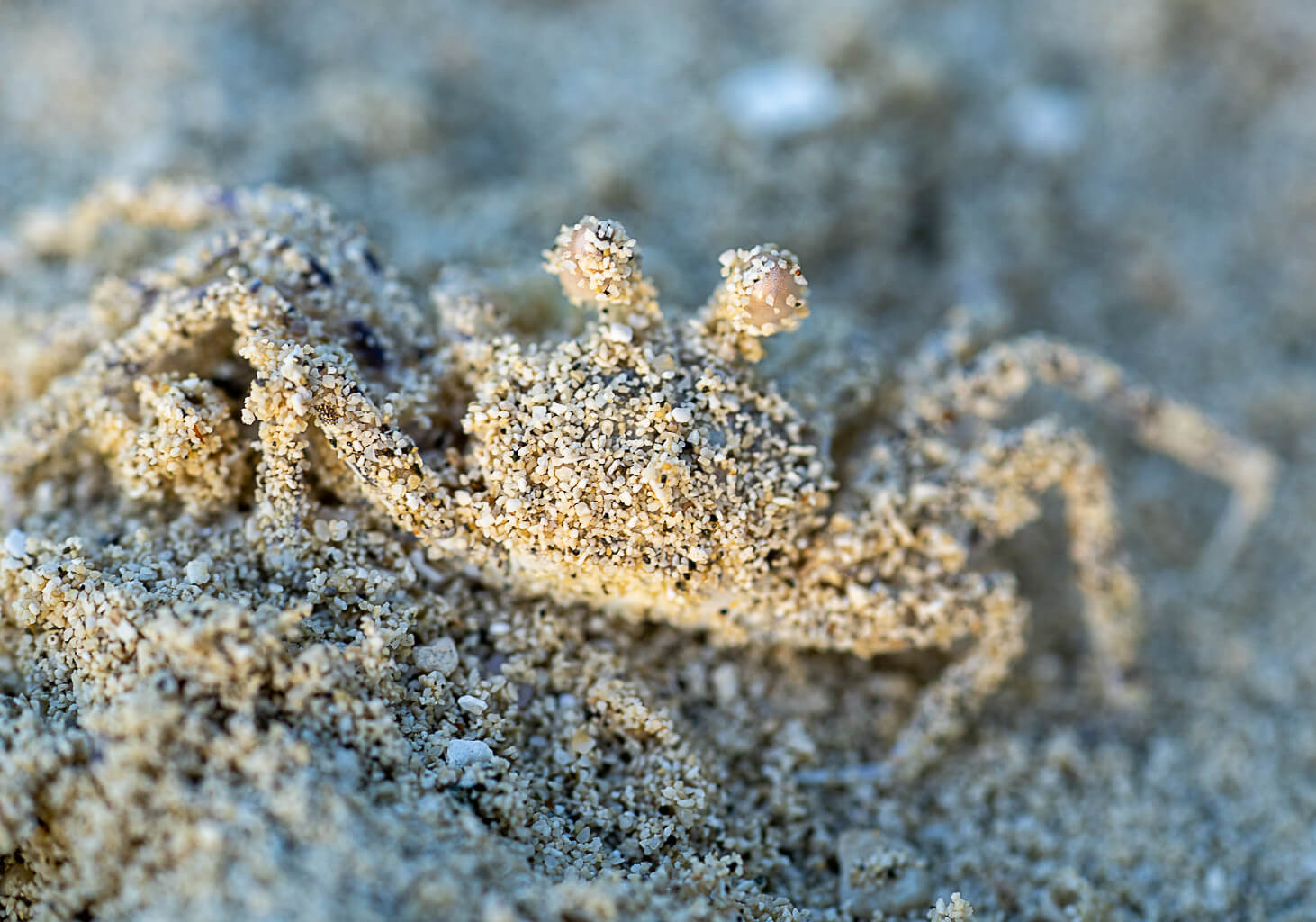
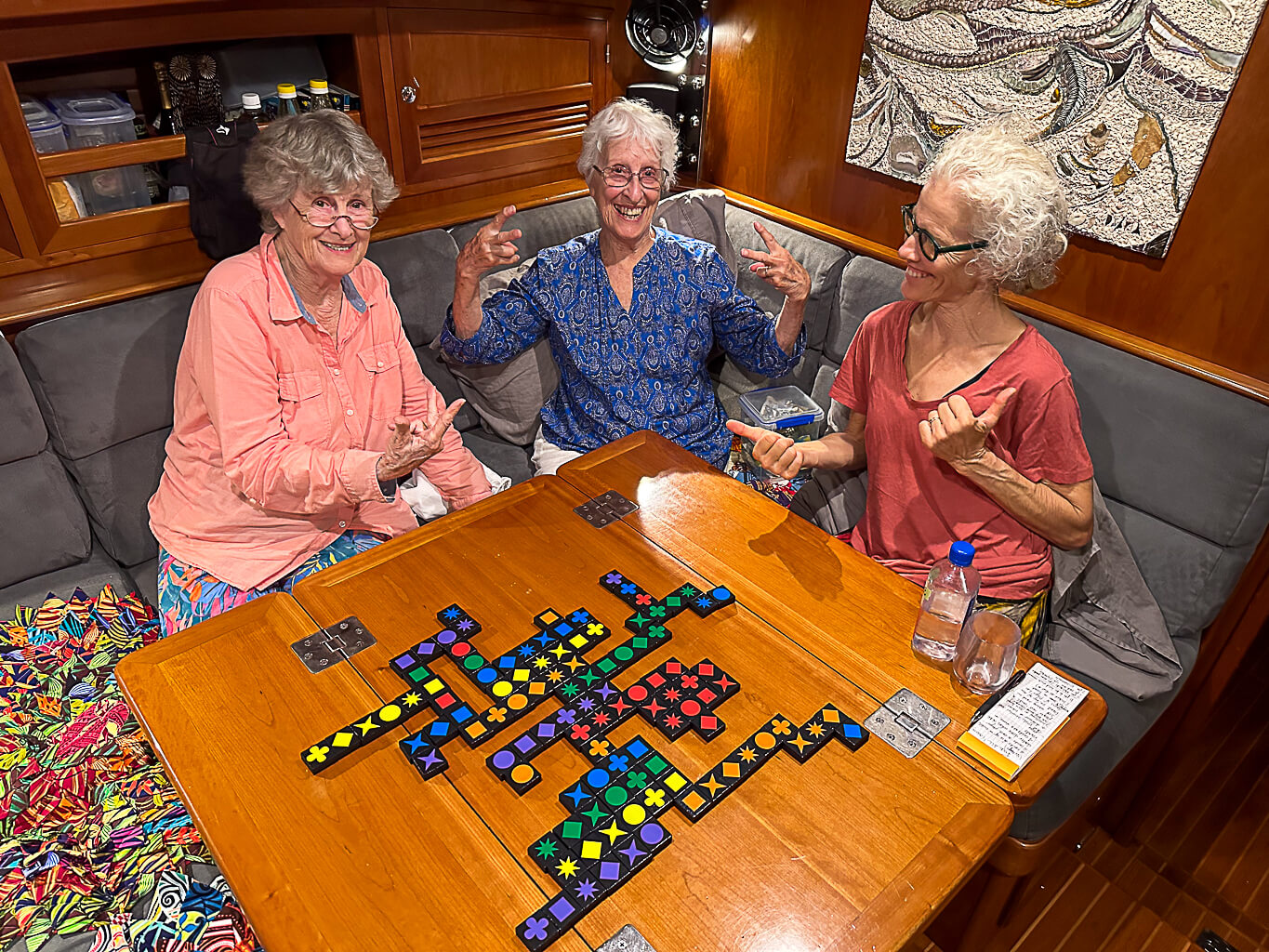
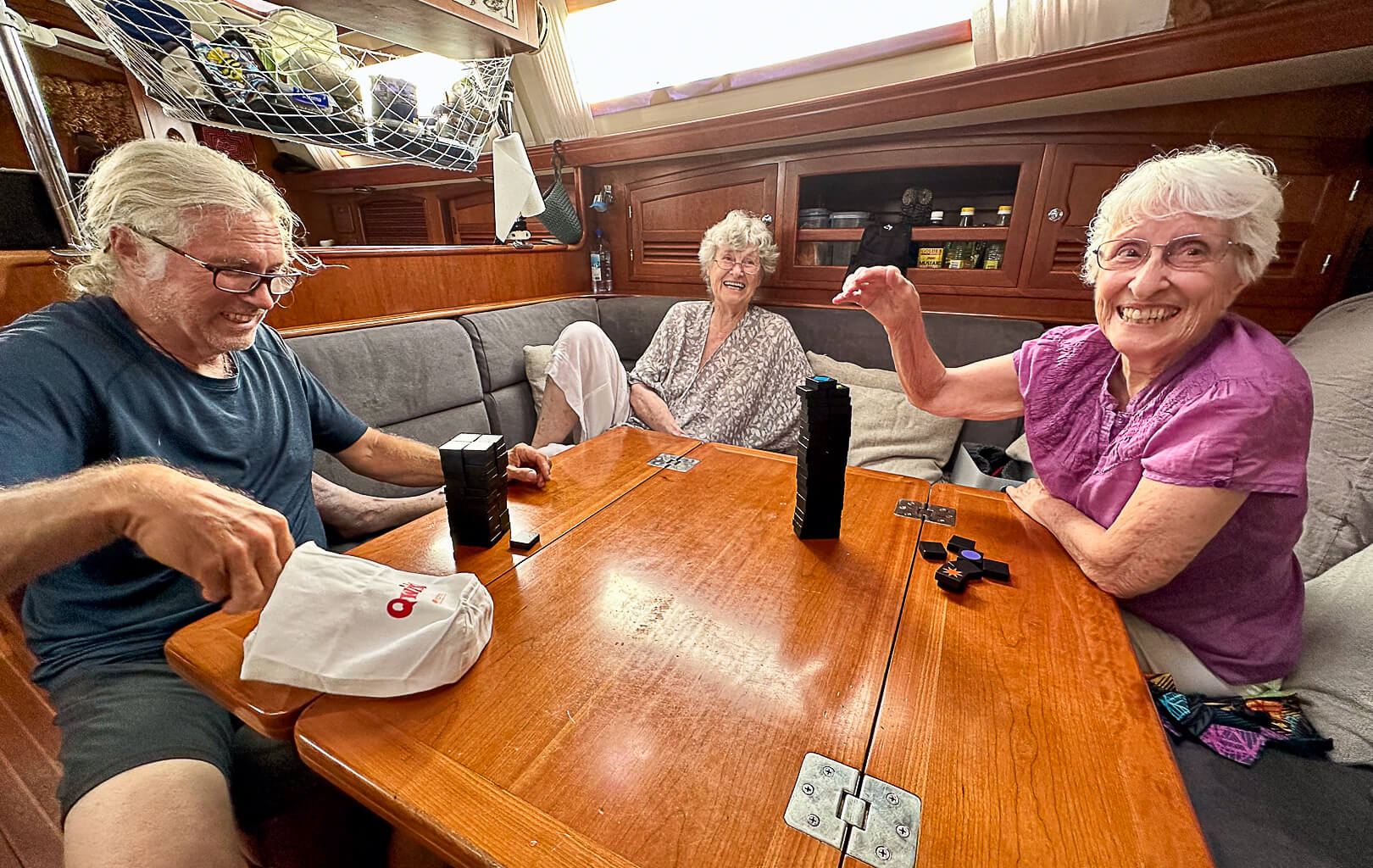
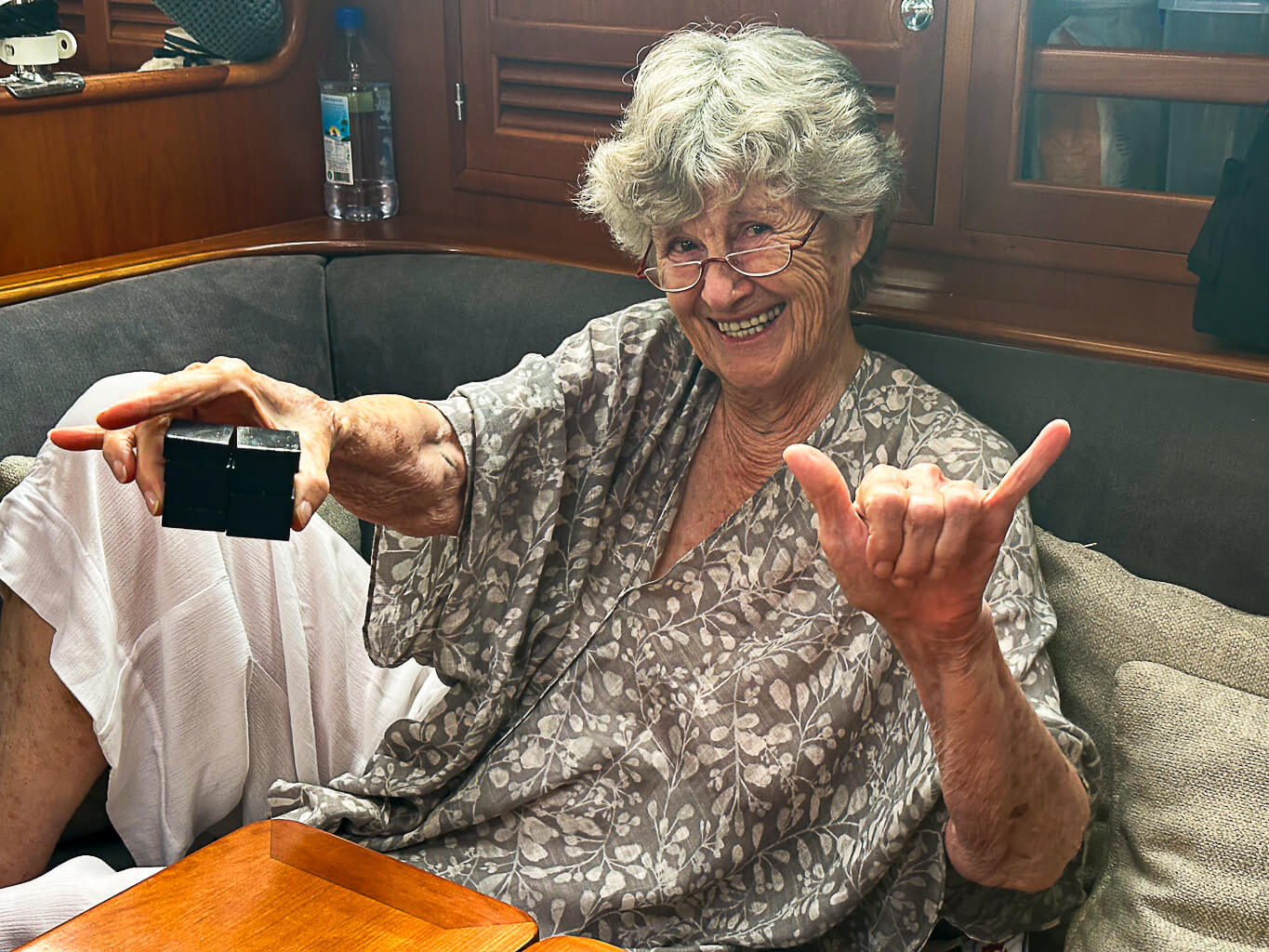
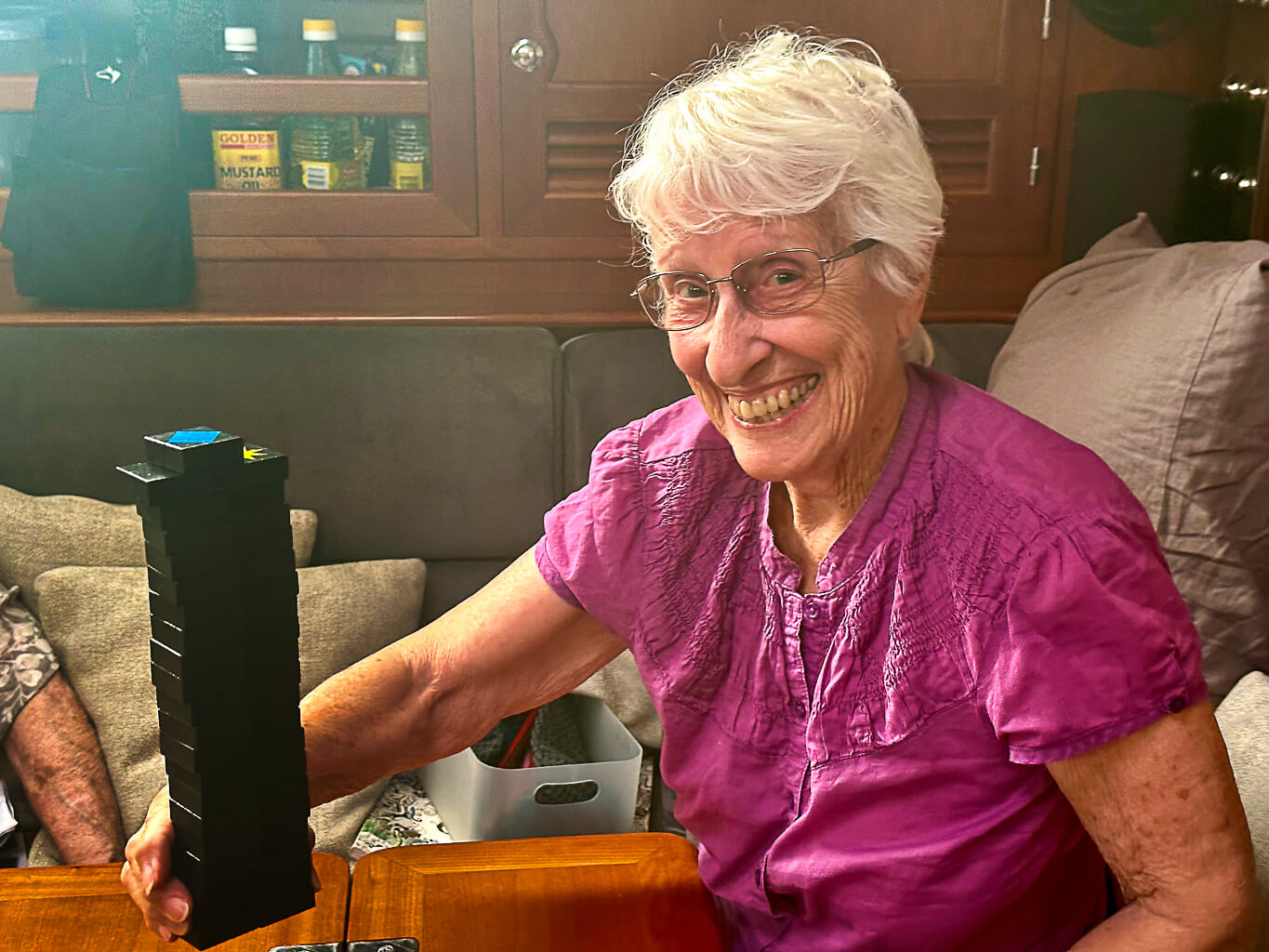
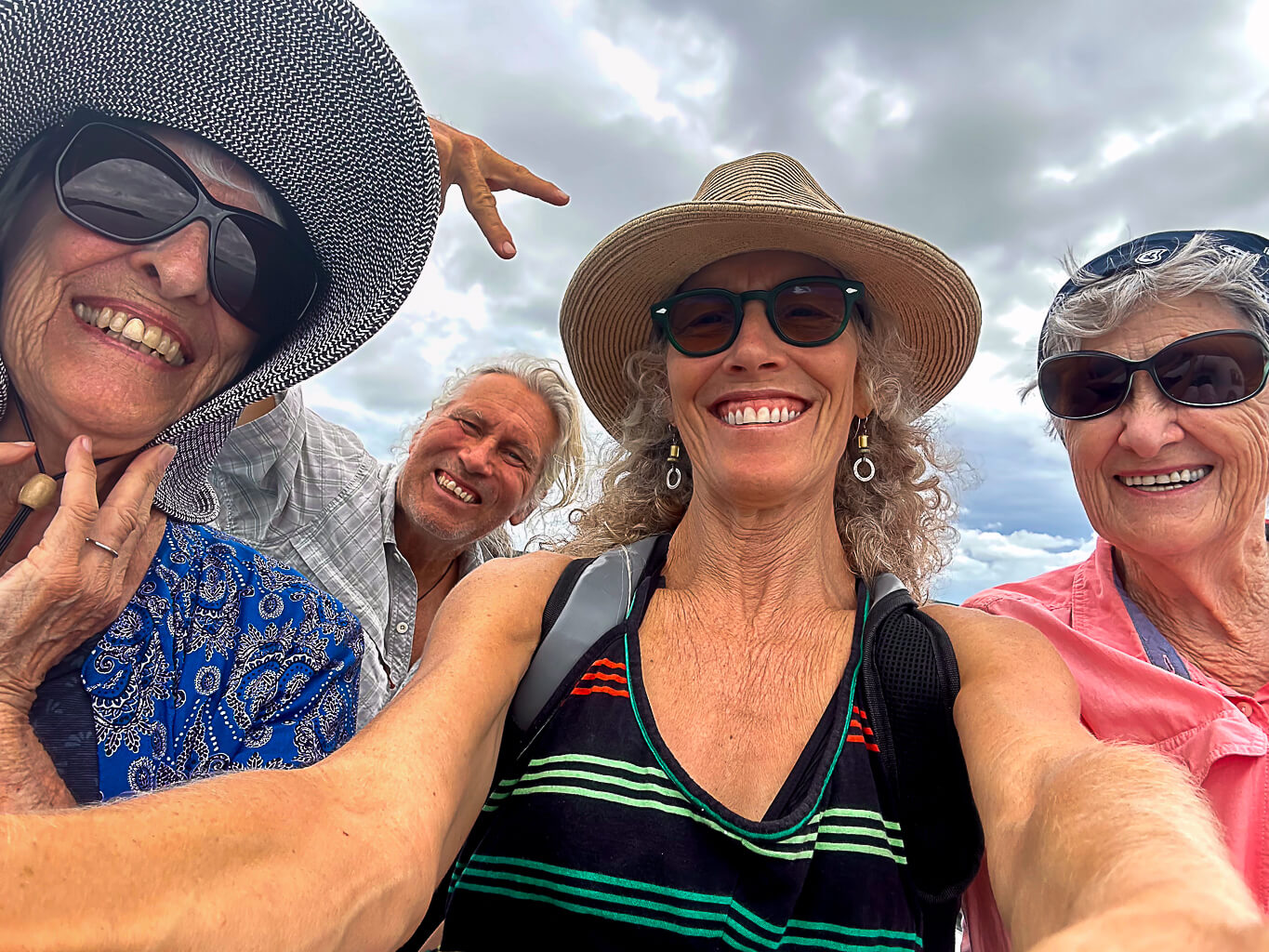
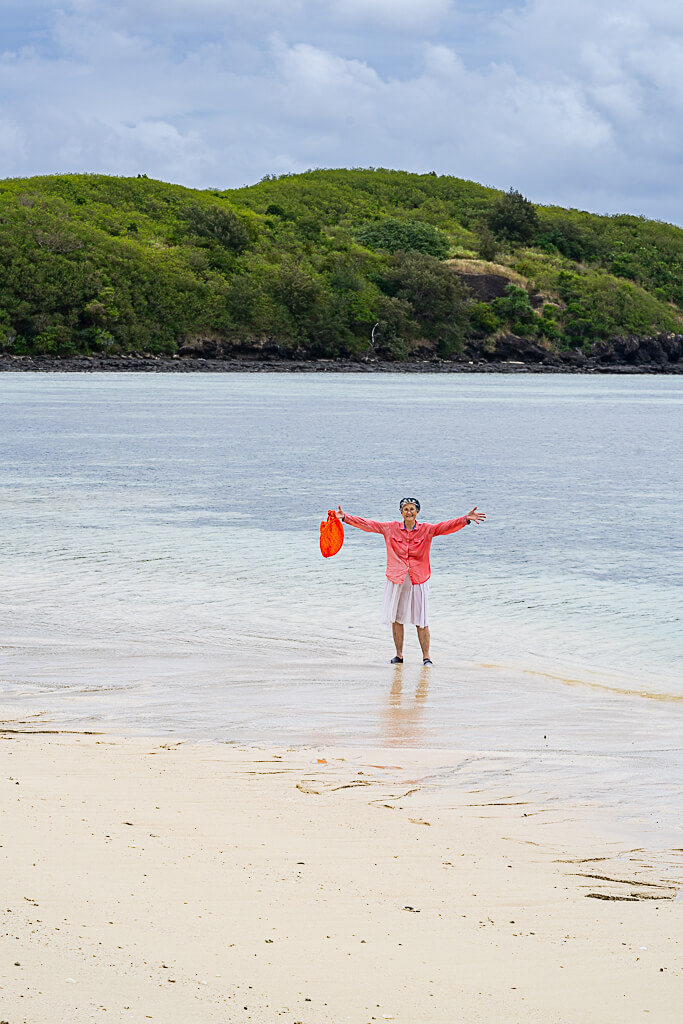
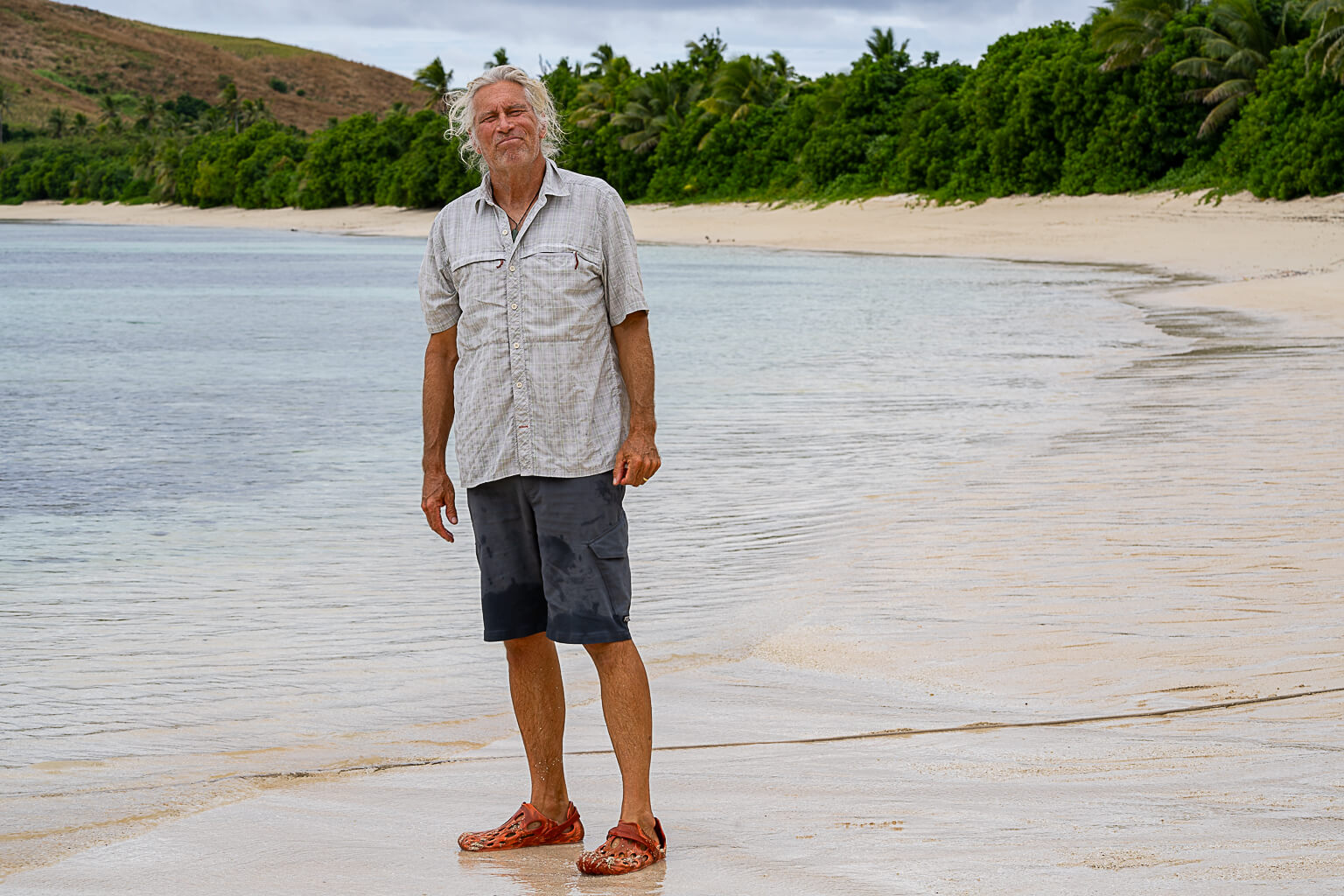
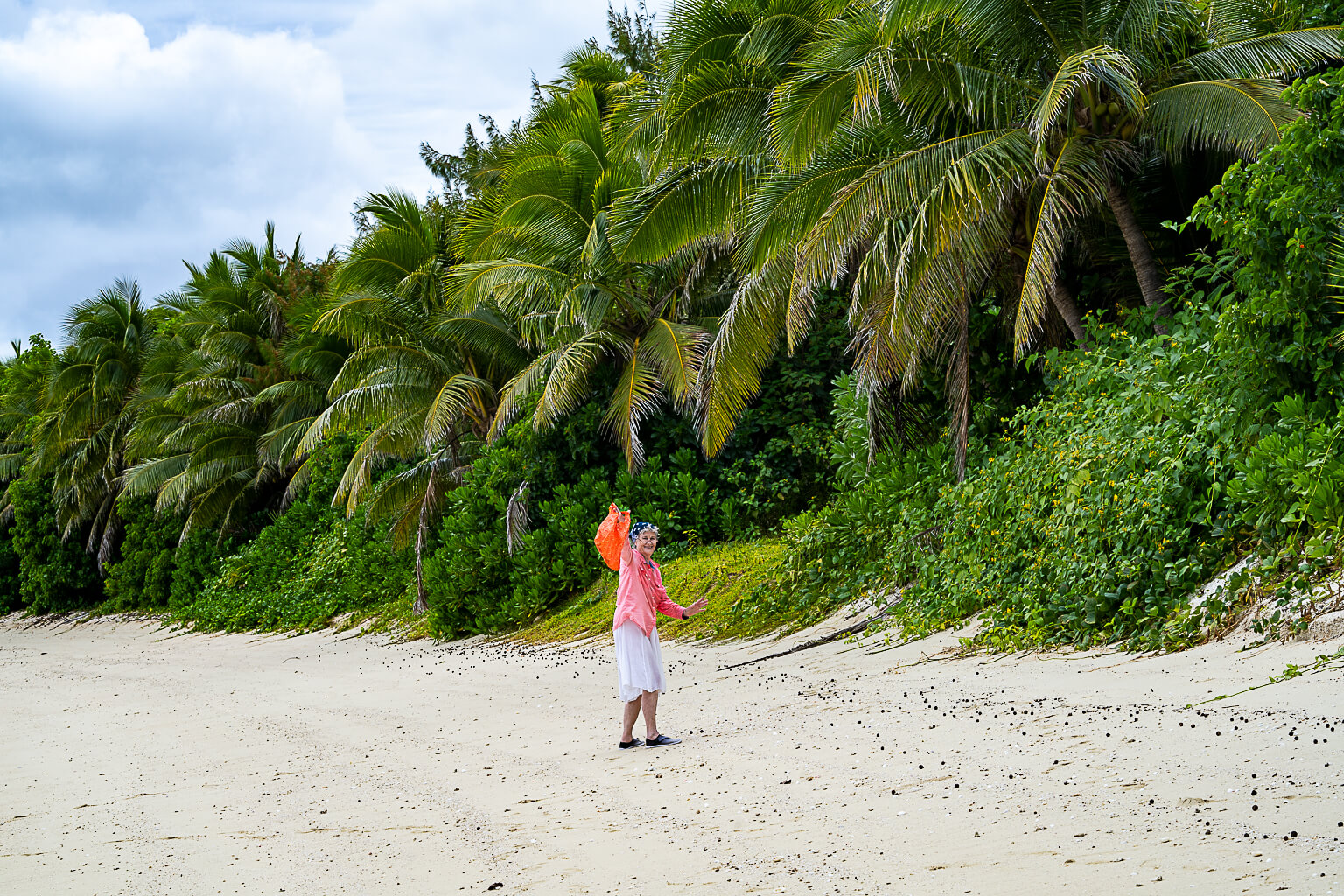
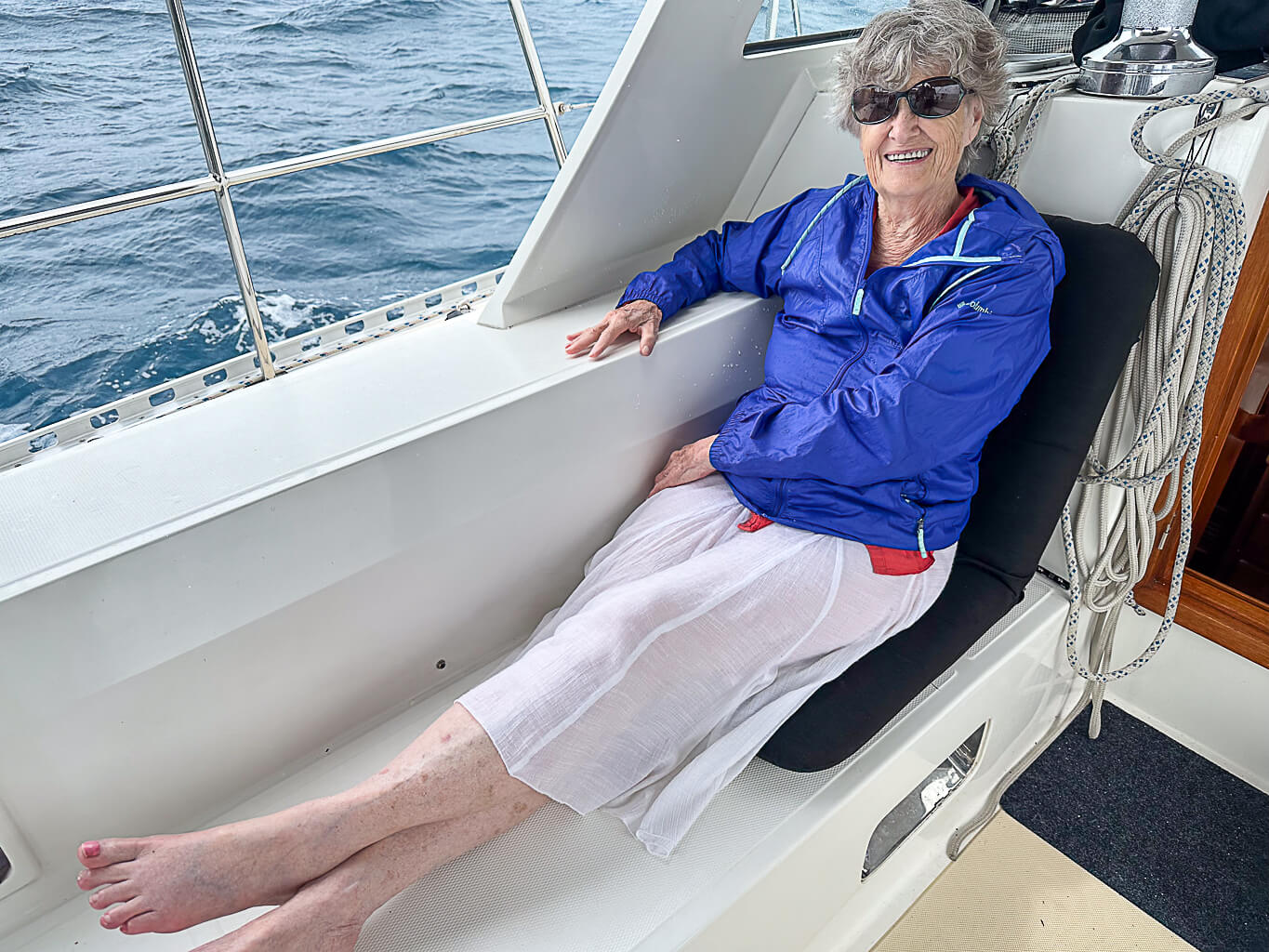
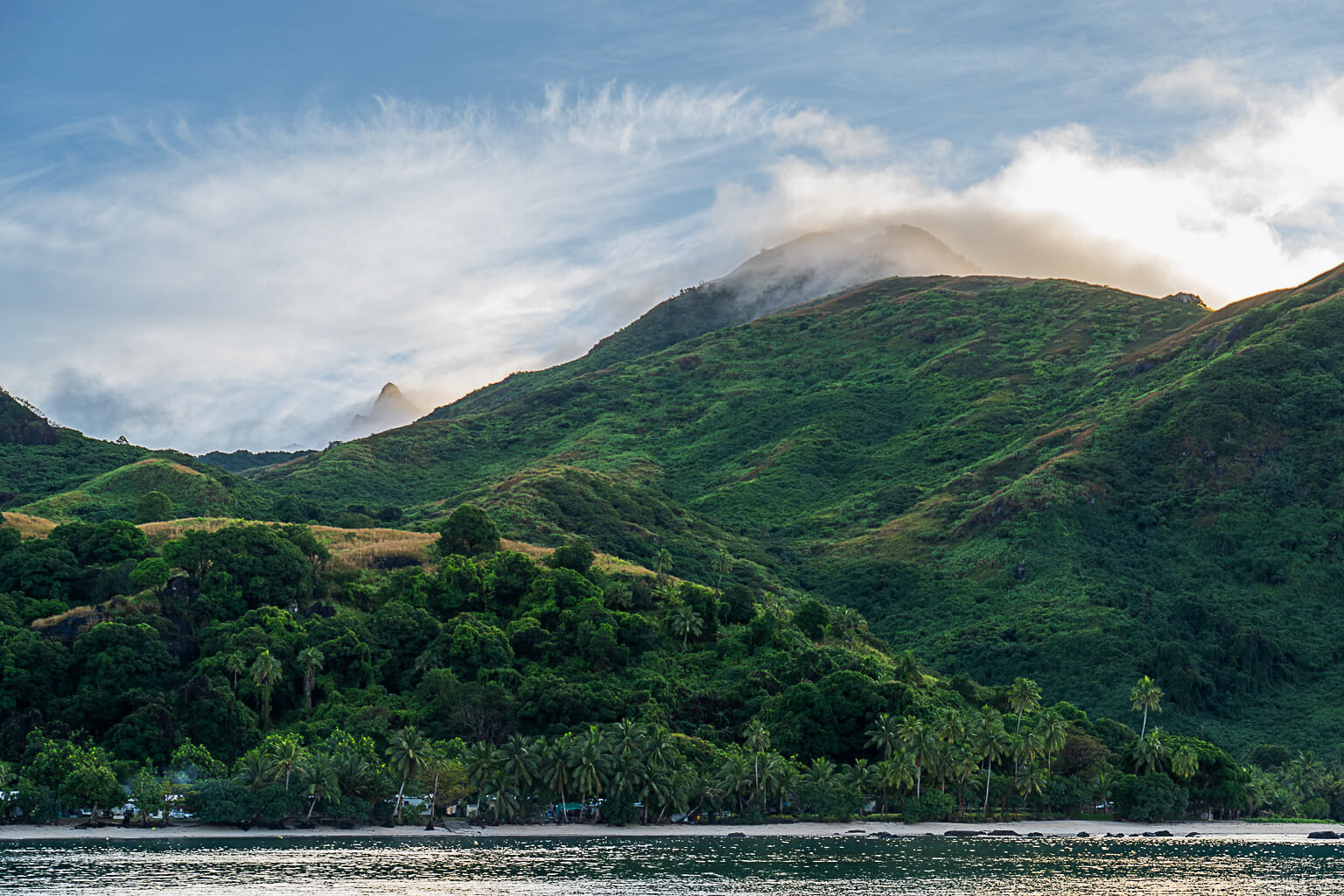
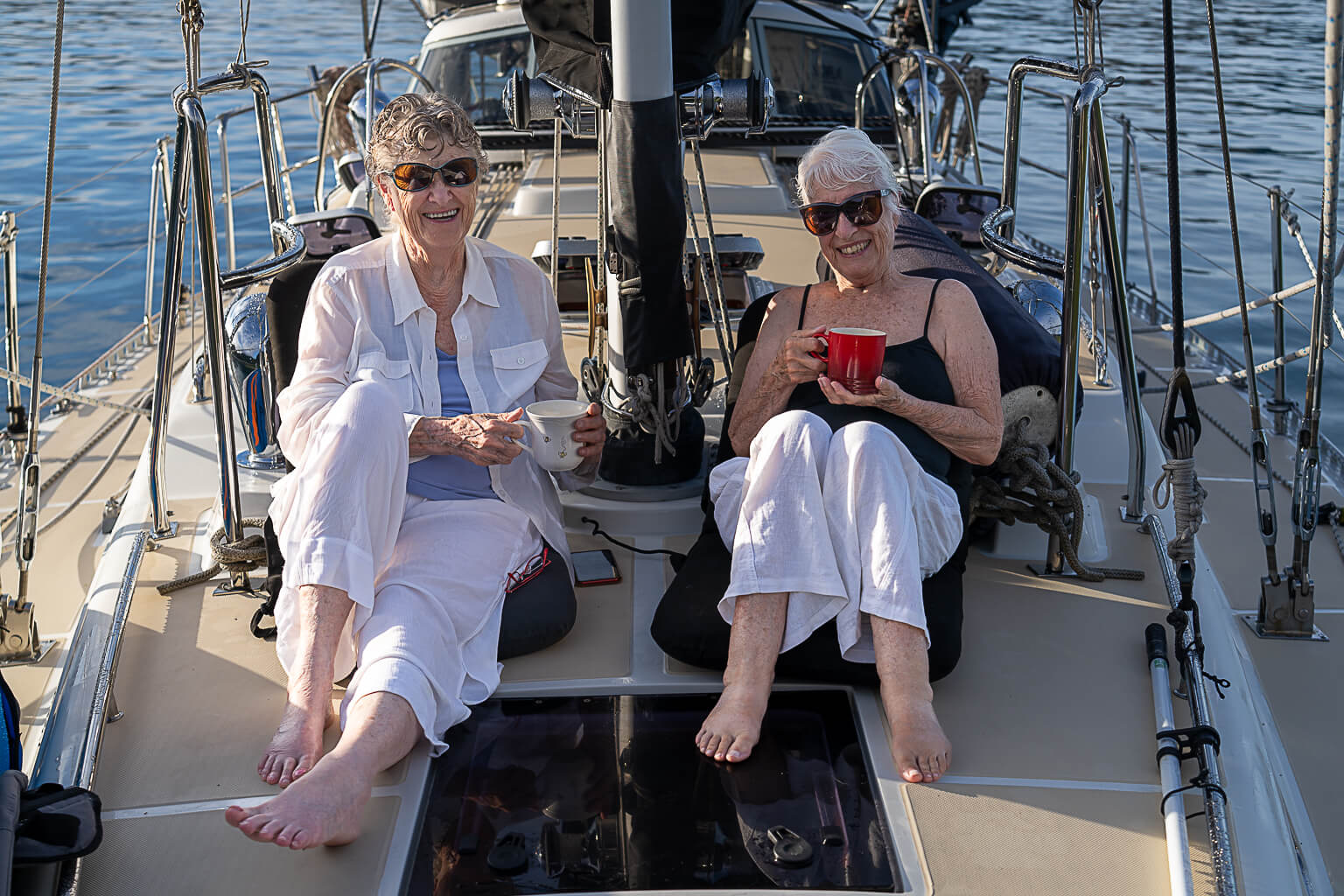
The highlight of the Moms’ visit (besides the music), was the slow mornings and conversation. It seems like most days we sat in the cockpit losing track of time until almost noon, typically with a wonderful brunch whipped up by Diana (with assistance from her favorite sous chef). Just being in the same space together with Allora gently (or sometimes not so gently) rocking, turning in the breeze (or gale) was all we needed. We covered most topics ranging from the essential meaning of the universe to childhood memories of mixing the yellow coloring into margarine. Maybe the same thing, actually, as I think about it. ~MS
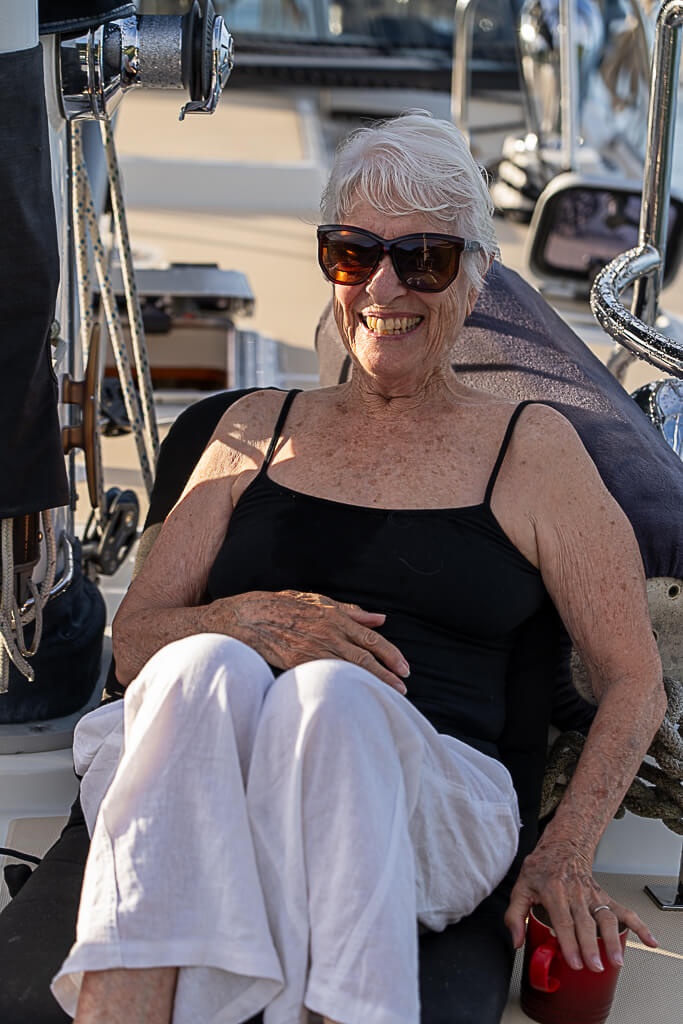
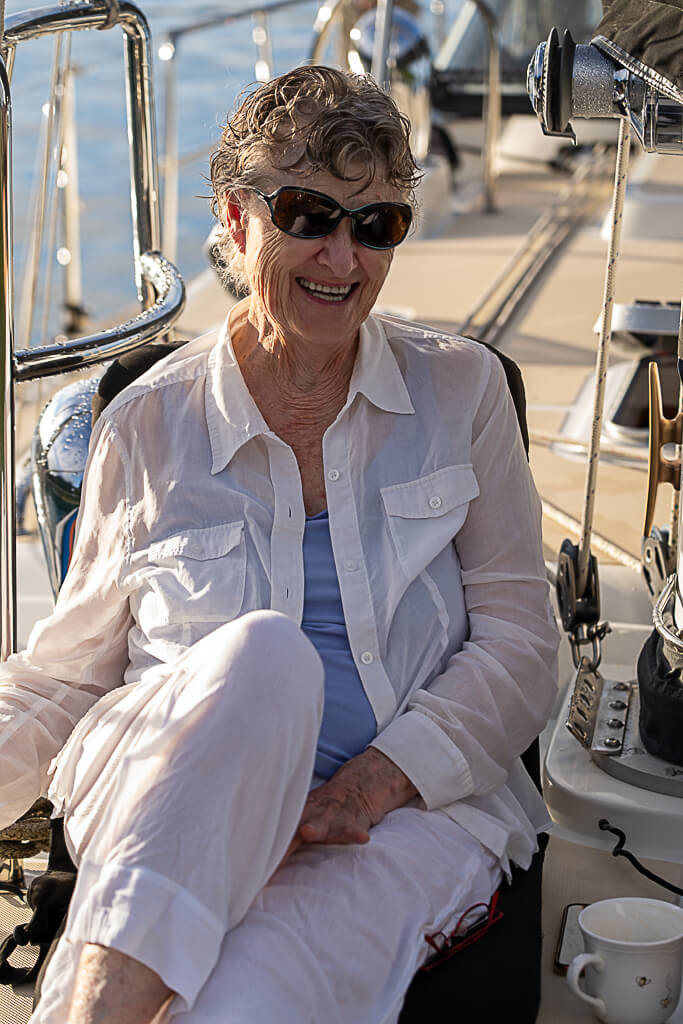

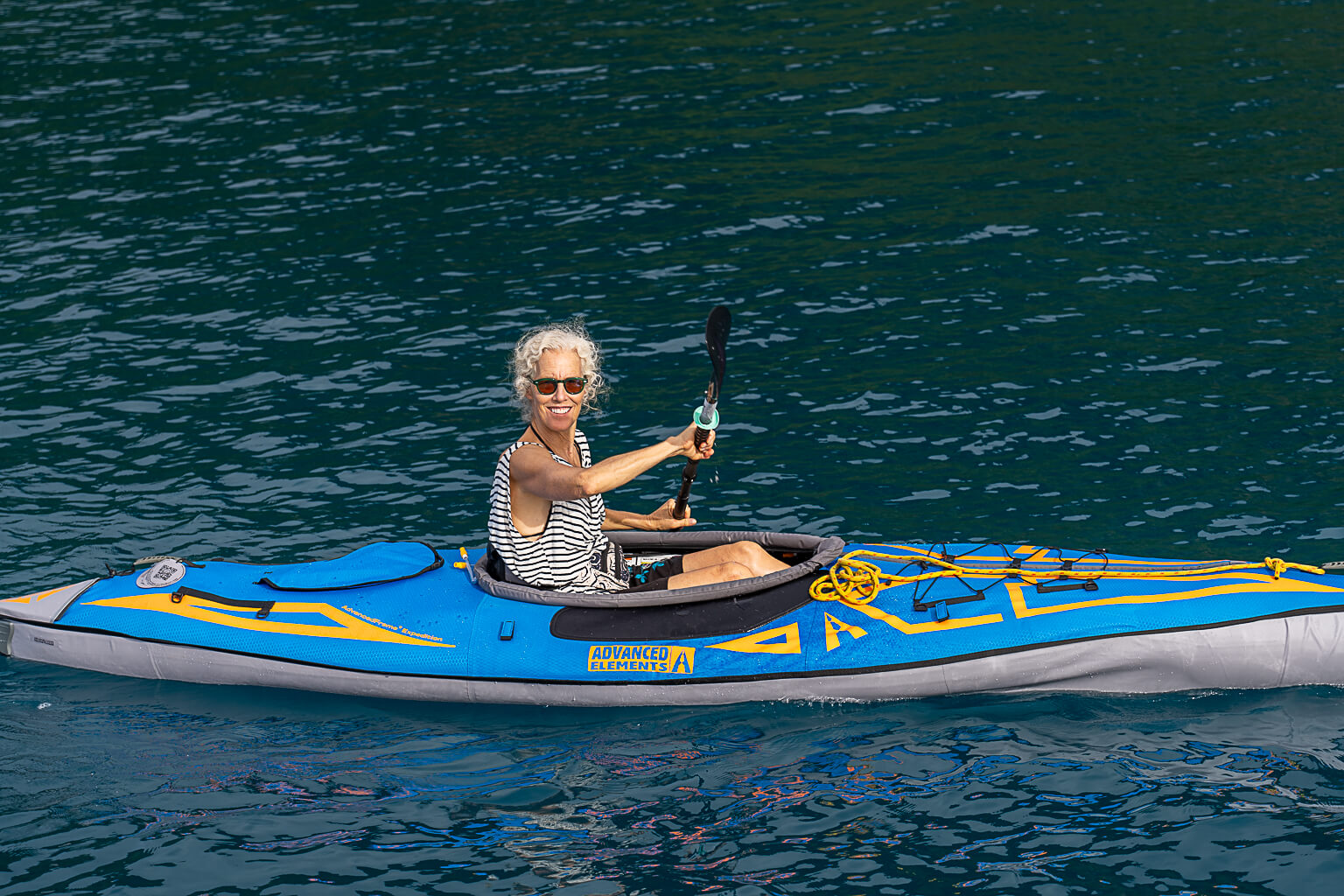
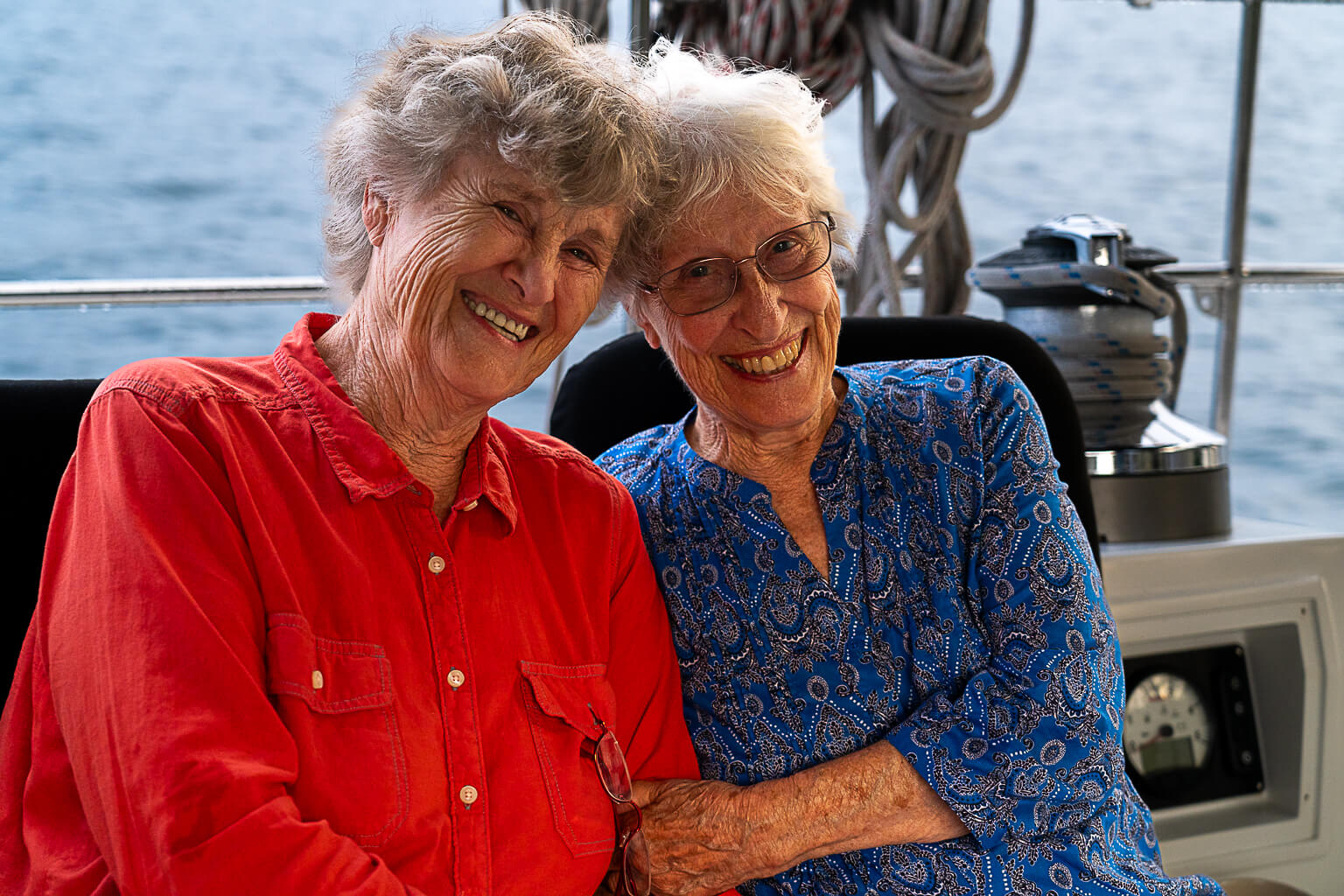
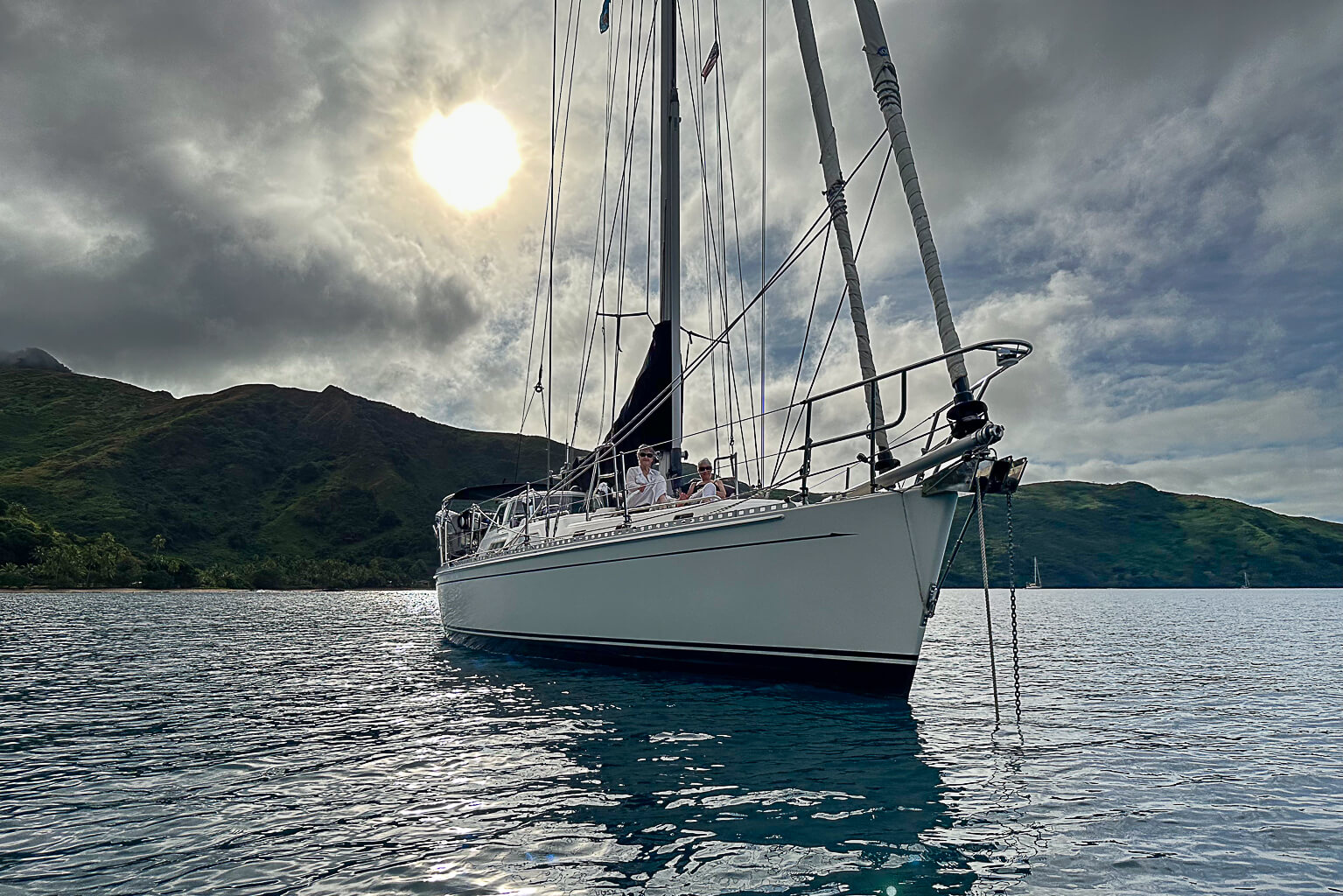
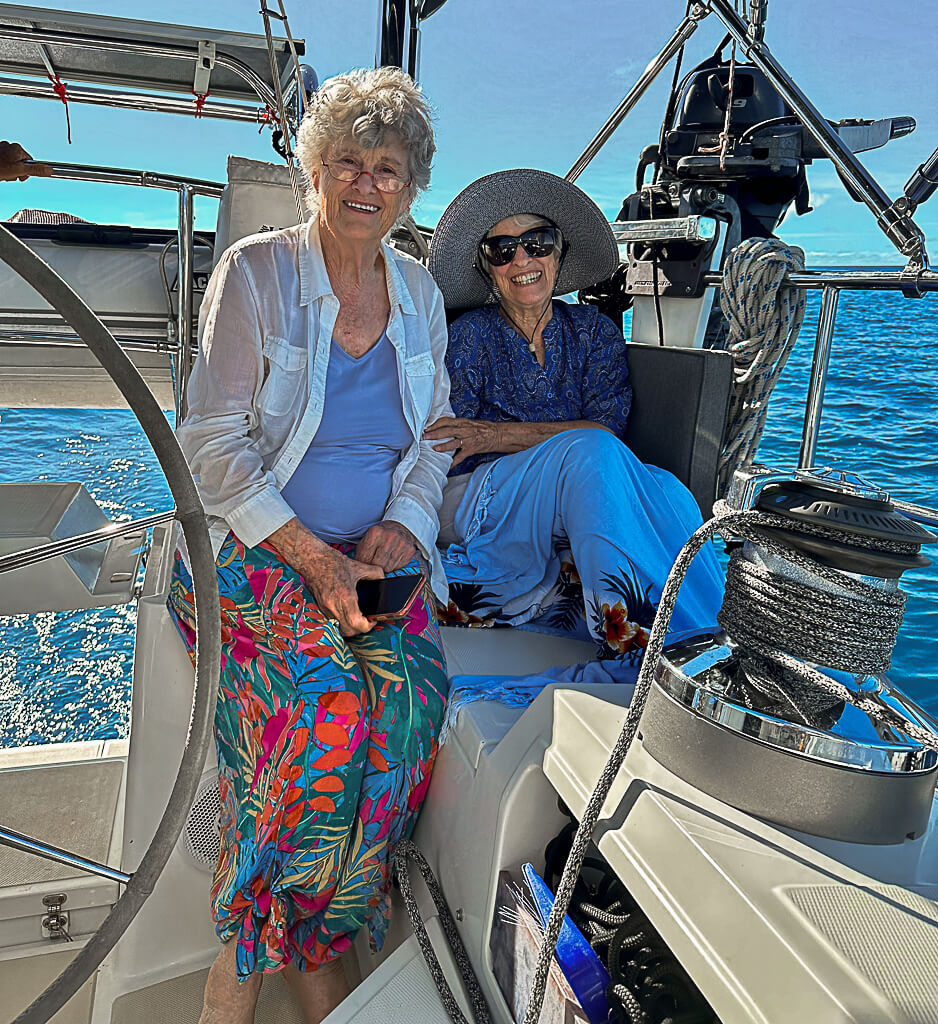
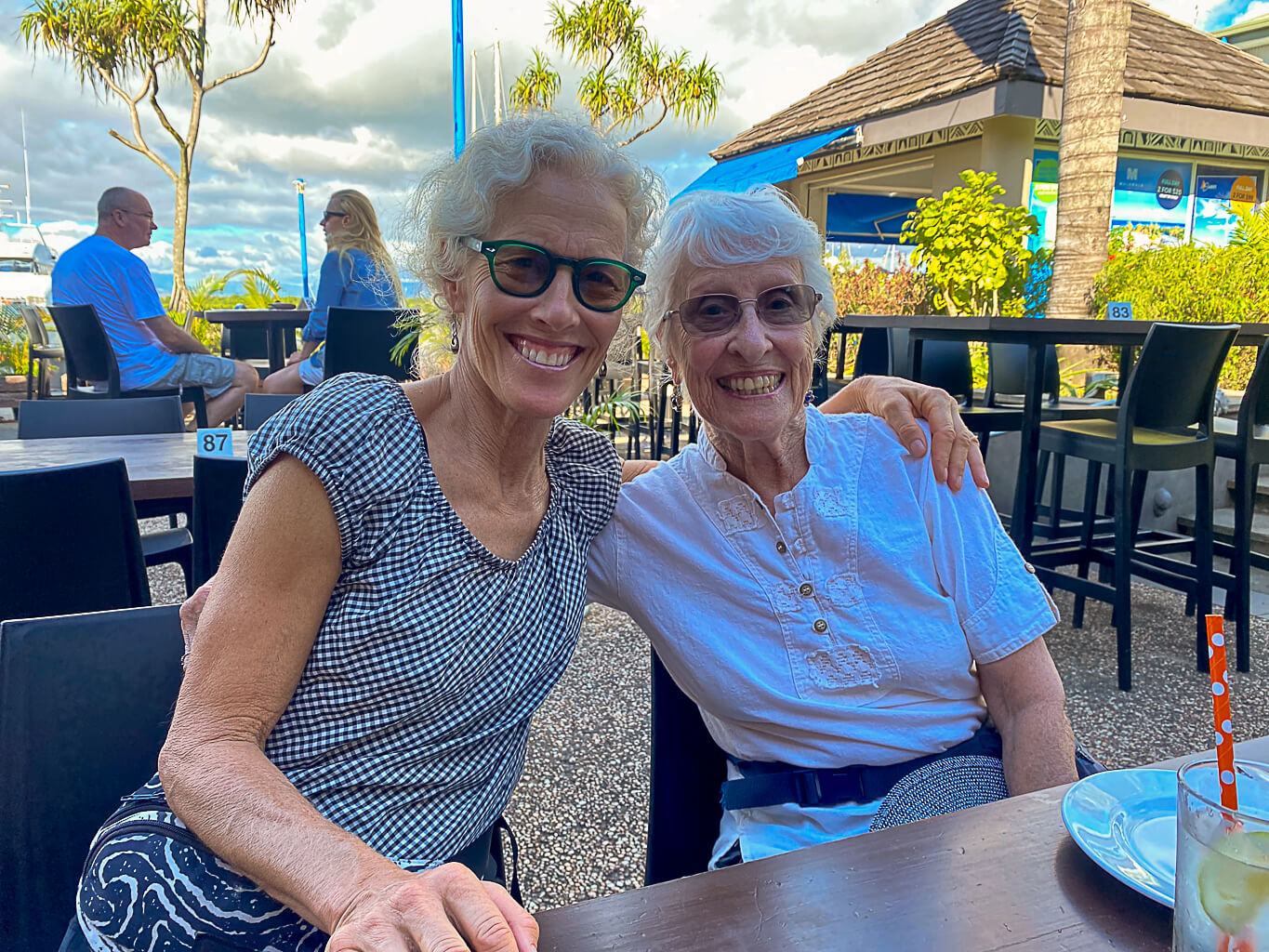
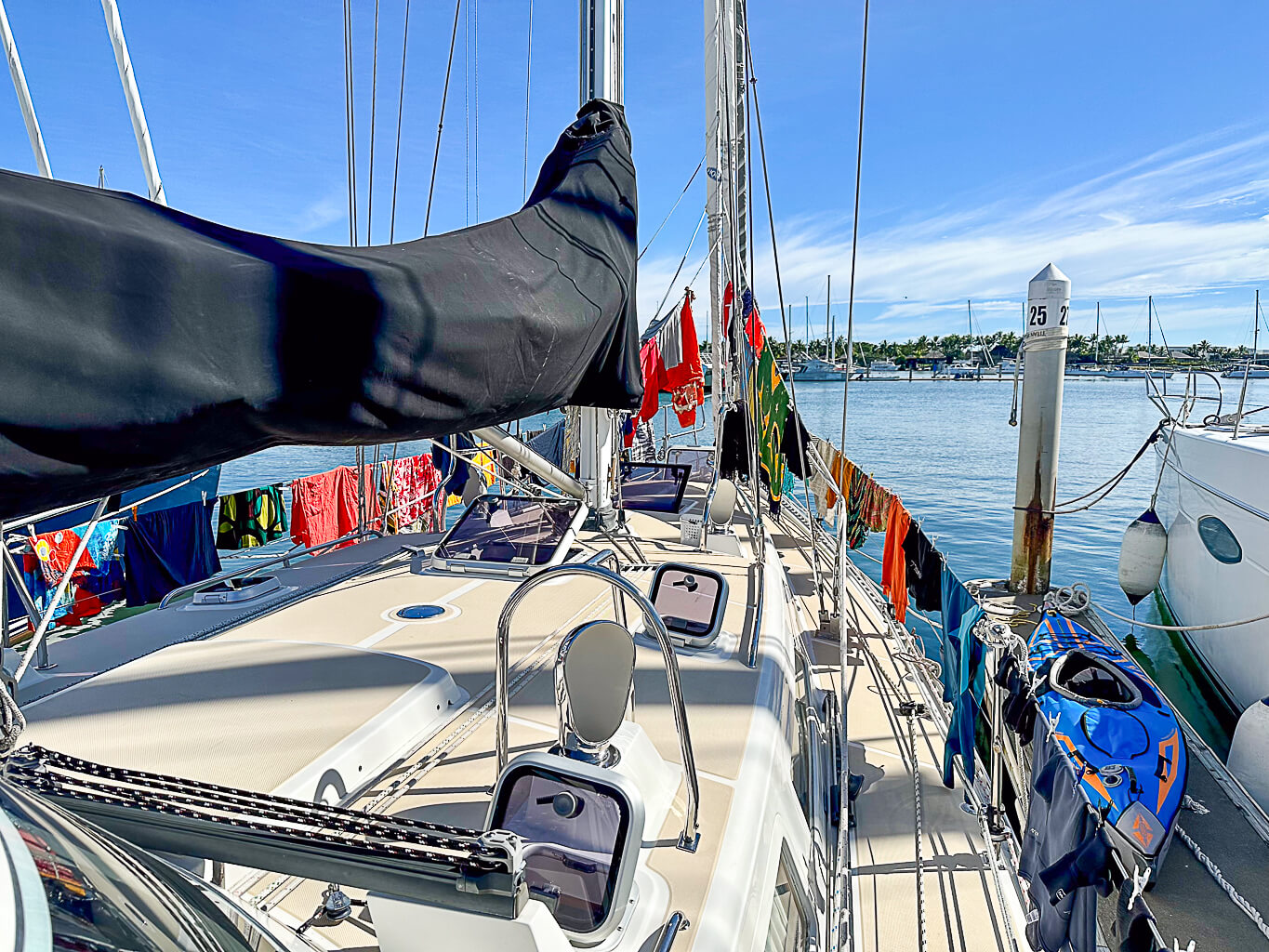
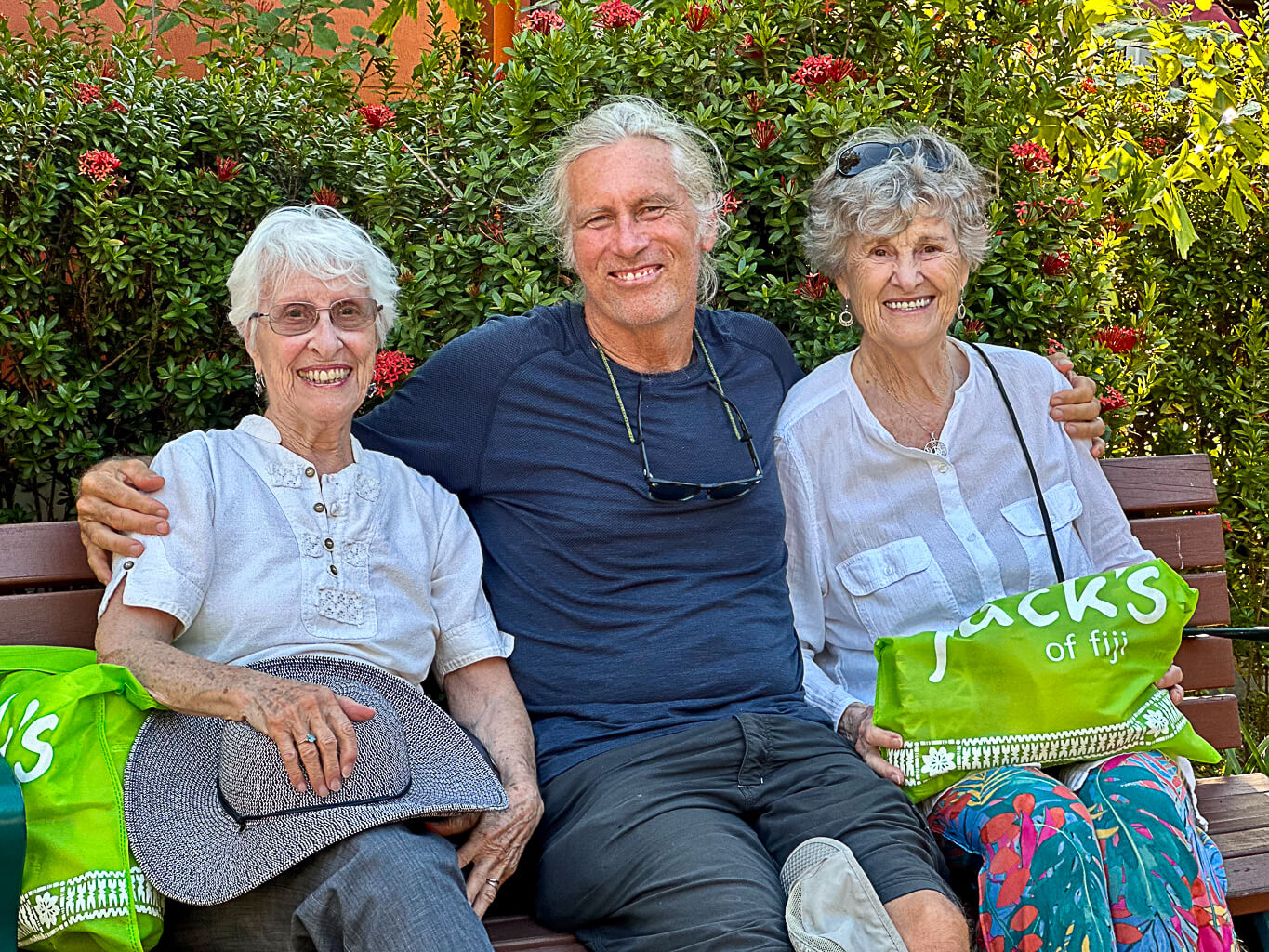
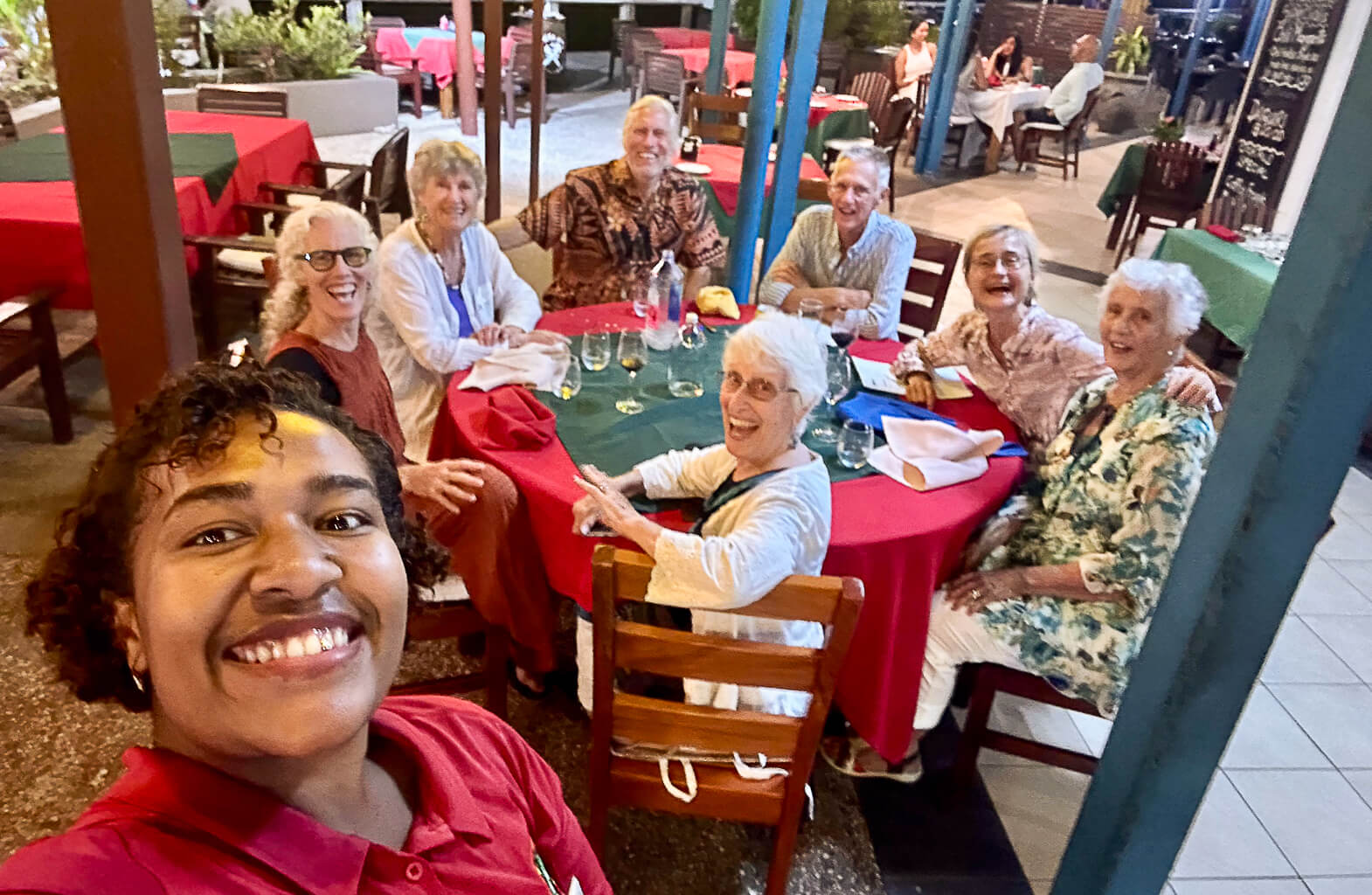
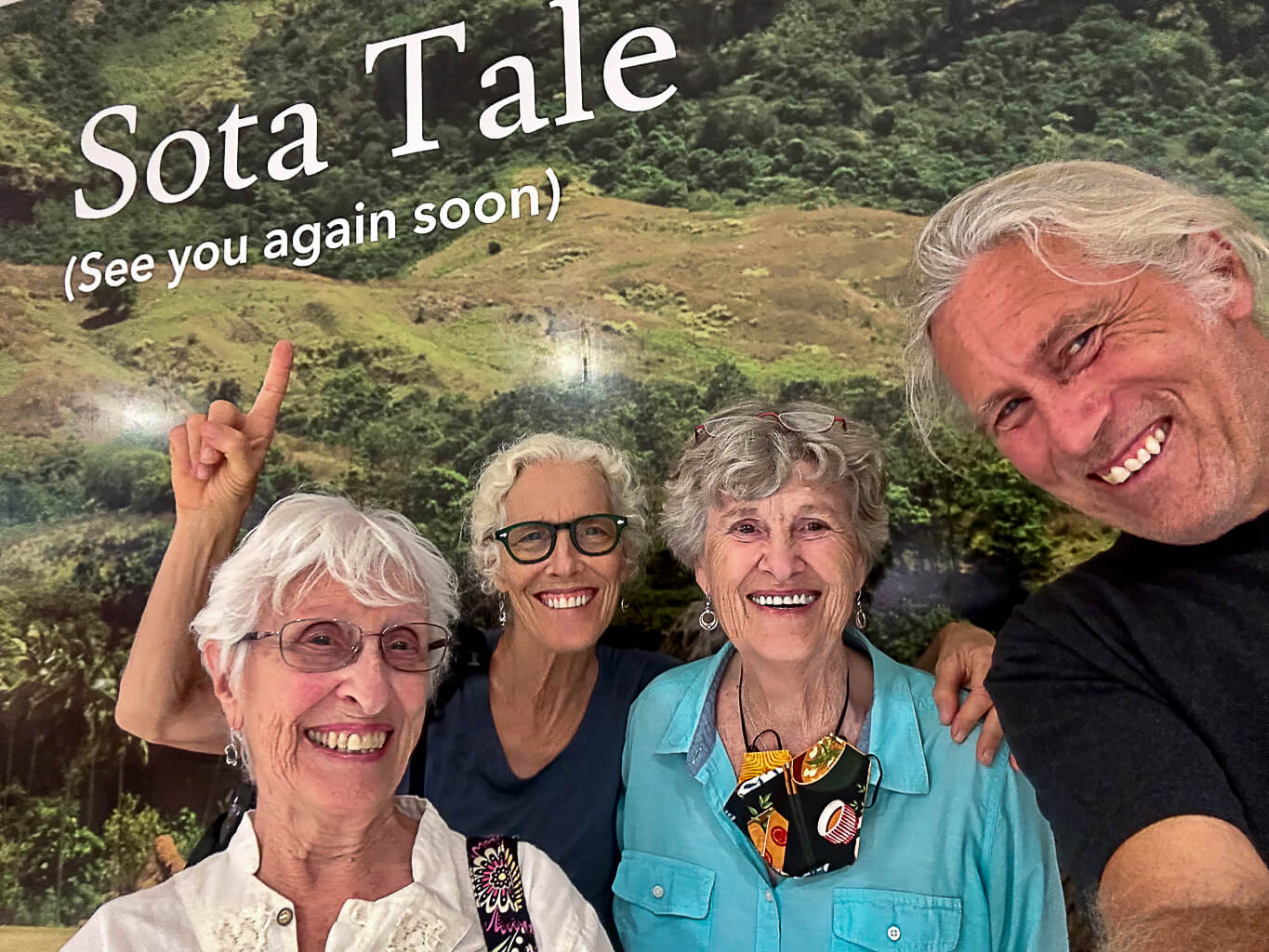
These Mama visits always leave me filled to the brim with what feels like elemental GOLD, but as we say our goodbyes, the fullness gives way quickly to a longing for more. Though the days are relatively few, they are packed with meaning: laughter, stories, music, belonging, acceptance … how would I resist this grasping? In the days following their departure, I am reminded that all the gifts of being in the graceful company of these two women are still right here with us. Vinaka vakalevu. What treasures our Mamas are! Till the next time, you two … Sota Tale! ~DS
A visit from our Kiwi (resident) kin:
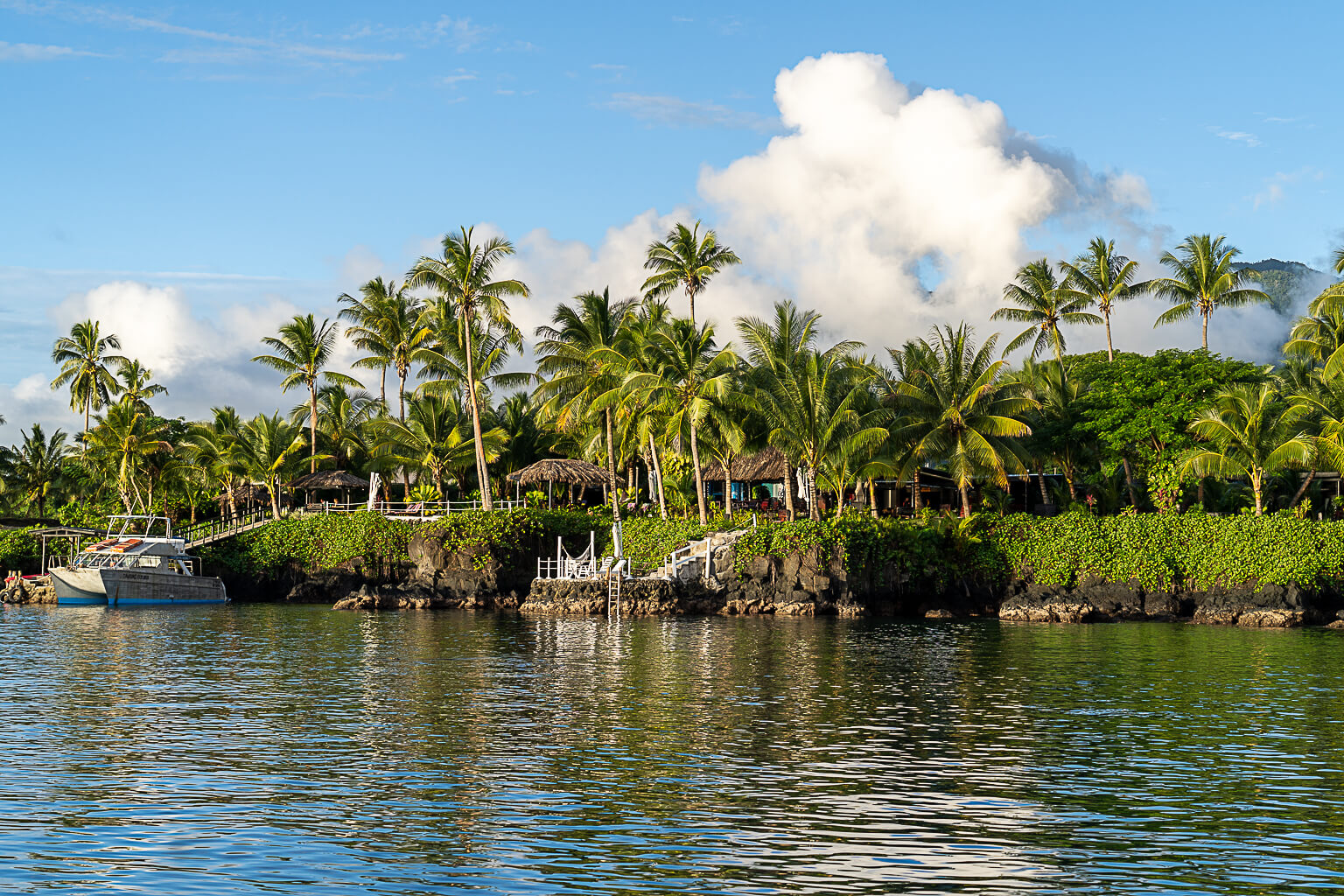
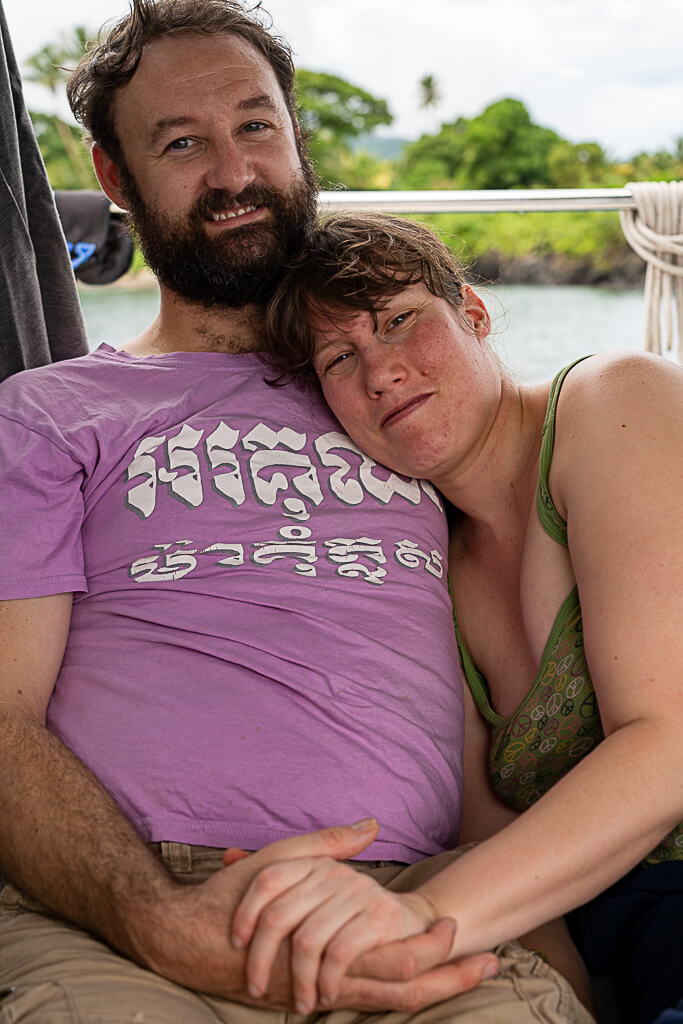
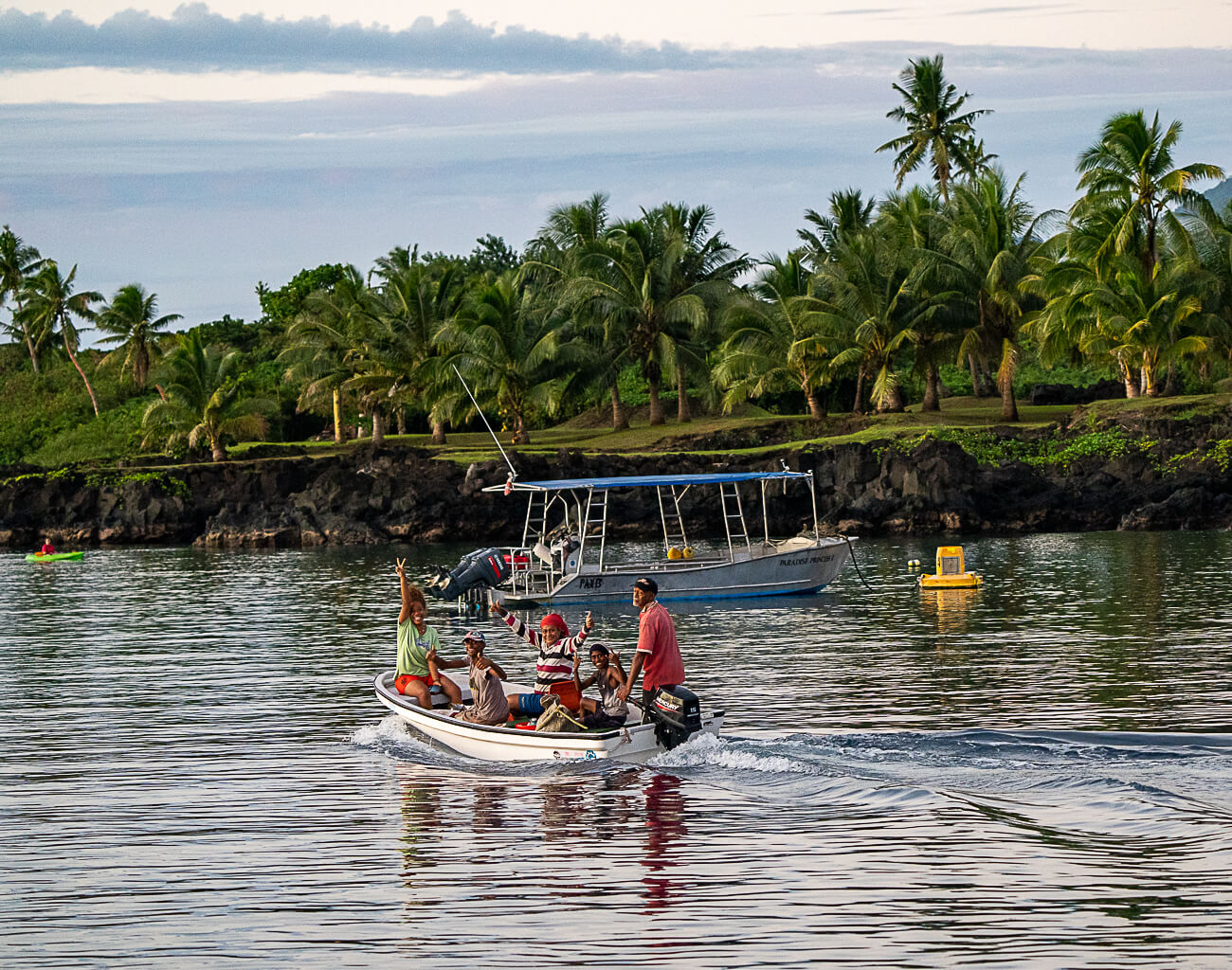
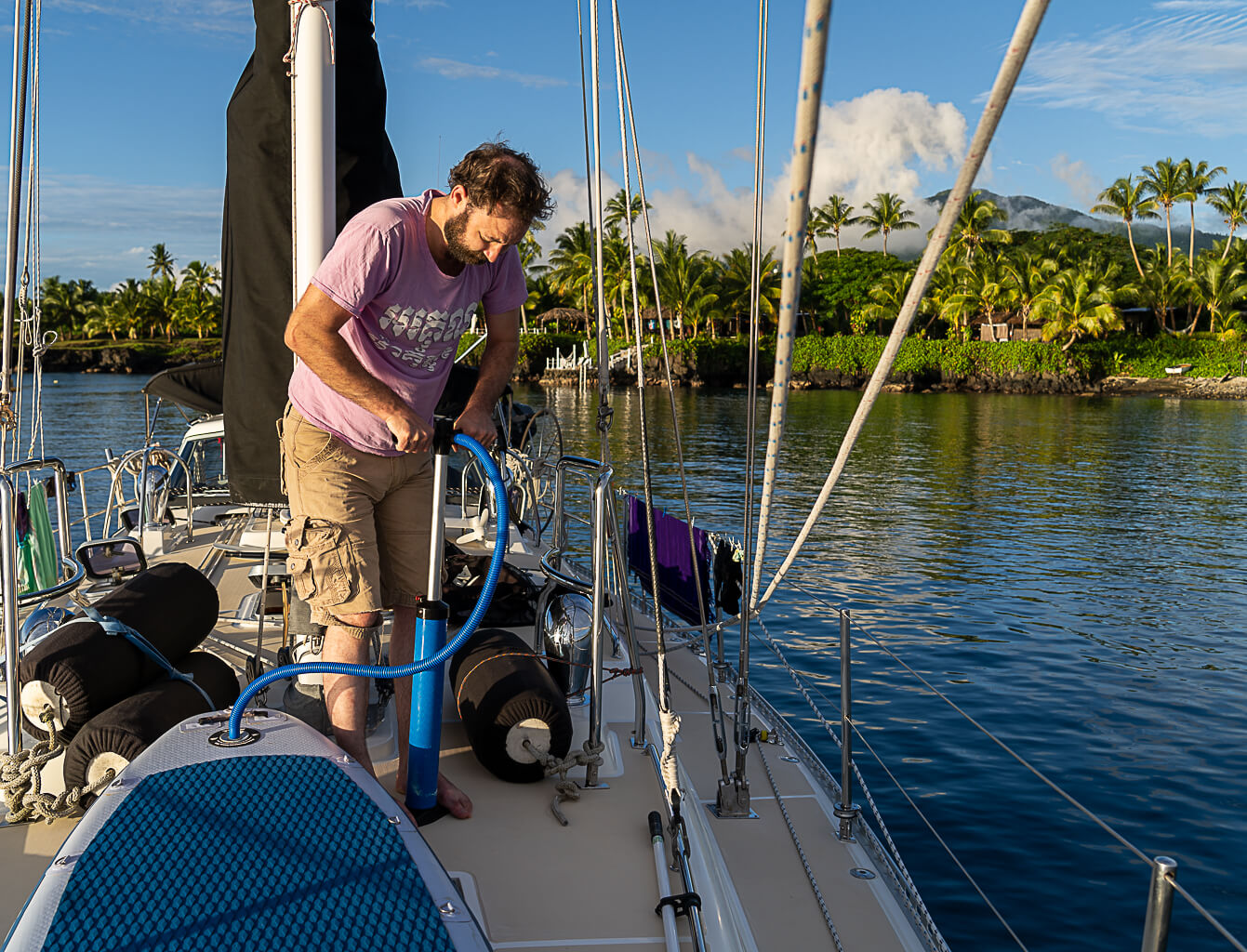
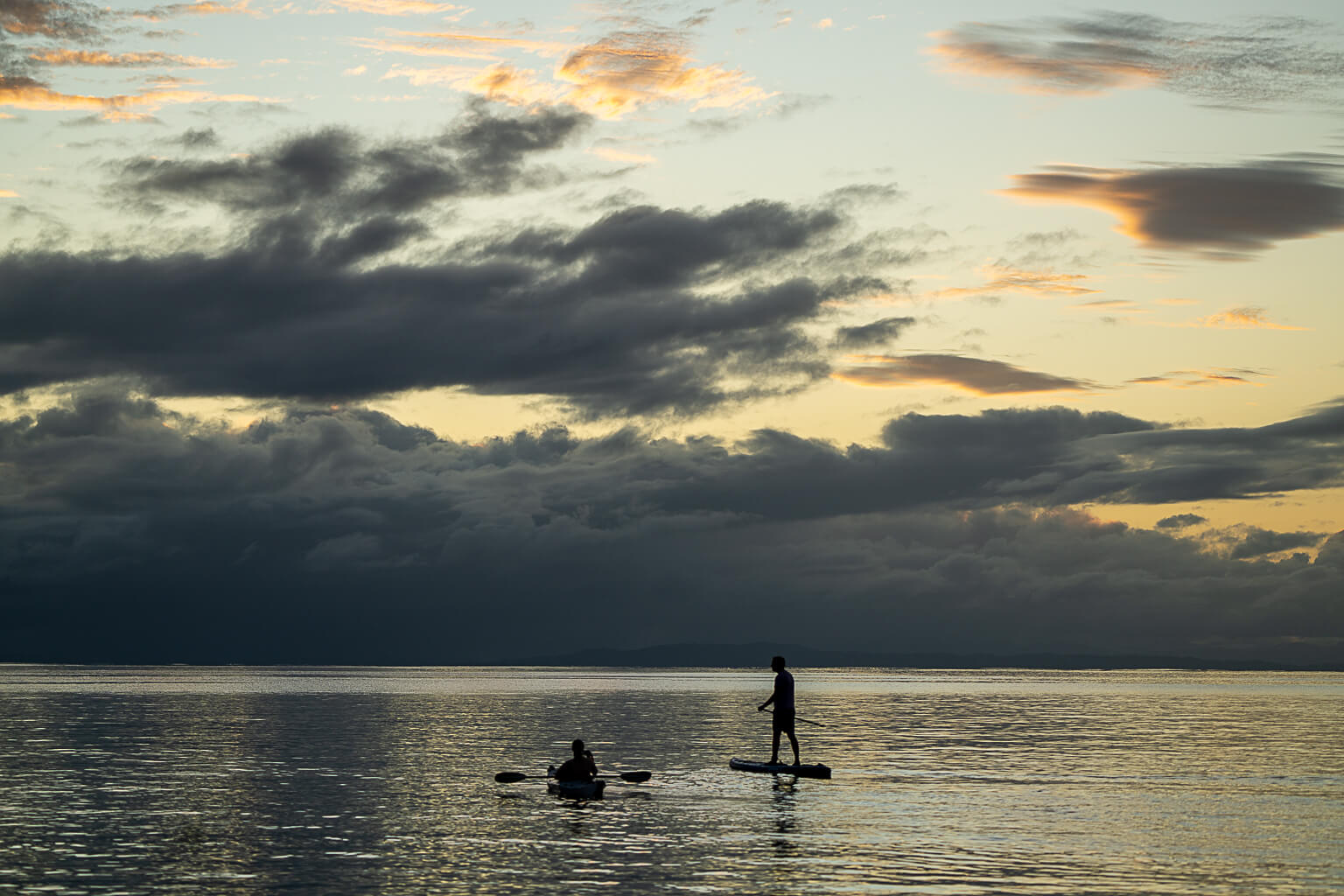
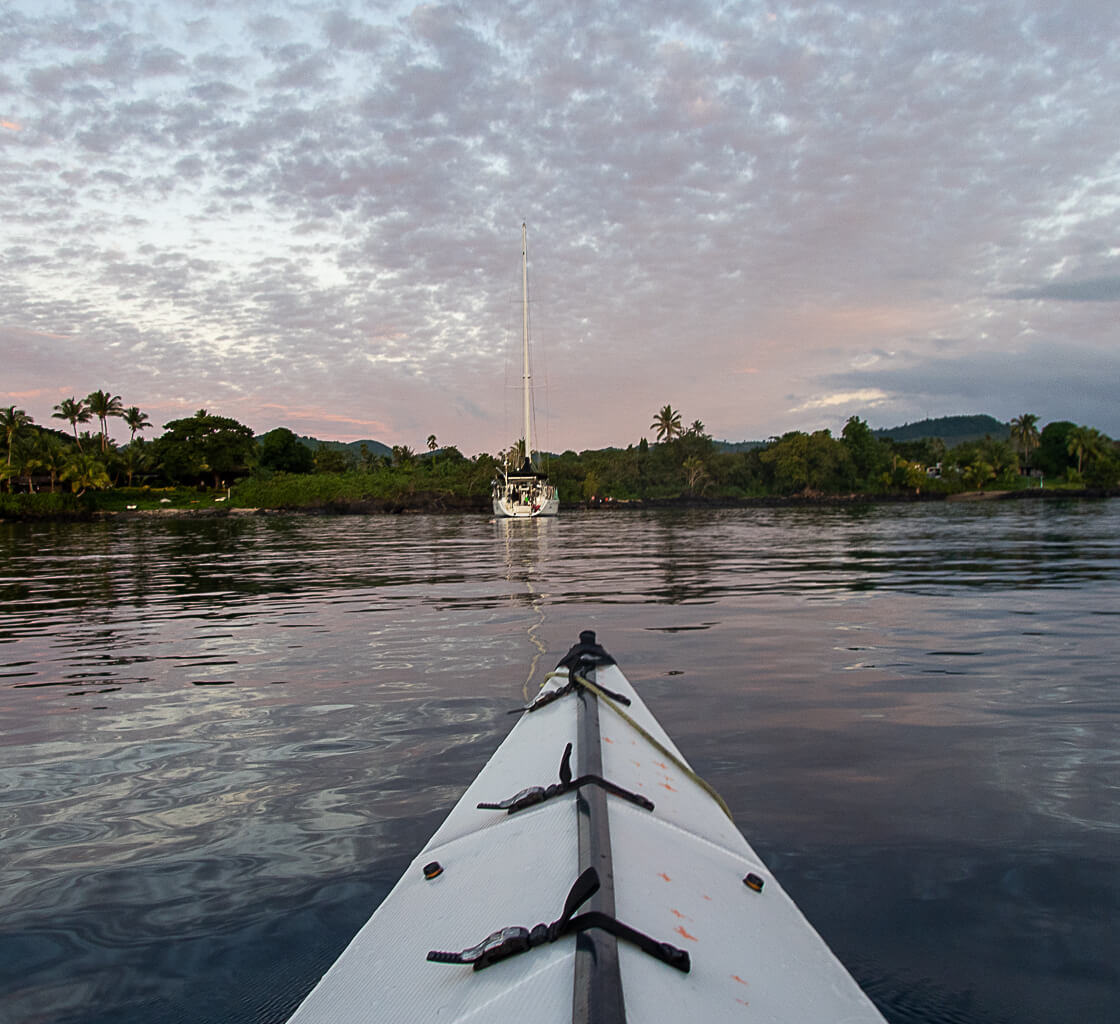
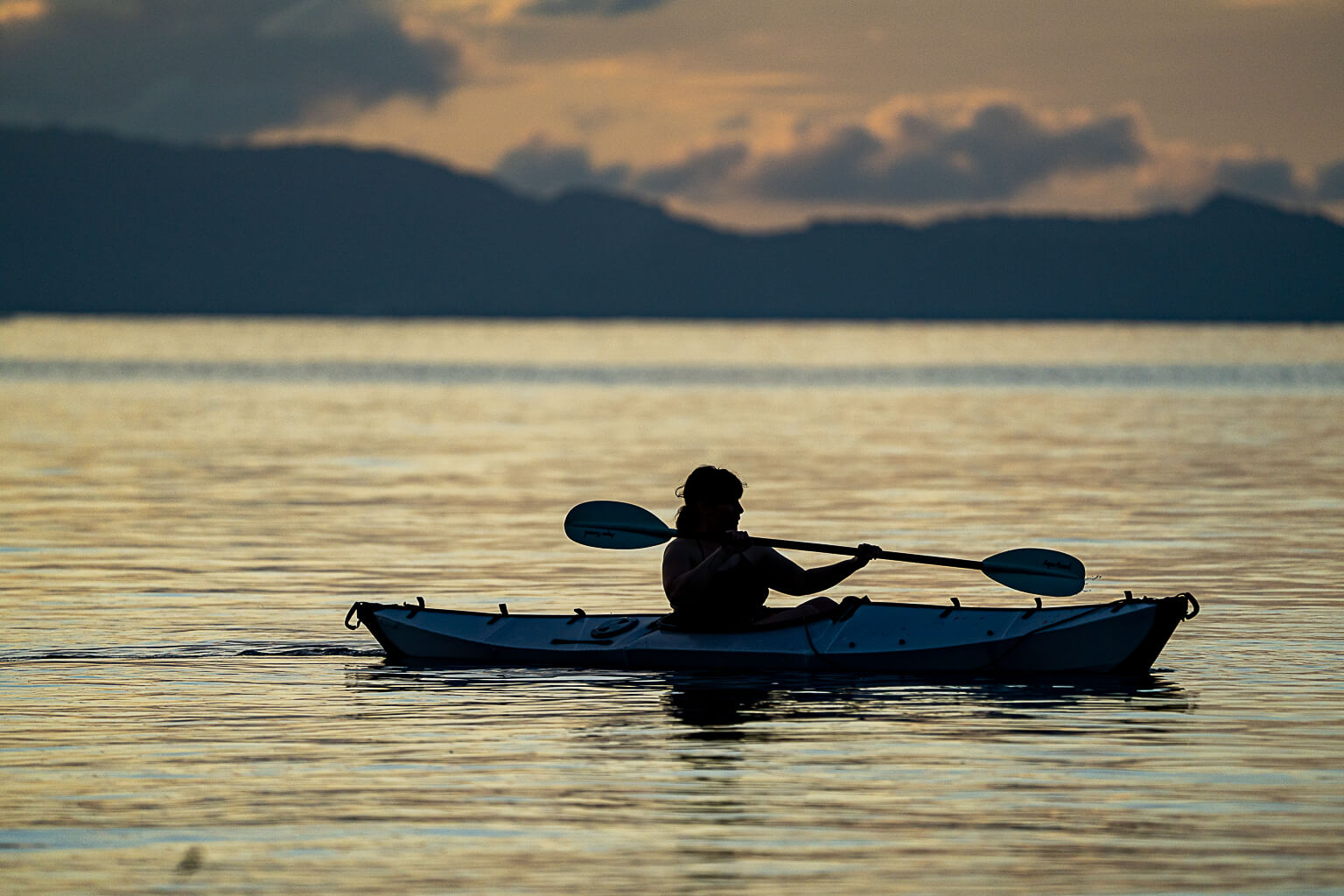
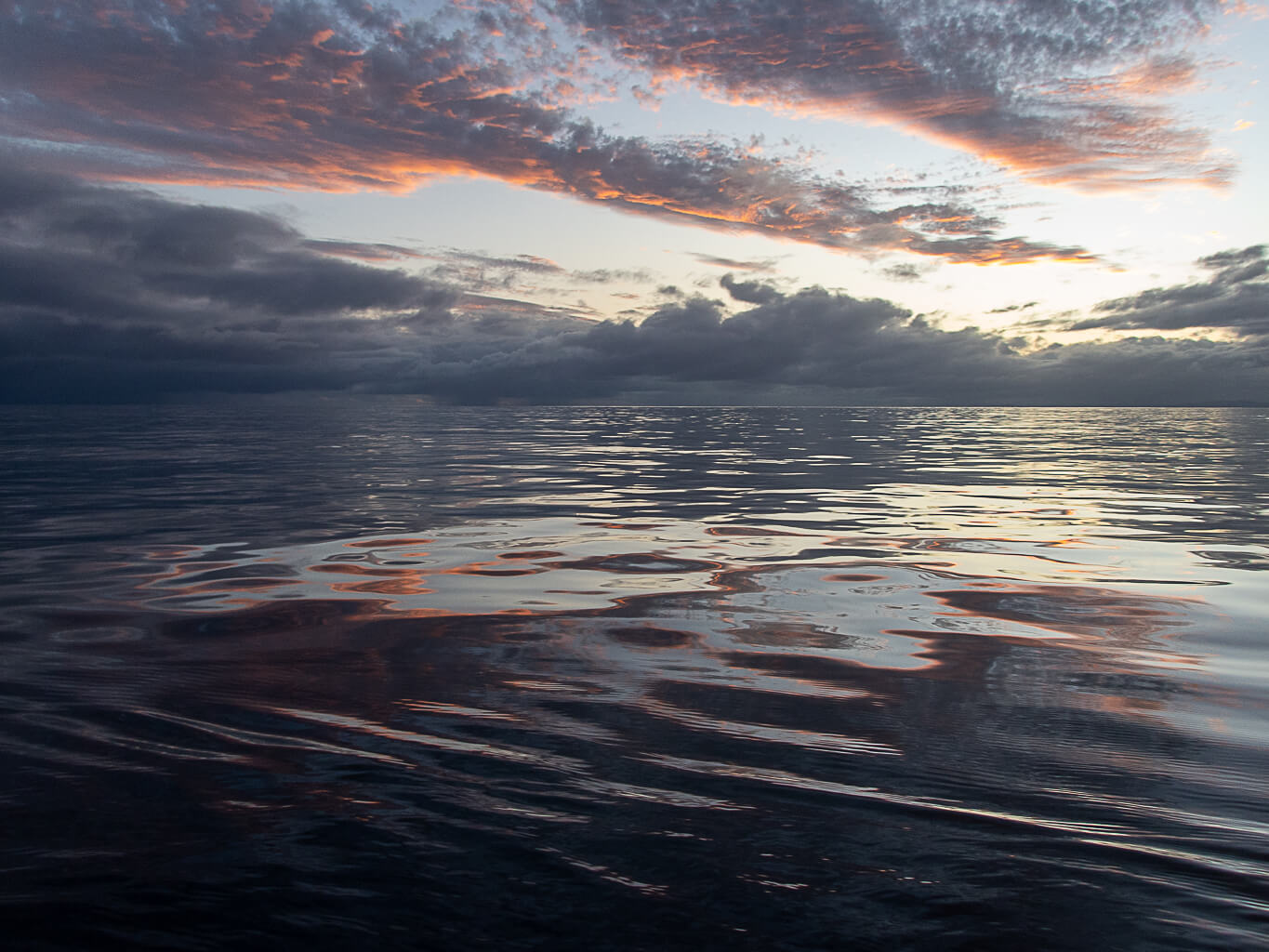
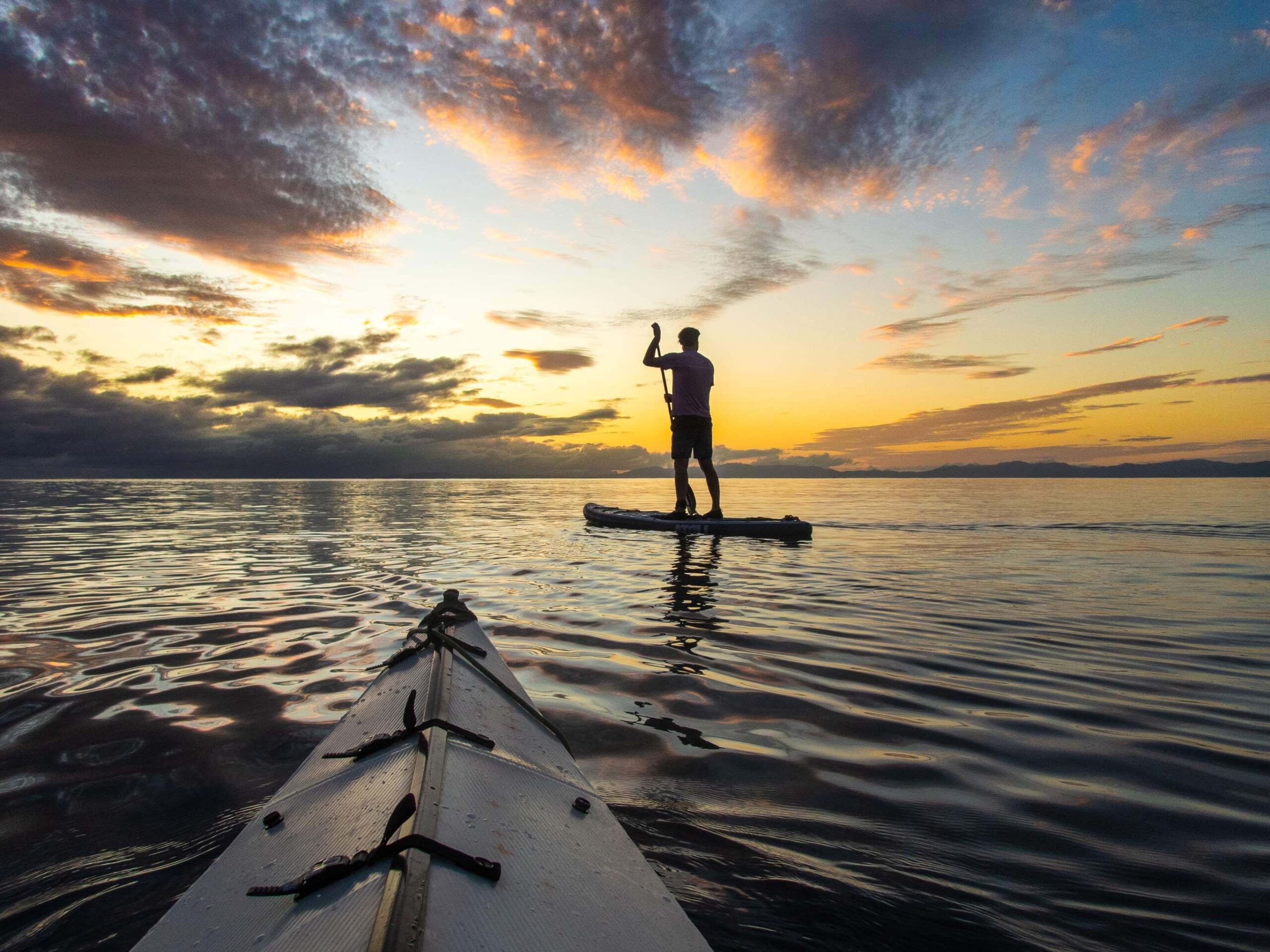
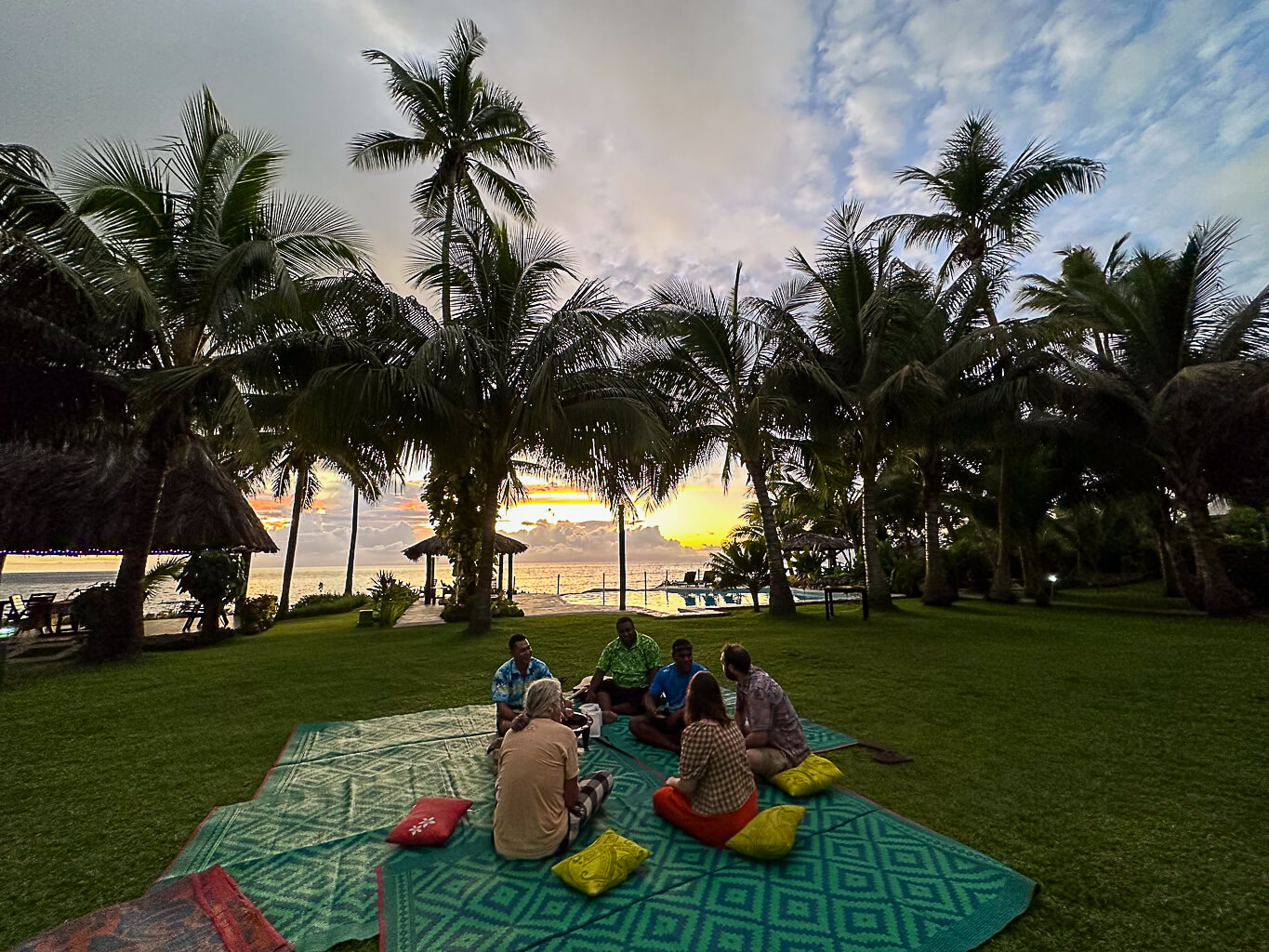
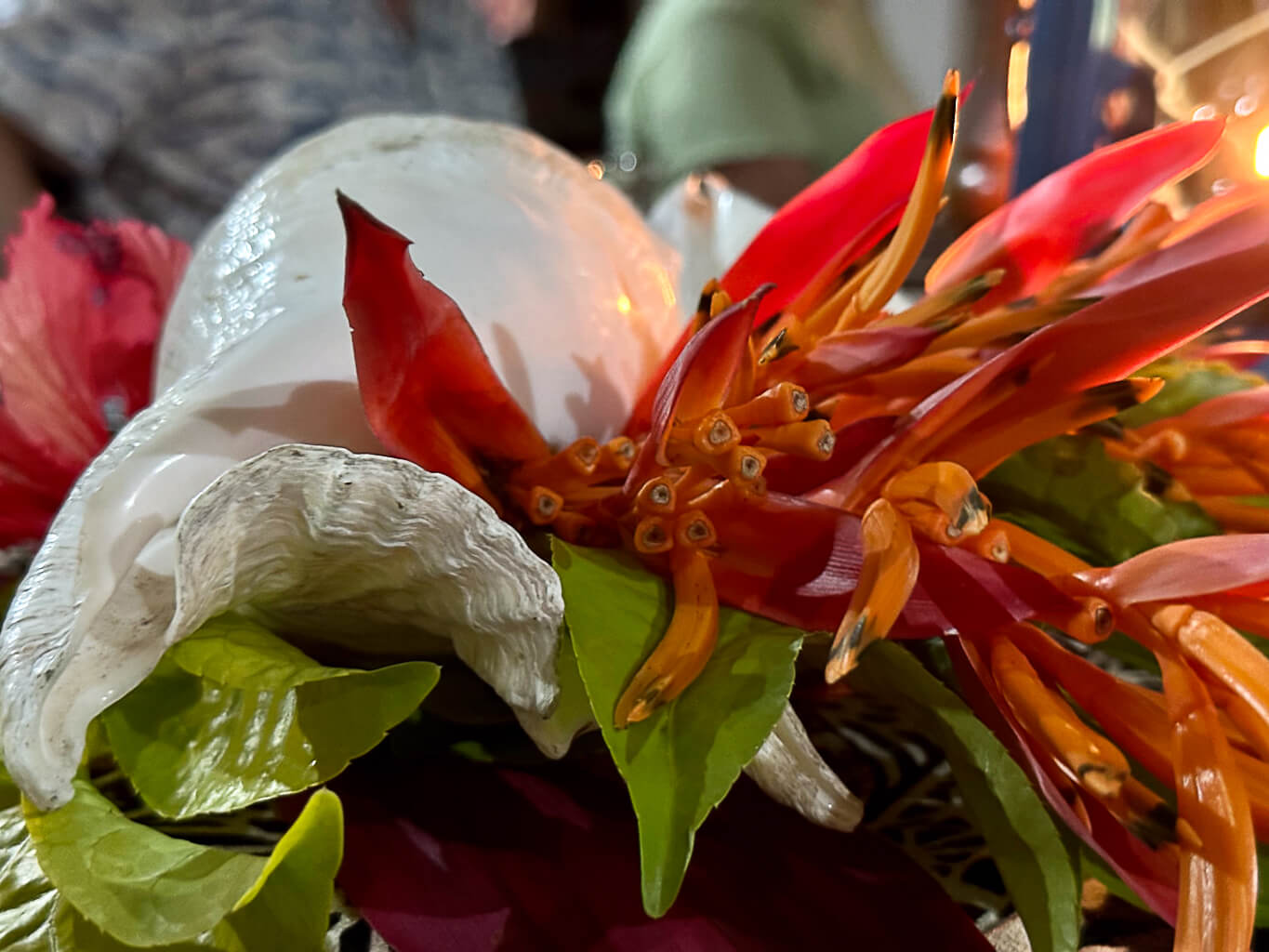
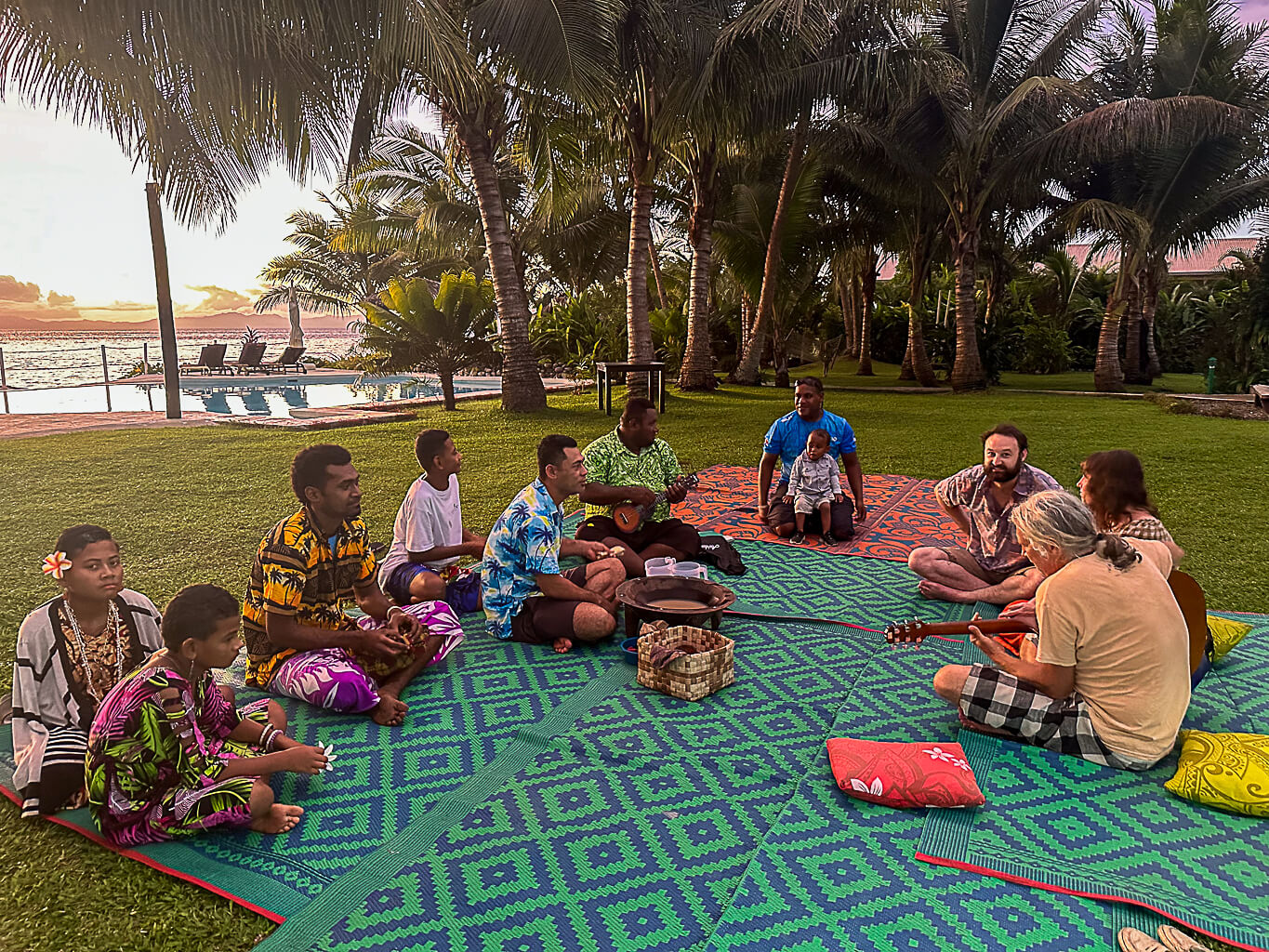
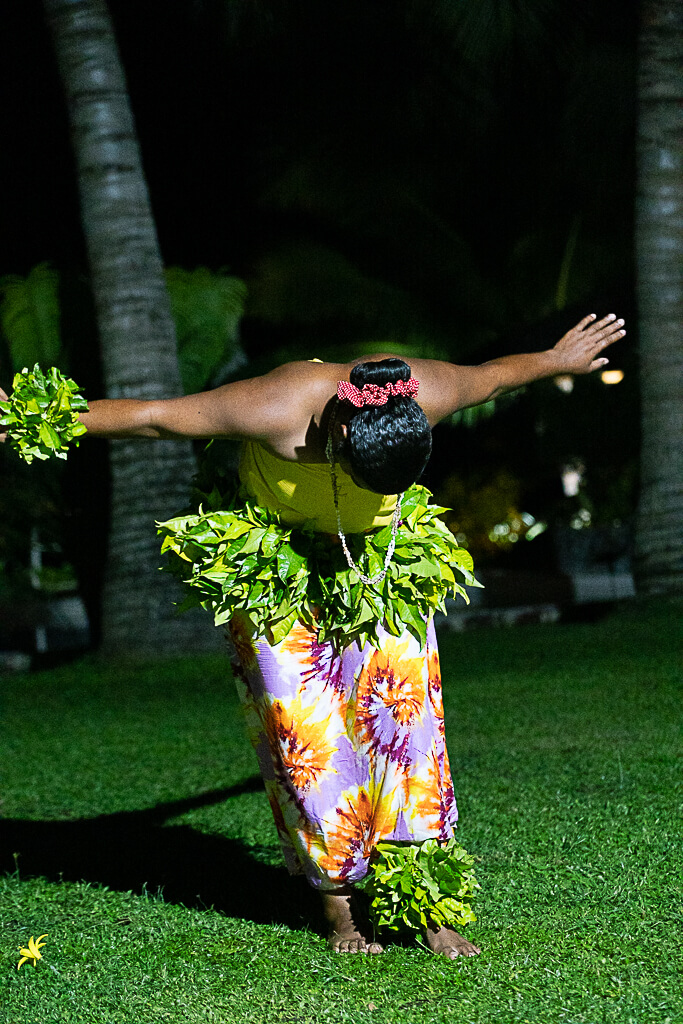
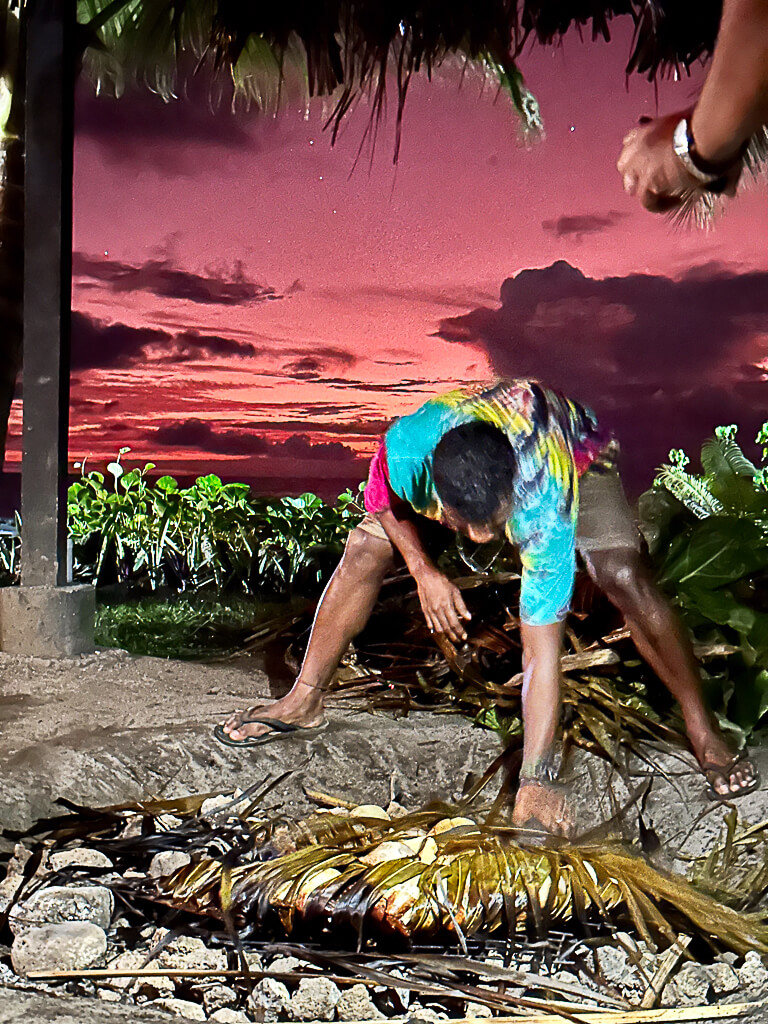
In the bar at Paradise resort, there’s an historically dubious caption pasted on a black and white picture of a dreadlocked Fijian, claiming to be of Udre Udre, famous for eating 872 or 999 people, which raises the question of who’s keeping those records? Seems a bit incredible until google informs you that the average American will consume 7,000 animals in a lifetime (vegetarianism anyone?). ~MS
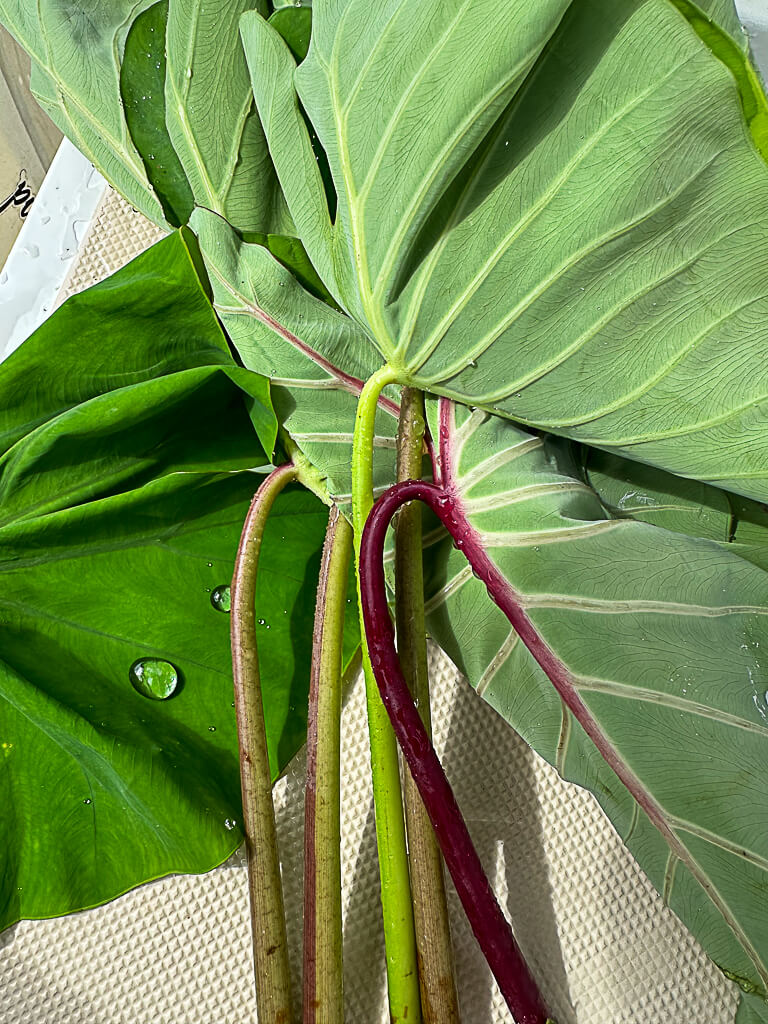
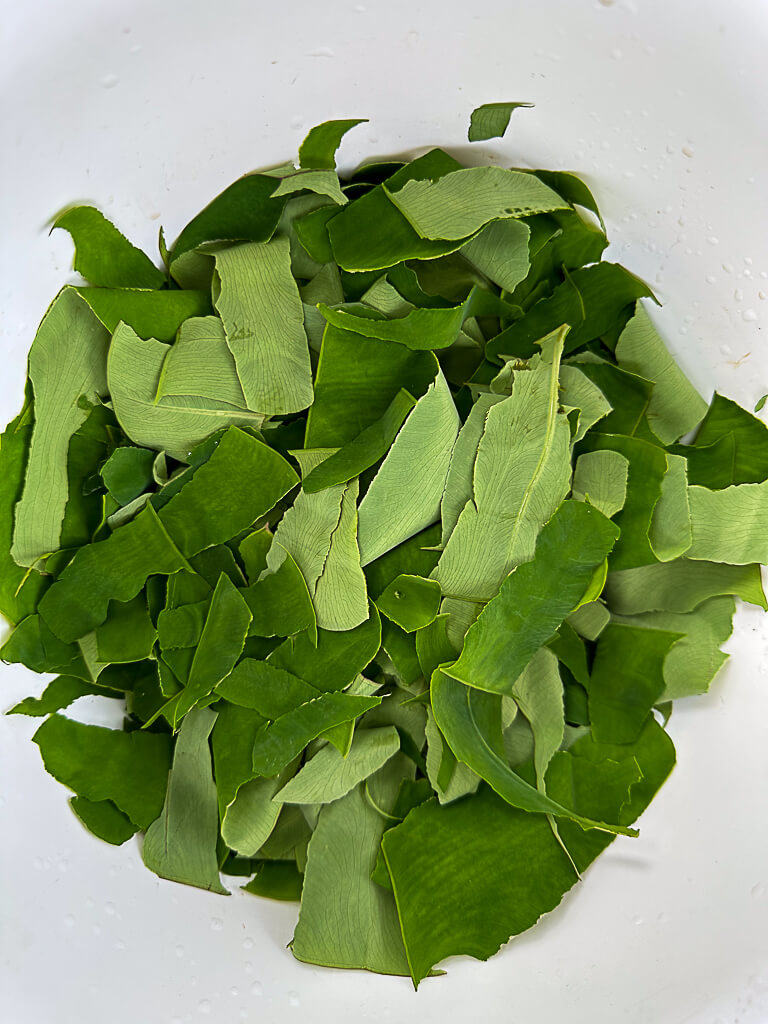
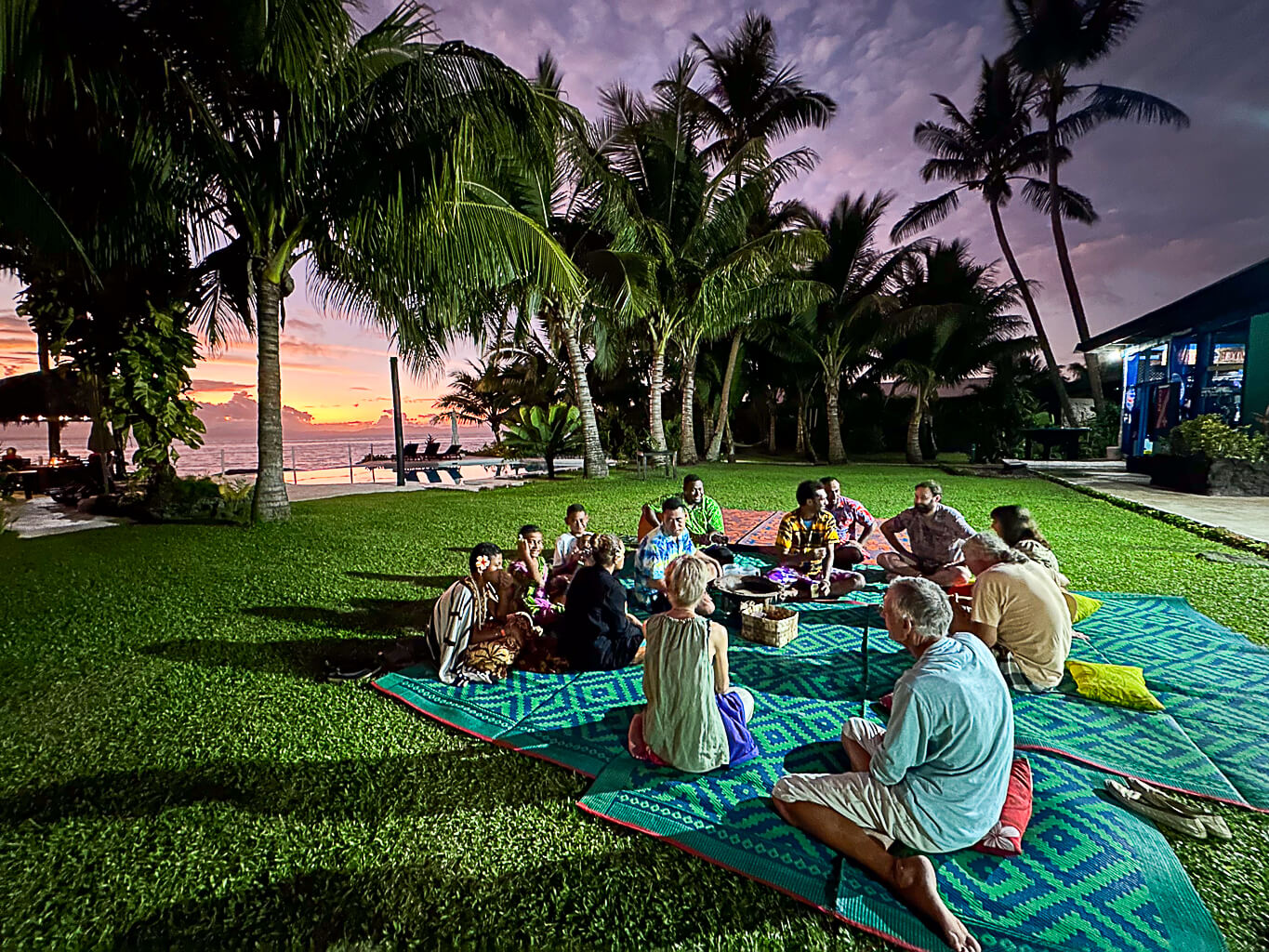
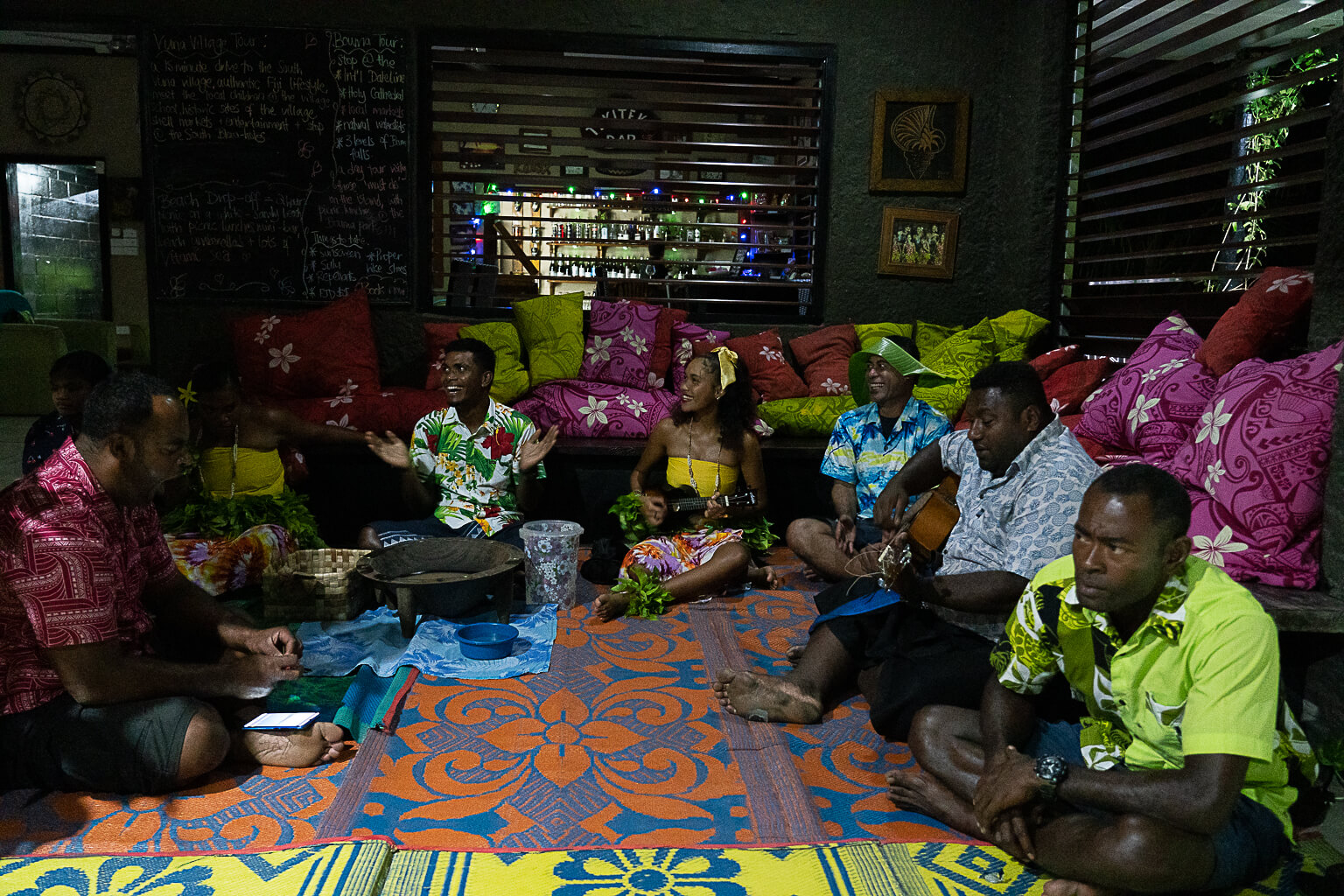
from a joy perspective than any other village ceremony.
“Fiji night” kava and a guitar missing the D string. Traditional dances offered by the employees (which they must learn as kids) casual enough to feel authentic. We share the end of the table with doctors and nurses from San Diego who come to the island each year to volunteer their services for local women, long days providing surgeries that otherwise require a long trip to the mainland. Paradise is their reward at the end of a non-stop week. ~MS
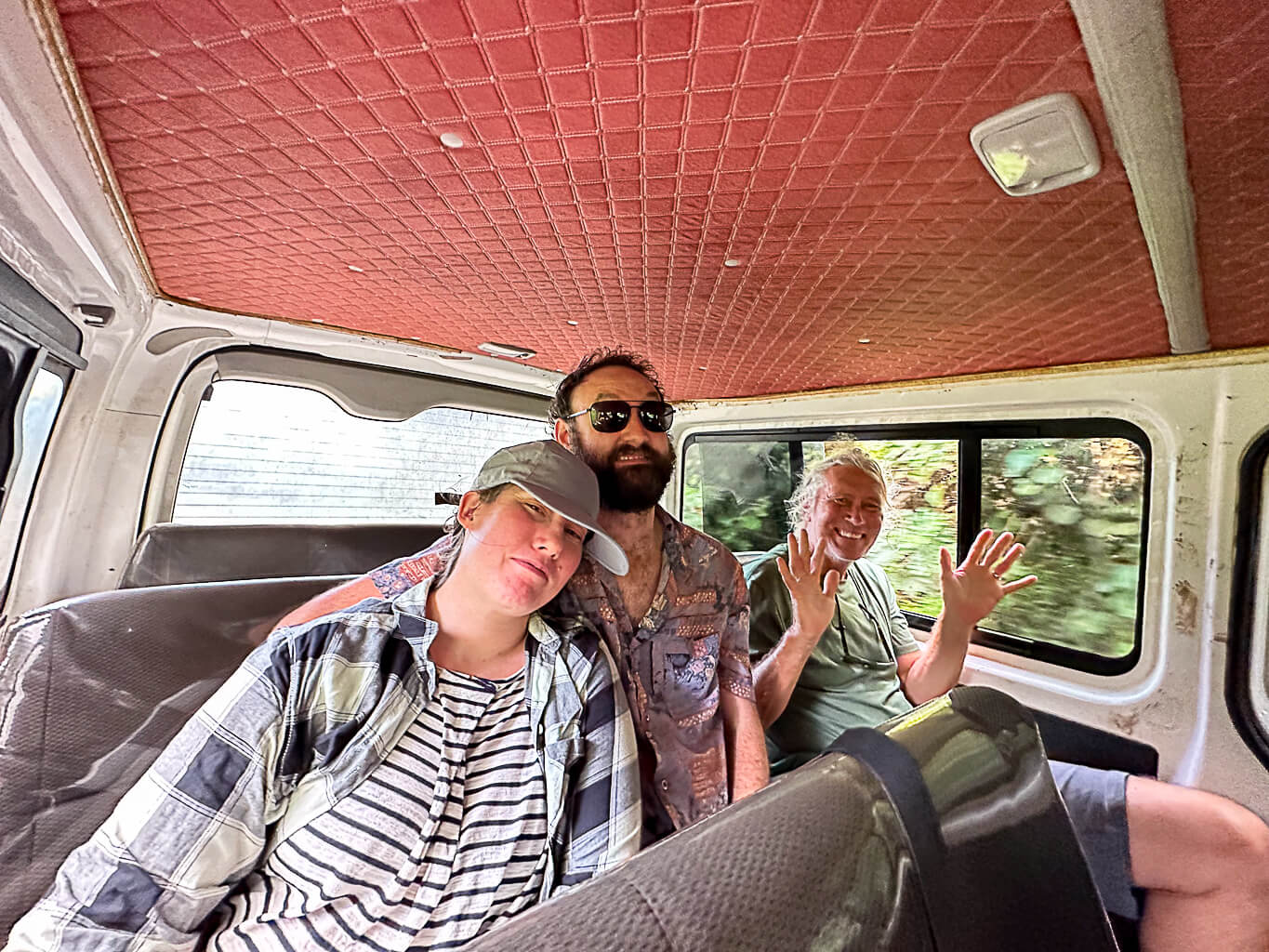
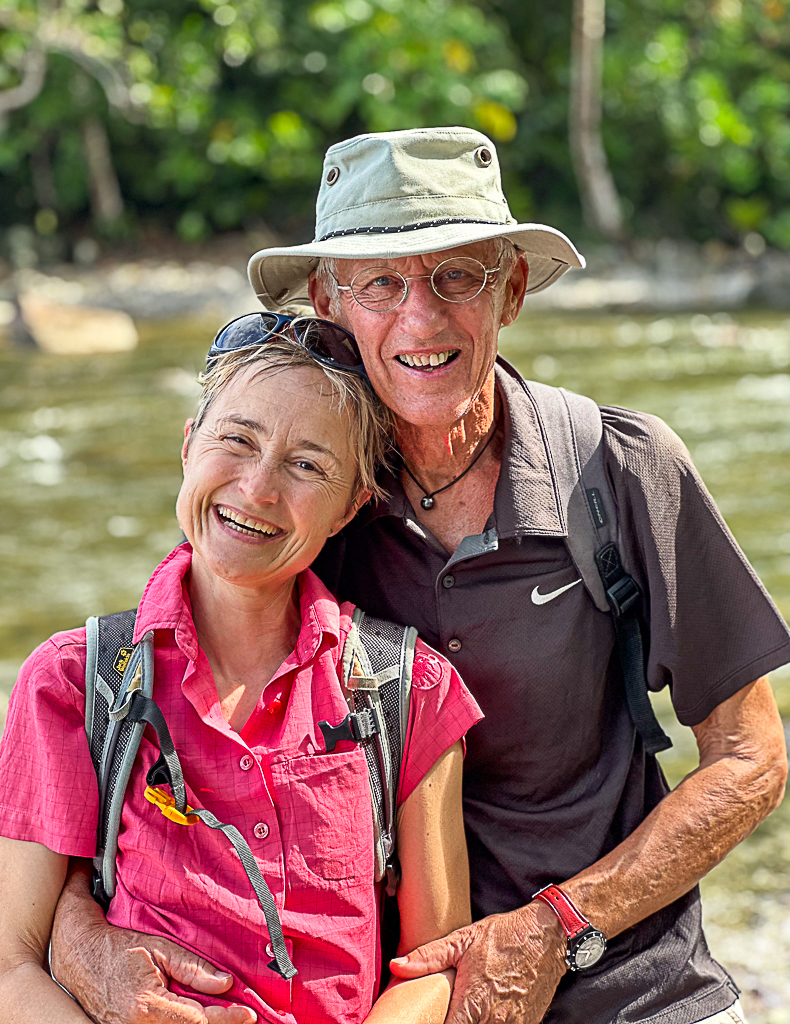
Liam remarked on the mighty trees that line the long ride down the island of Taveuni, arched over the battered road, lush and green. Glimpses of the blue tropical water in the Somosomo Strait between Vanua Levu and Fiji’s rainiest island. Here’s where the 180th meridian plays funny games with our navigation programs, and astronomically speaking the date should properly change. The dive resort at the end of Taveuni, calls itself Paradise. “Welcome to Paradise” probably gets old for the staff. Or maybe not. Green vines with blue flowers tumble down black volcanic rocks and red dirt off shore. After school, kids leap into the gentle blue surge in the glowing warm sunset. Tucked under the dock a frog fish holds perfectly still, out by the yellow can bouy, blue ribbon eels poke their heads out of the sand, waving back an forth with as must bluster as they can muster. ~MS
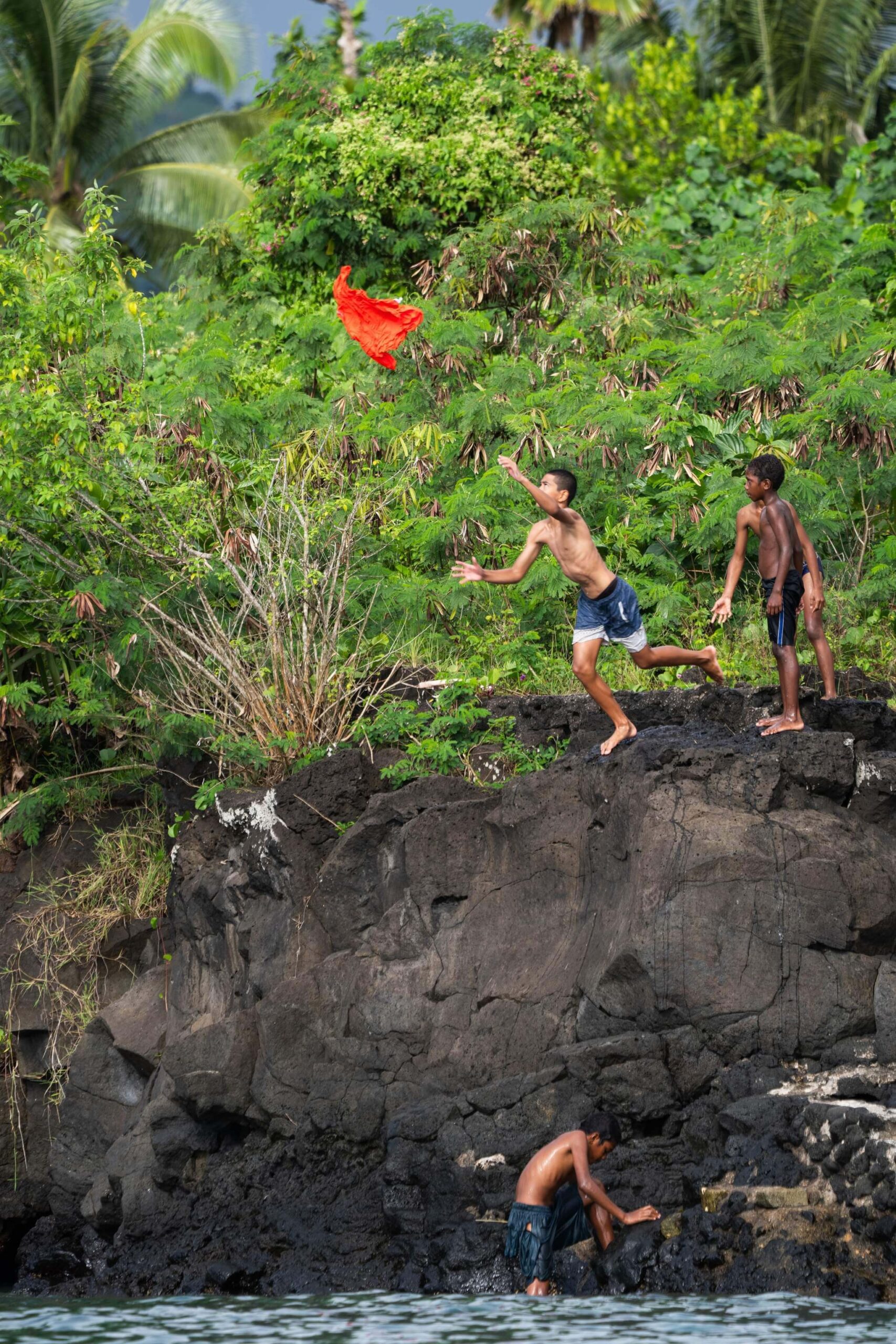
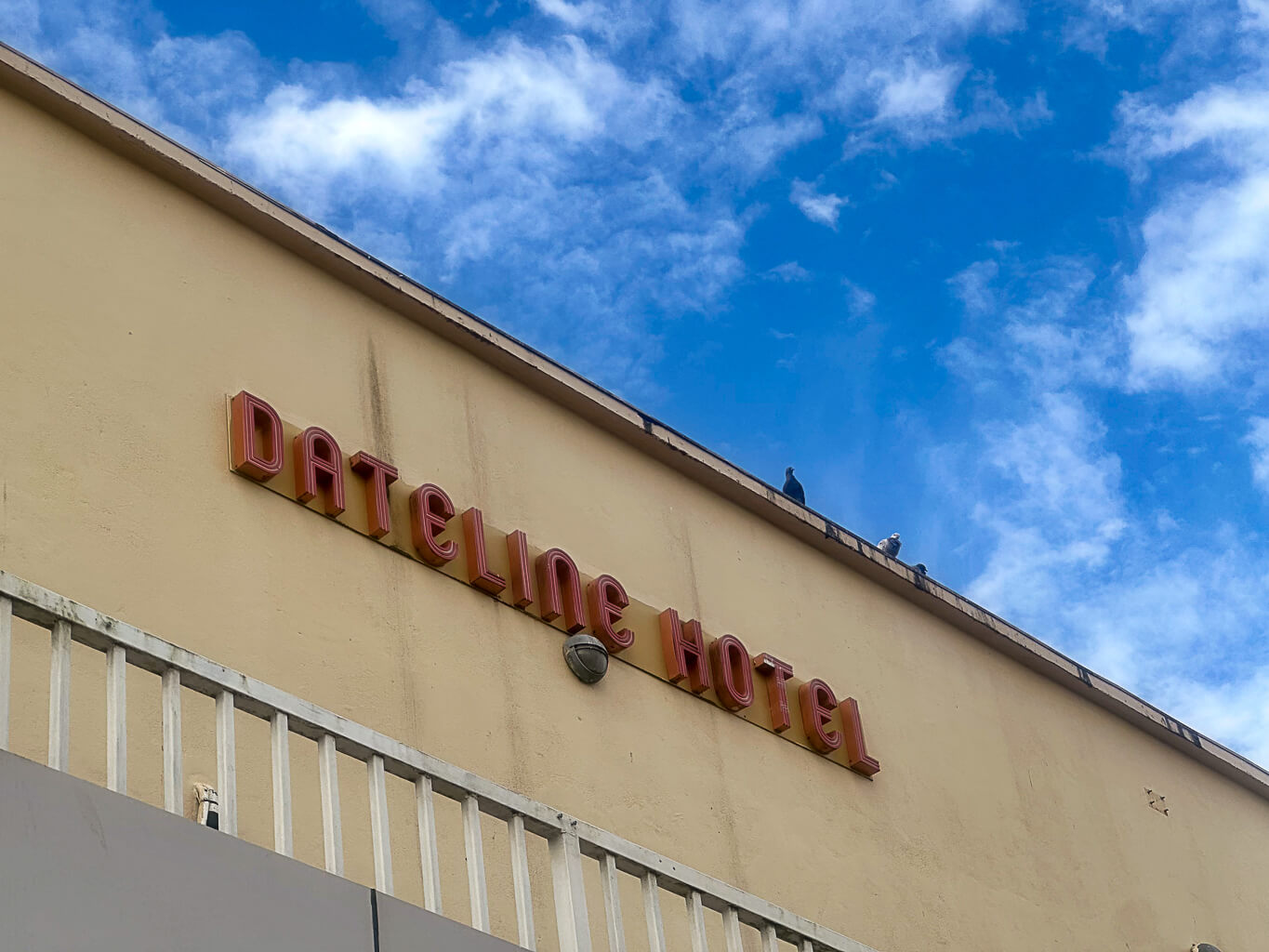
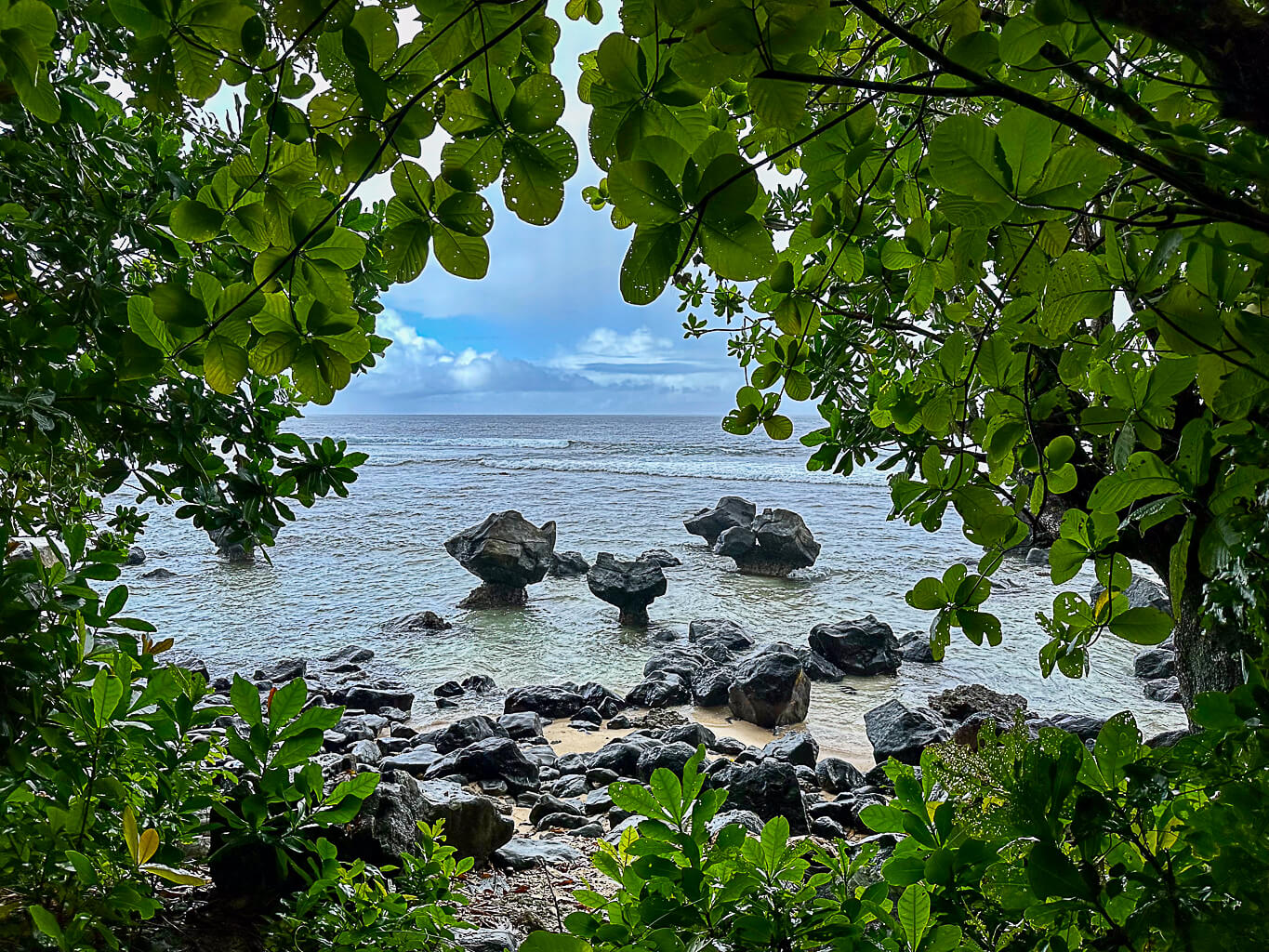
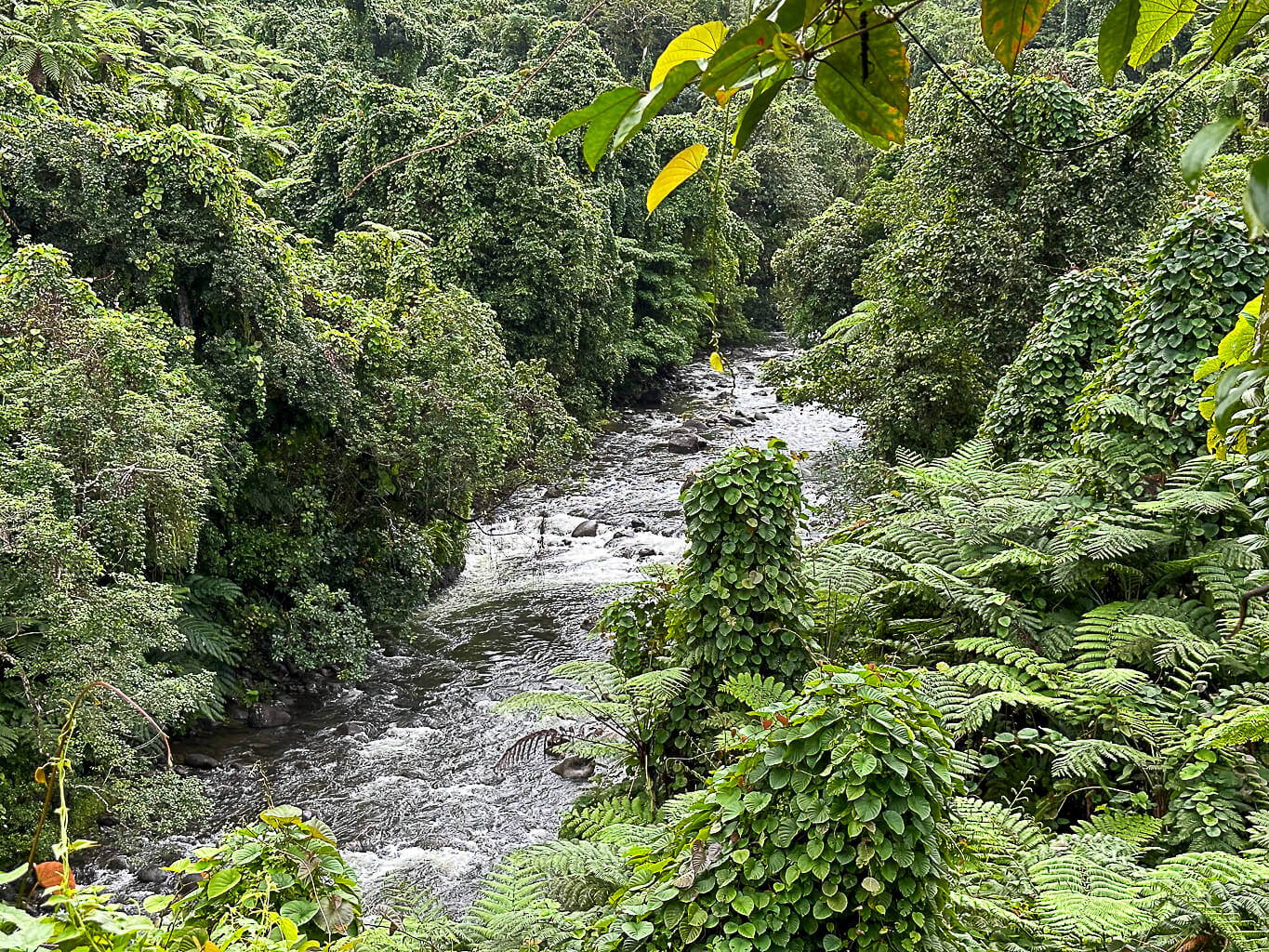

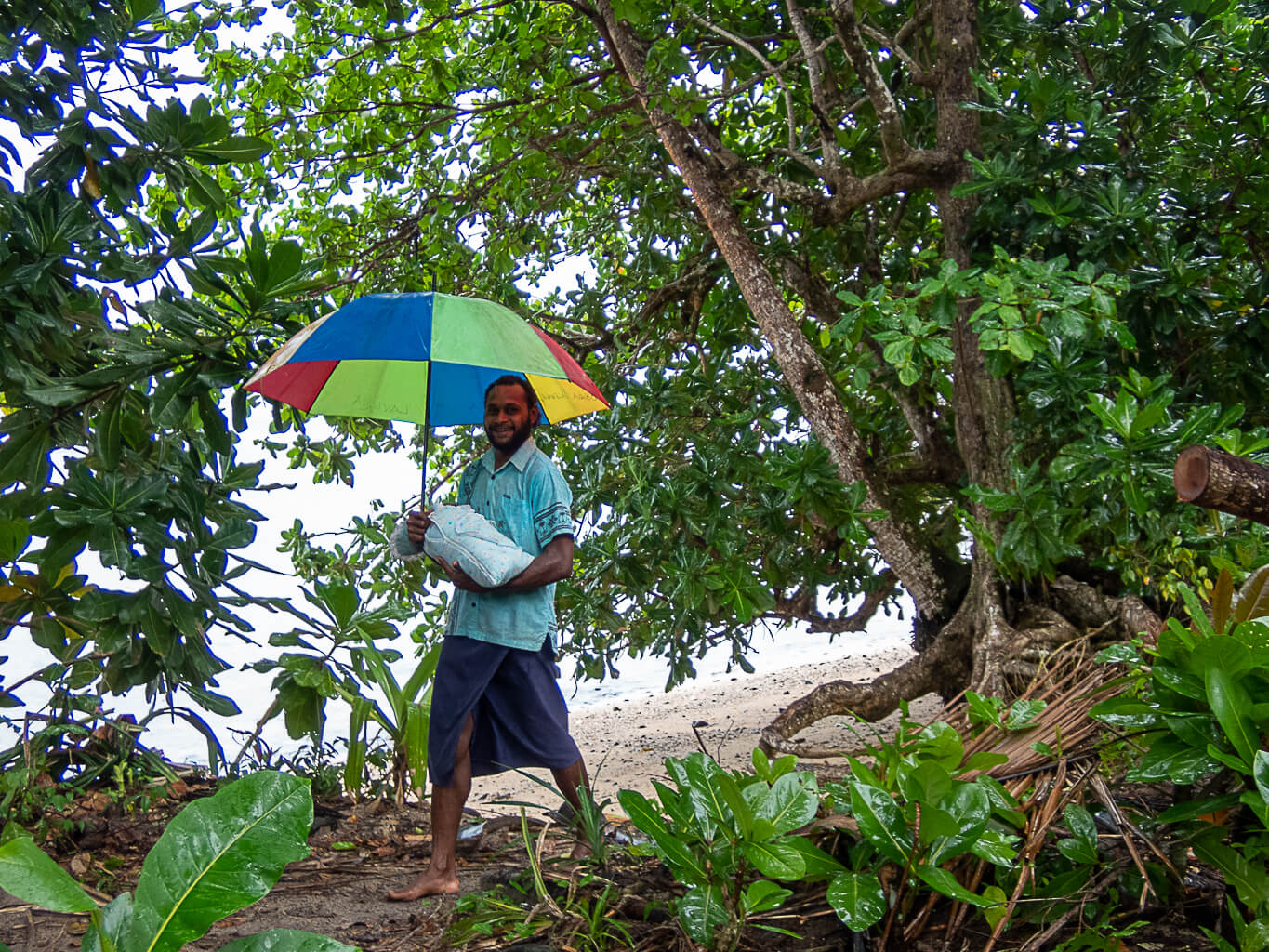
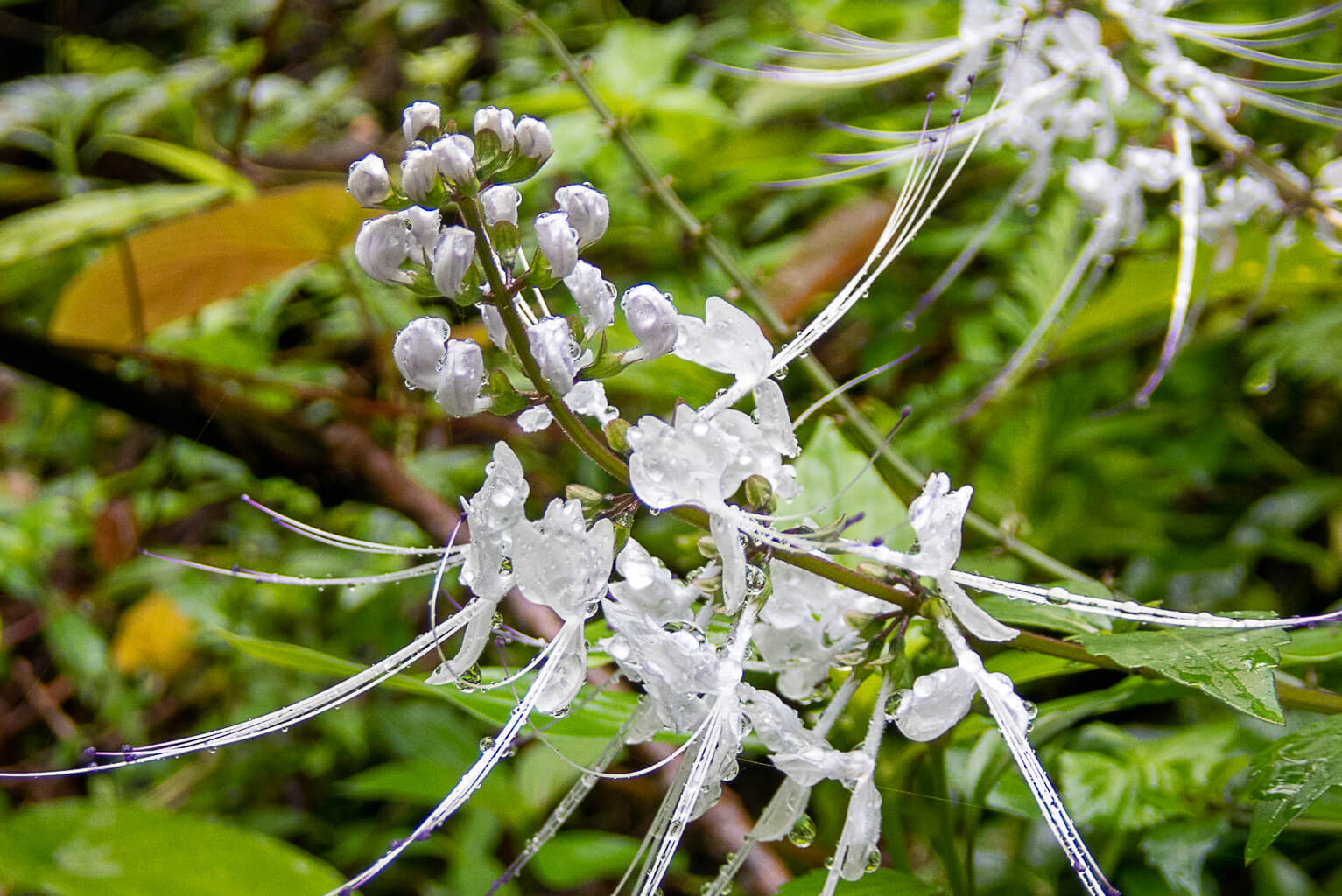
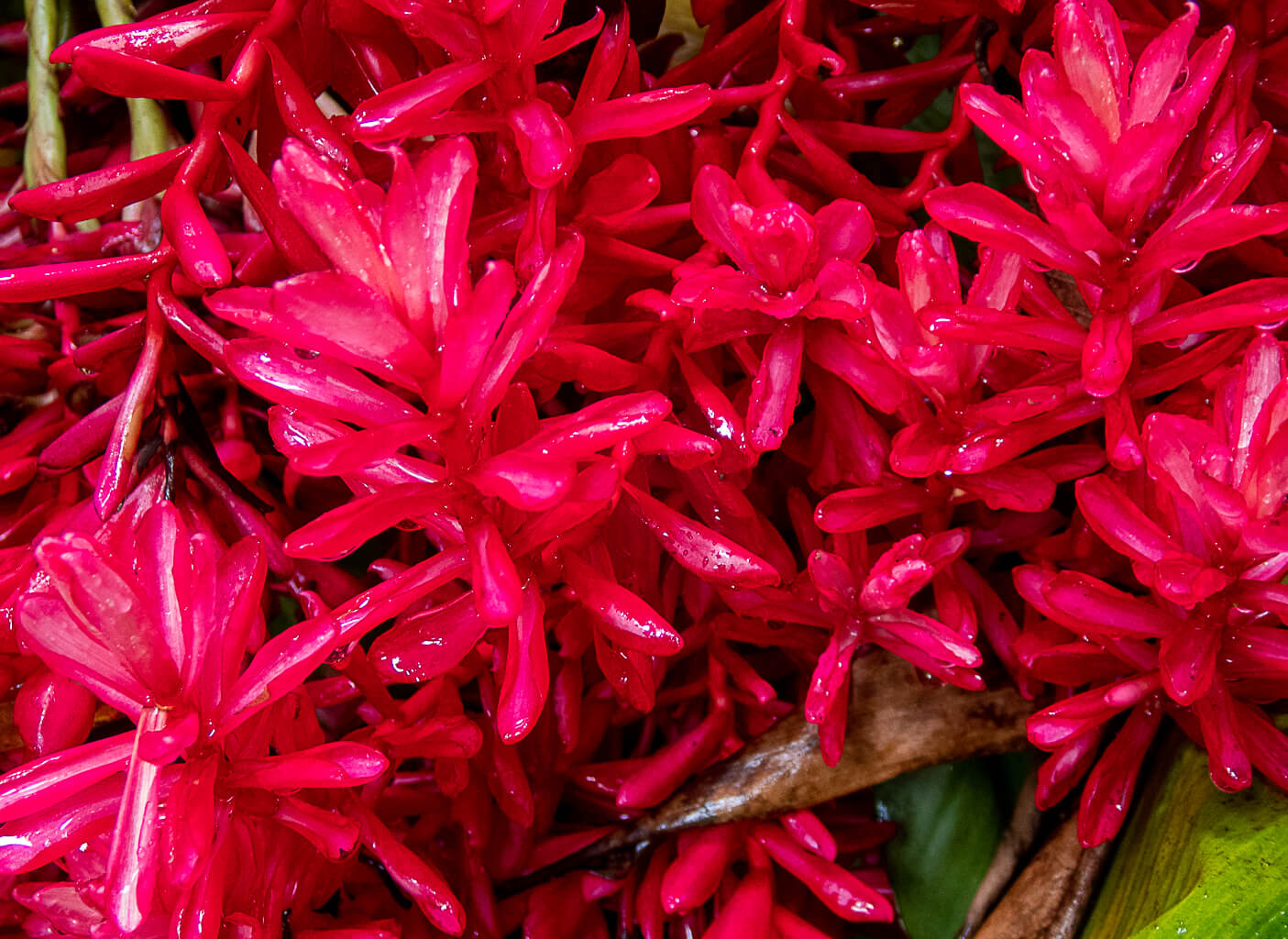
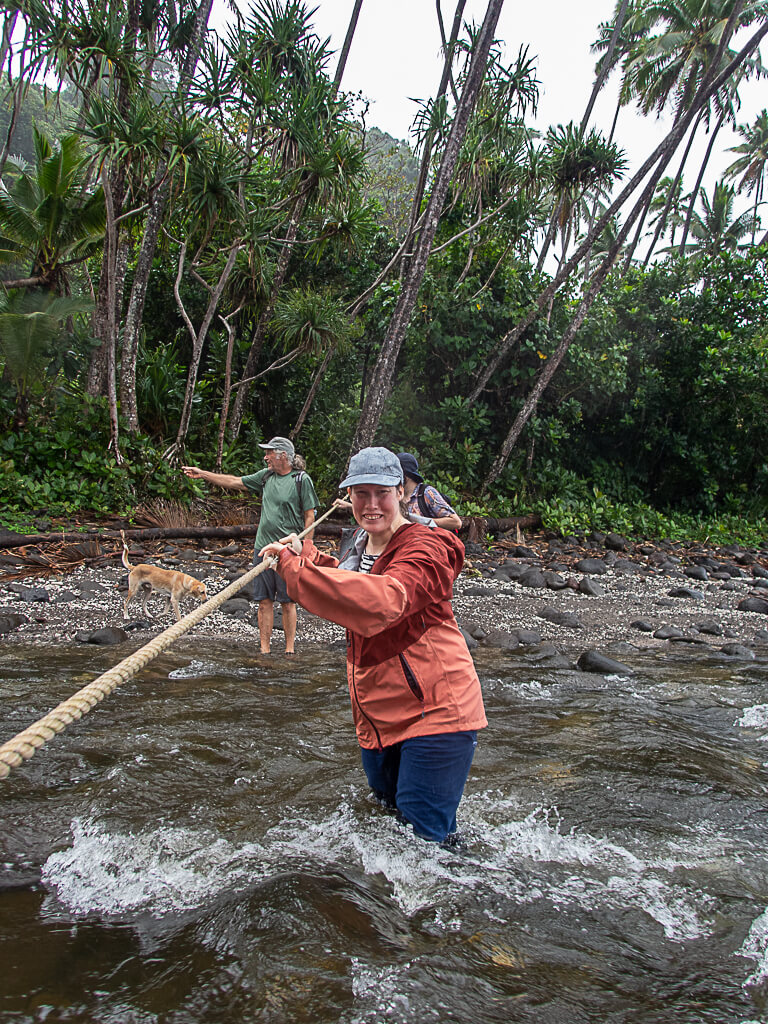
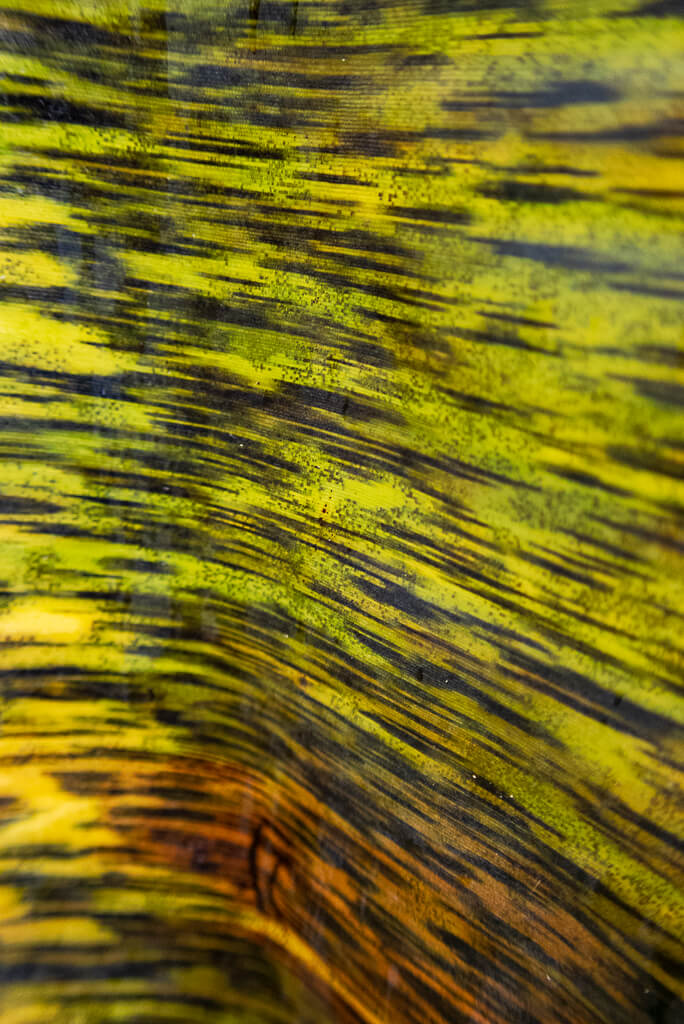
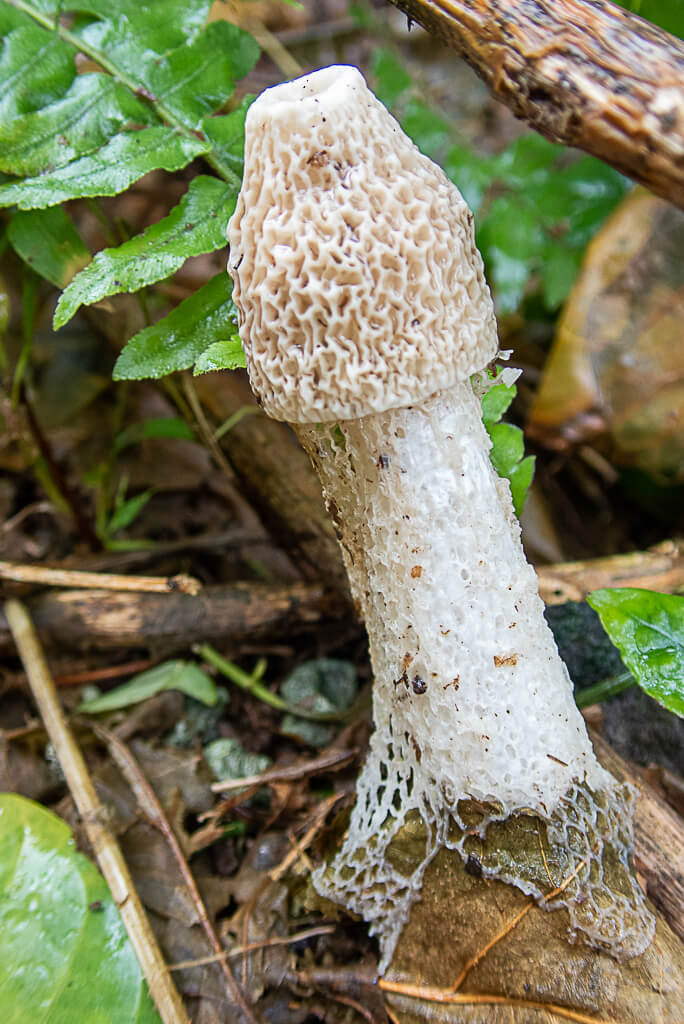
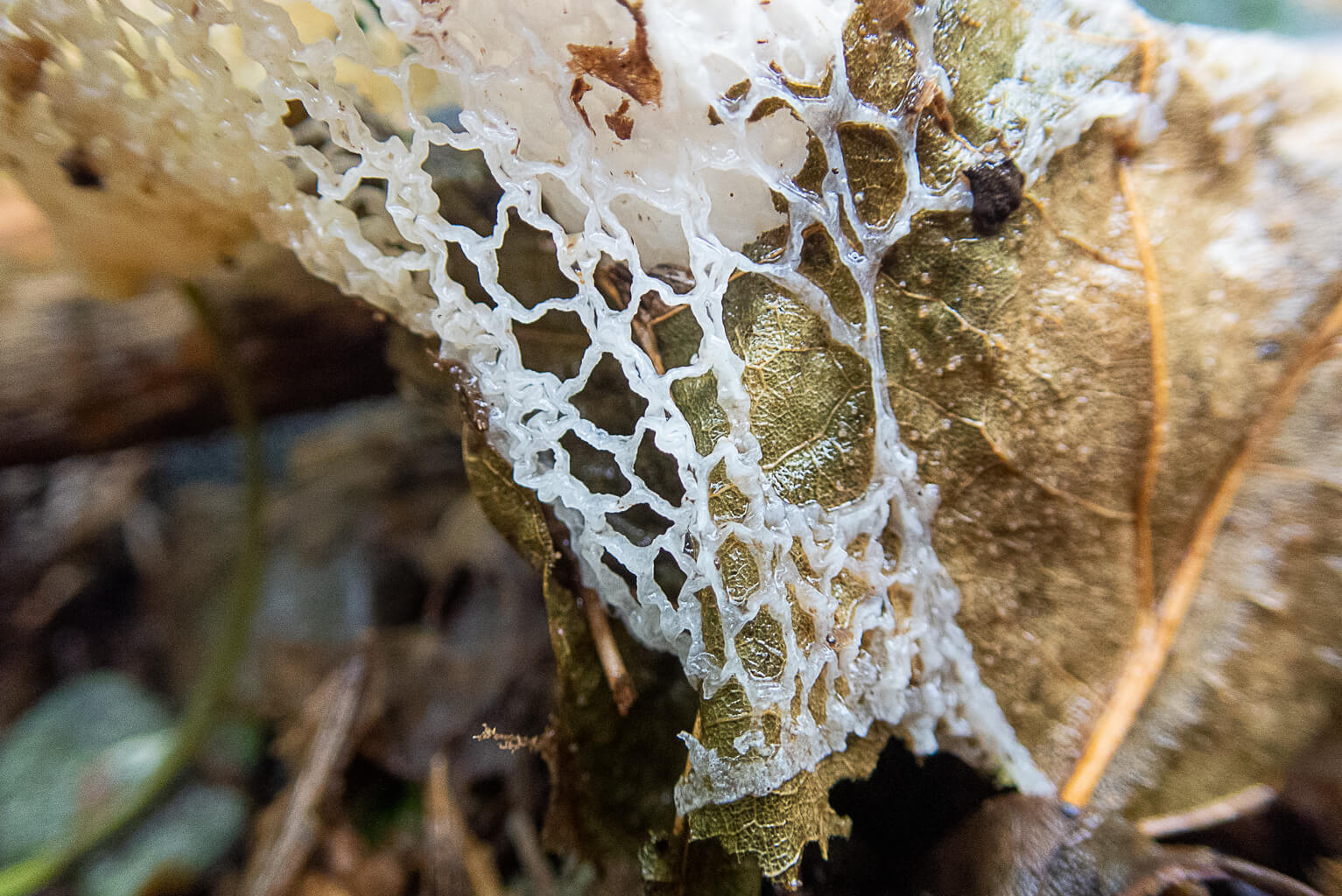
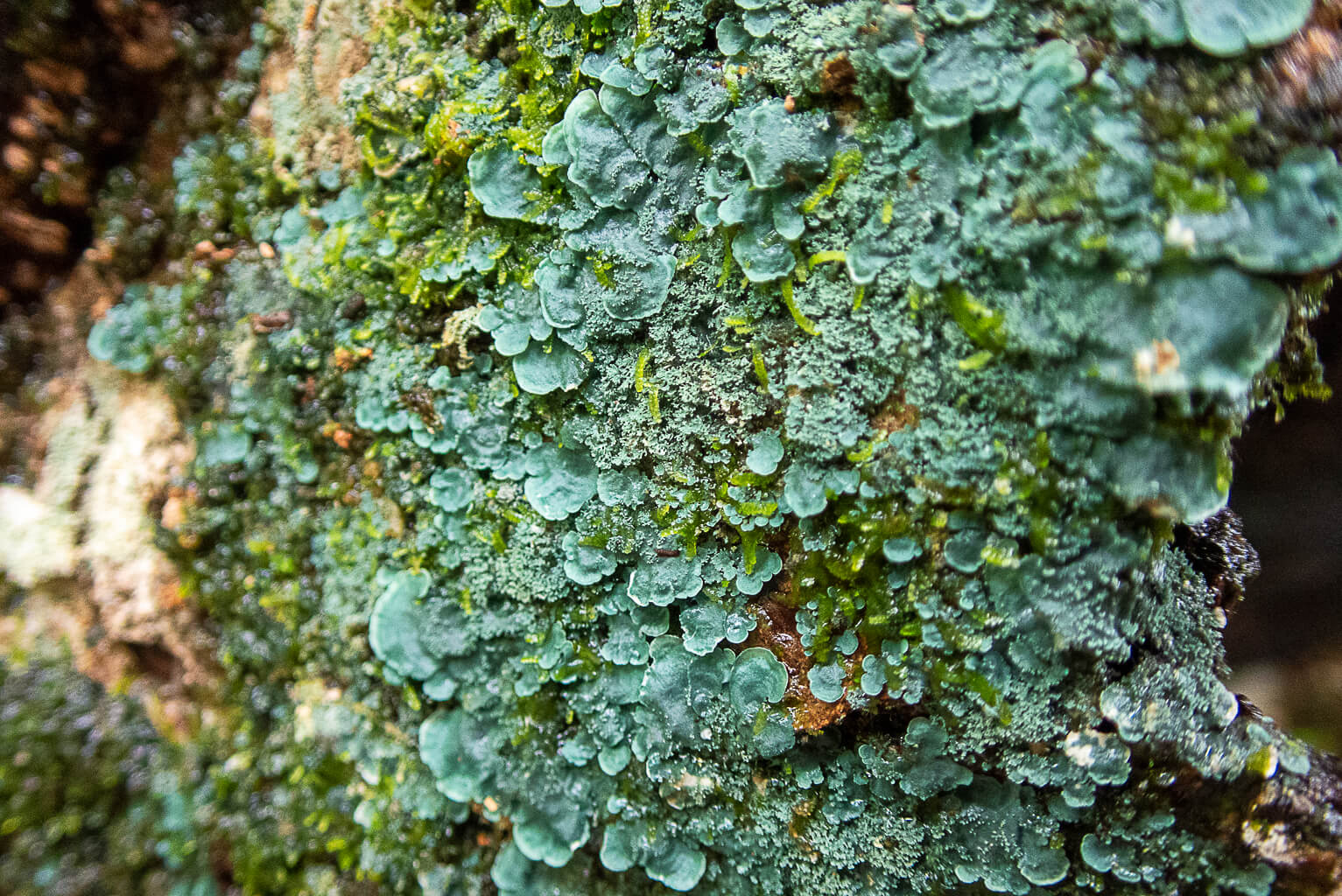
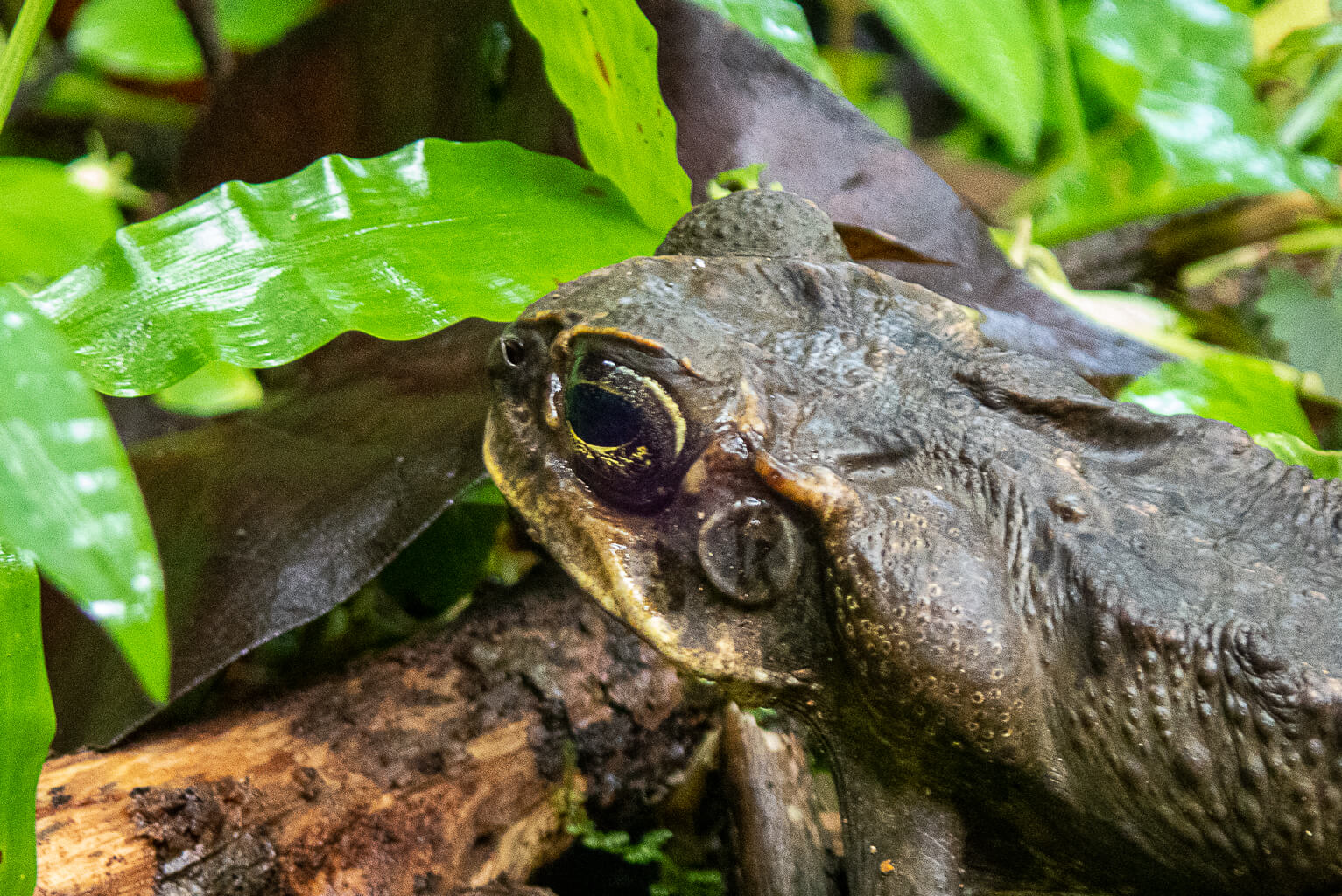
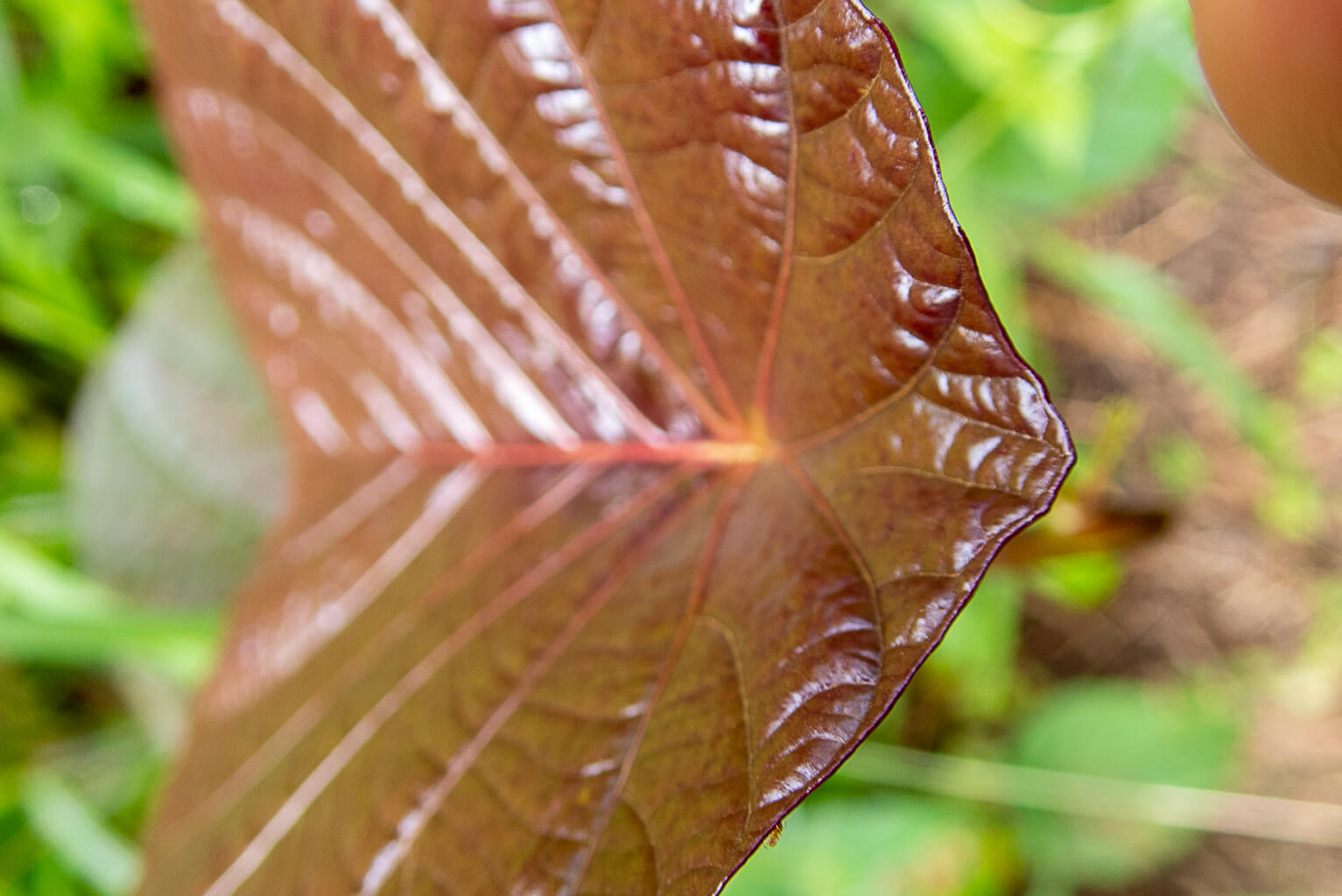
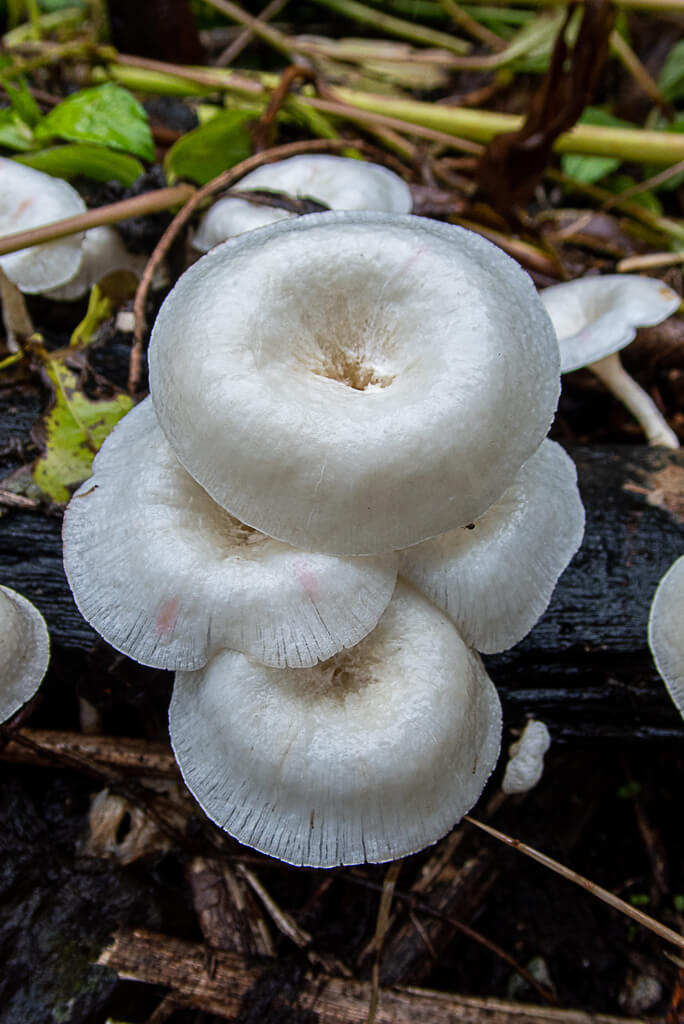
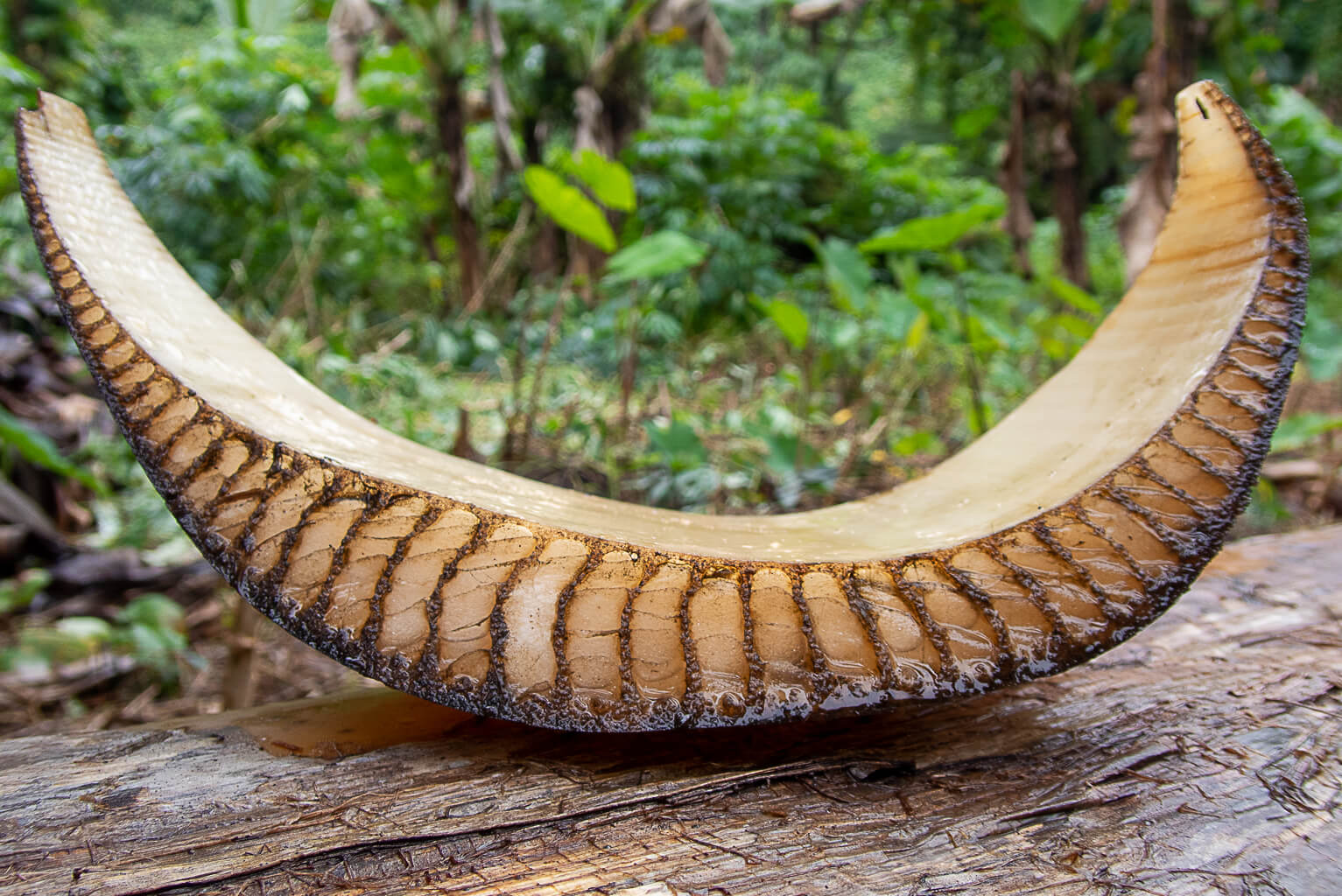
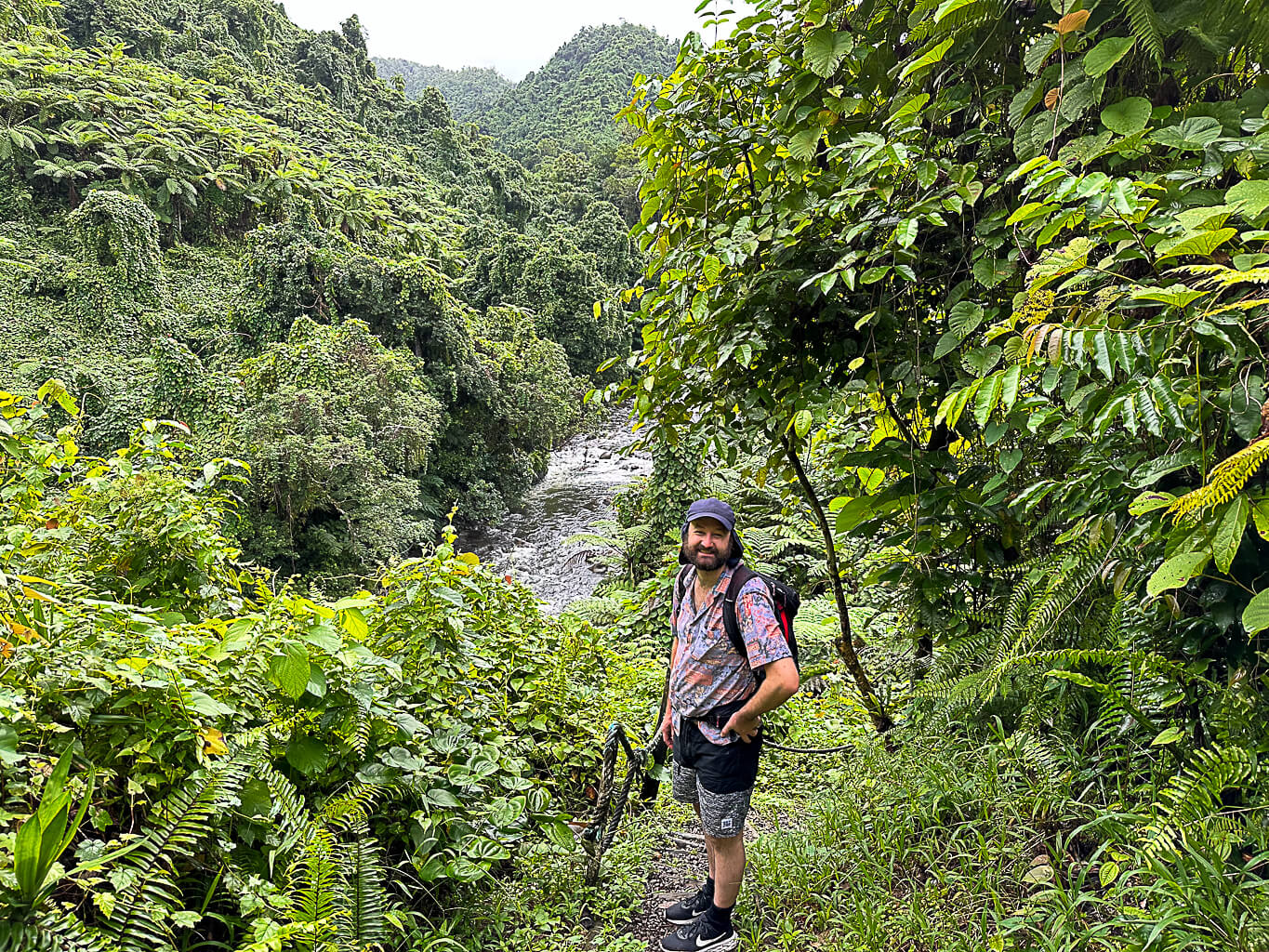
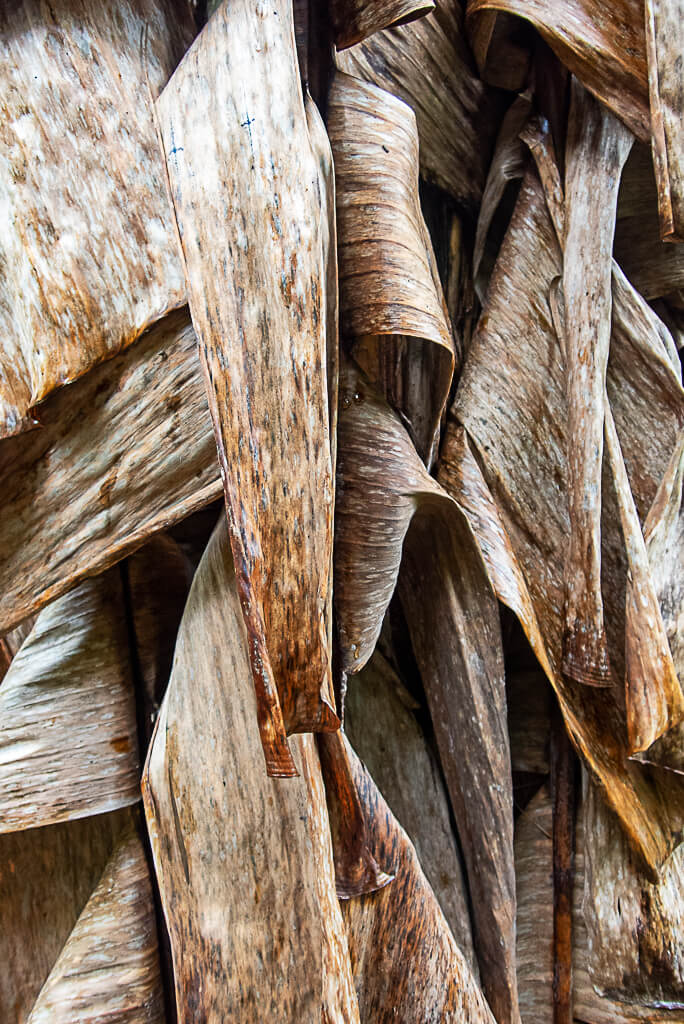
A windy Lavena coastal walk, winding up the luxuriant Wainibau valley to the thundering falls. The usual swim against the current in warm fresh water, clinging to the cliff walls between dashes across the torrent. Liam and Diana make it the whole way. A 70 year old Fijian guide urges his charges on, climbs the cliff for a daring dive he must have made since a child. ~MS
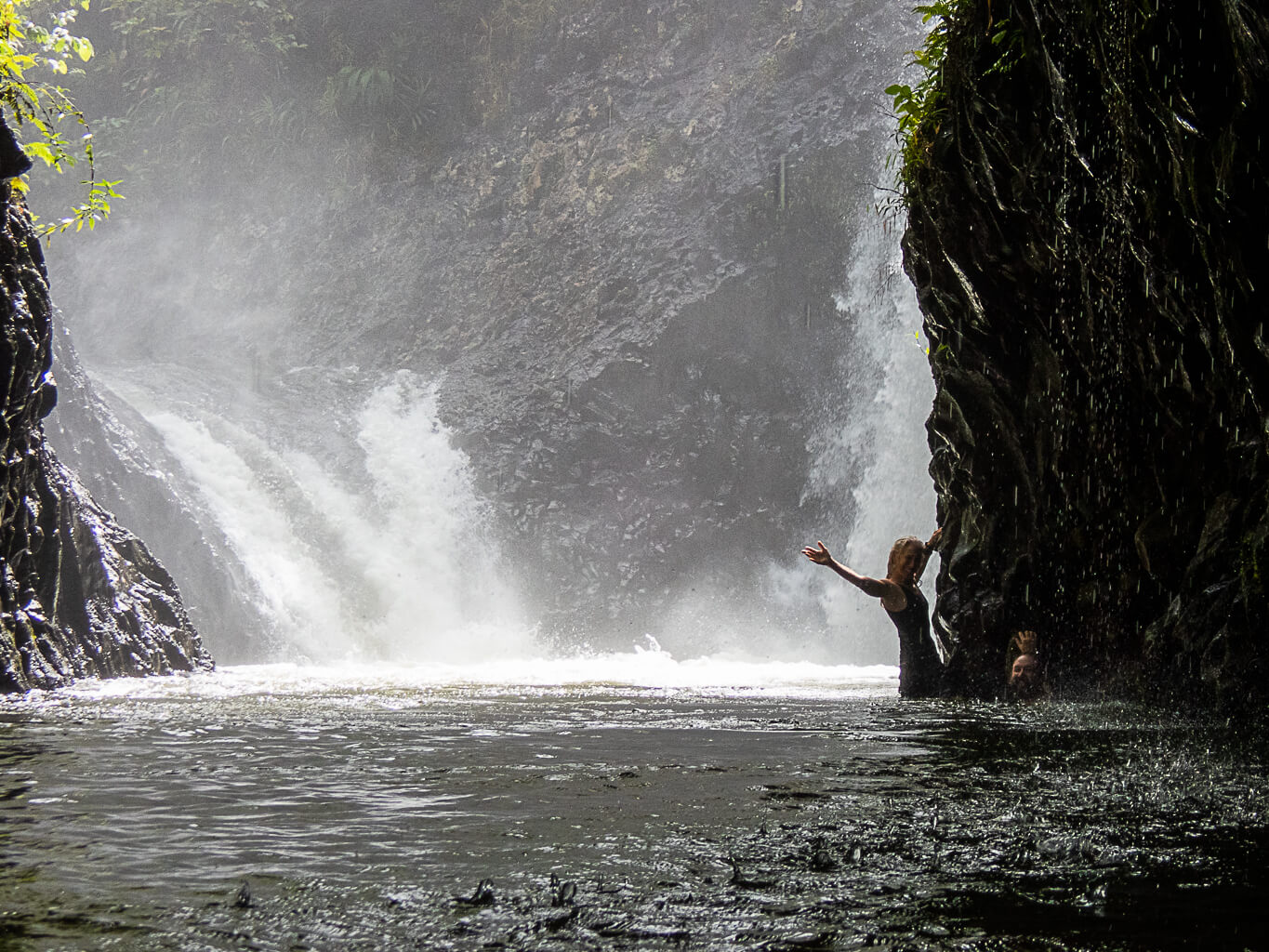
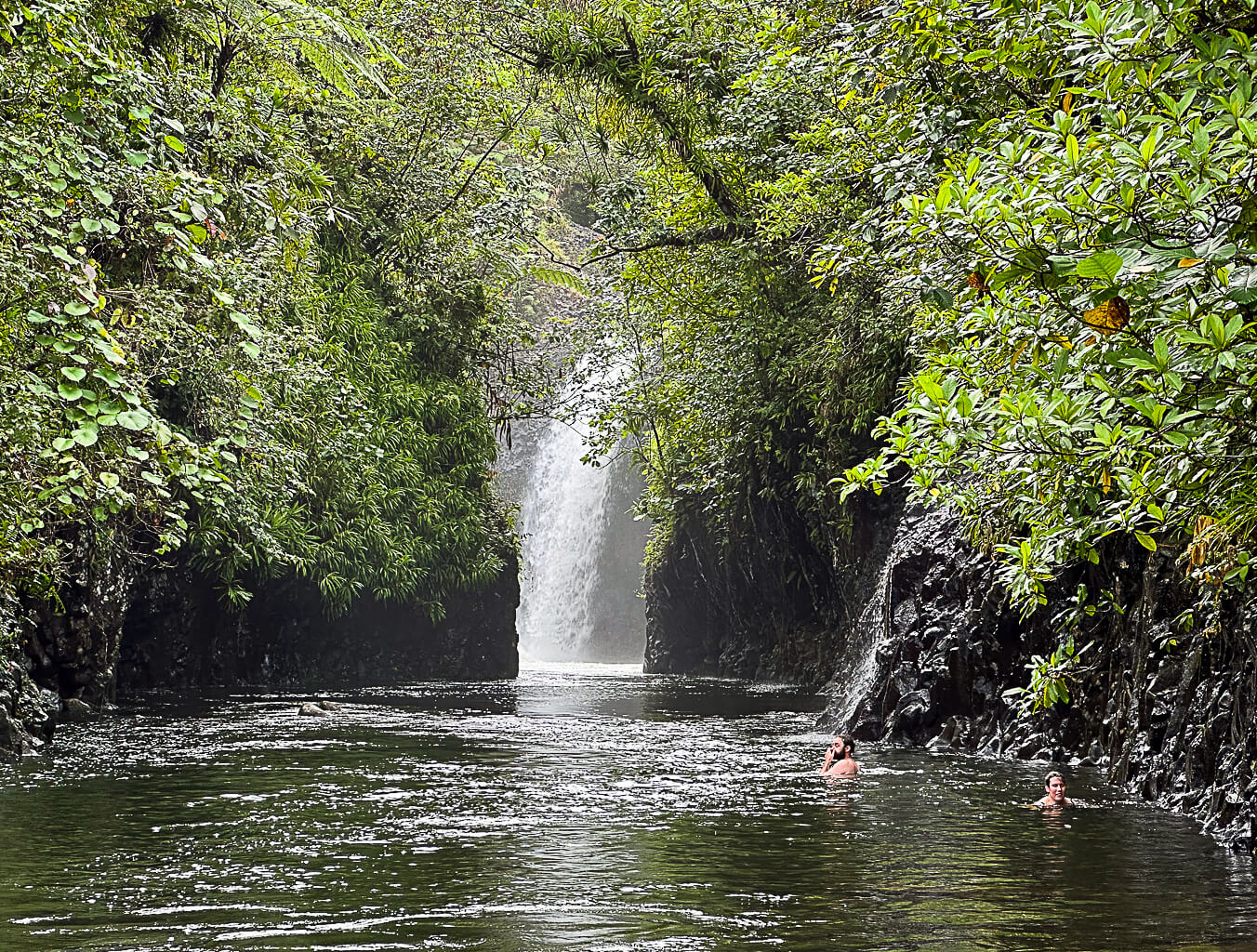
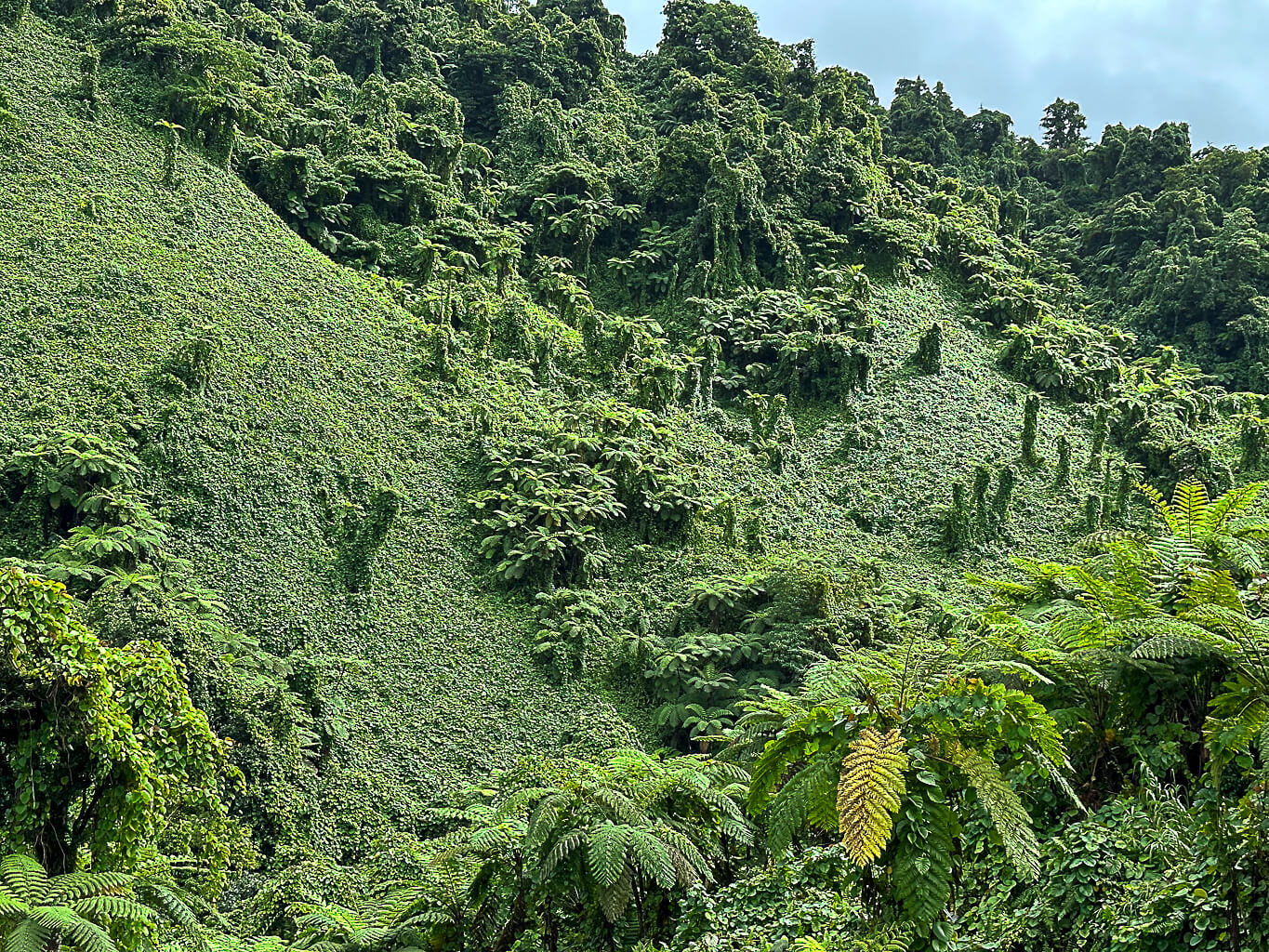
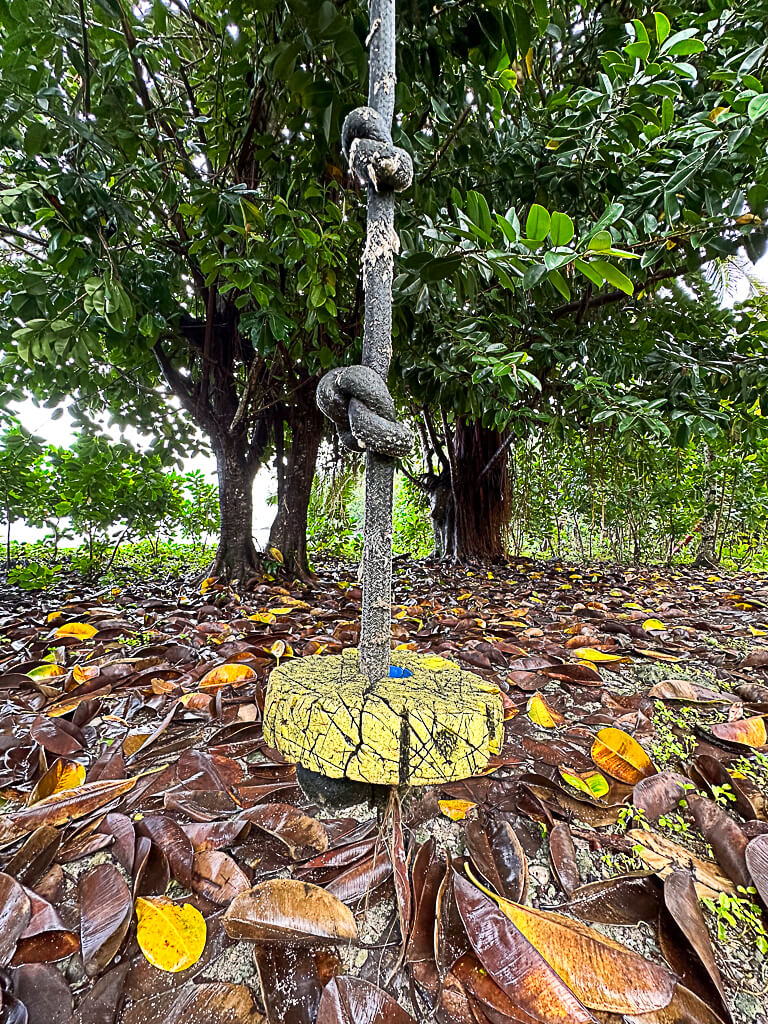
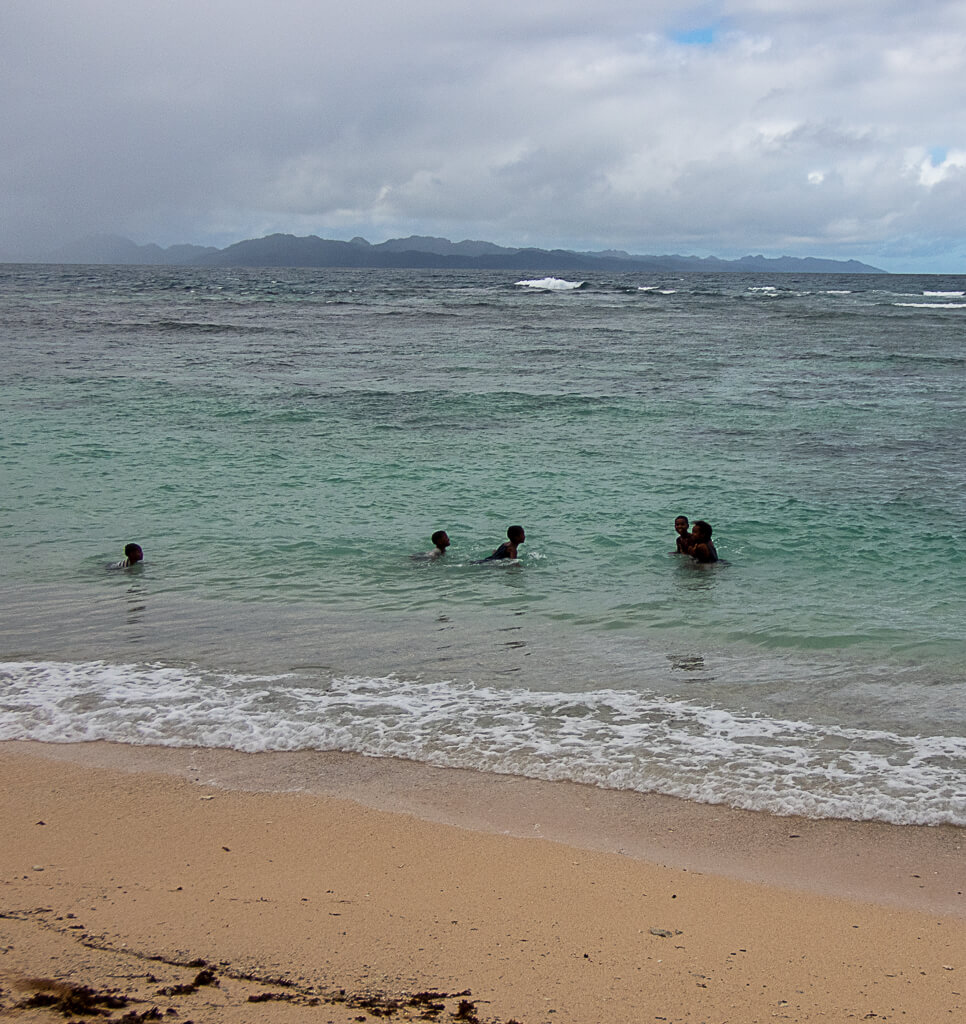
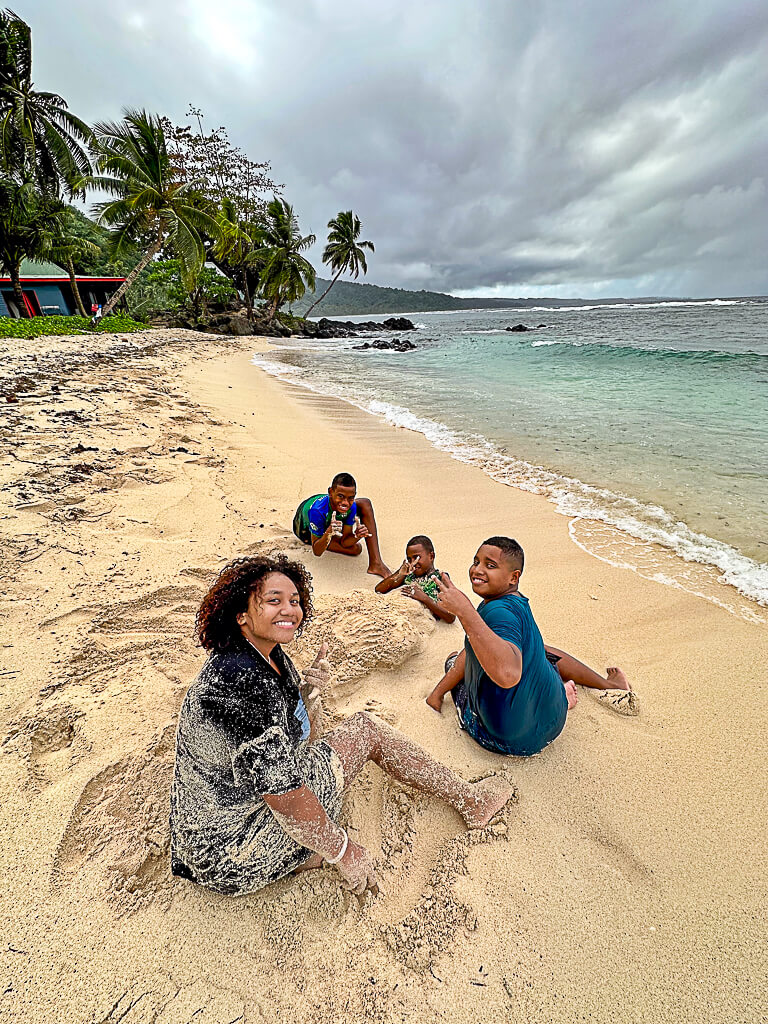
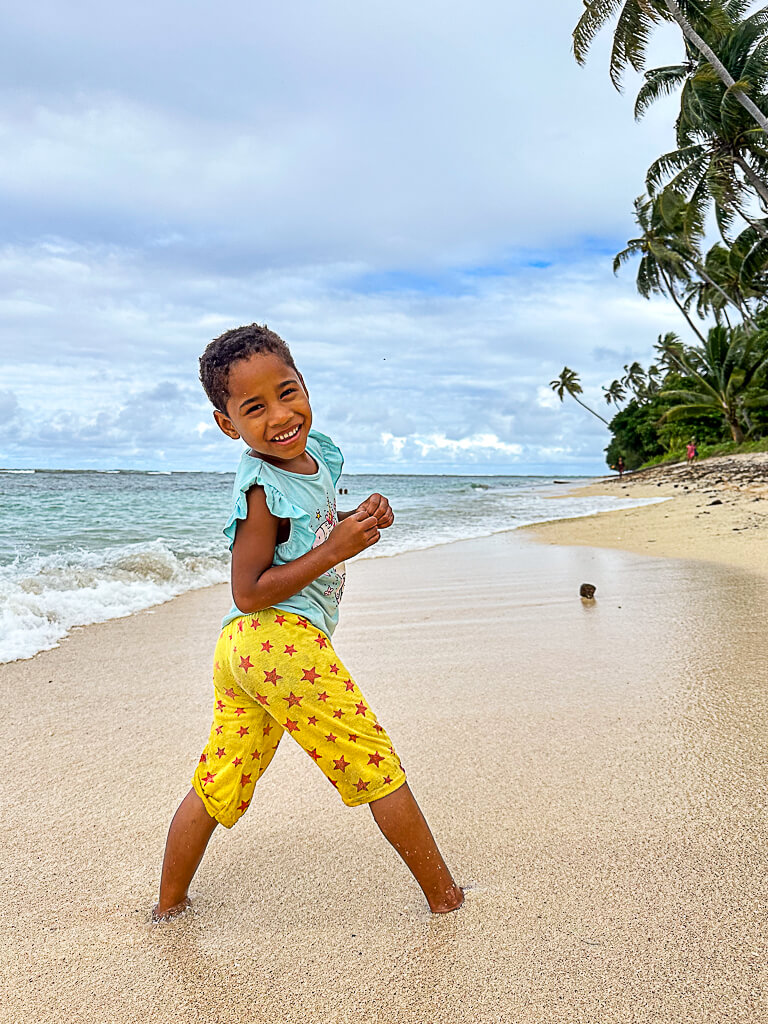
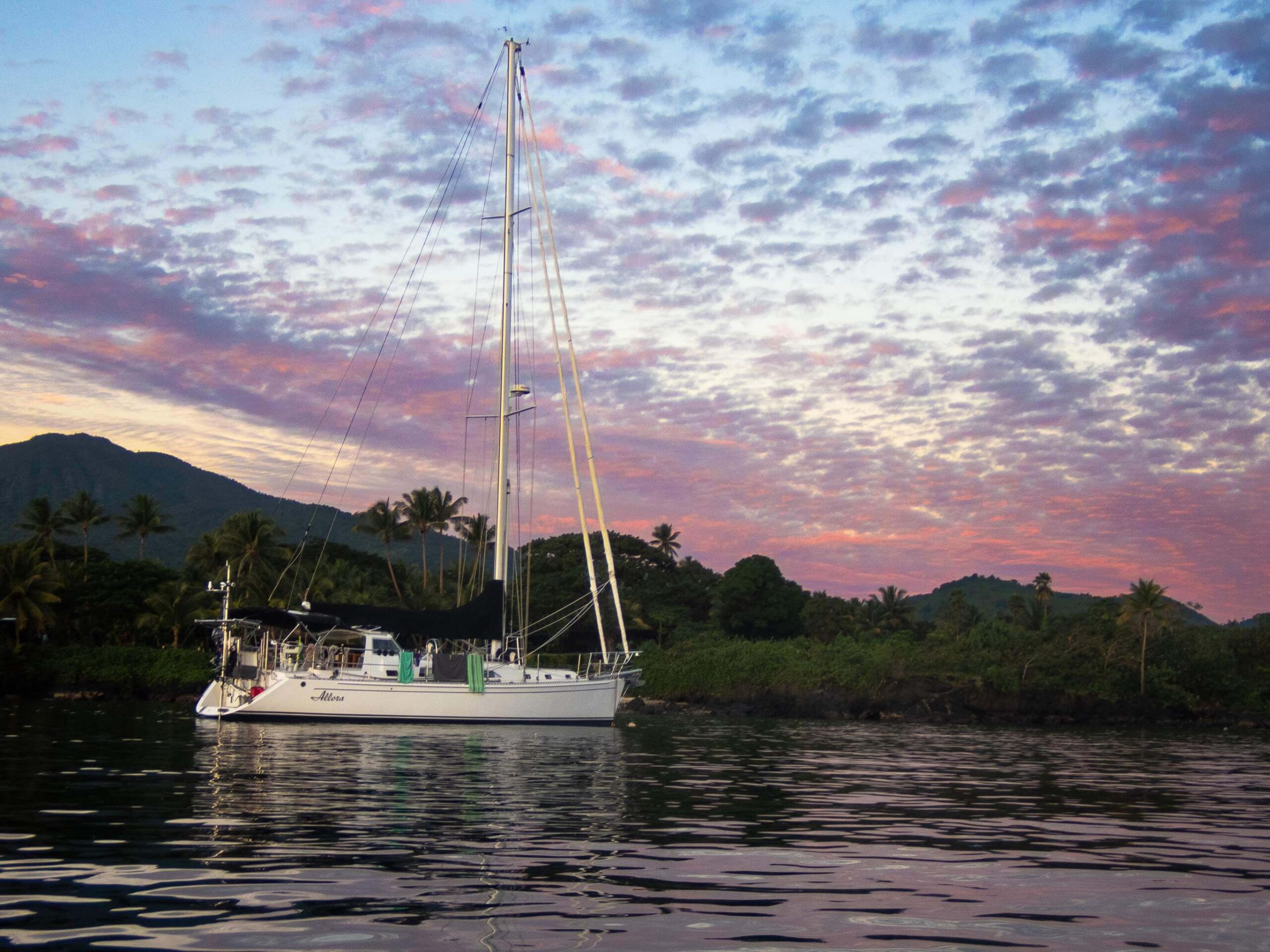
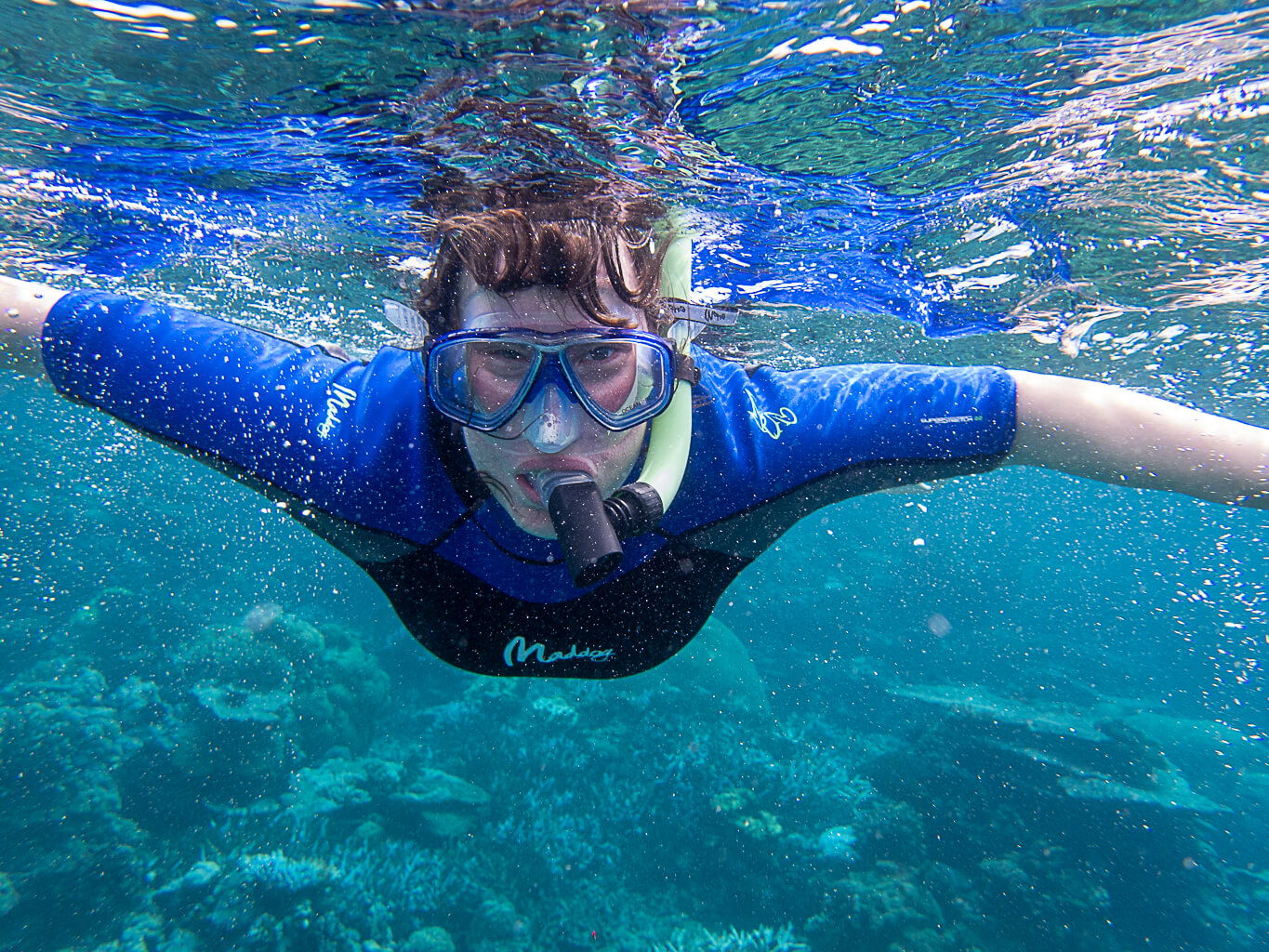
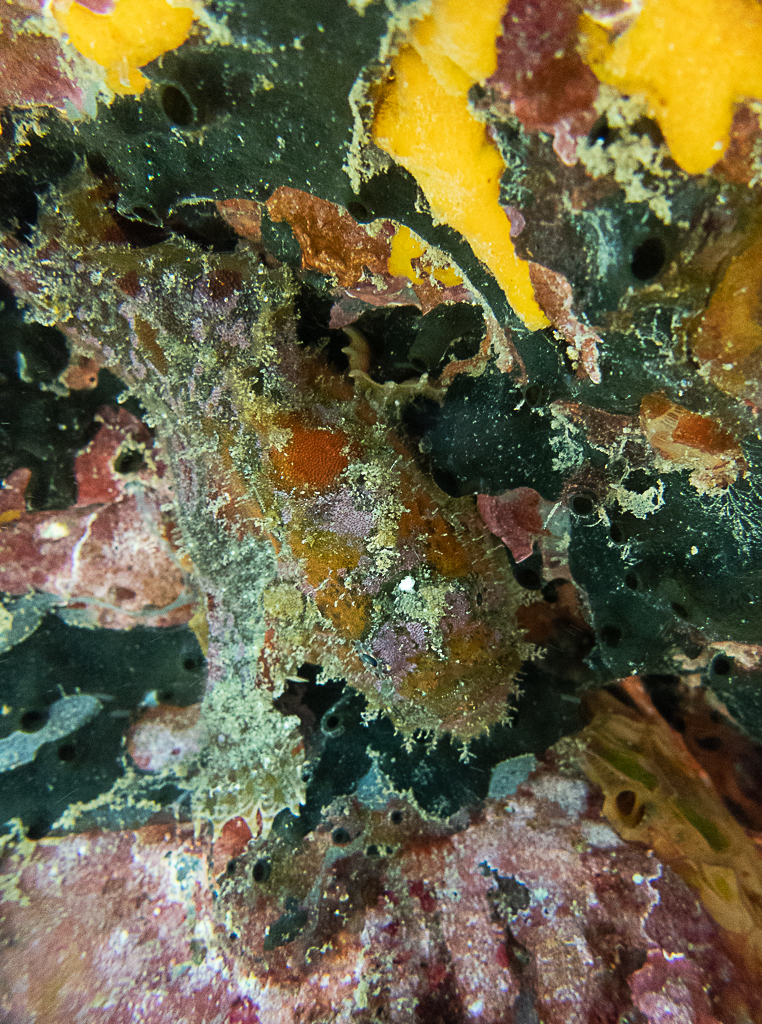
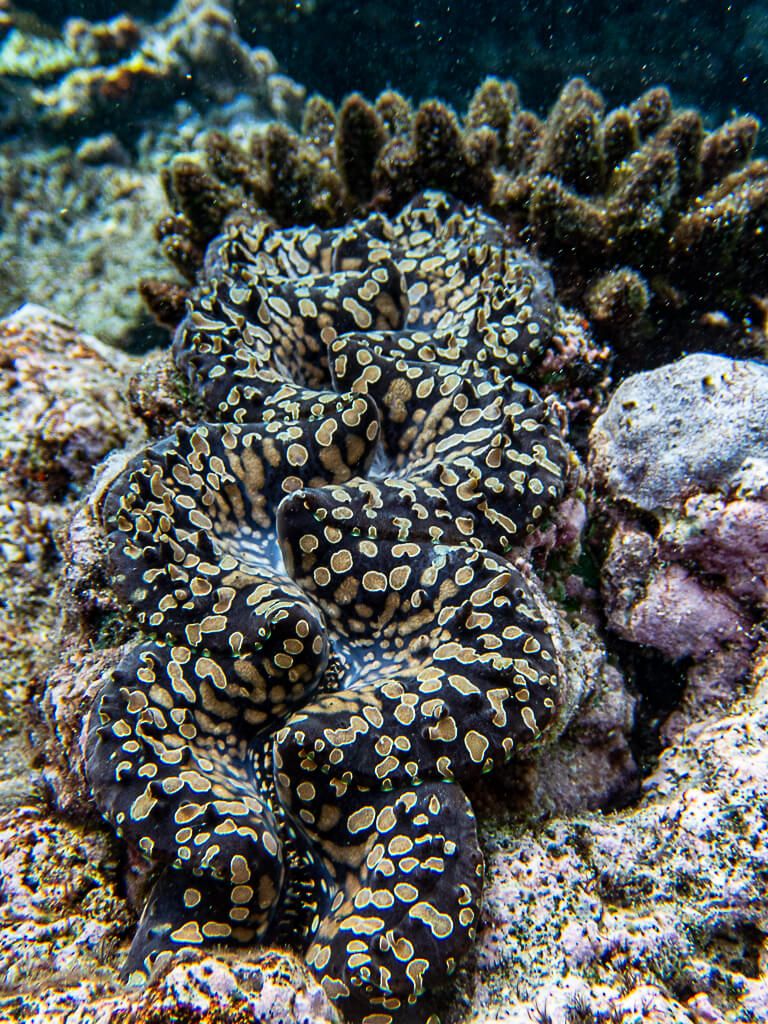
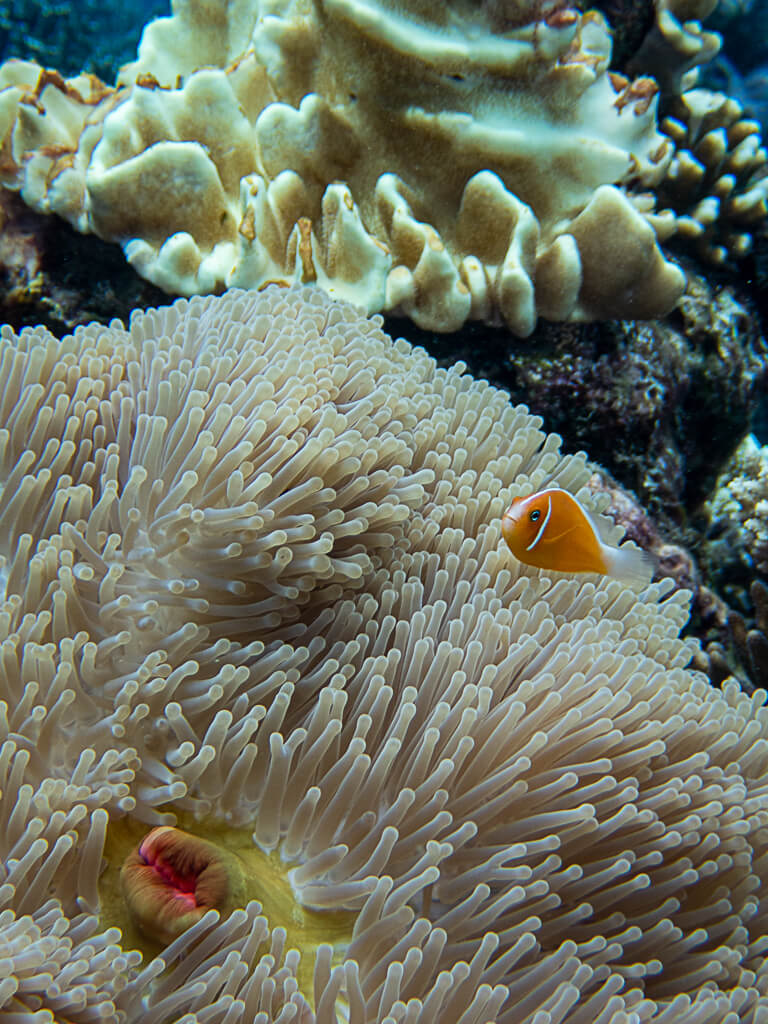
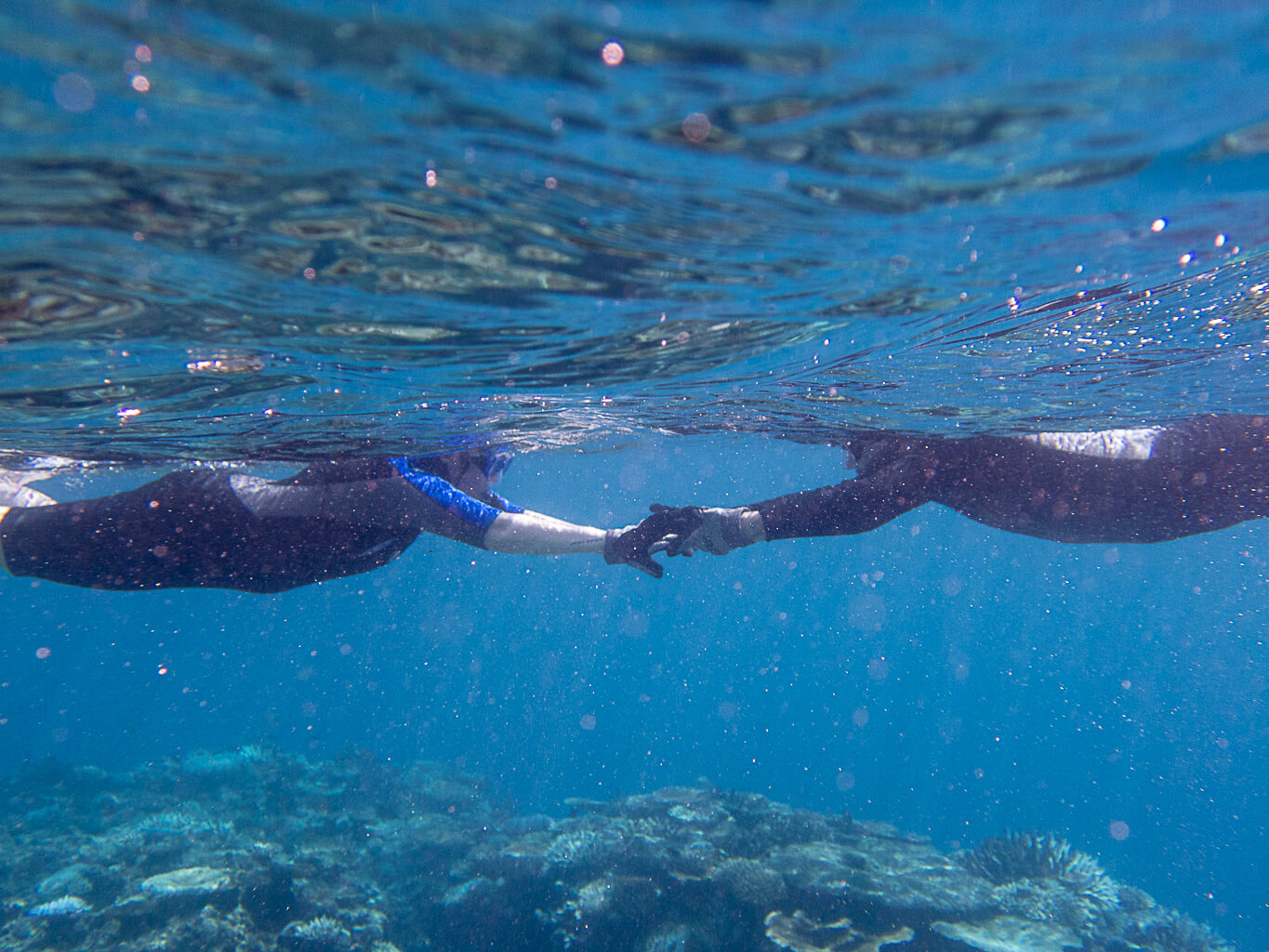
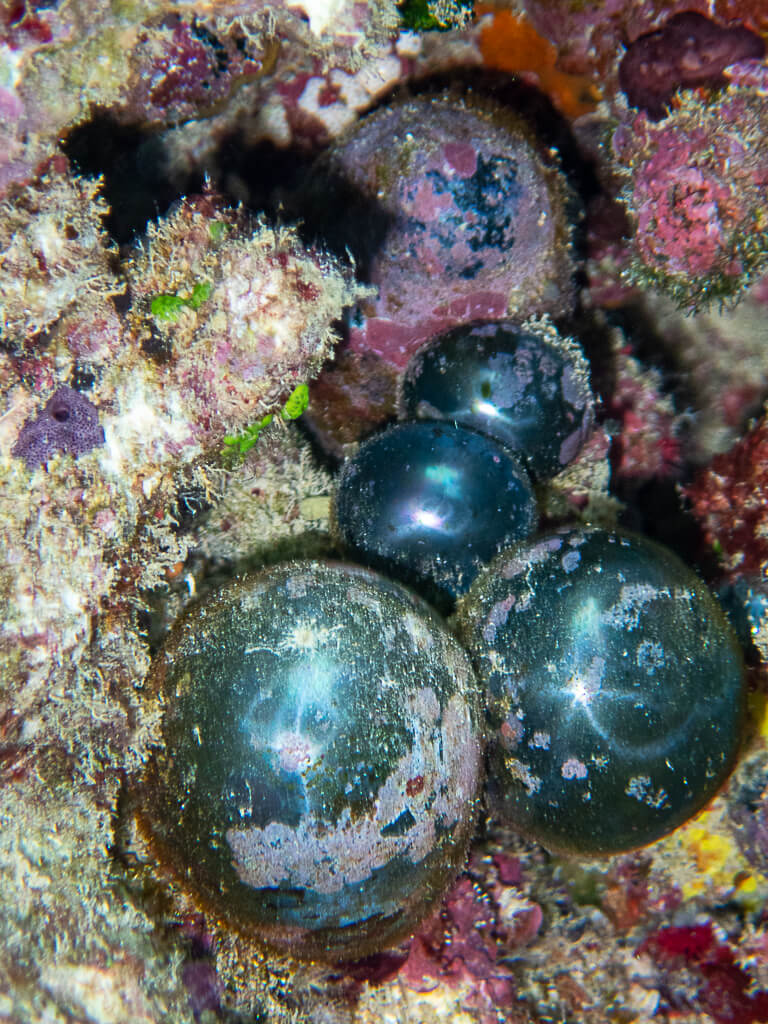
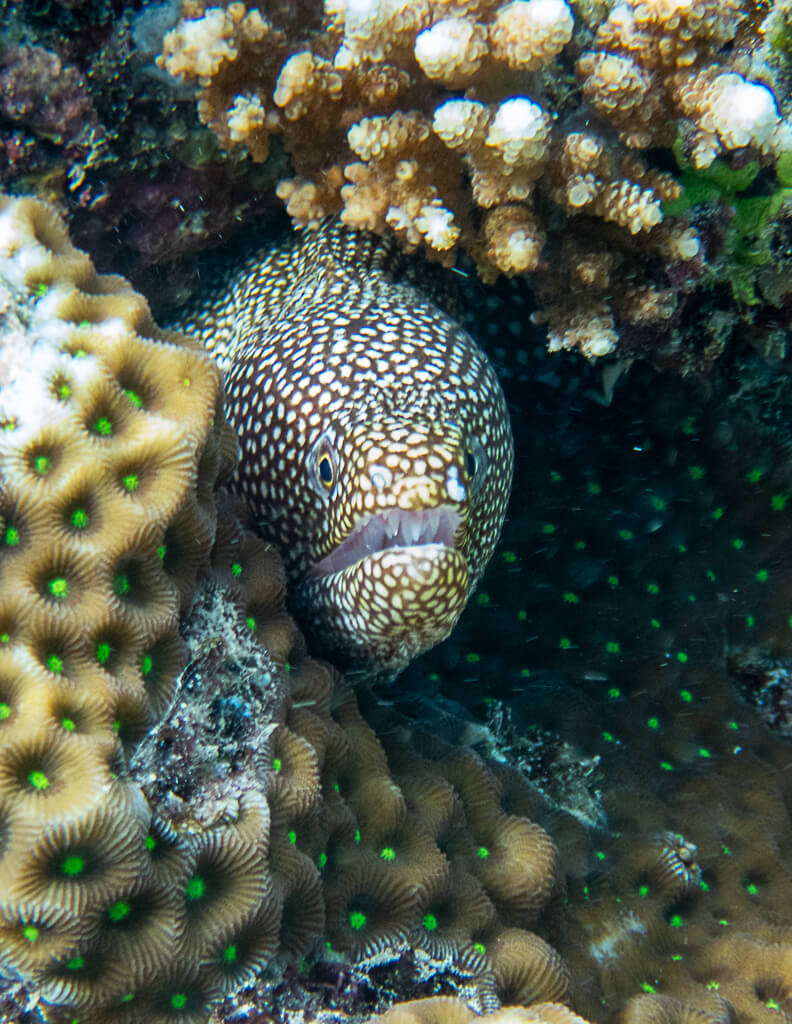
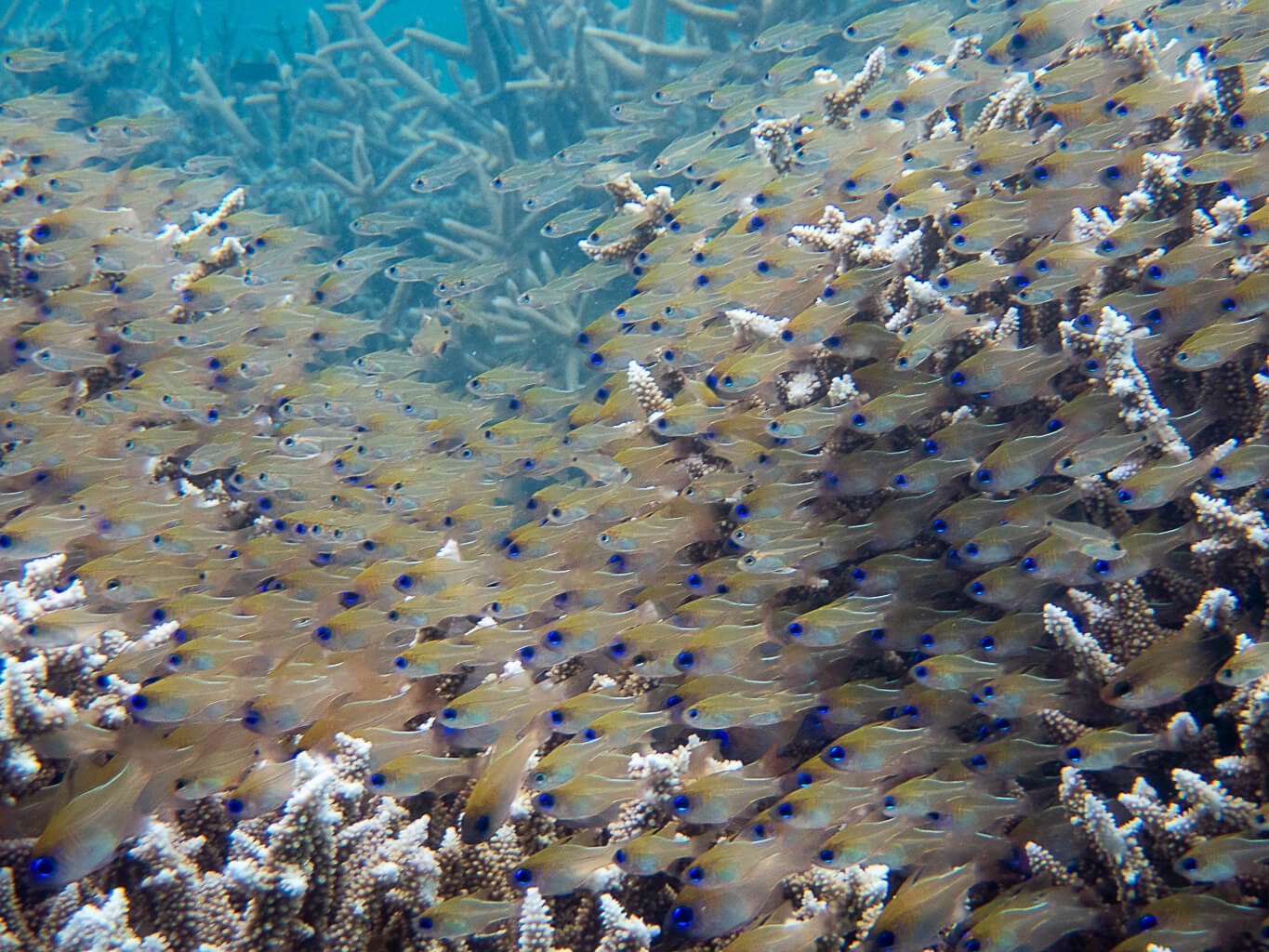
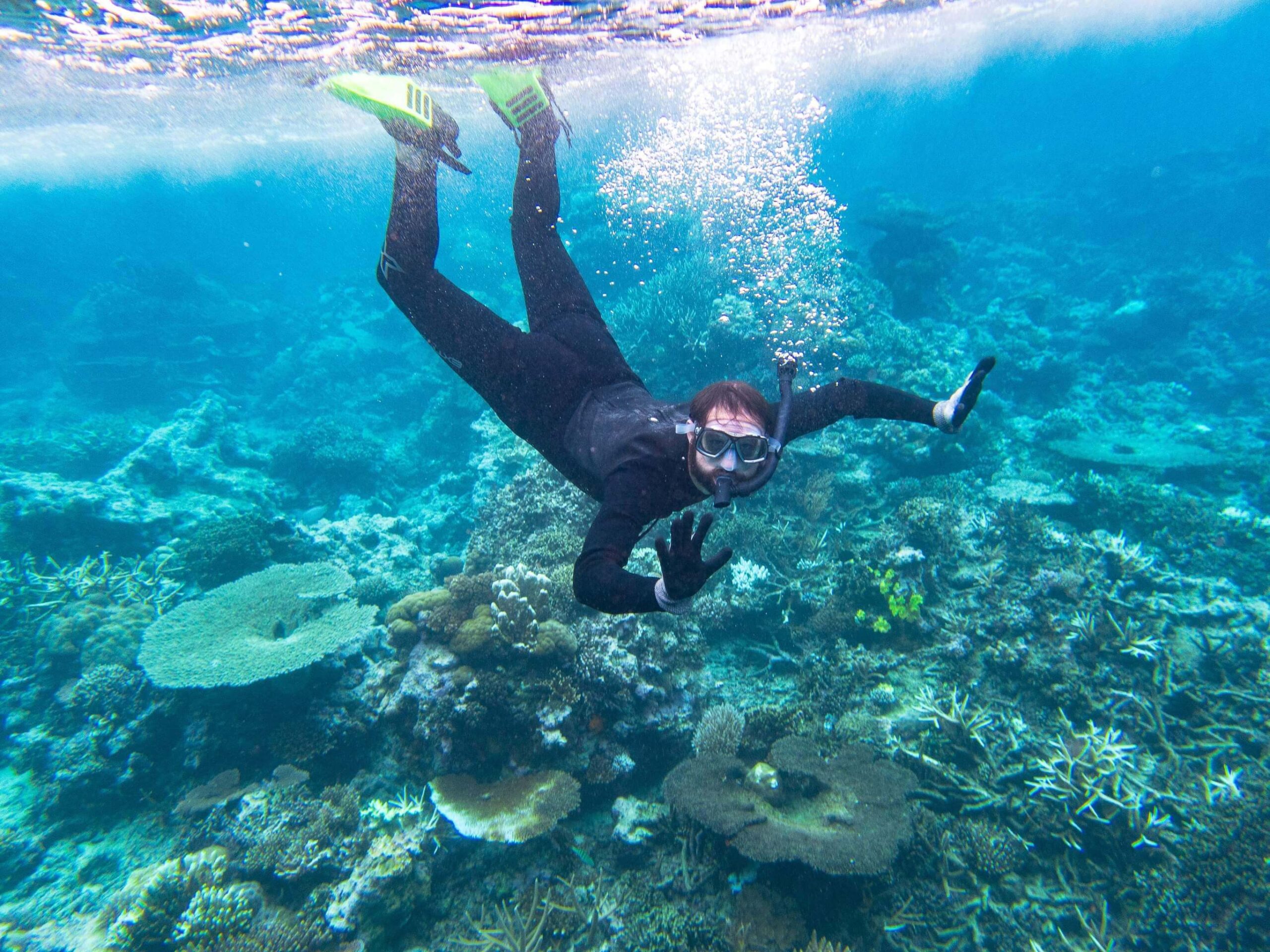
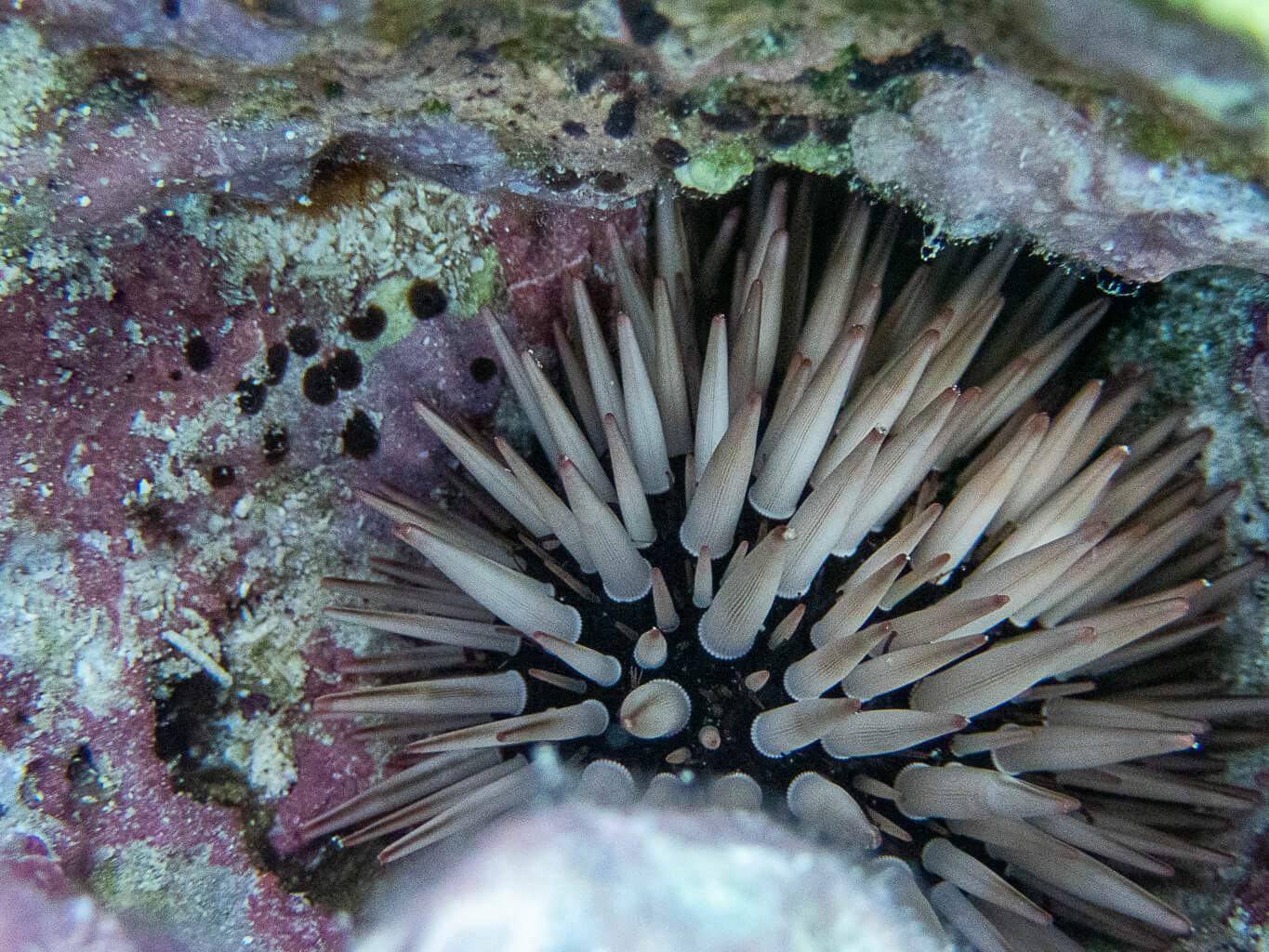
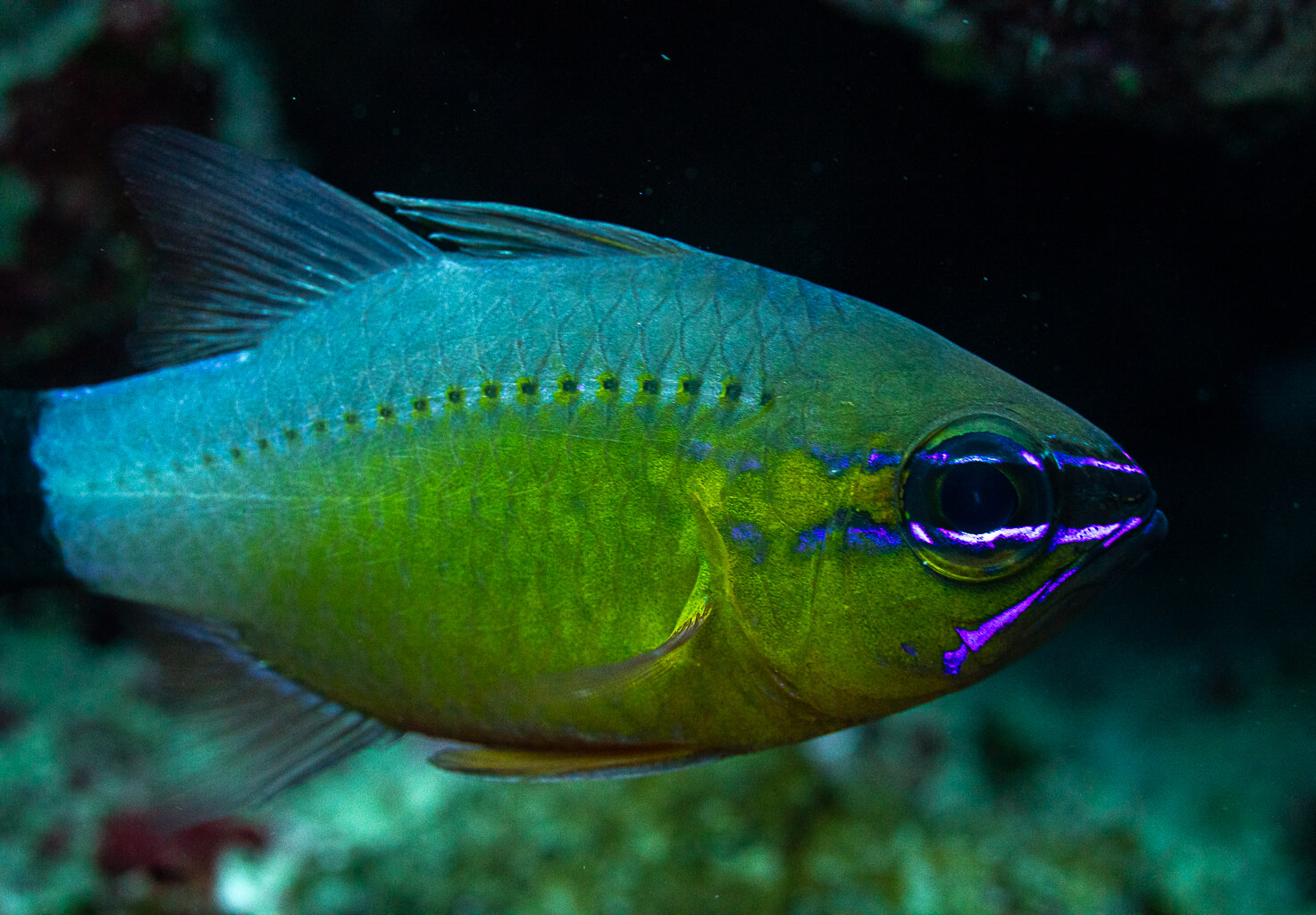
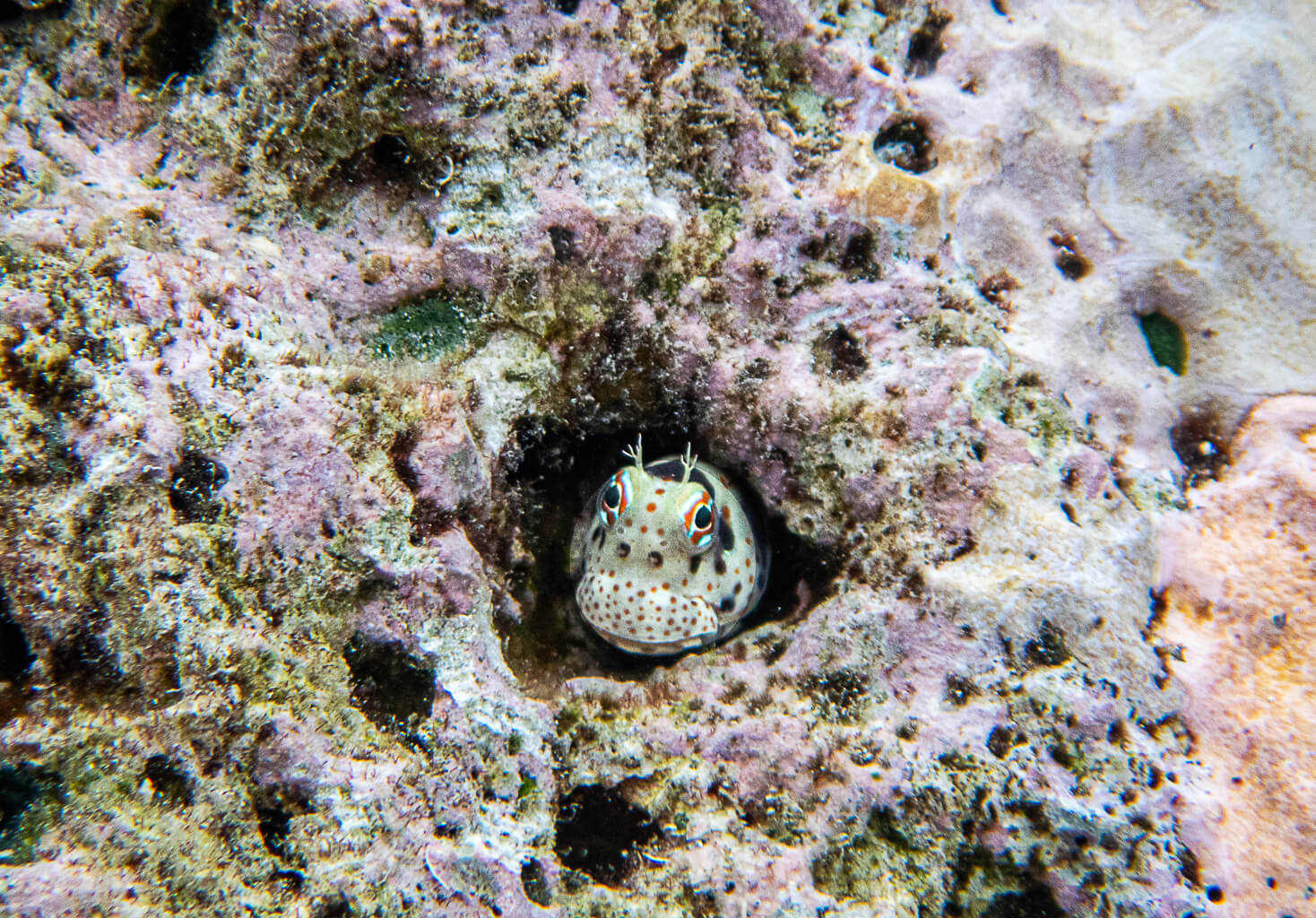
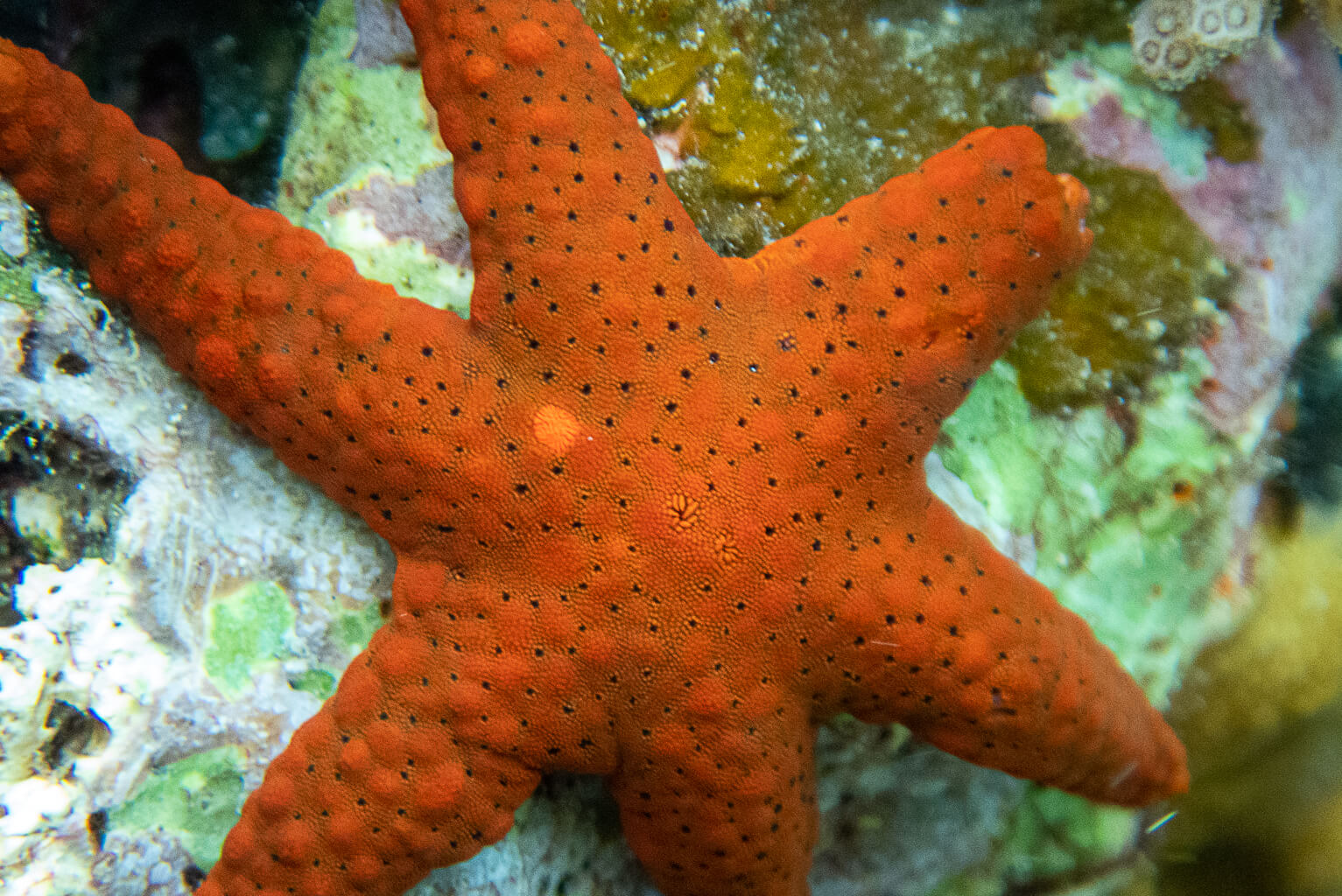
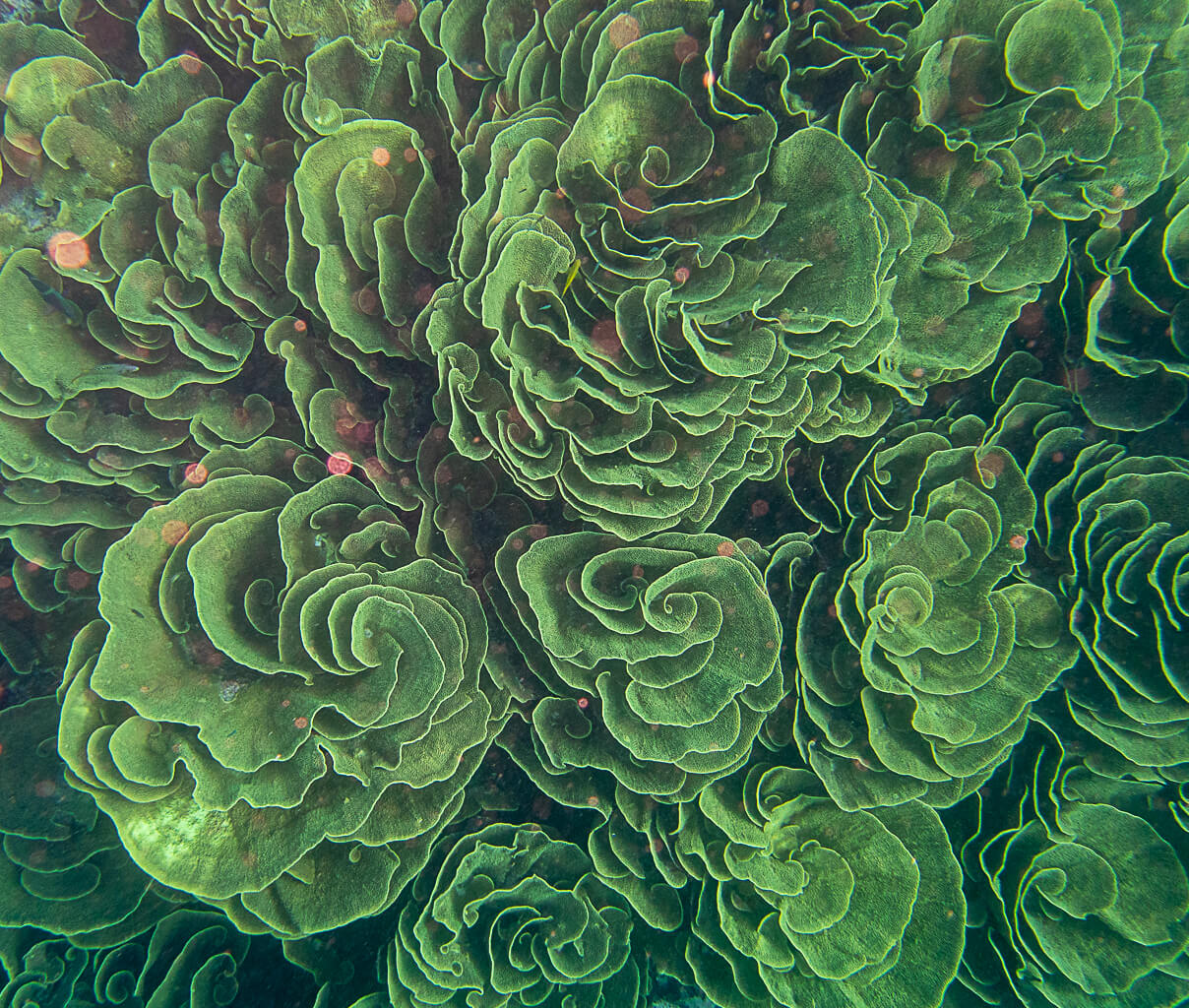
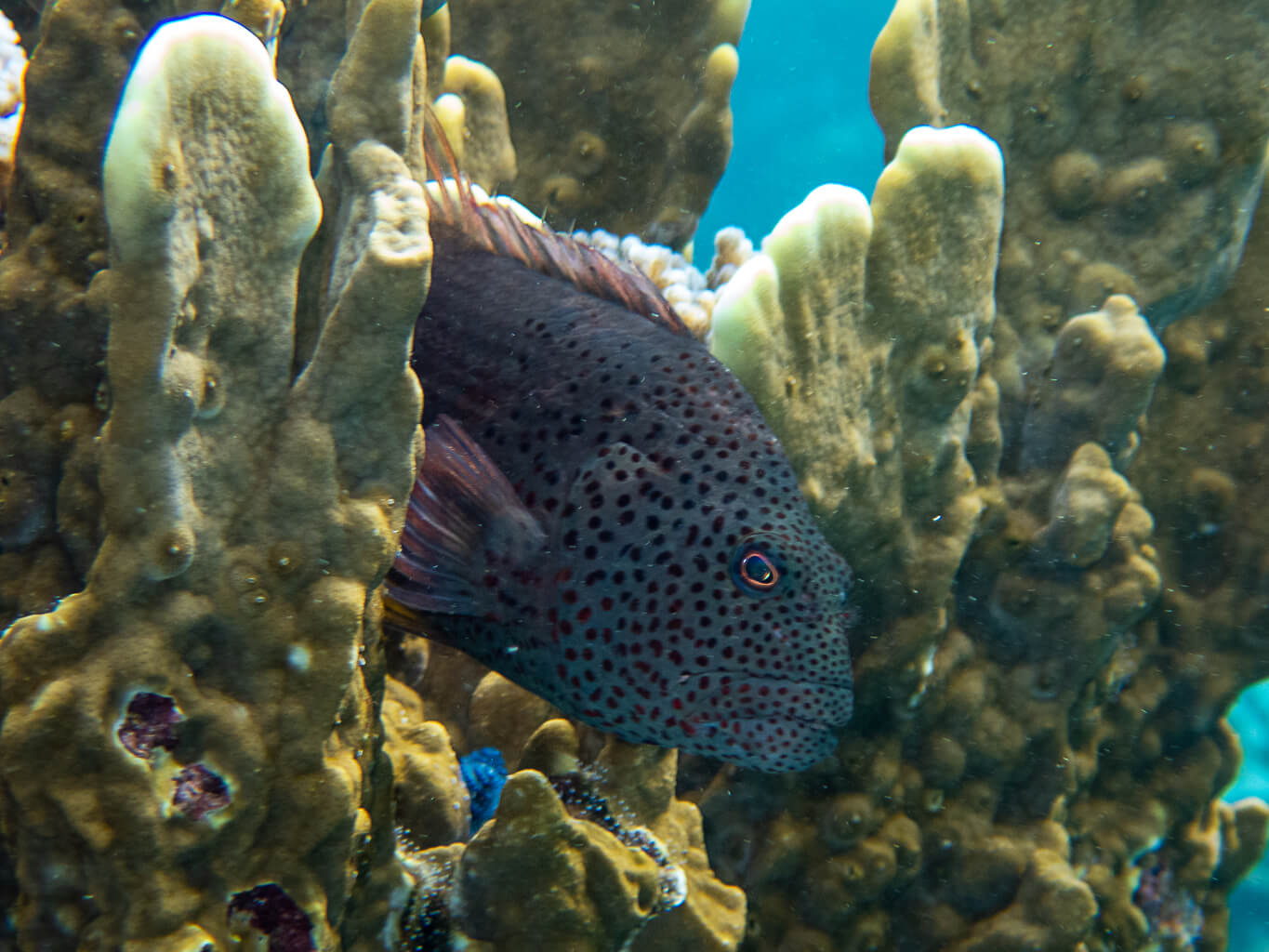
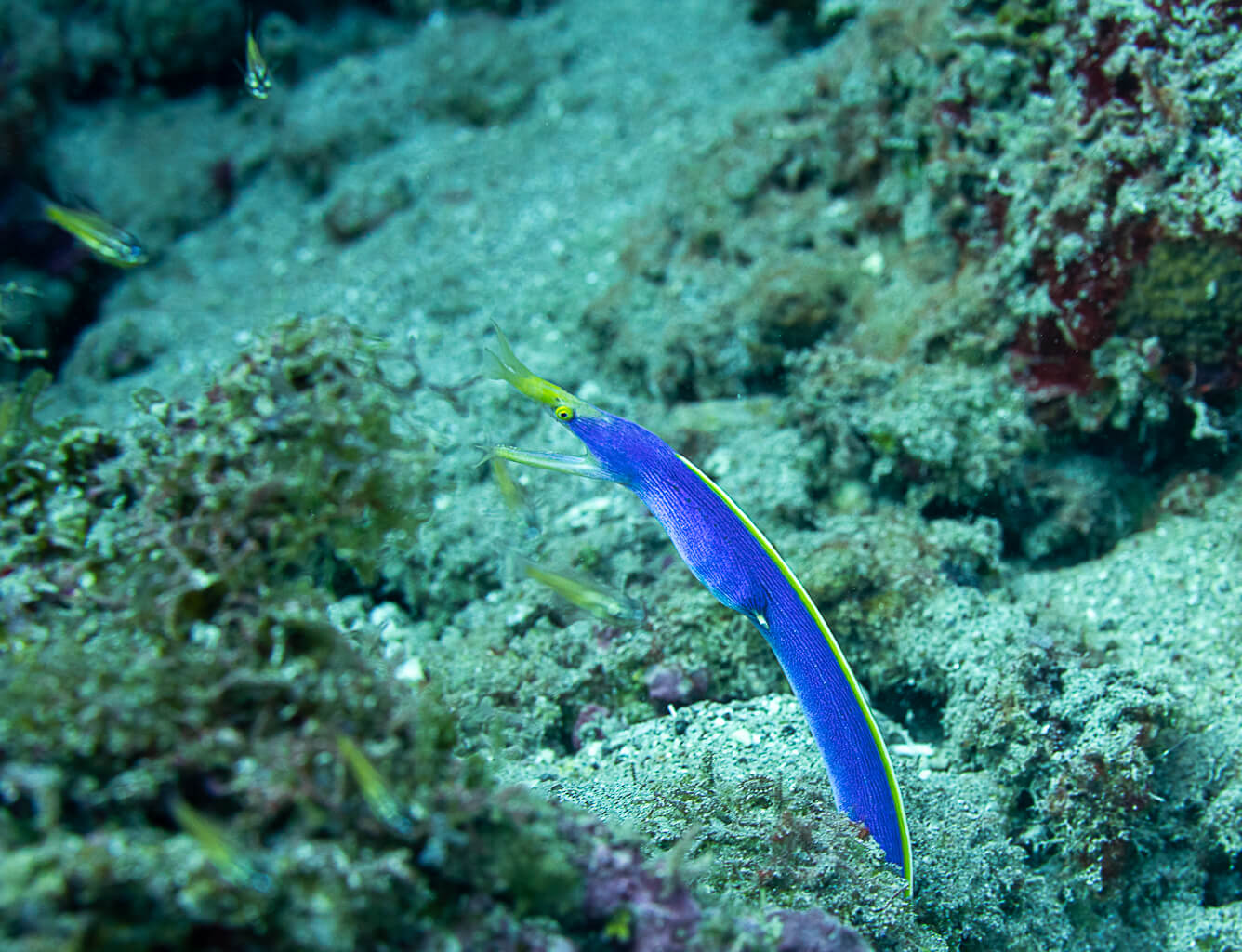
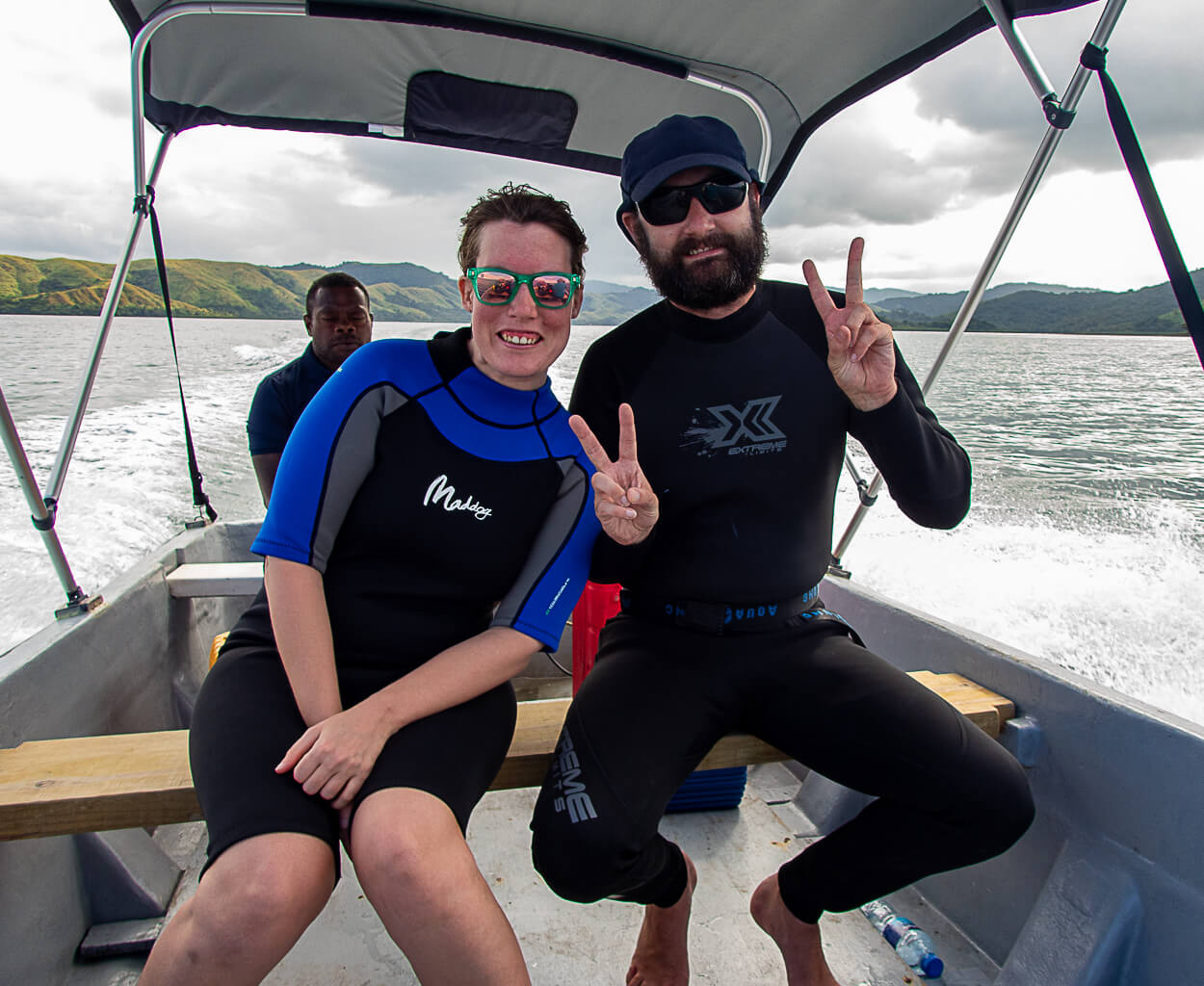
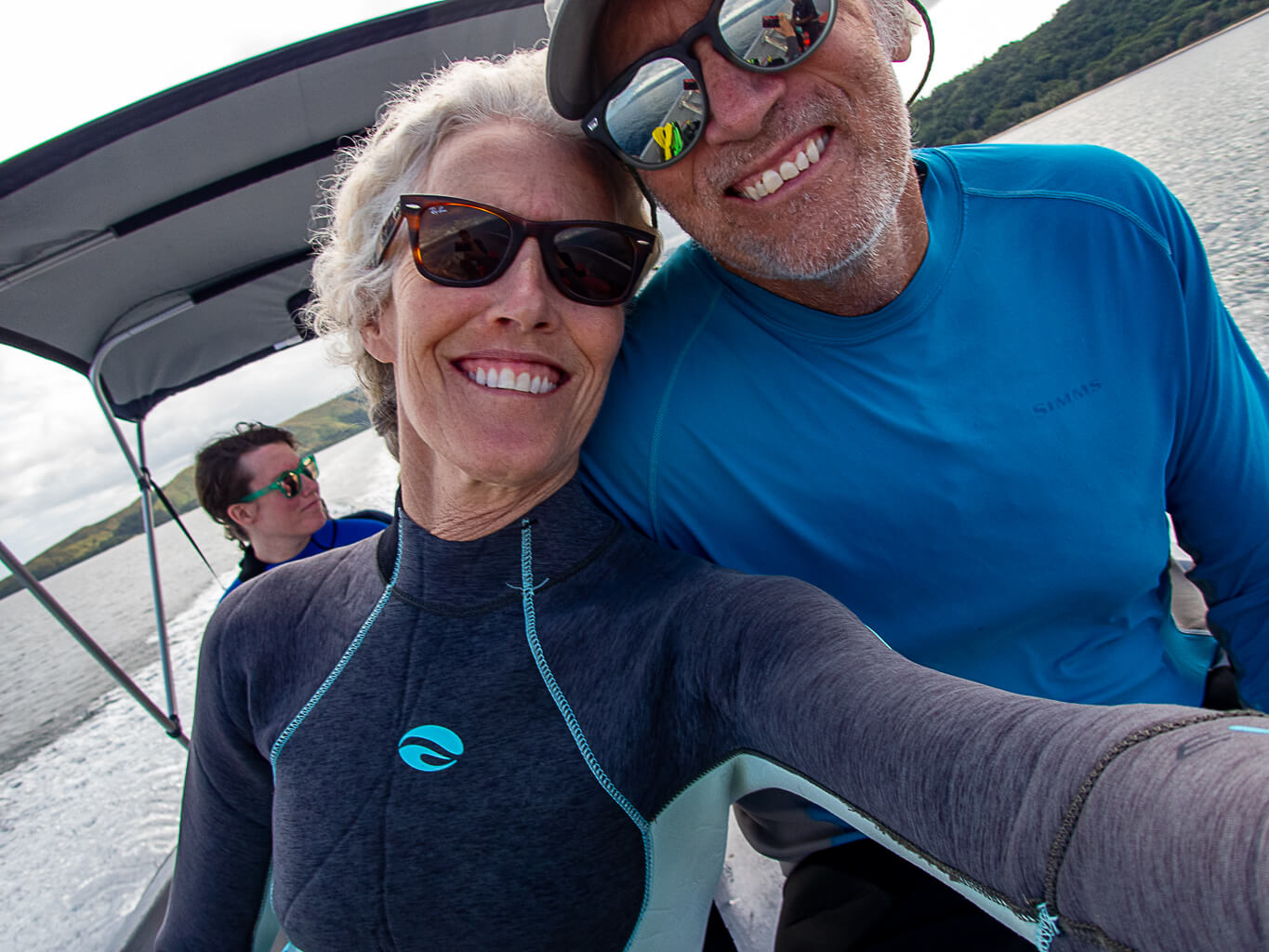
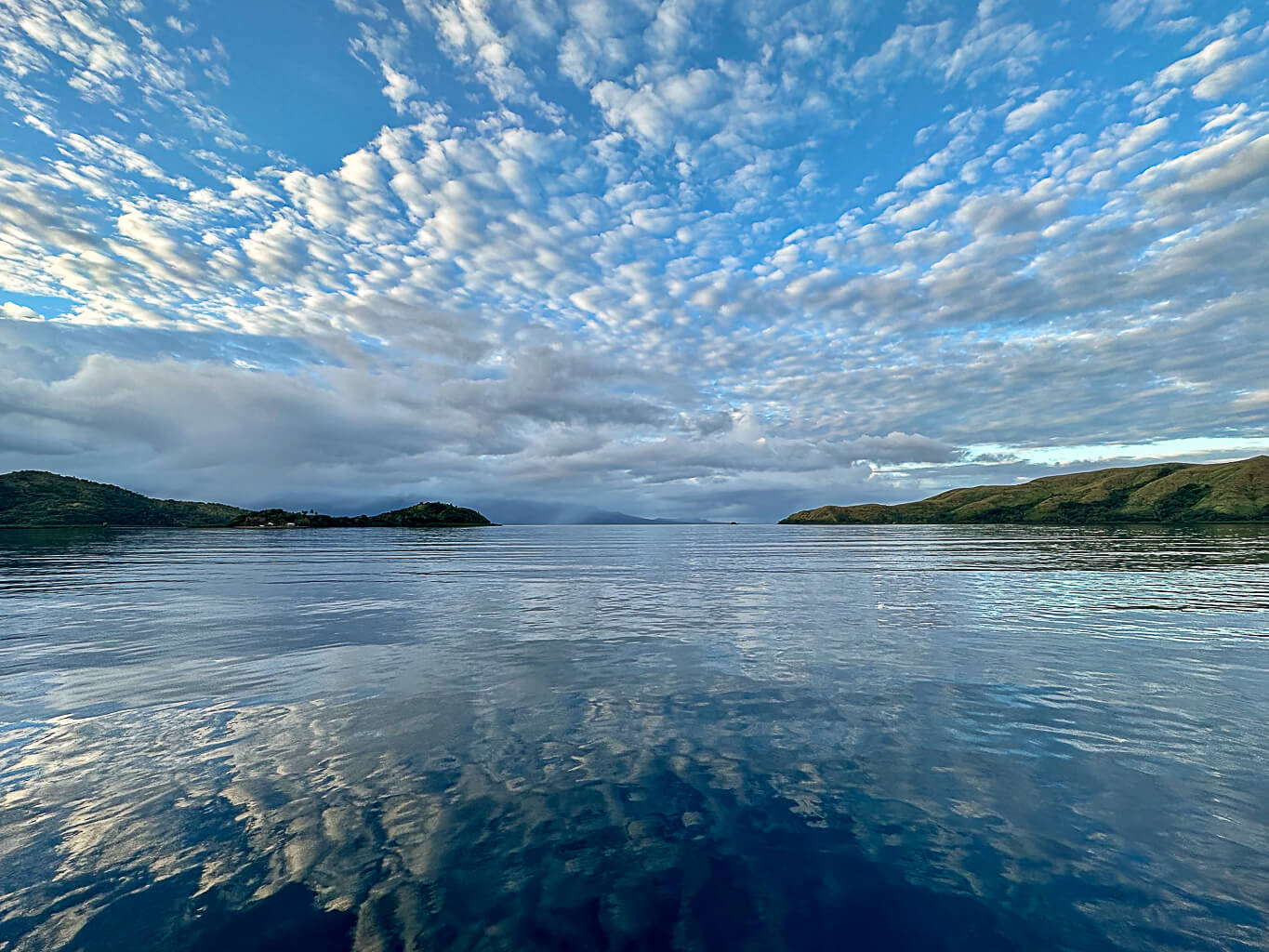
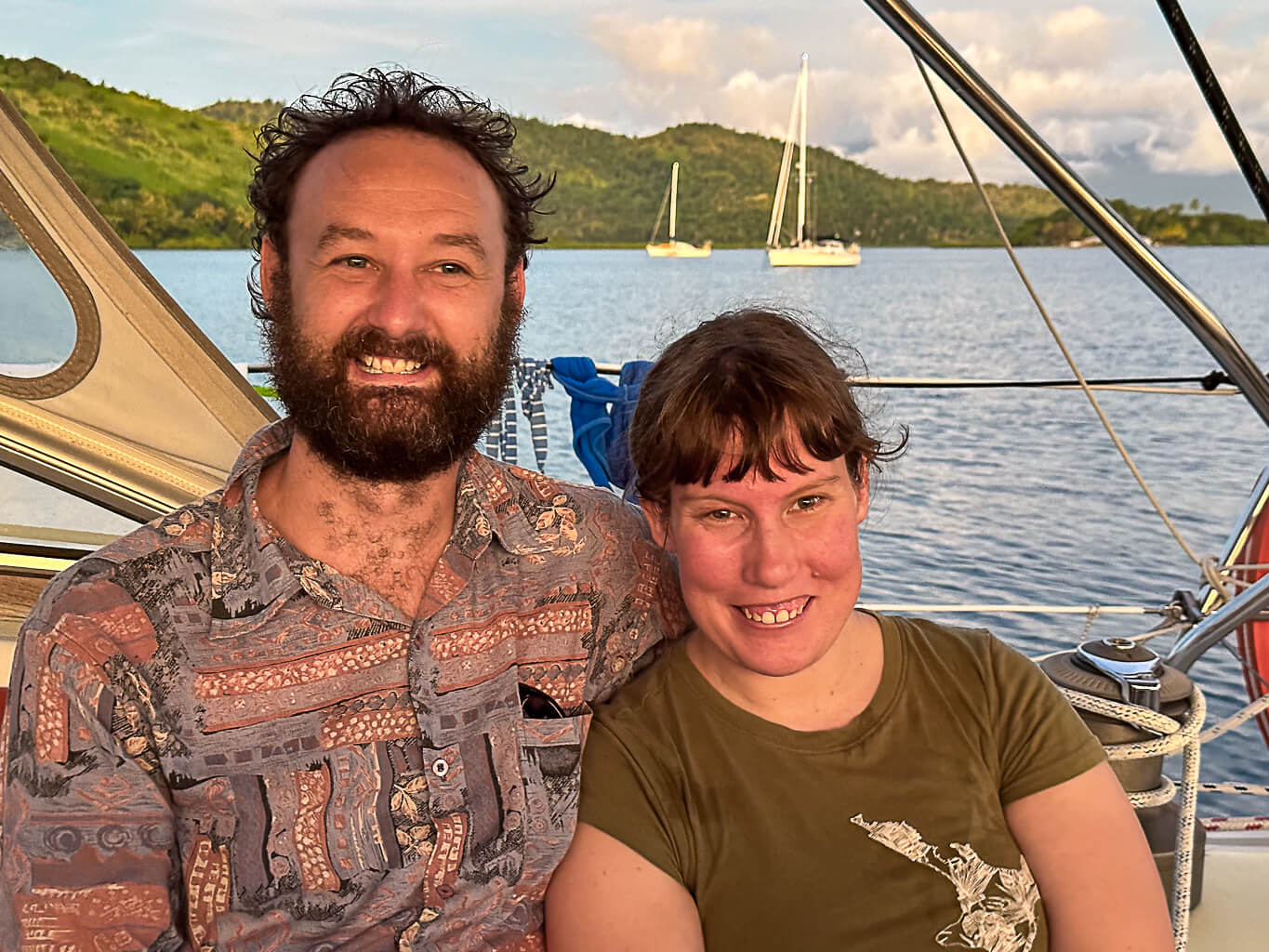
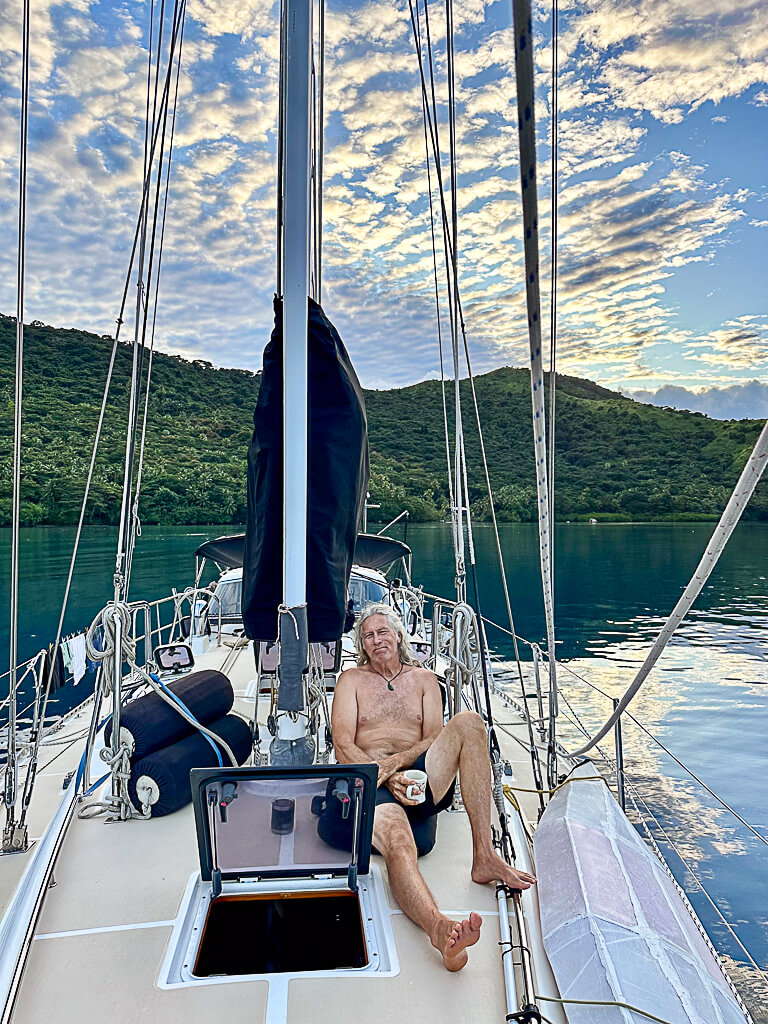
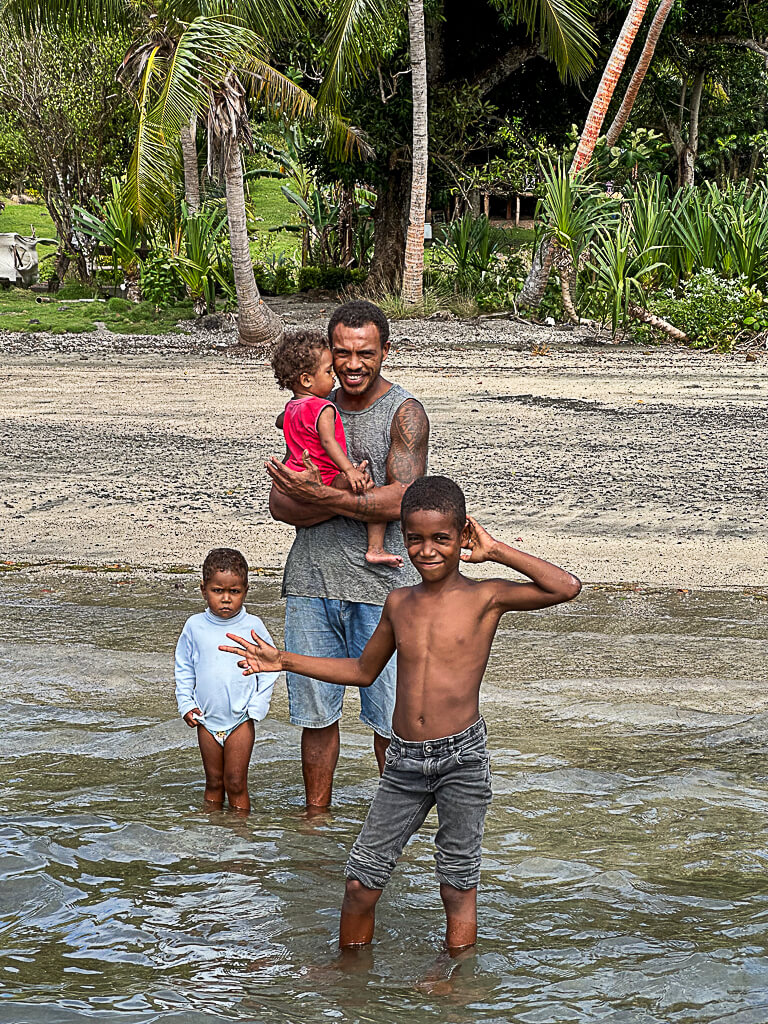
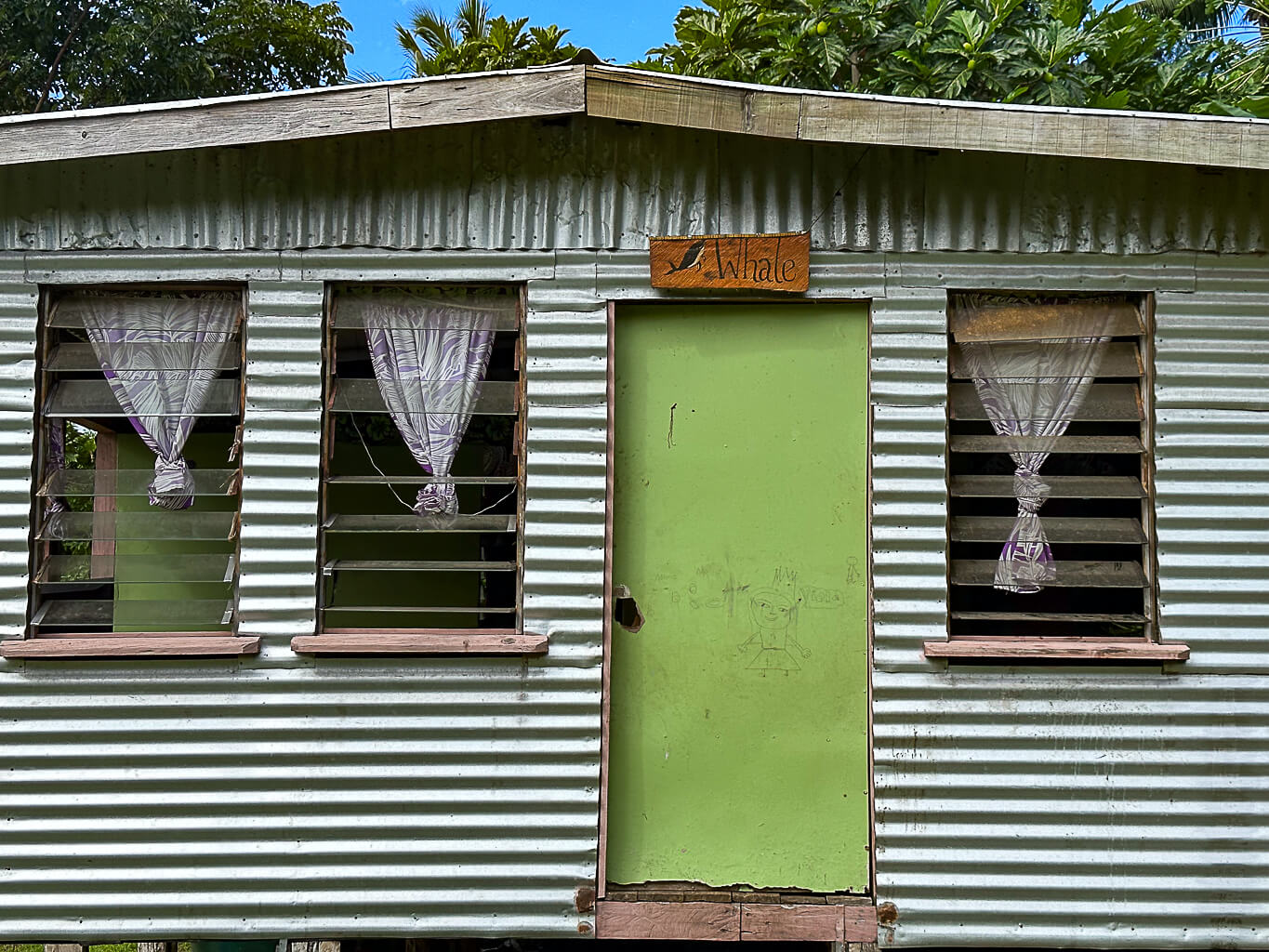
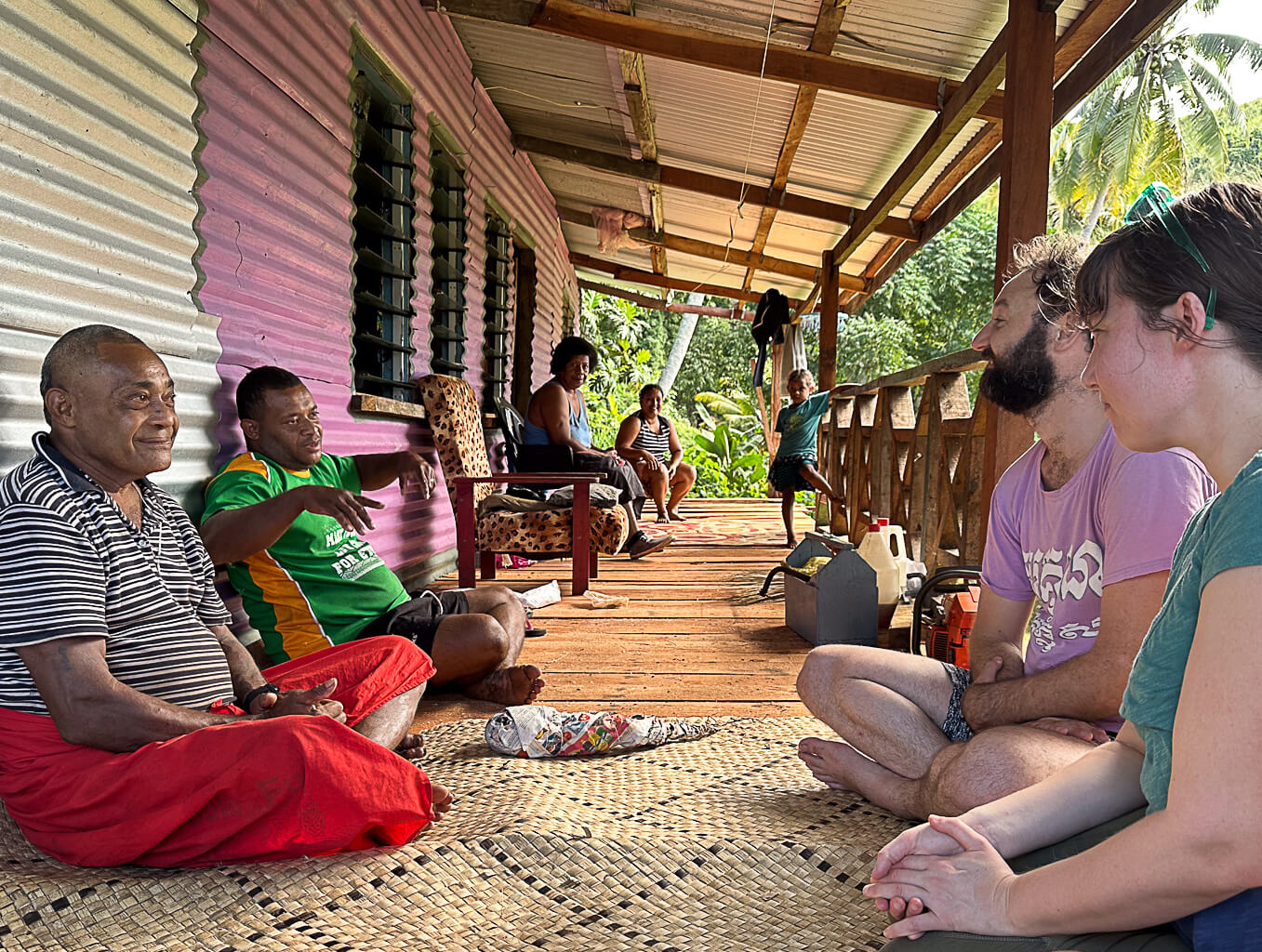
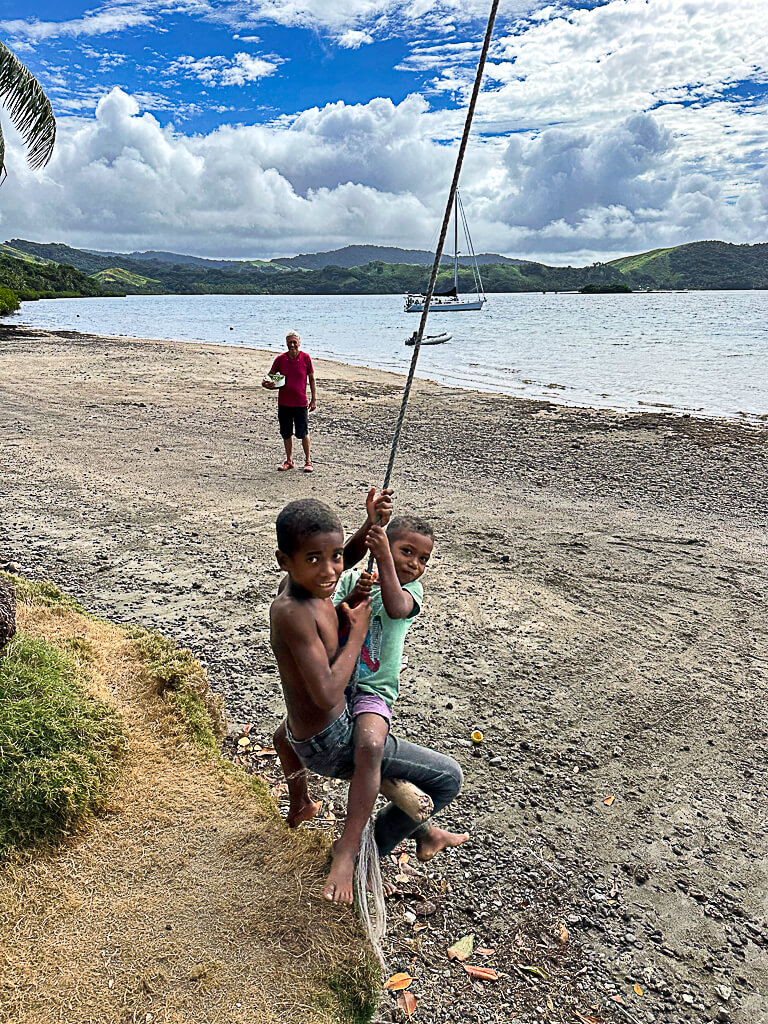
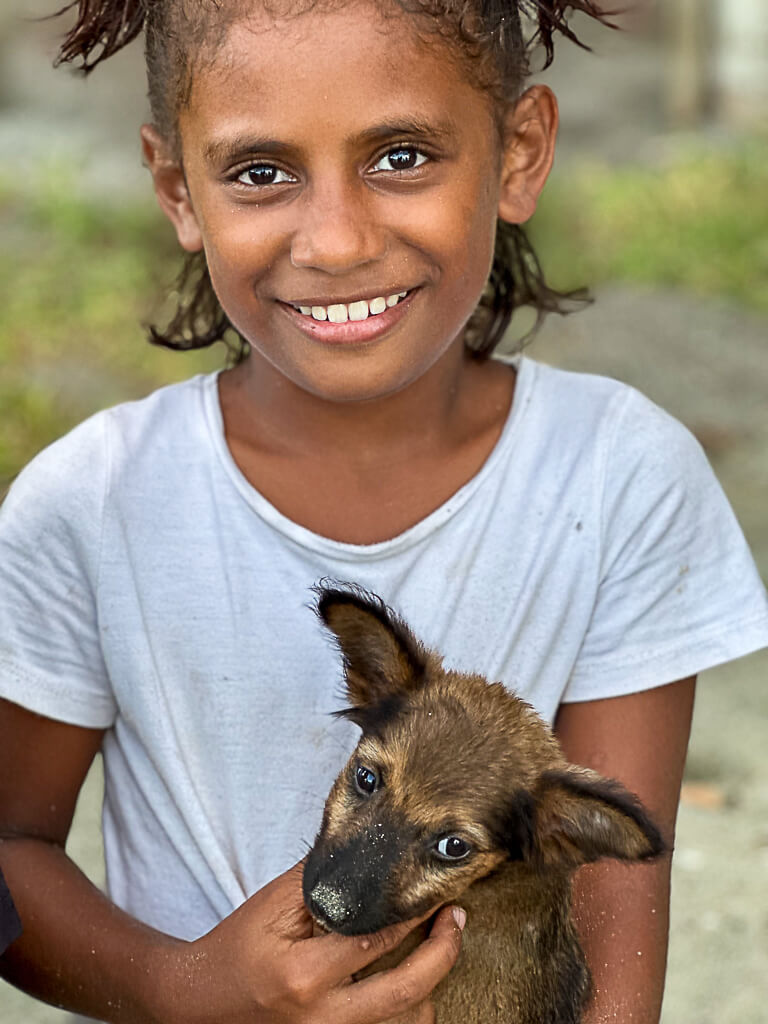
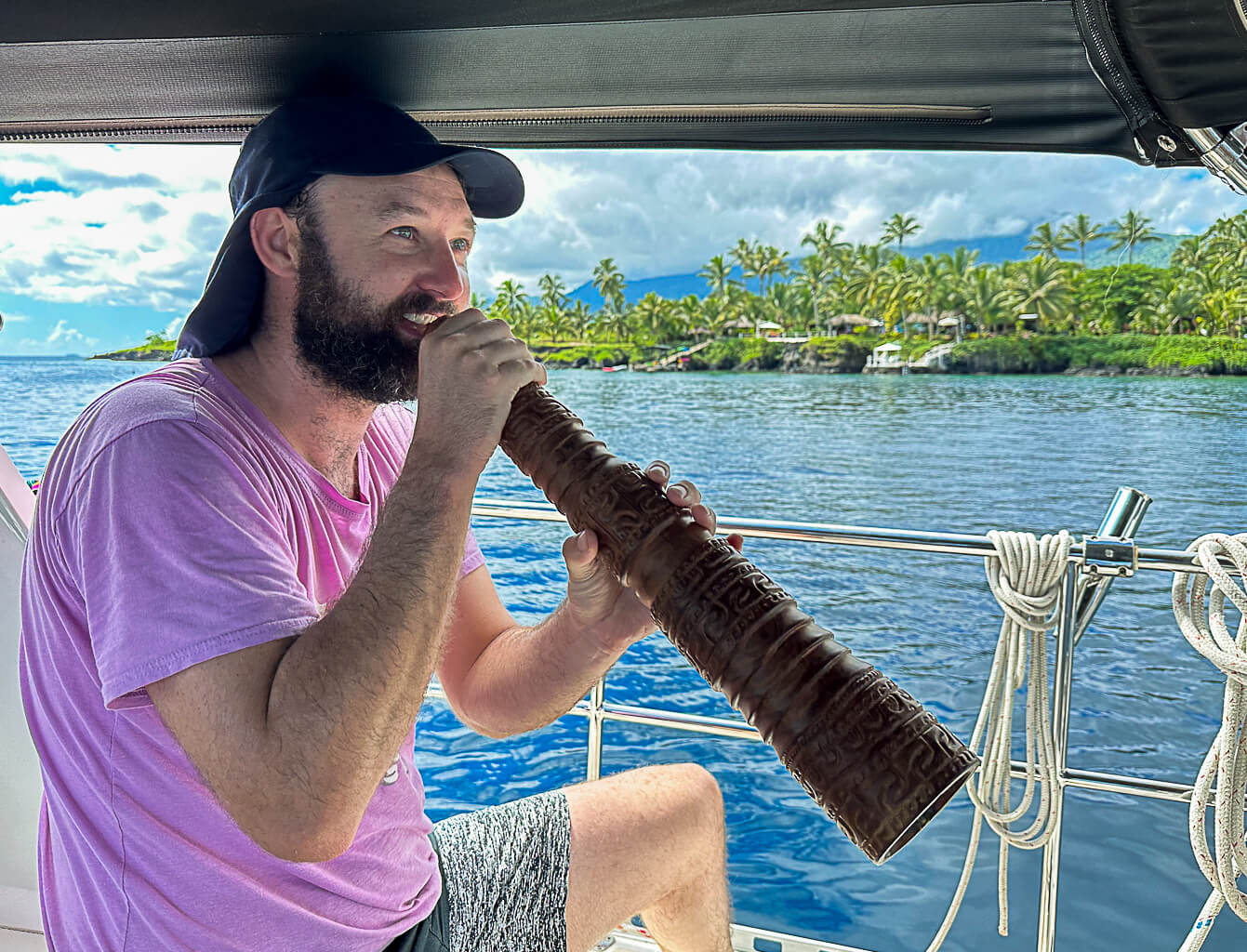
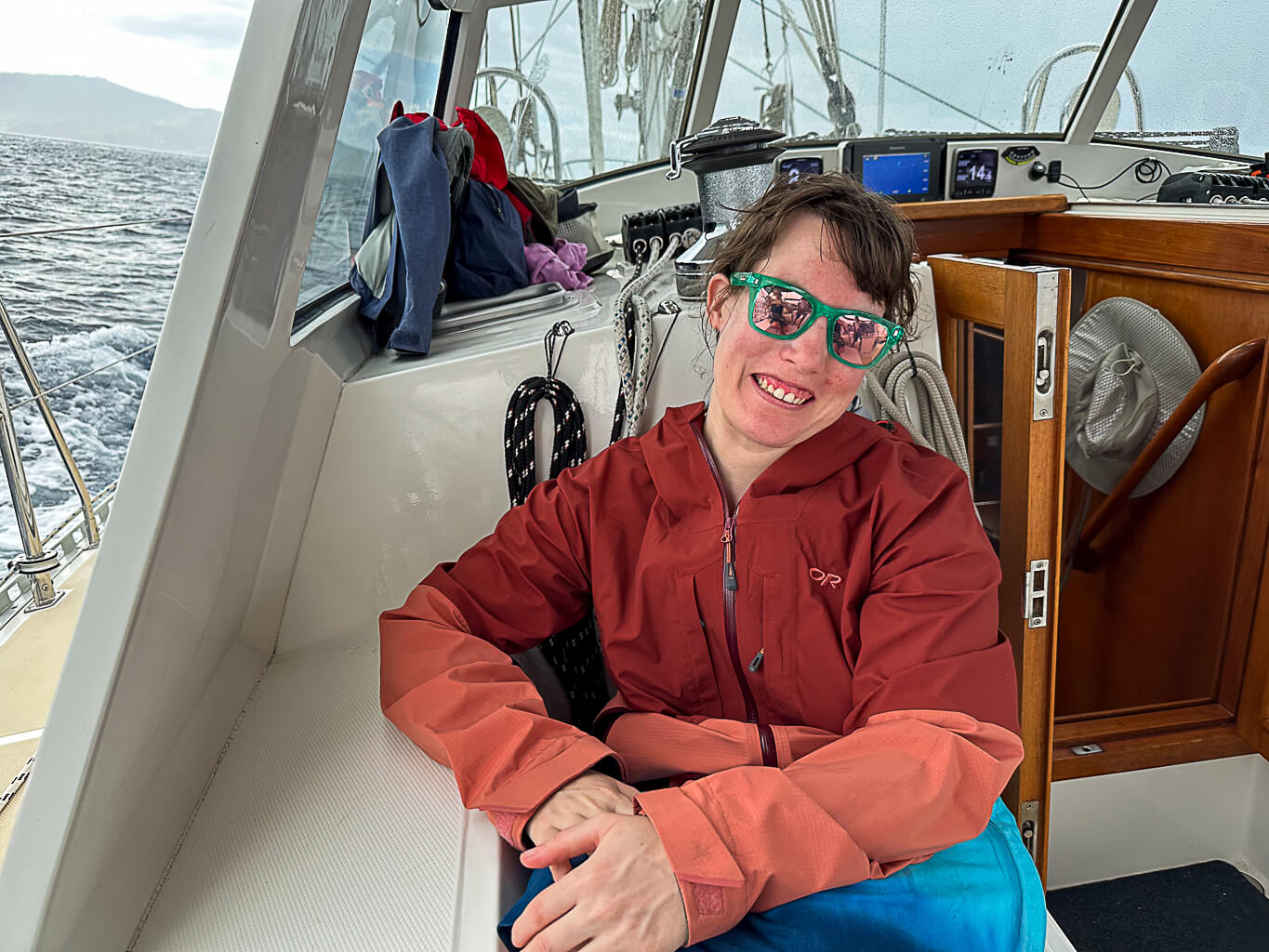
Haley and Liam tuck comfortably into life aboard Allora (Liam, knees slightly bent). Plans yield slowly to late mornings and less ambitious days. Scuba to snorkeling. Rainbow Reef in Viani Bay slips in and out of sun, turtles, schools of shimmering reef fish, clown fish in the anemone, moray eels, turtles, the odd Whitetip reef shark, luminous damsel fish and blue stars. Kids swim out from the beach for a visit, photo ops diving from the swim step. ~MS
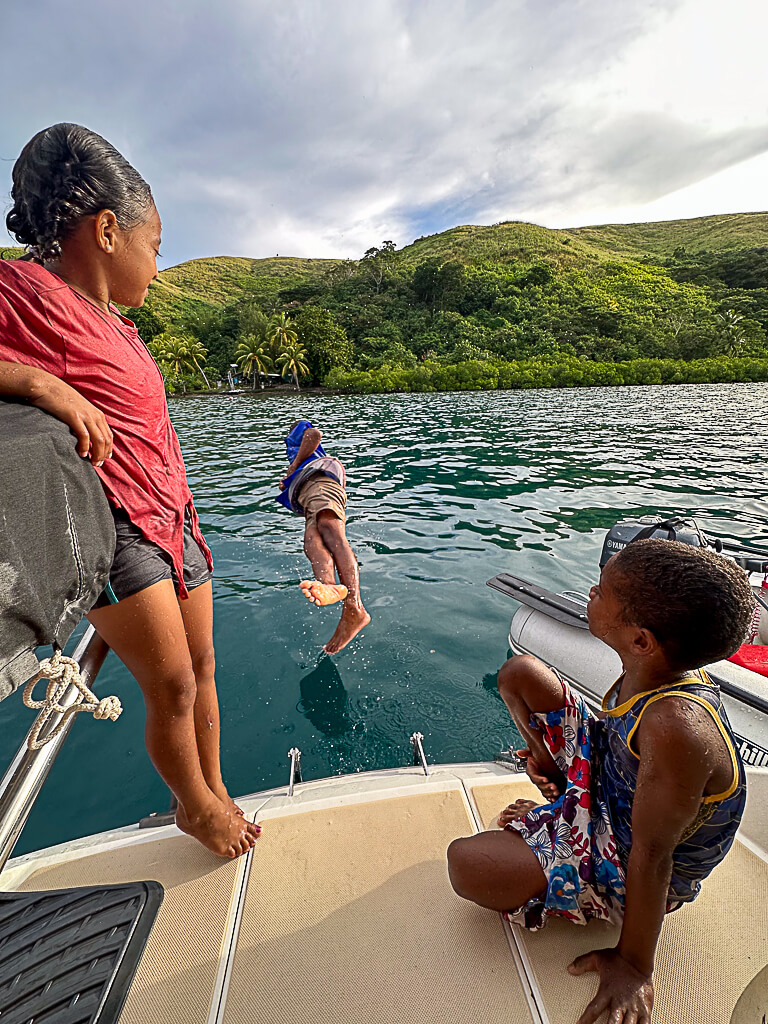
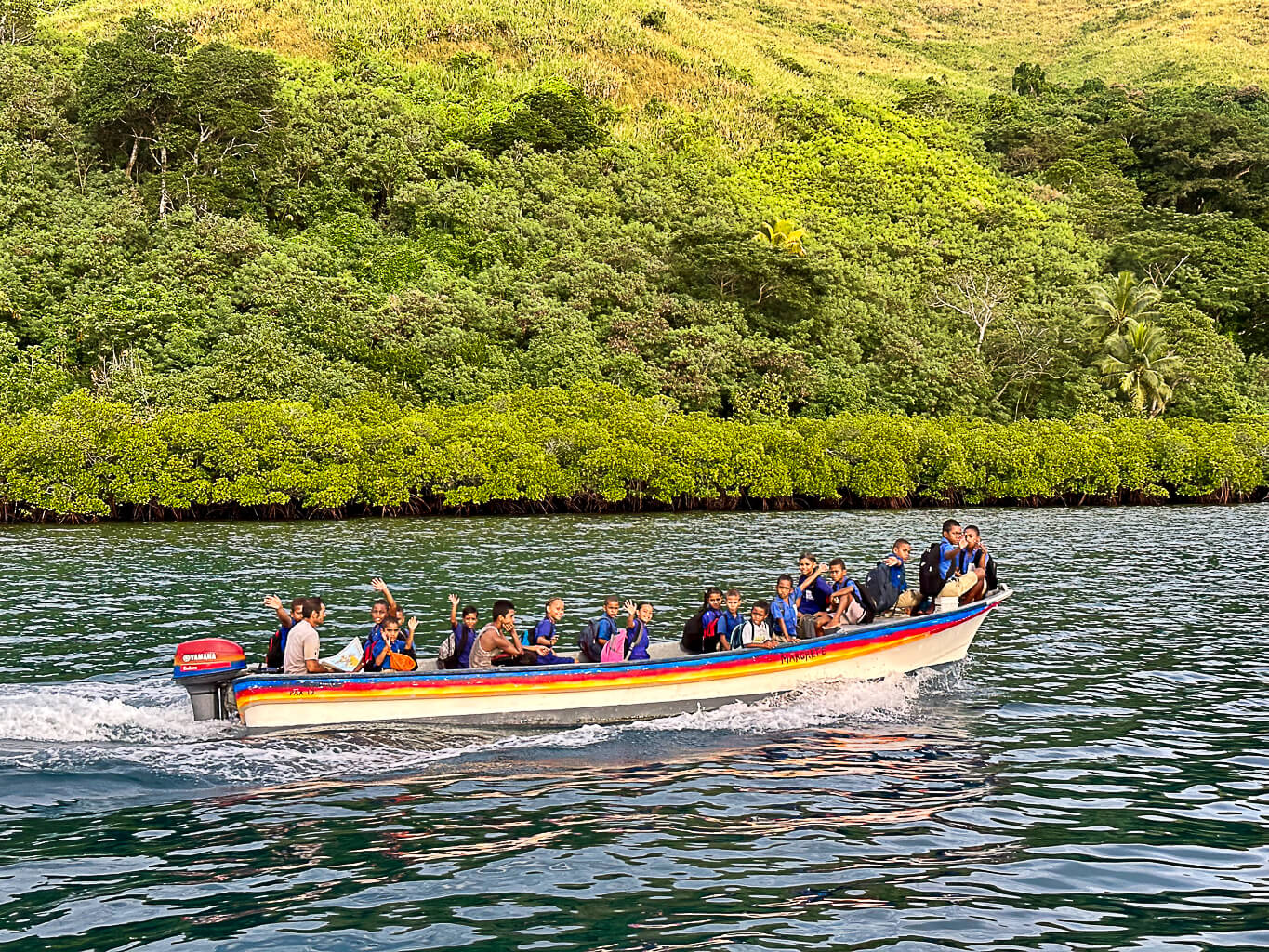

At the turnoff to the natural waterslide where the taxi drops us is Taveuni’s prison set on a the green hillside, palm trees and a view, orange clad inmates wave Bula, Bula! The guidebook suggests that if locals are not using the slide, the water may be too high from rain to be safe. It doesn’t say anything about what it indicates that the locals are riding the slide on foot and doing flips into the pools. We were happy for Liam to go first, and appreciated the tips about hidden rocks along the fast and sometimes painful ride. ~MS
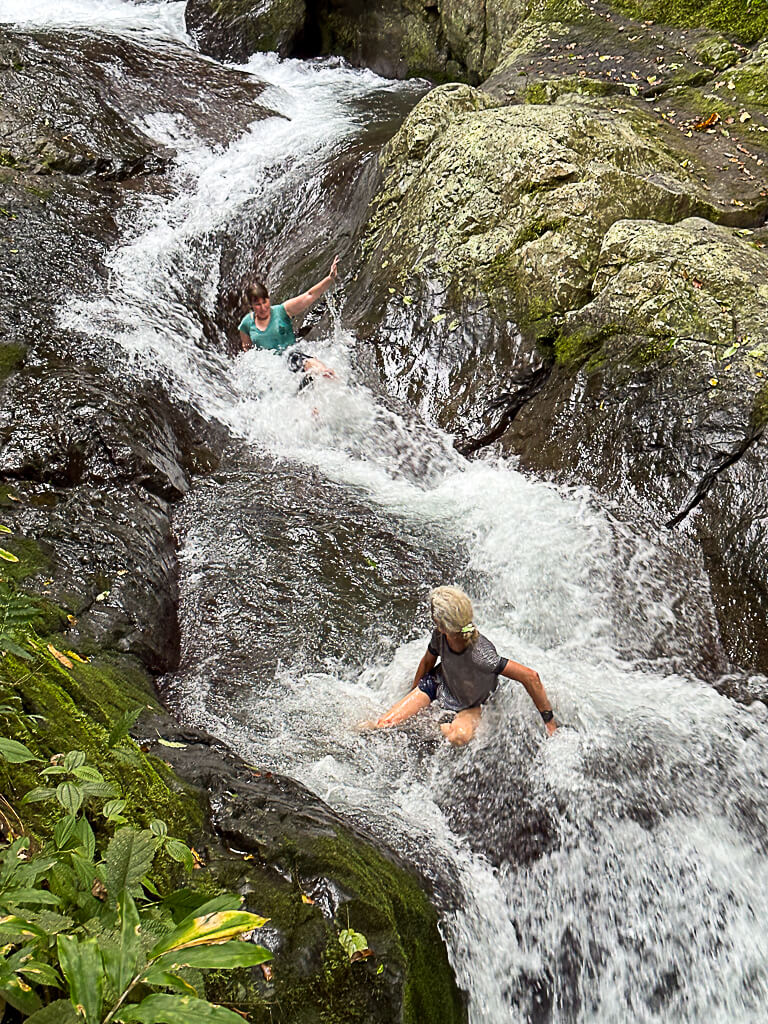
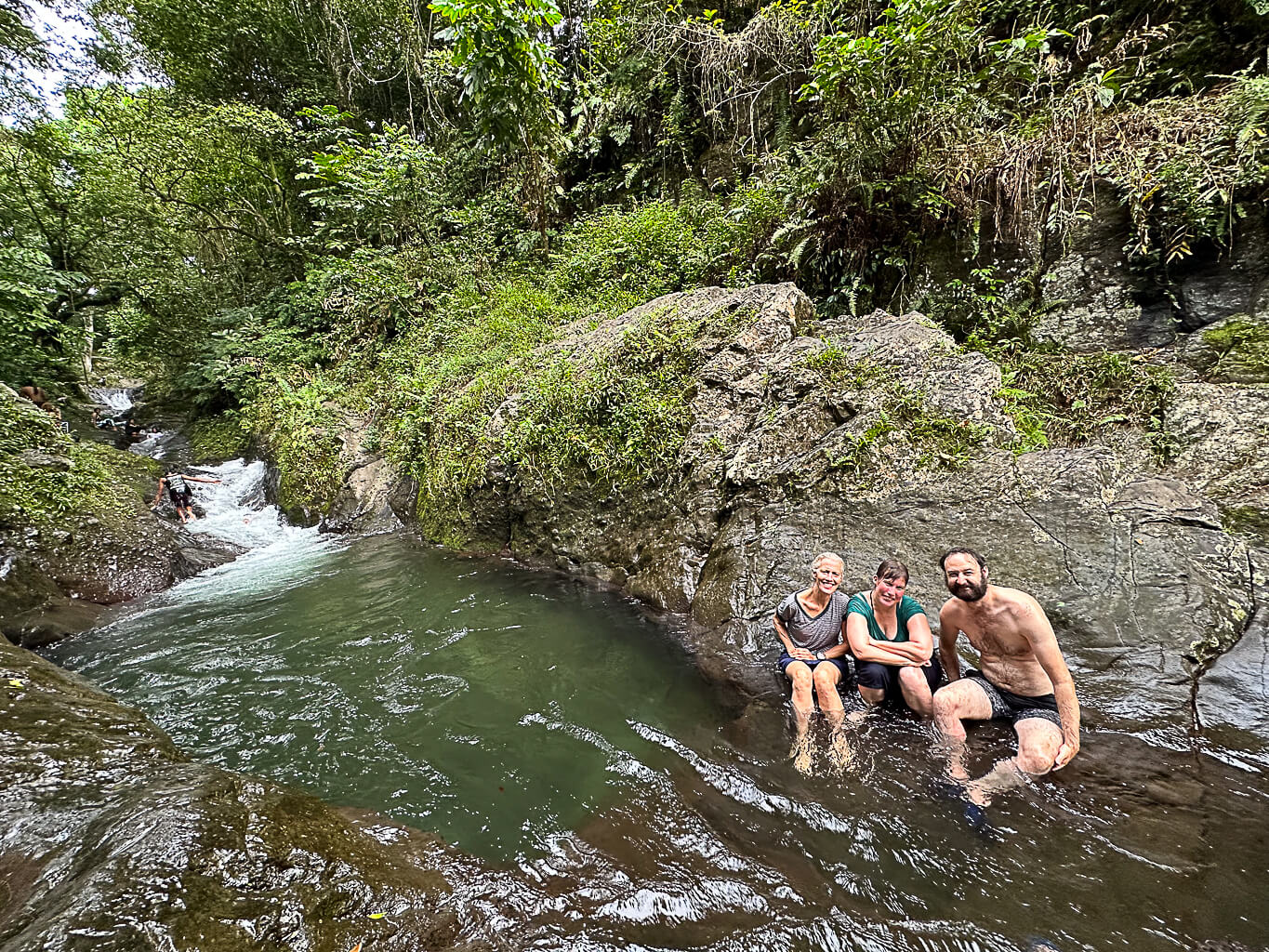
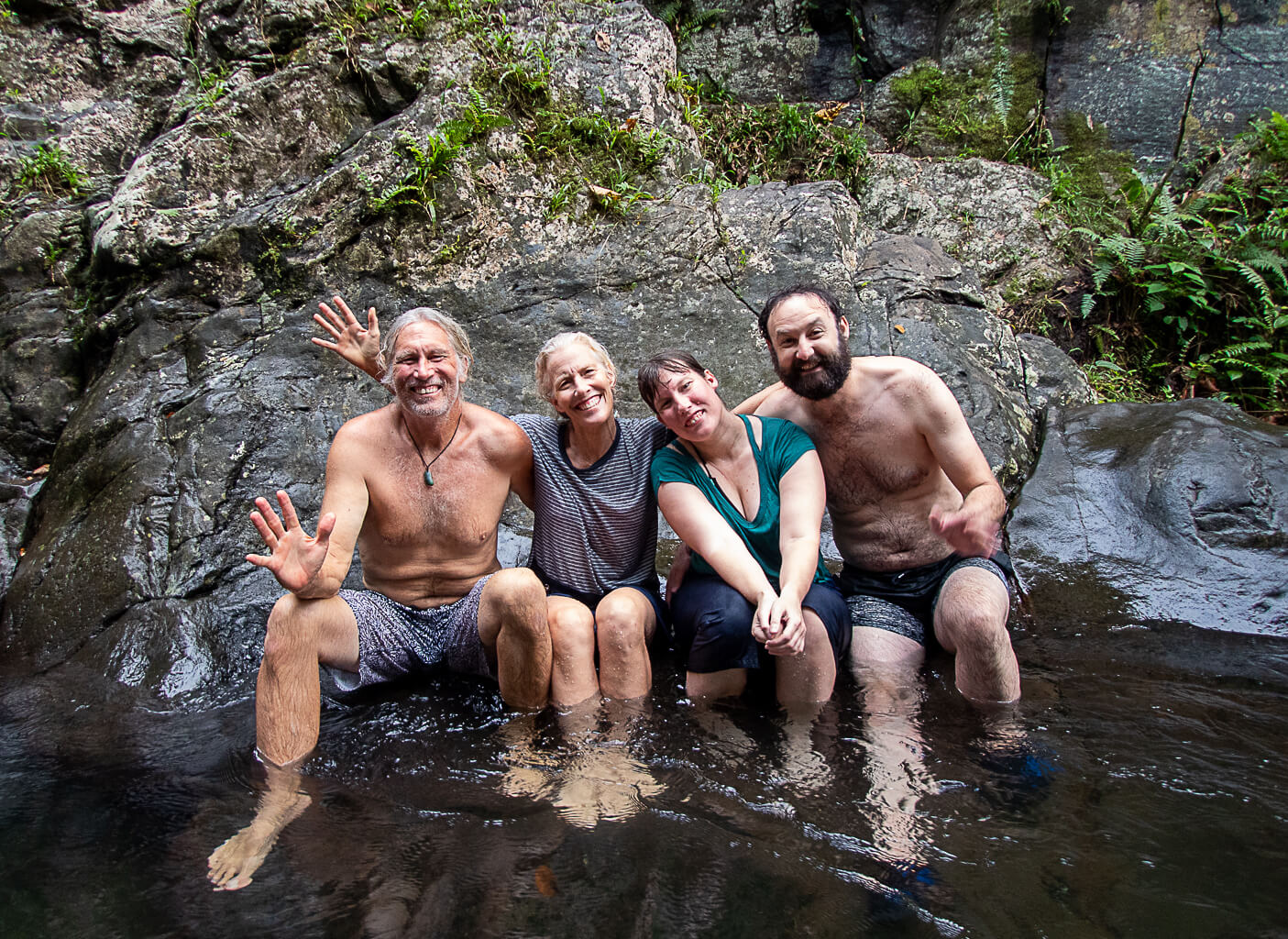
Farkle games at night reminded us of days in New Zealand when we lived in the same town. Casual dinners, walks without destinations. Just being in the same place without plans is the best part, rain or shine. ~MS
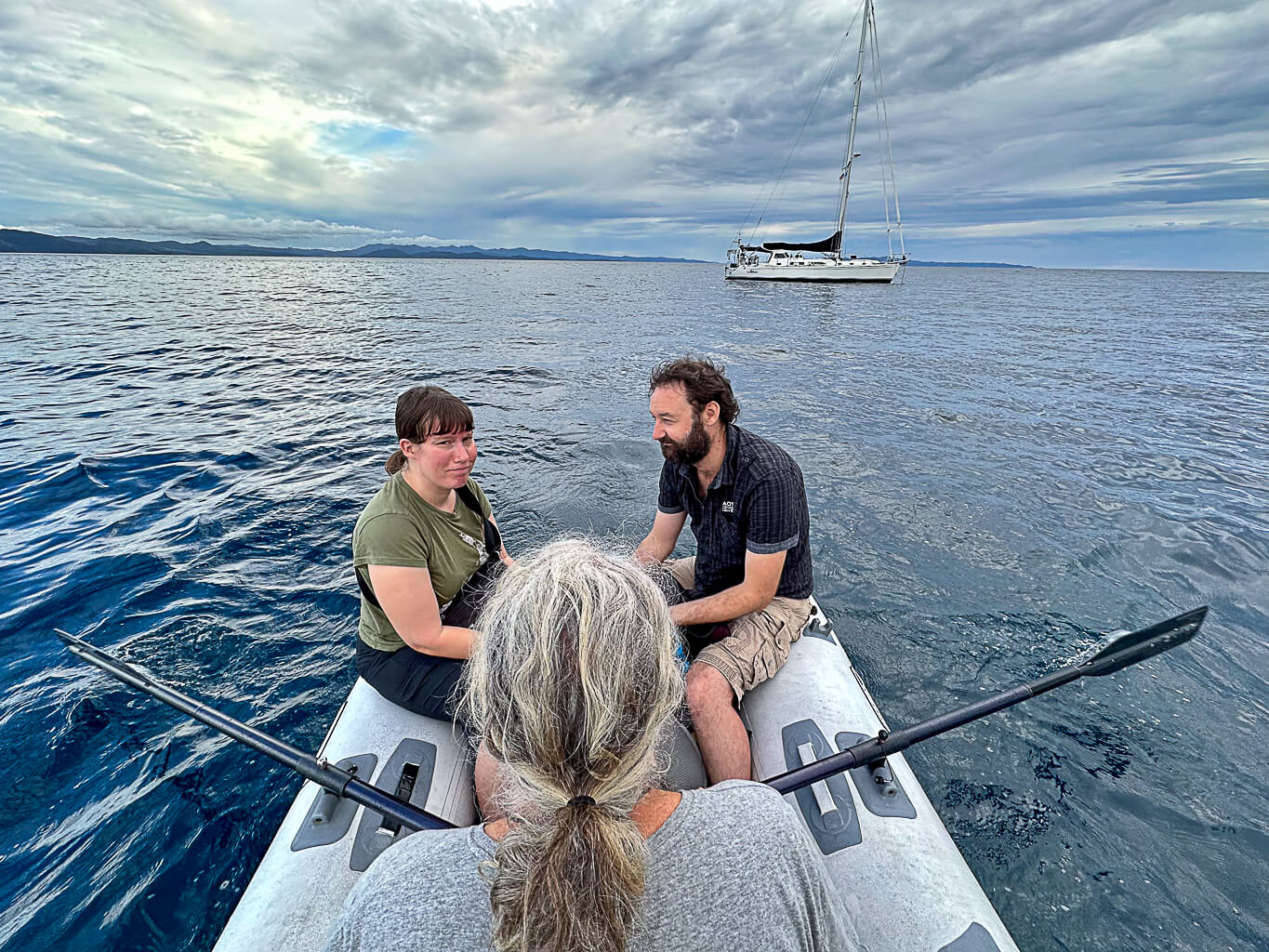
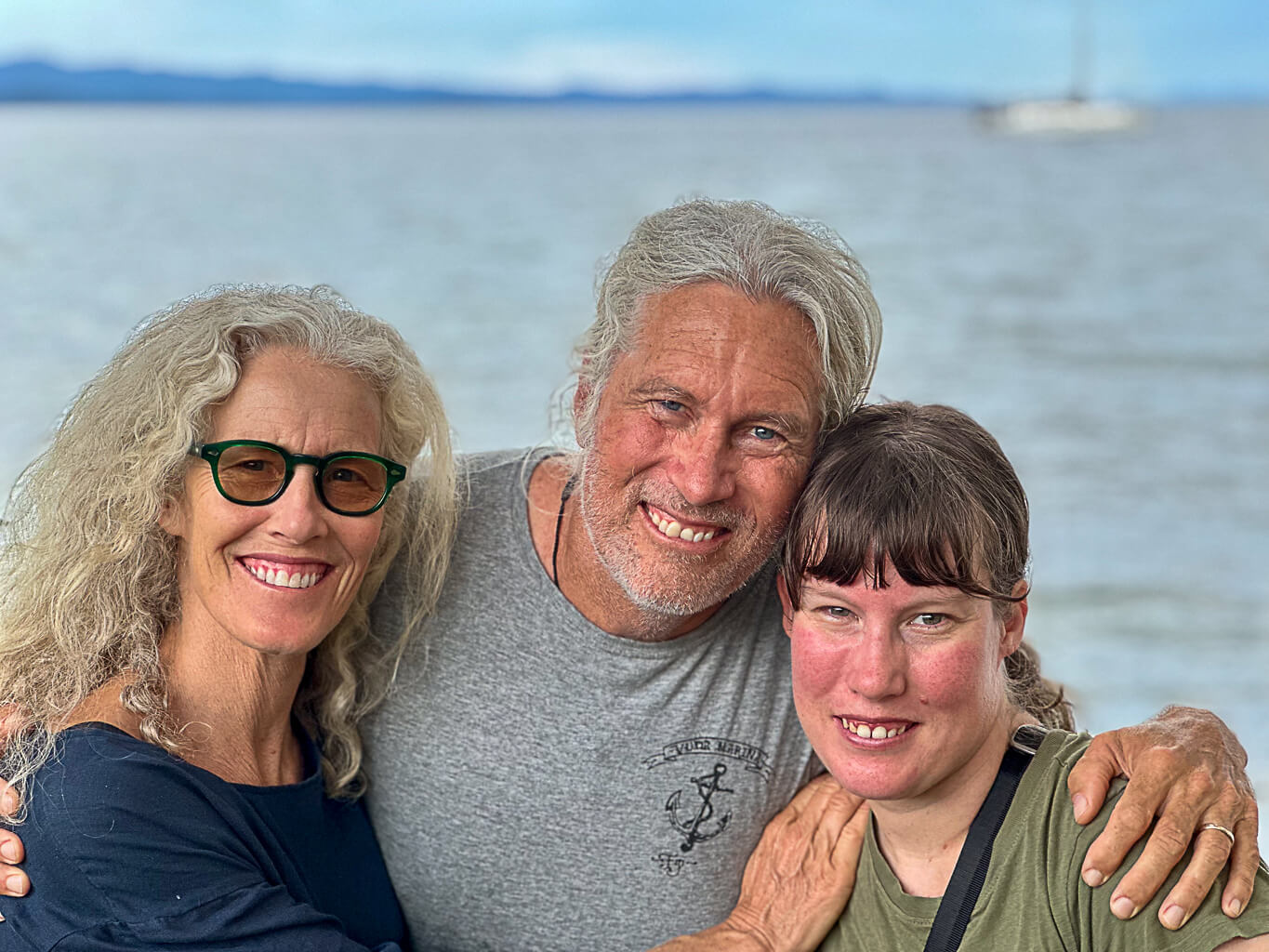
Each visit from friends and family has a certain ‘flavor’ and when Haley and Liam are aboard, it’s about EASE. They are gracious and lighthearted, generous and fun. We have a sense that we can just BE without fuss – and these days, I especially appreciate that important lesson. ‘Vinaka vakalevu’ for the inspiration, you two! And for creating the space in your lives to make the trip! ~DS
Bula once more, Fiji!
By some painful and myseterious black magic— 12 hours in a tired old Fiji Airways Airbus bulkhead with unhappy, uncomfortable young travelers and a collapsing arm rest video unit that nearly took out Diana’s shin… somehow… we managed to atomically deconstruct our sense of self… and transport and reconstruct ourselves in a multiverse, far far away from the frozen white cornucopia of Bozeman, Montana, USA… Fiji where it’s GREEN, suddenly 90 percent humidity and 89 degrees F (something like 32 C for those so inclined). No way to describe the particular quality of sunsets here, unlike anything so far in the Pacific. Three weeks of relentless job lists, commiserating with our fellow sailors all struggling to resurrect our boats from their cyclone pits, reacquaint ourselves the preposterous, maddening and miraculous complexity of these beautiful beasts. Fix and clean more things than seems rational. We are finally ready to poke our nose back out into the whirl of troughs and reinforced trade winds and remember, we dearly hope… why we work so hard to sit at anchor, on our living lady Allora and dip a toe in this magical cerulean water.
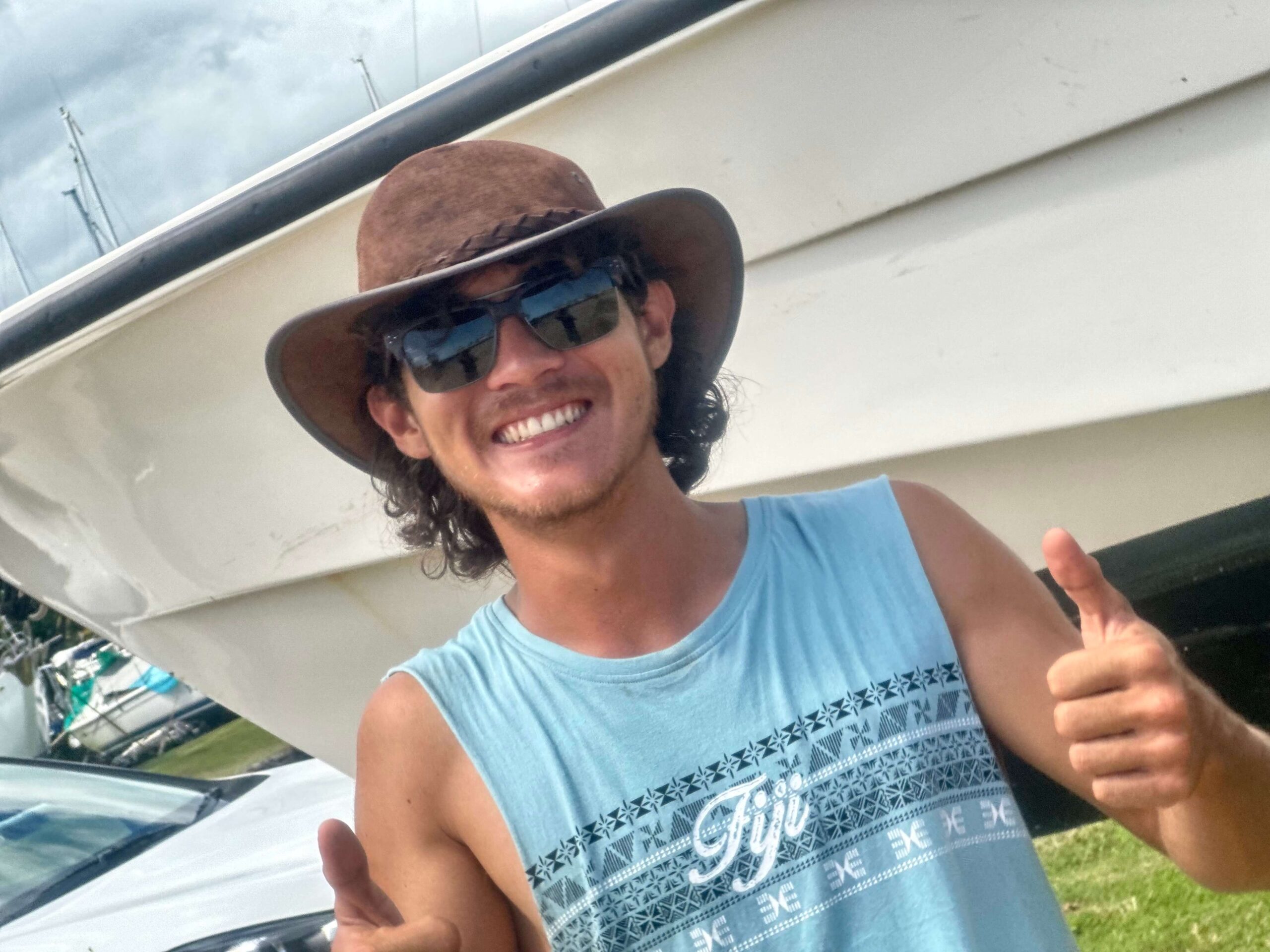
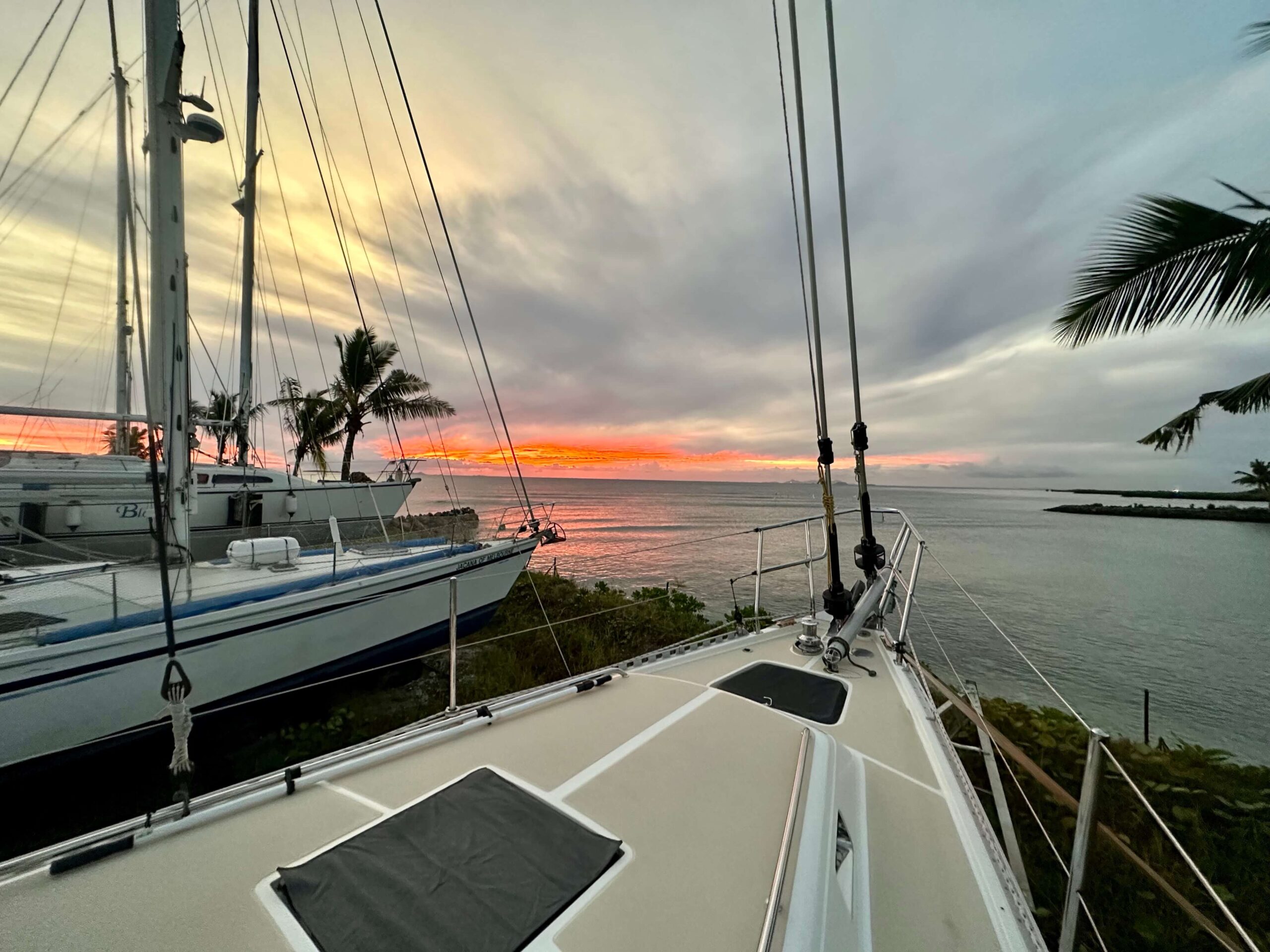
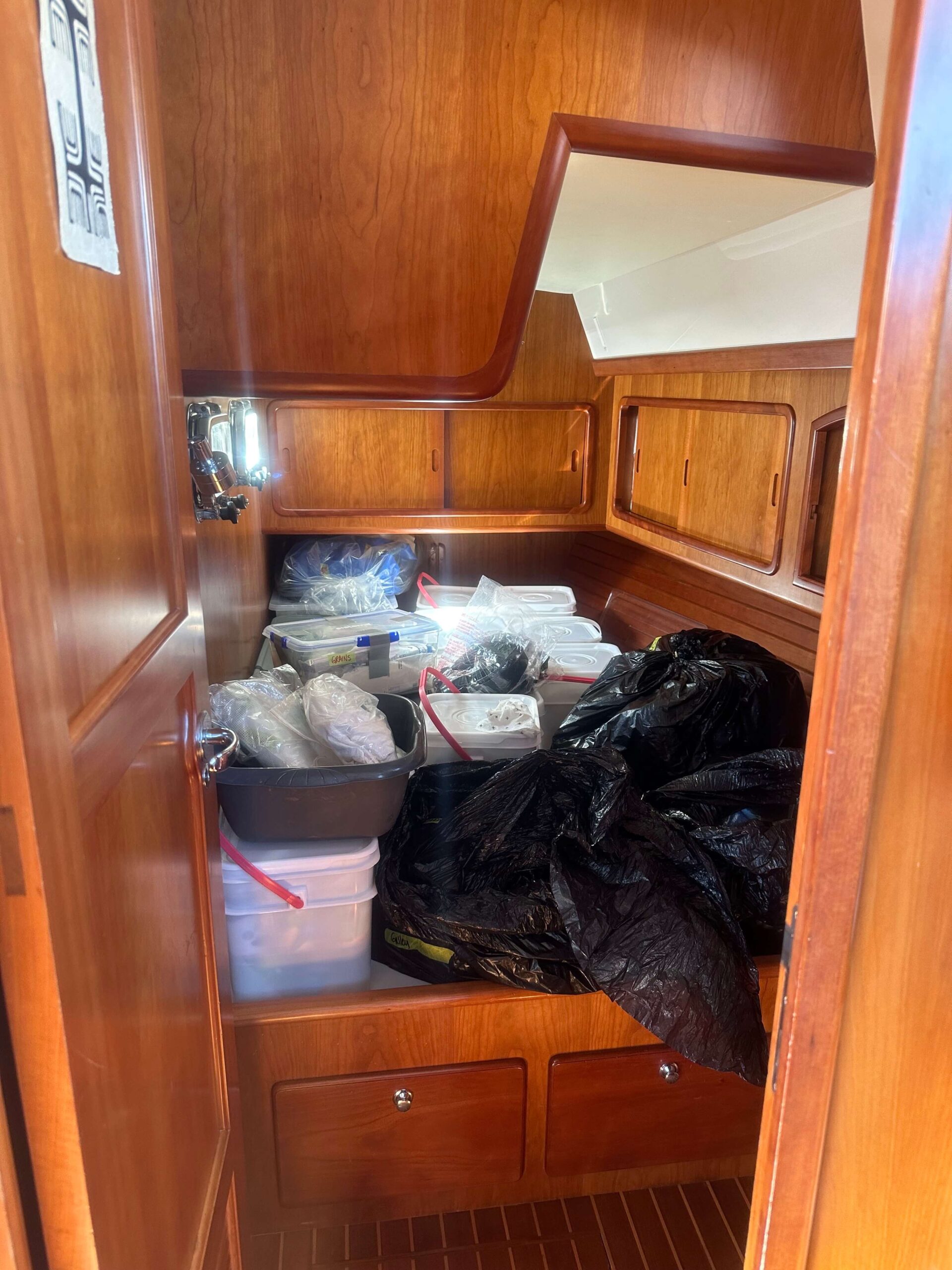
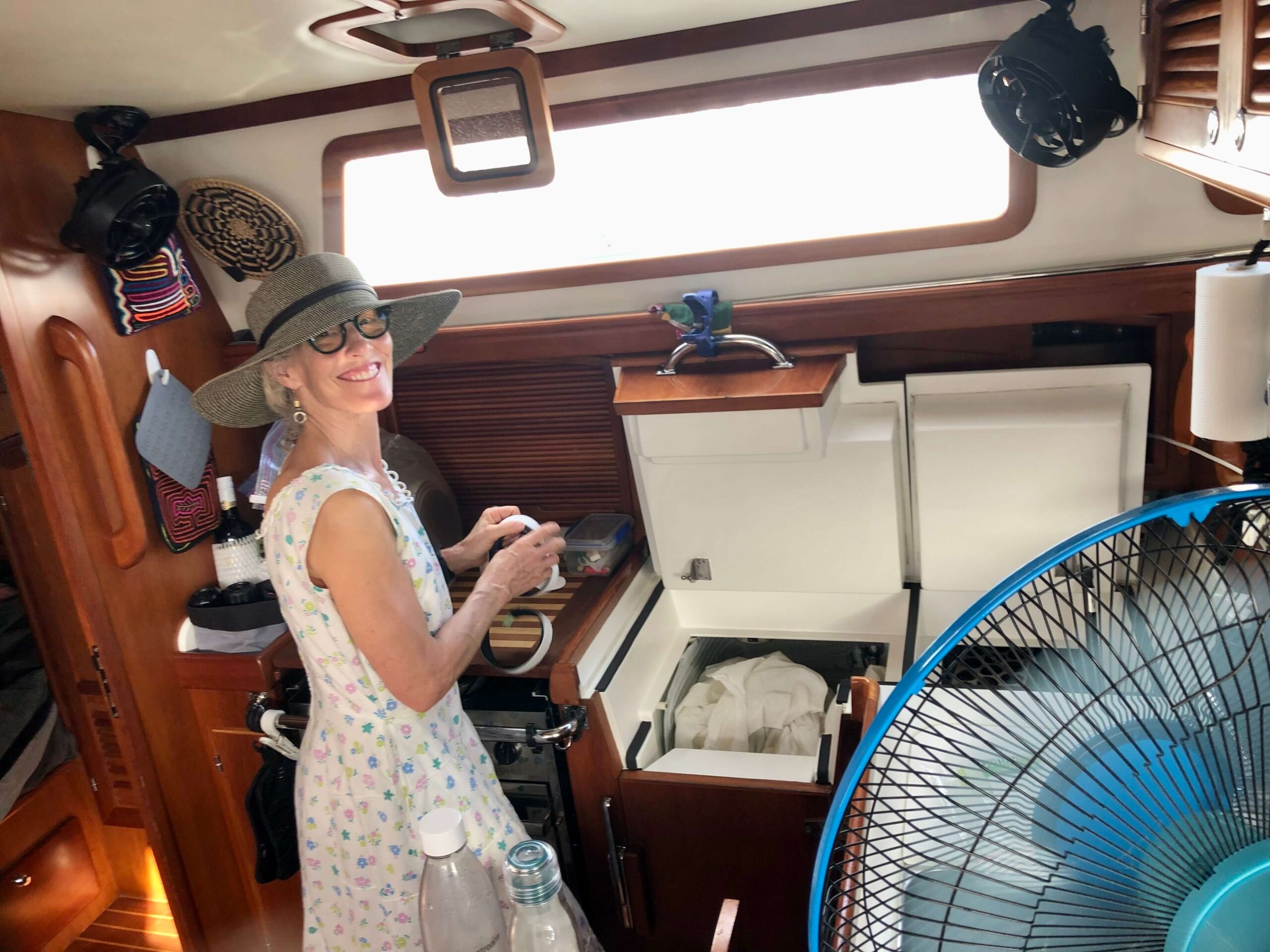
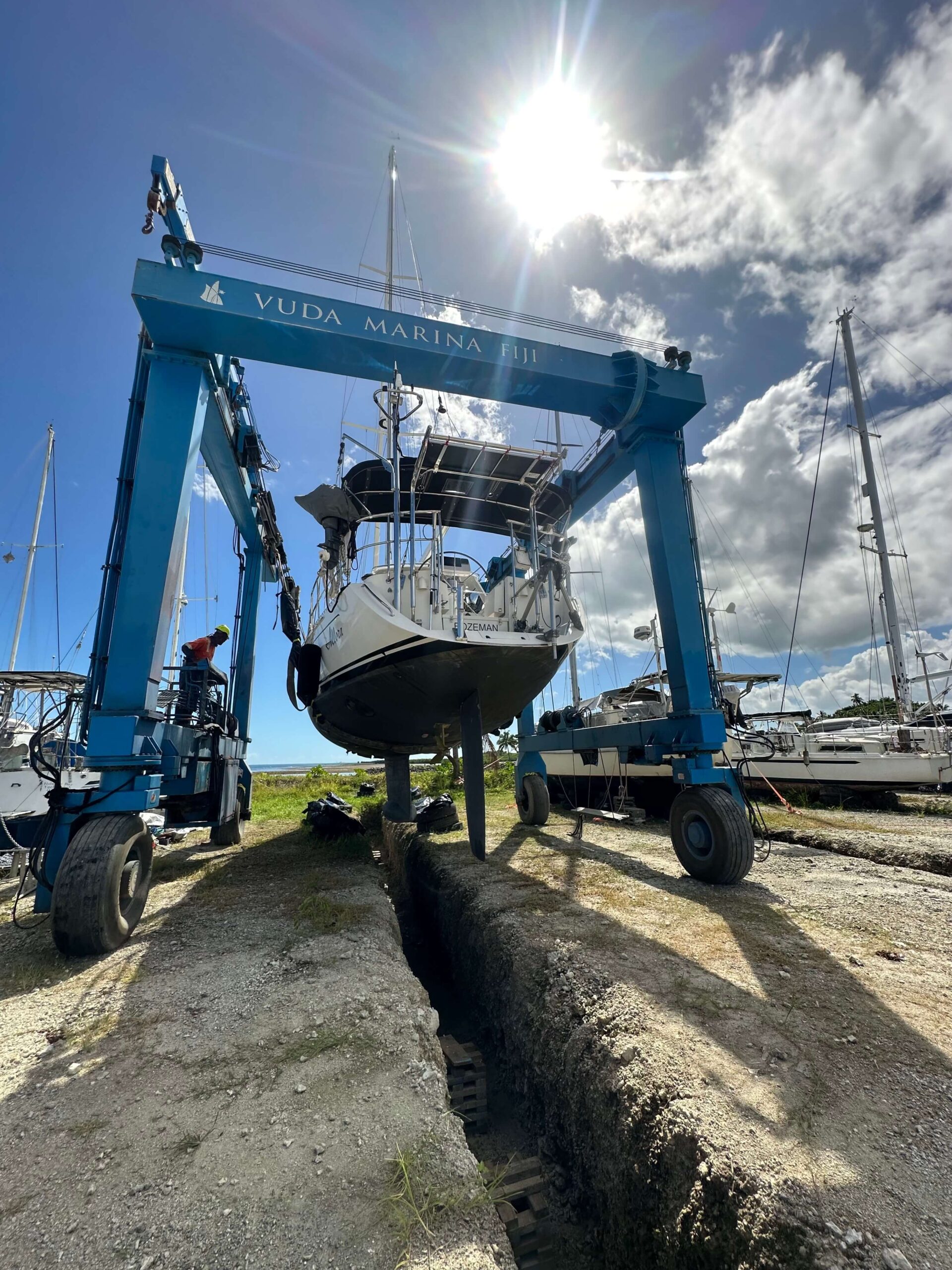
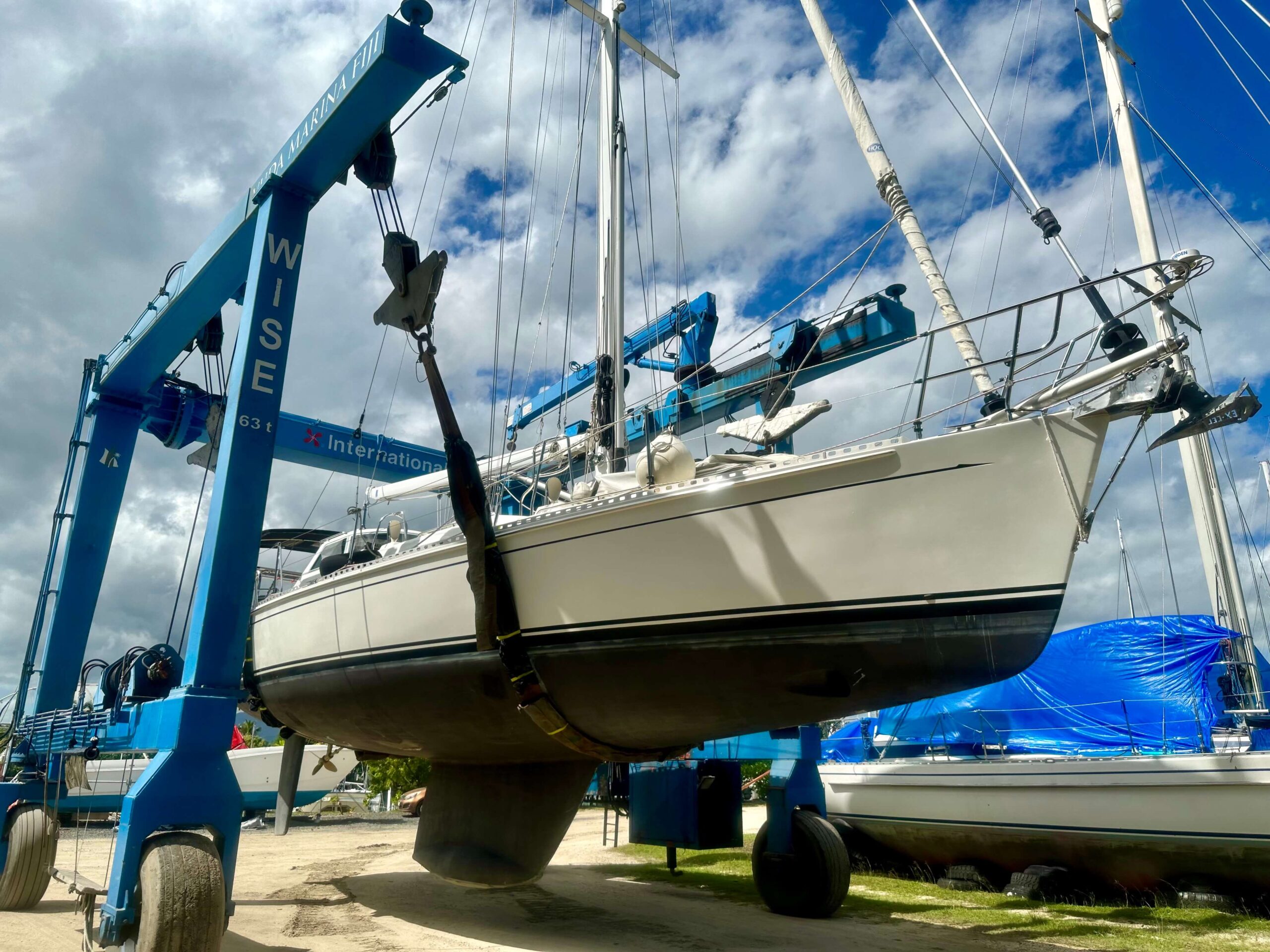
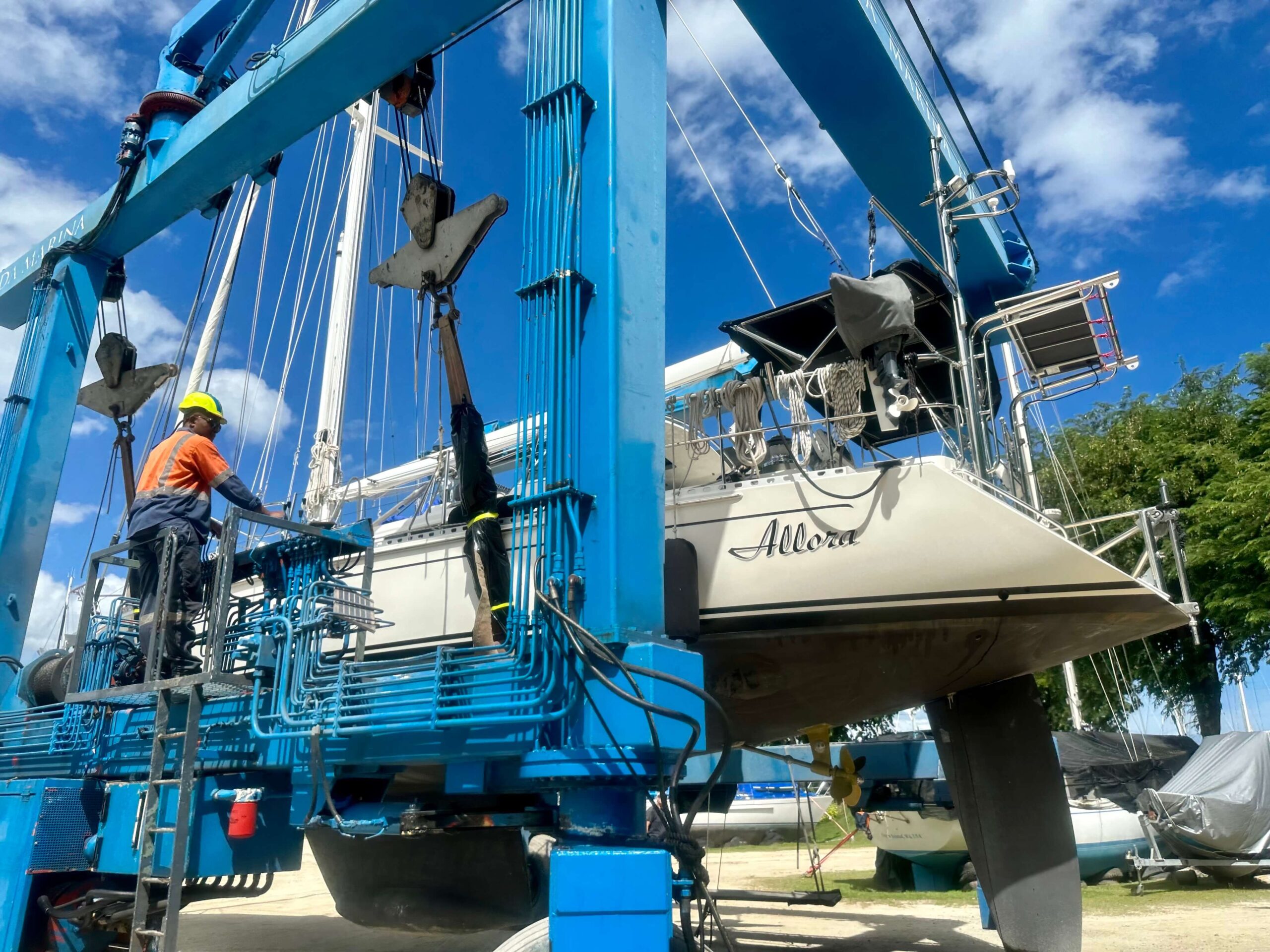
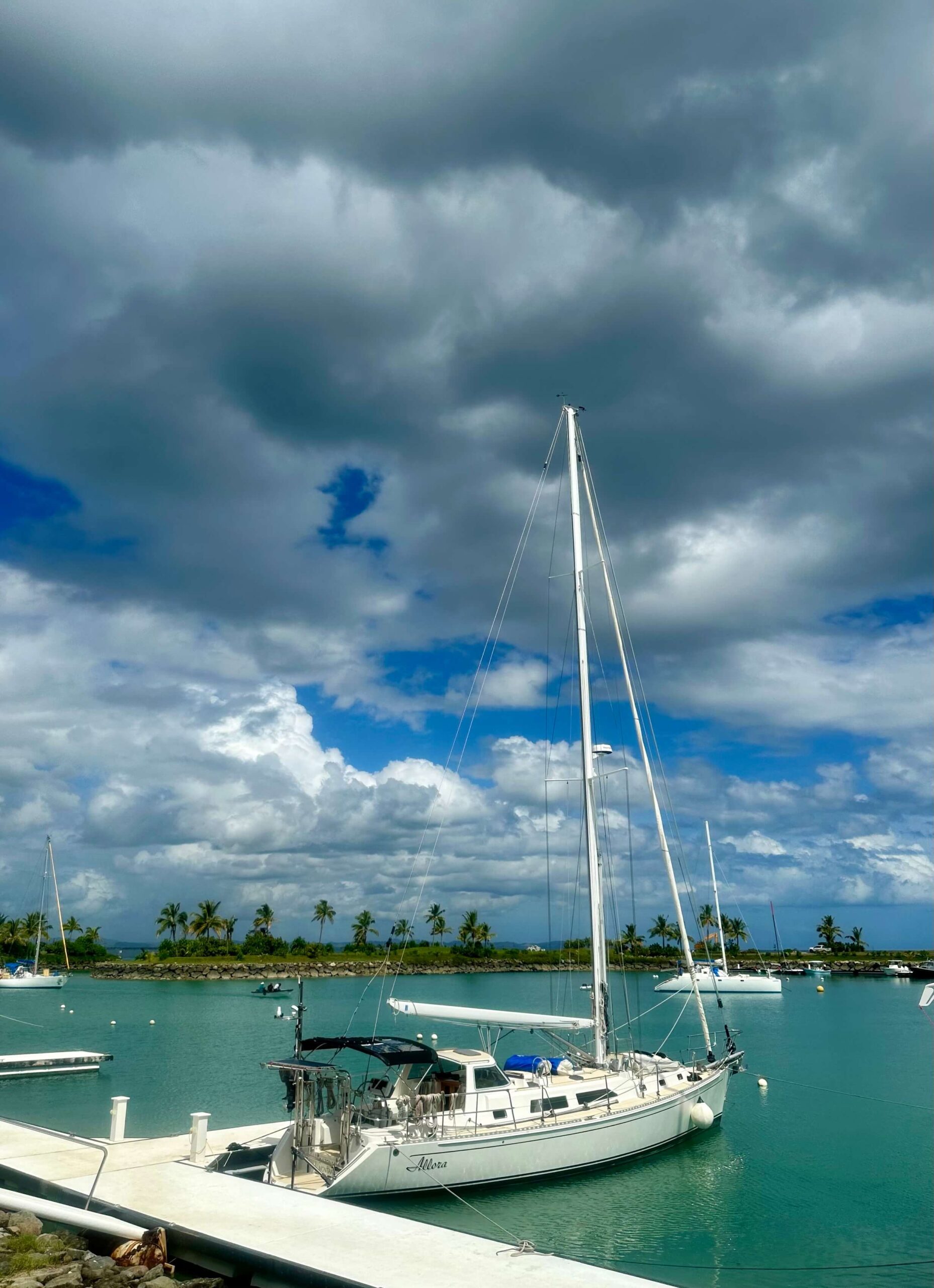
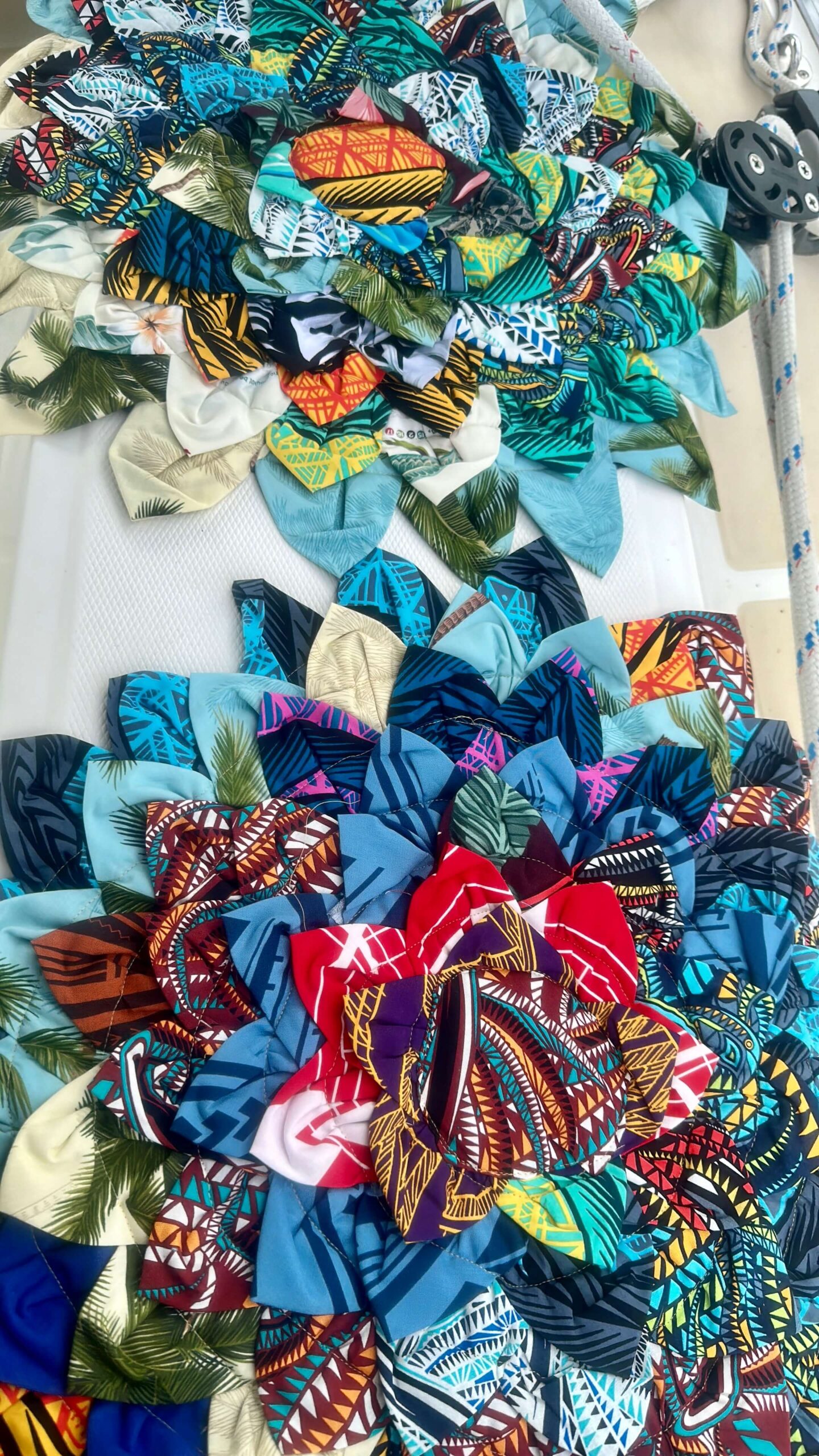
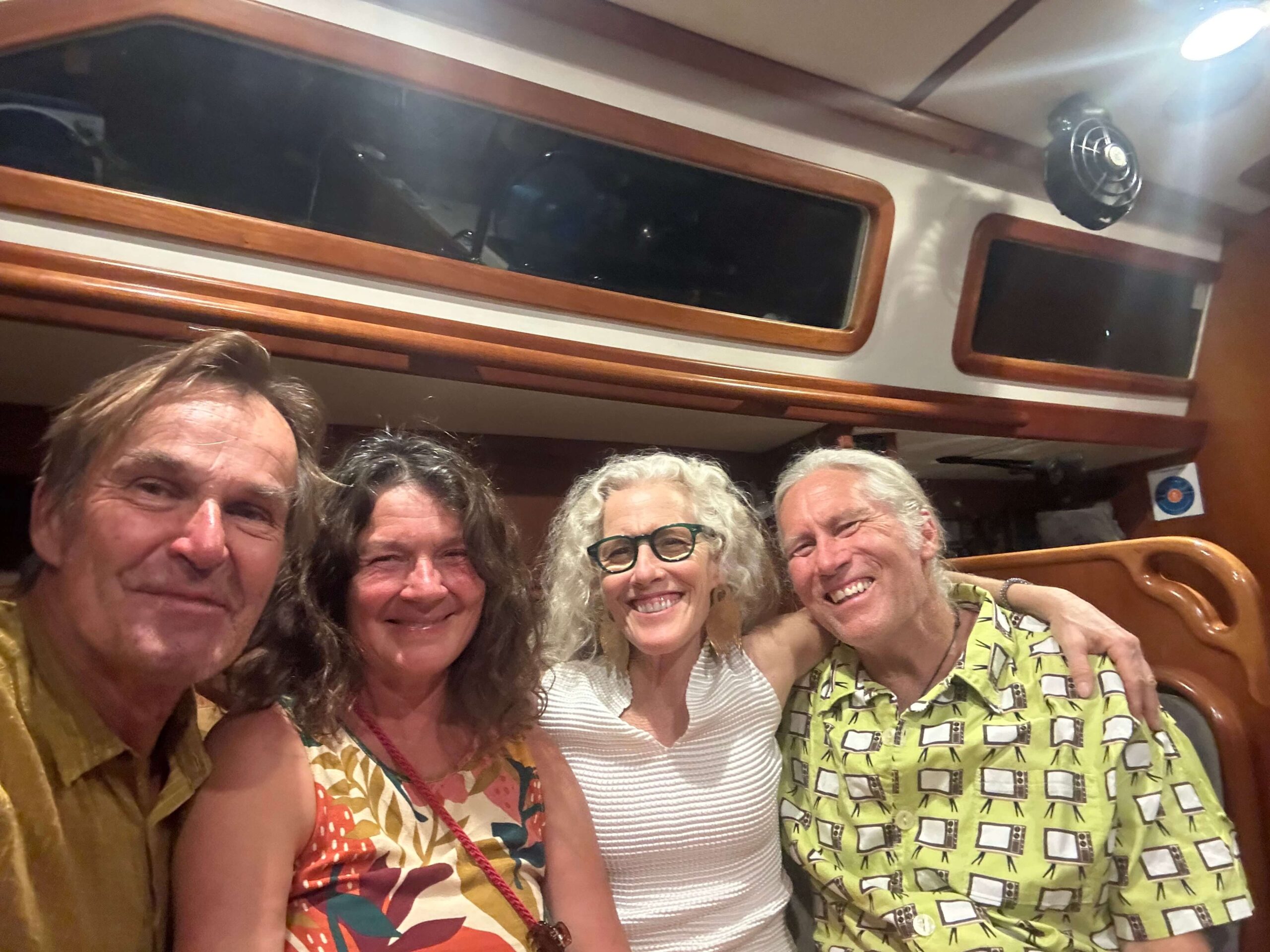
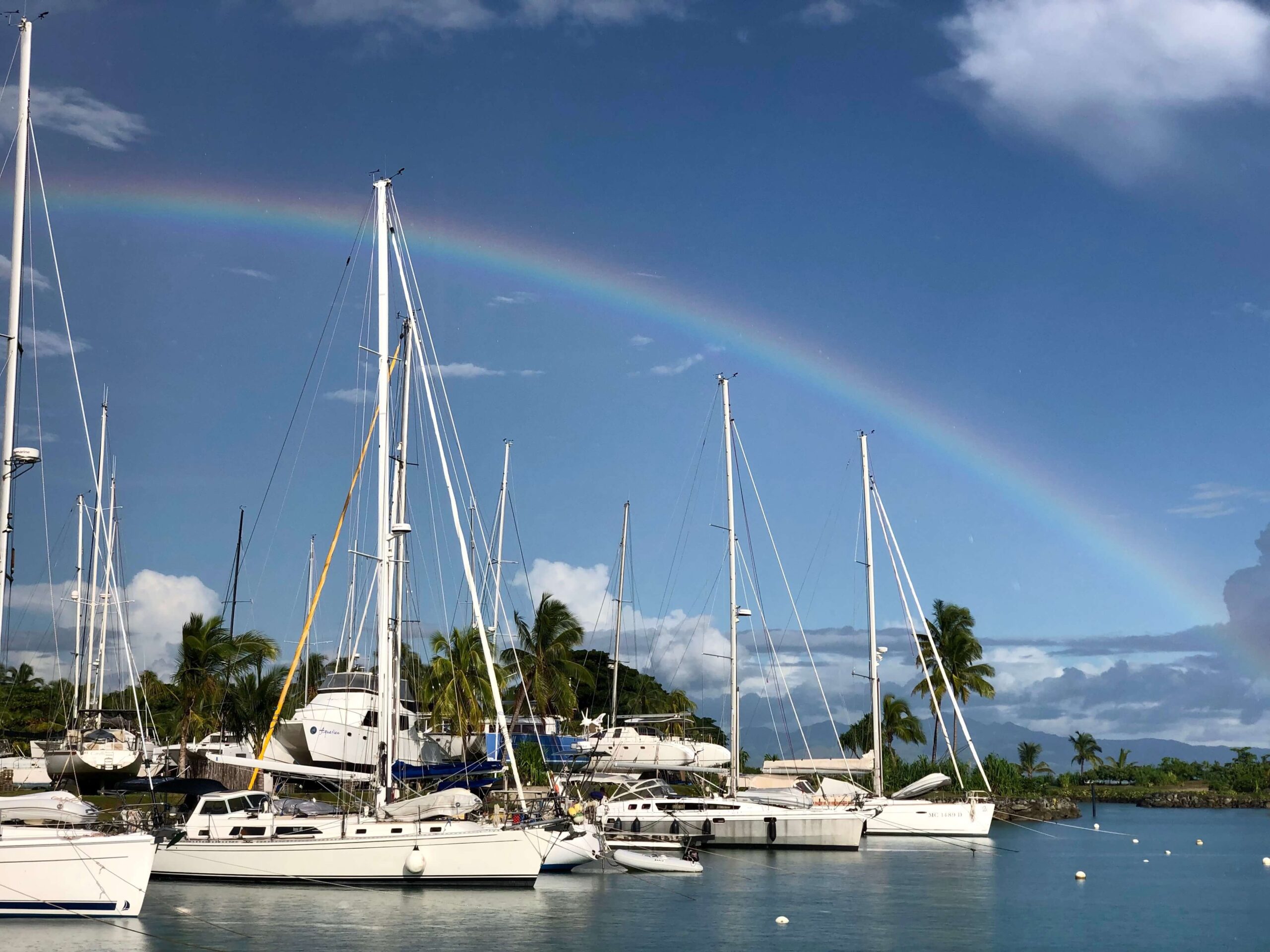
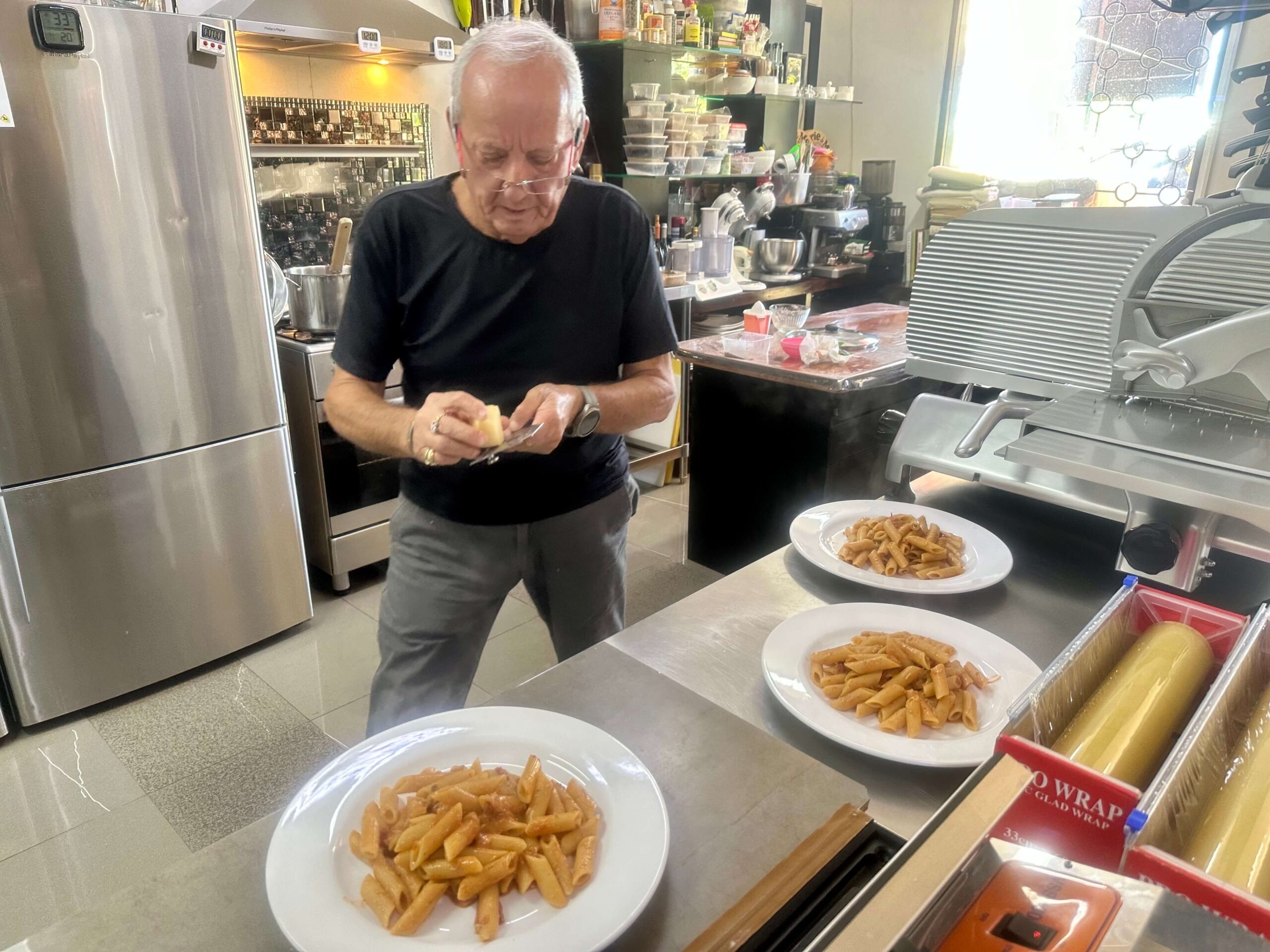
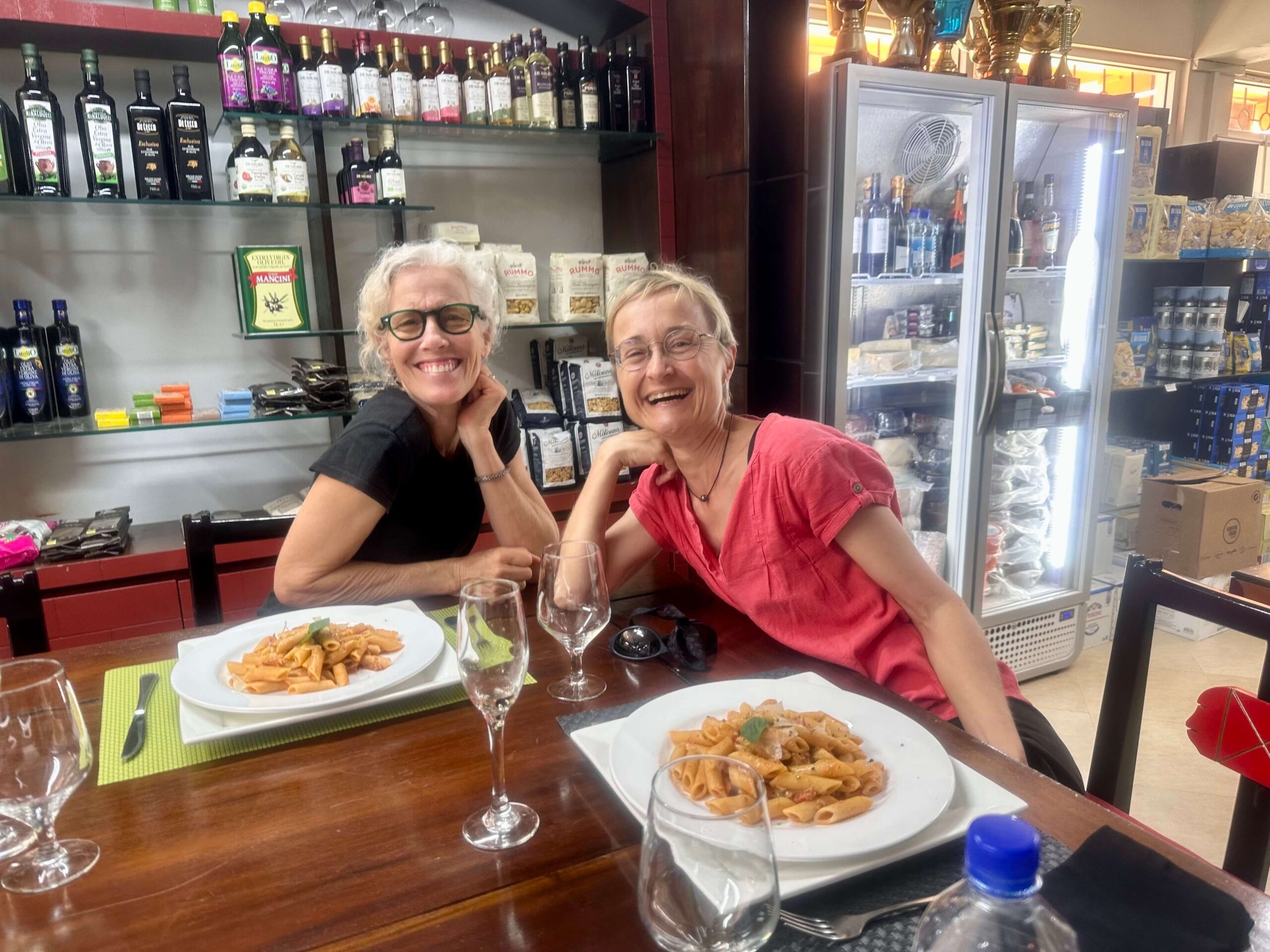
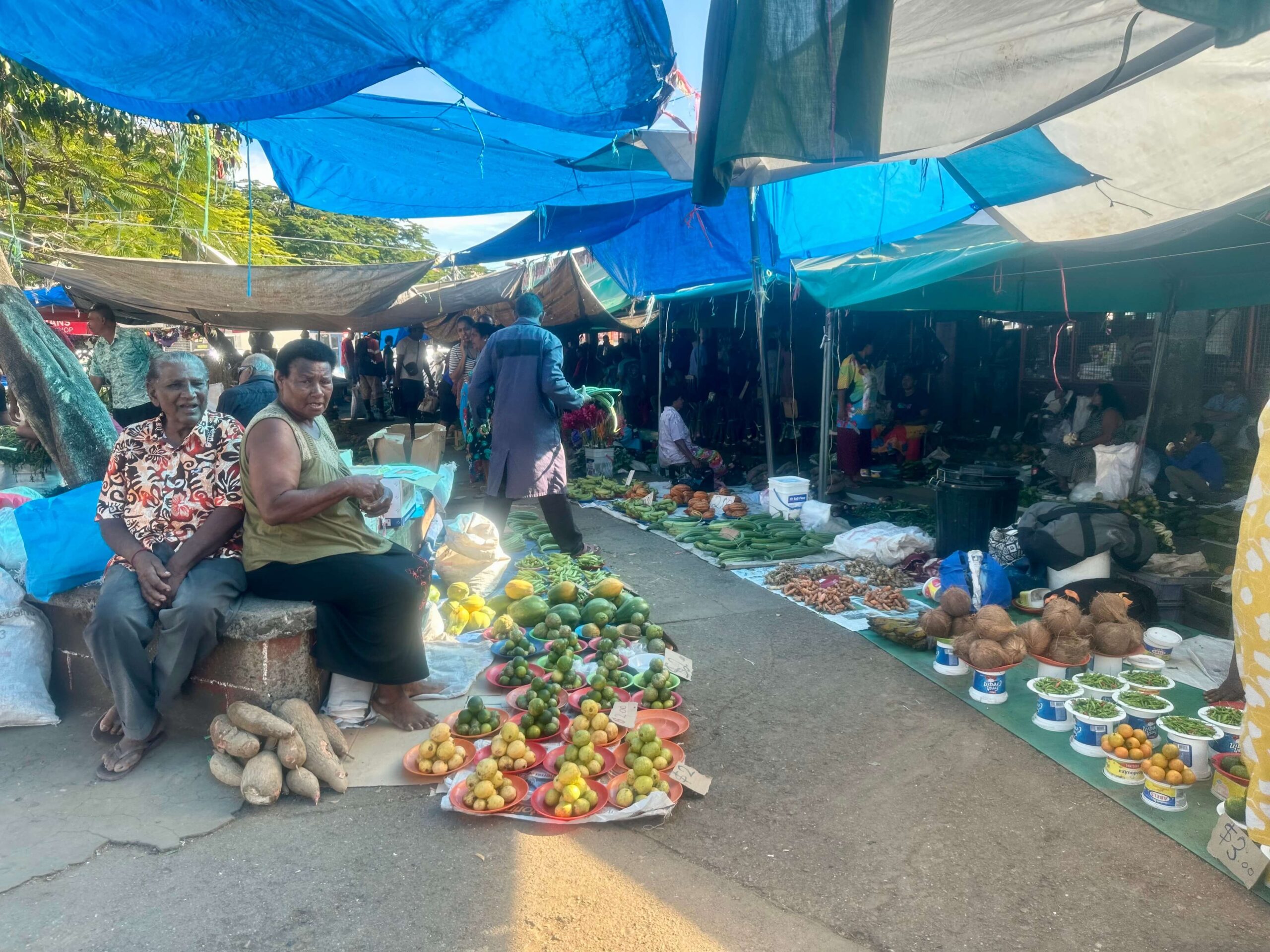
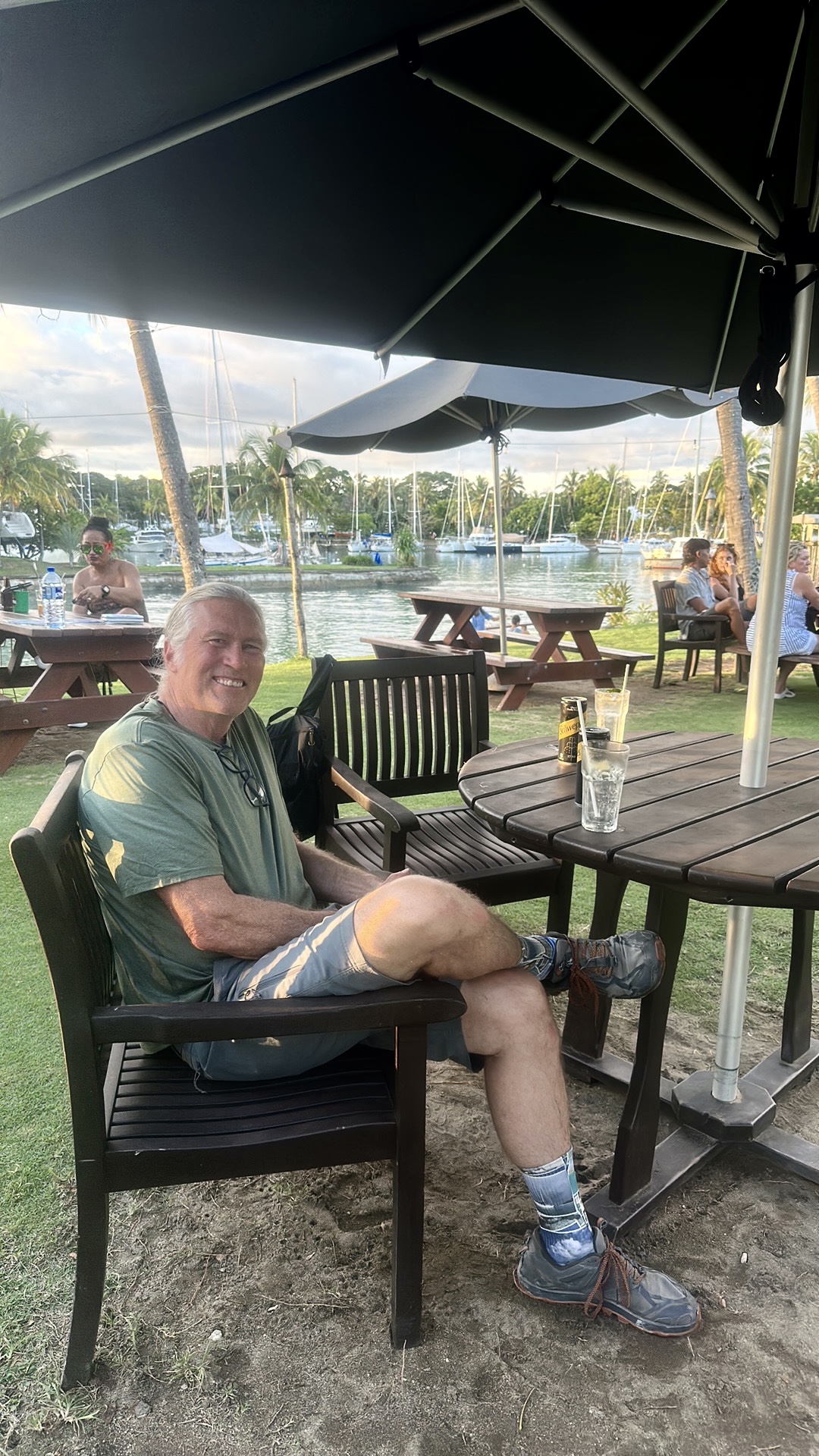
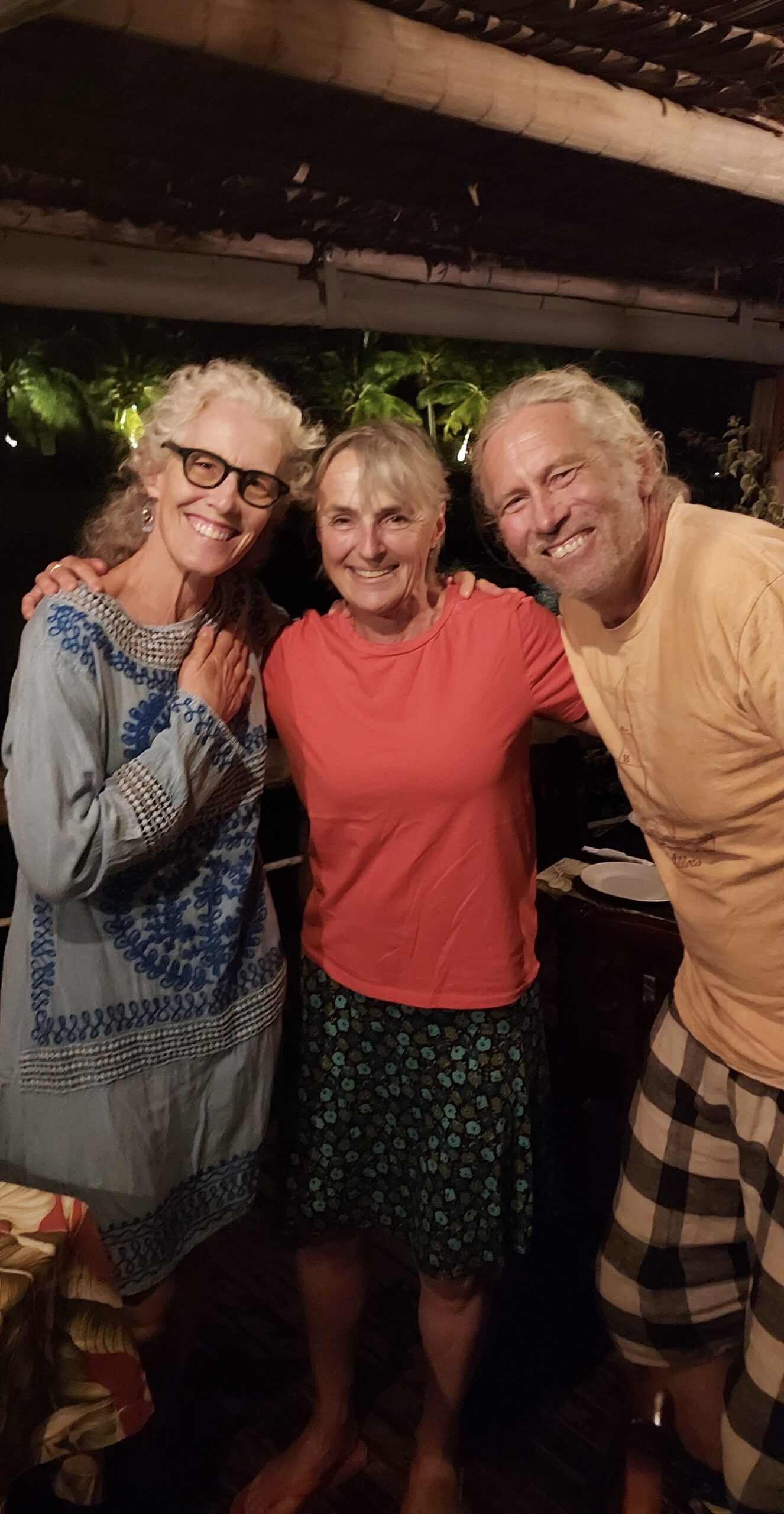
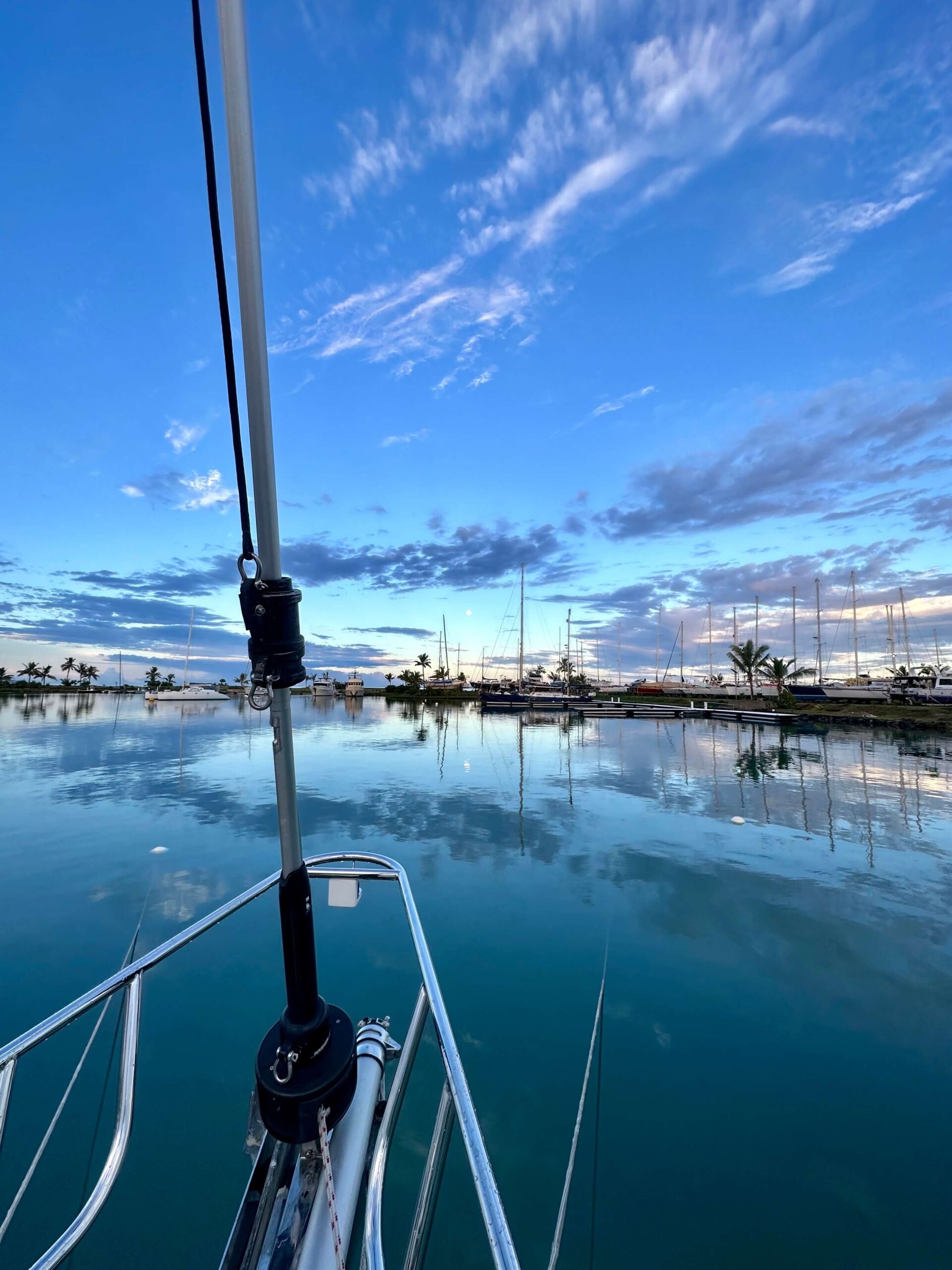
We’re heading offshore tomorrow, the 18th of May, so check out the ‘Where In The World Is Allora’ link to follow our track and otherwise, the Contact Us page has all the ways to reach us. Haley and Liam are heading over for a couple of weeks from Nelson, NZ, so we plan to sail and meet them in Savusavu on the island of Vanua Levu.
As always, our Internet/Wifi/Cell connections can be tenuous, so if I write you, respond using the same method so we have the best shot to reach each other. Be well loved ones – we are always missing you!
Farewell New Zealand, we fell in love …
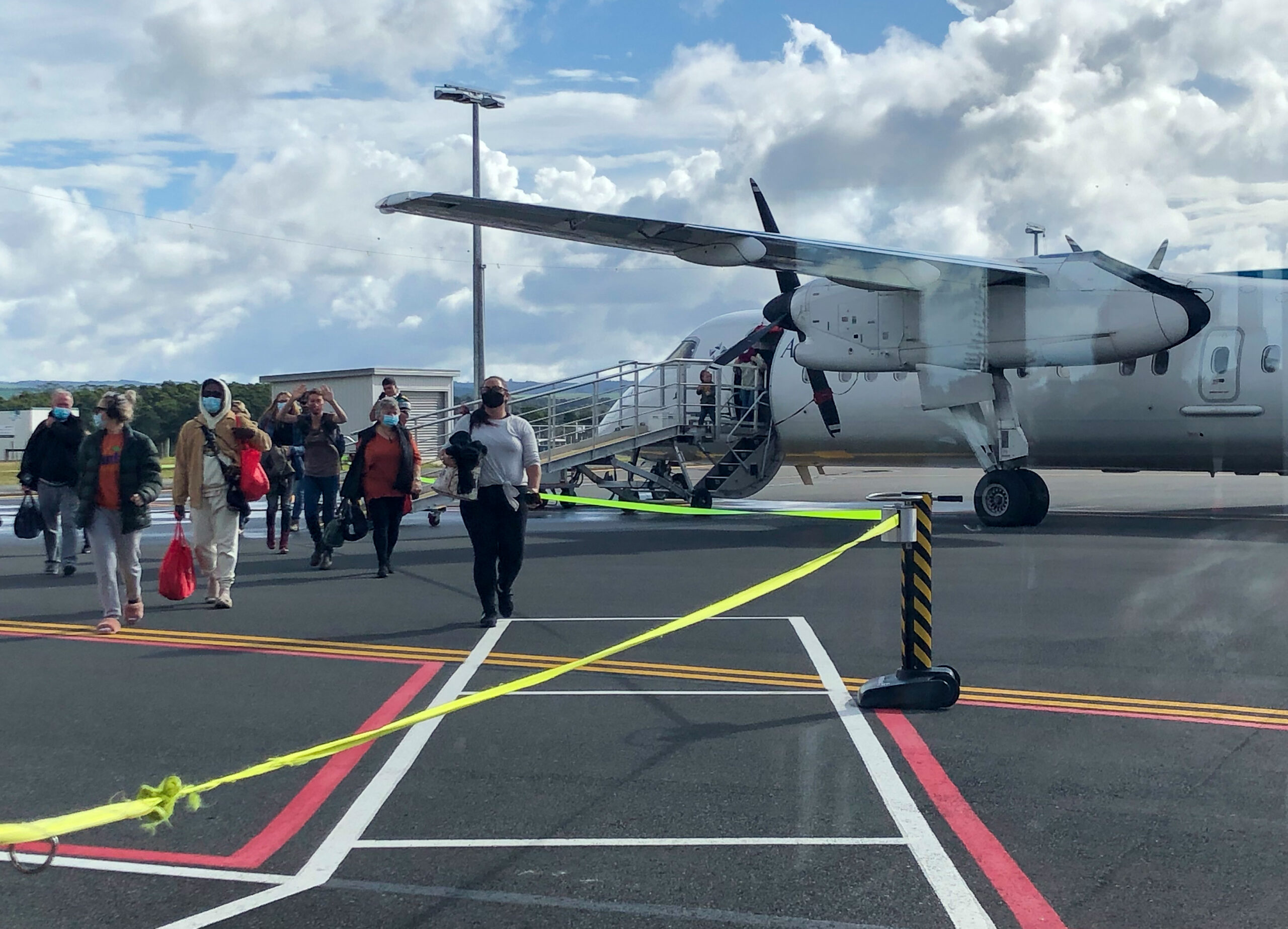
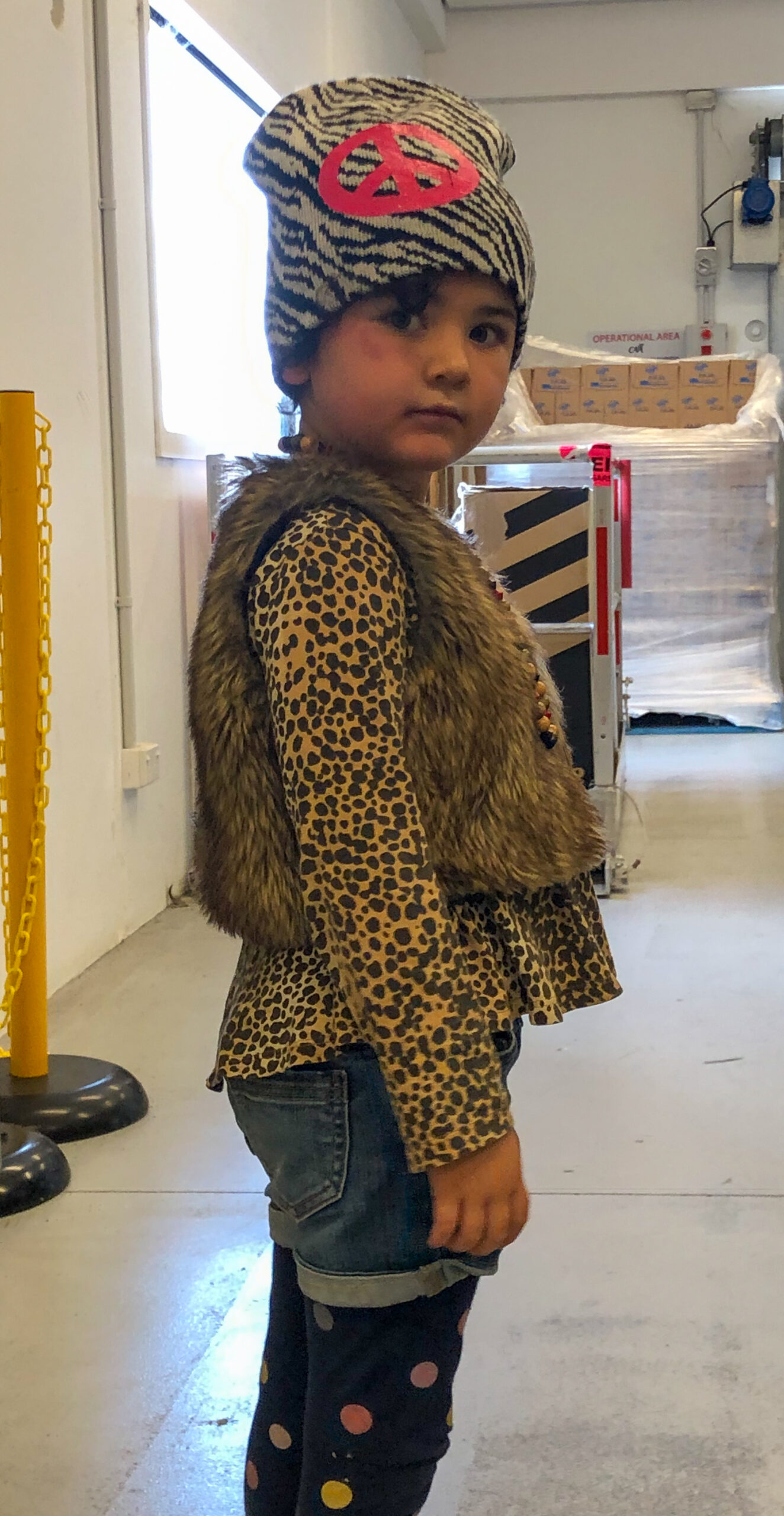
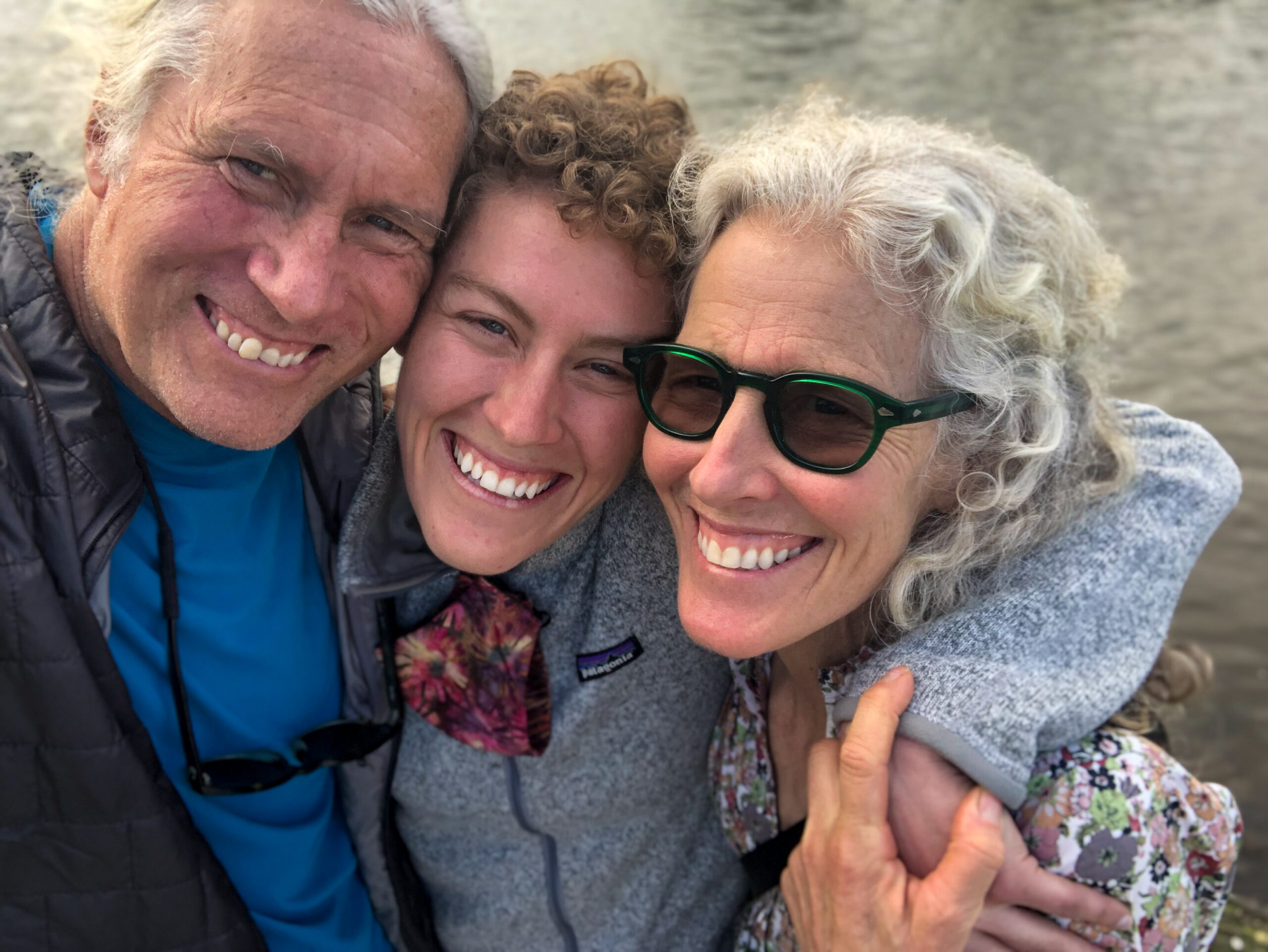
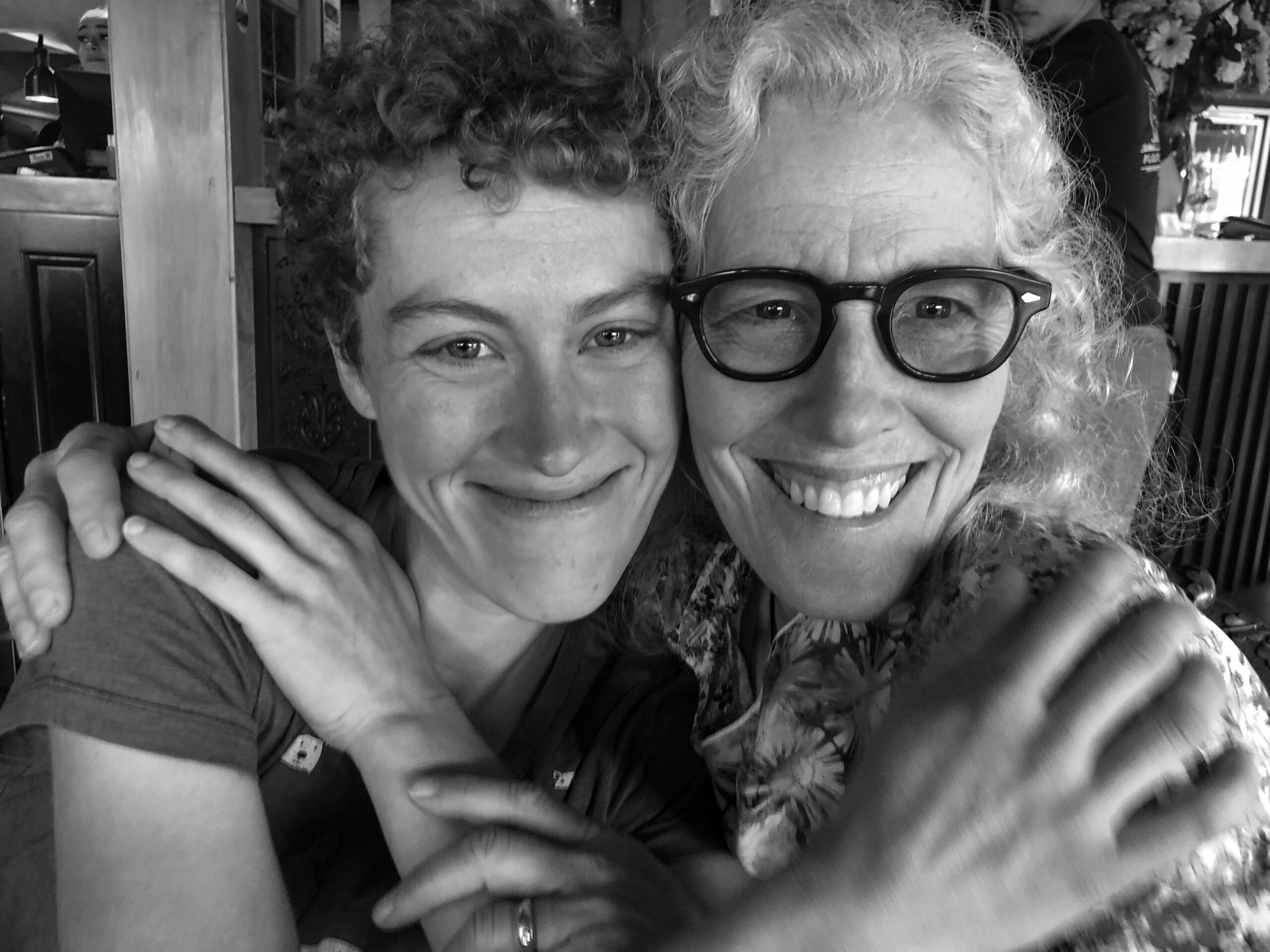
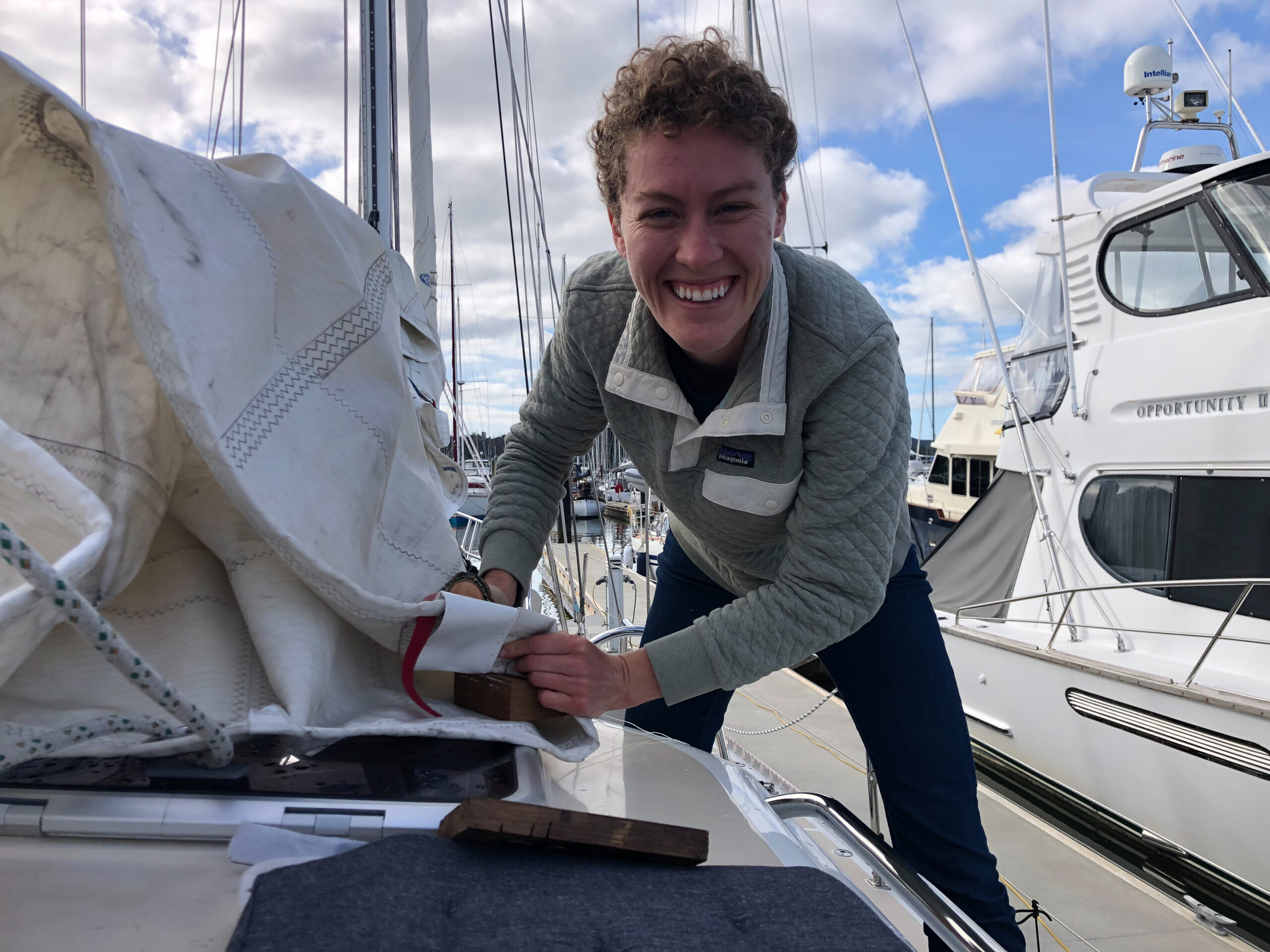
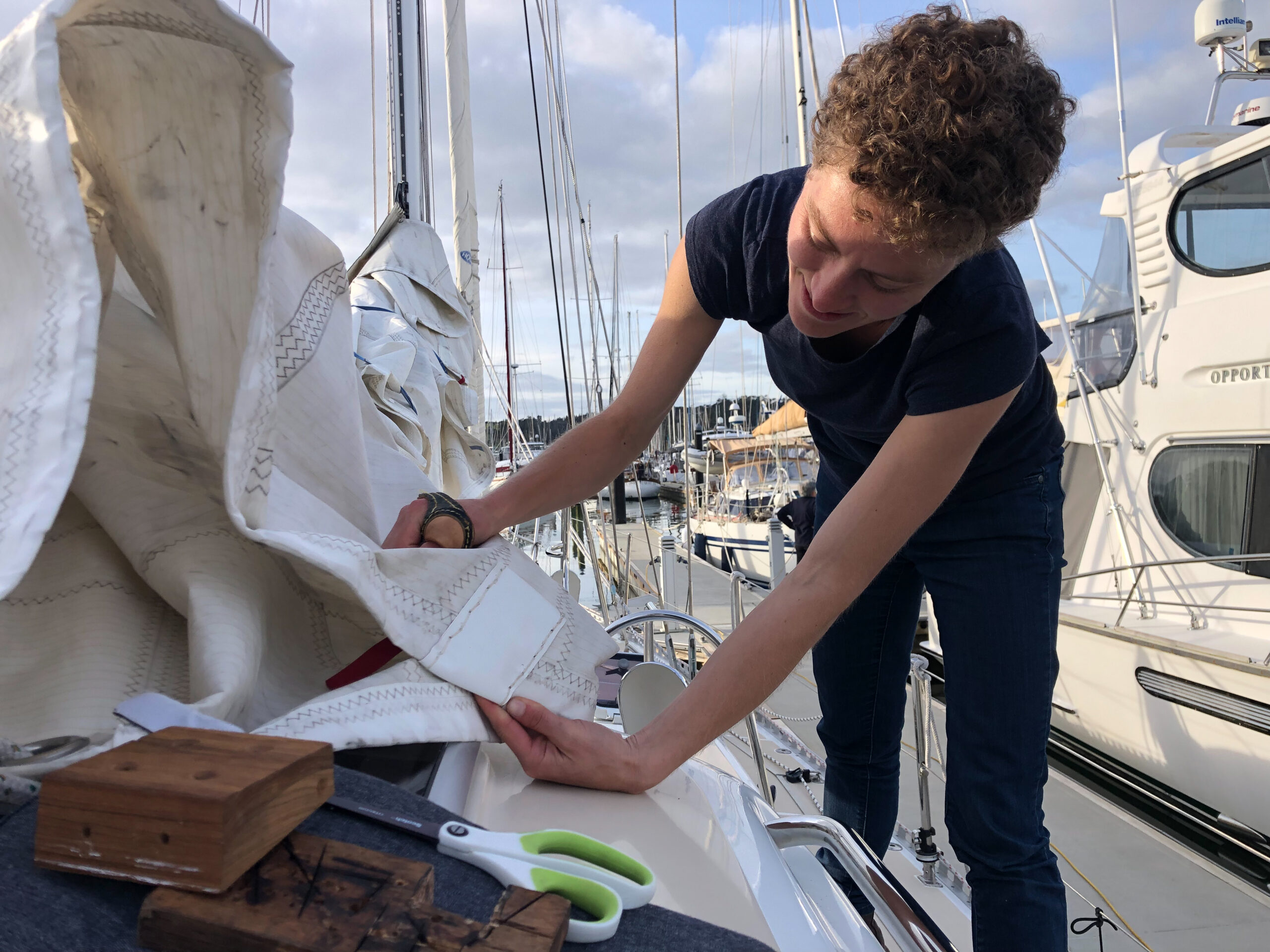
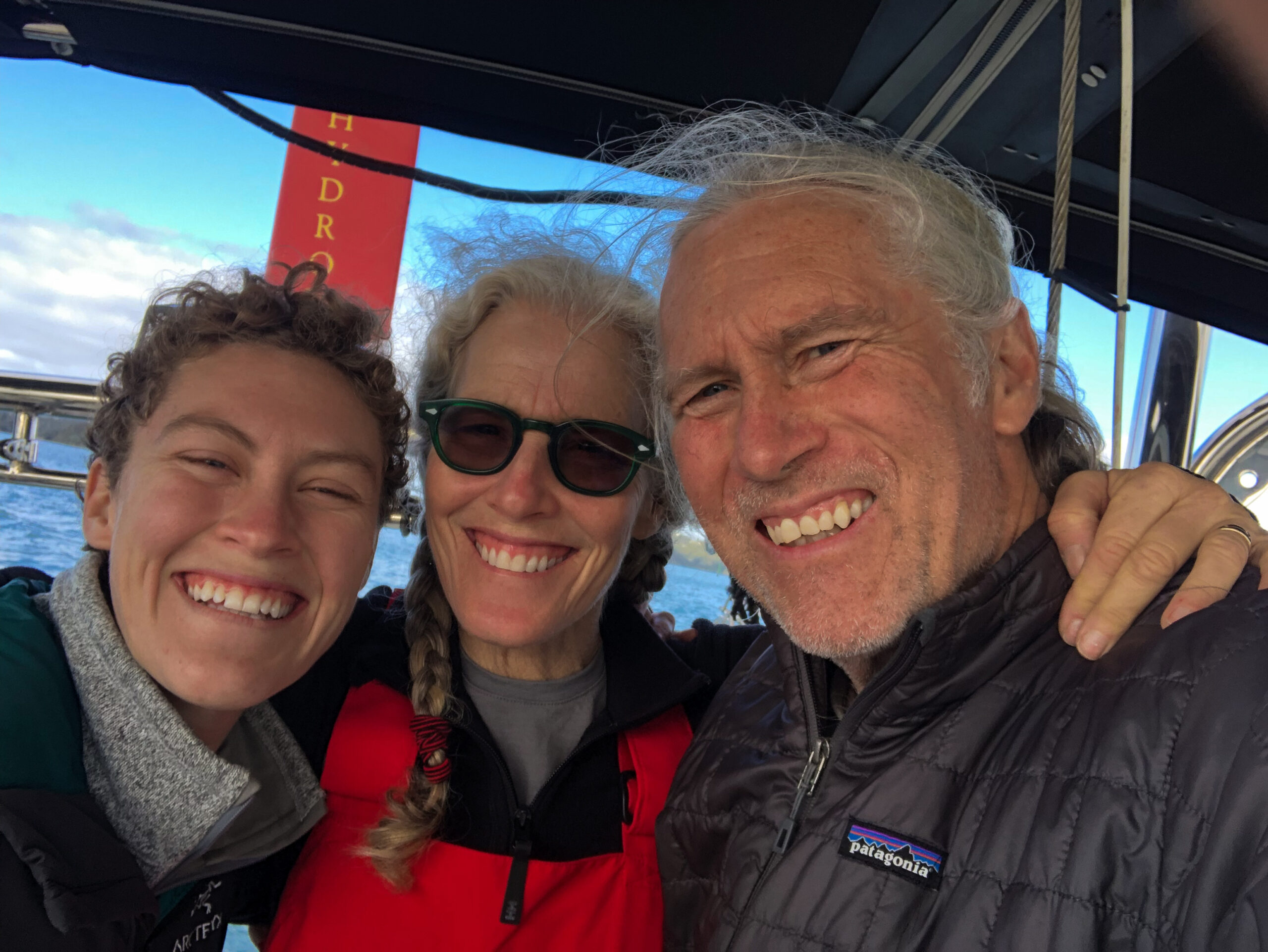
Passage to Fiji
Words we used to describe this passage upon arrival in Fiji when asked by the manager of Vuda Marina (pronounced Vunda): boisterous, lively, bumpy, rambunctious. Our passage was probably pretty typical, as good as you could reasonably expect from Opua to Vuda Point, Fiji. We left on the very day our fourth consecutive visitor’s visa finally expired! New Zealand took such good care of us throughout Covid, but the time comes when even the most charming guests need to be encouraged to abandon the couch and find some new friends. We departed on the end of a passing front, which meant strong (up to 42kts) SW winds kicking us on the tail. Diana posted these notes via Iridium to our tracker.
“You would have thought we were eager to leave NZ – the way Allora shot out of the gate and rode the tail end of a ‘low’ with 3+ meter waves and up to 42kts of wind! We’re now 24 hours and 175 nautical miles in, and the seas are showing a trend toward easing with the wind. Currently on a port tack paralleling our rhumb line. The guitars have just come out and “I Can See Clearly Now!” Highlights: bioluminescence, Albatross, slightly warmer temps and Maddi as crew (just one night watch each, woohoo!”)
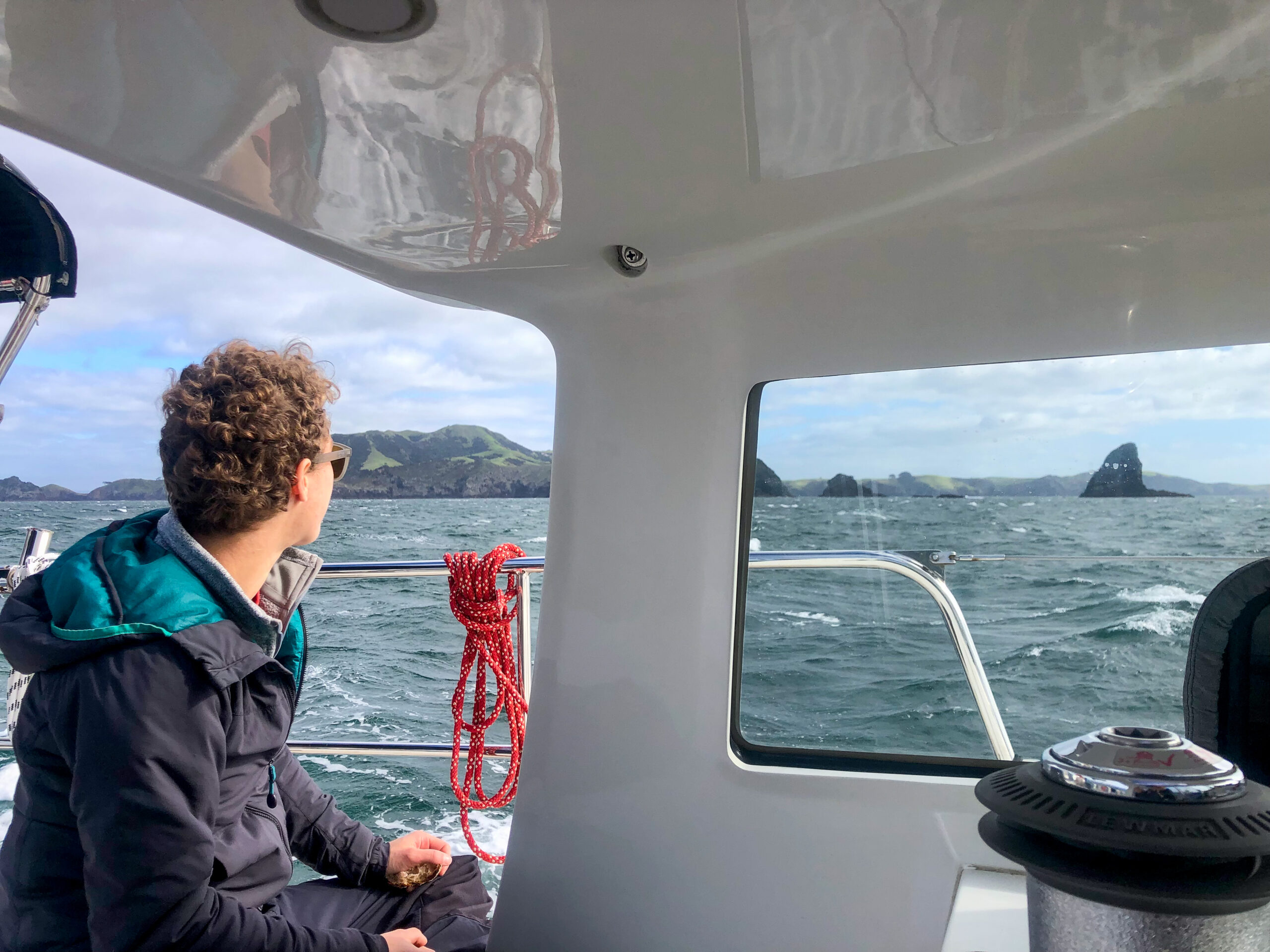

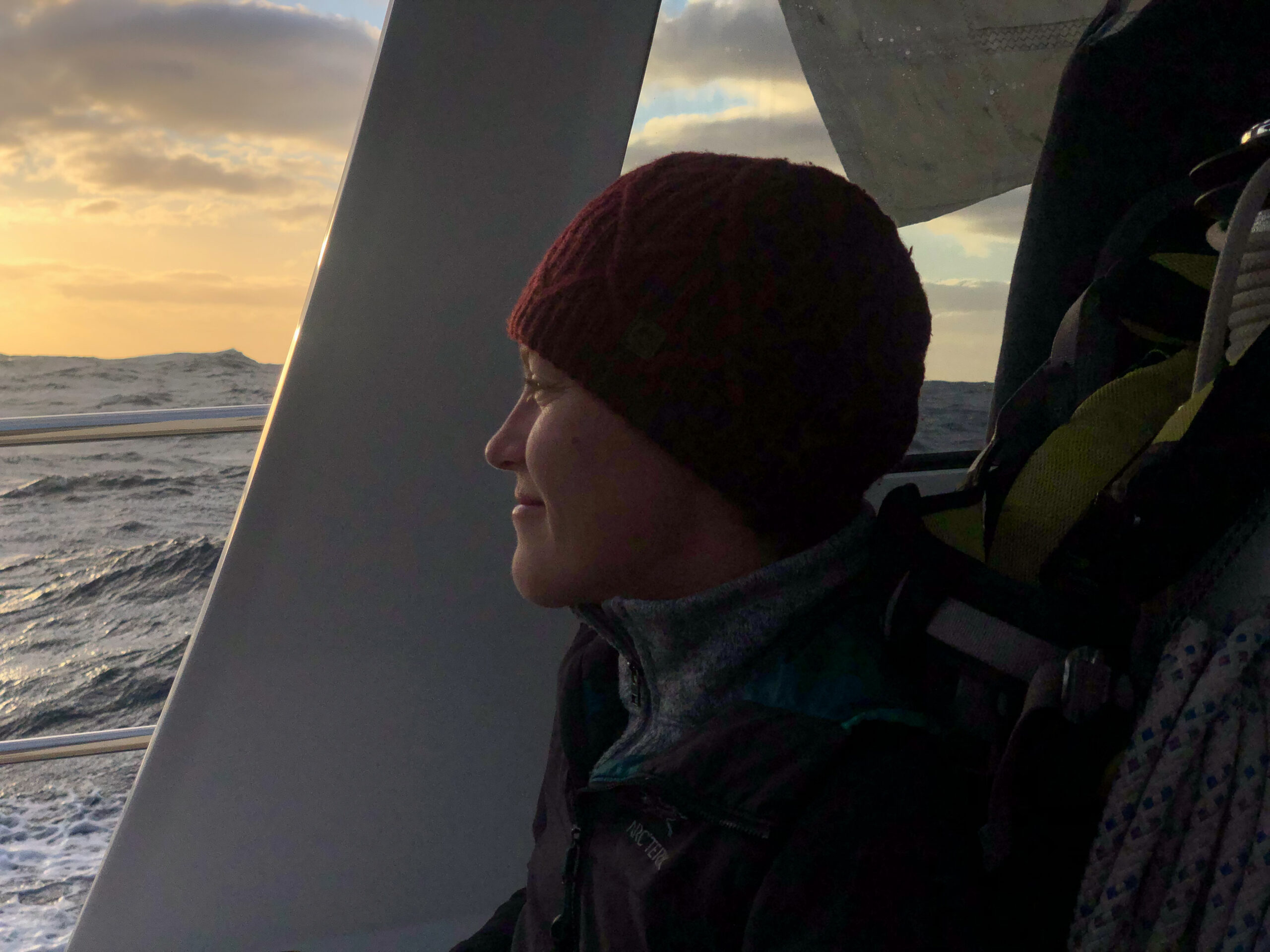
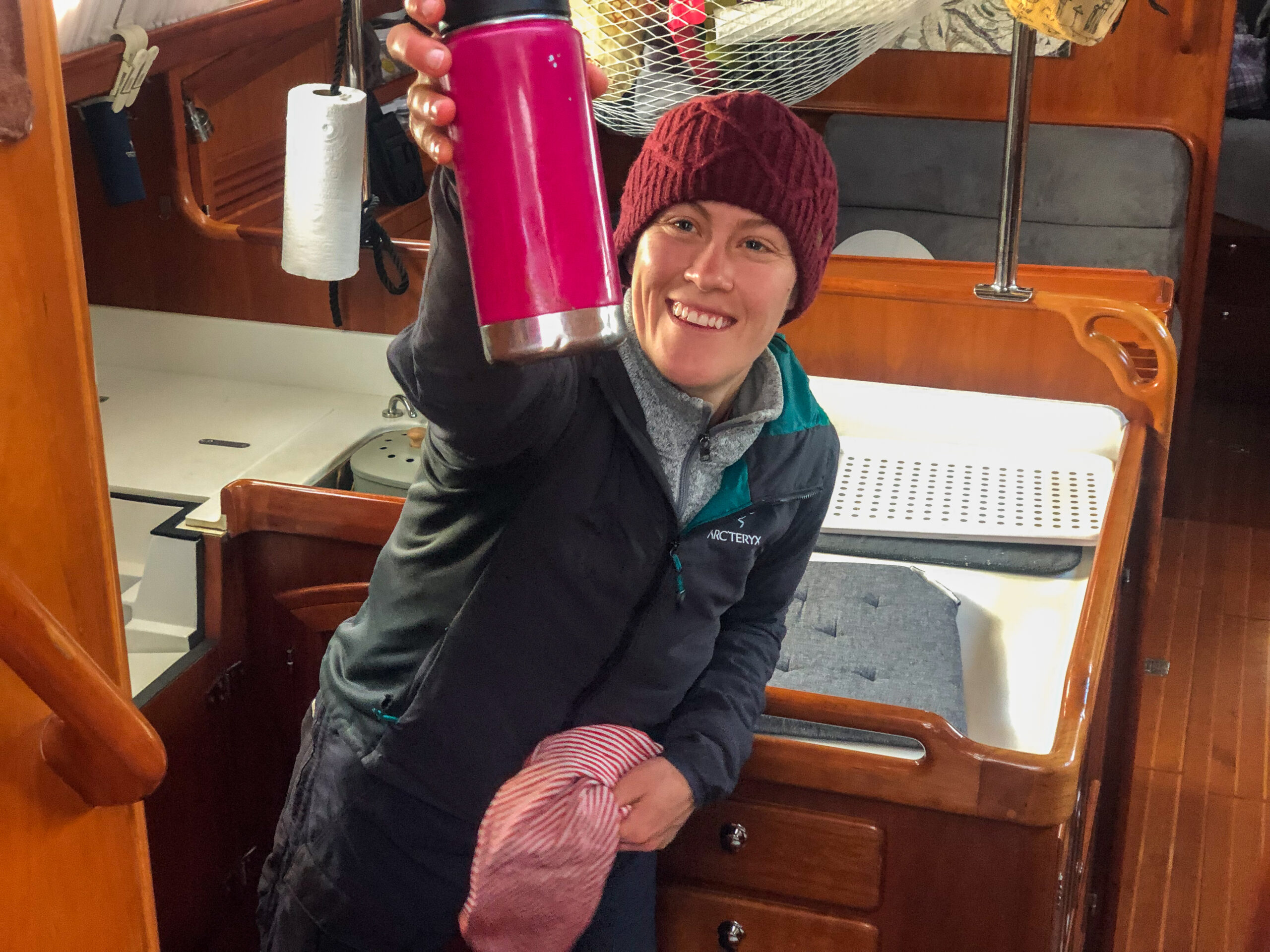
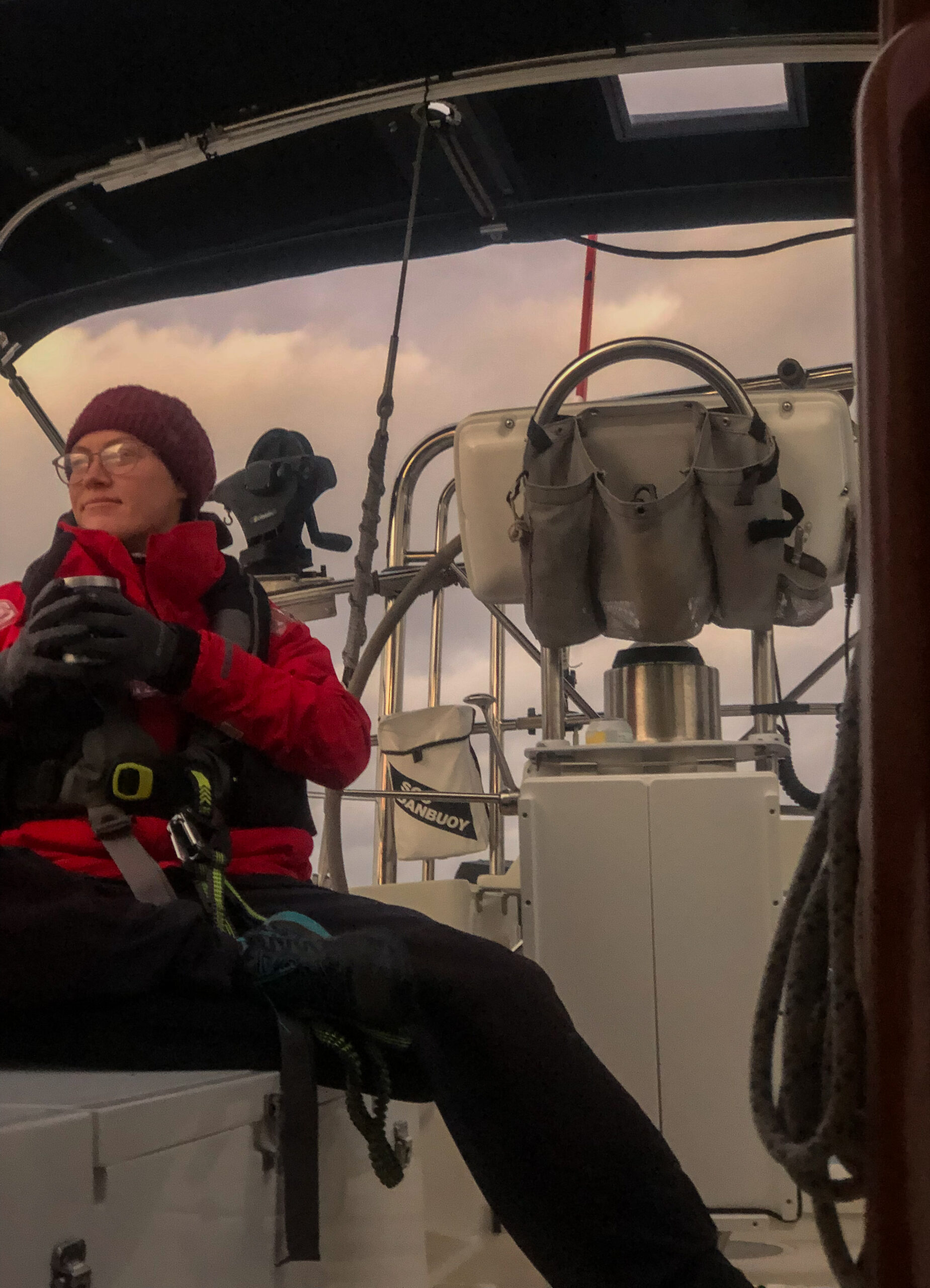
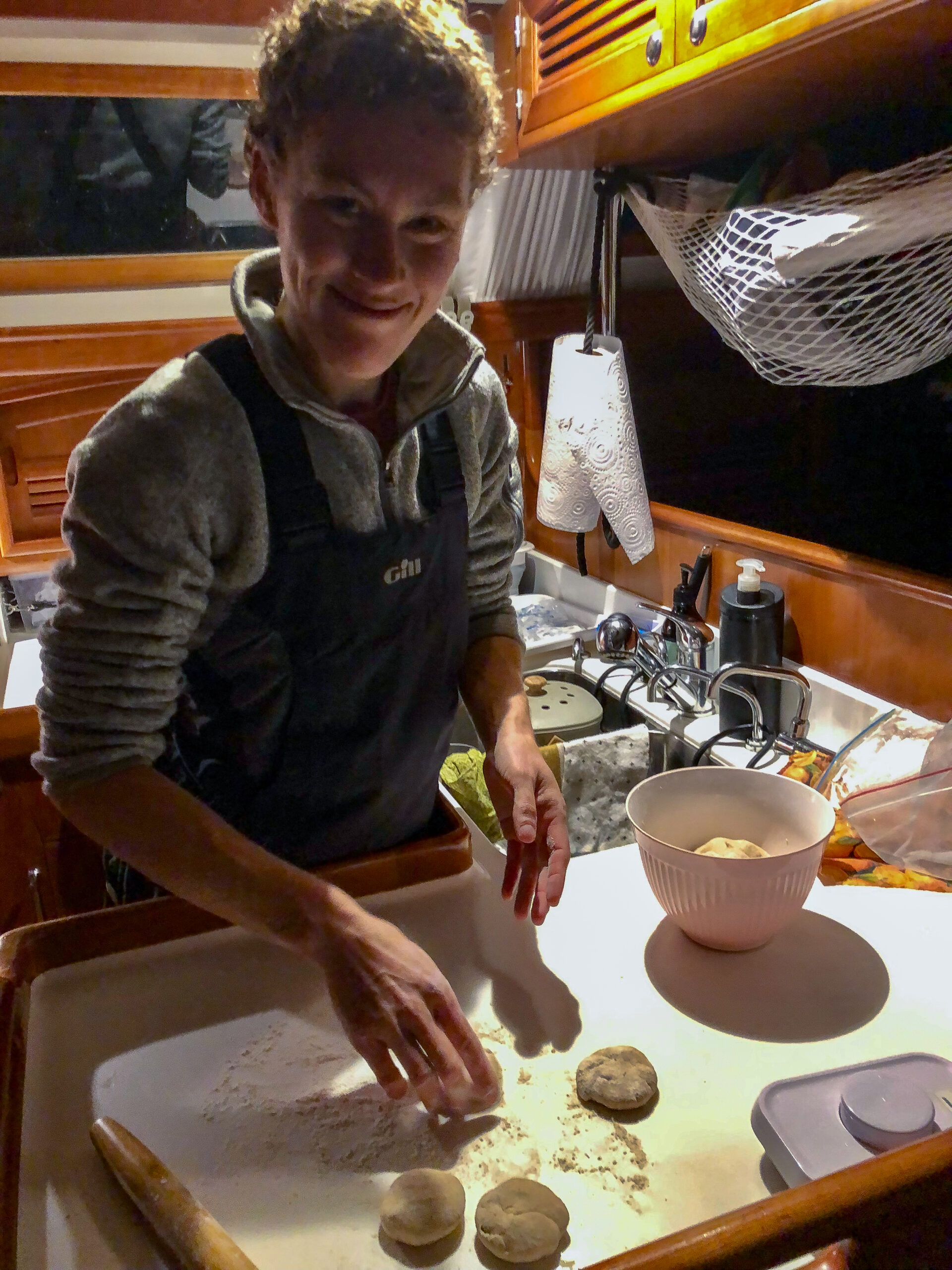
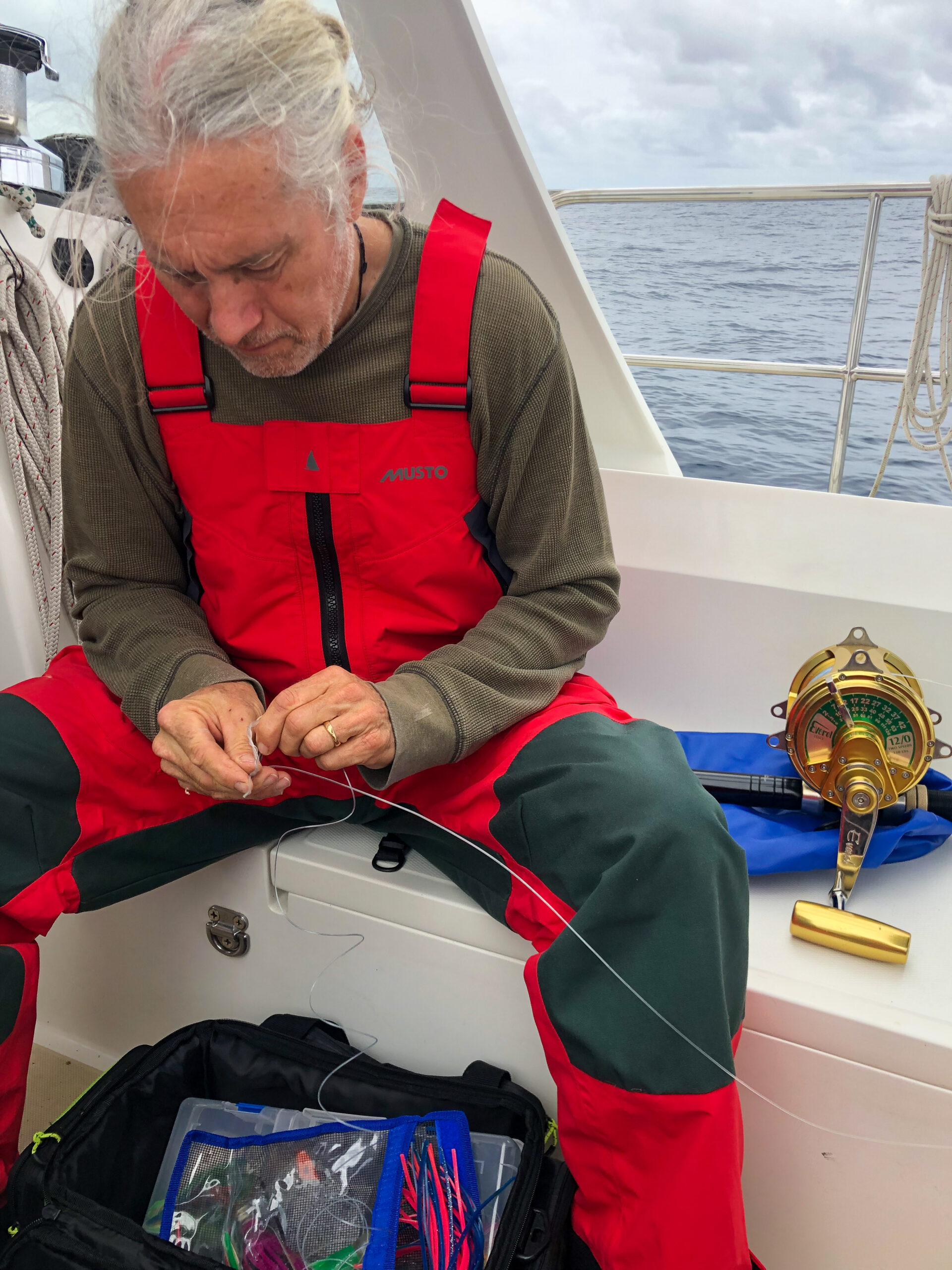
We hoped for maybe a day of wind to push us along, but we were lucky as the winds held out for almost two. You hear about the occasional passage with wind the whole way, but the horse latitudes aren’t called the horse latitudes for nothing… well actually there seem to be a quite a few theories about why they’re called the horse latitudes, only a couple of them to do with the paucity of wind. The basic idea is that this is where the easterly trade winds peter out, but is also the normal limit of frontal systems and westerlies in the mid-latitudes. Makes sense if the wind is going to switch from West to East that there should be some dead space between. We motored for just under twenty-four hours (we thought it might be as much as two days) using our 80 horses to get us through. We’re not big on running the engine (the noise gets tiresome and makes guitar playing tough), but we did enjoy the calmer seas, and the increasingly warmer night watches.
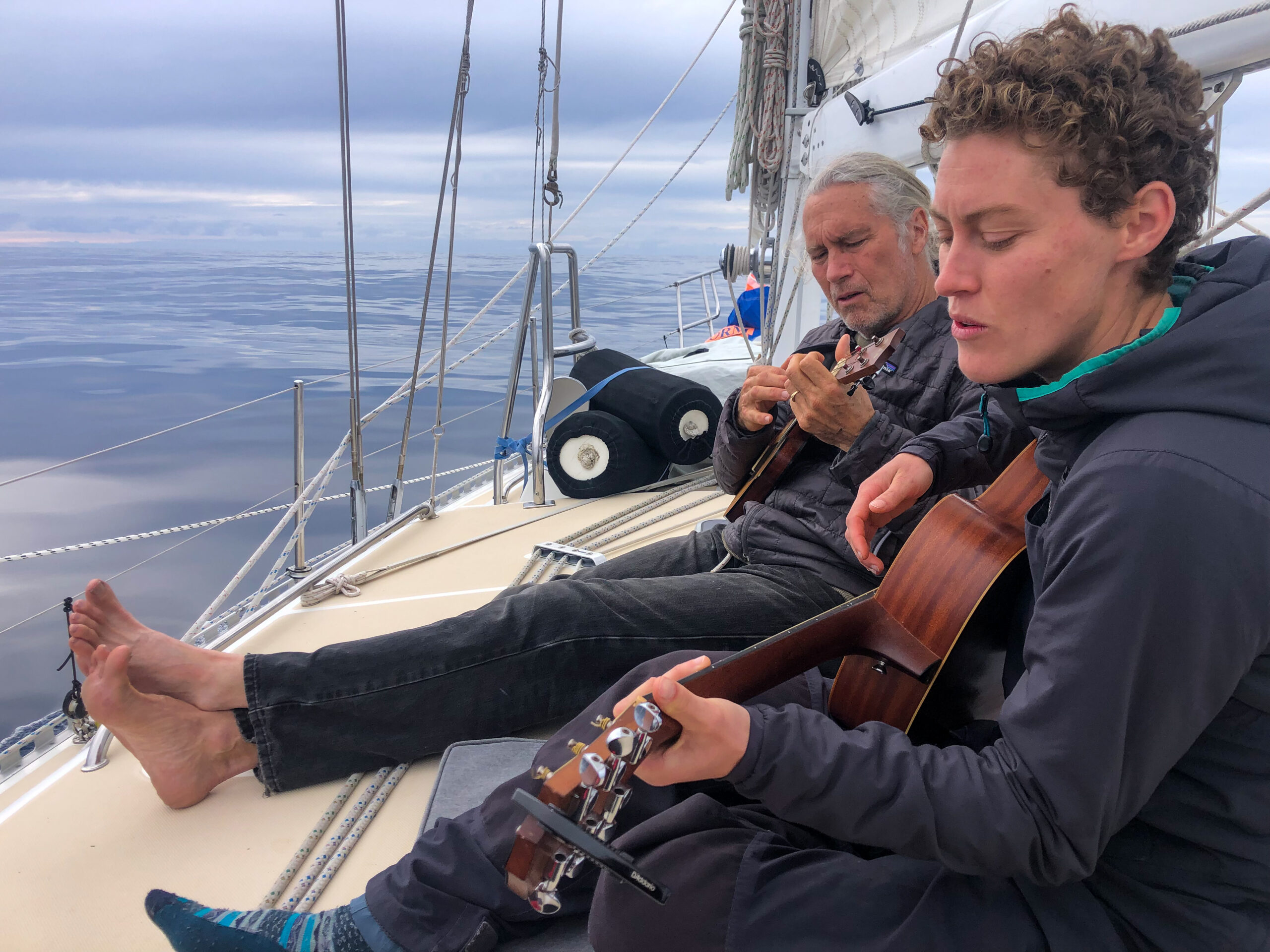
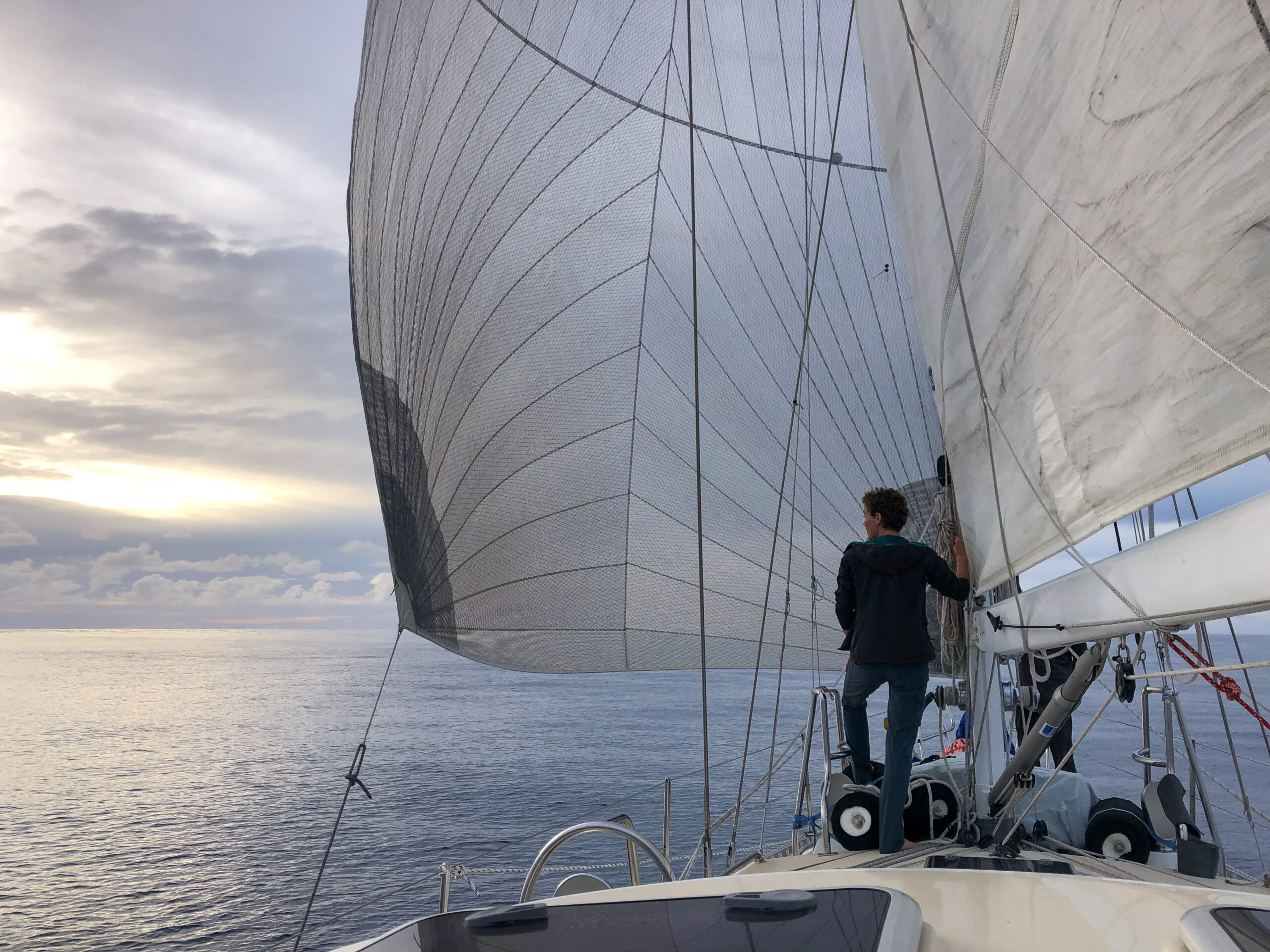
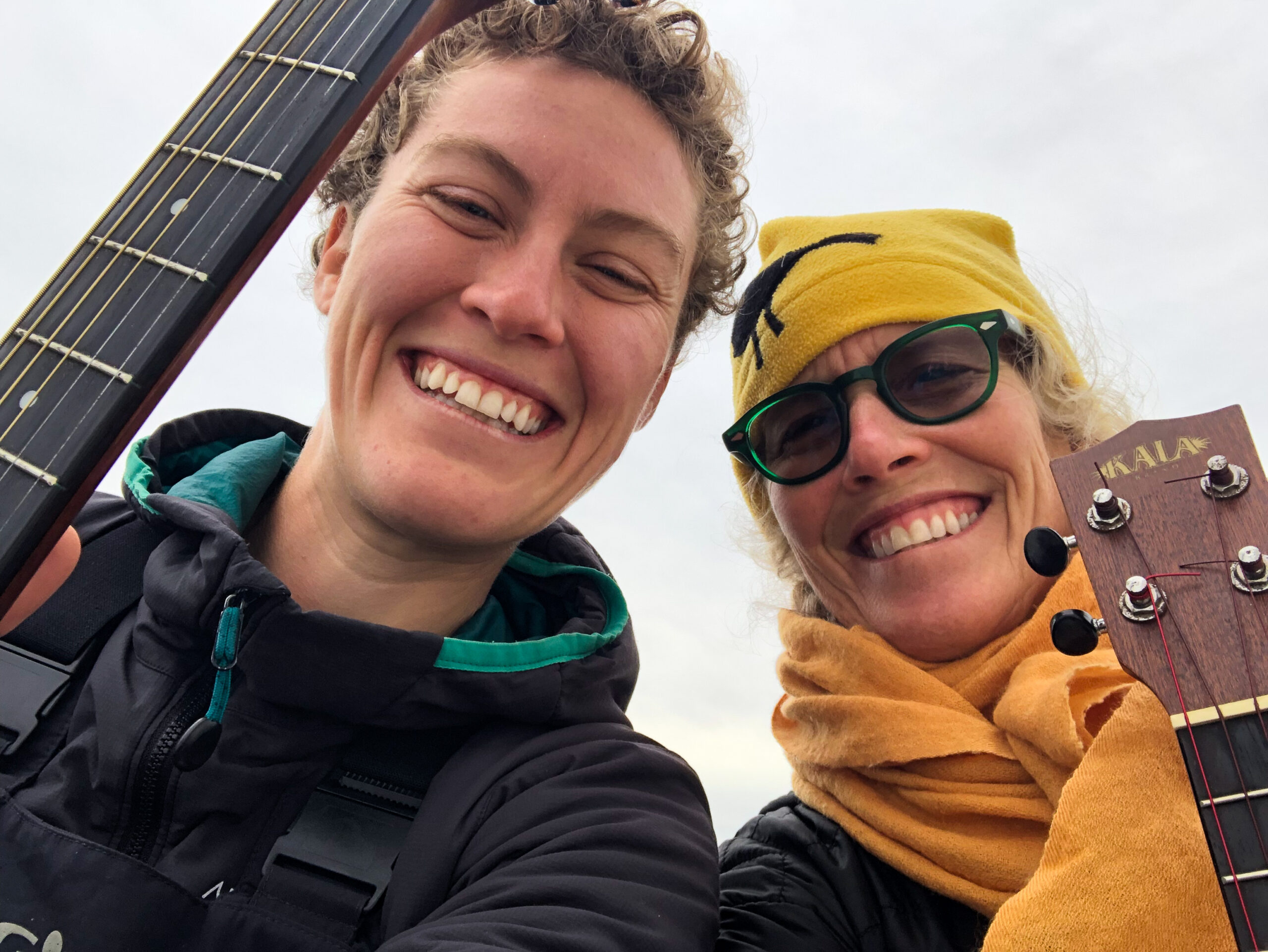
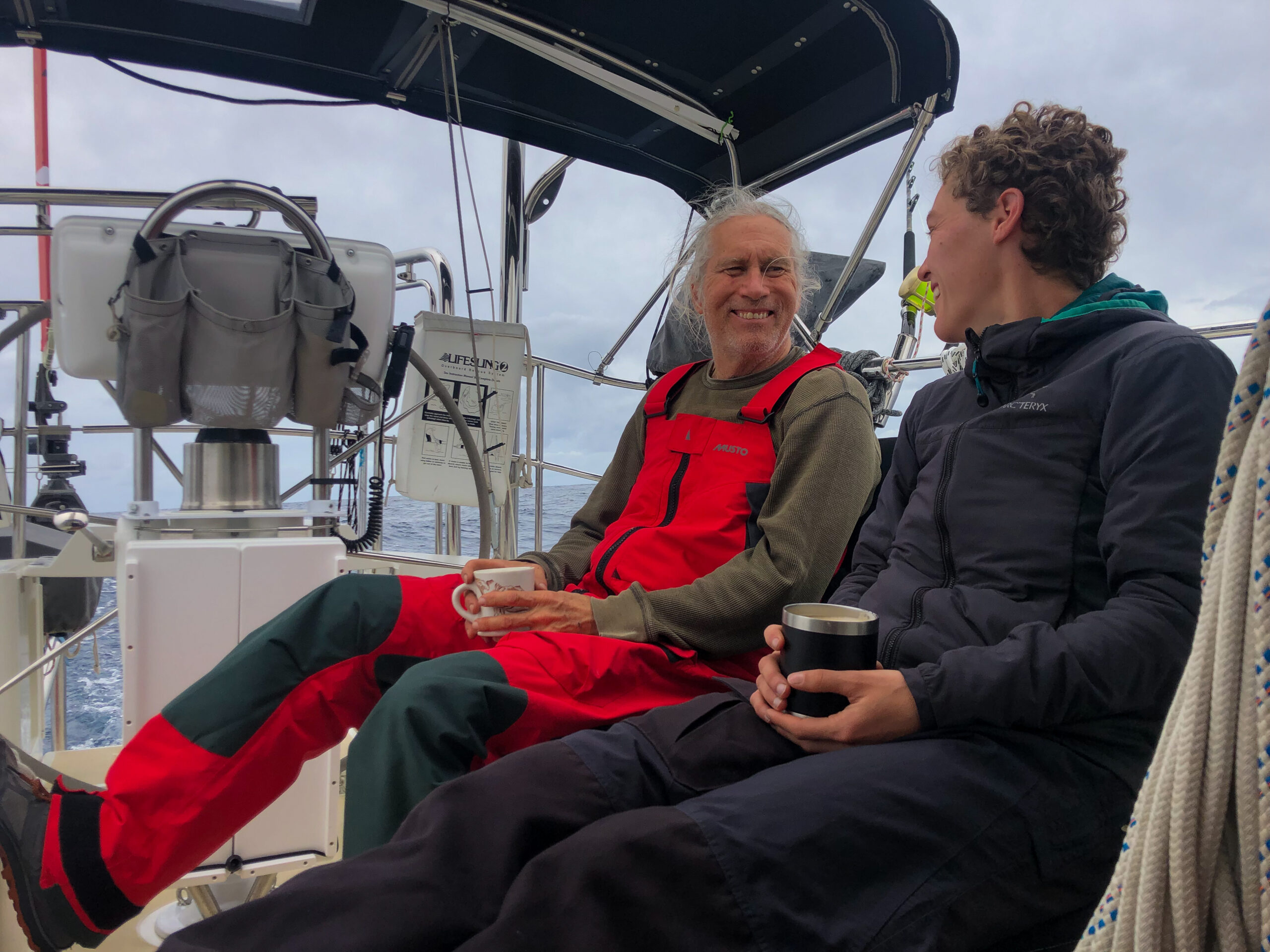
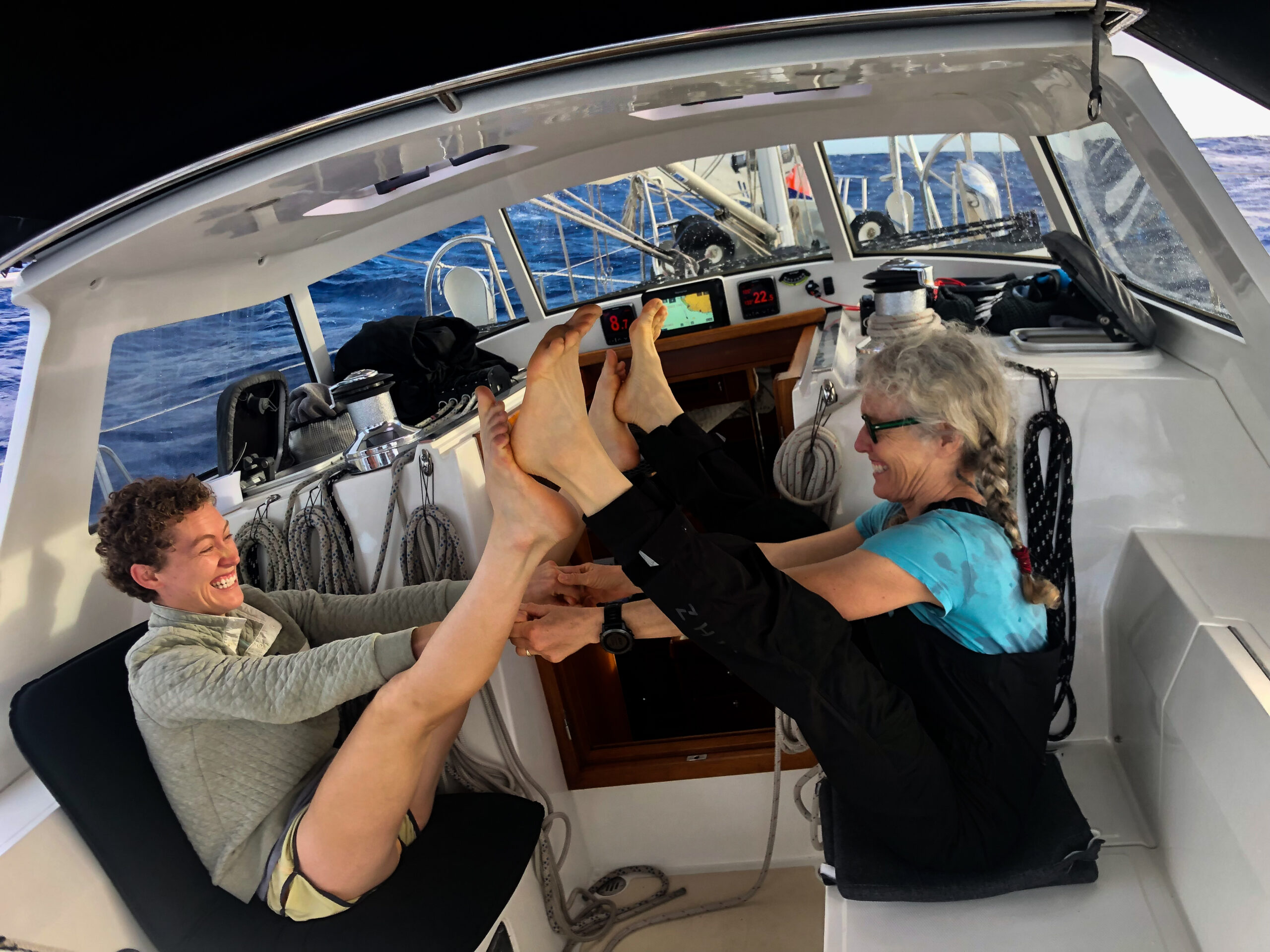
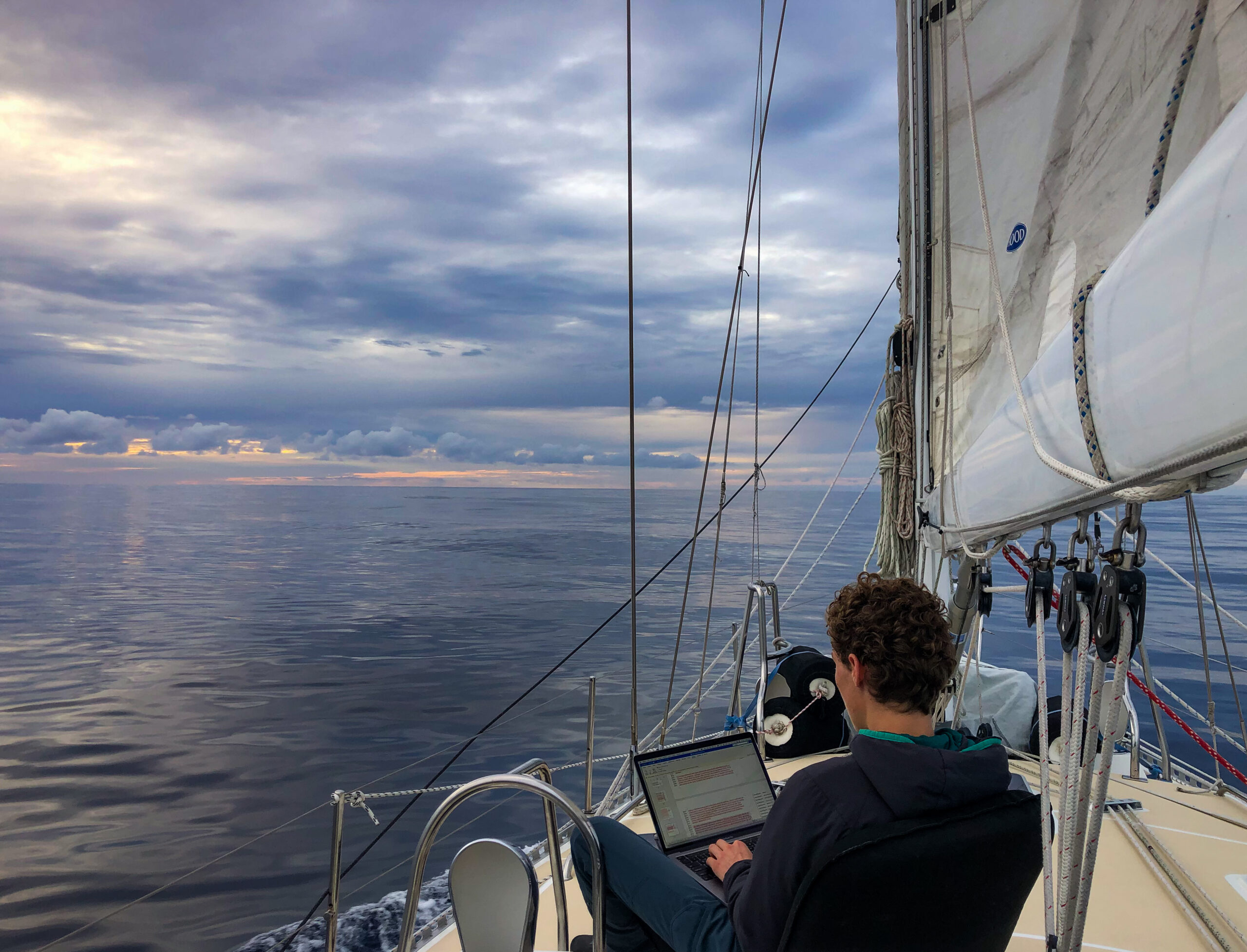
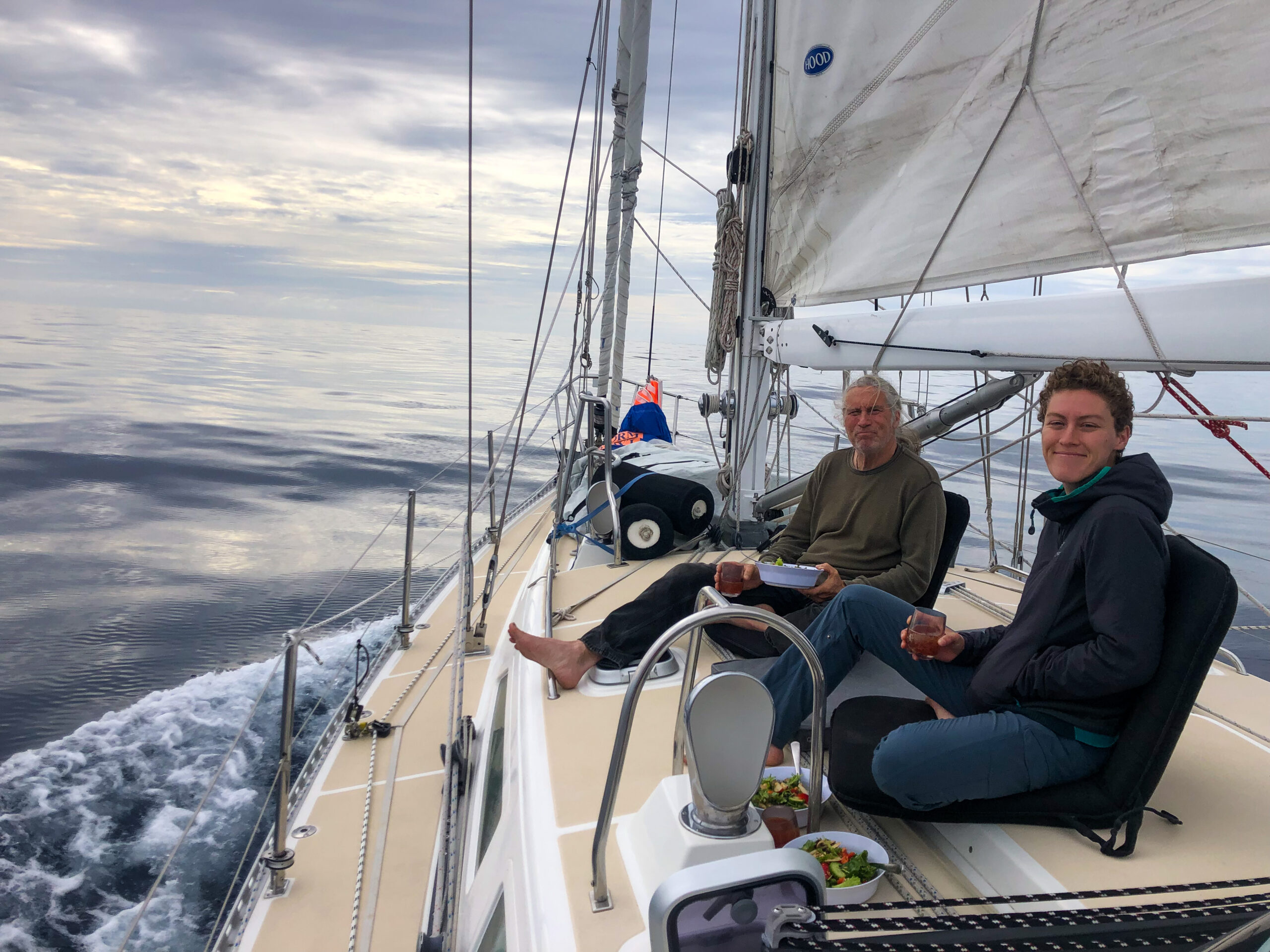
On my watch, just after dawn, just as I was about to shut the engine off and rally the troops to hoist the code zero, the engine made a loud screech and shut down without any warning beeps or anything. What followed was a gorgeous day of sailing in light beam winds with the big sail out that was a bit sullied by time spent trying to figure out what was going on with the engine. We suspected a transmission problem as there have been signs of impending doom for a little while, but we didn’t want make things worse and break something further, by trying to start it up until we could eliminate the possibility of water in the cylinders. I exchanged a few texts with the Yanmar guy in Lyttelton, Brian, who by good fortune happened to be at his shop on a Sunday, and he talked me through what to look for. Our mechanically minded sailor friends Ian in England (previously mentioned in this blog as the man with a plan) and Mark from Starlet both responded promptly to our SAT phone email with gearbox advice that was invaluable. I’m sure anyone can imagine how good it feels when you’re hundreds of miles out to sea, to have friends like this to turn to. Later, the Fijian mechanic showed us pictures of the main bearing in the gearbox which had literally blown up (which more than explained the problem.) Why is a longer story, which I’m happy to share with anyone interested in the gory details. I promise not to take the fifth. Luckily, we didn’t need the engine until well inside the reef at Fiji. By some miracle it held together long enough to get us into the marina.
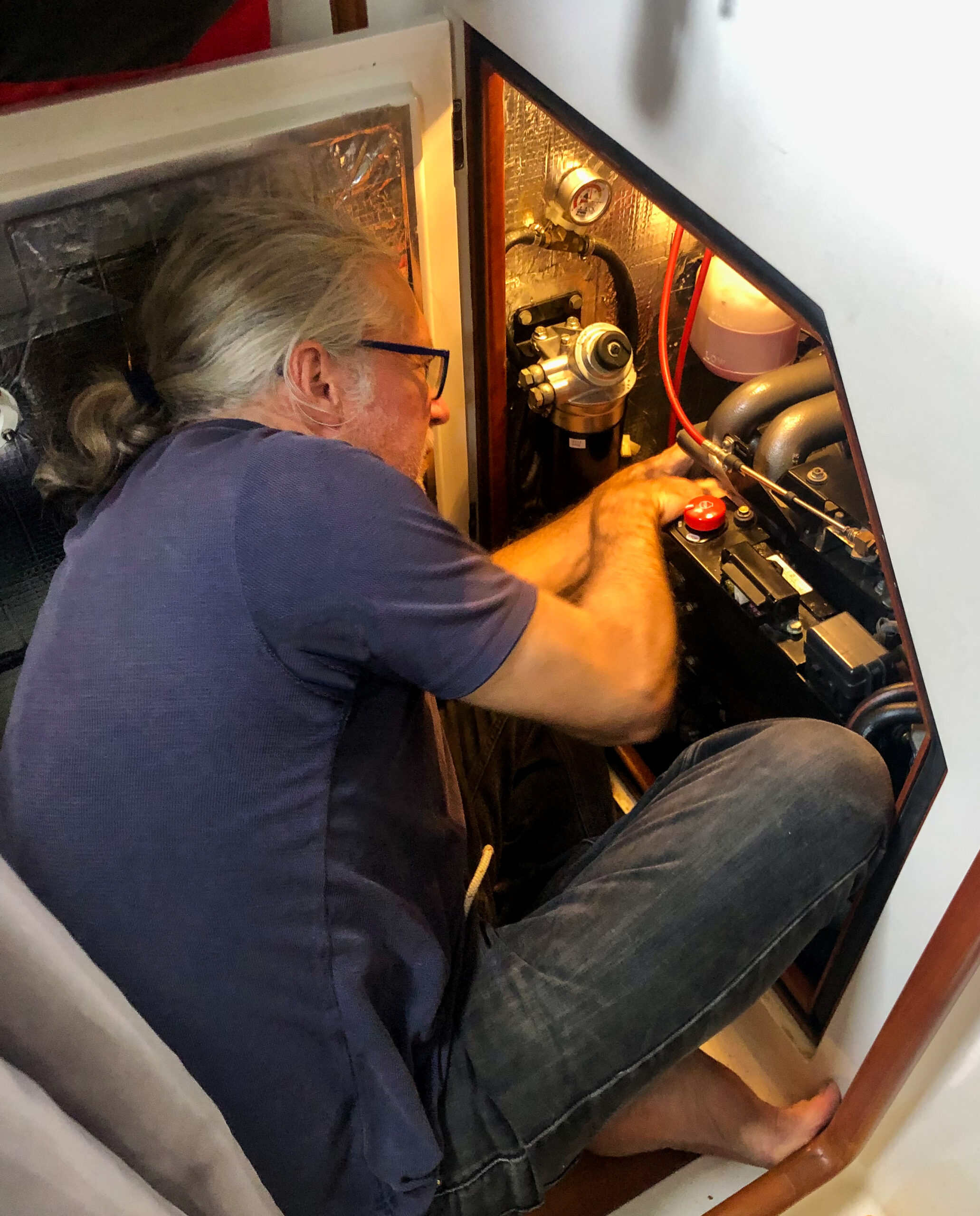
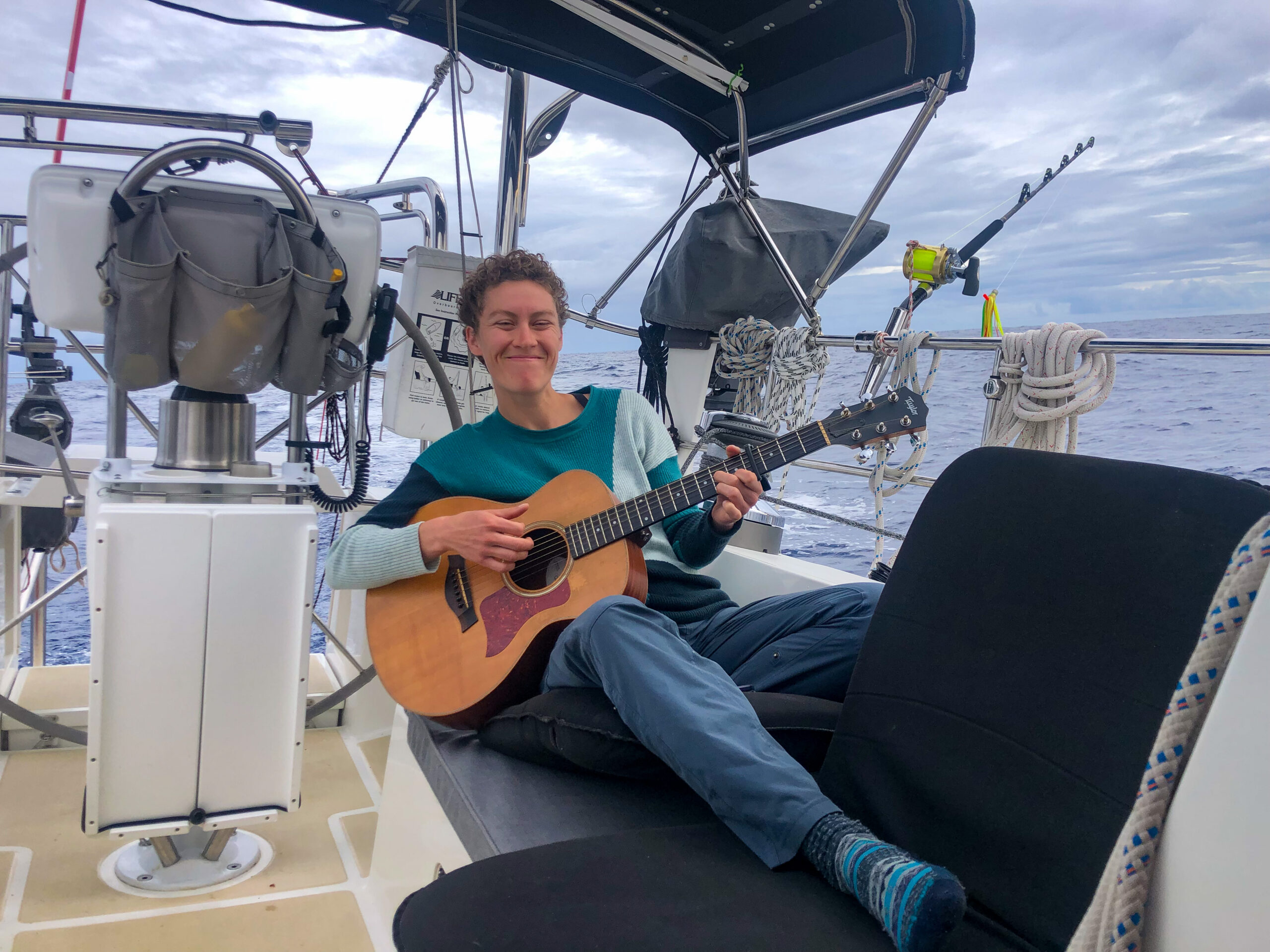
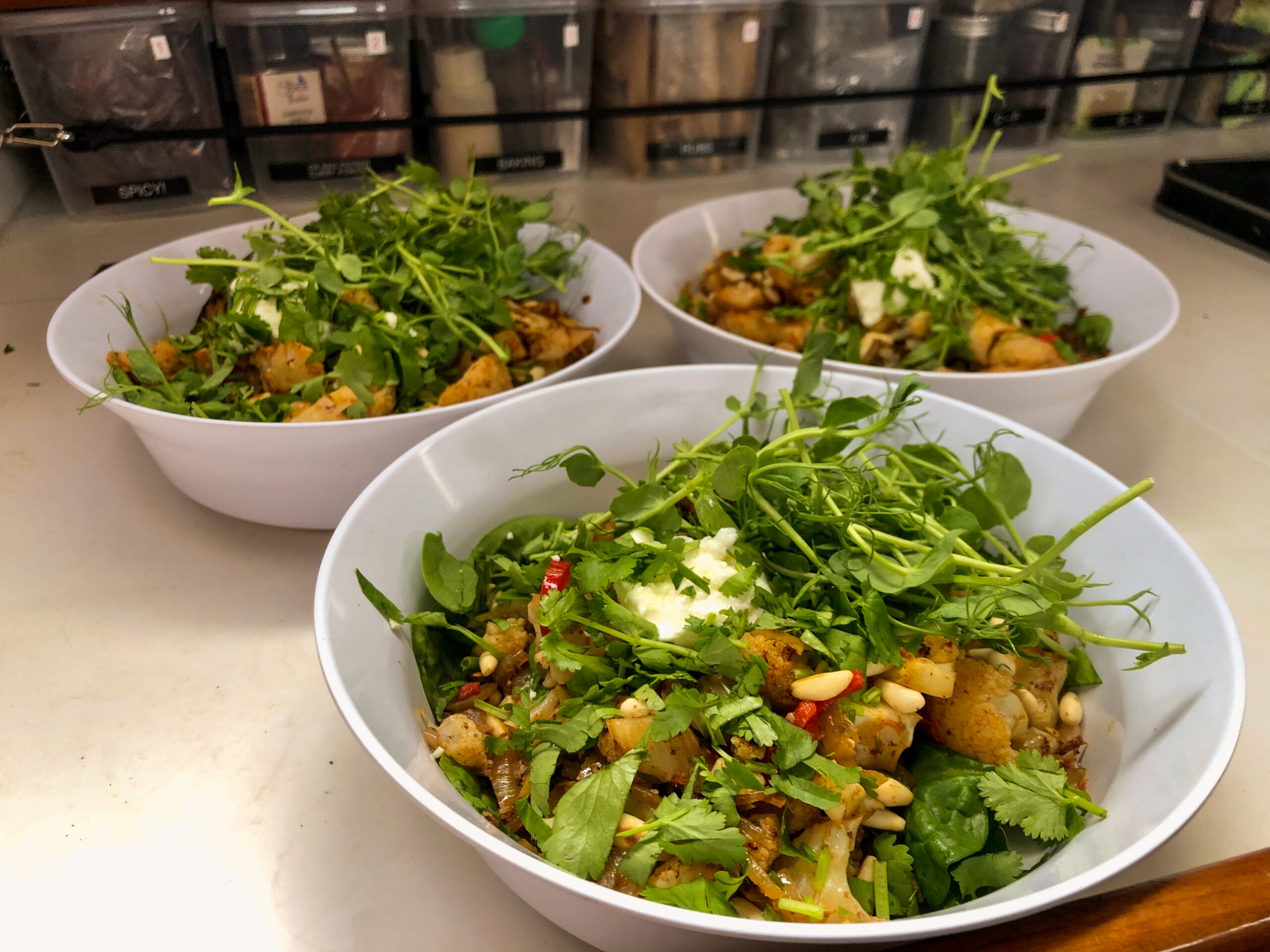
The rest of the sail, the wind was on the beam or just ahead of the beam, consitently over 20 knots with 3 to 4 meter very confused seas for the first day, which slowly moderated a little (though the wind did not) and became more regular. 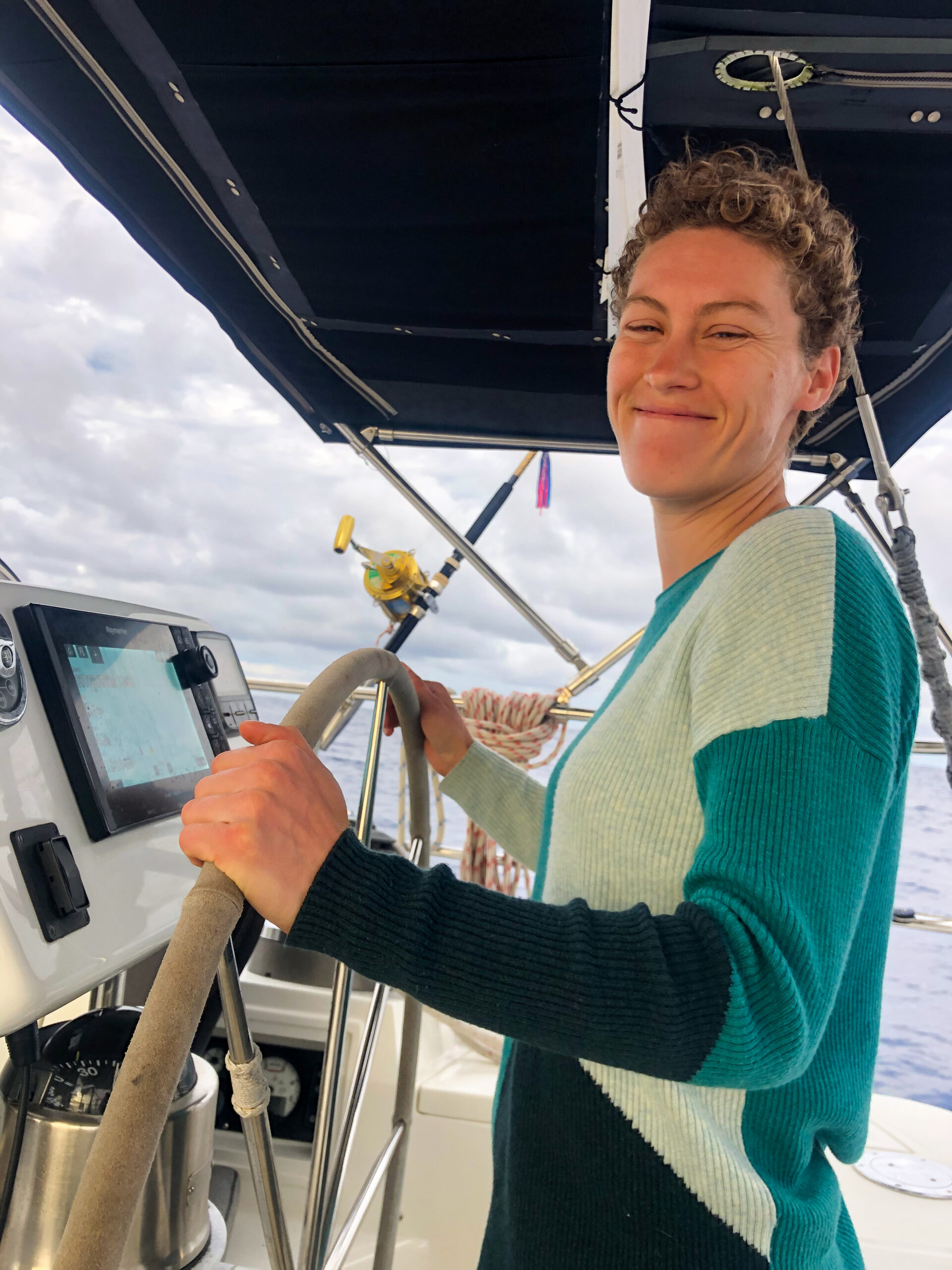
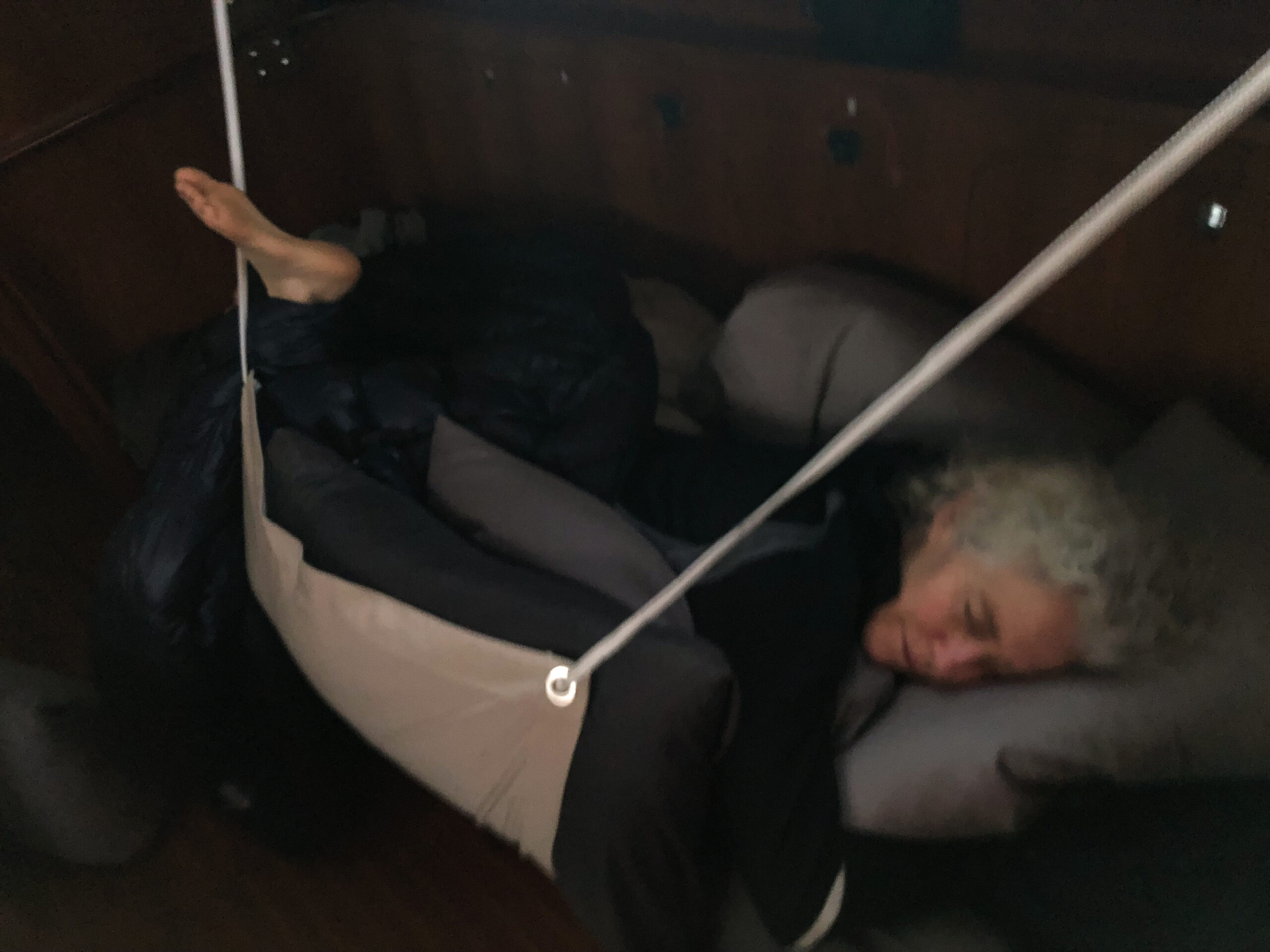
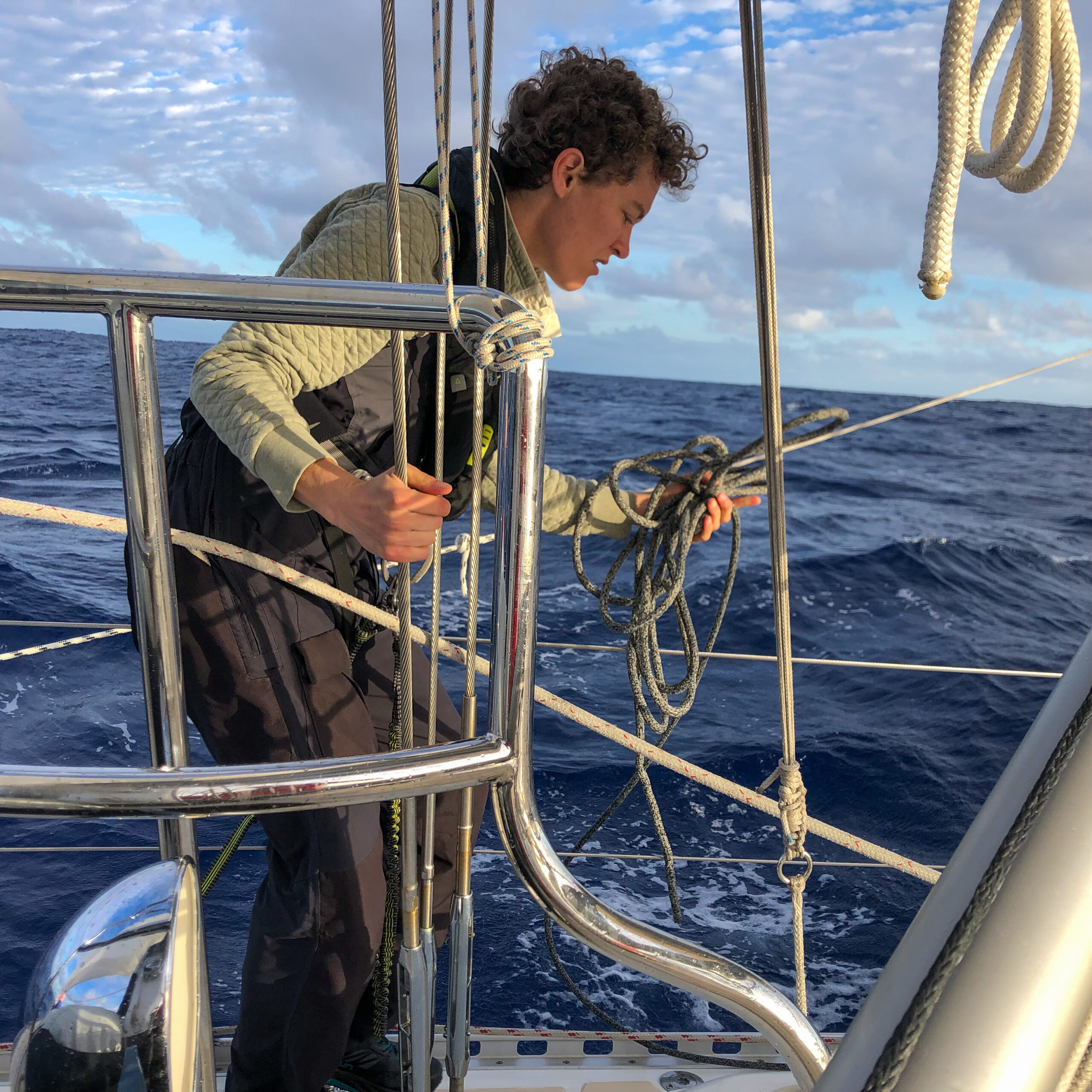
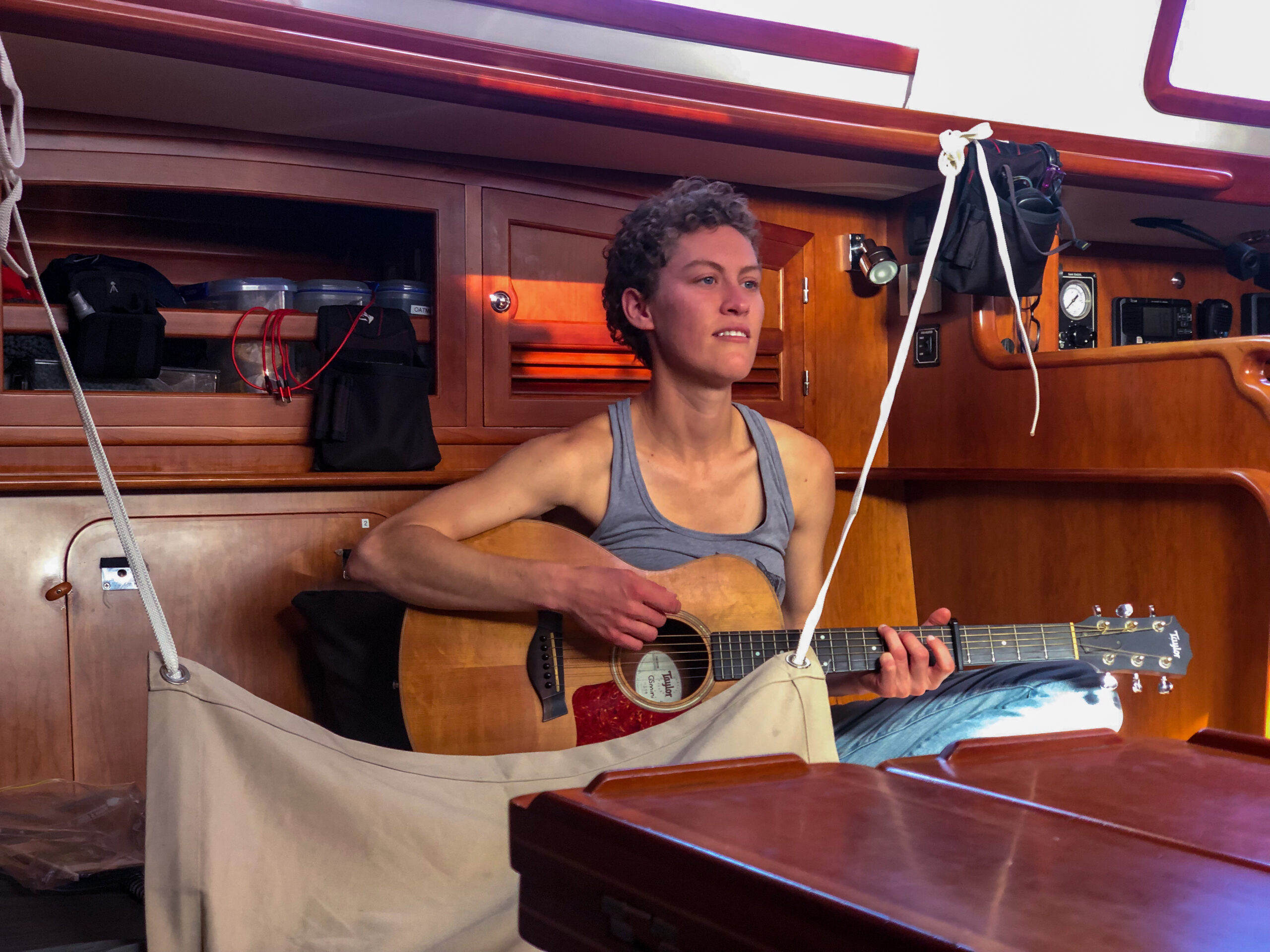
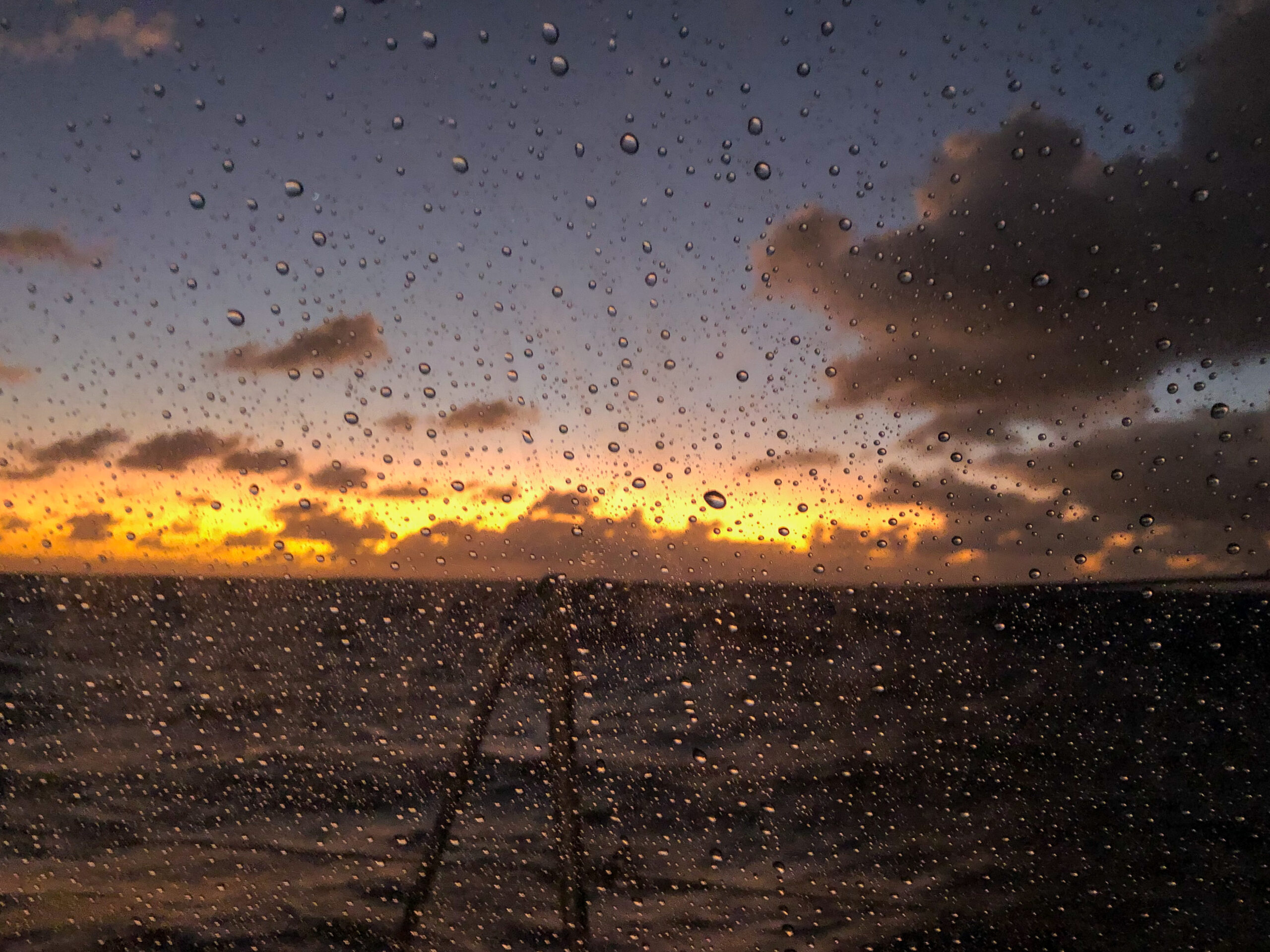
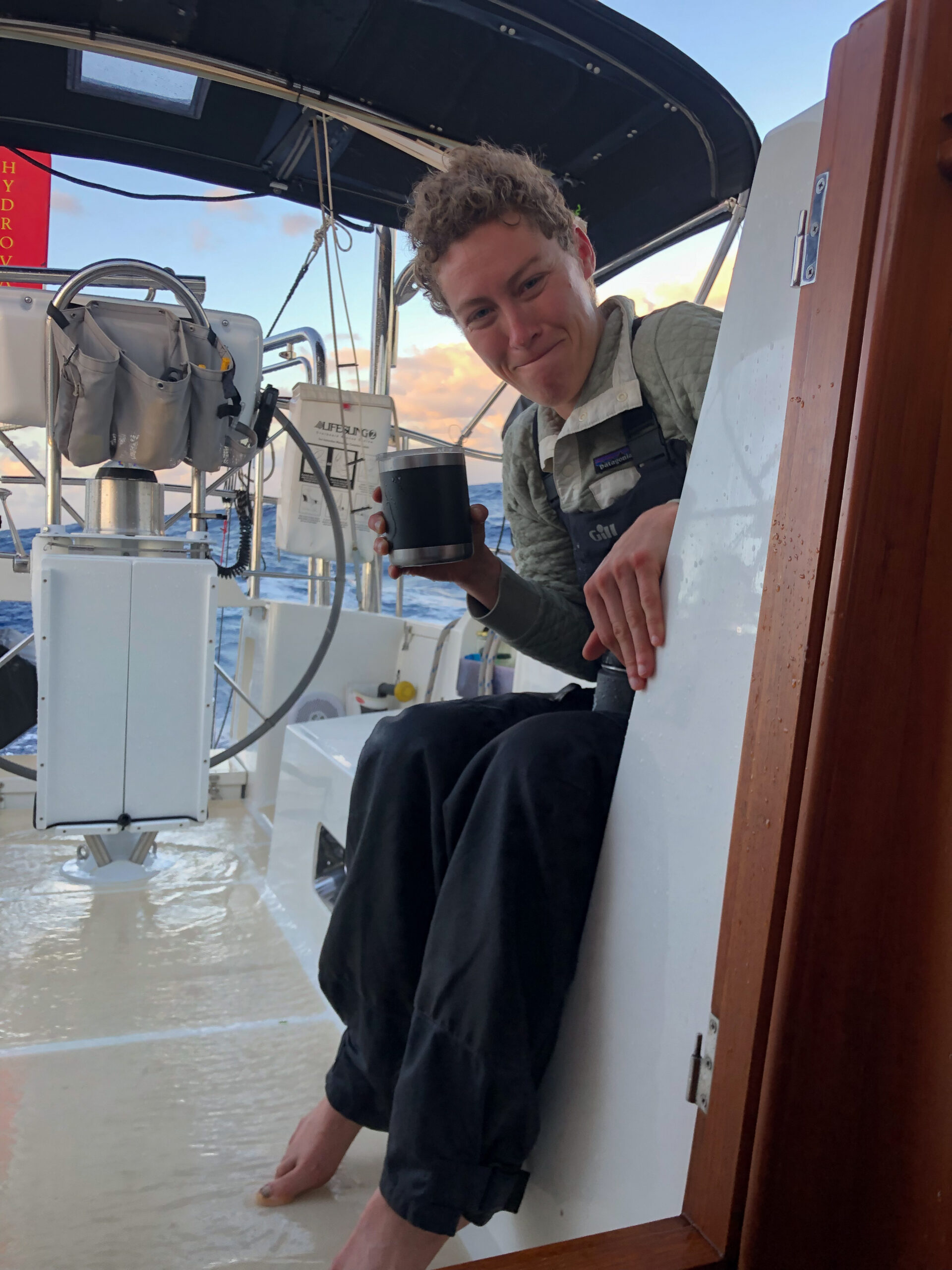
Maddi posted this note for Day 5:
“Poseidon has changed his mood, with boistrous seas catching us abeam and wind aplenty. With our course now set for Nadi, the Allora crew has spent the day either laying down or holding on tight. It’s incredible how tasks that were easy in the weekend calm have now become ludicrously challenging: making coffee, putting on pants… just want to take a pee in peace? Good luck! We keep thinking things are calming down, but perhaps it’s just our imaginations (and wishful thinking from unsettled tummies). Allora, for her part, seems to bounce joyfully over the boisterous seas, carrying us northward. The warm air, puffy trade wind clouds, and occasional flying fish among the leaping waves remind us that we’re back the tropics. We managed to brave the splashy cockpit for some music today, and only one of us took a full dousing! Heading into the night a salty crew, with gratitude for the wind and hopes for mellower seas tomorrow.”
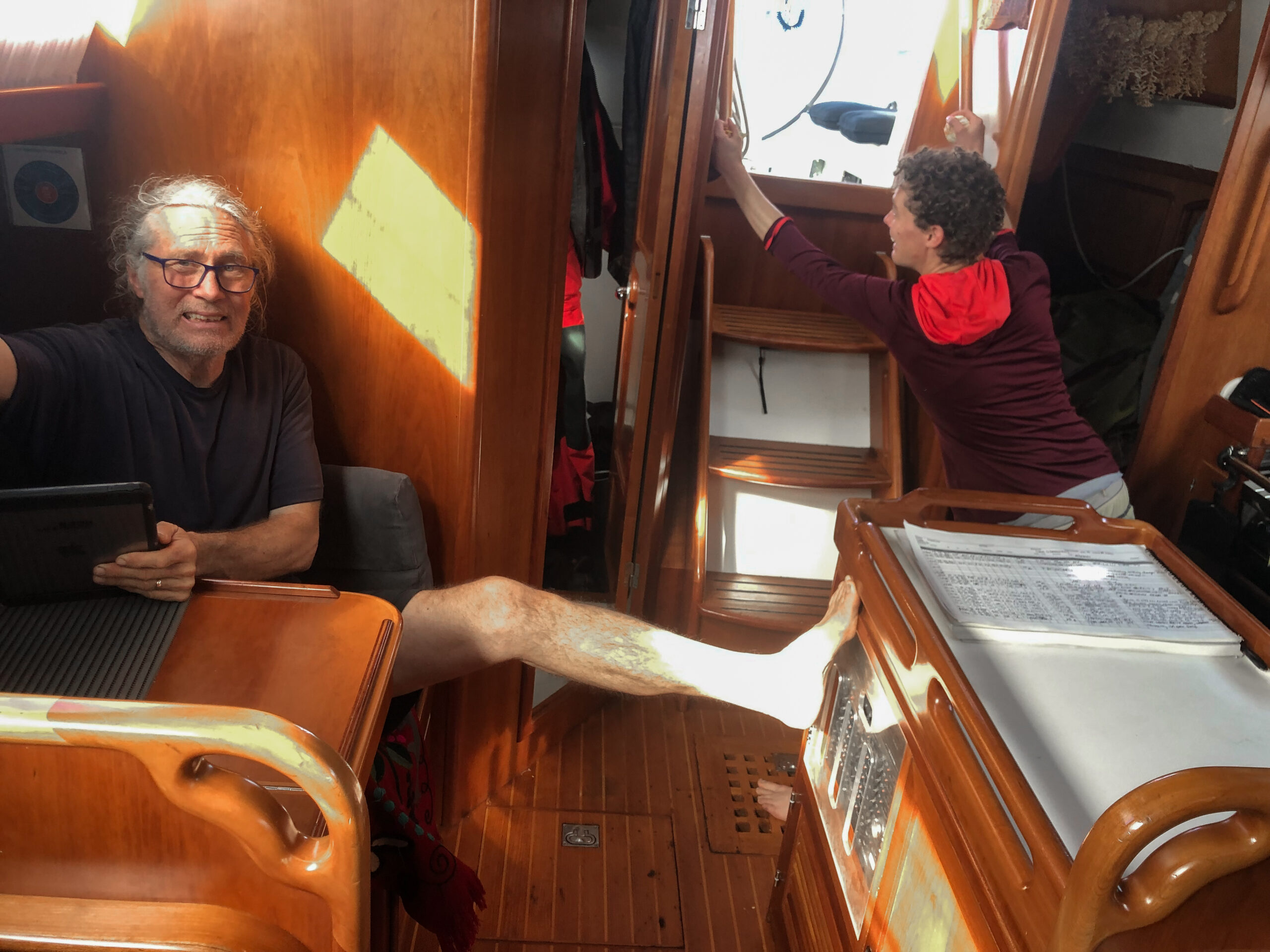
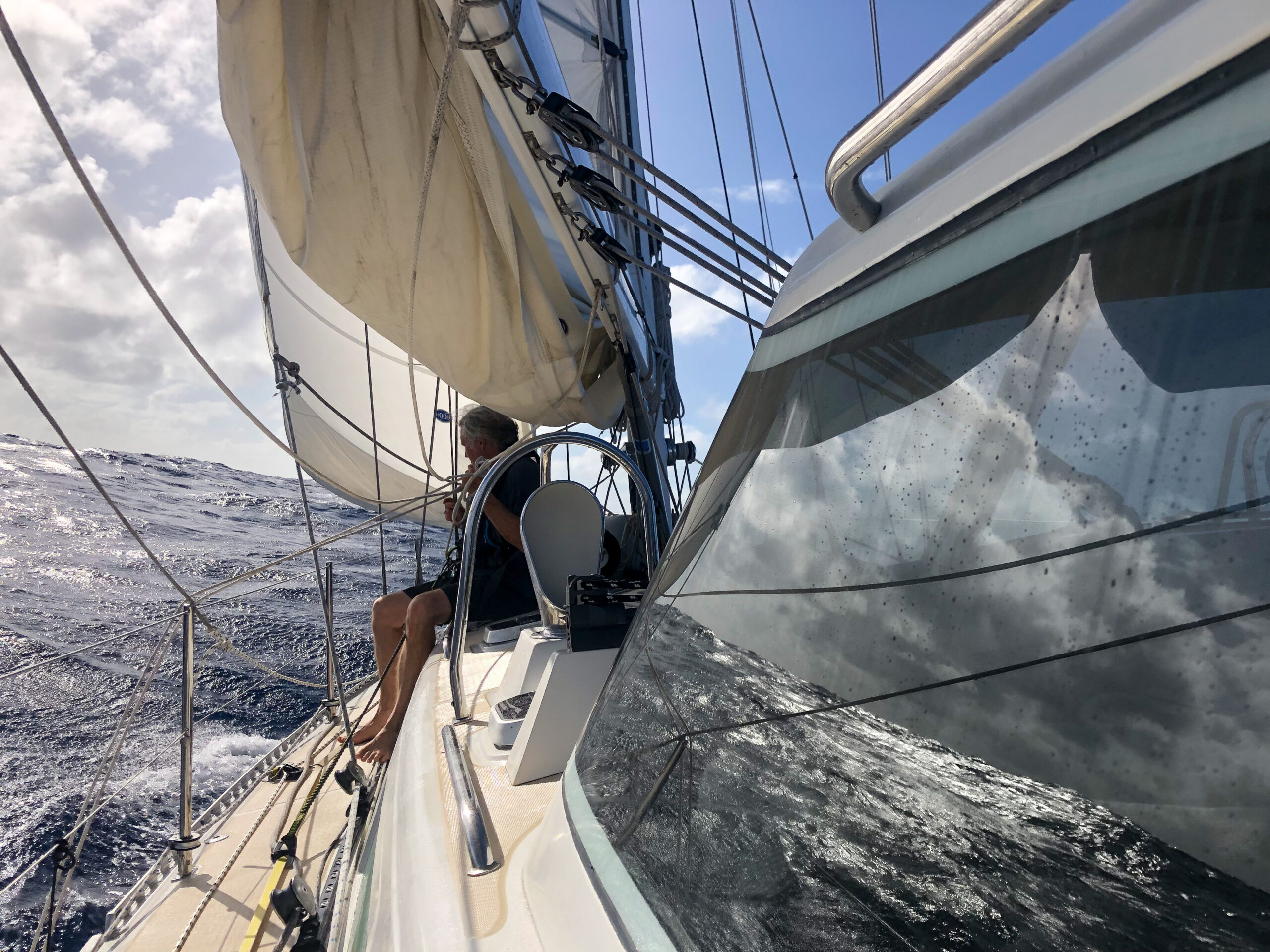
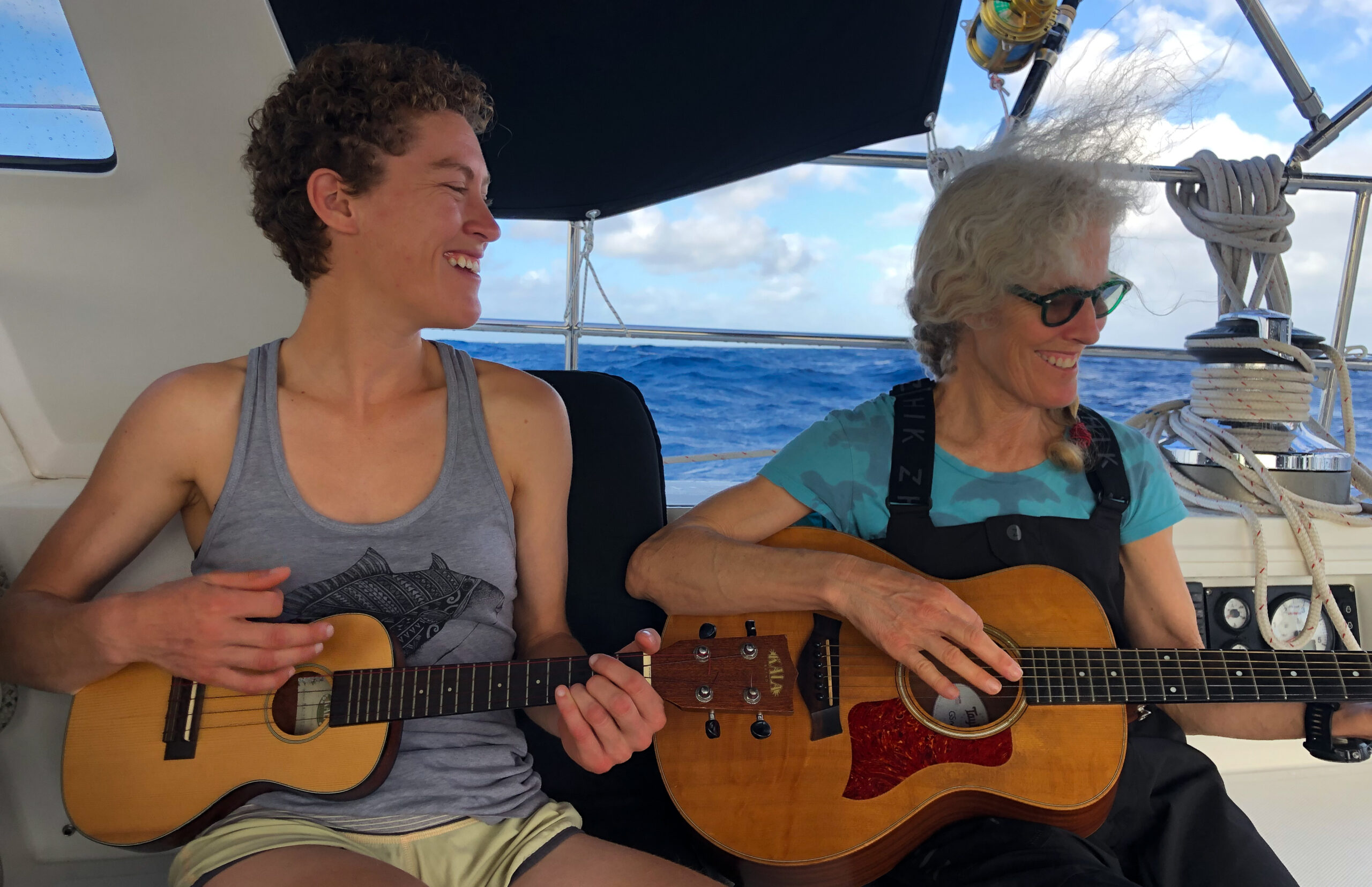
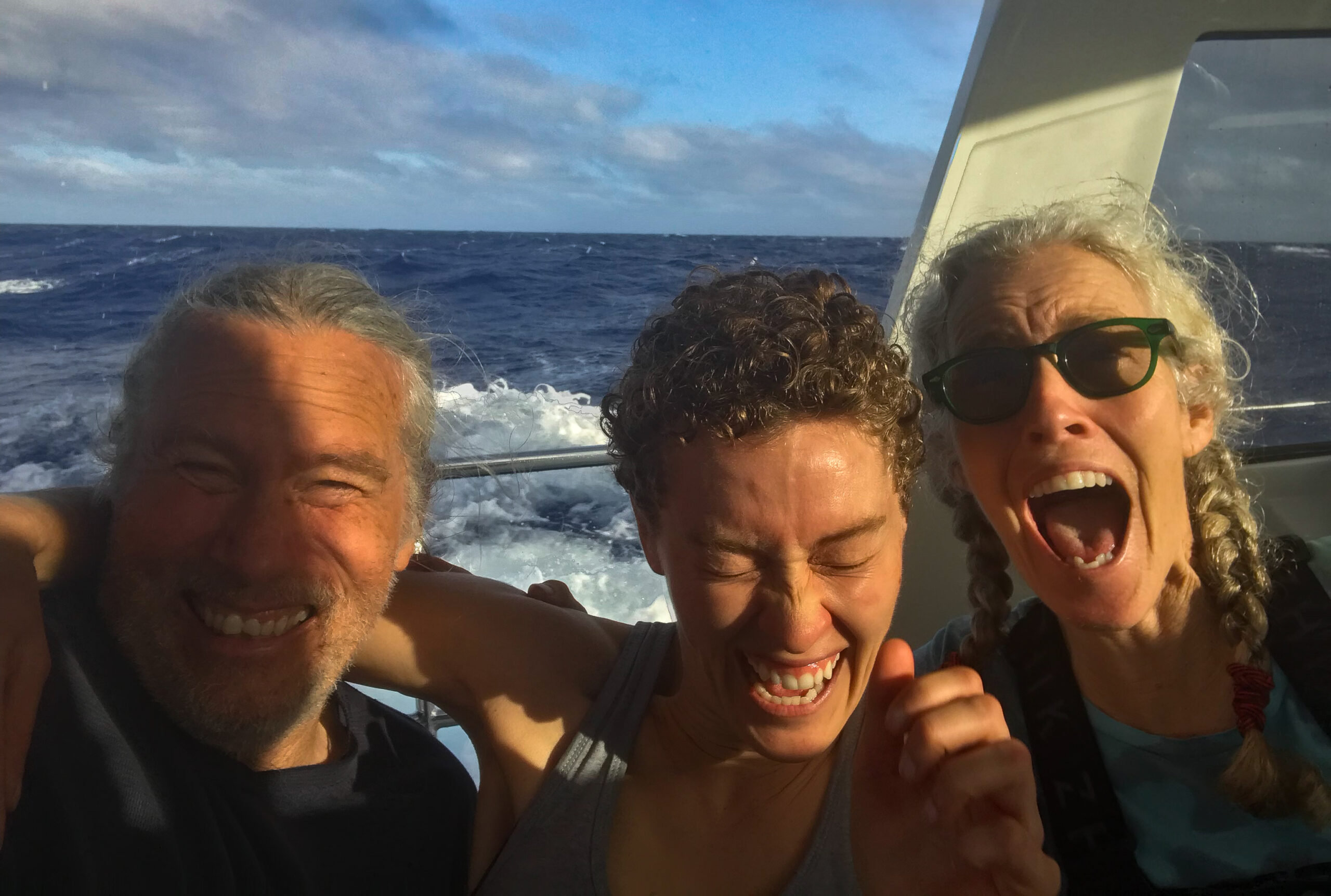
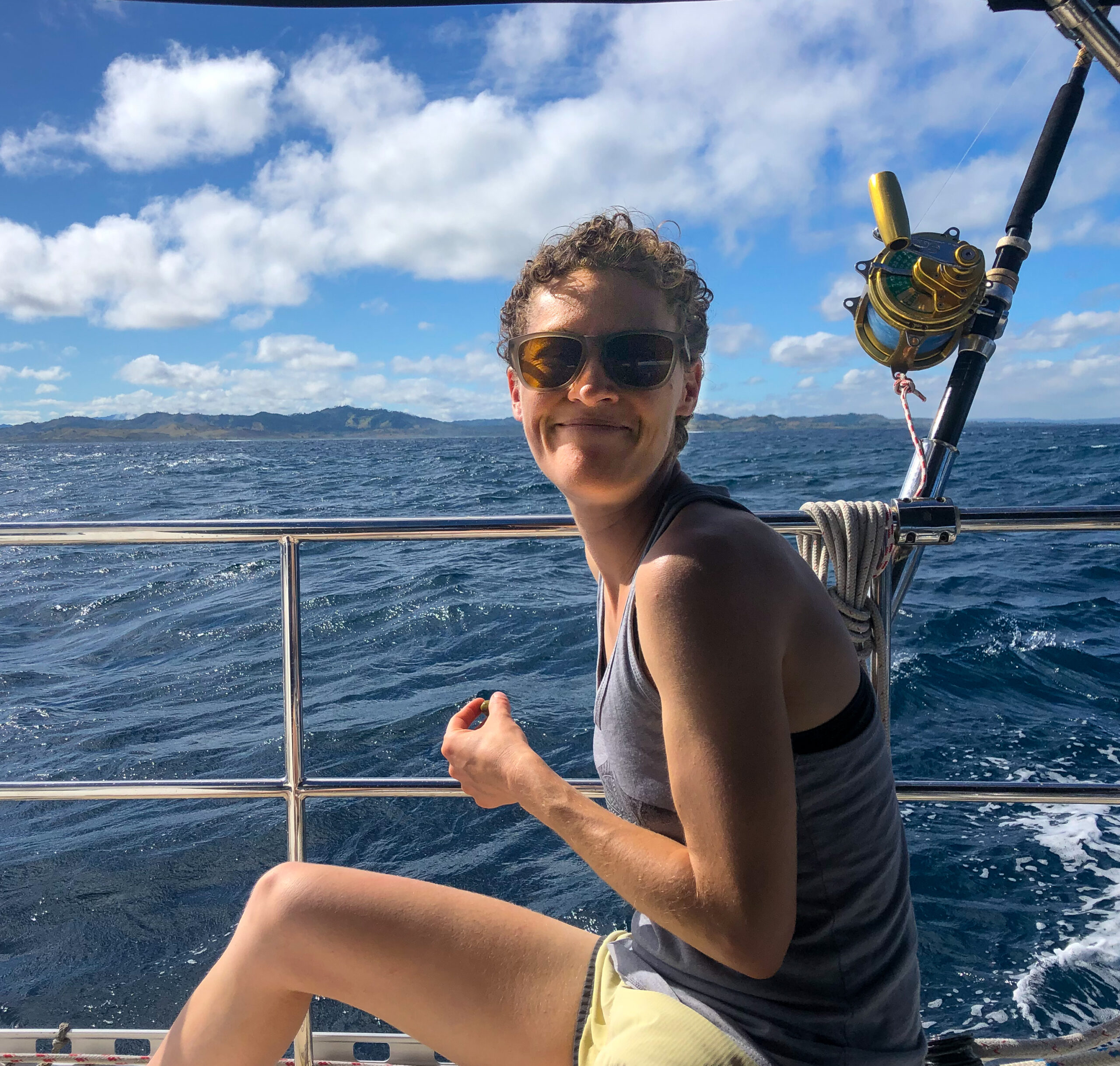
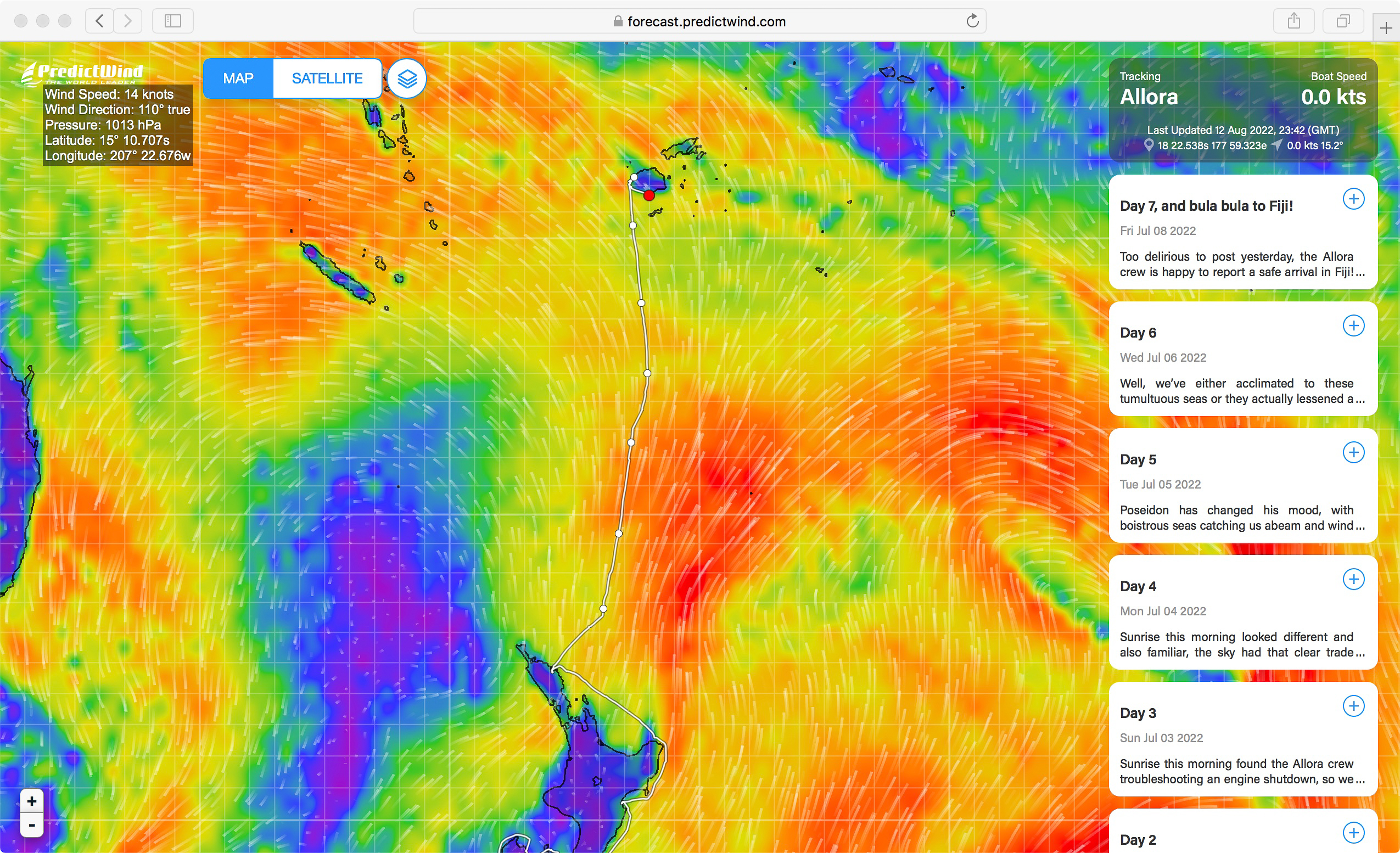
Though our speed through water was usually pretty stunning, it was all such a sloppy mess that our actual distance made good suffered. Still we logged a couple days over 170 miles, coming in at 7 days for the whole passage. After a rowdy, tumultuous, brisk and challenging ride, the calm water inside the lagoon felt surreal, the welcome song at the quarantine dock seriously touched our hearts and the Covid tests brought actual tears to our eyes!
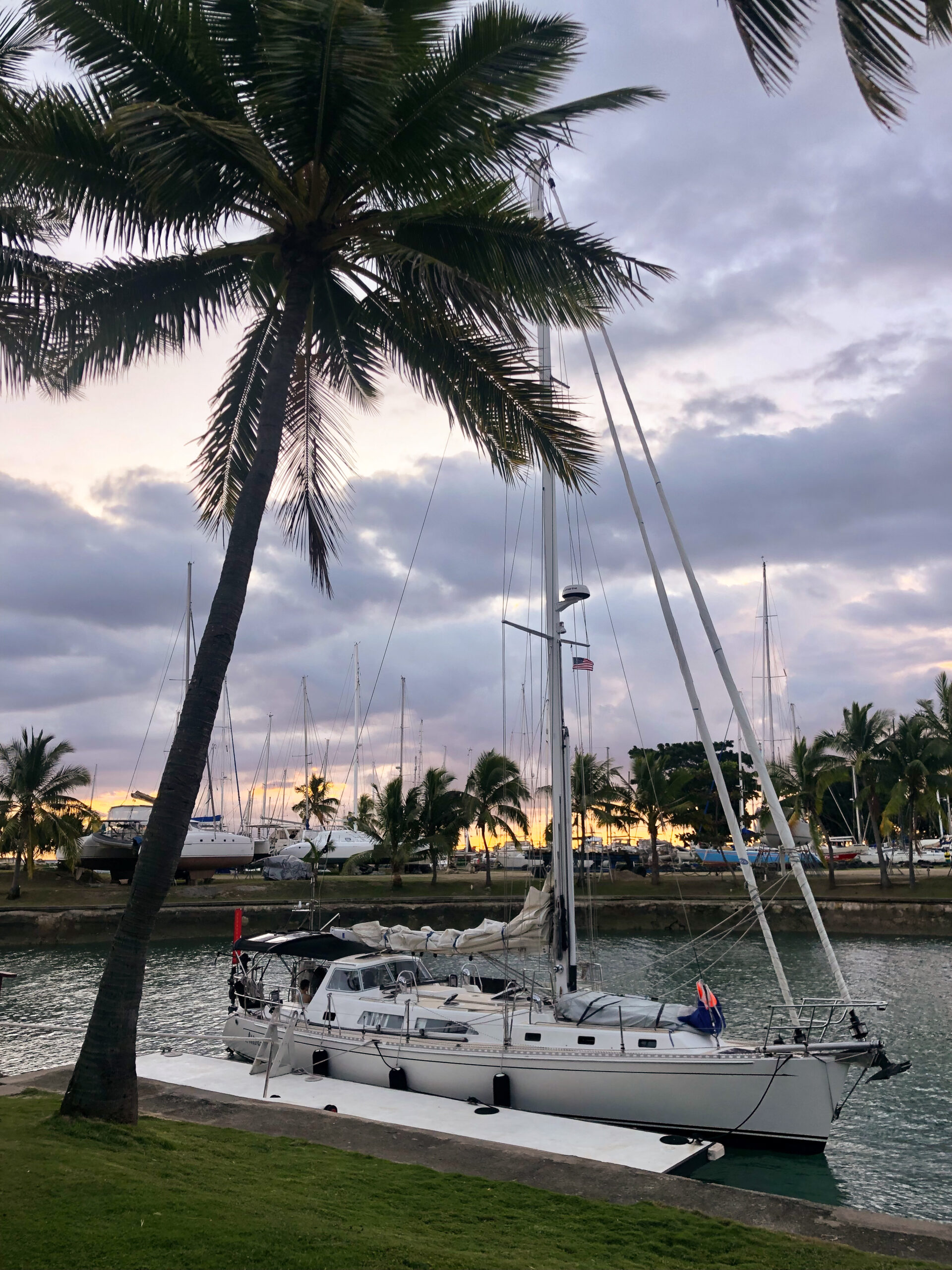
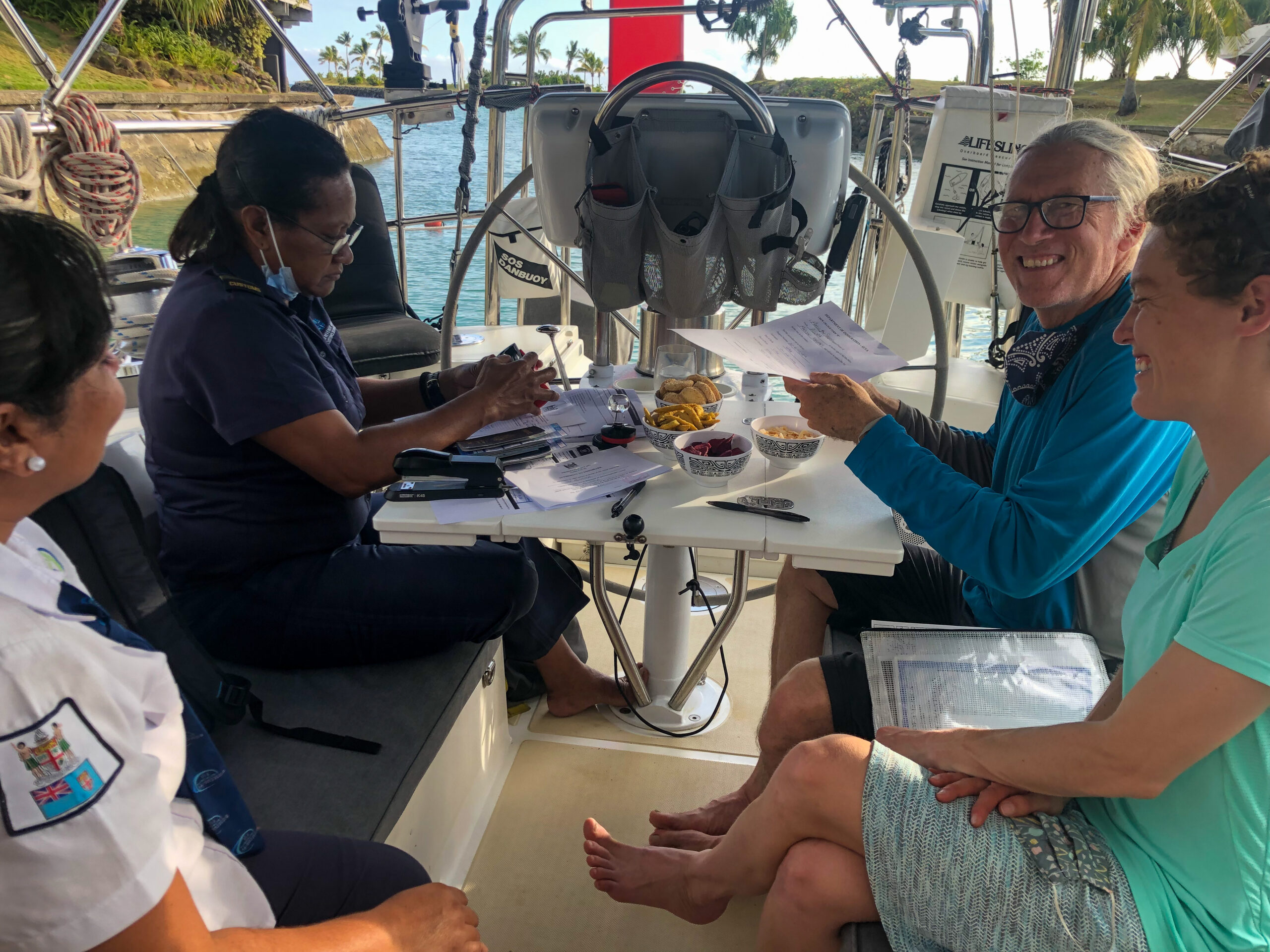
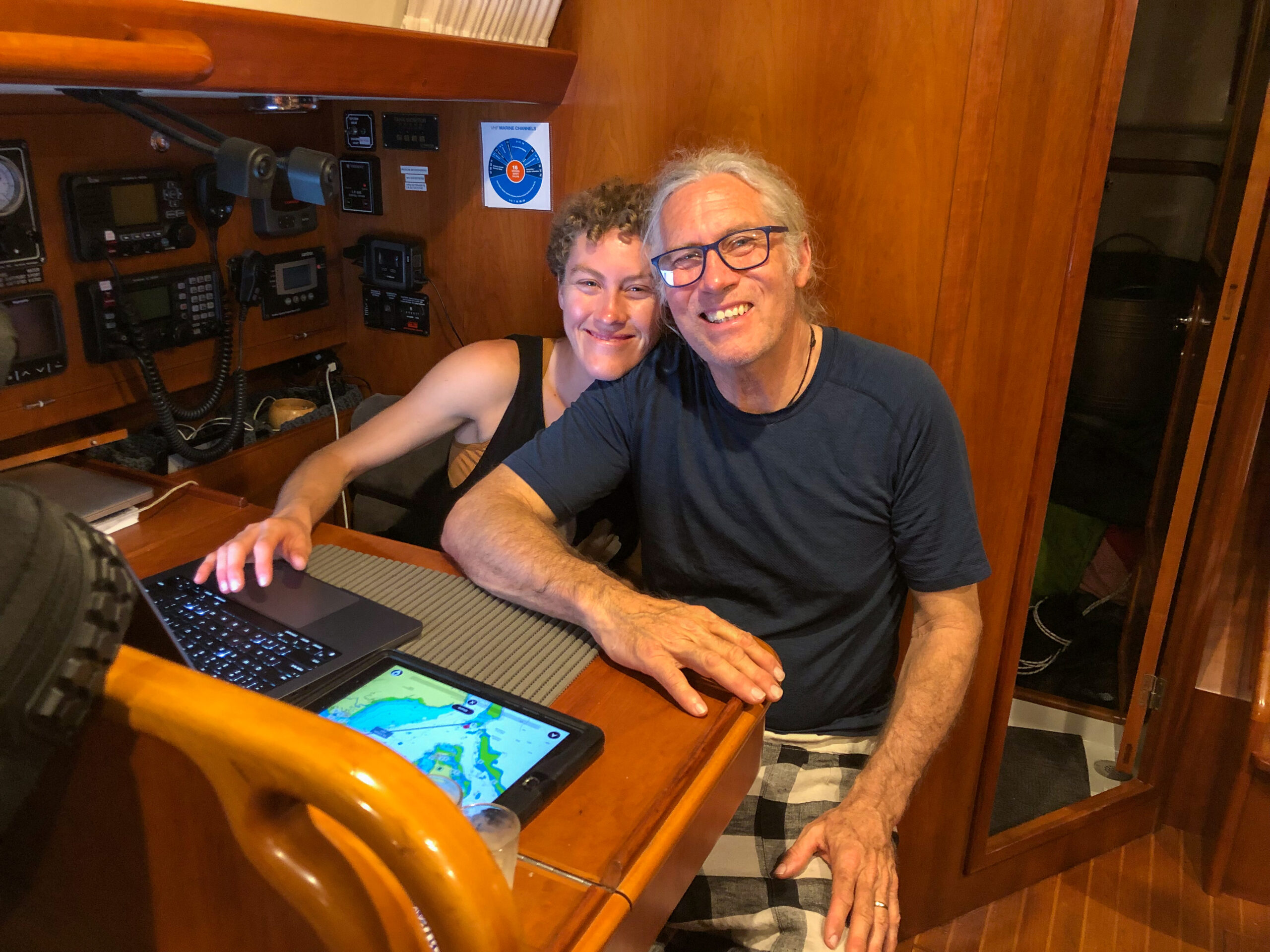
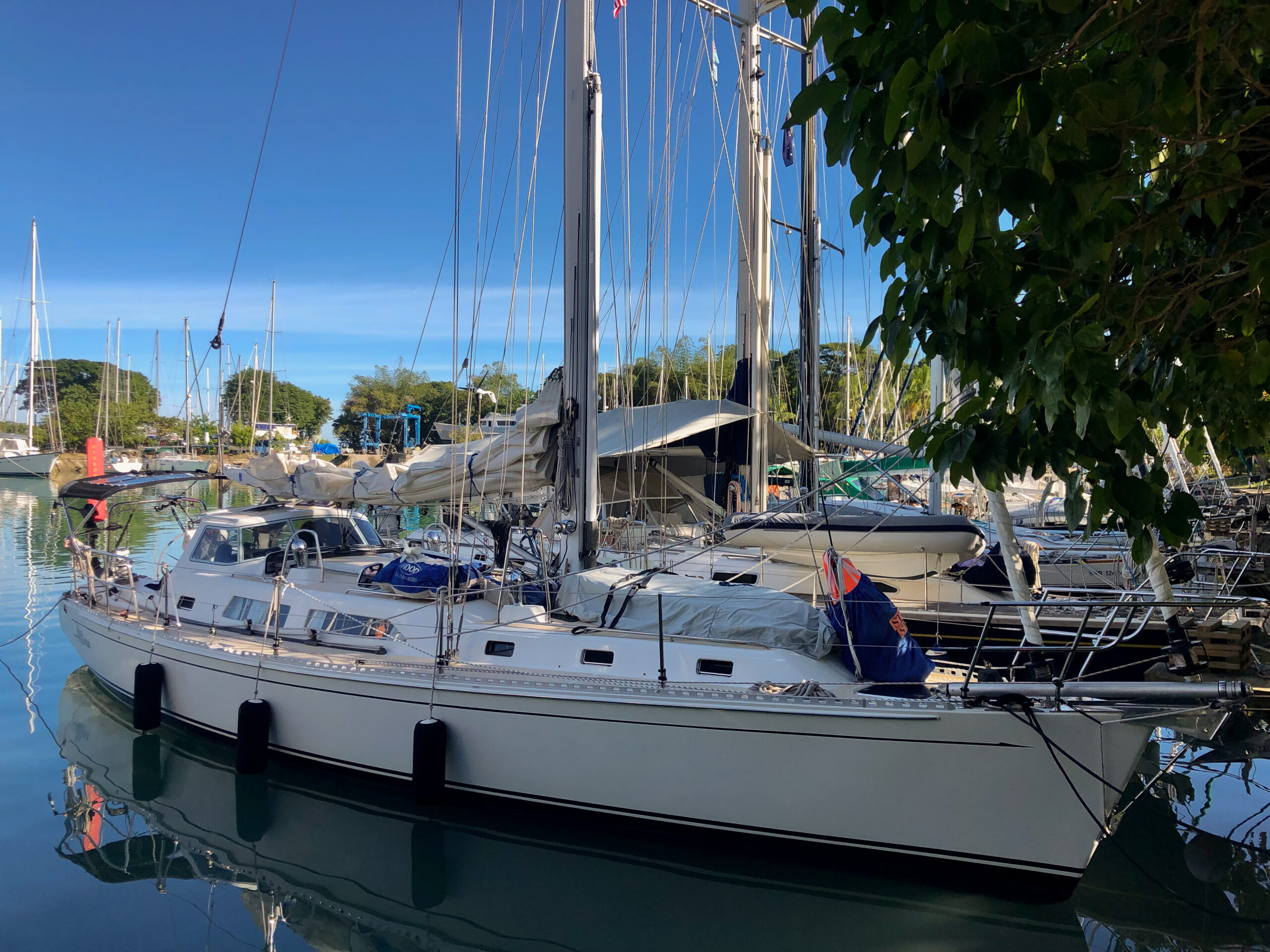
Maddi’s time in Fiji was already going to be pretty short, after waiting in Opua for weather, so we just couldn’t stand the idea of hanging out in the Marina, working engine or not, even though that would obviously be the prudent choice. We hadn’t seen the blown bearing yet, so blissfully ignorant, we decided that we would sail out to the reef for a couple of nights. We picked a spot that looked like we could sail onto anchor, and off, if we had to. Namo (our dinghy) was also standing by to push us along if all else failed. The wind cooperated (which is lucky because the engine quit again just after we got out of the marina and got our sail up), and though we didn’t have to sail onto anchor, we did have to manually drop it since the rough seas of passage had managed to drown a supposedly waterproof fuse box on the windlass.

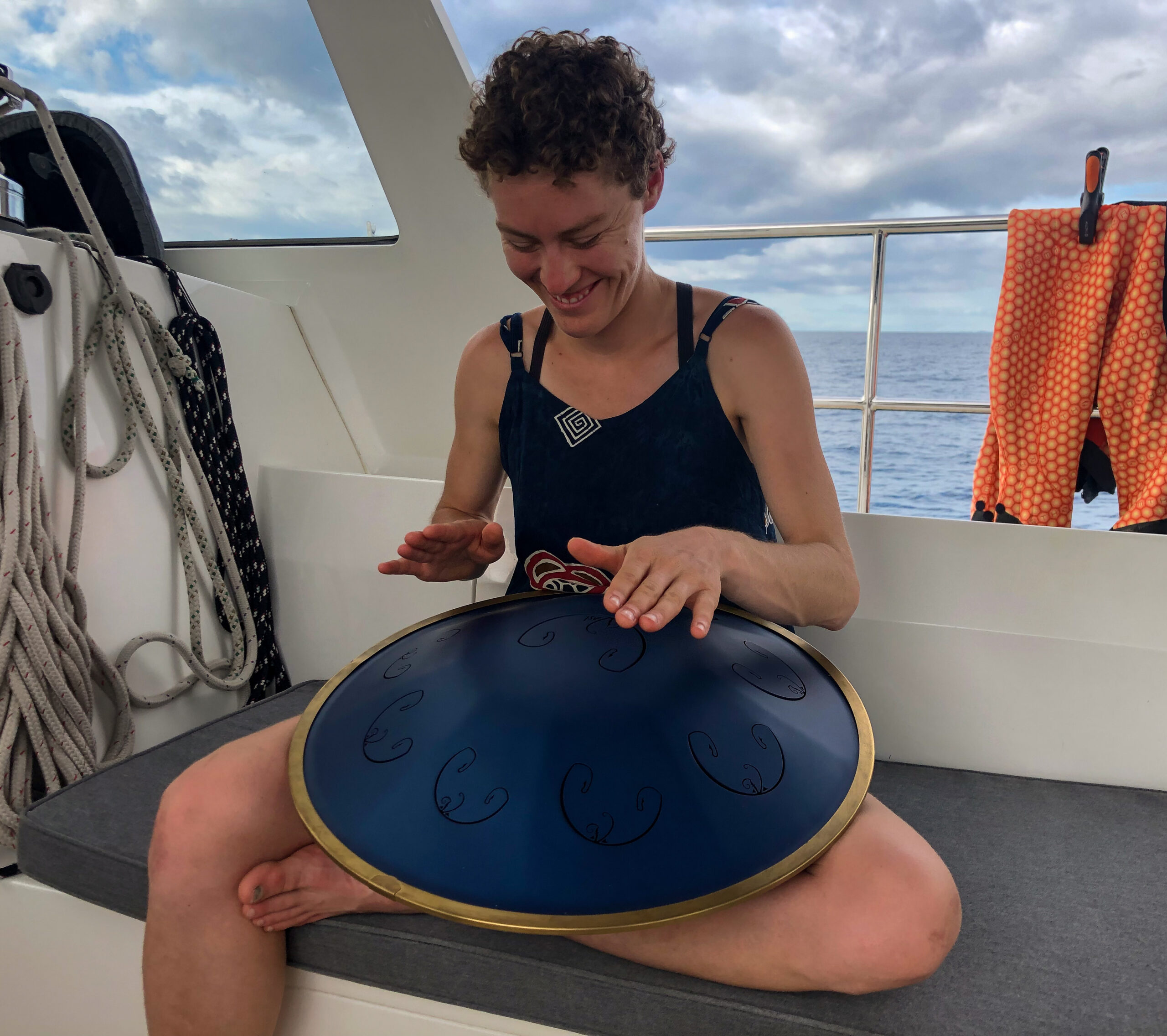
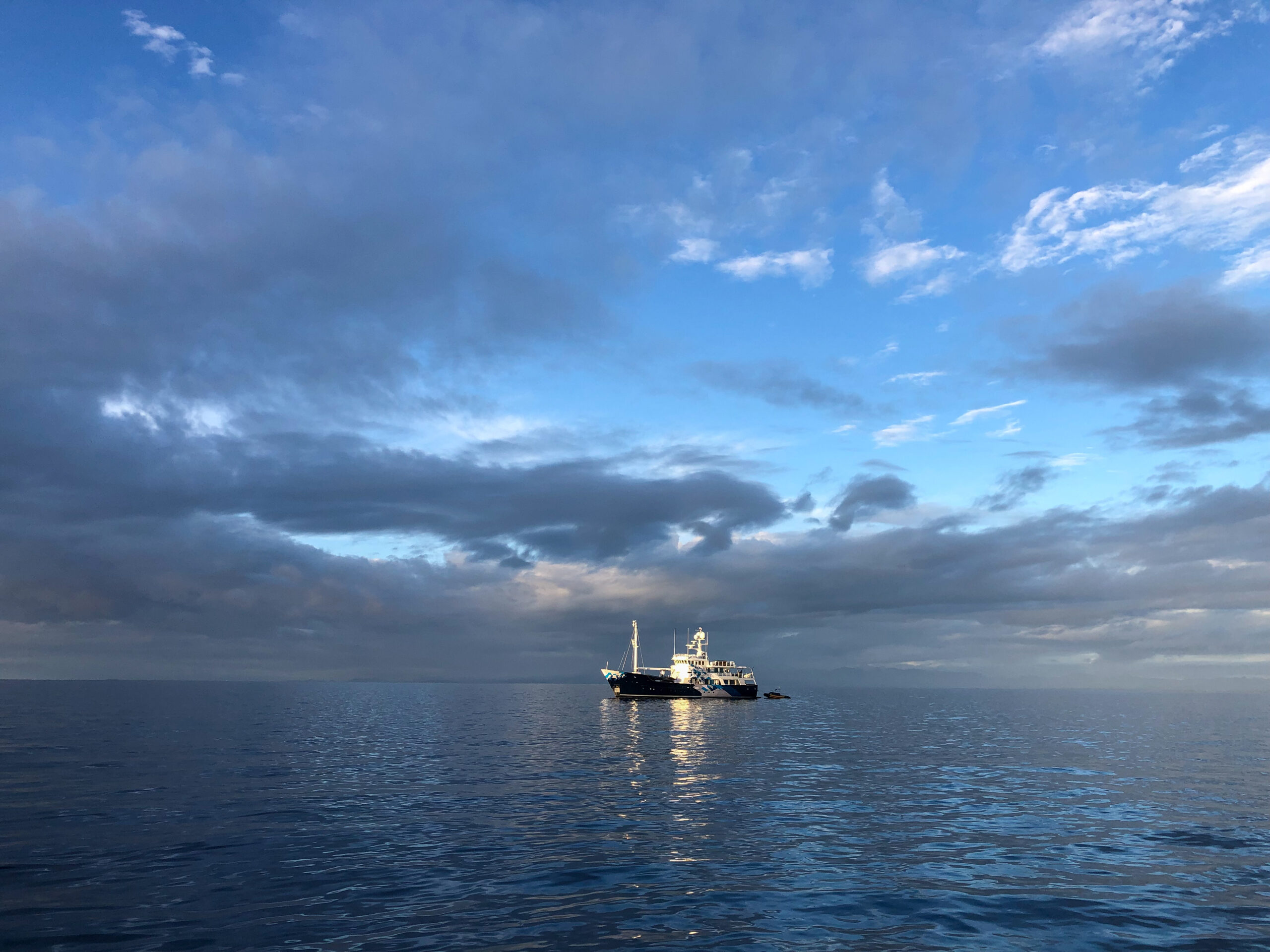
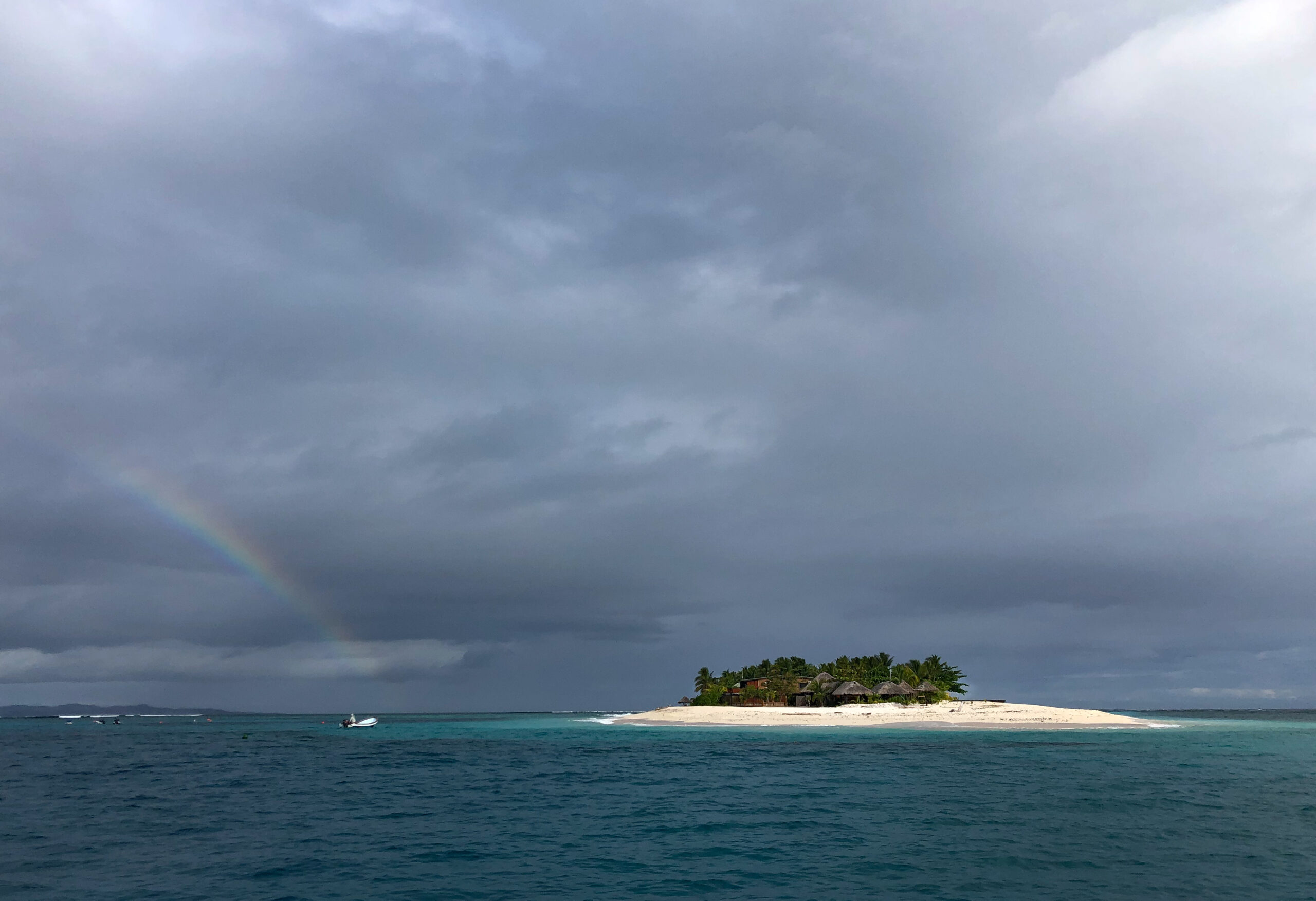
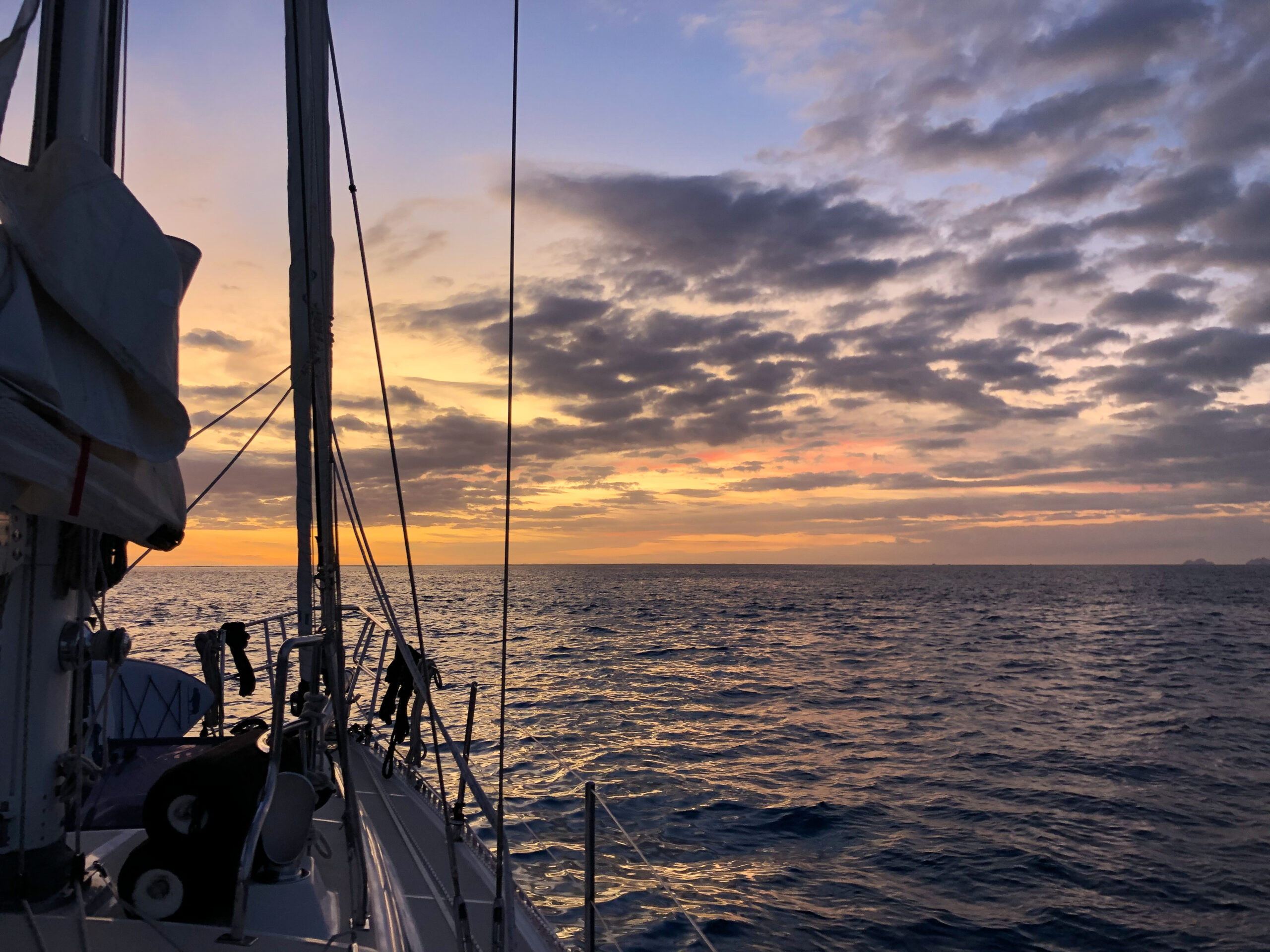
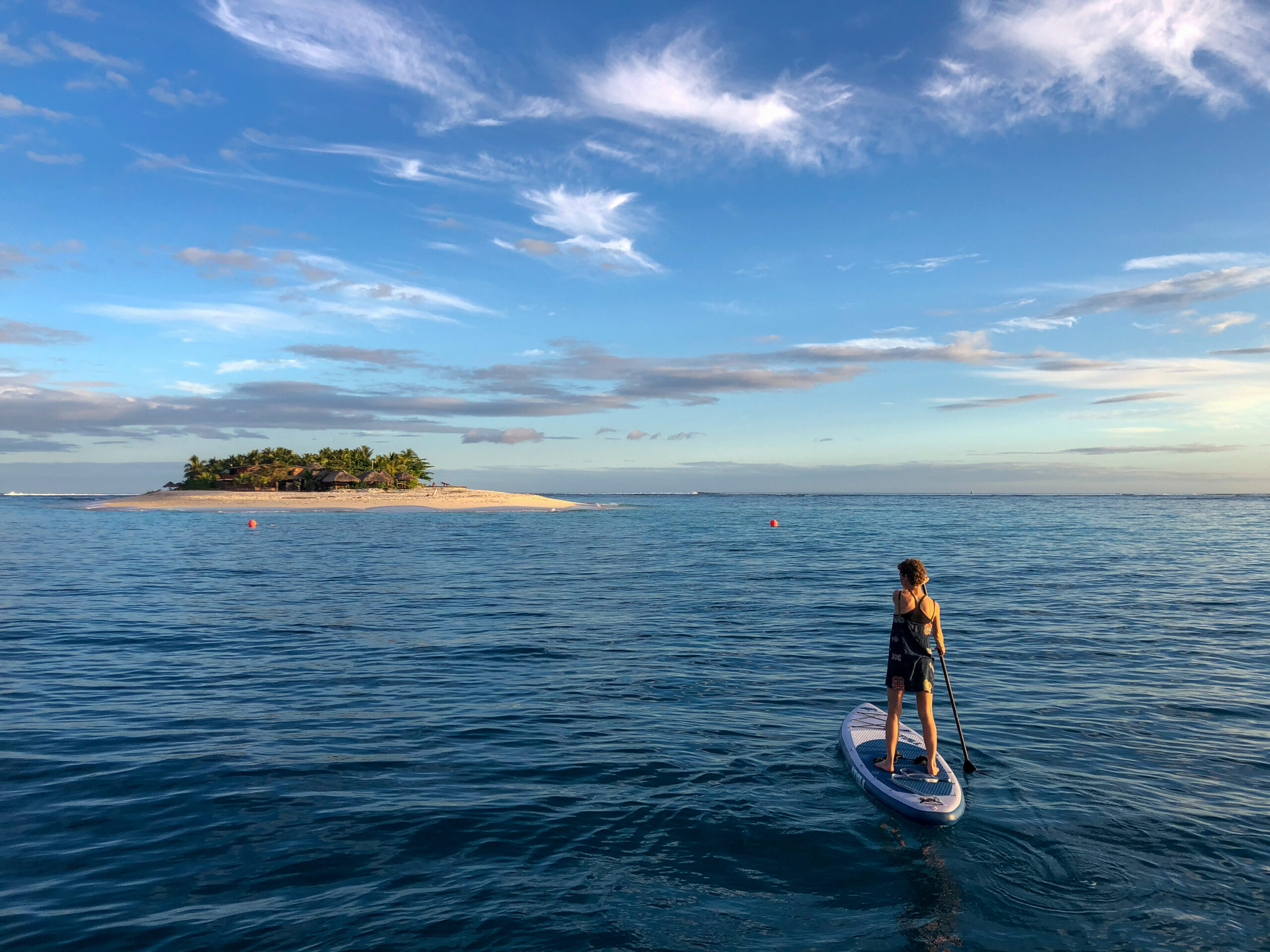
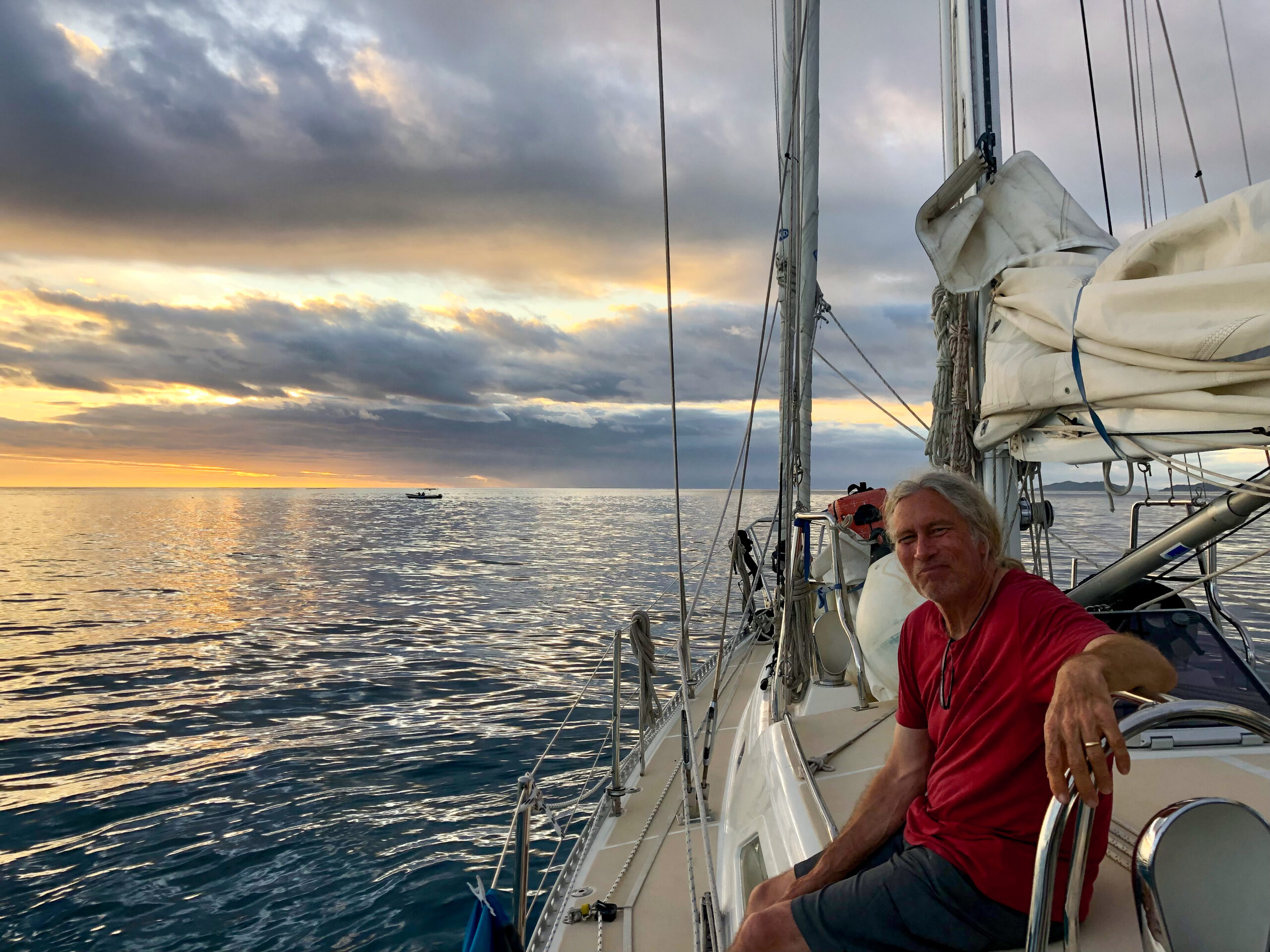
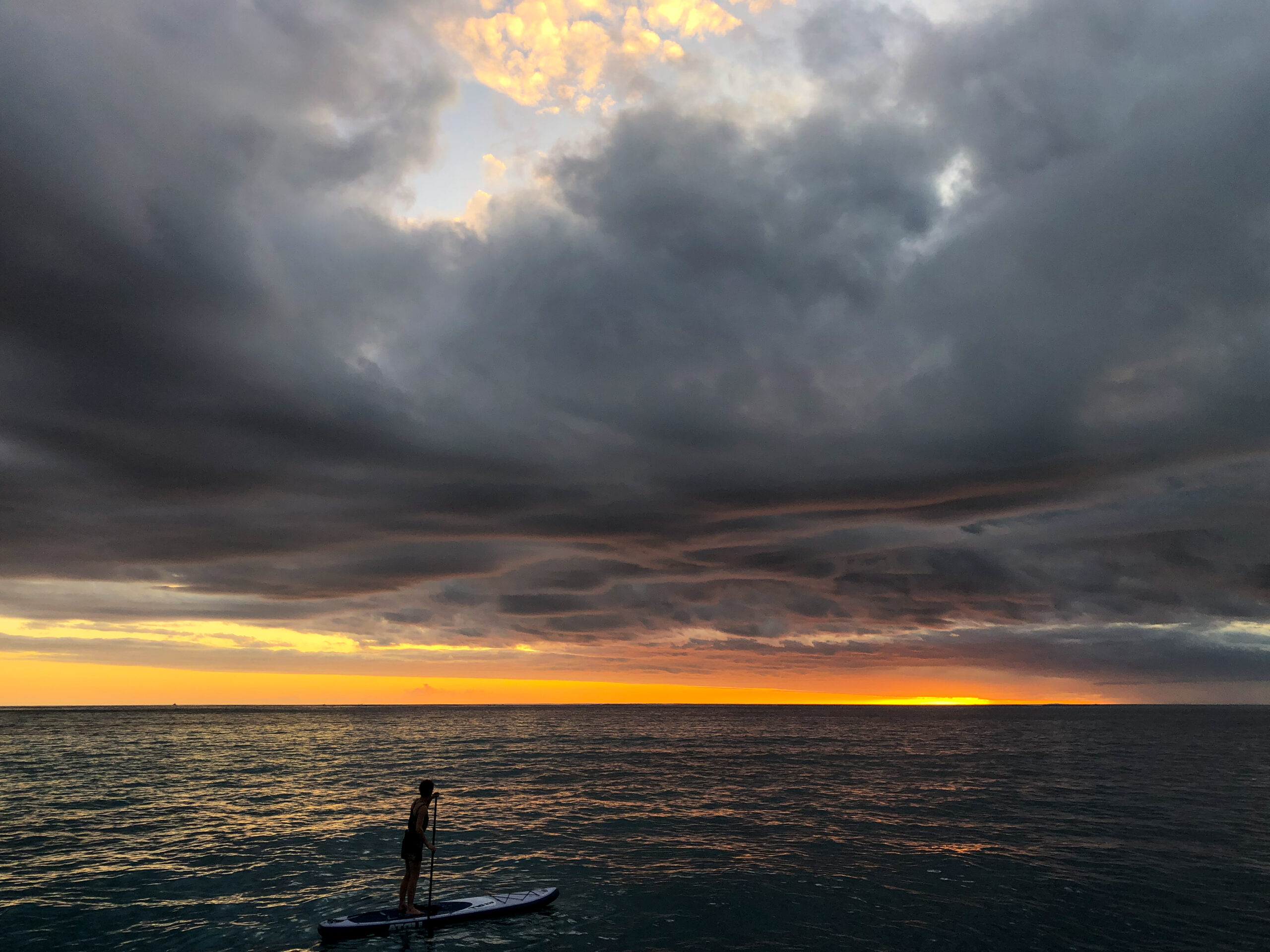
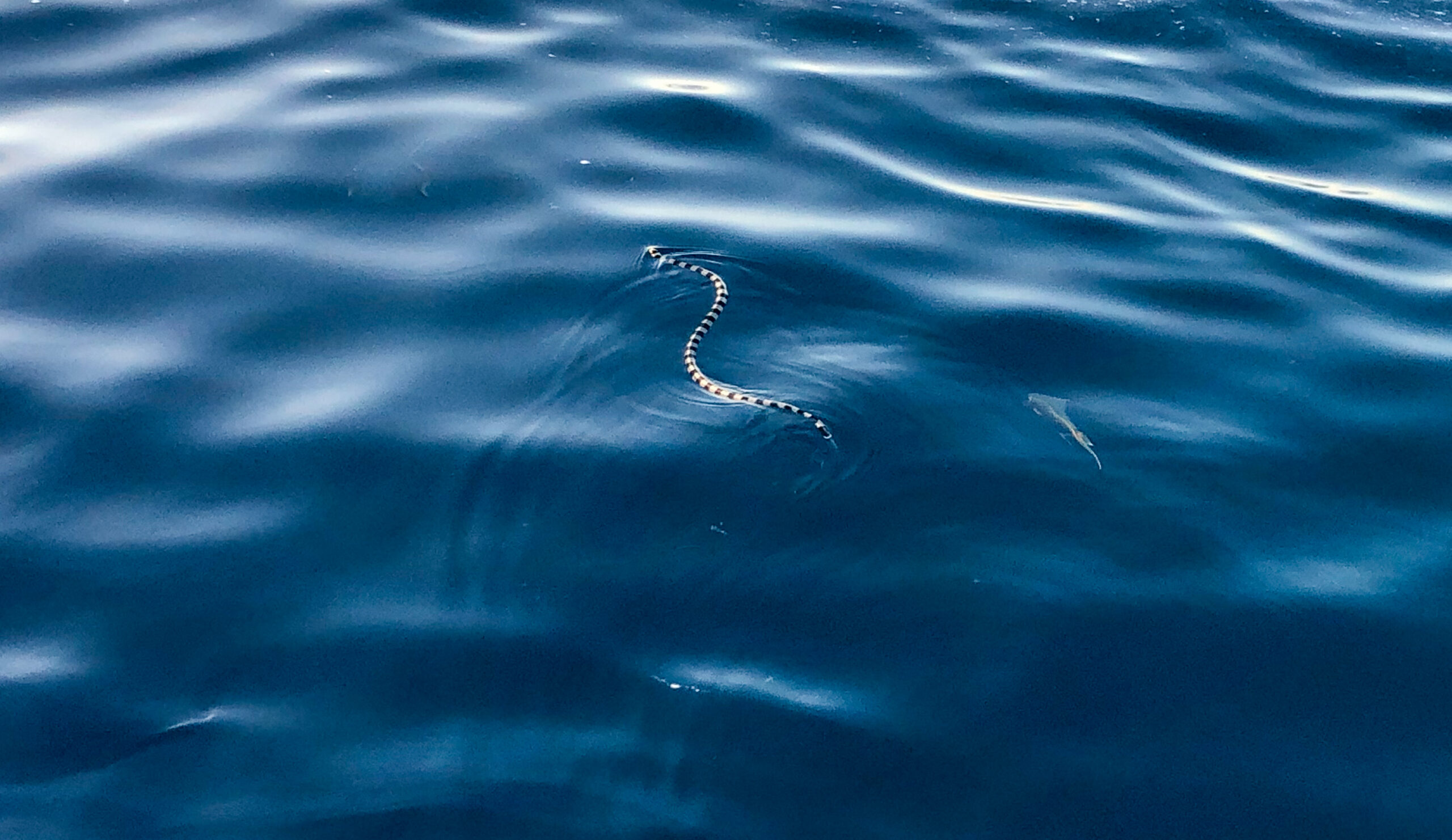
The night before we had to take Maddi back for her flight, I woke up feeling pretty sick. Diana was feeling a bit off, too. She thought it was the rolly anchorage, I thought it might be bad food. By morning I was slammed. So Diana and Maddi brought Allora back without my help.
Unfortunately, there wasn’t a scrap of wind, so they motored the whole way, with Diana in deep psychic communication with the Yanmar 4JH80, to keep it together until she could get all the way in the narrow marina entrance and tied up to the circular quay at Vuda. I watched from below – first the palms of the channel drifting by and then our neighbors’ masts as she wedged Allora into her spot, bumper to bumper with boats on either side. Flawlessly executed. We realize we really need to trade jobs now and then, just to practice for occasions like this. ~MS
